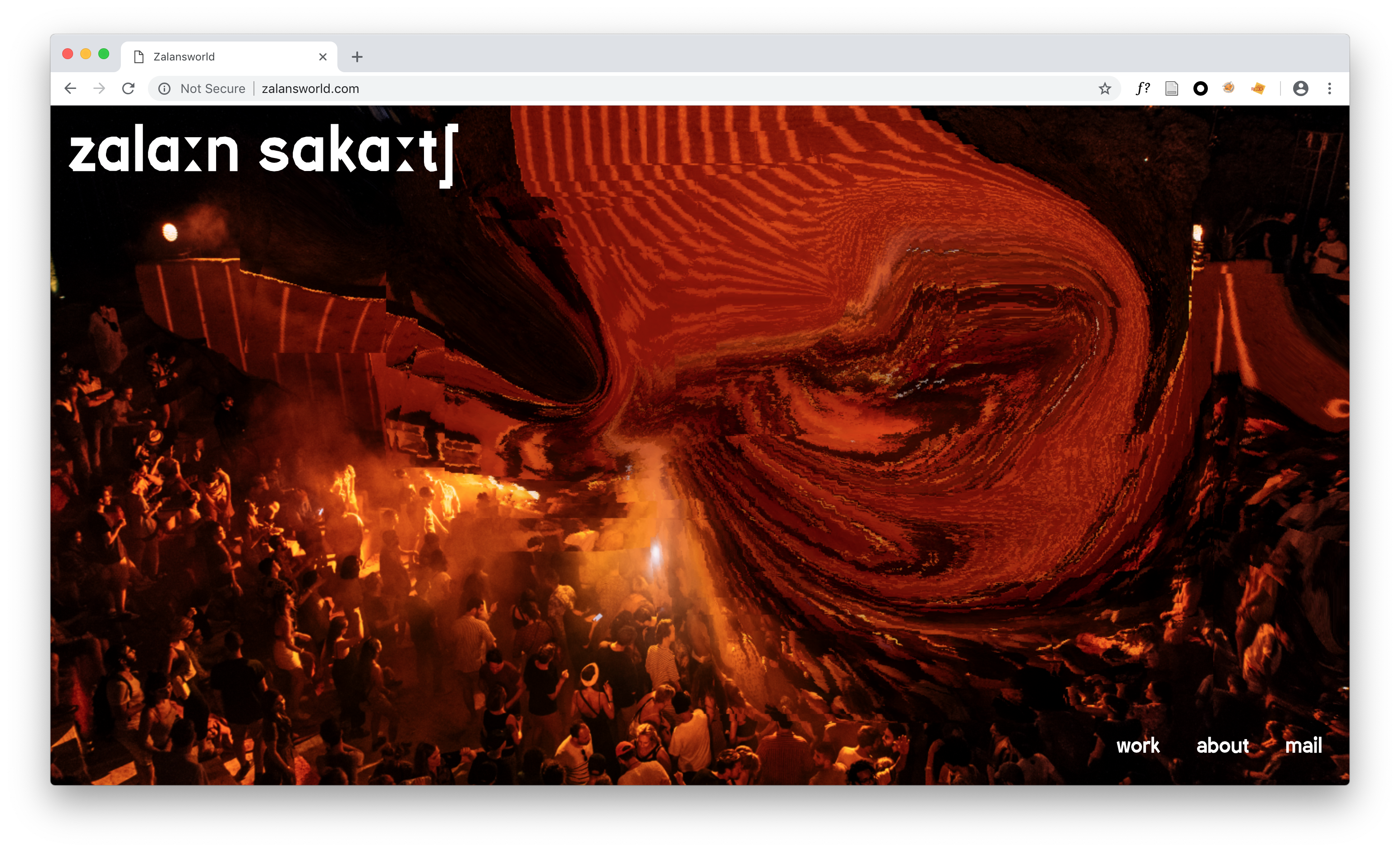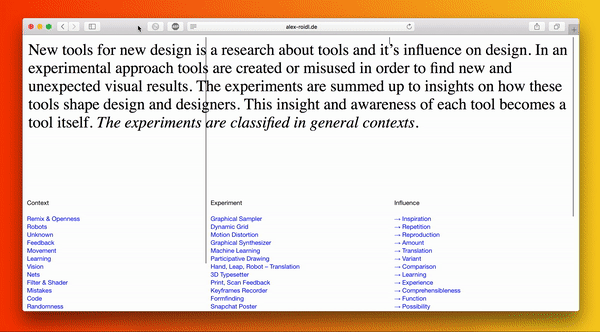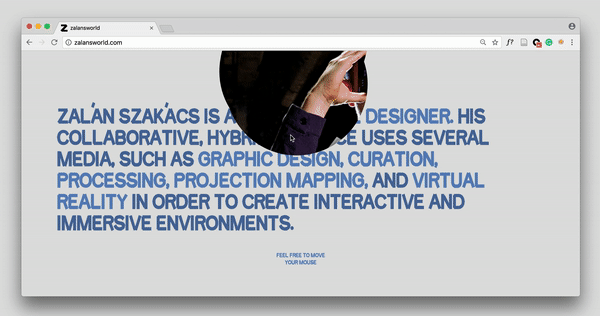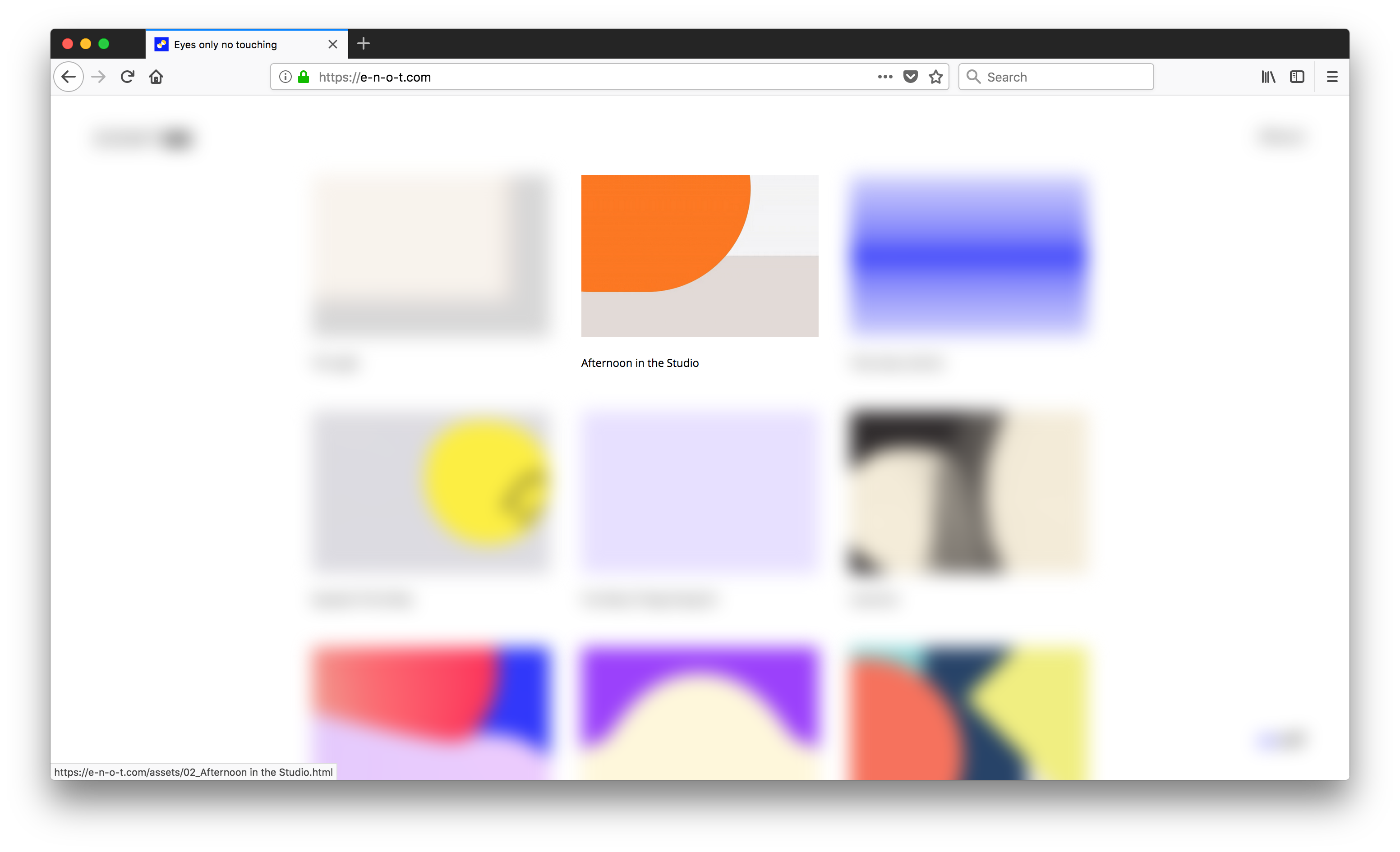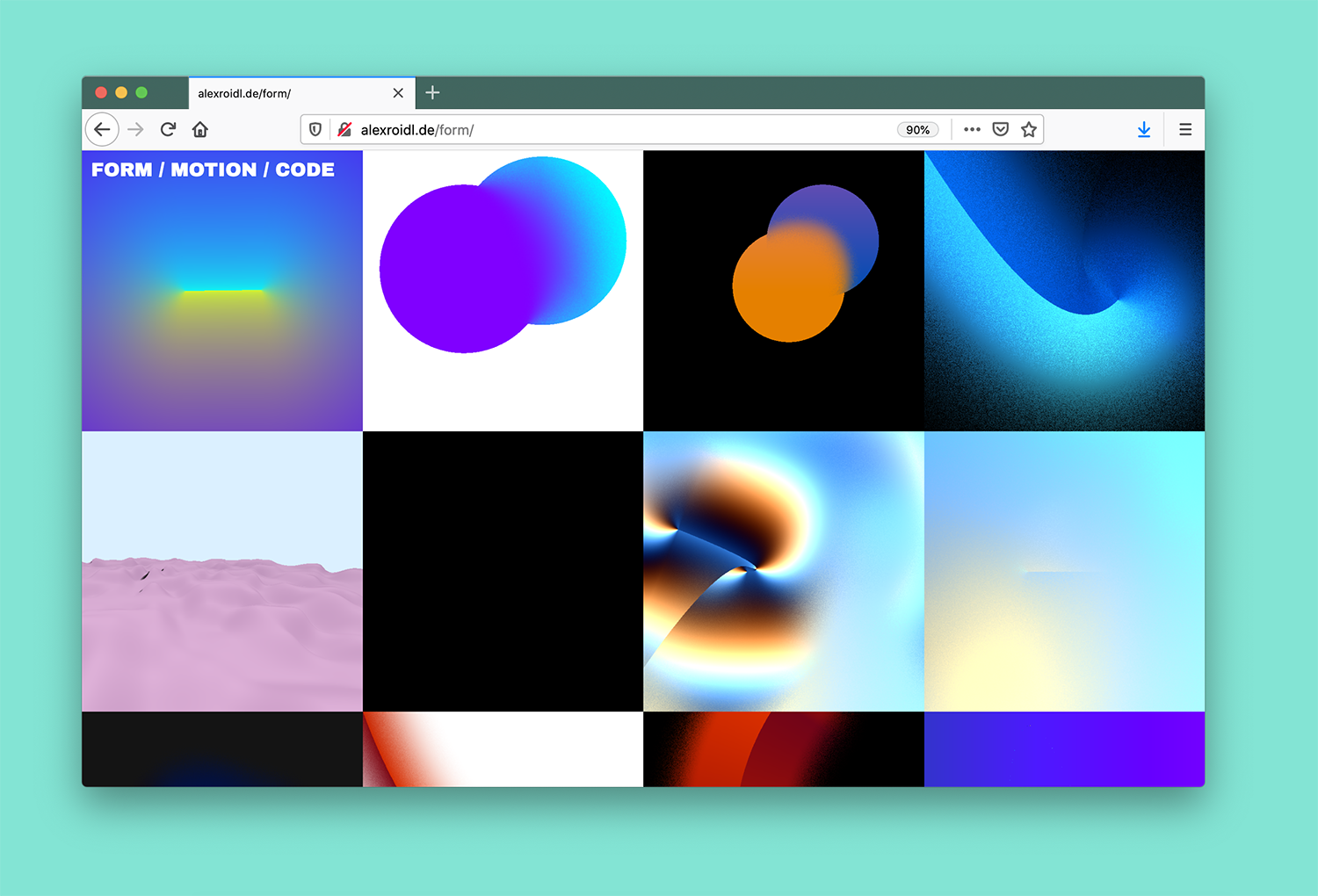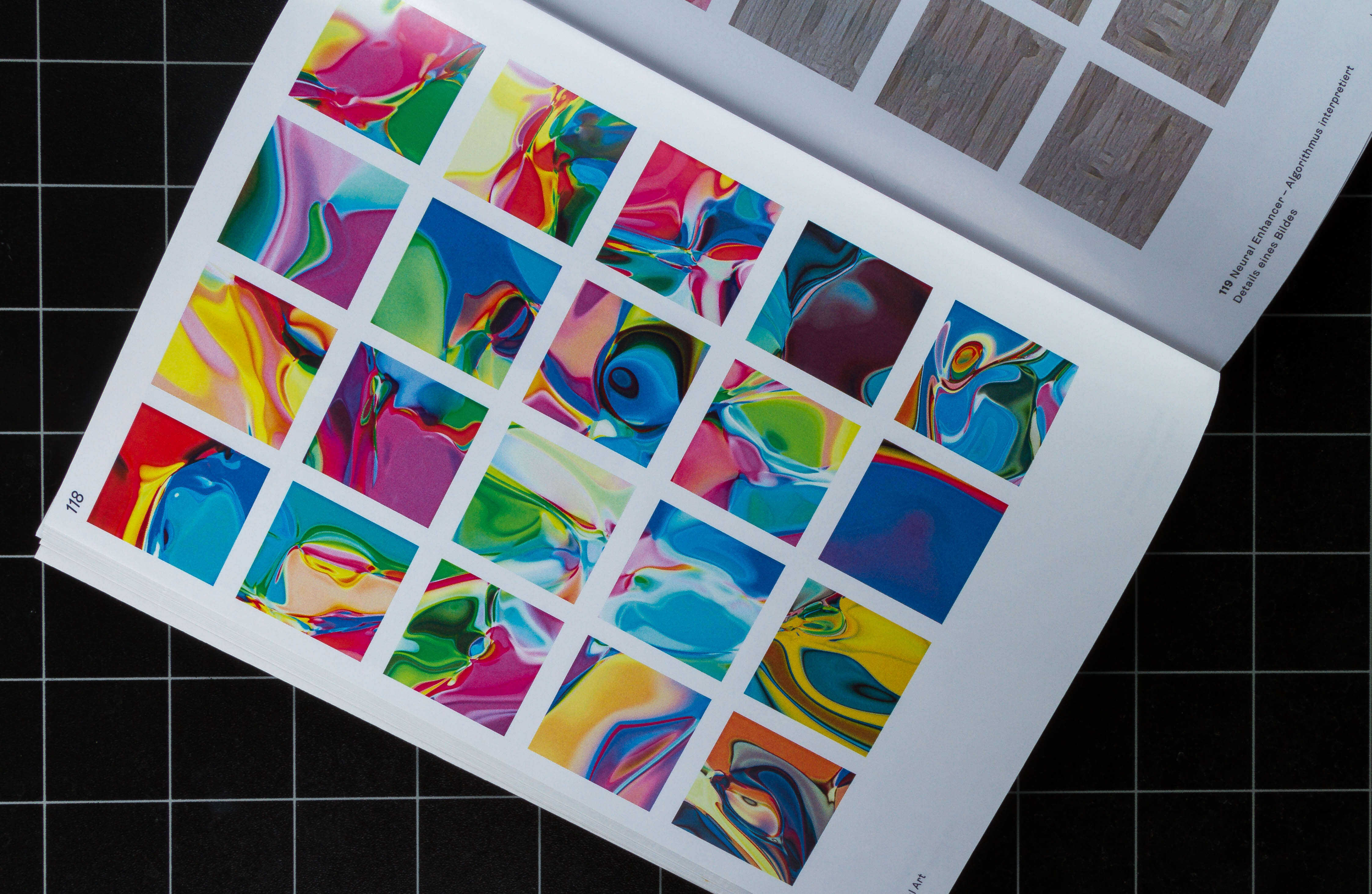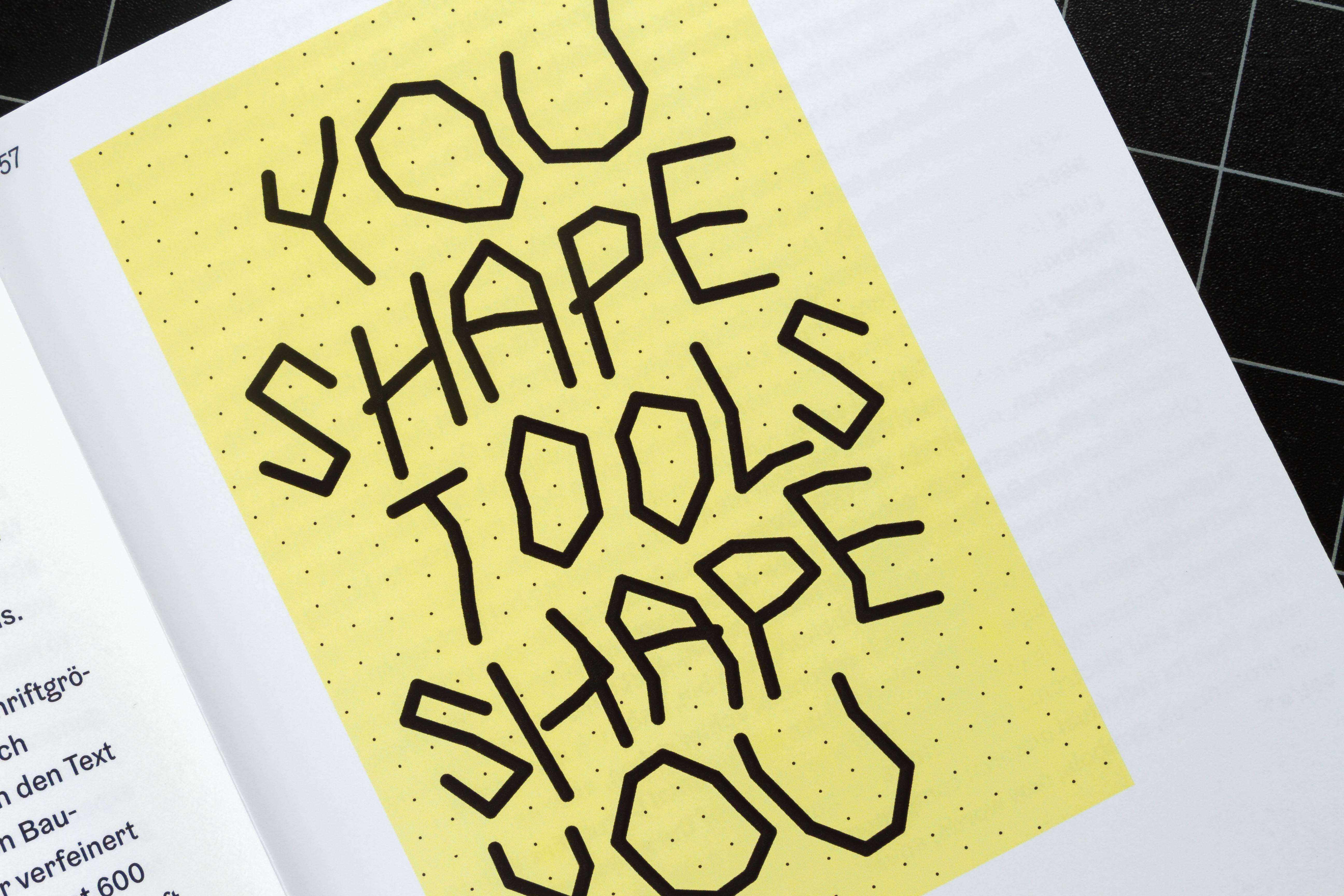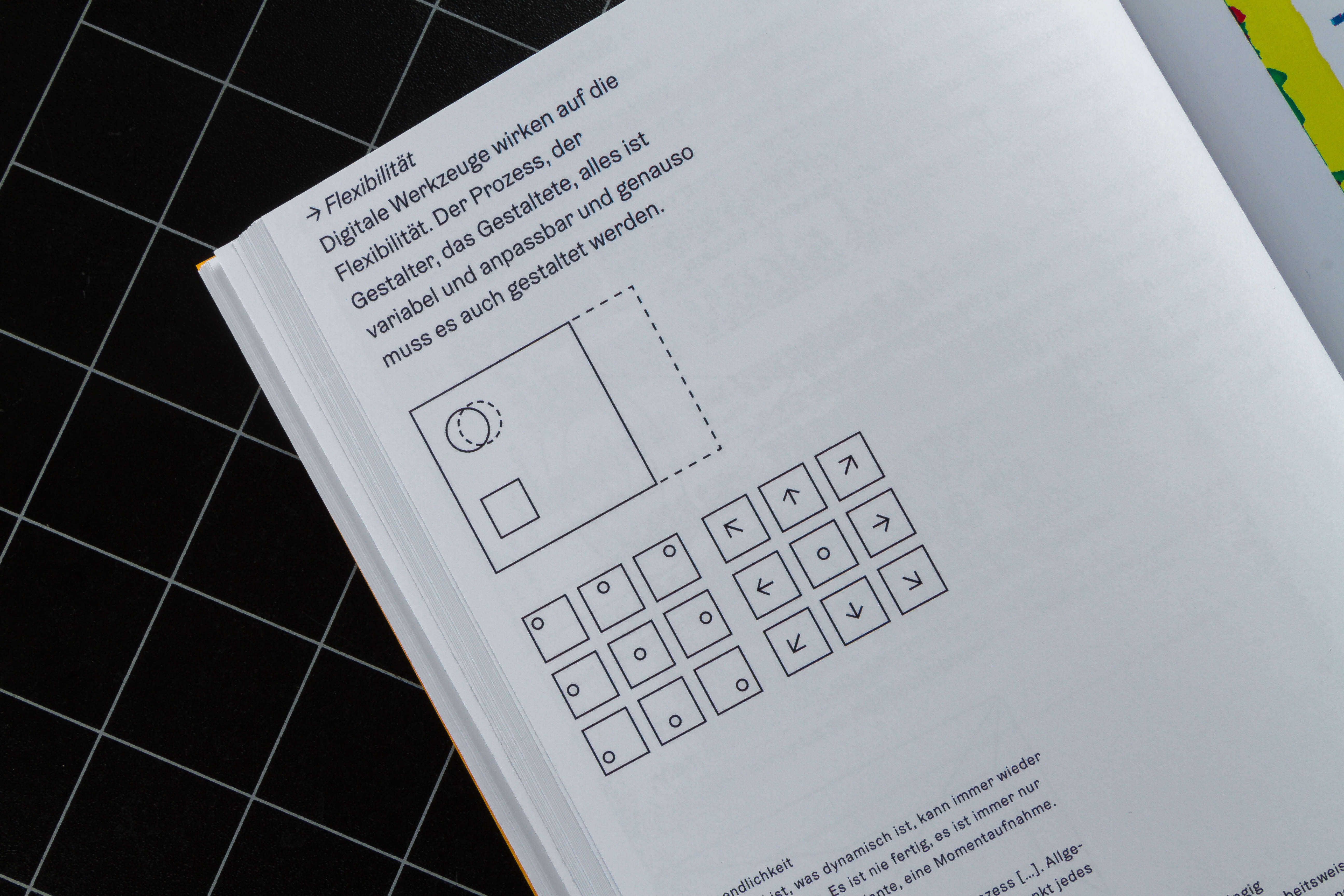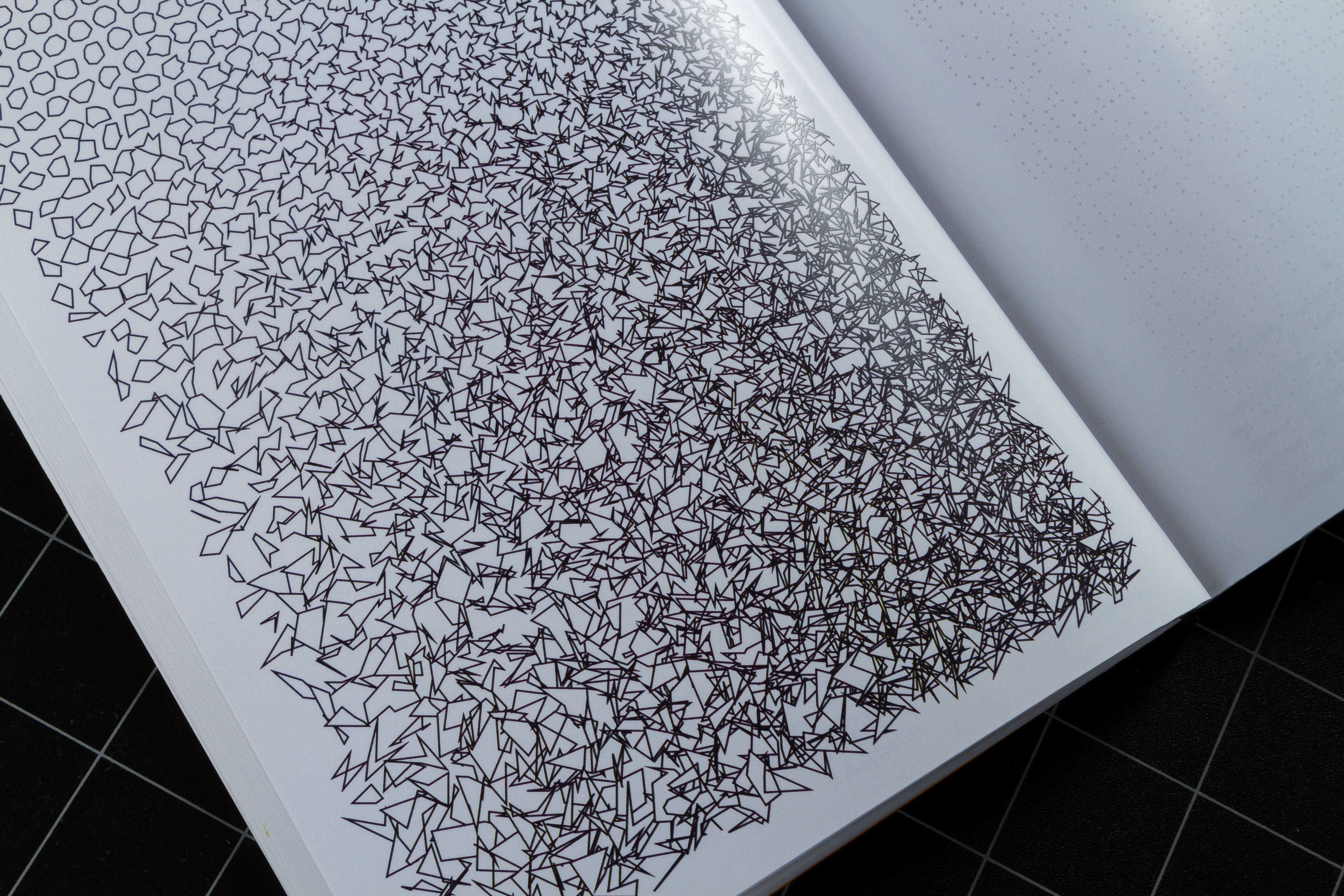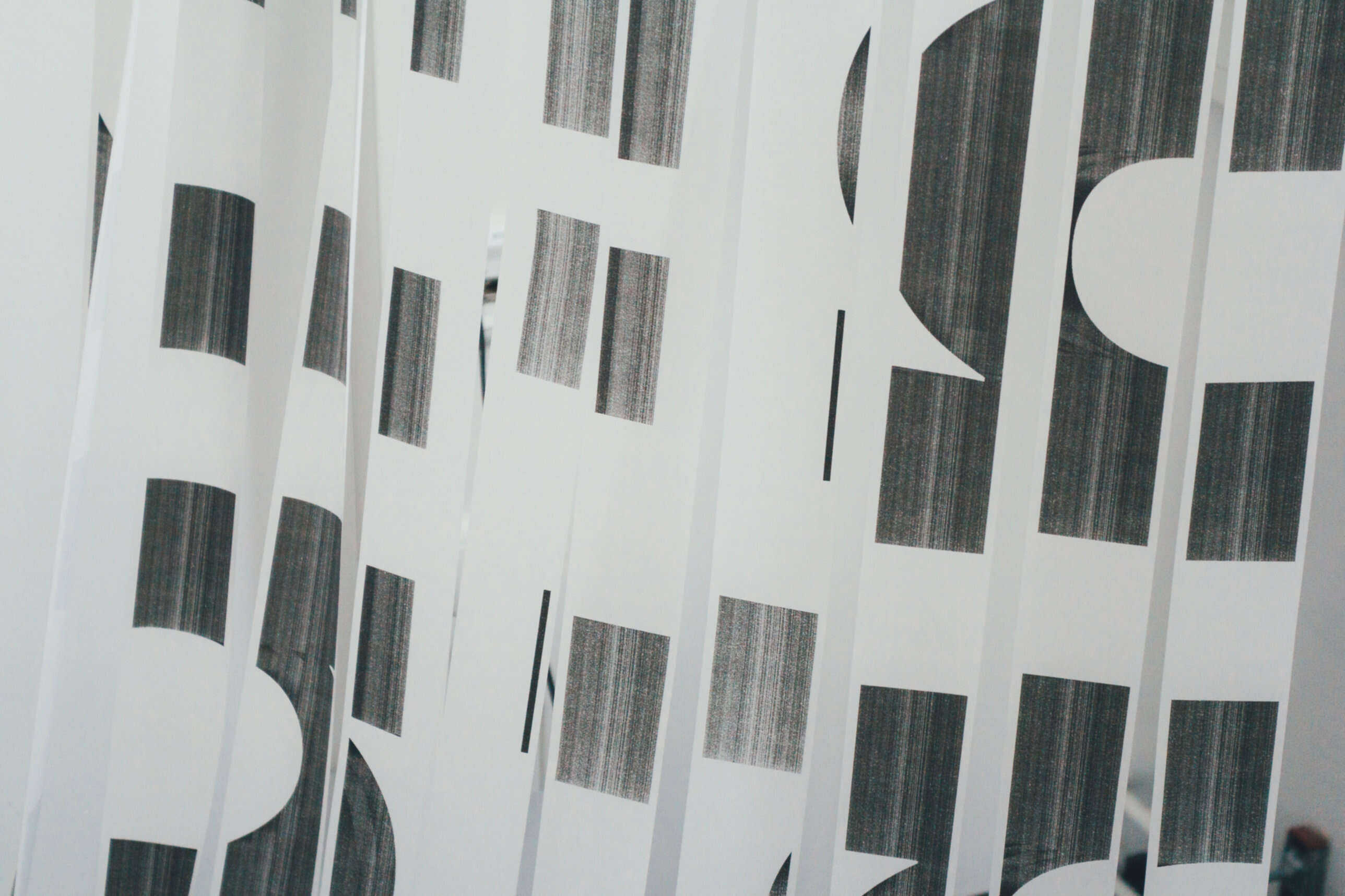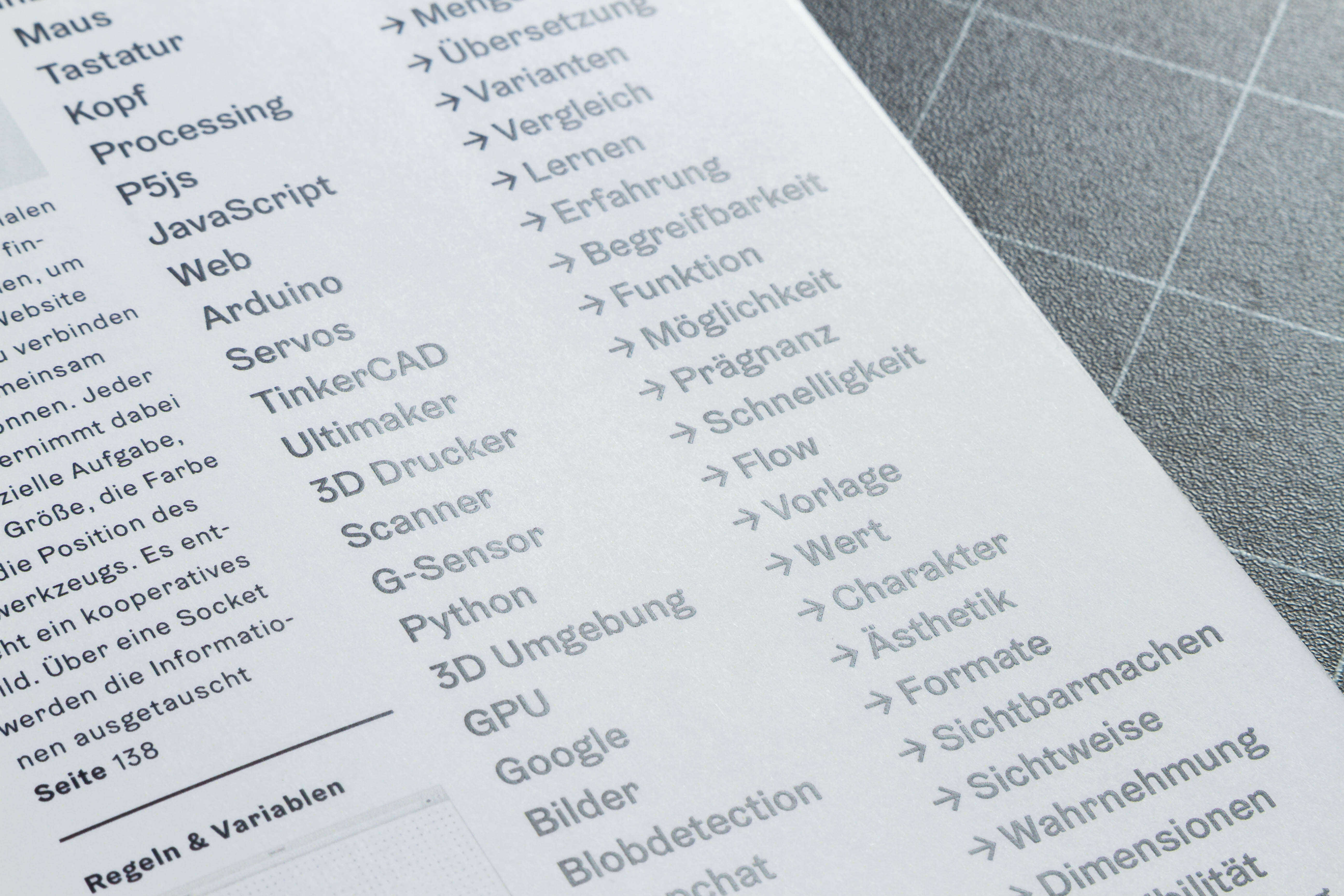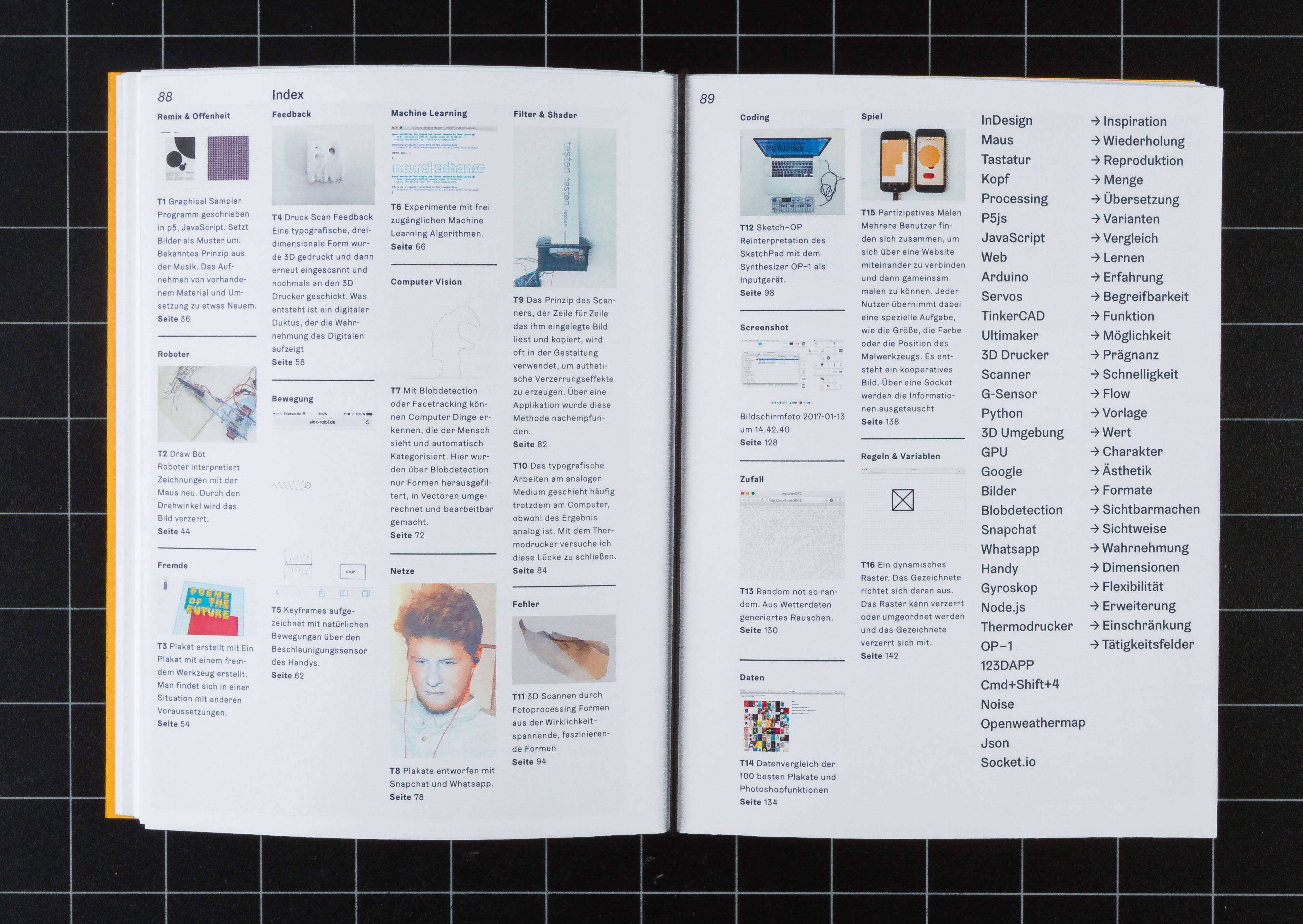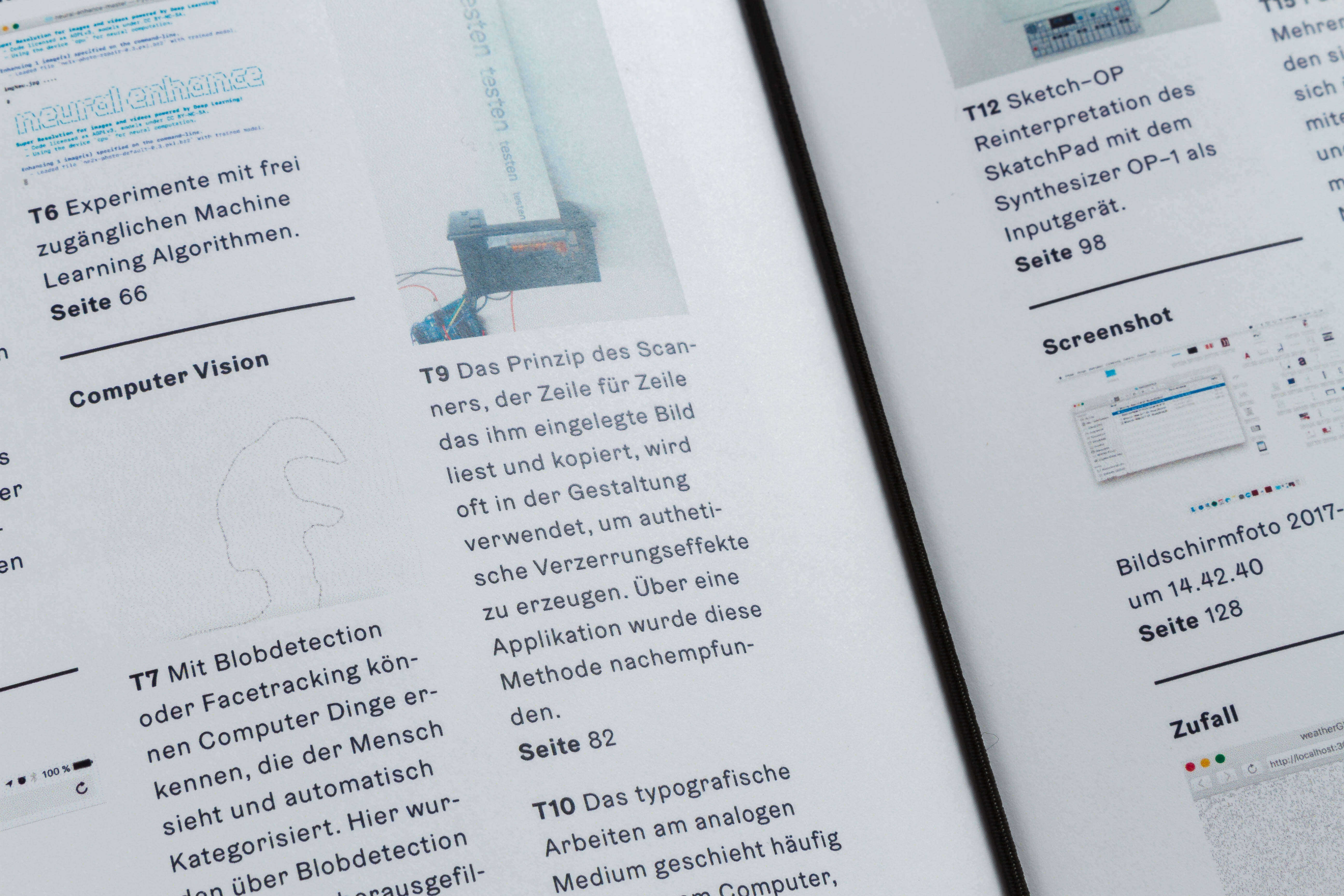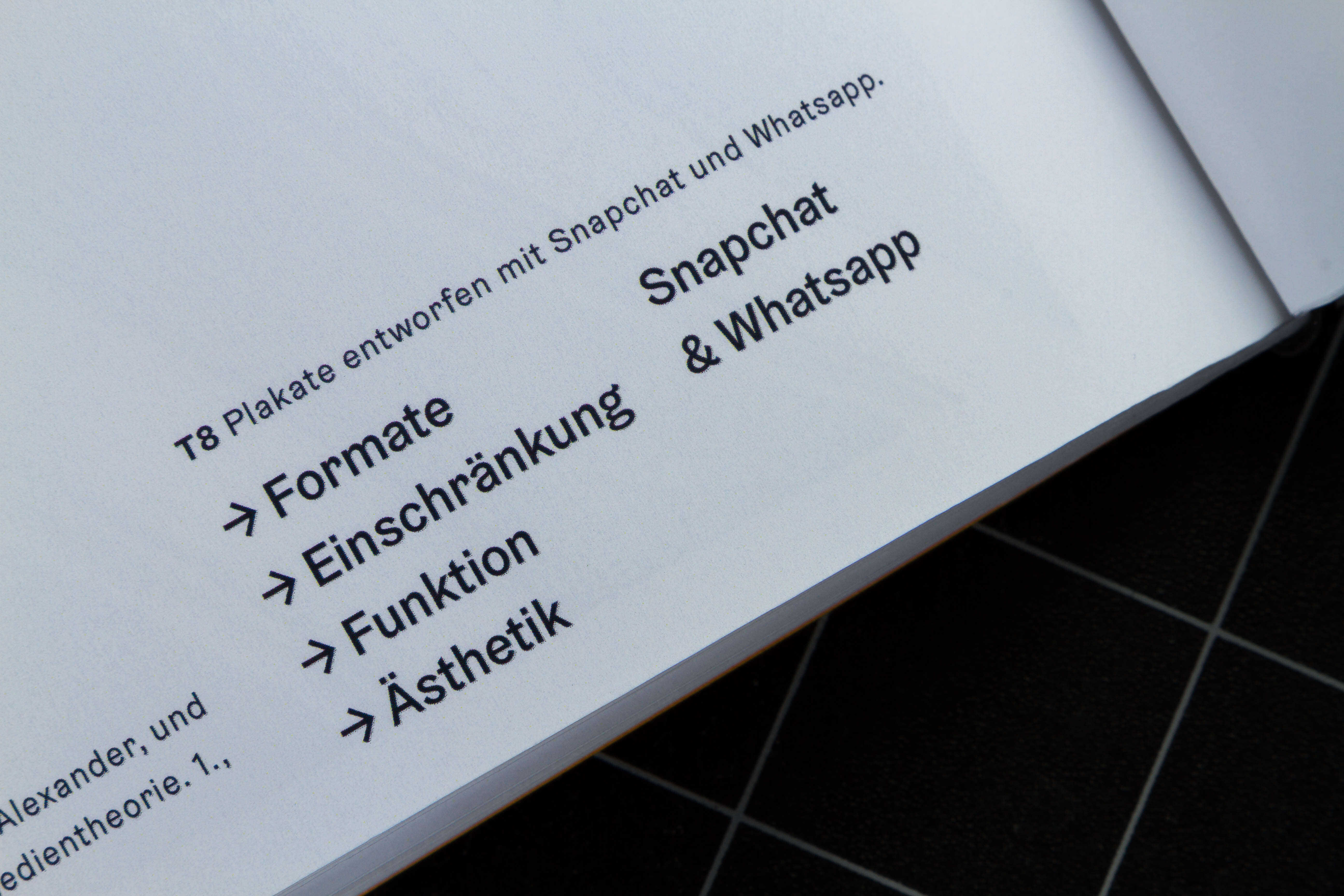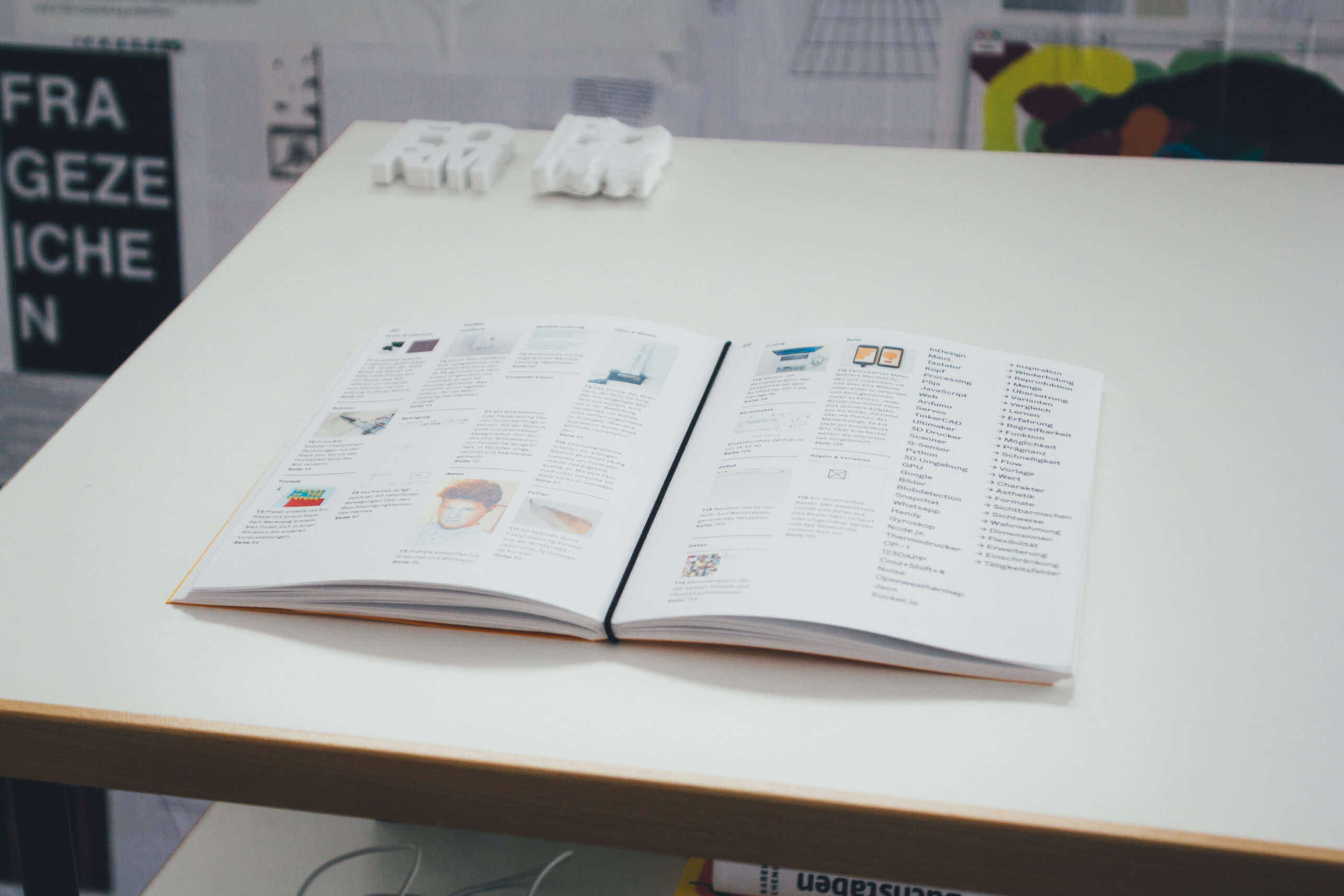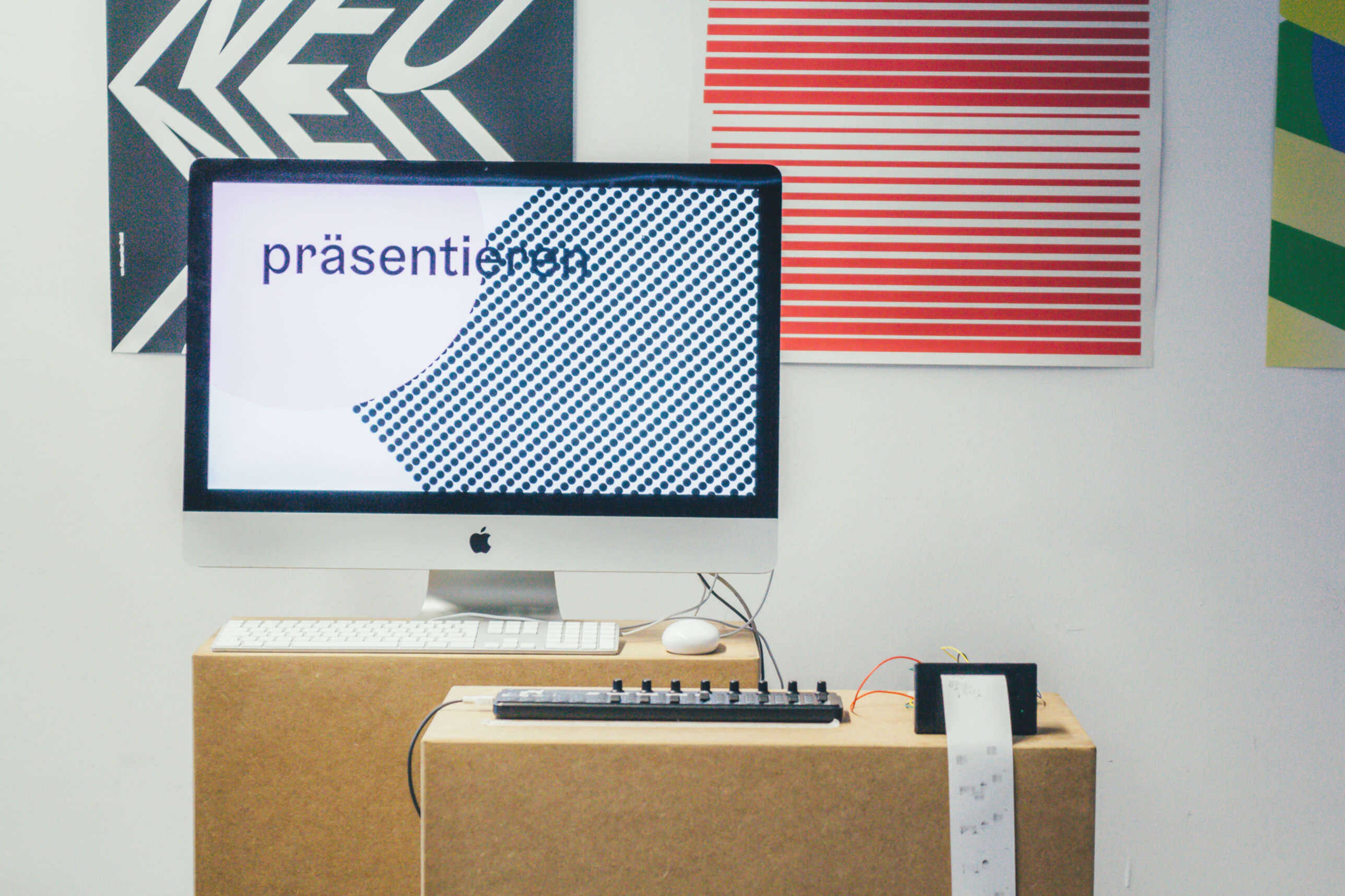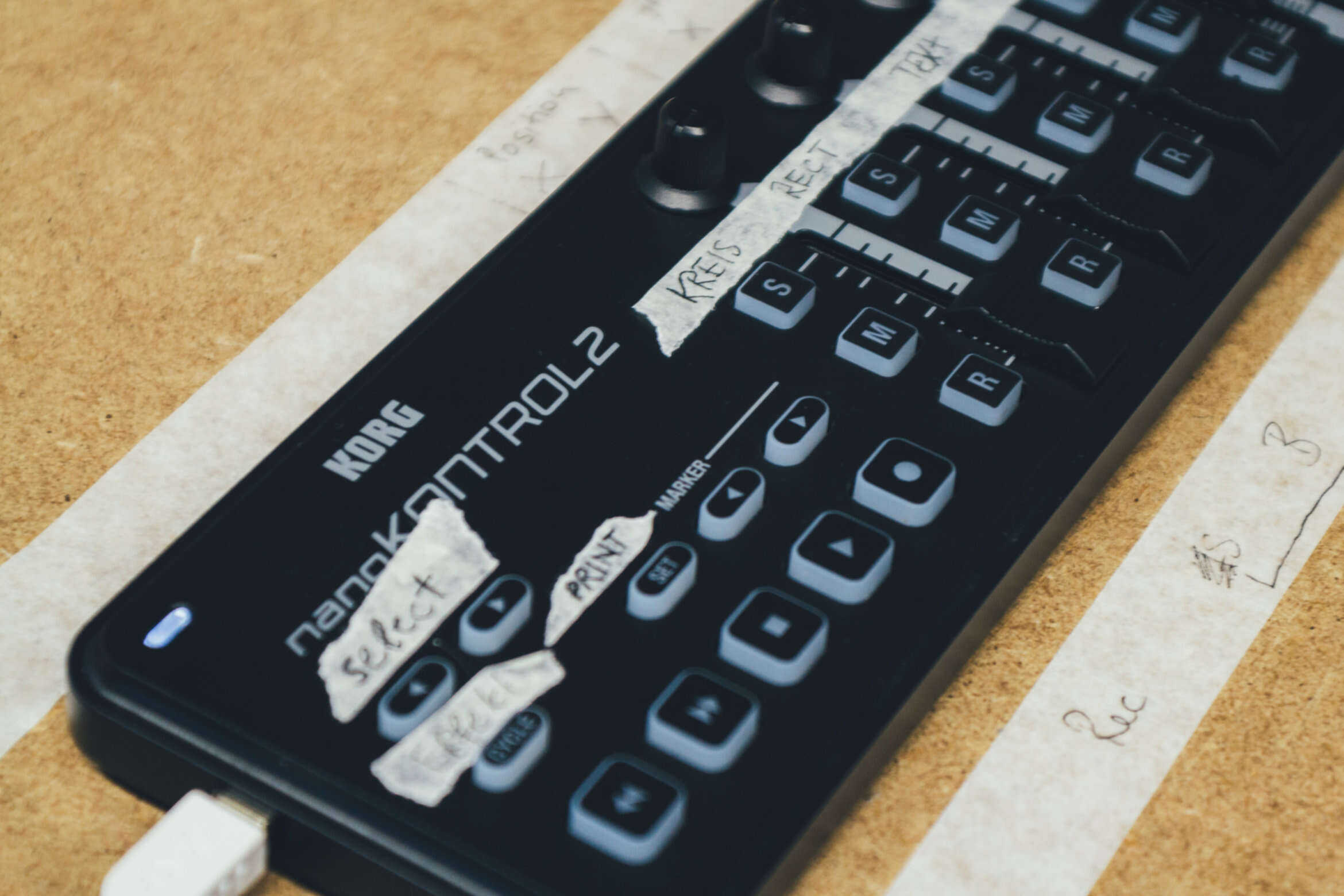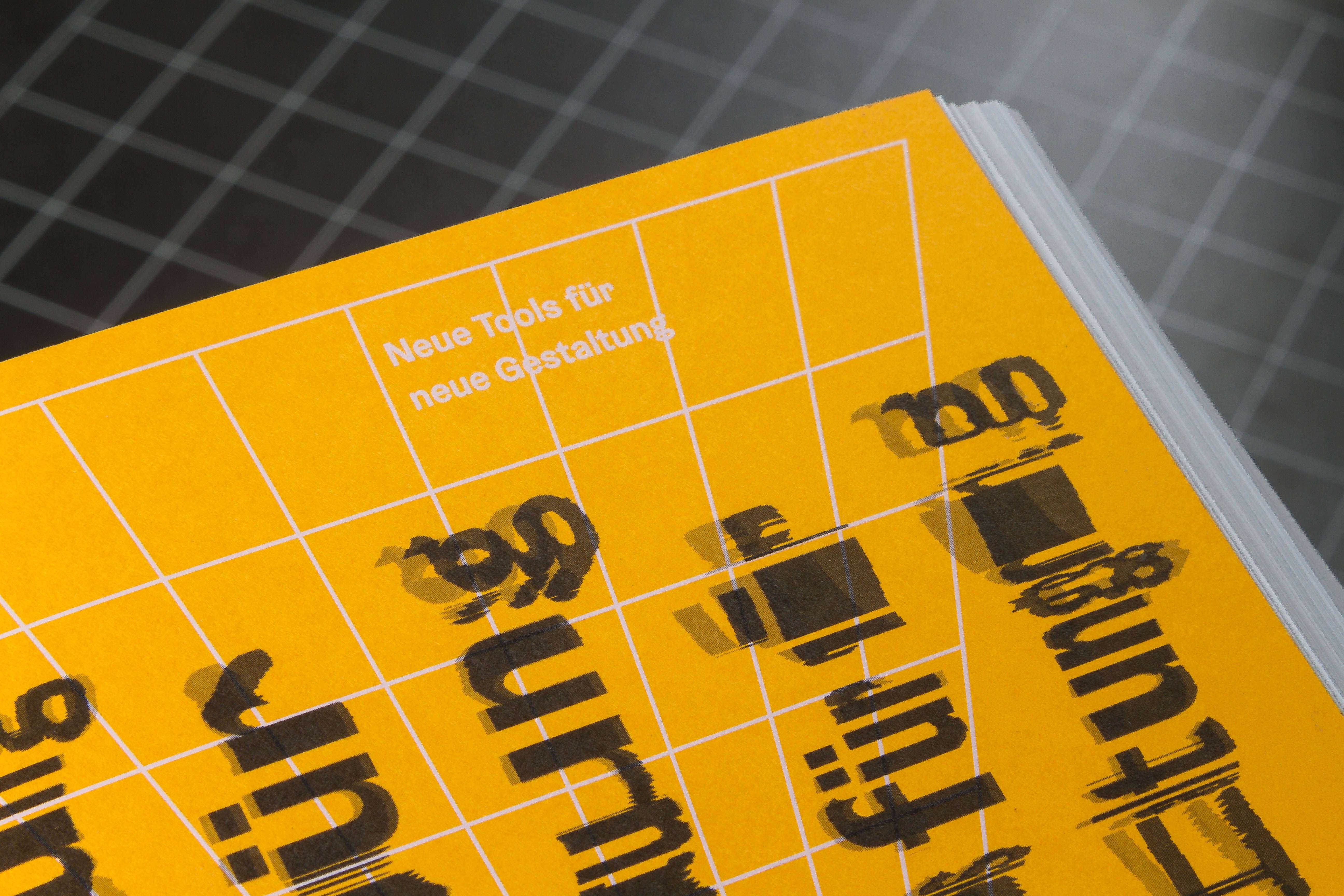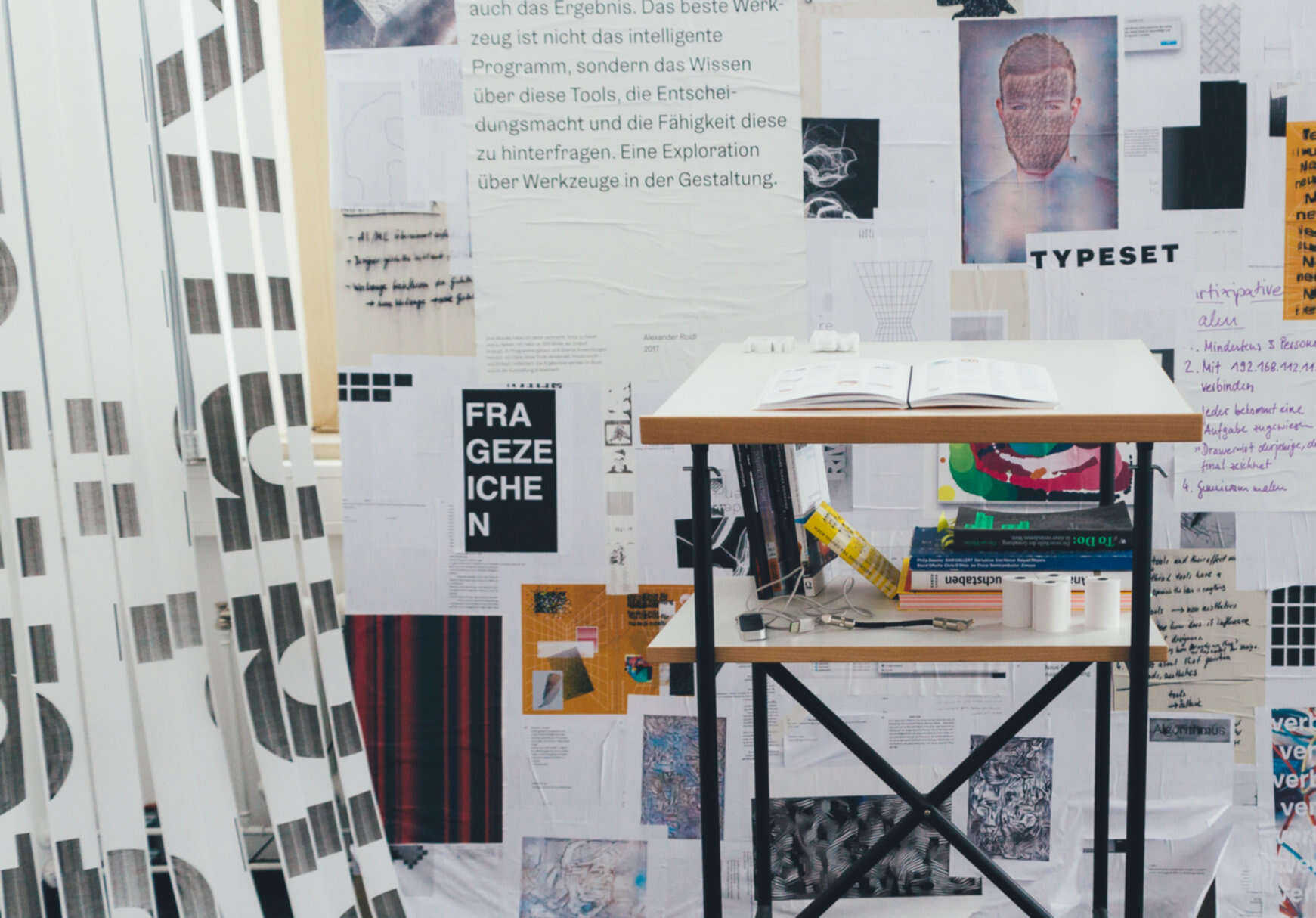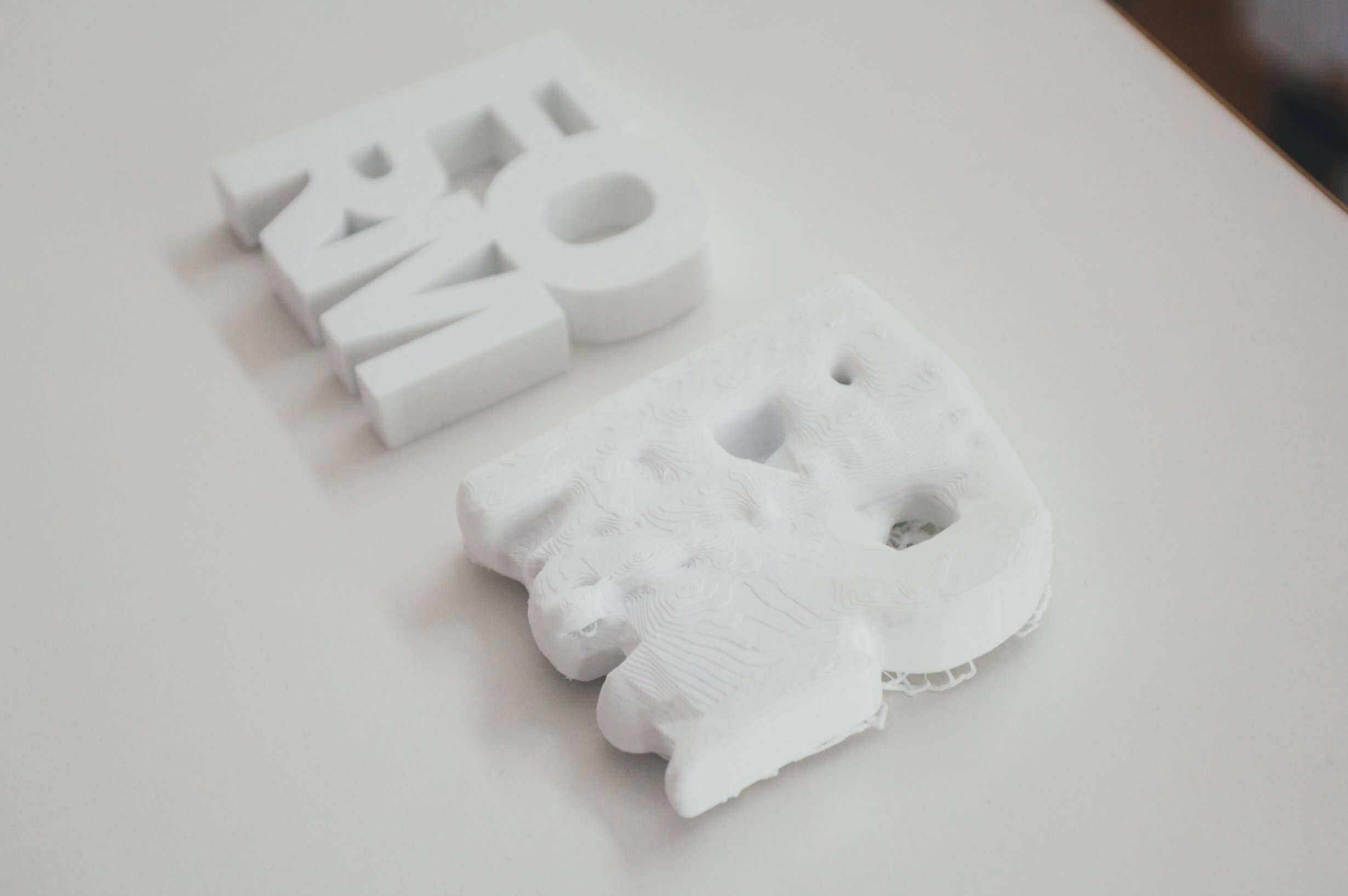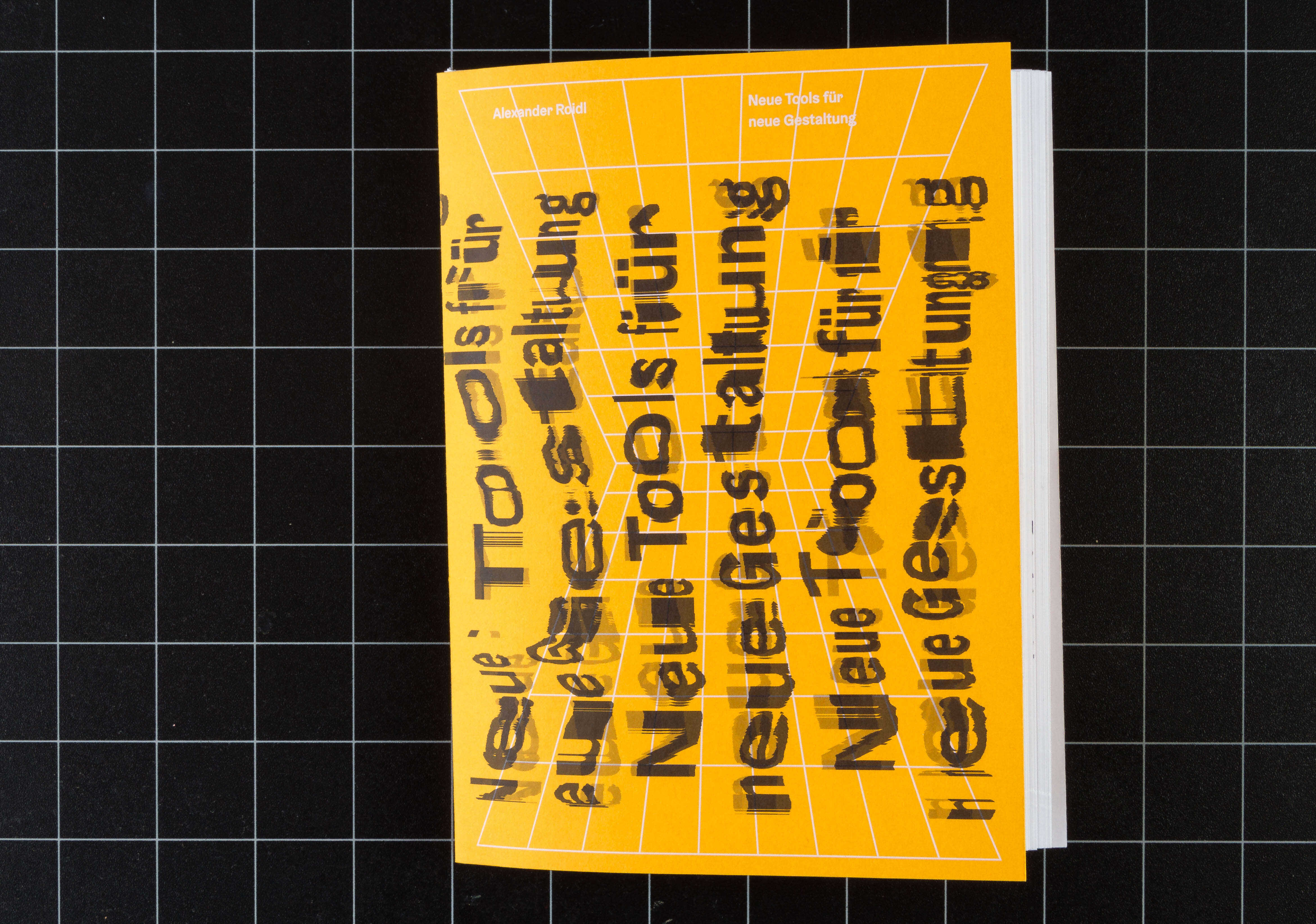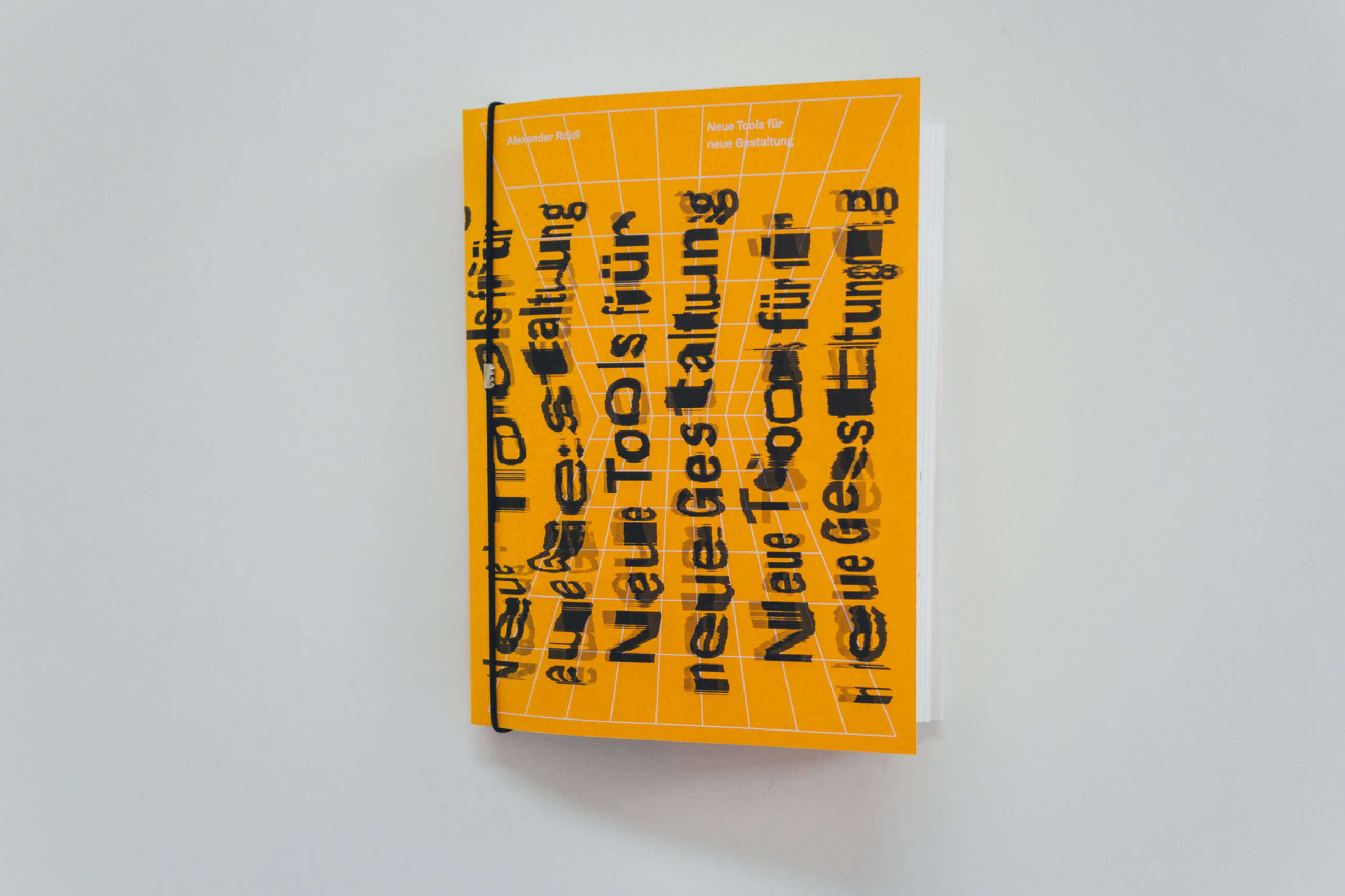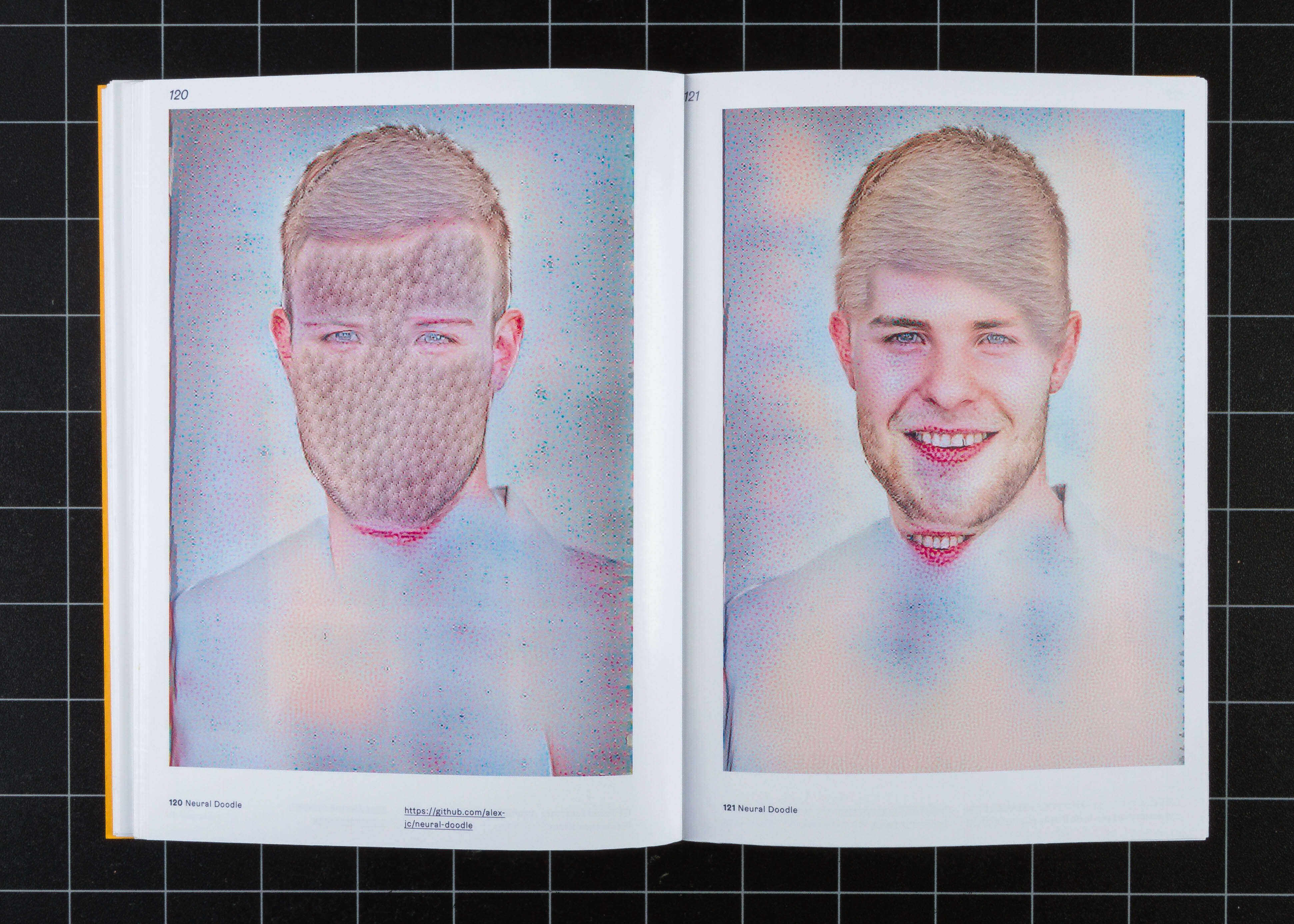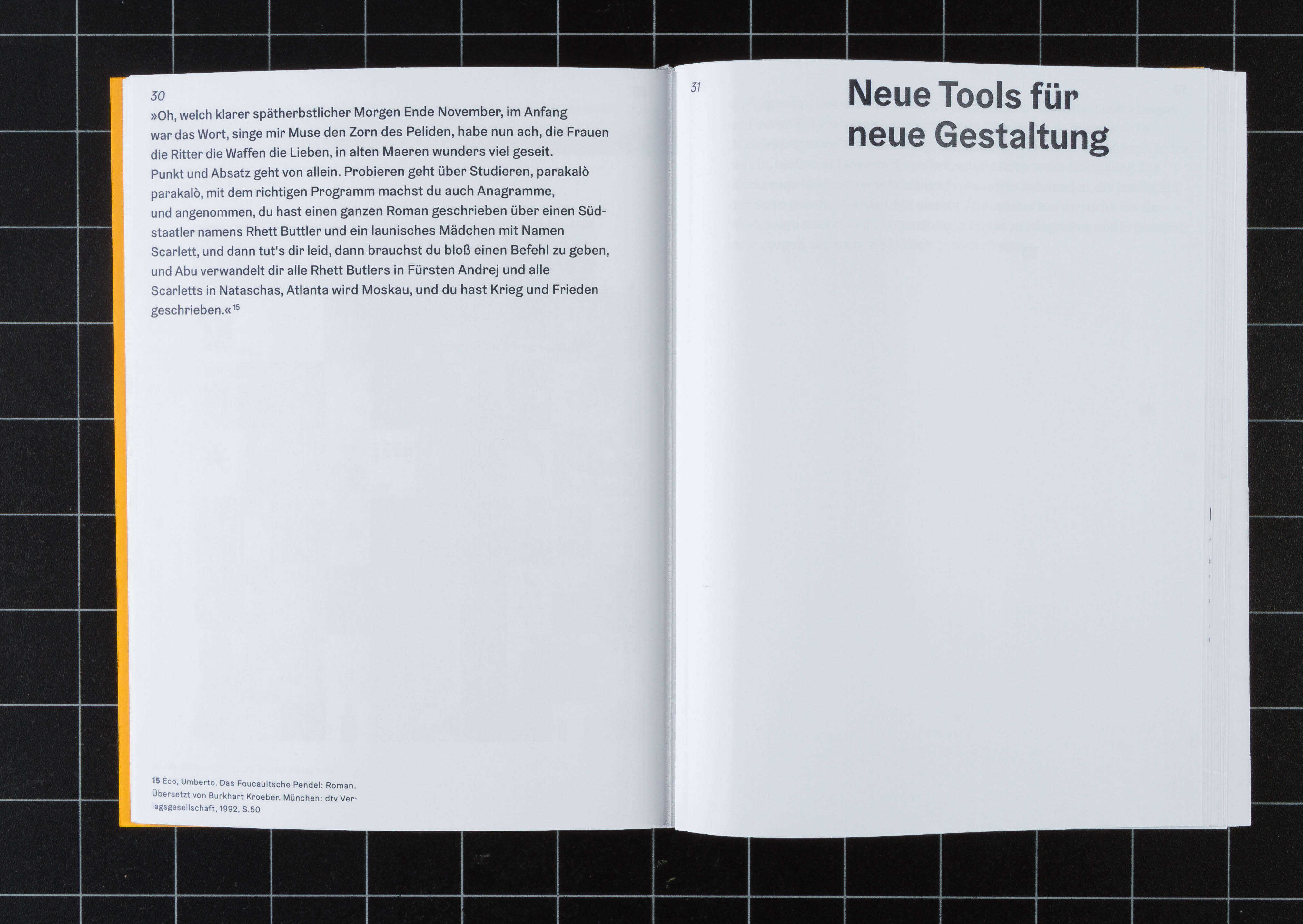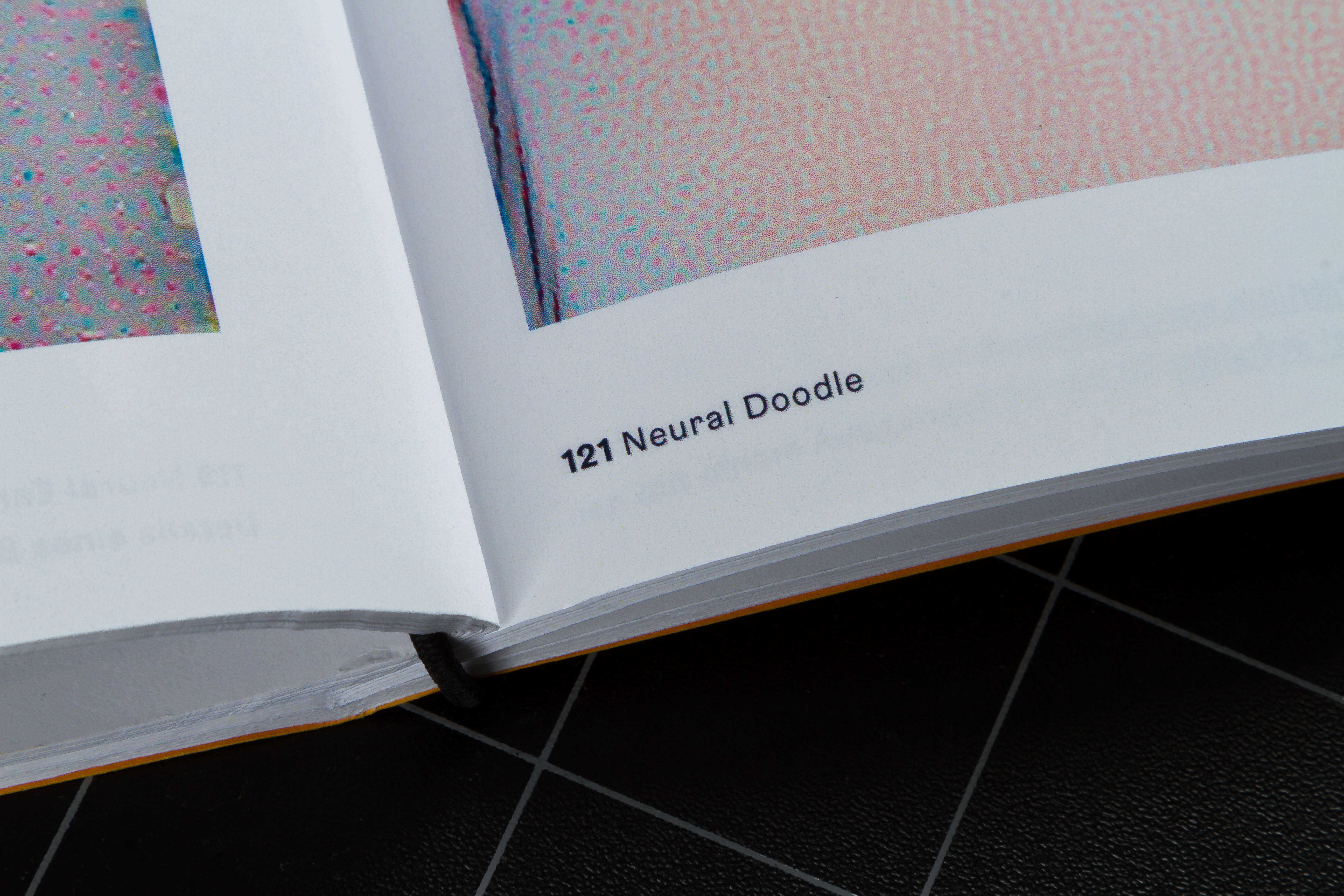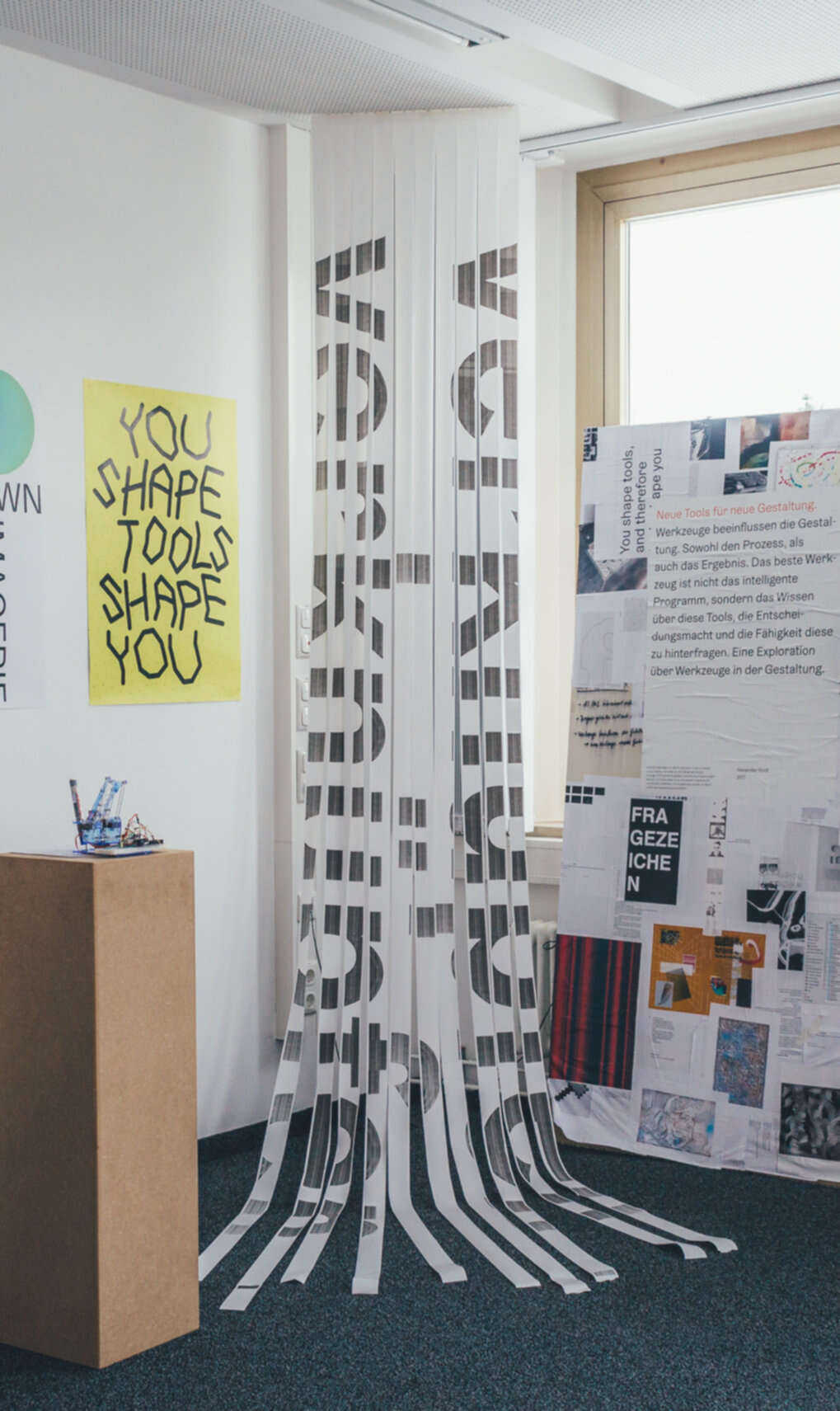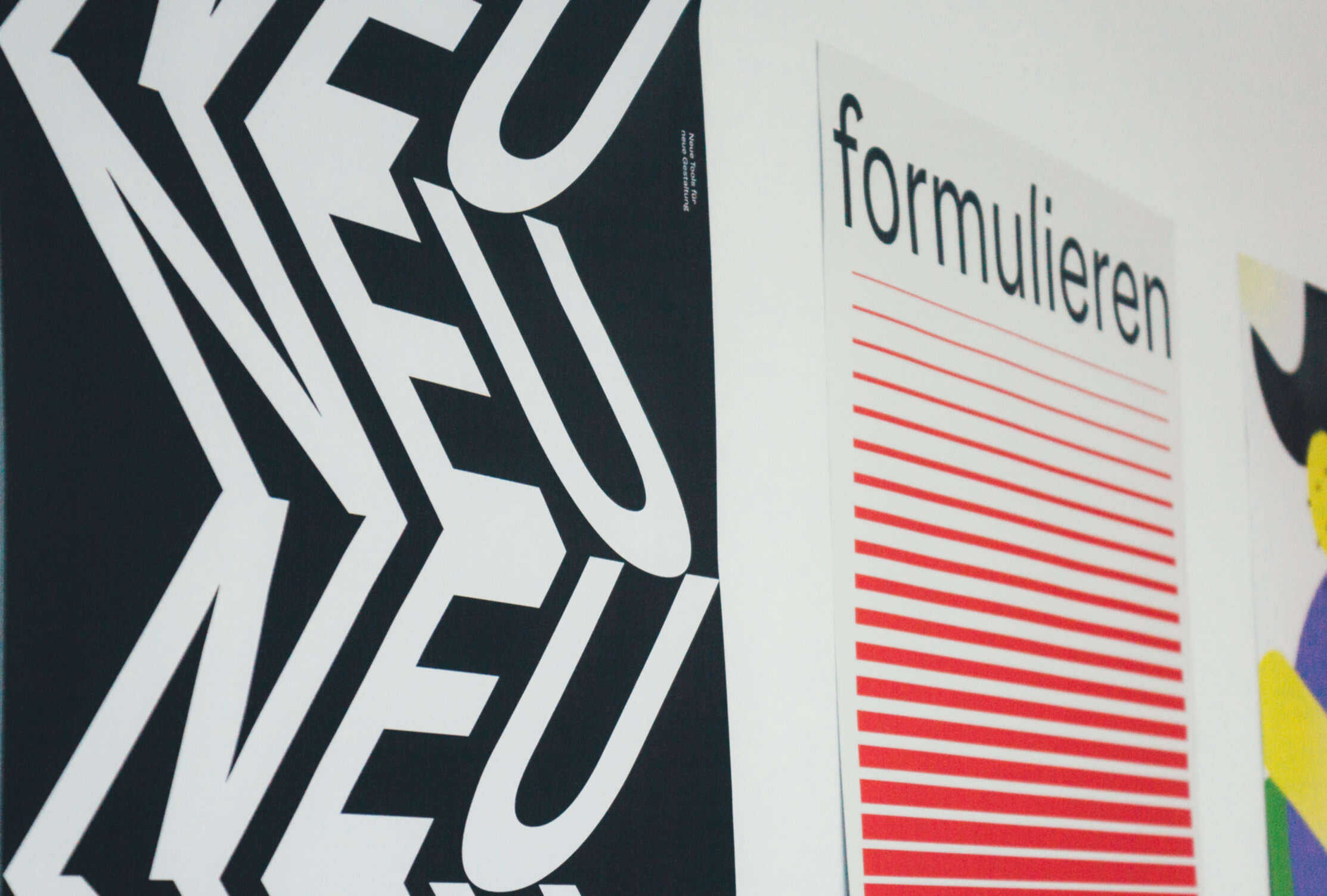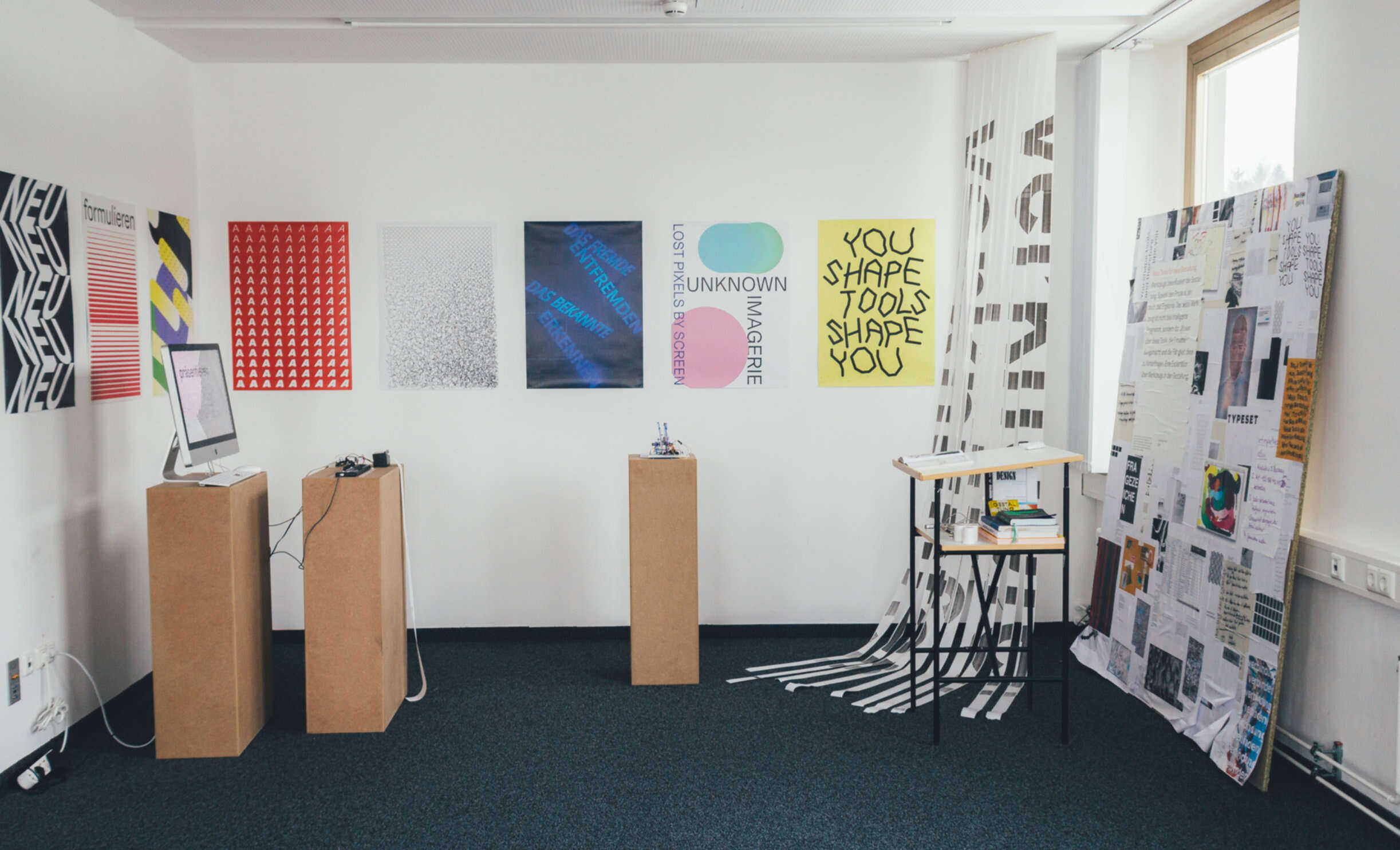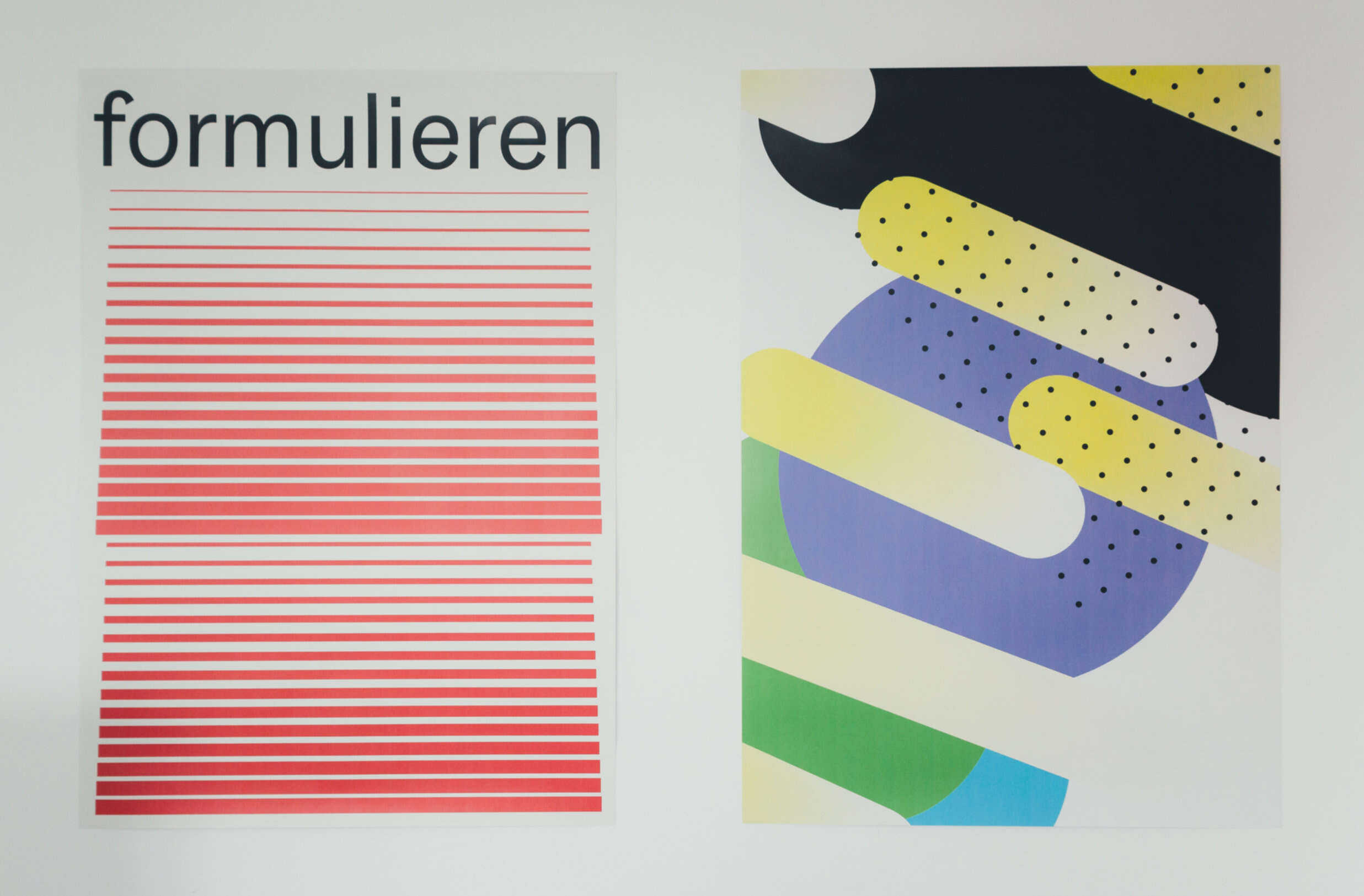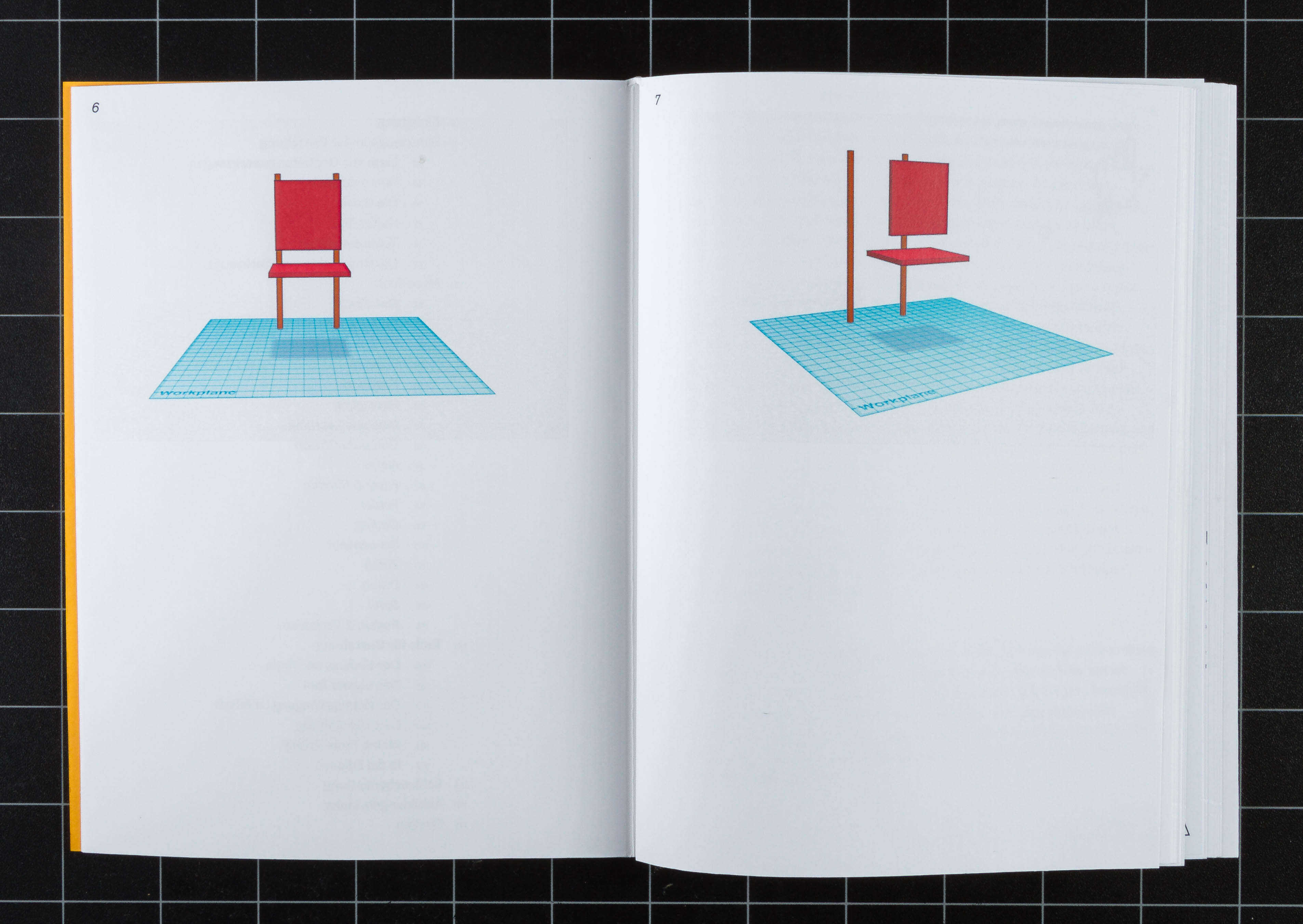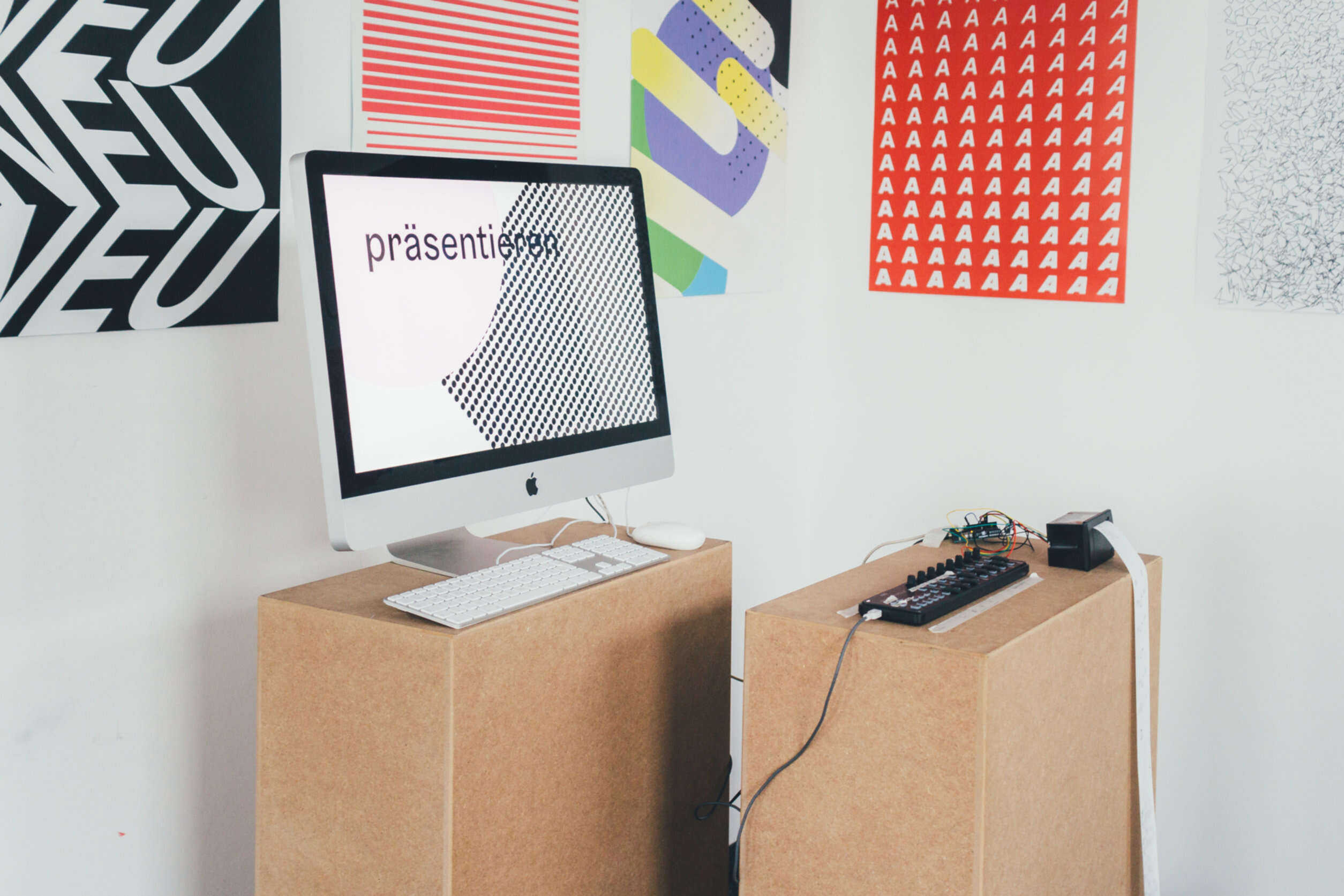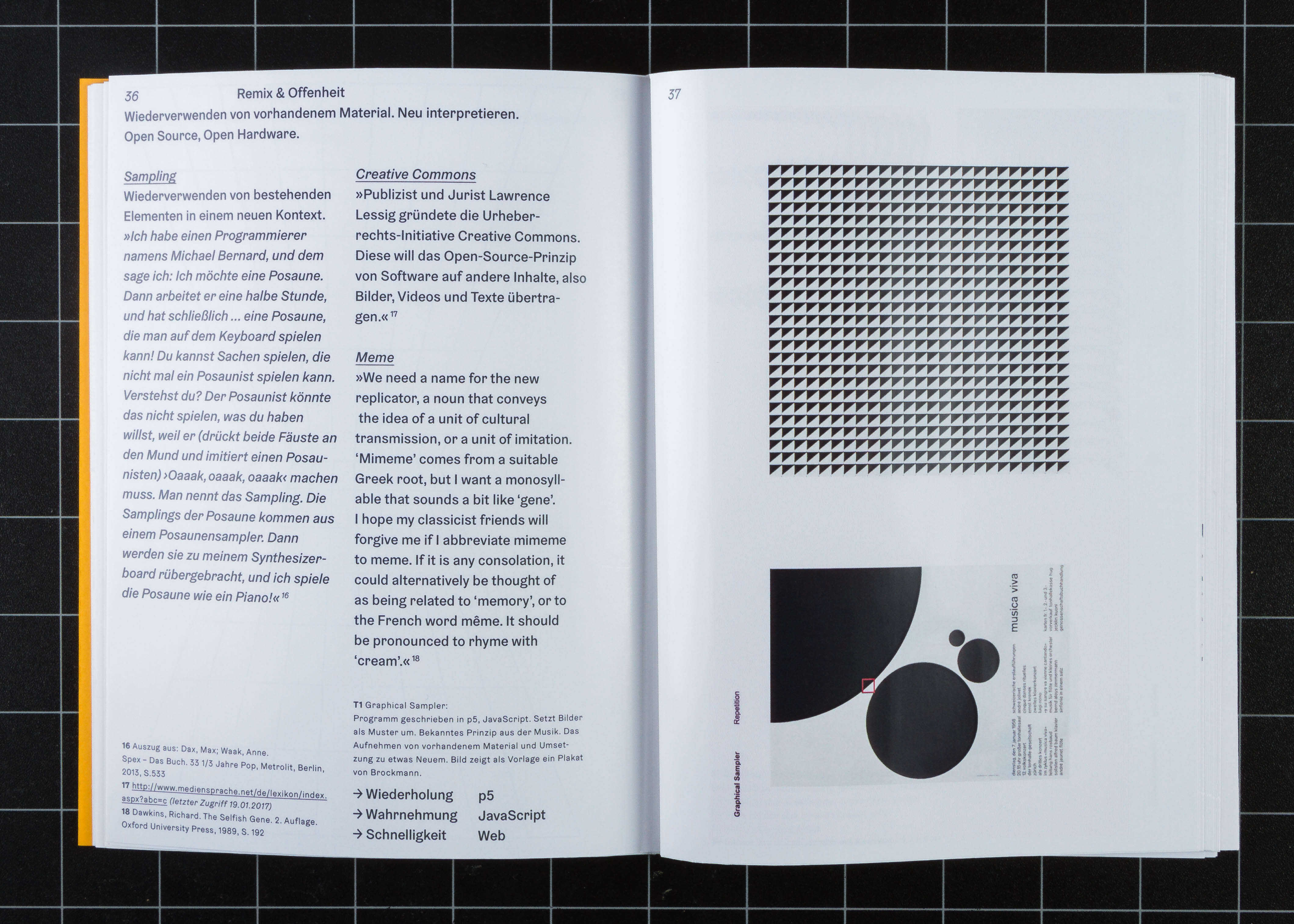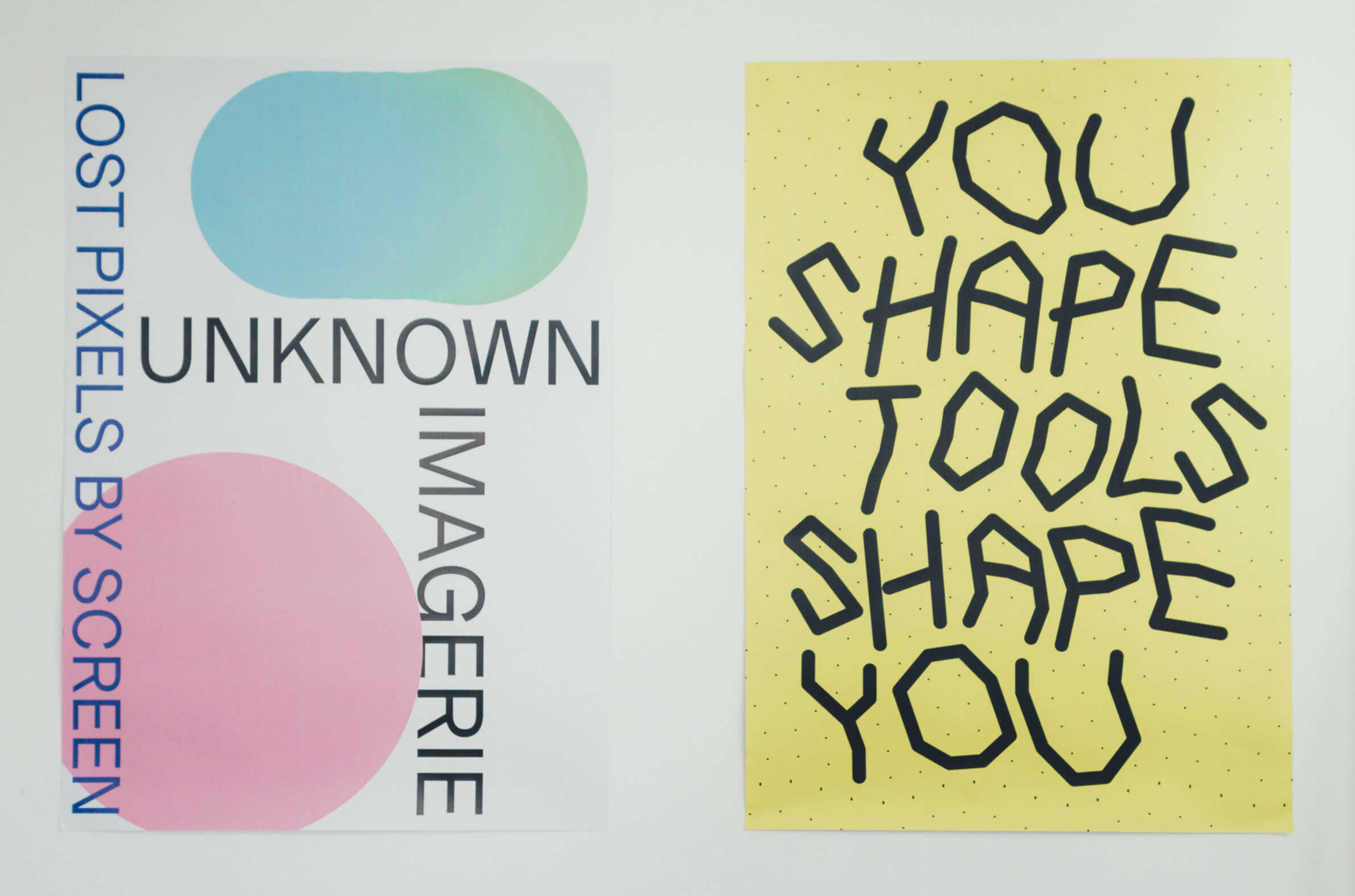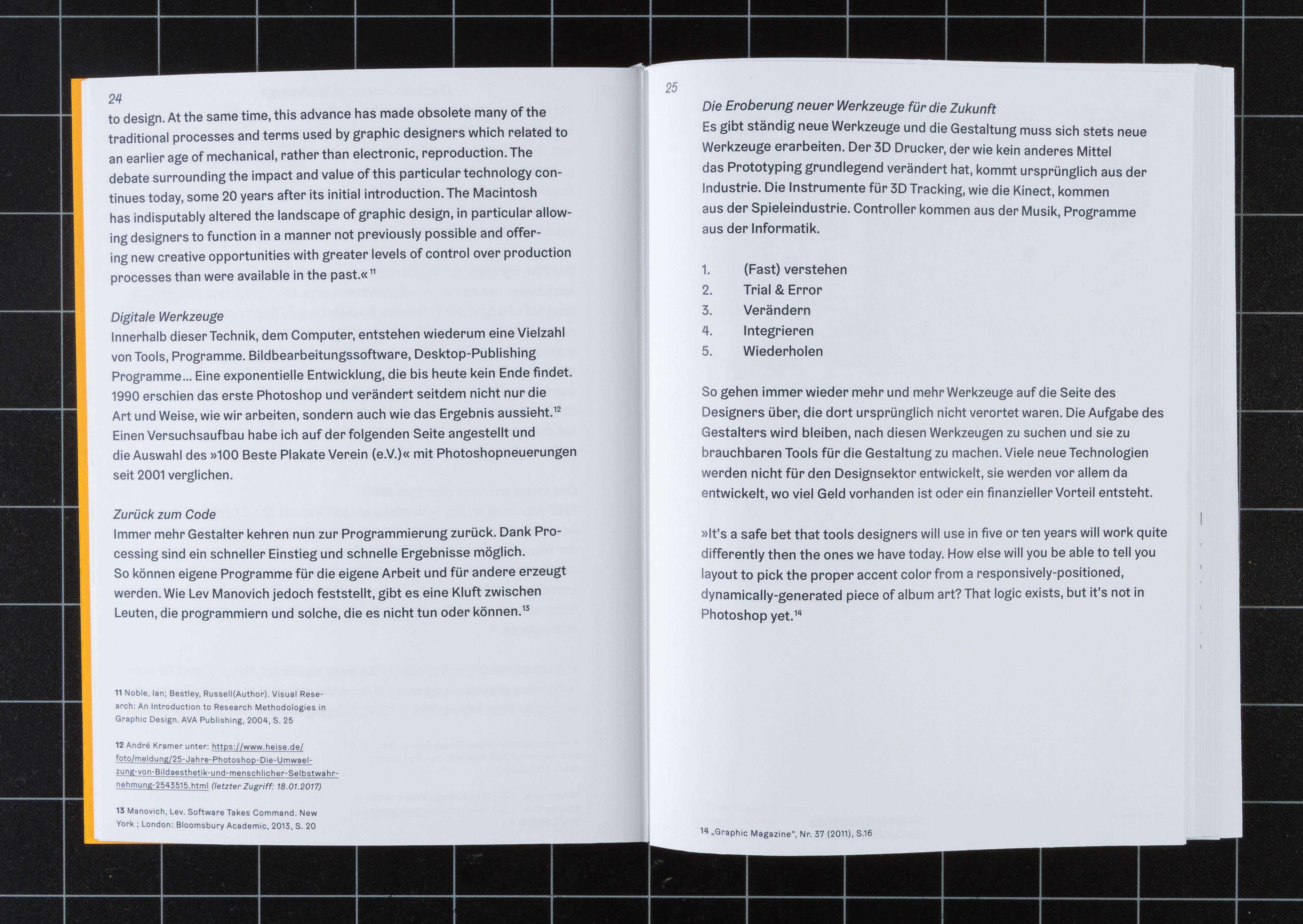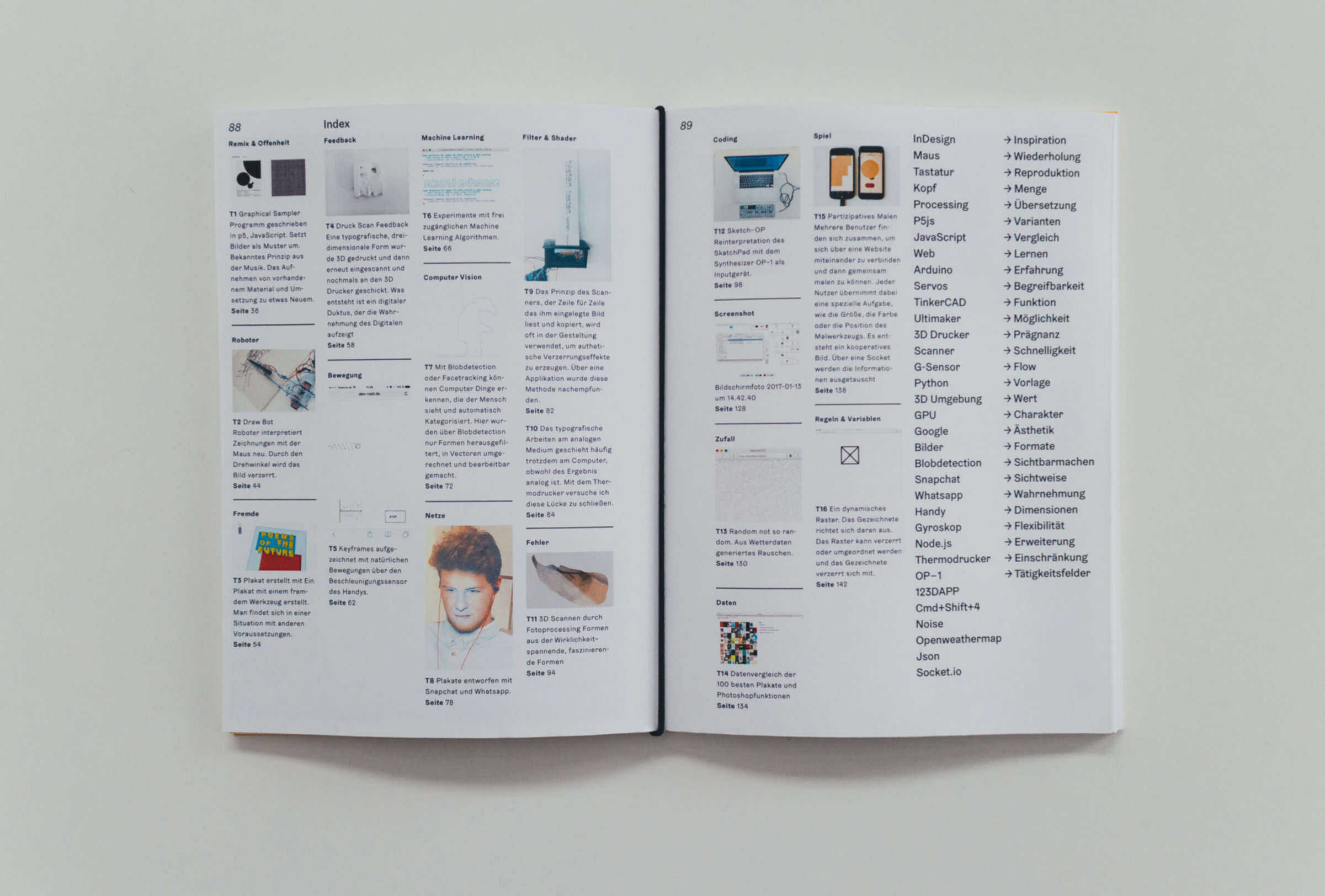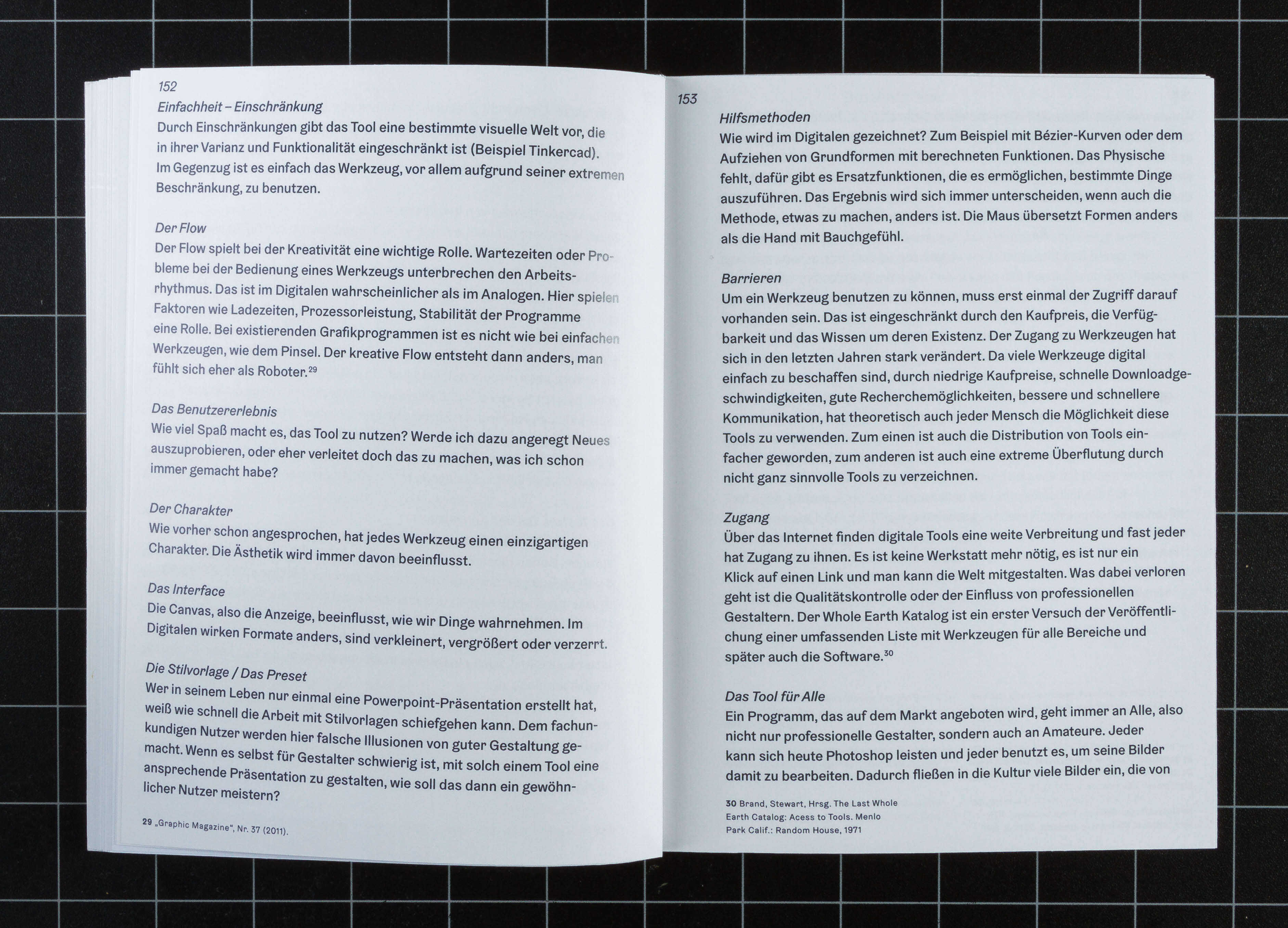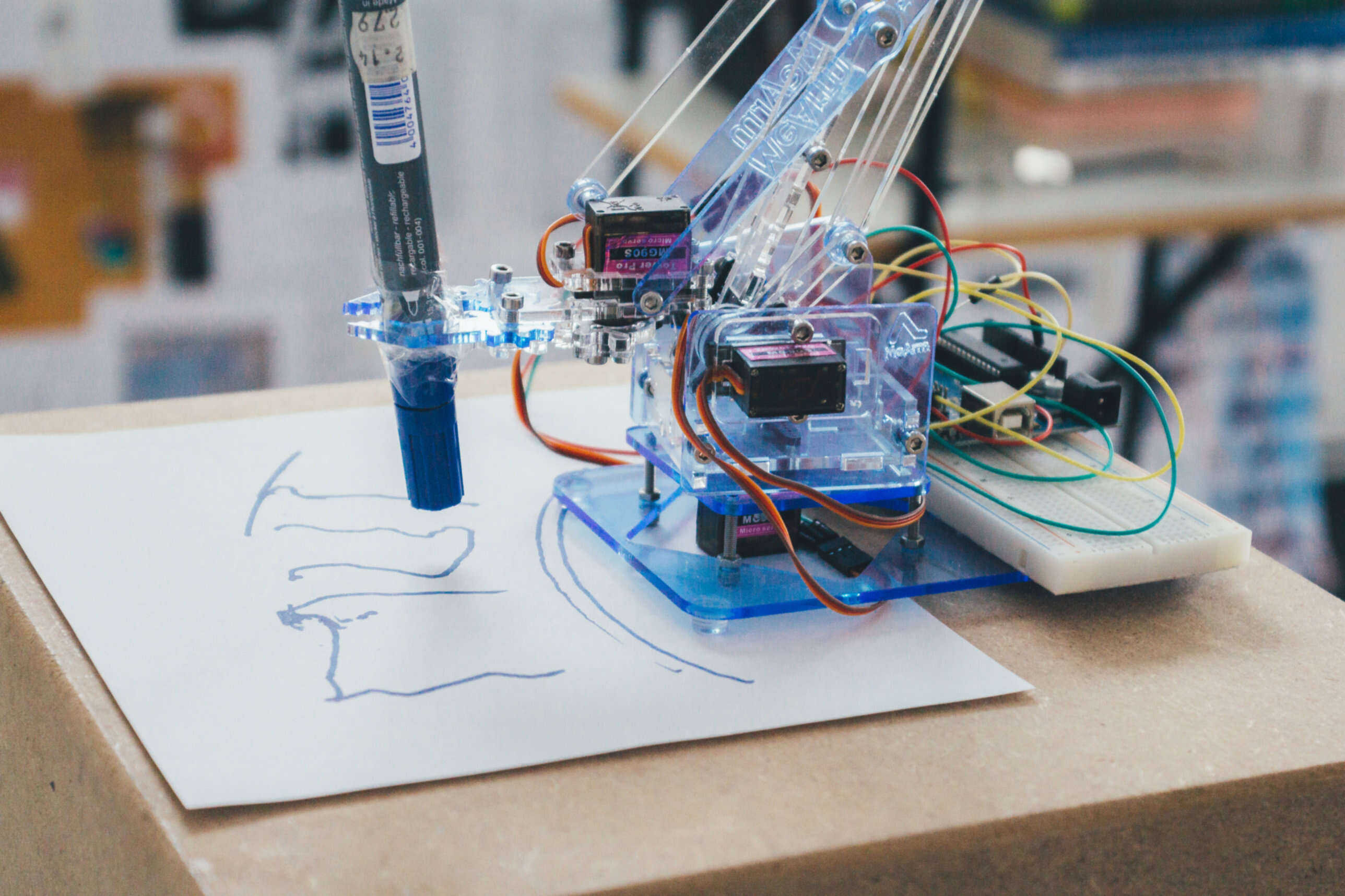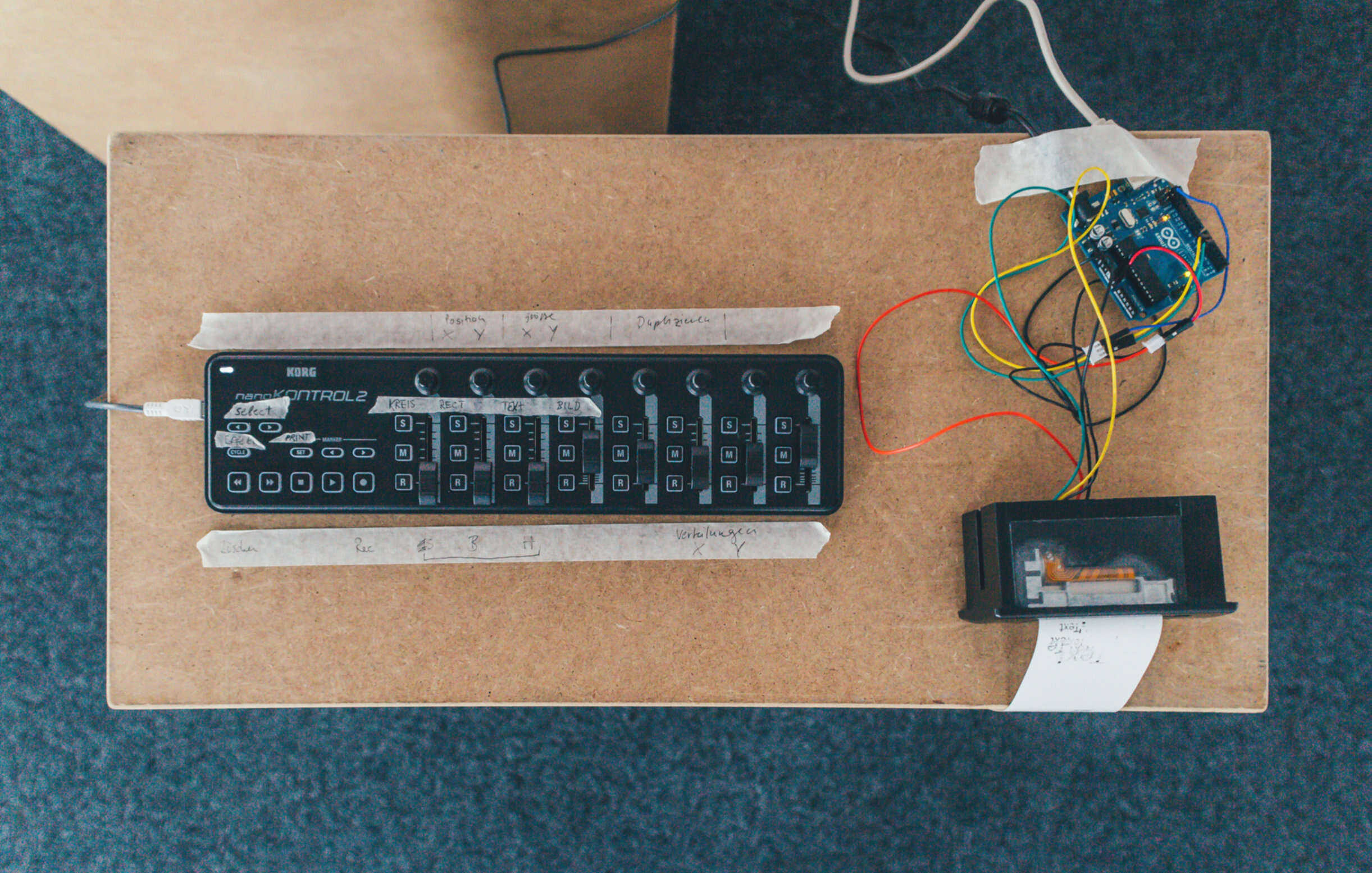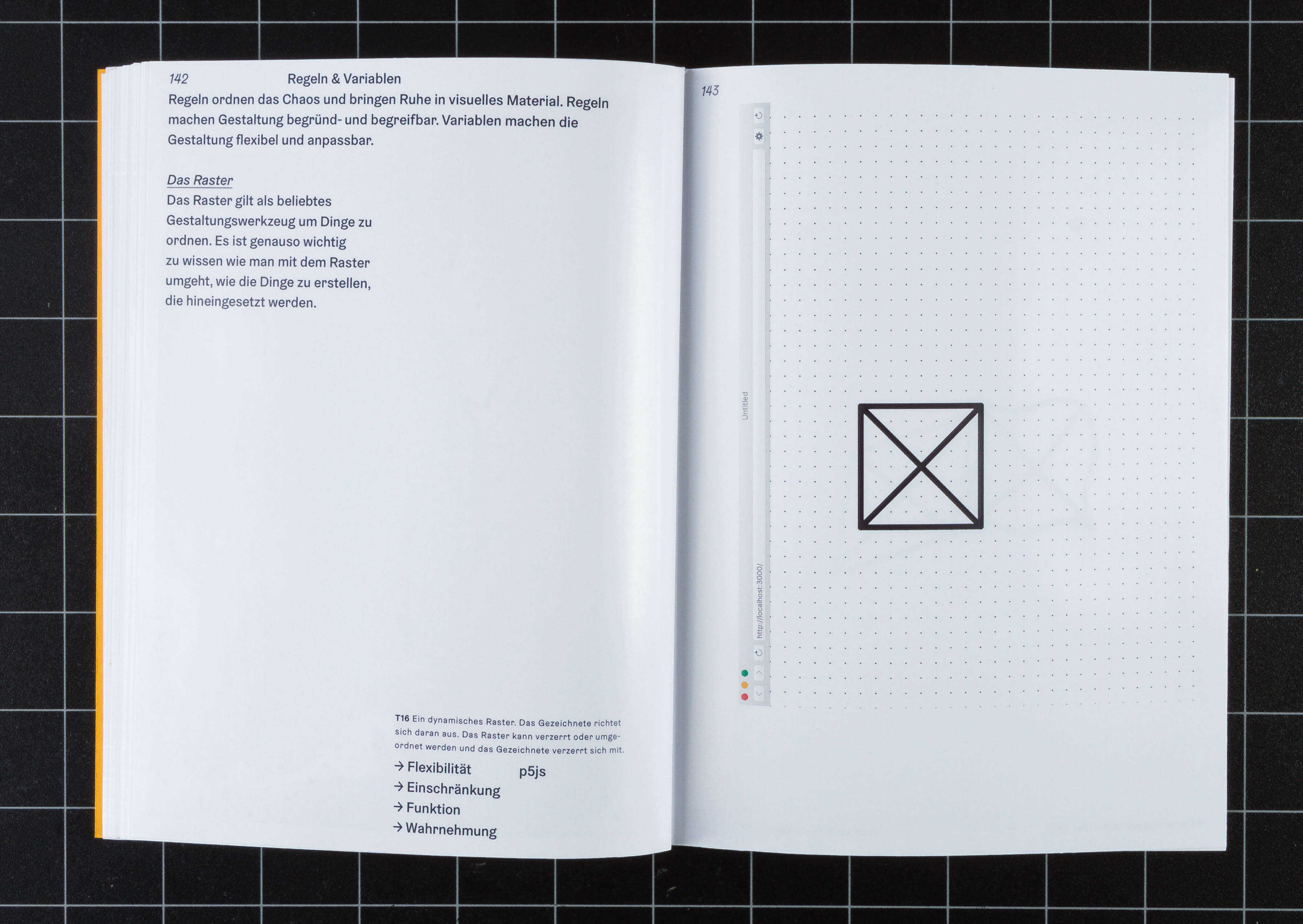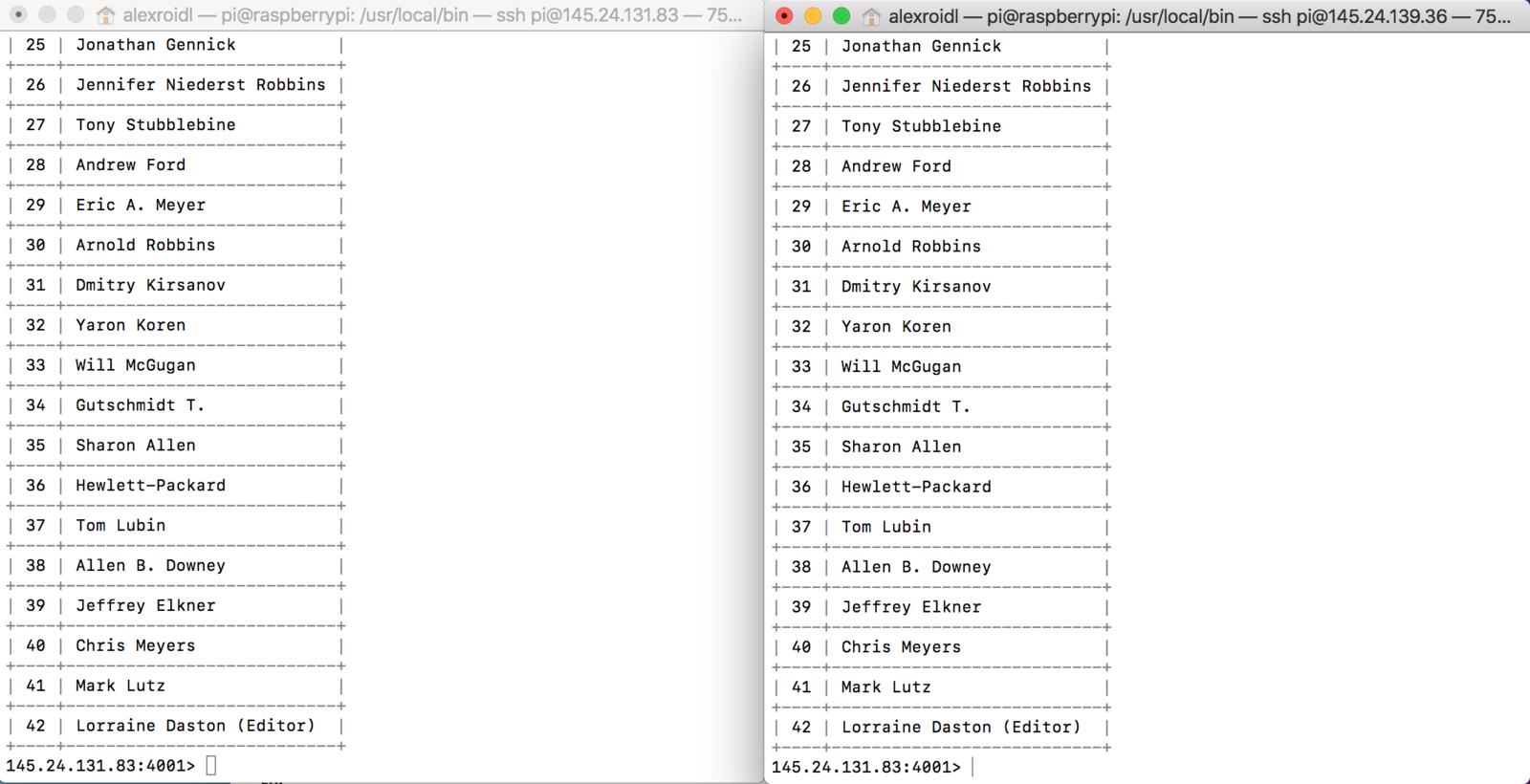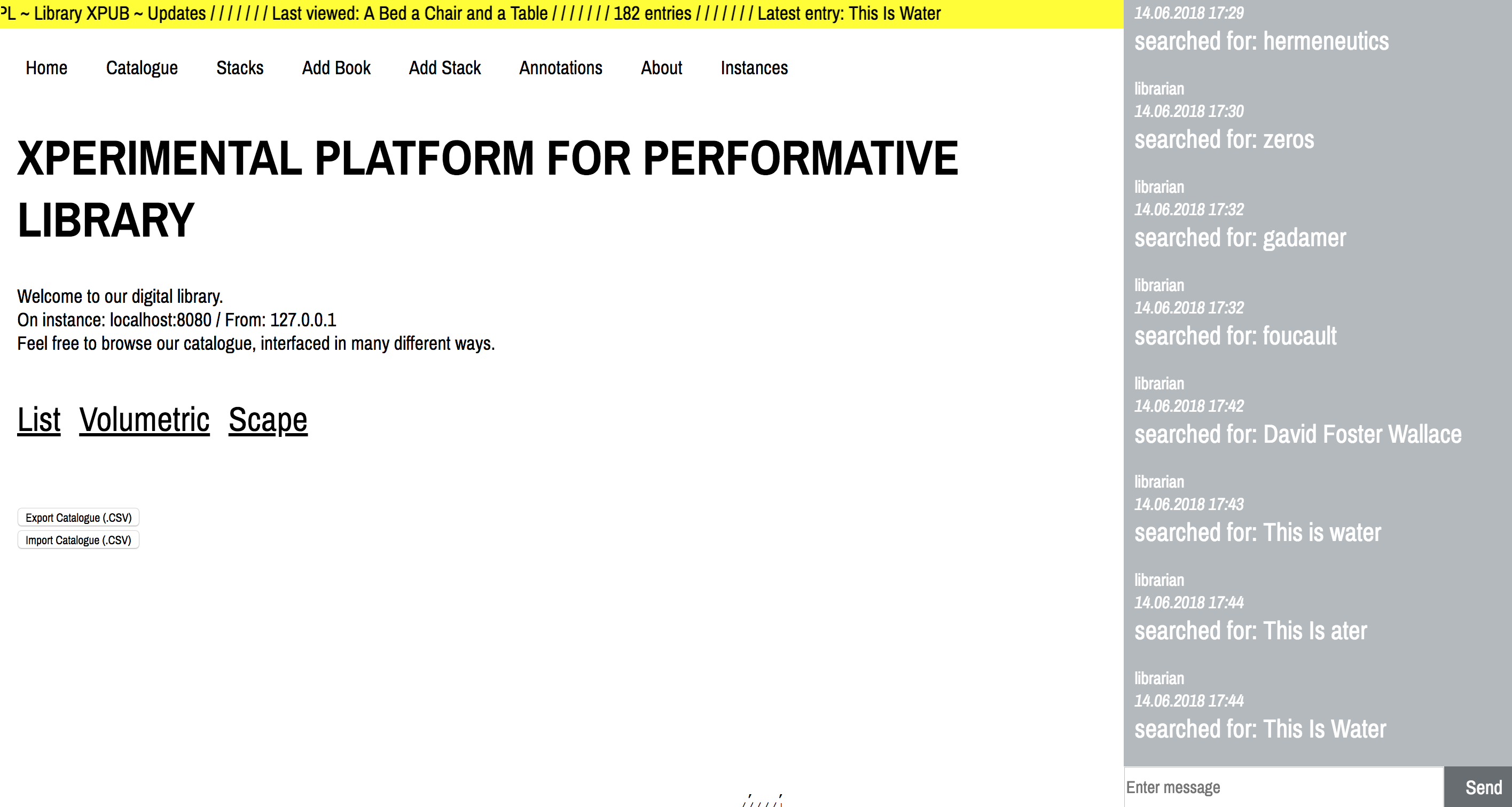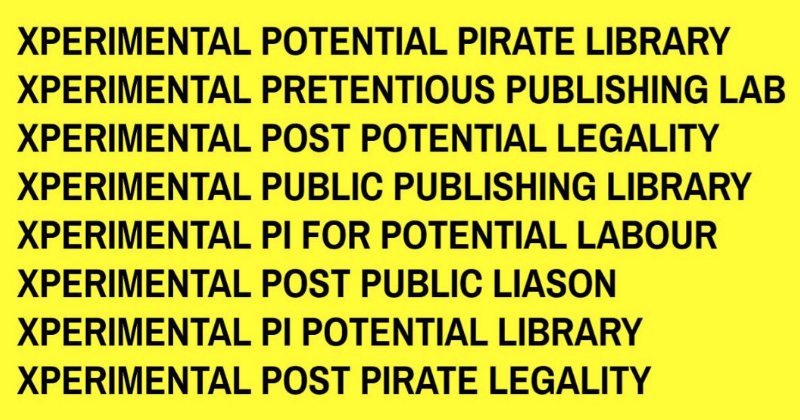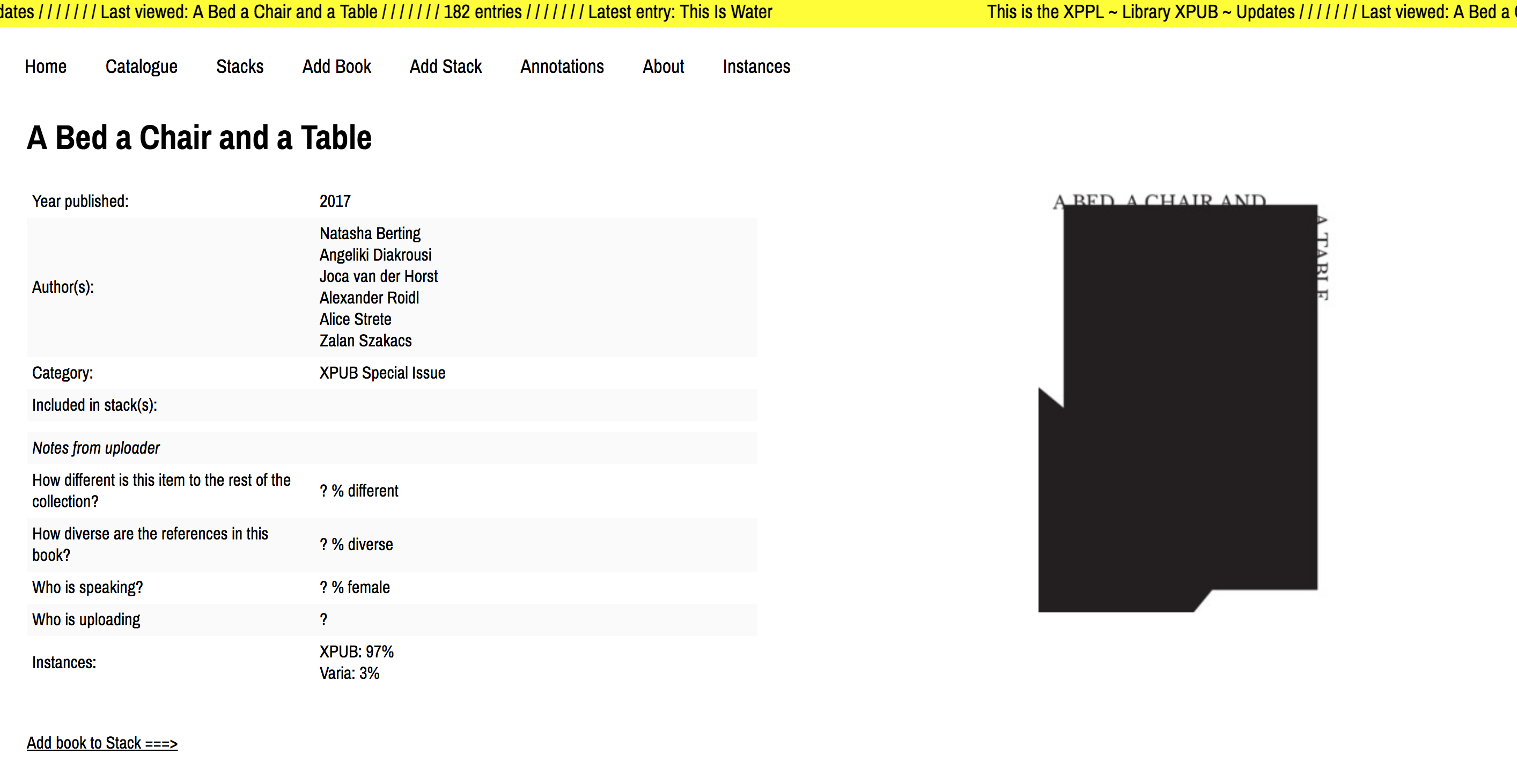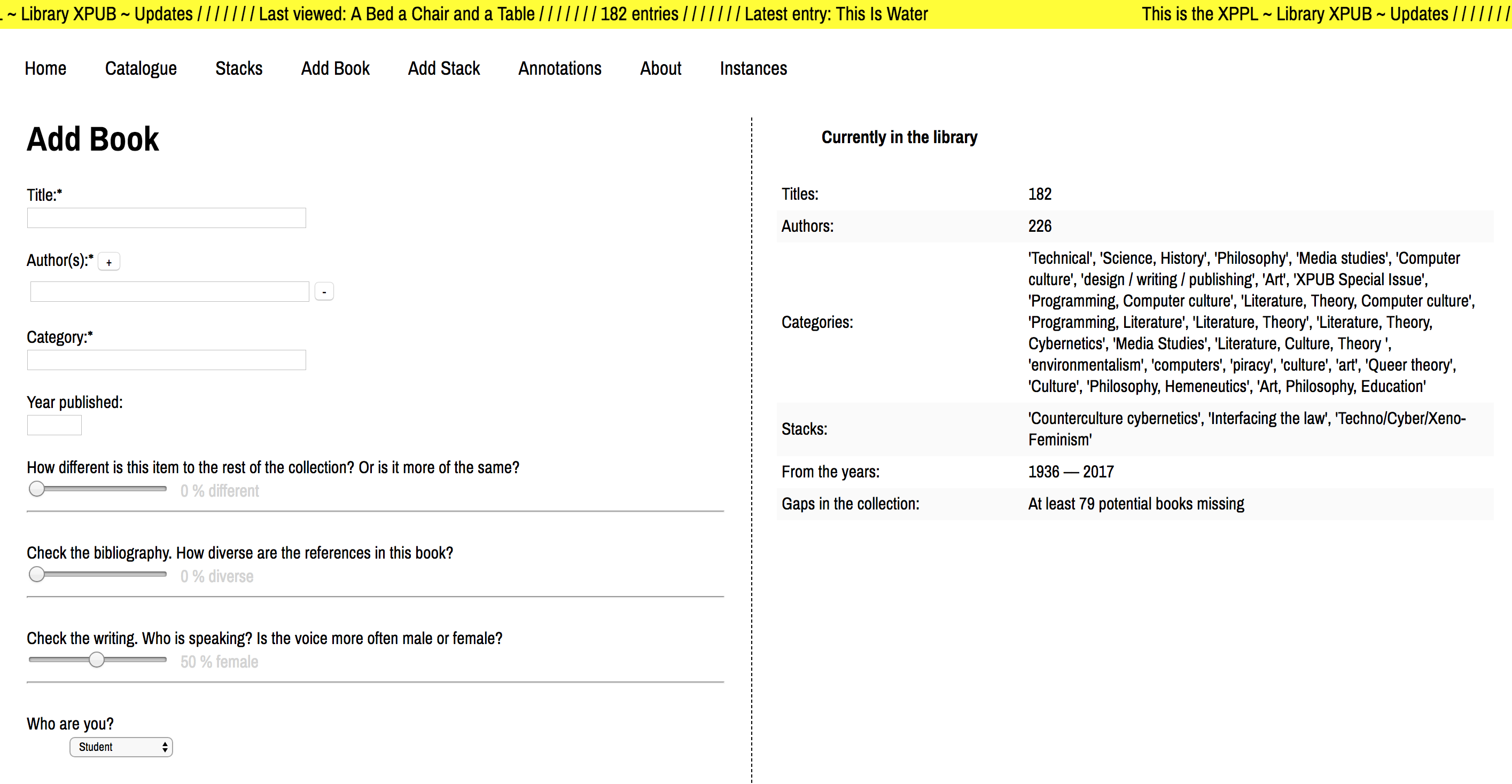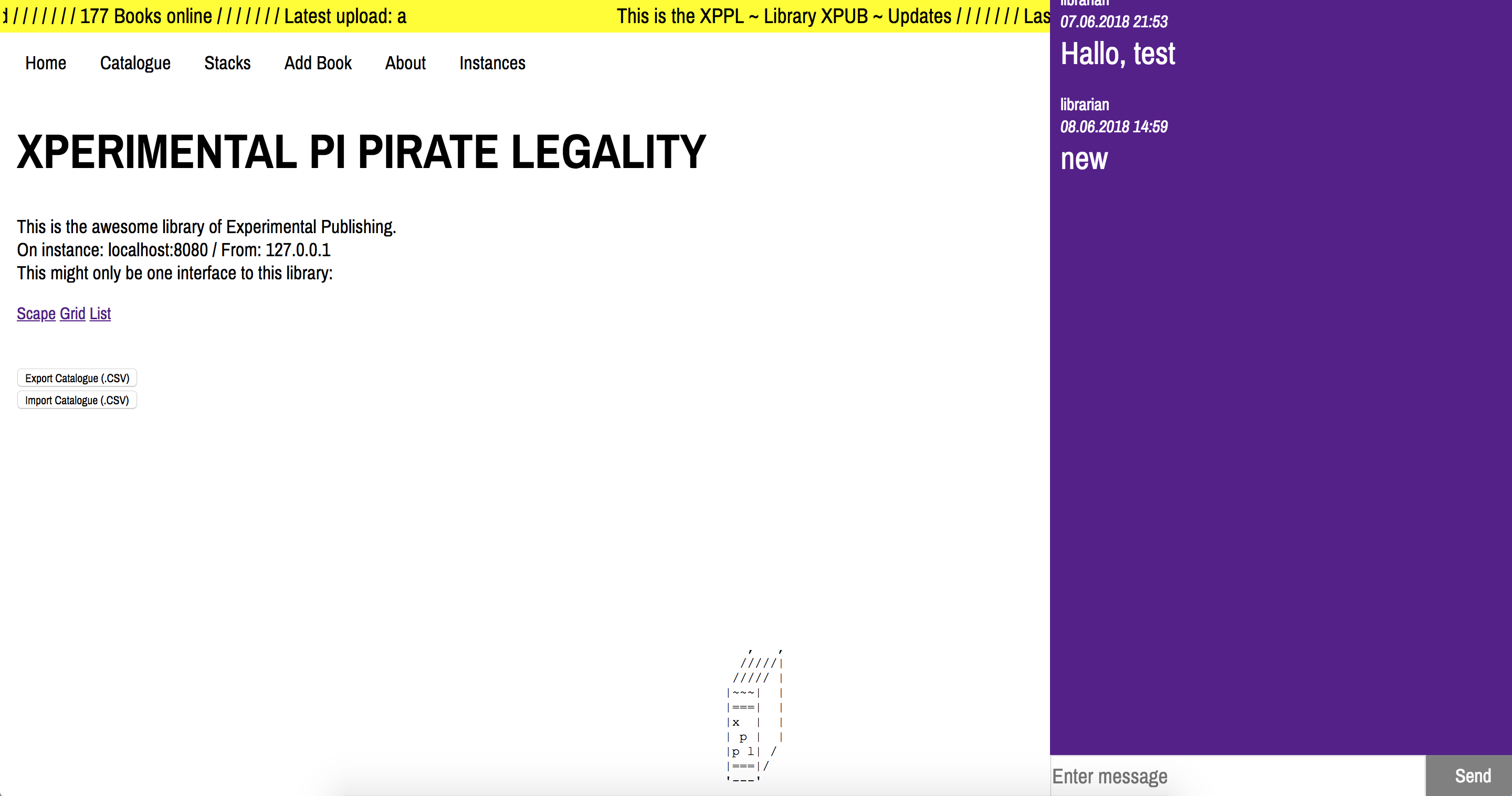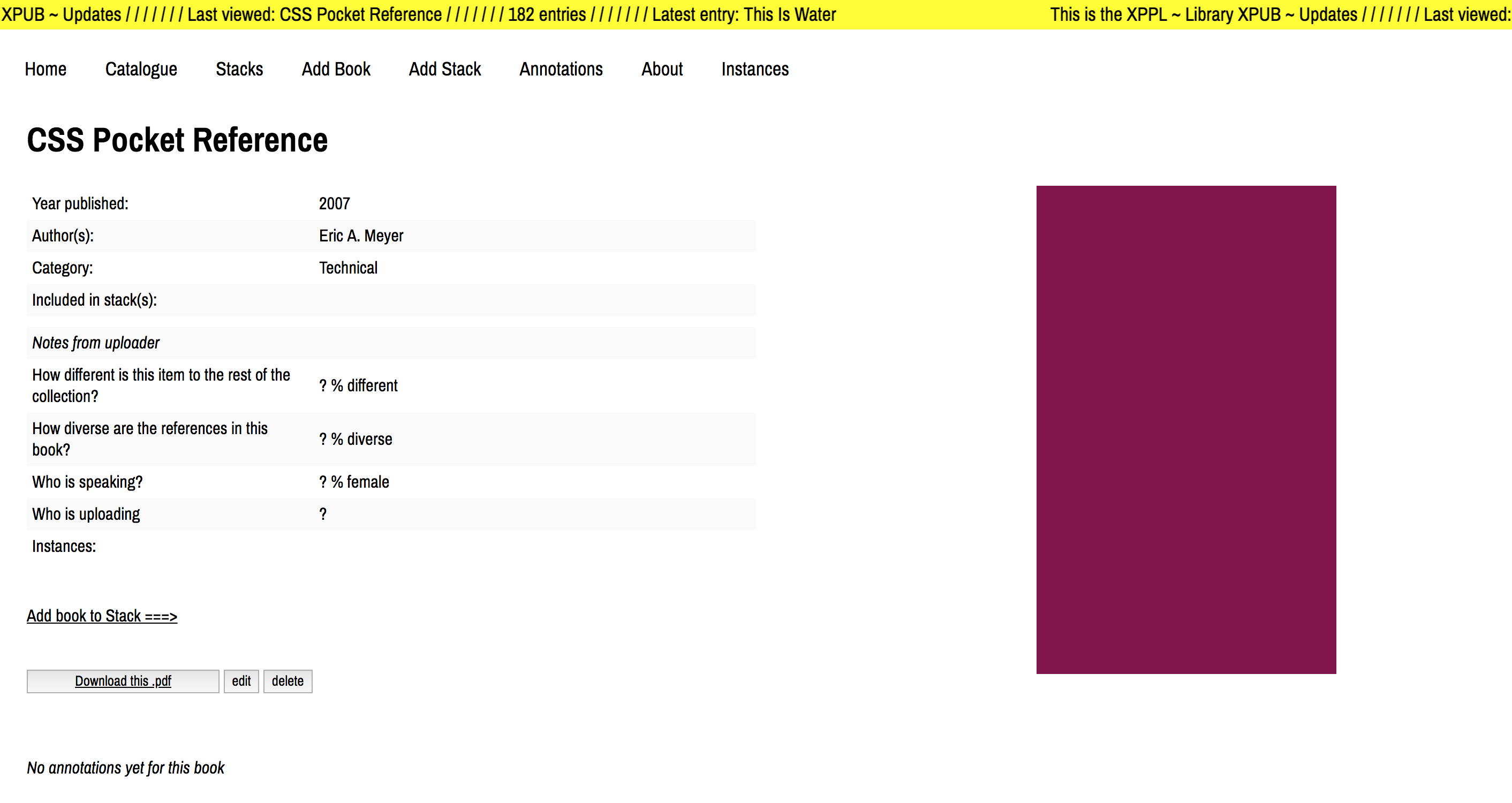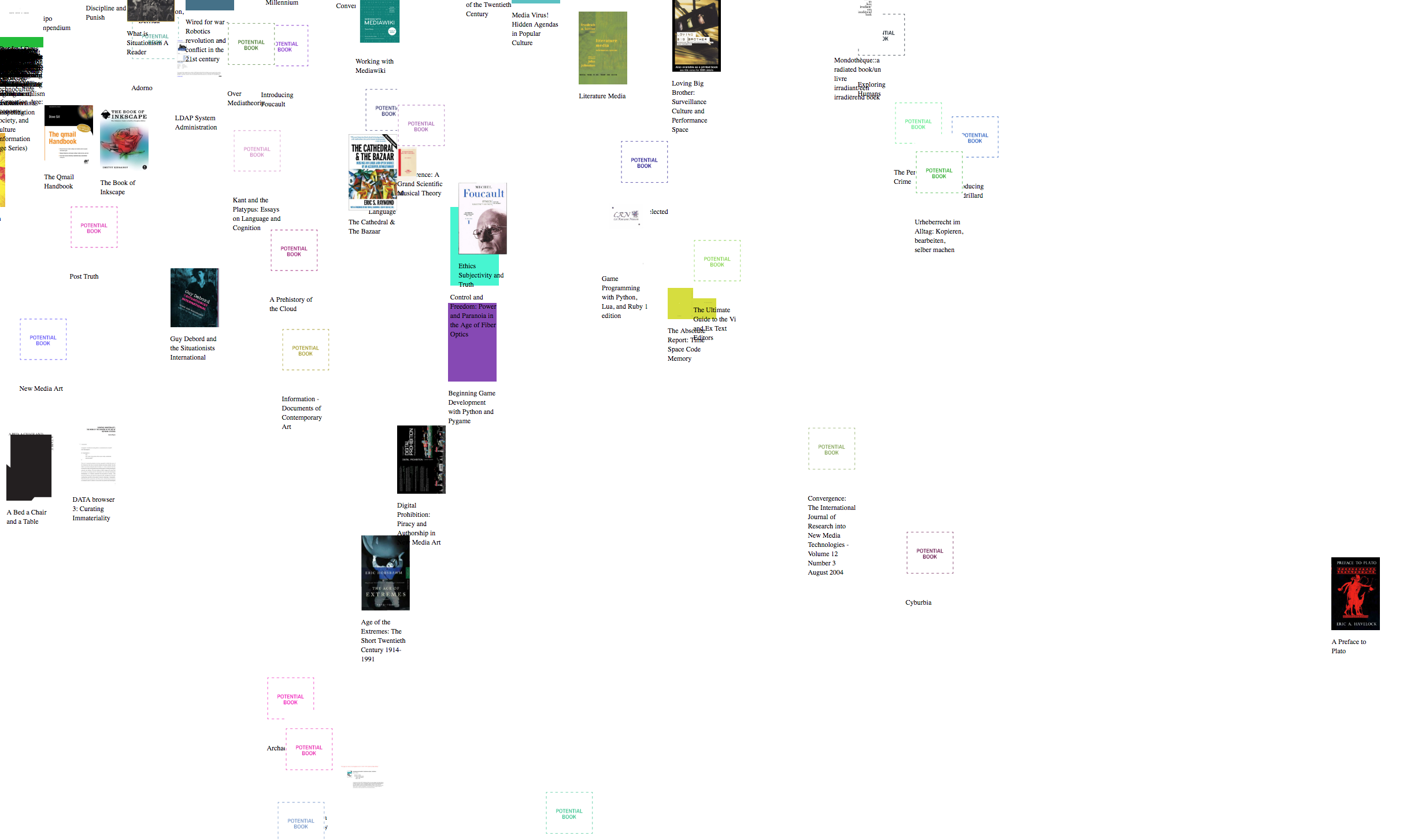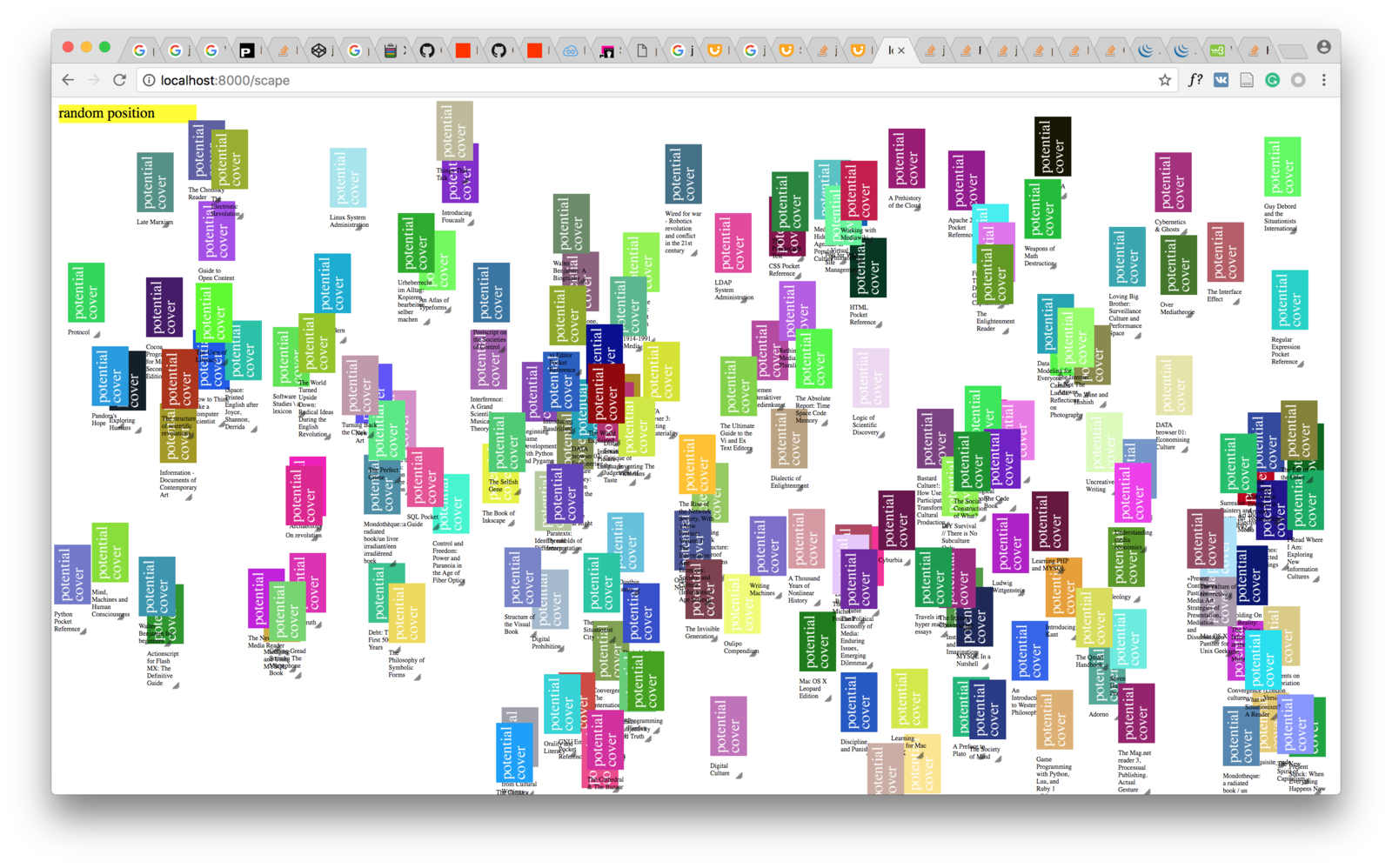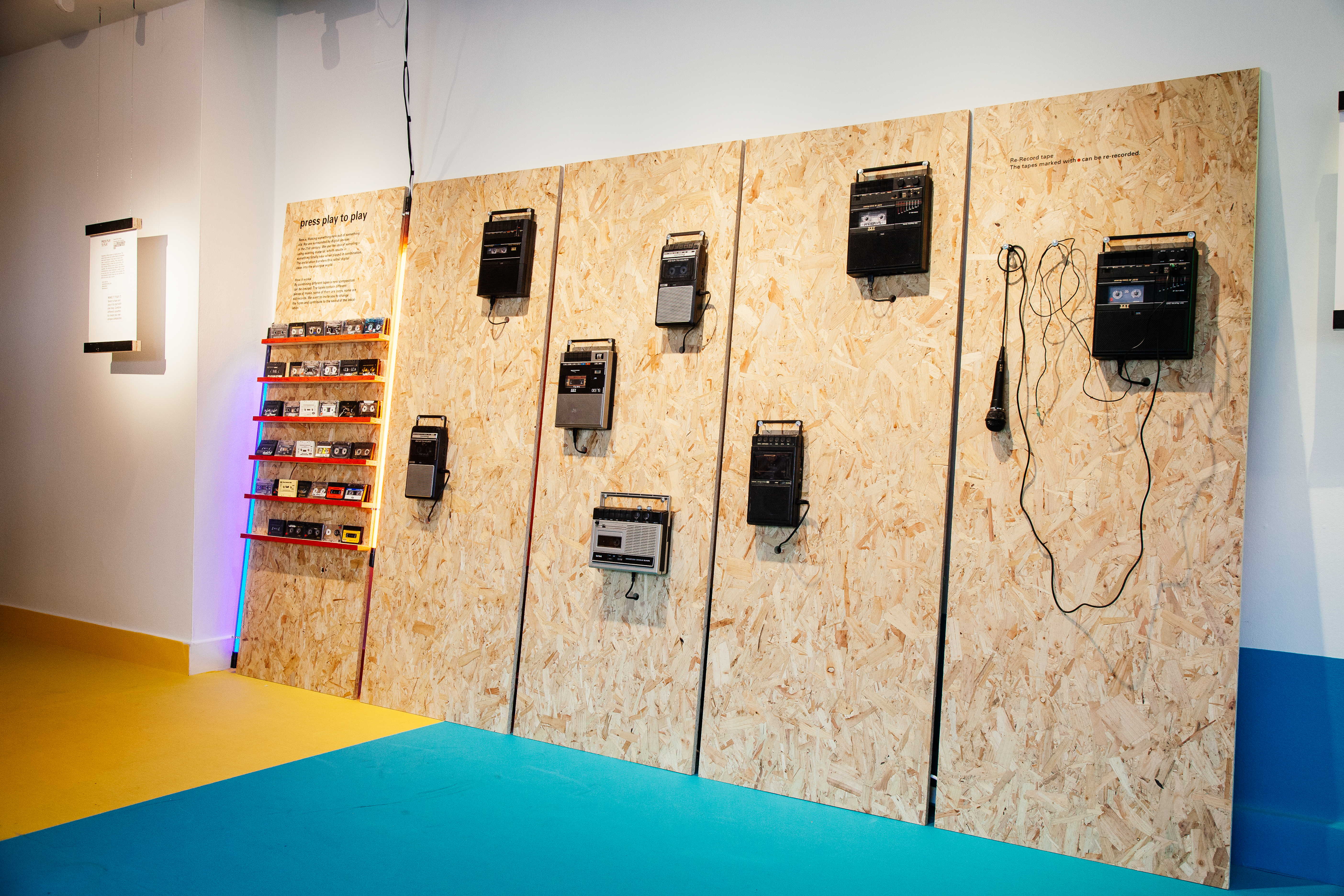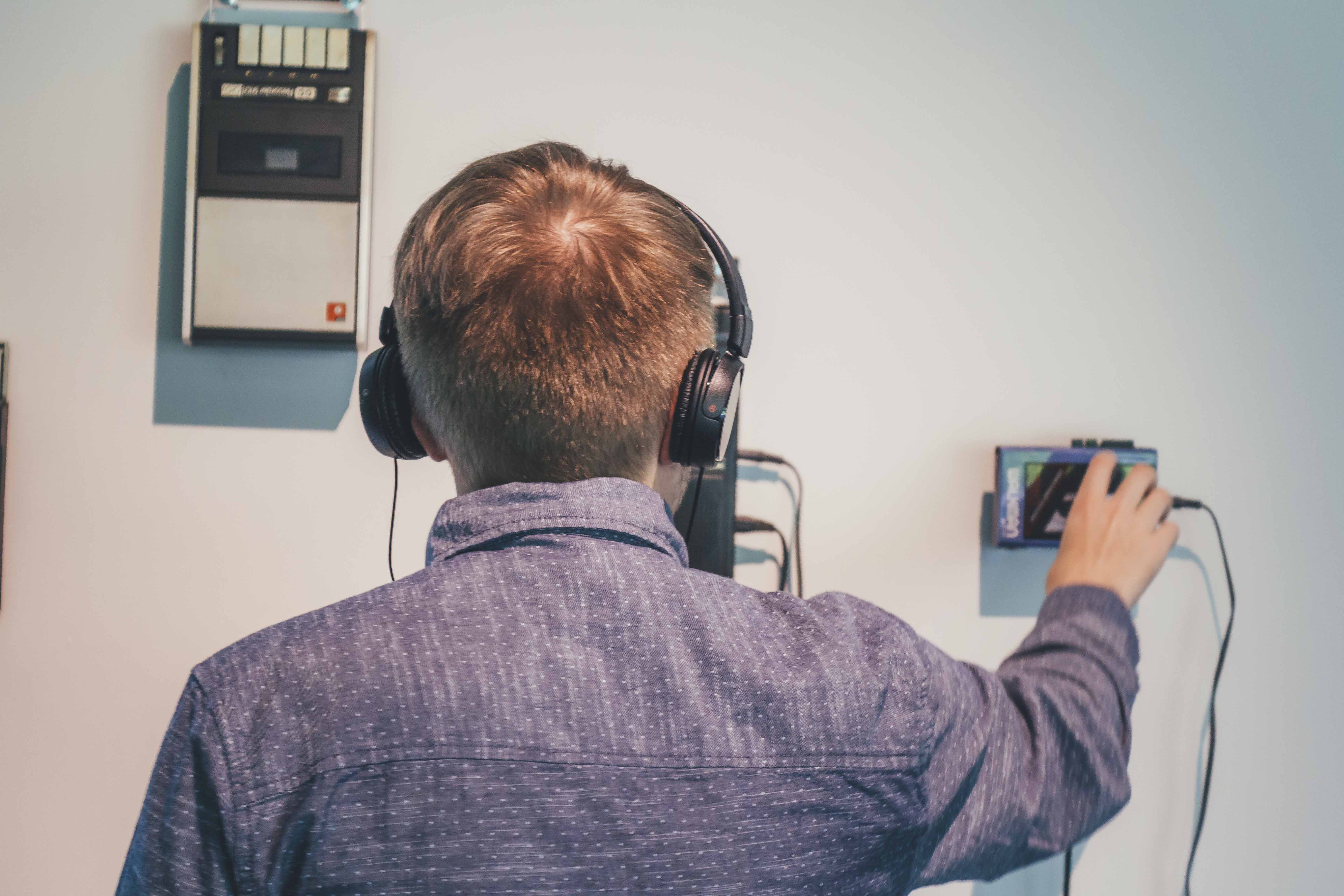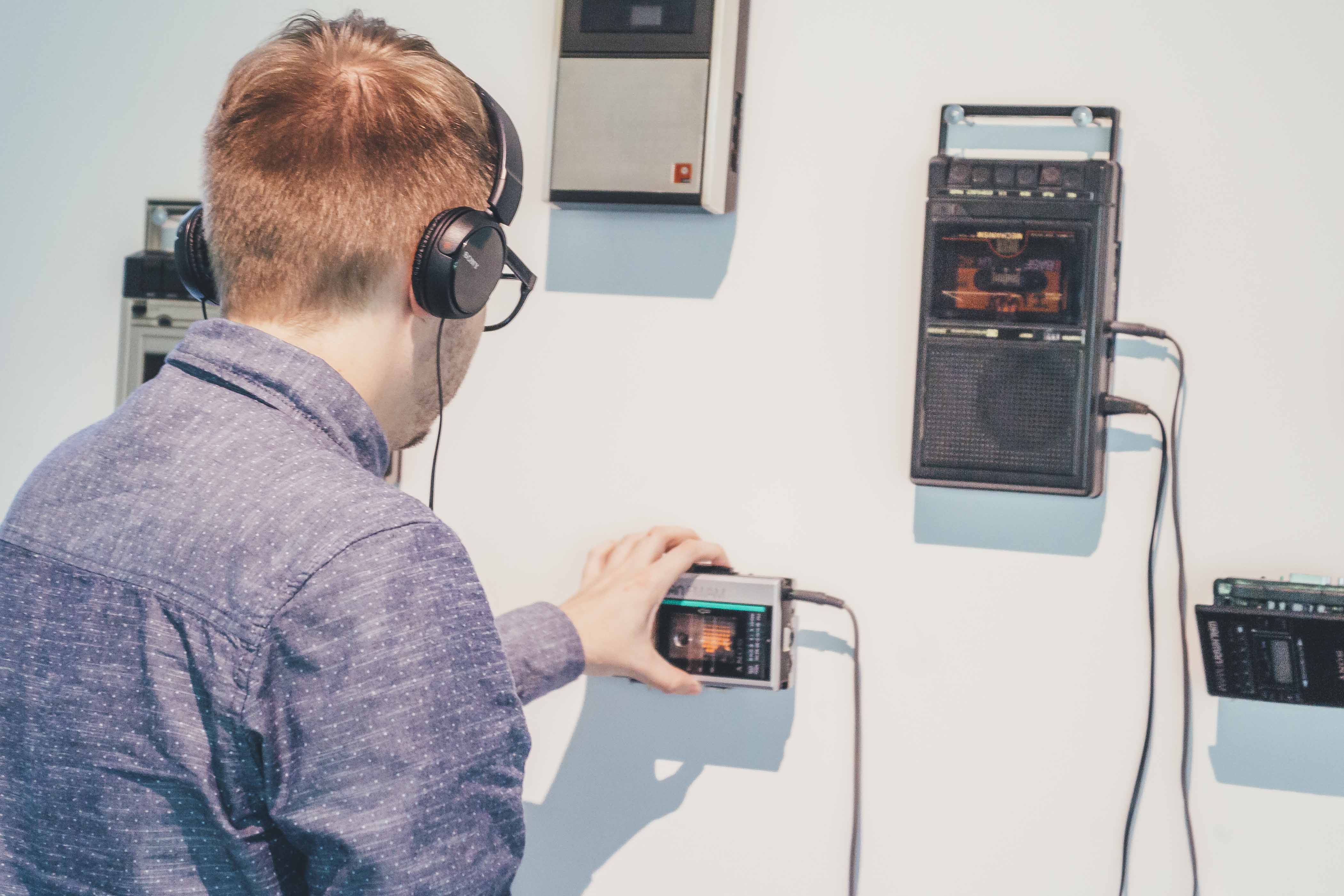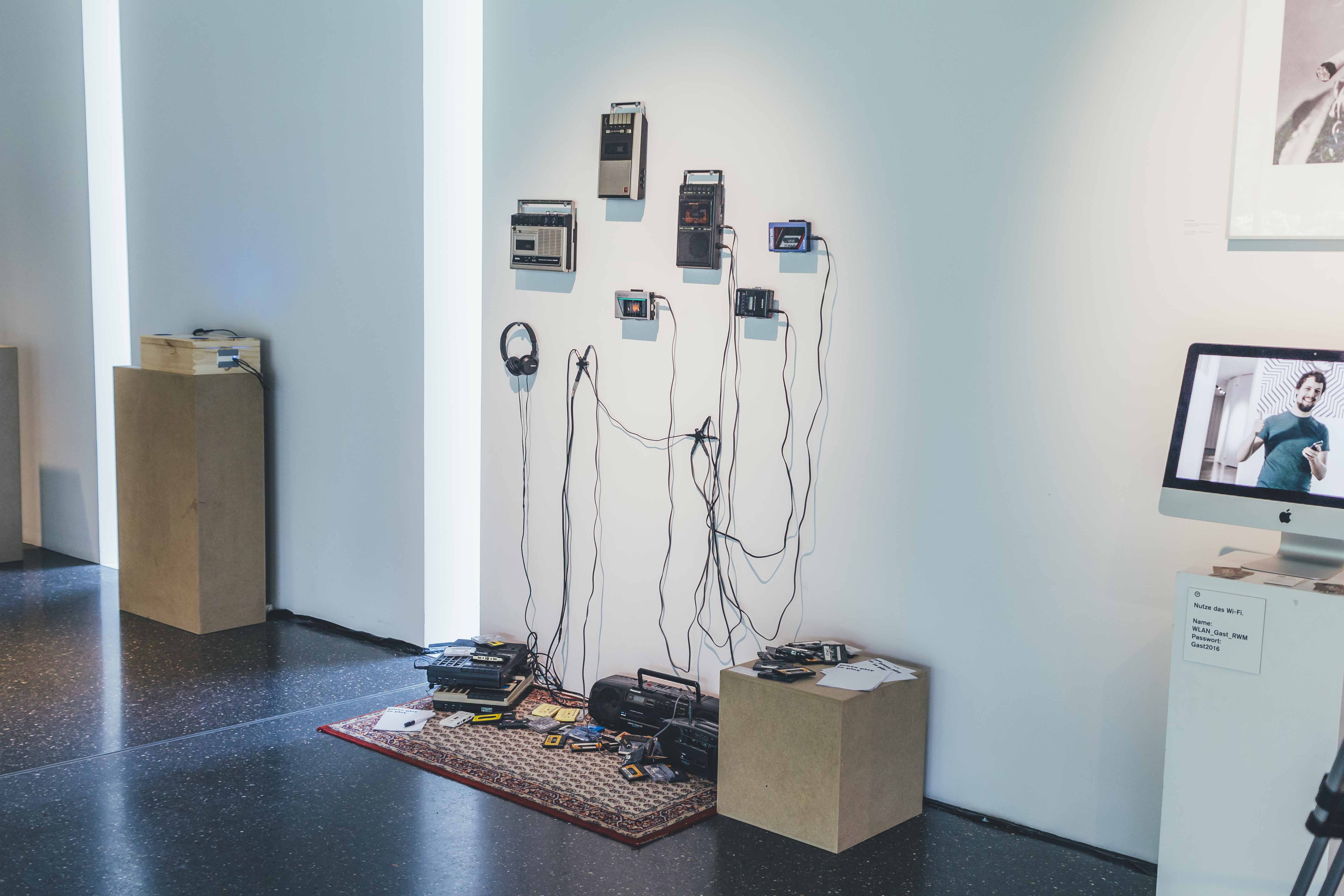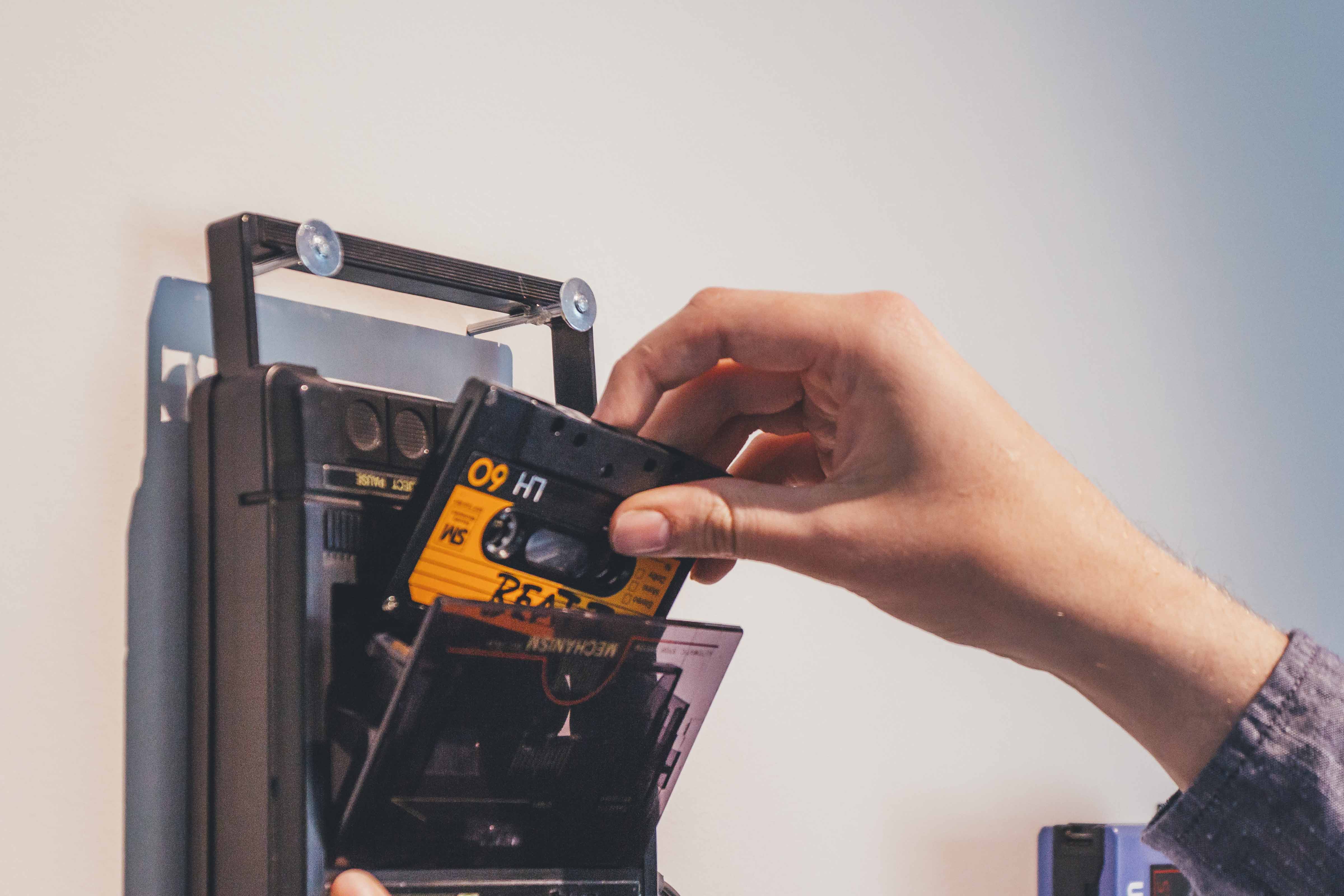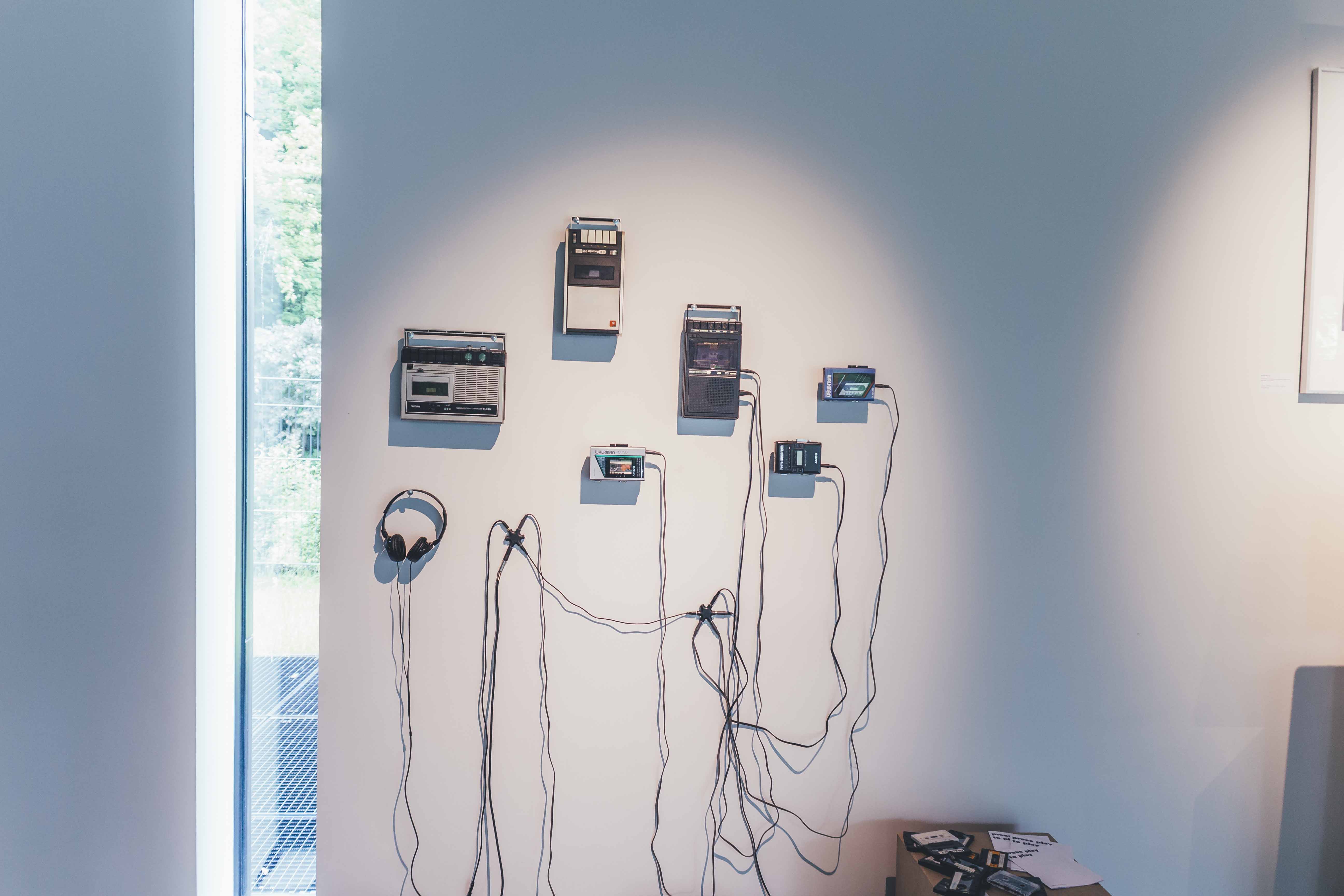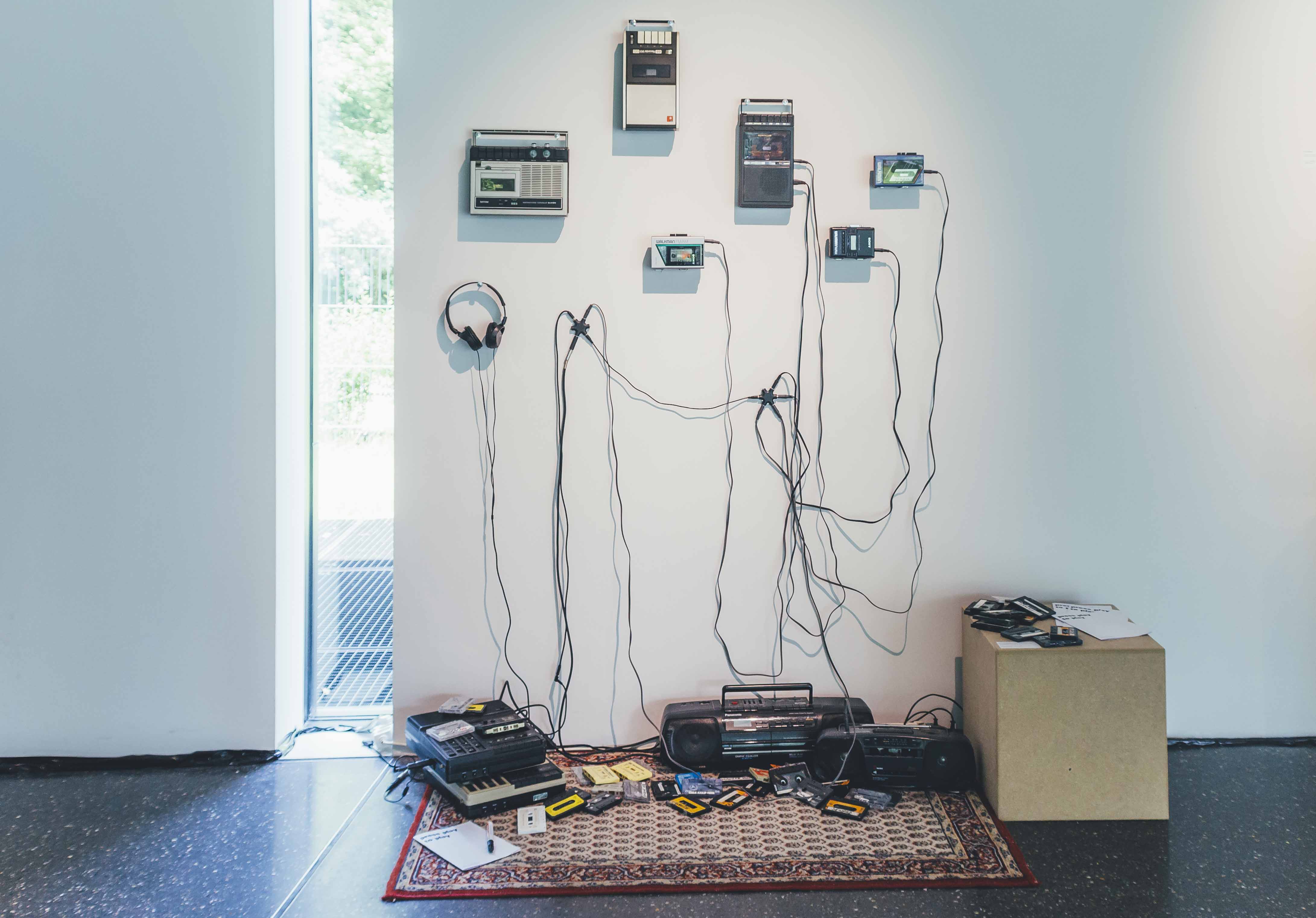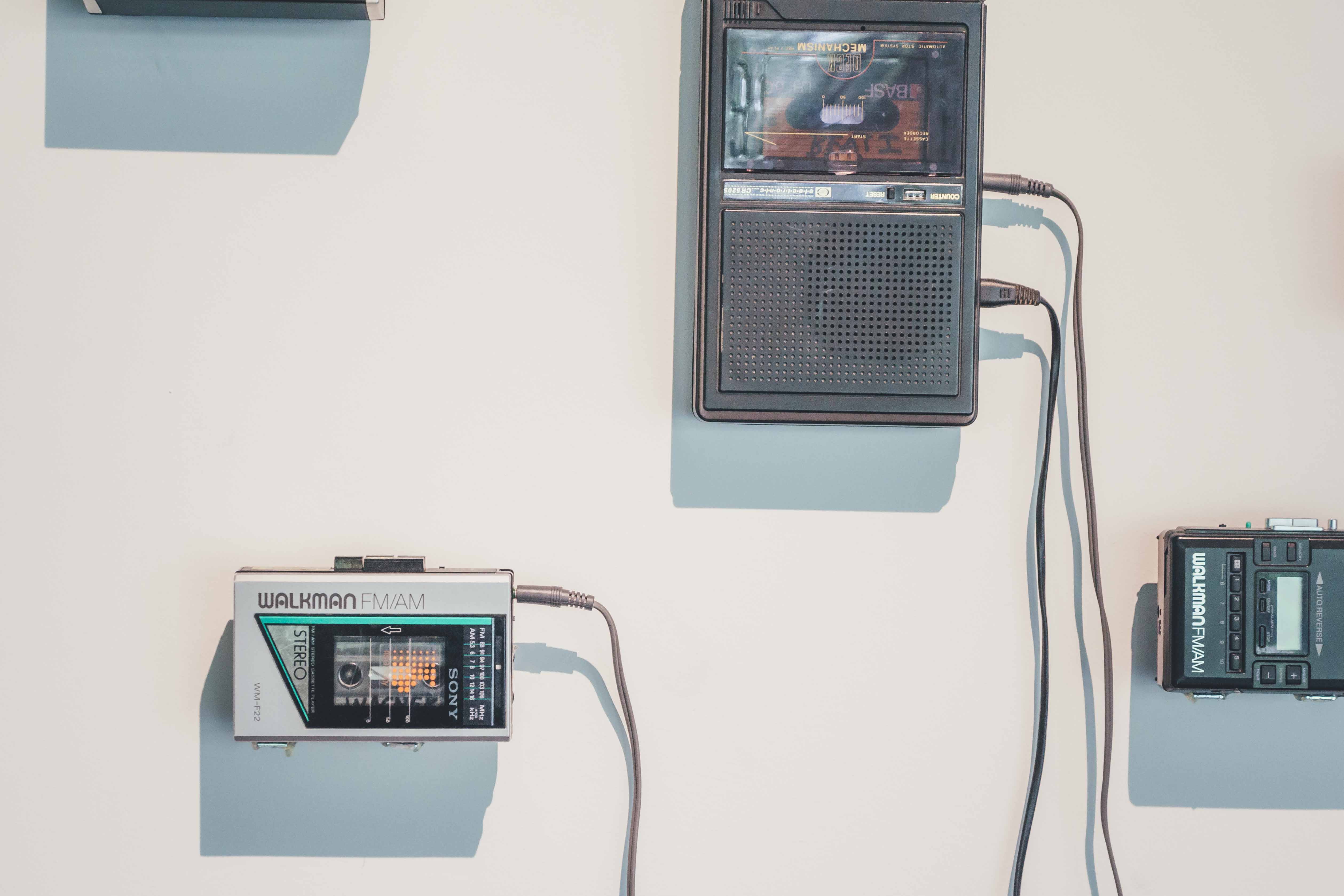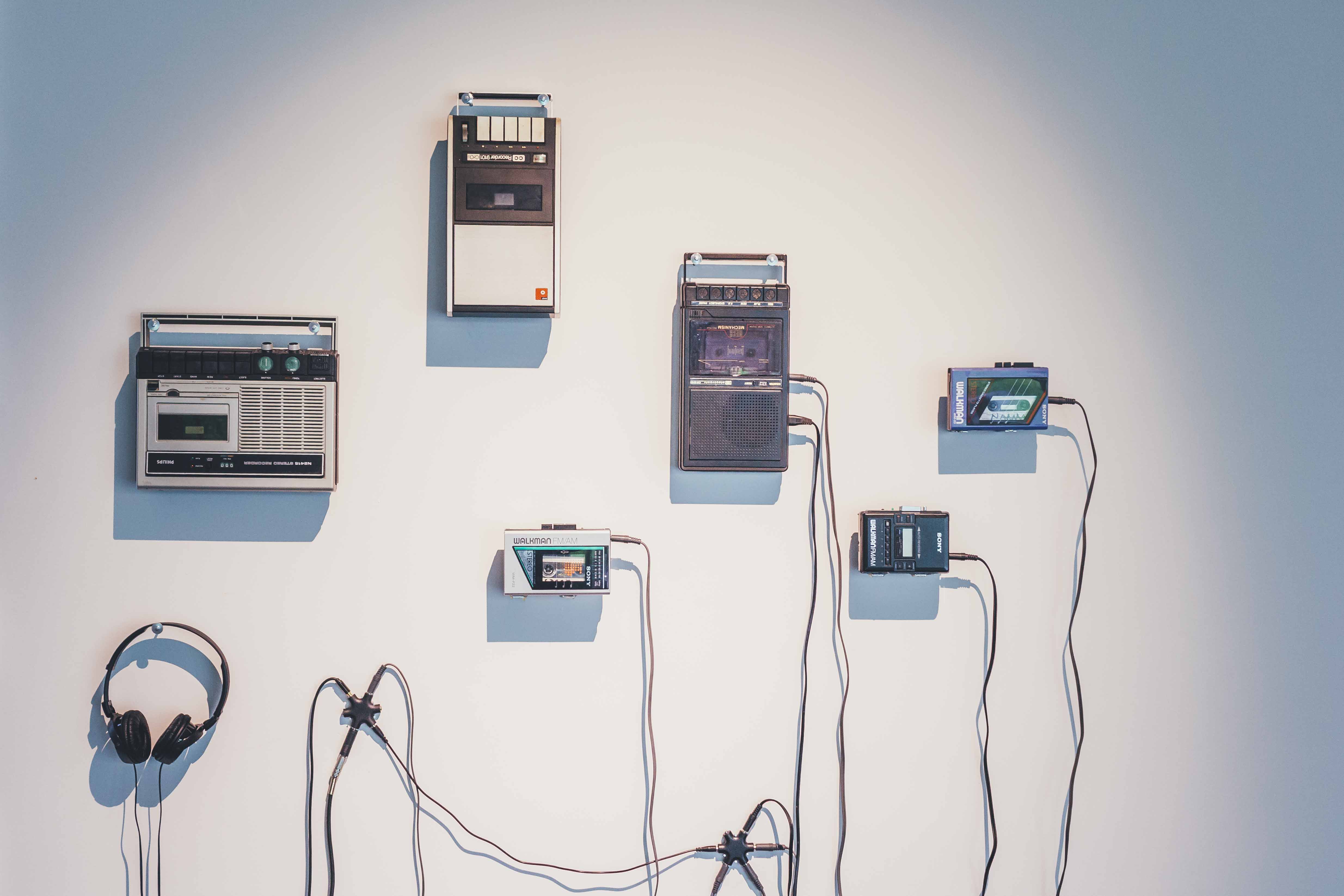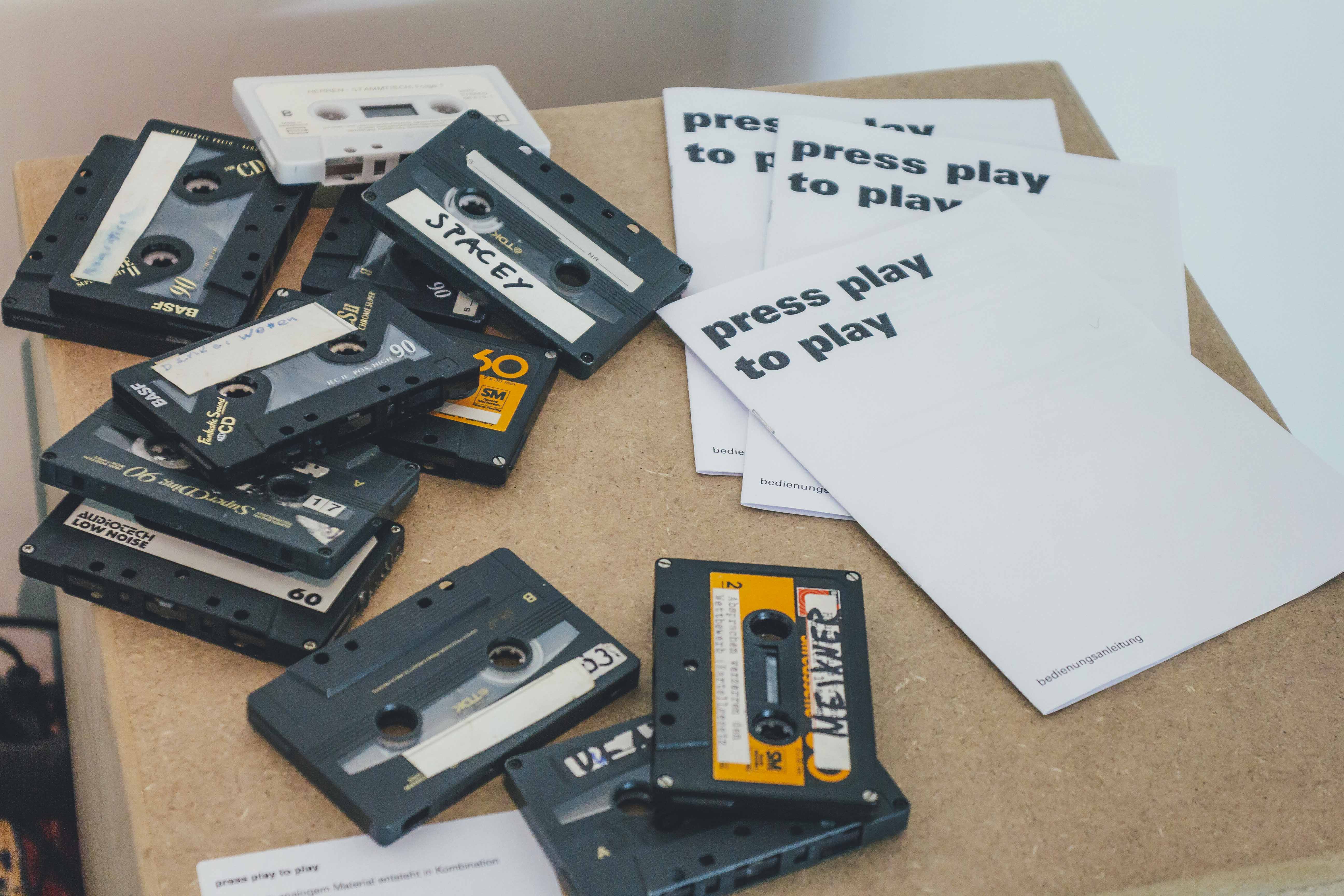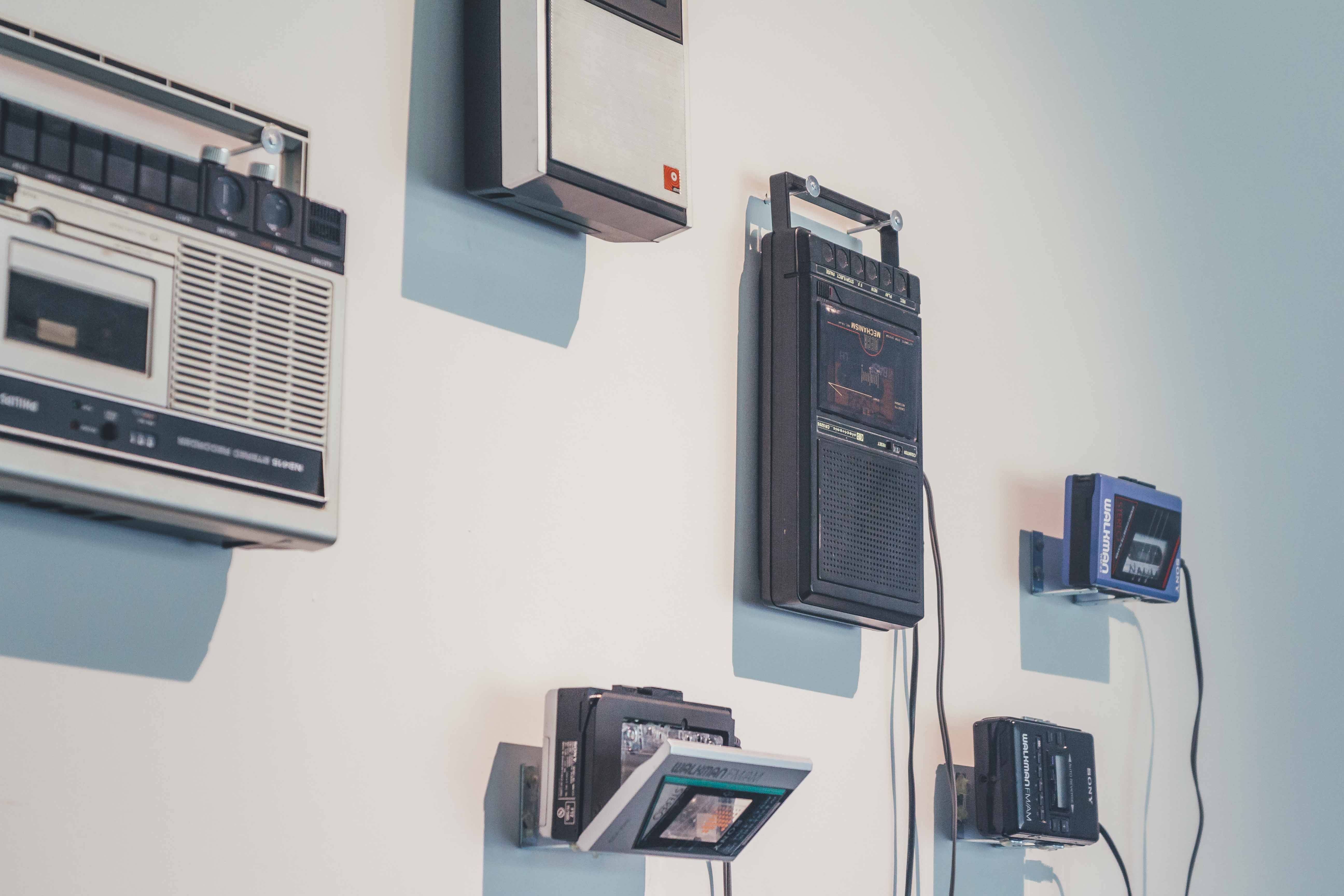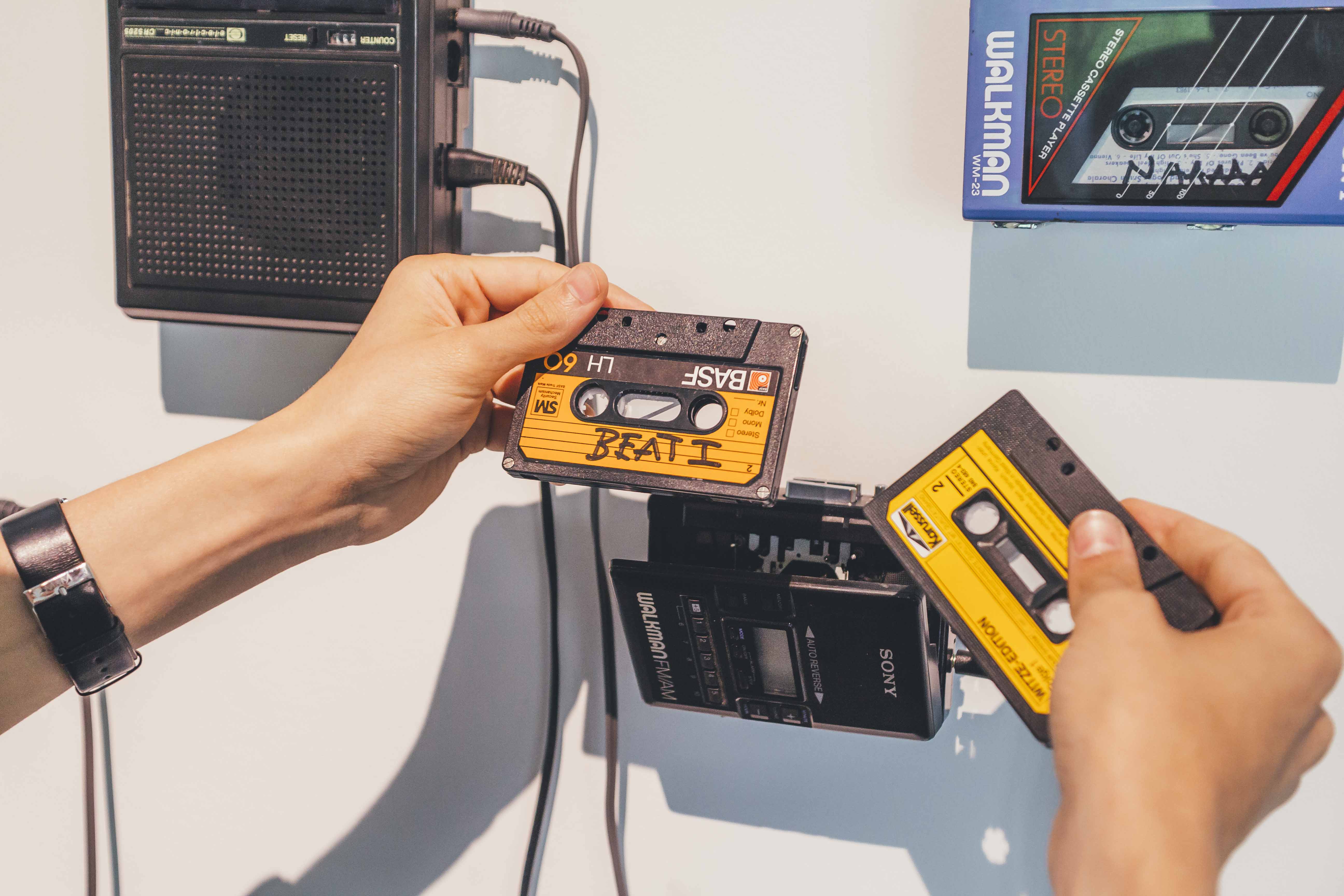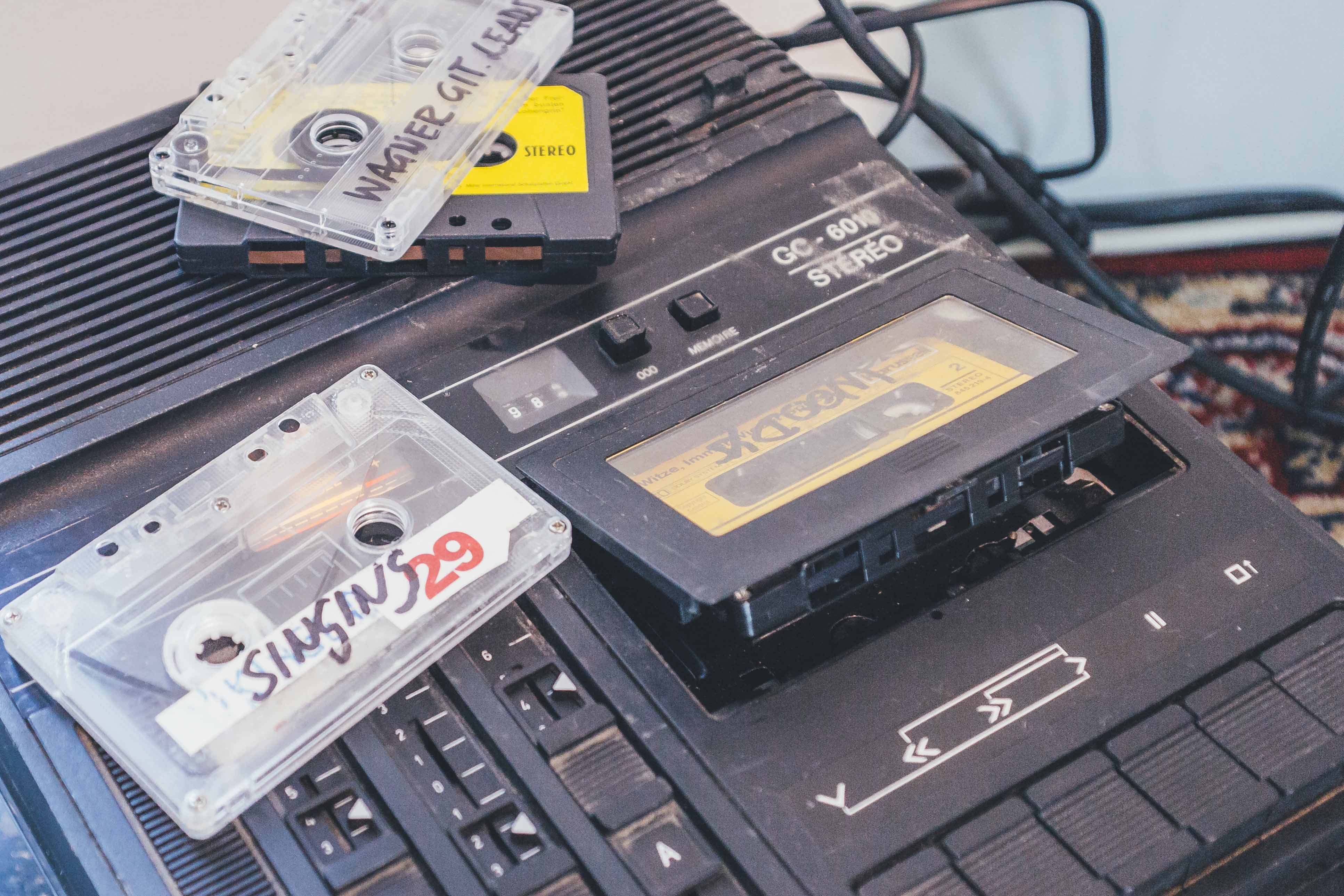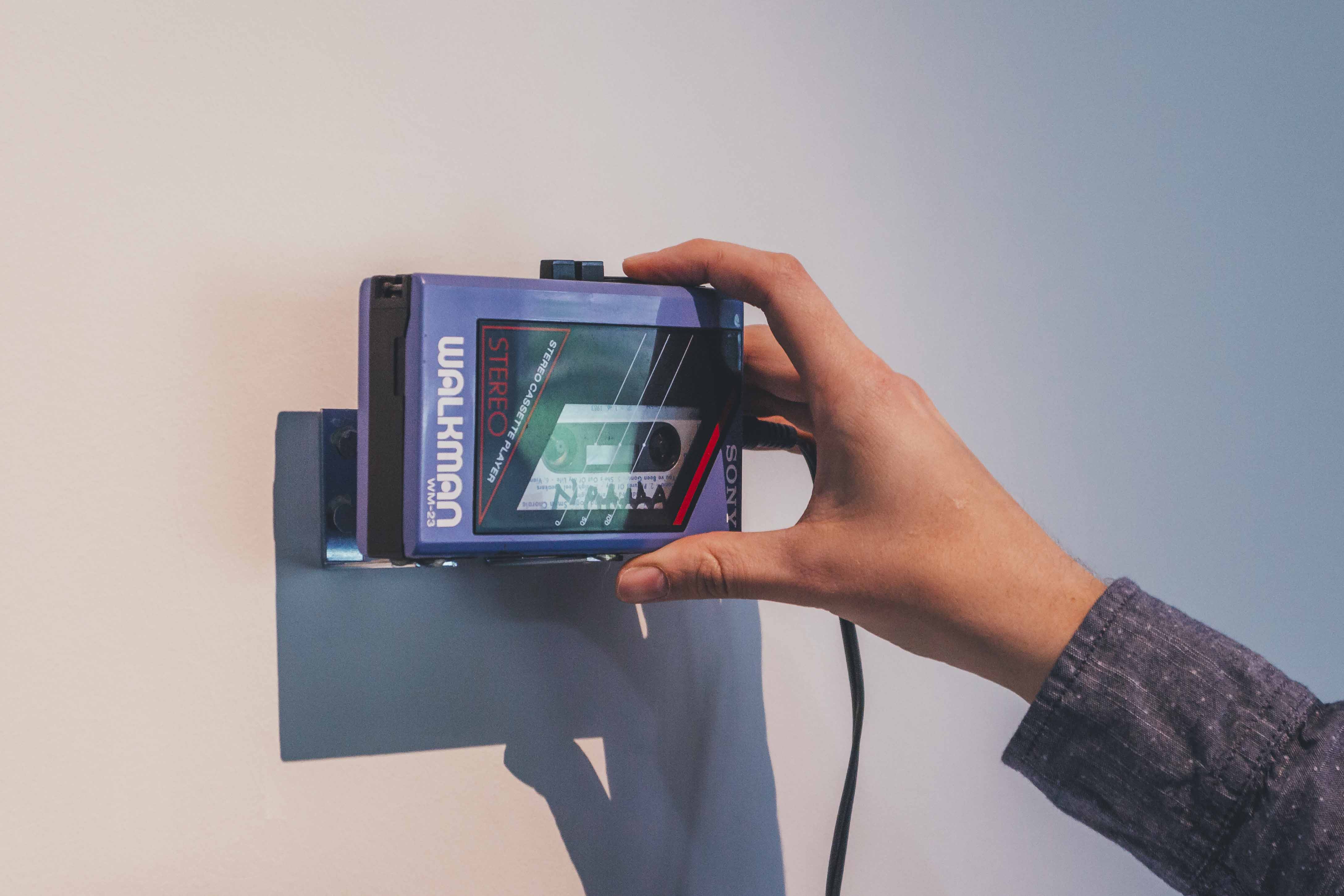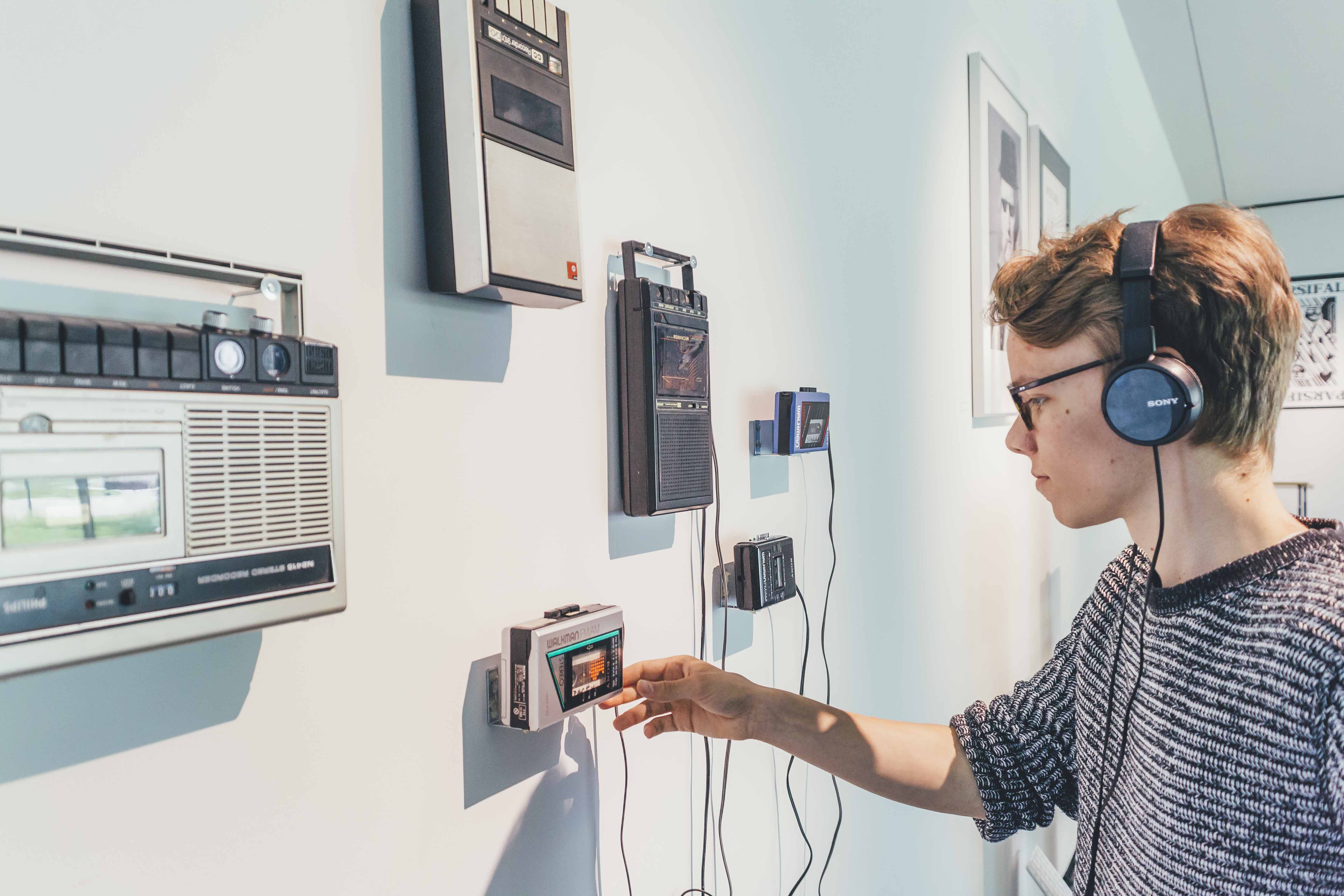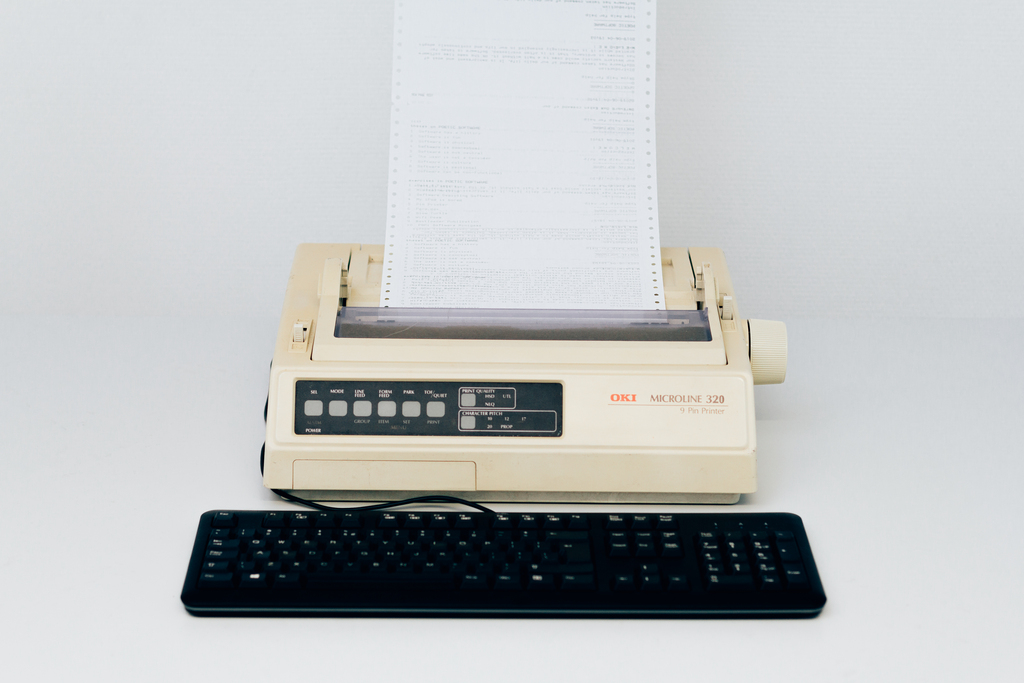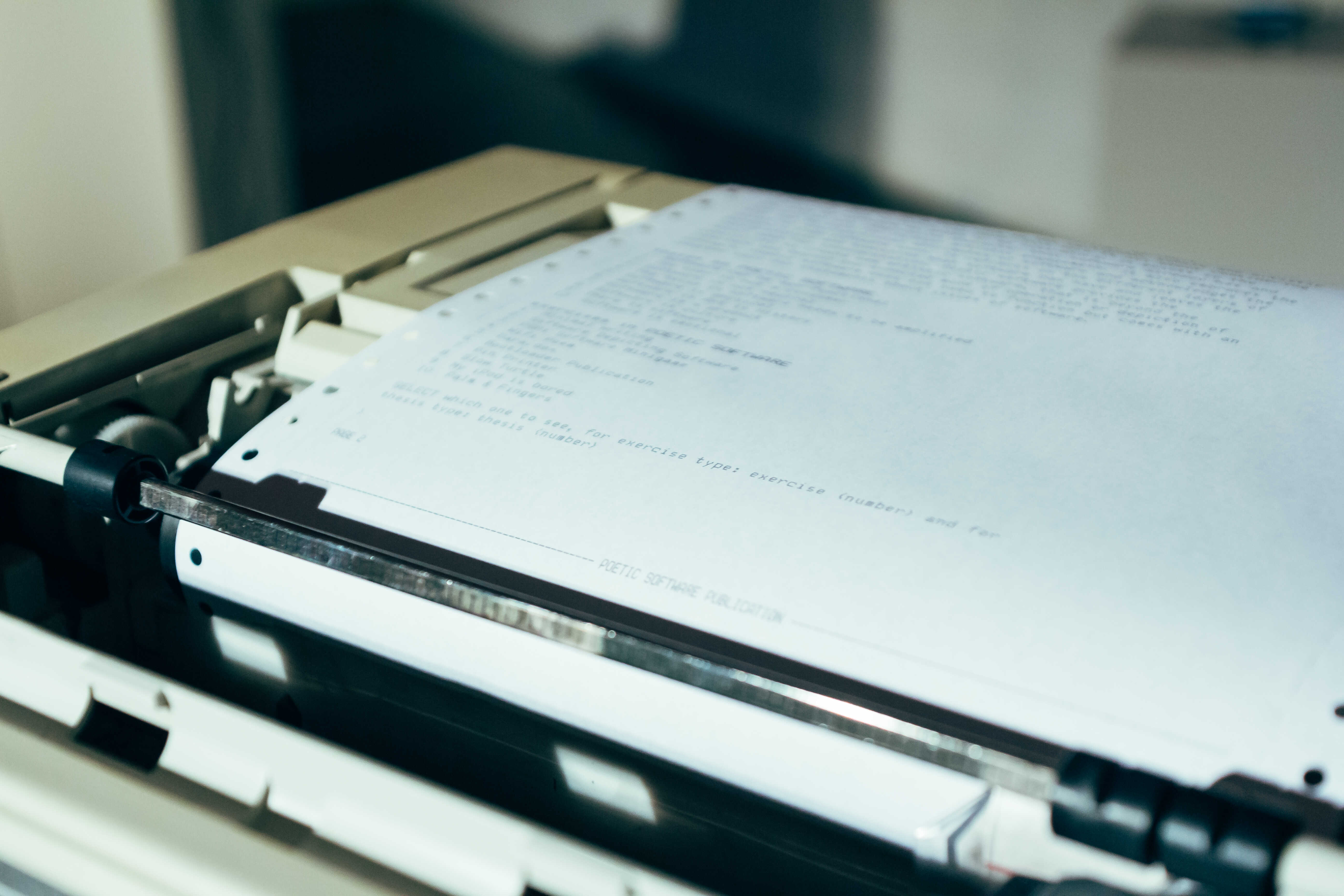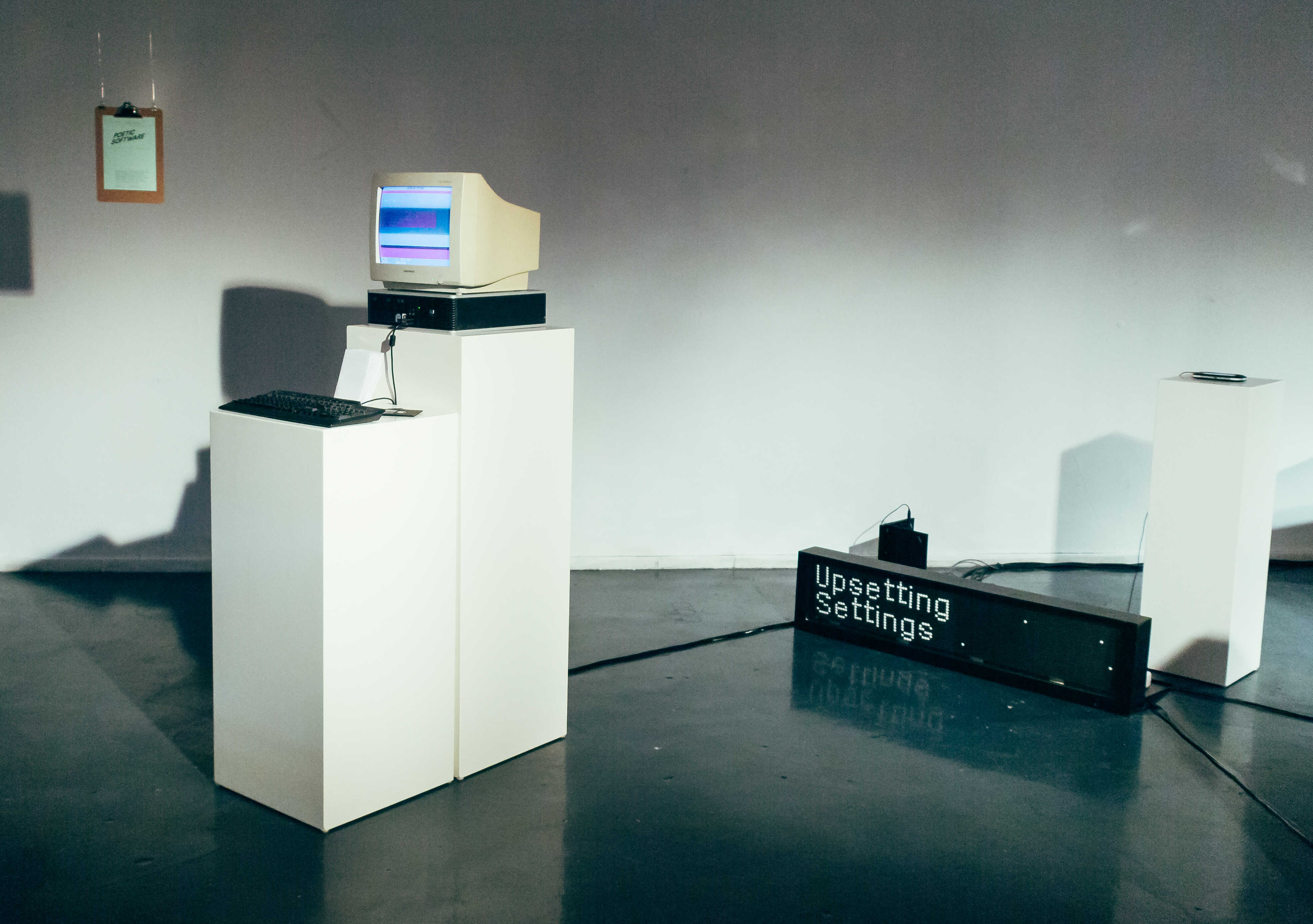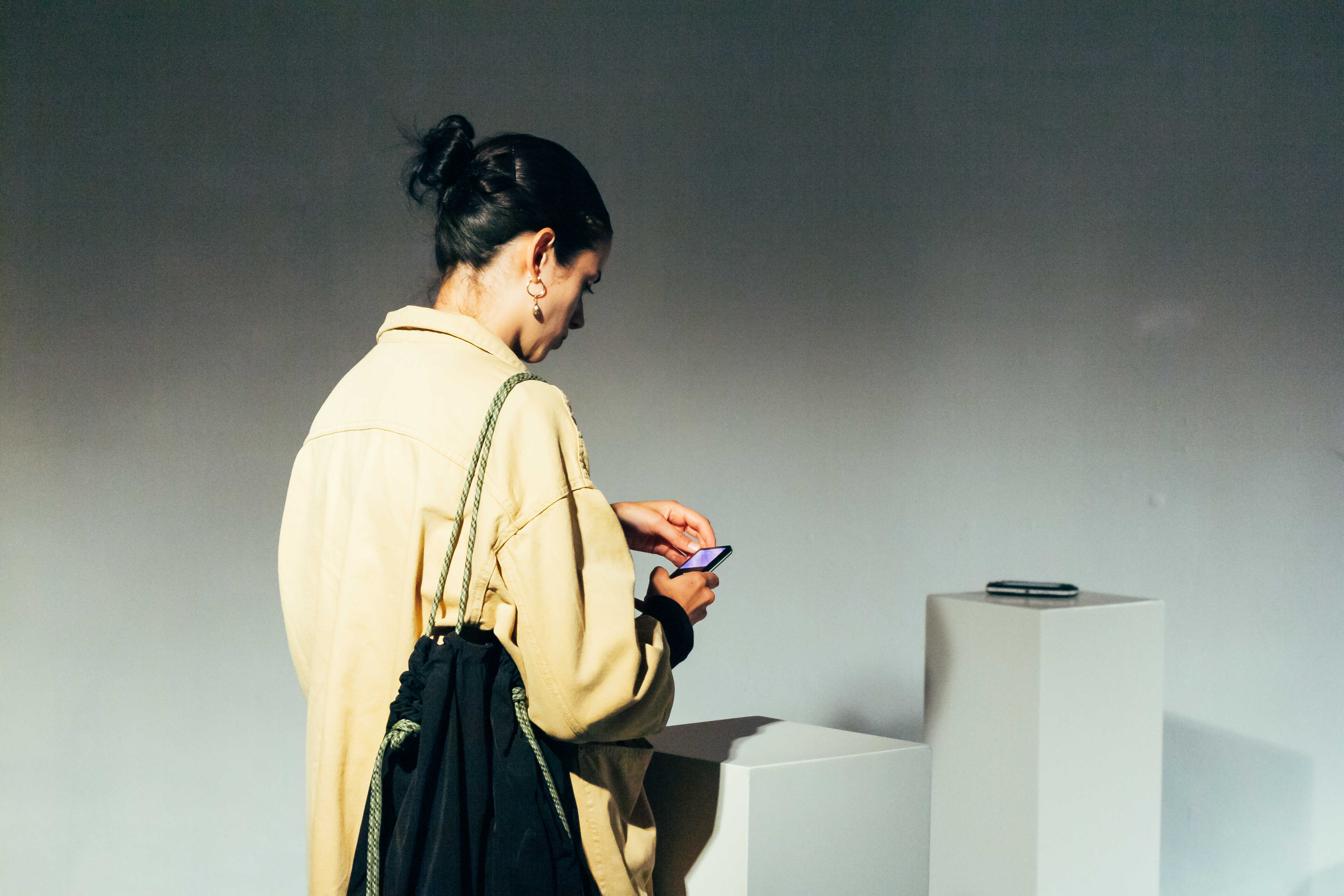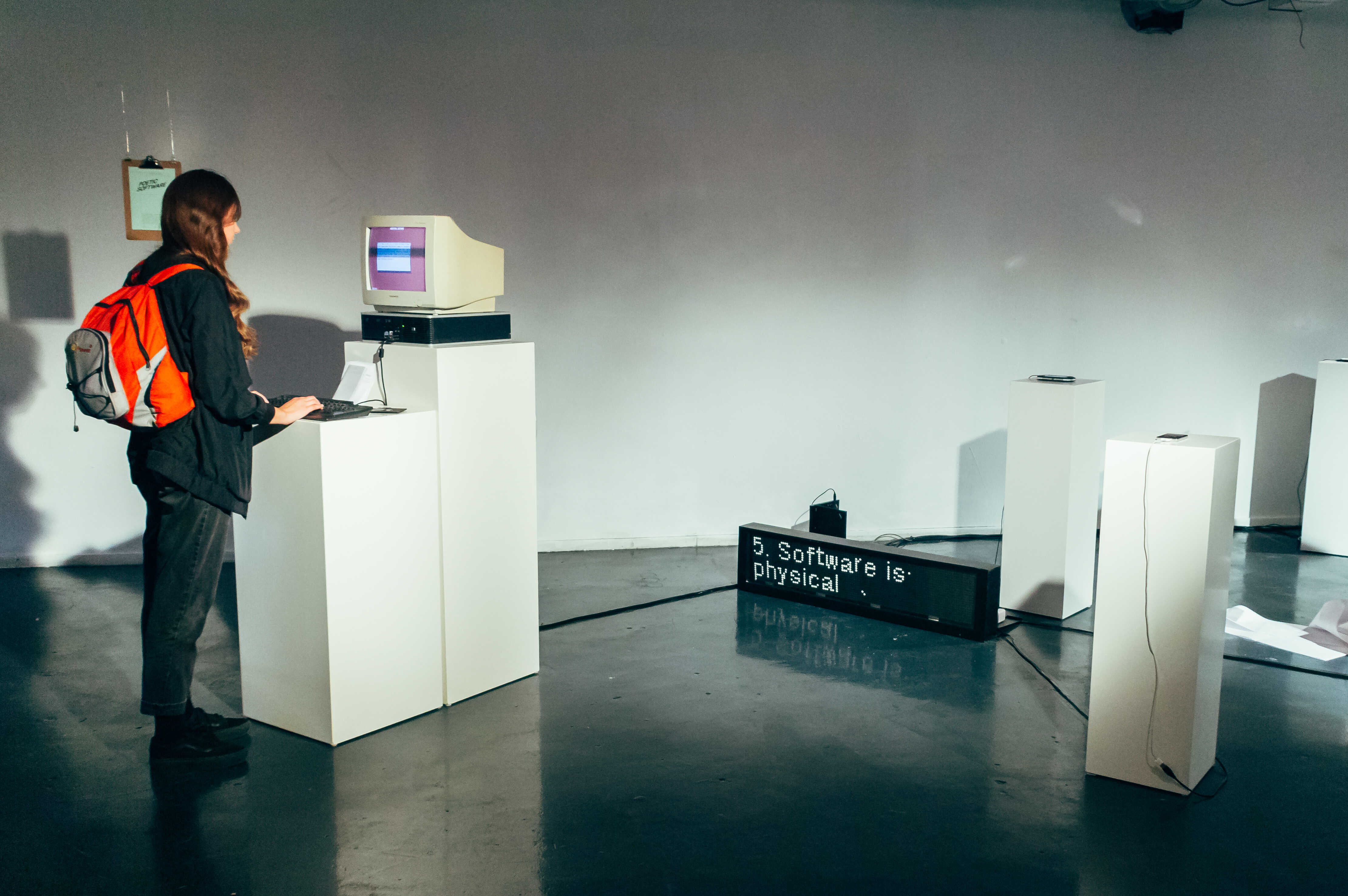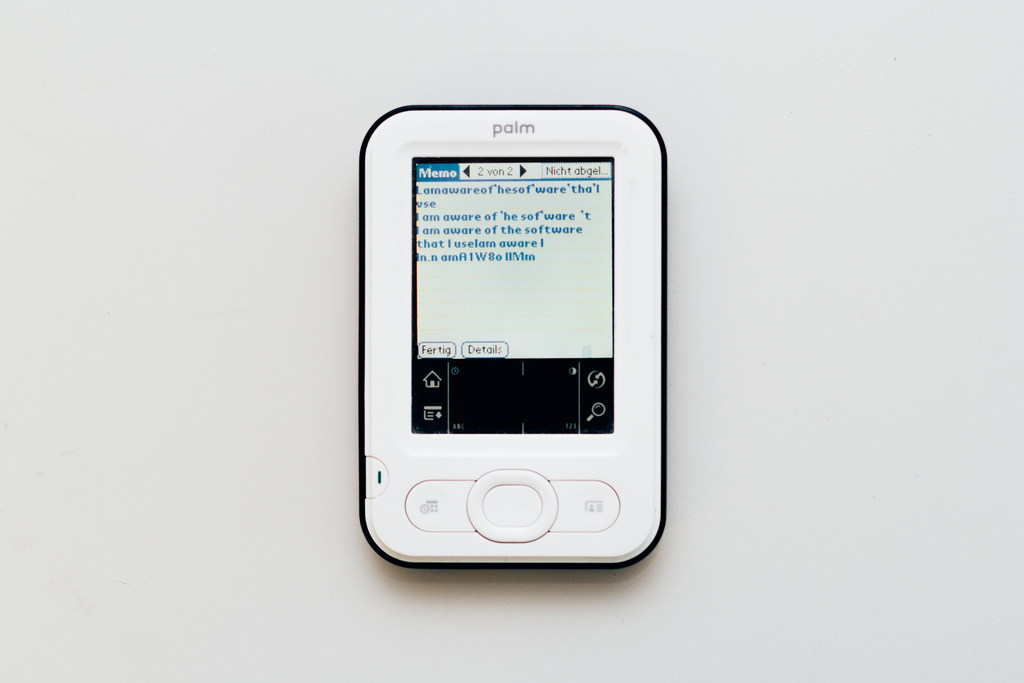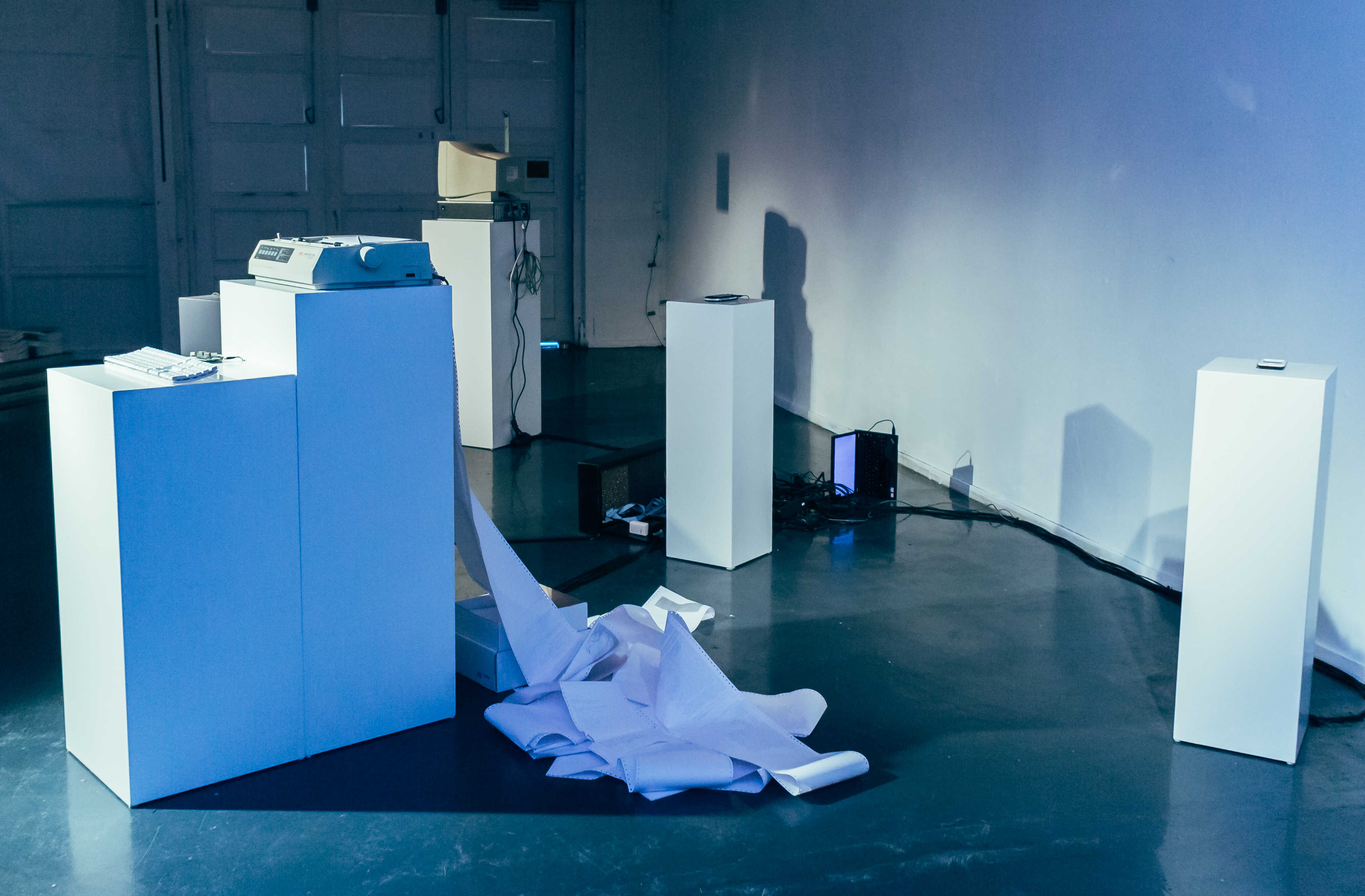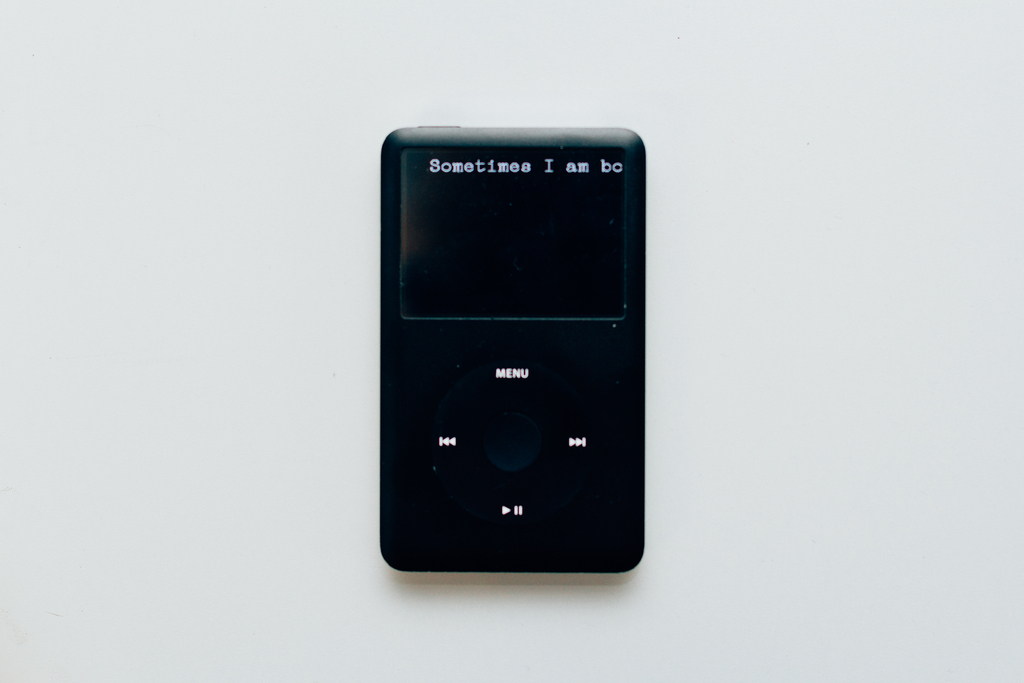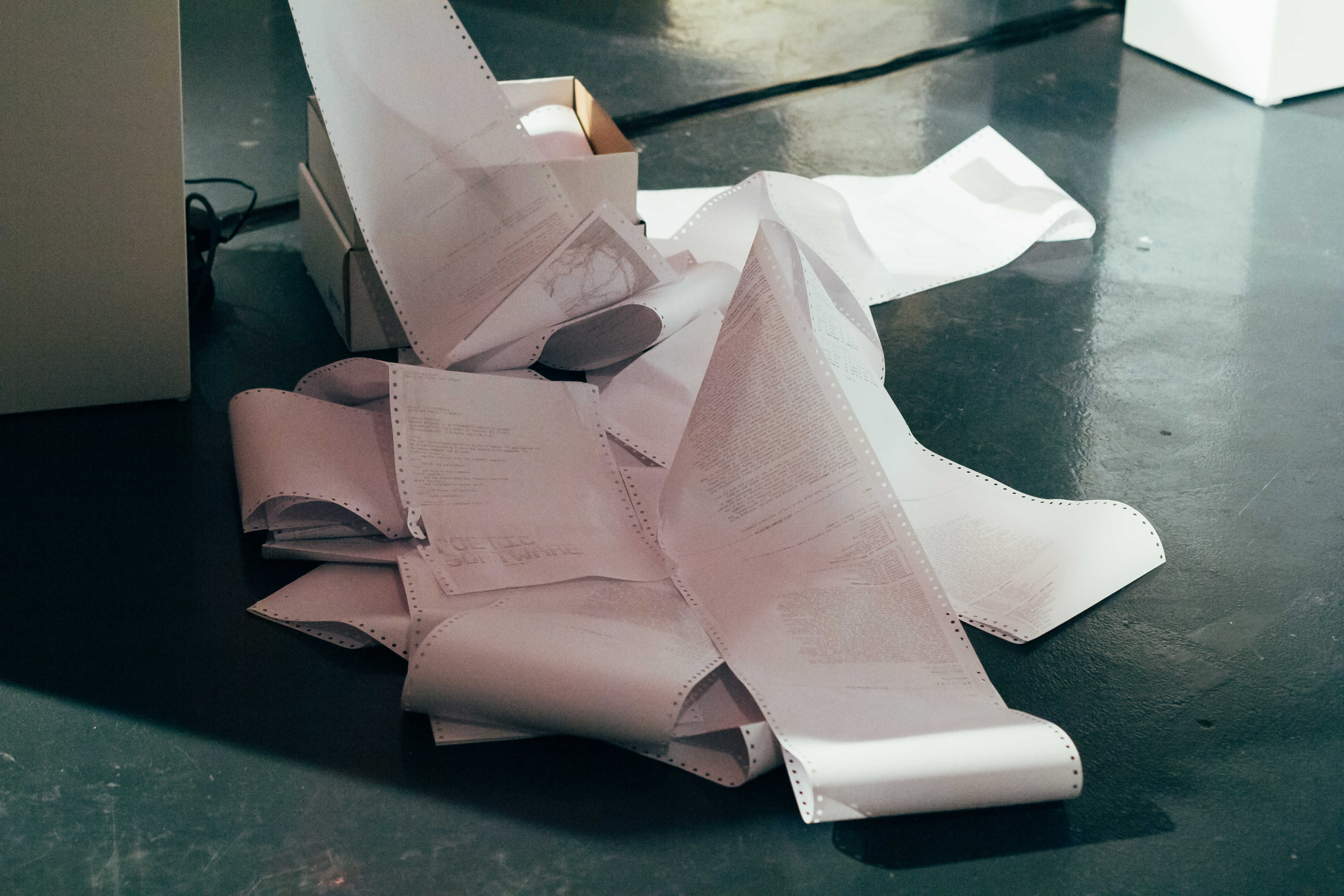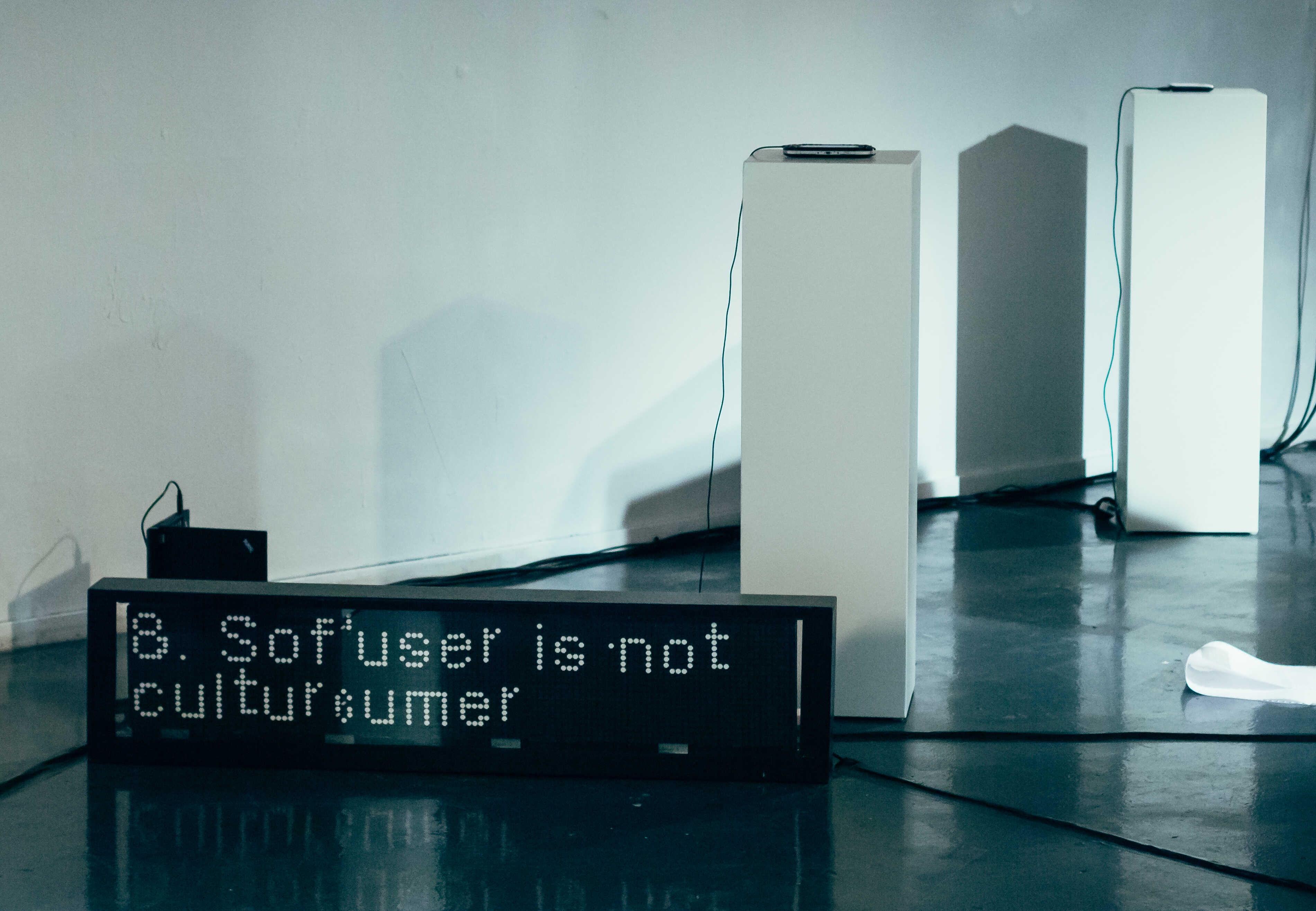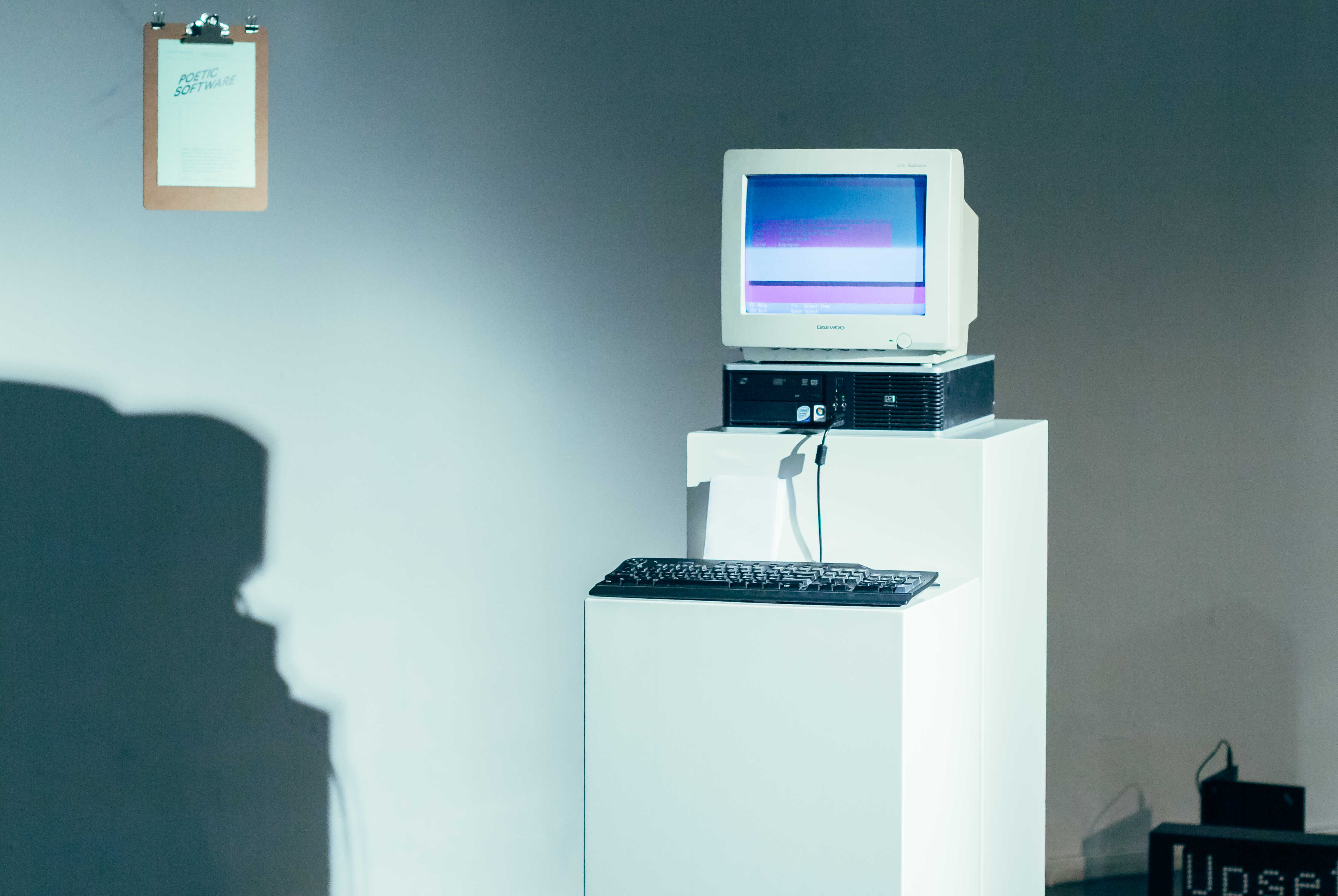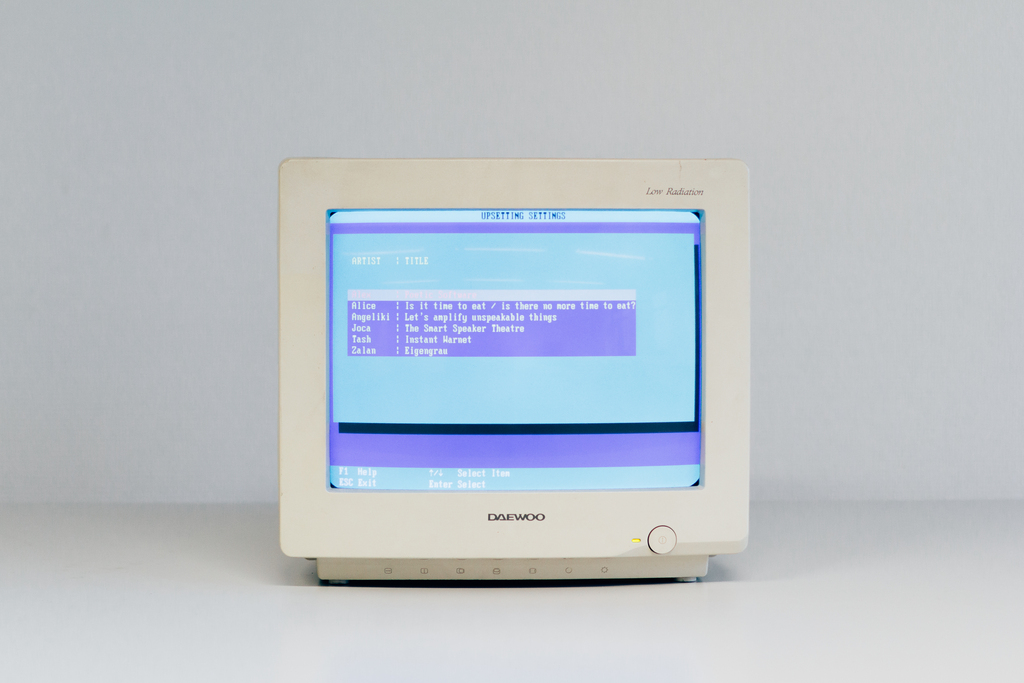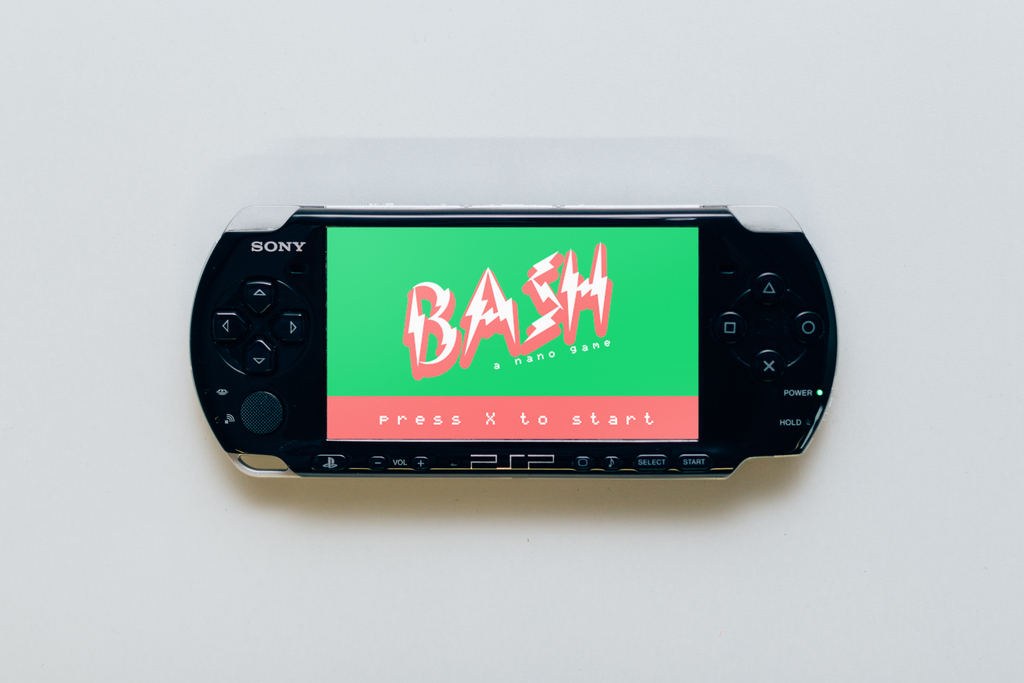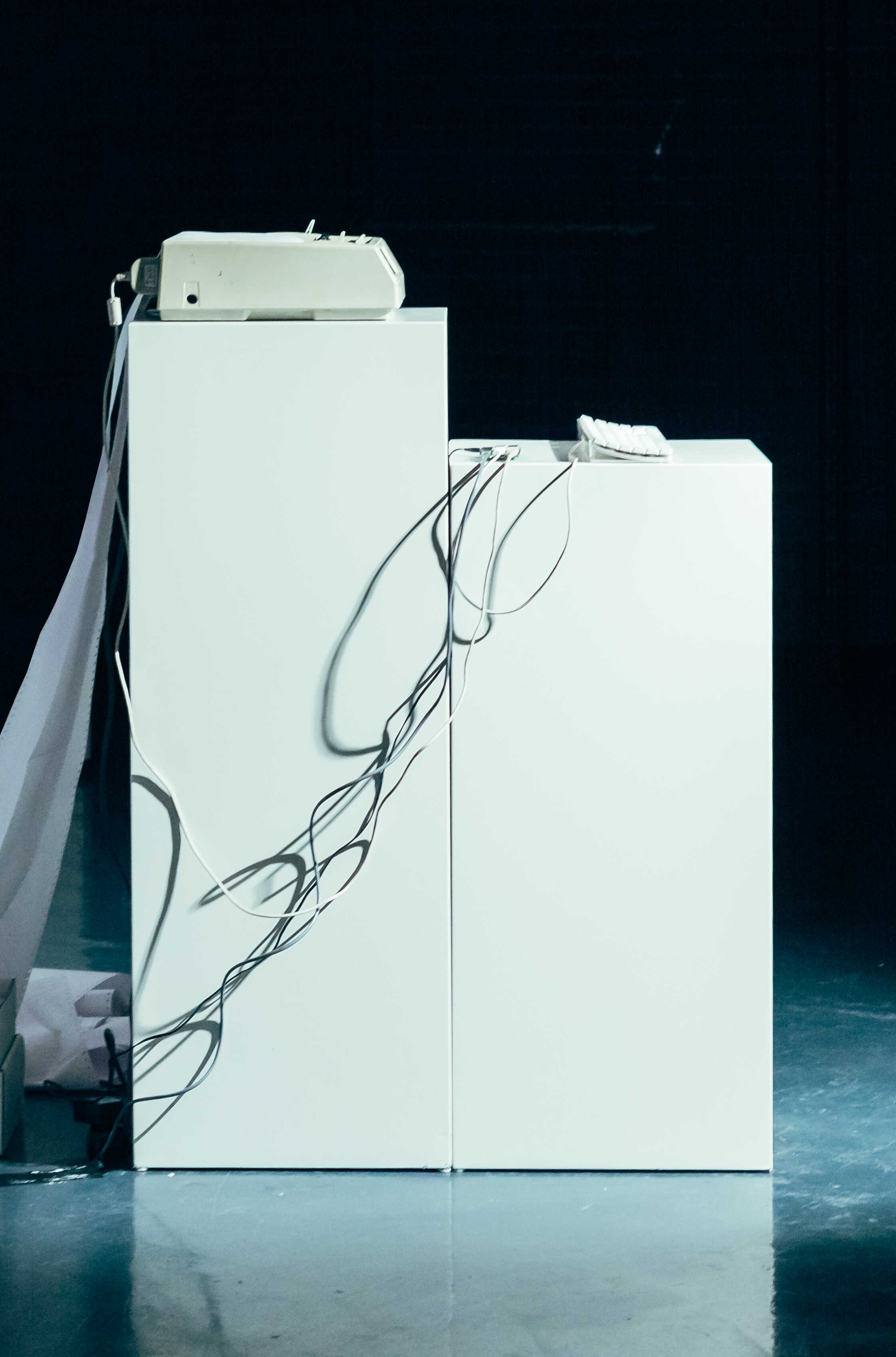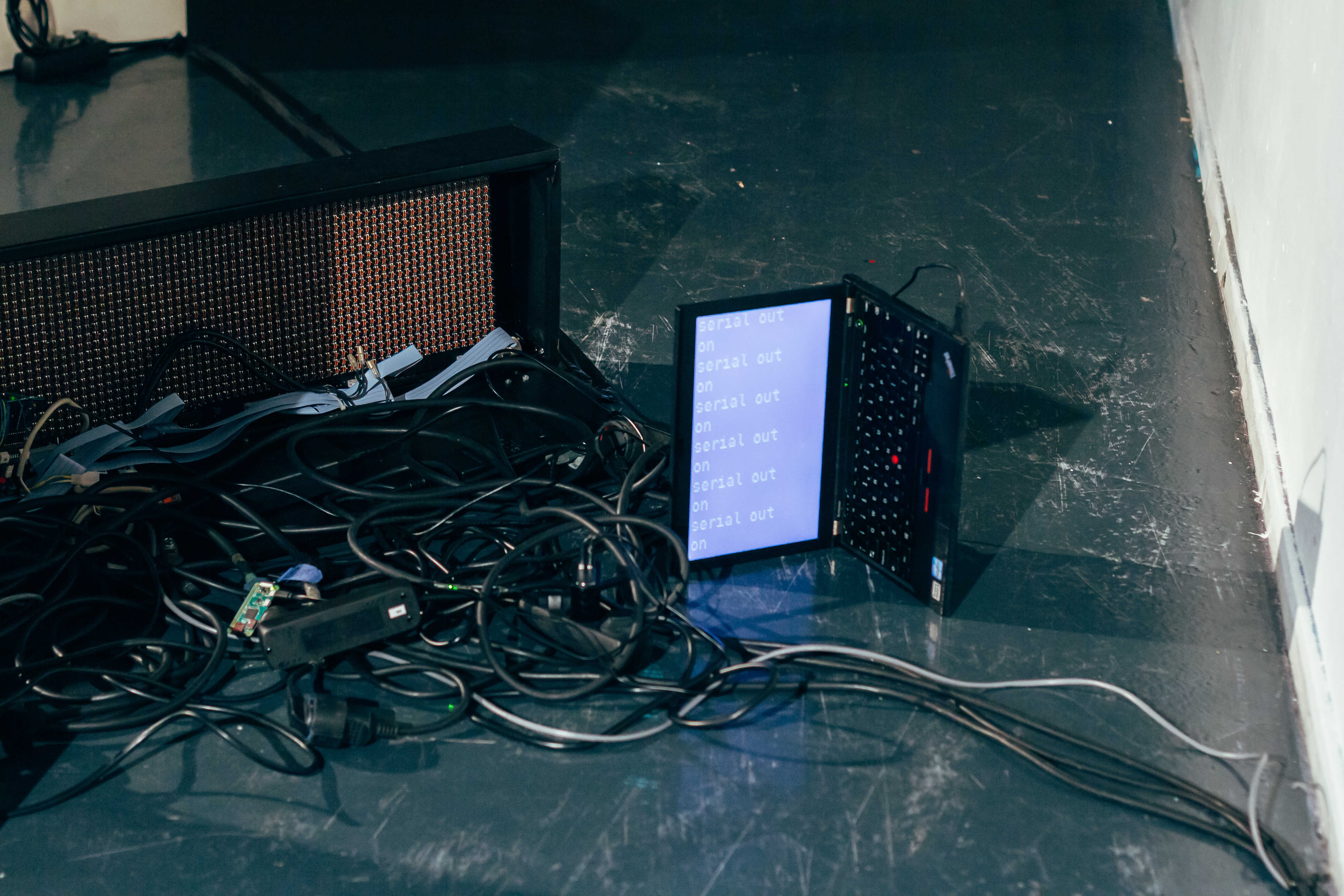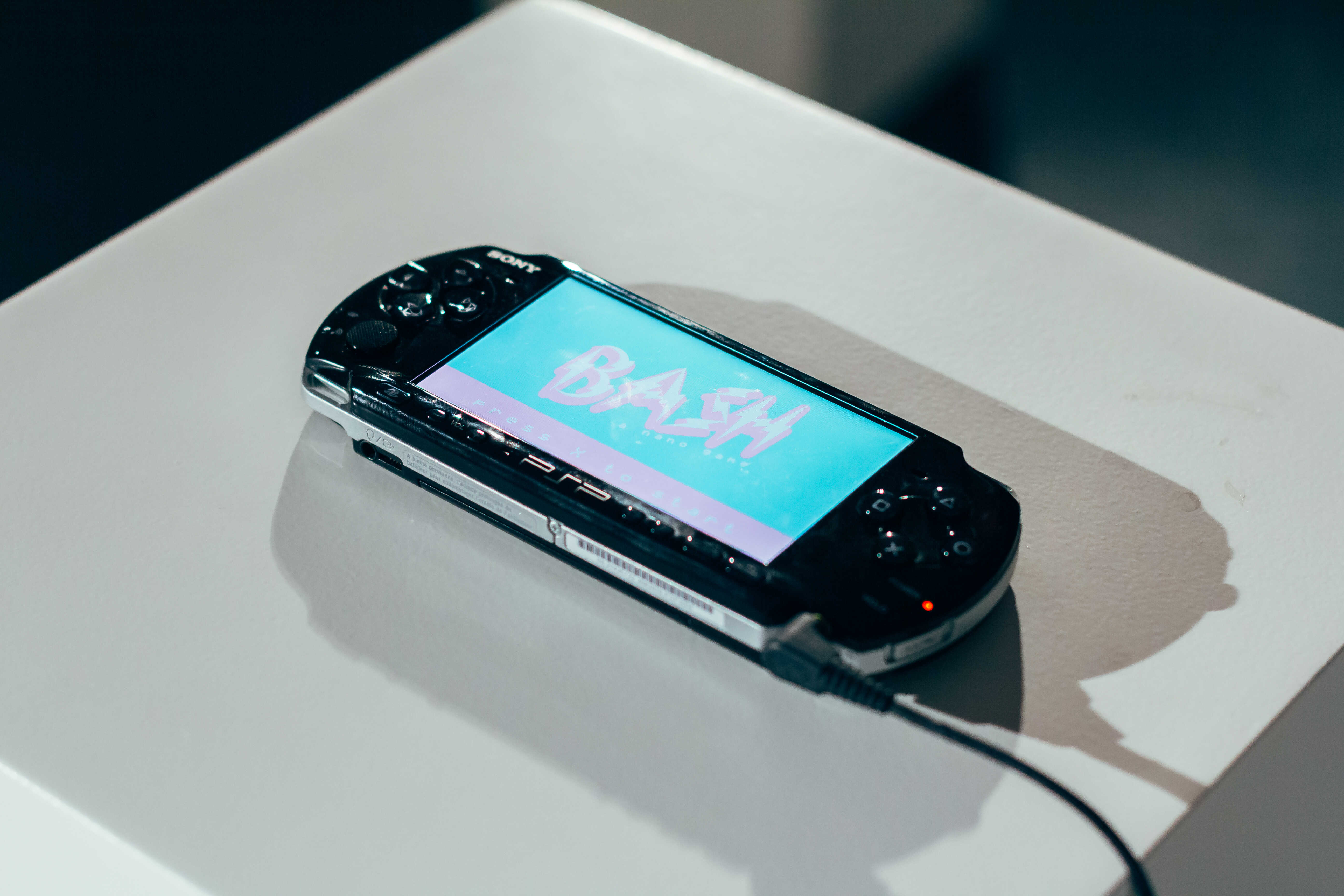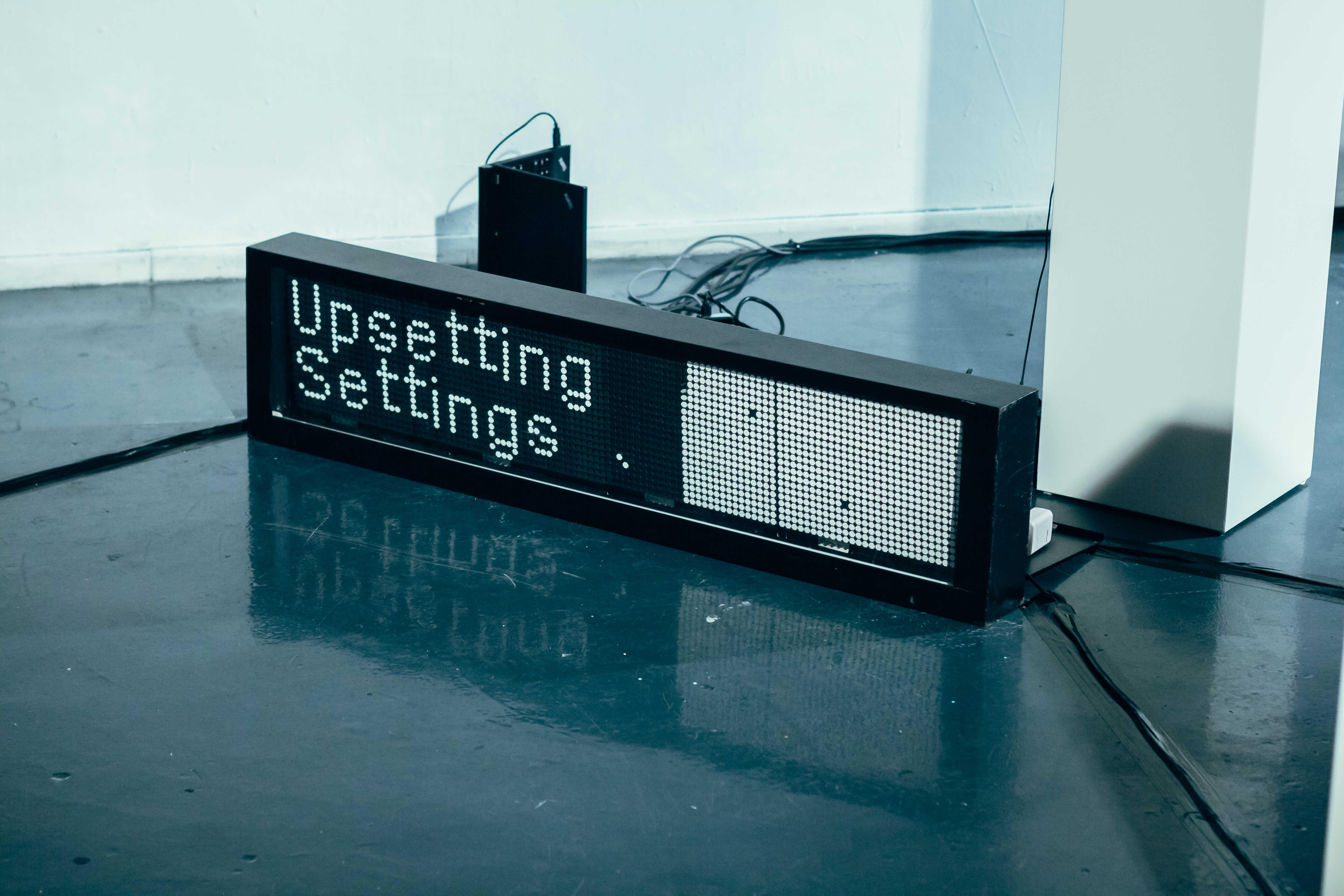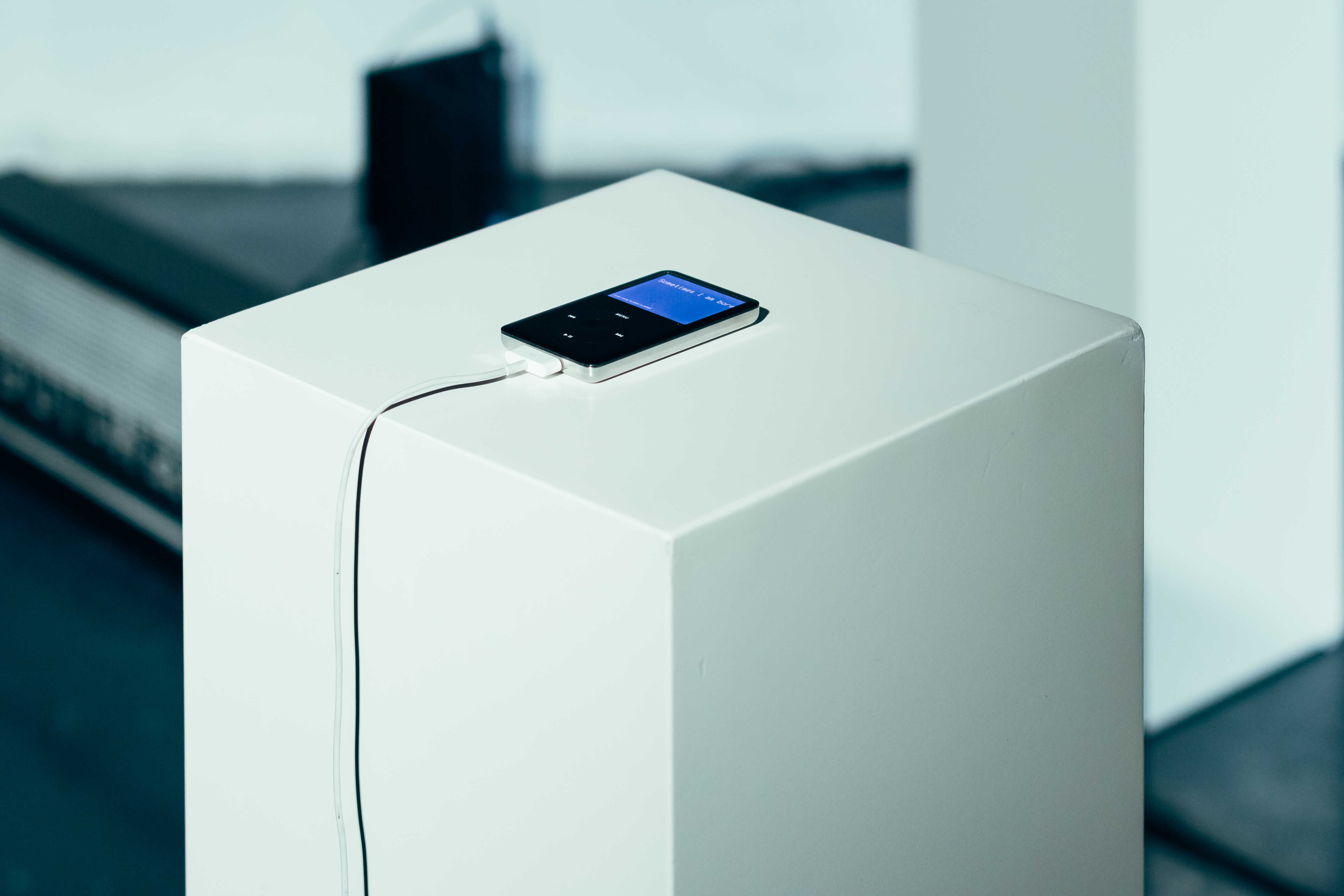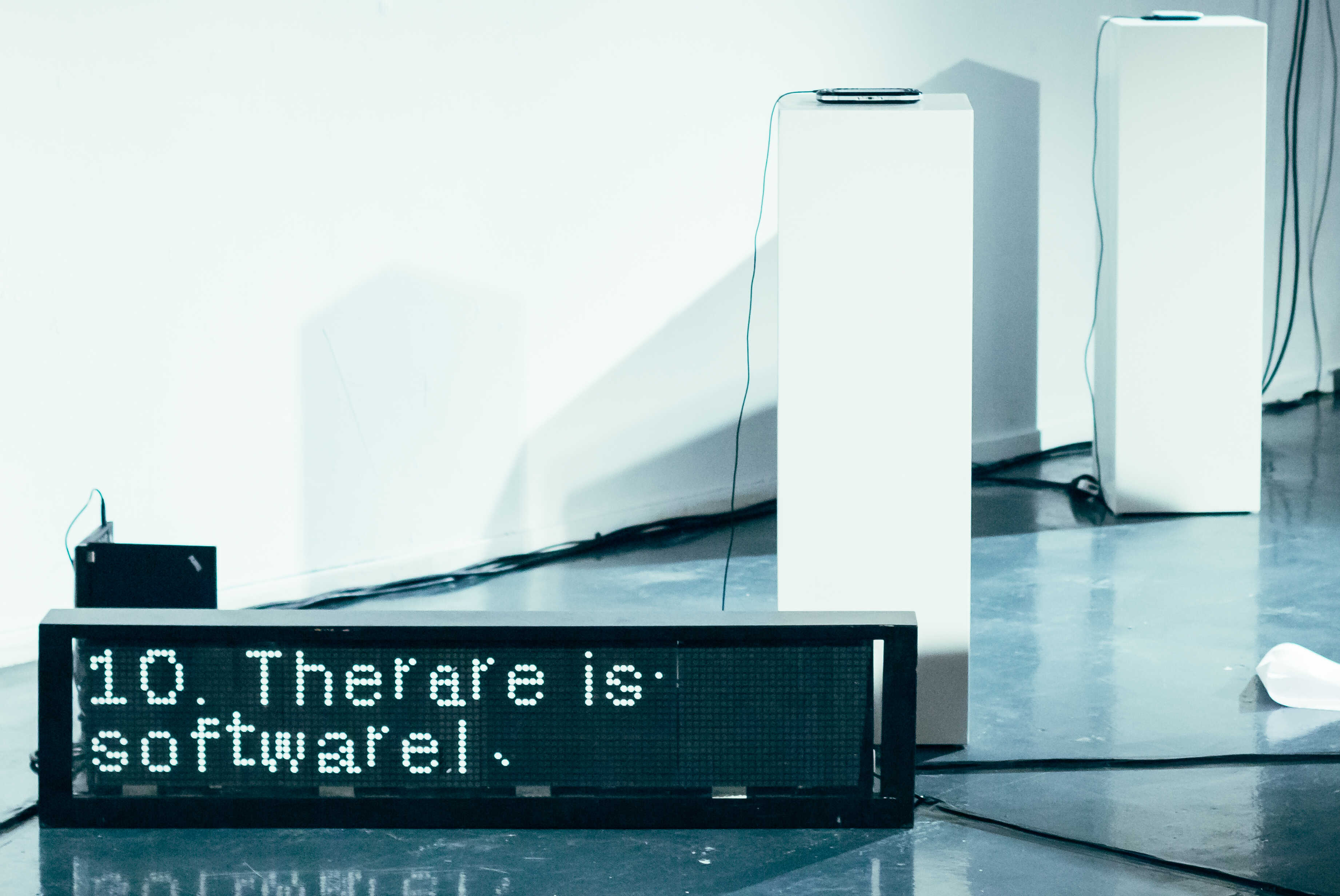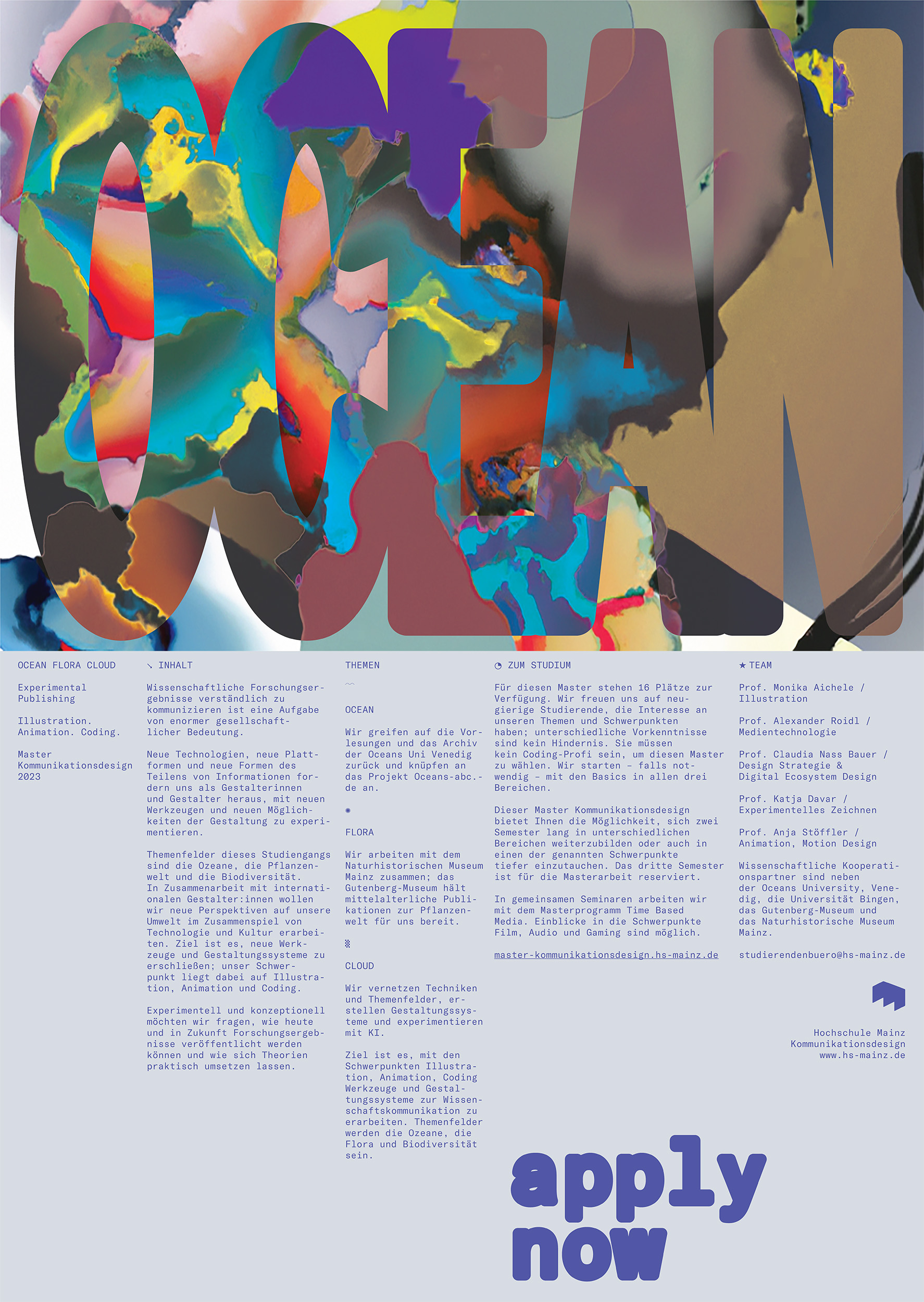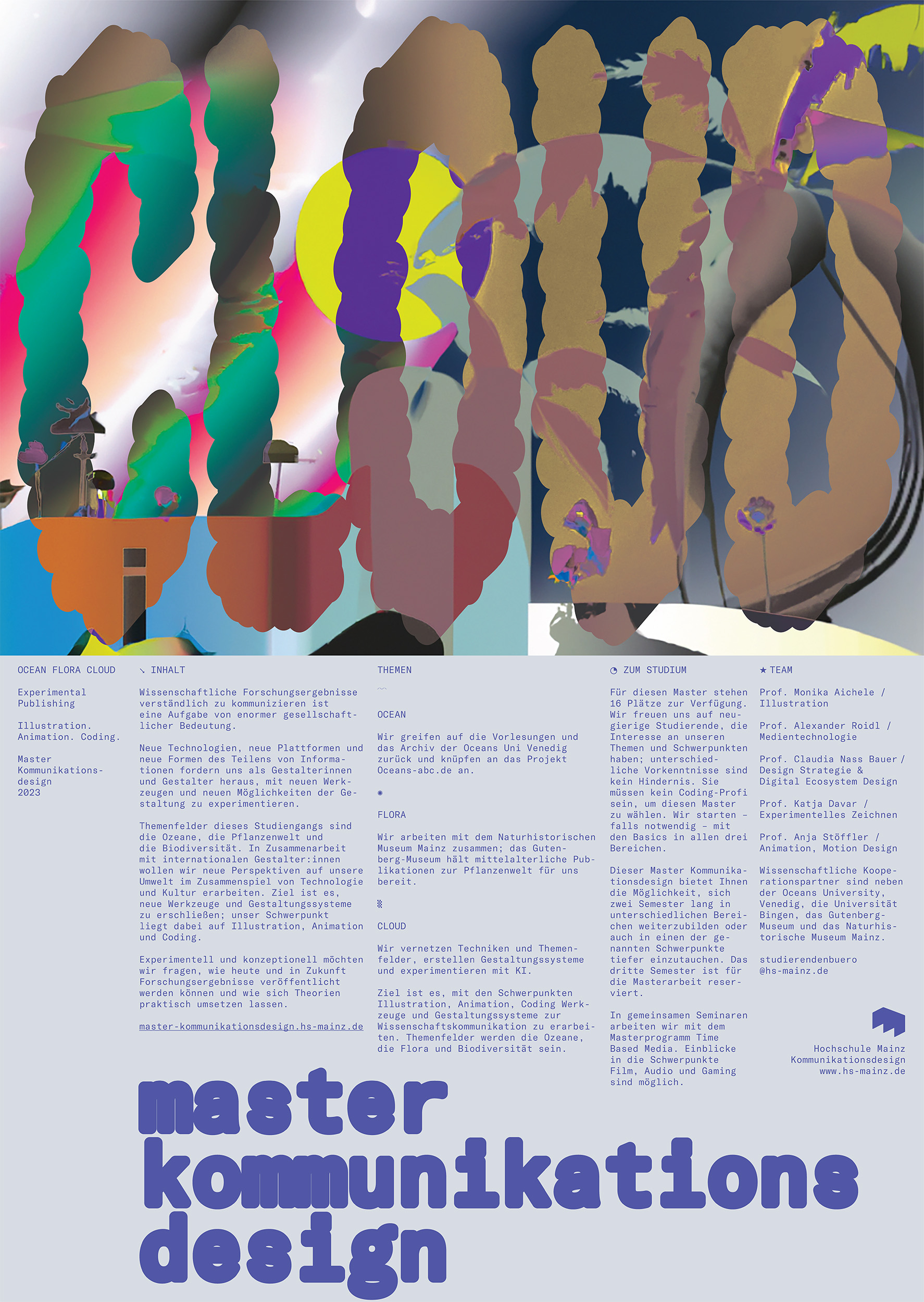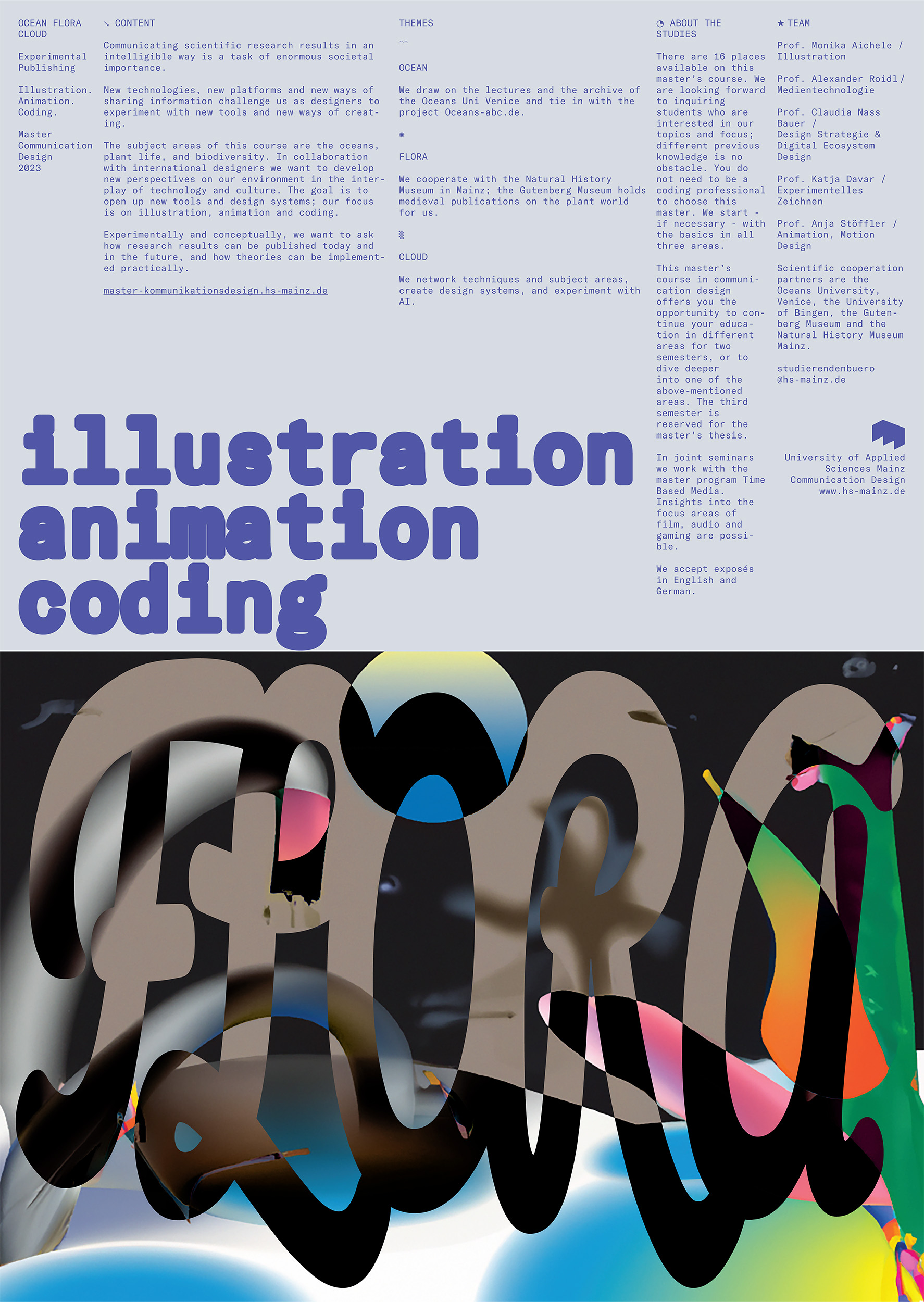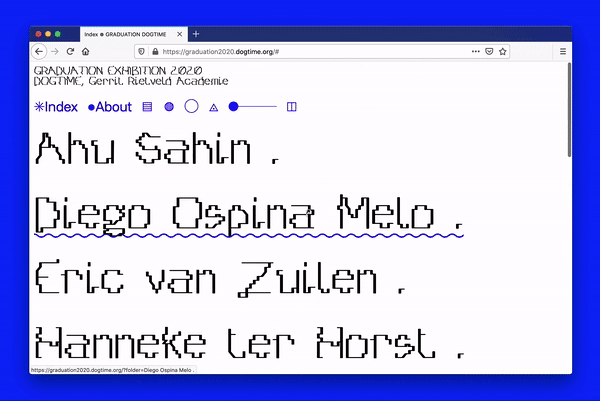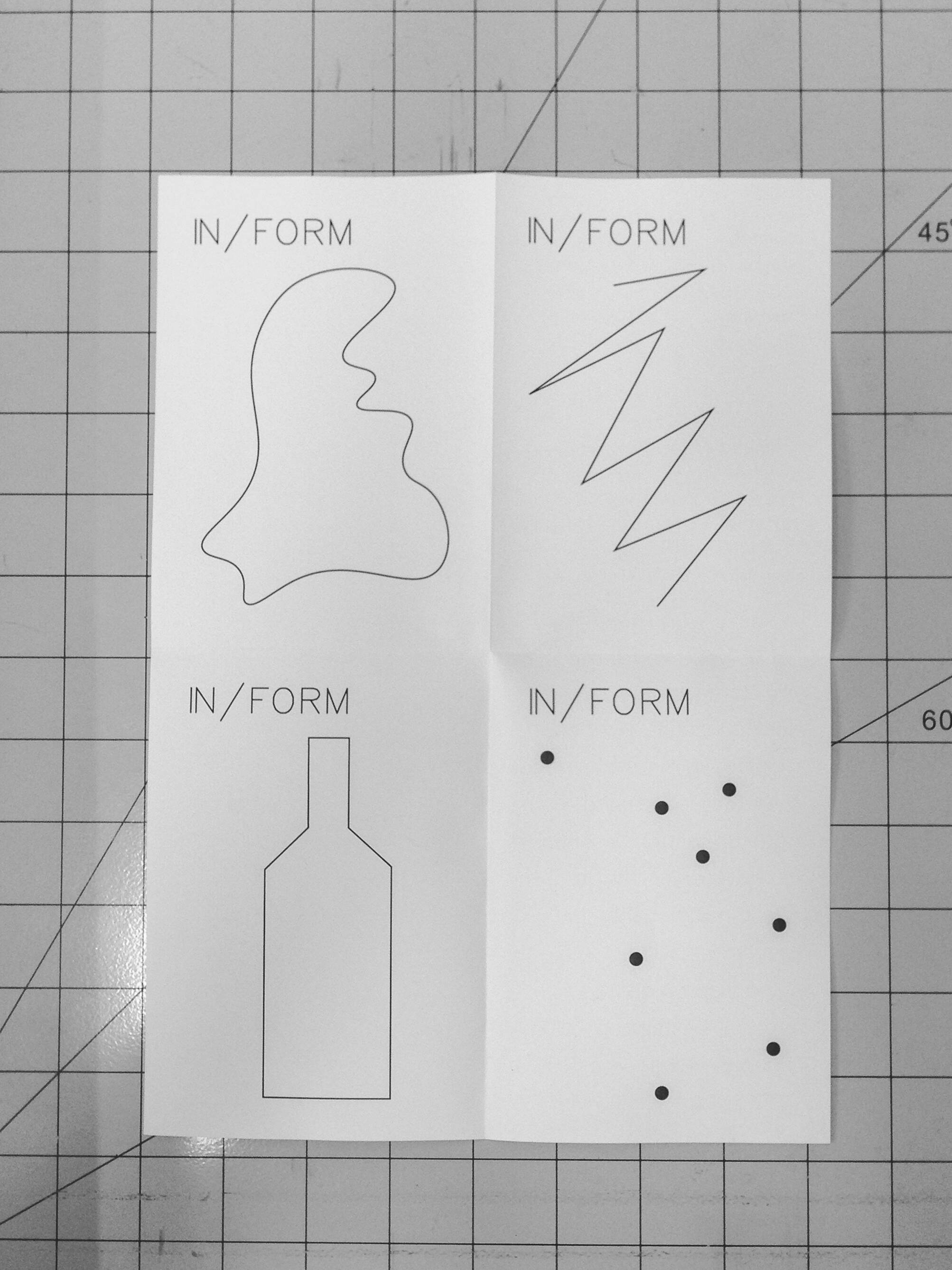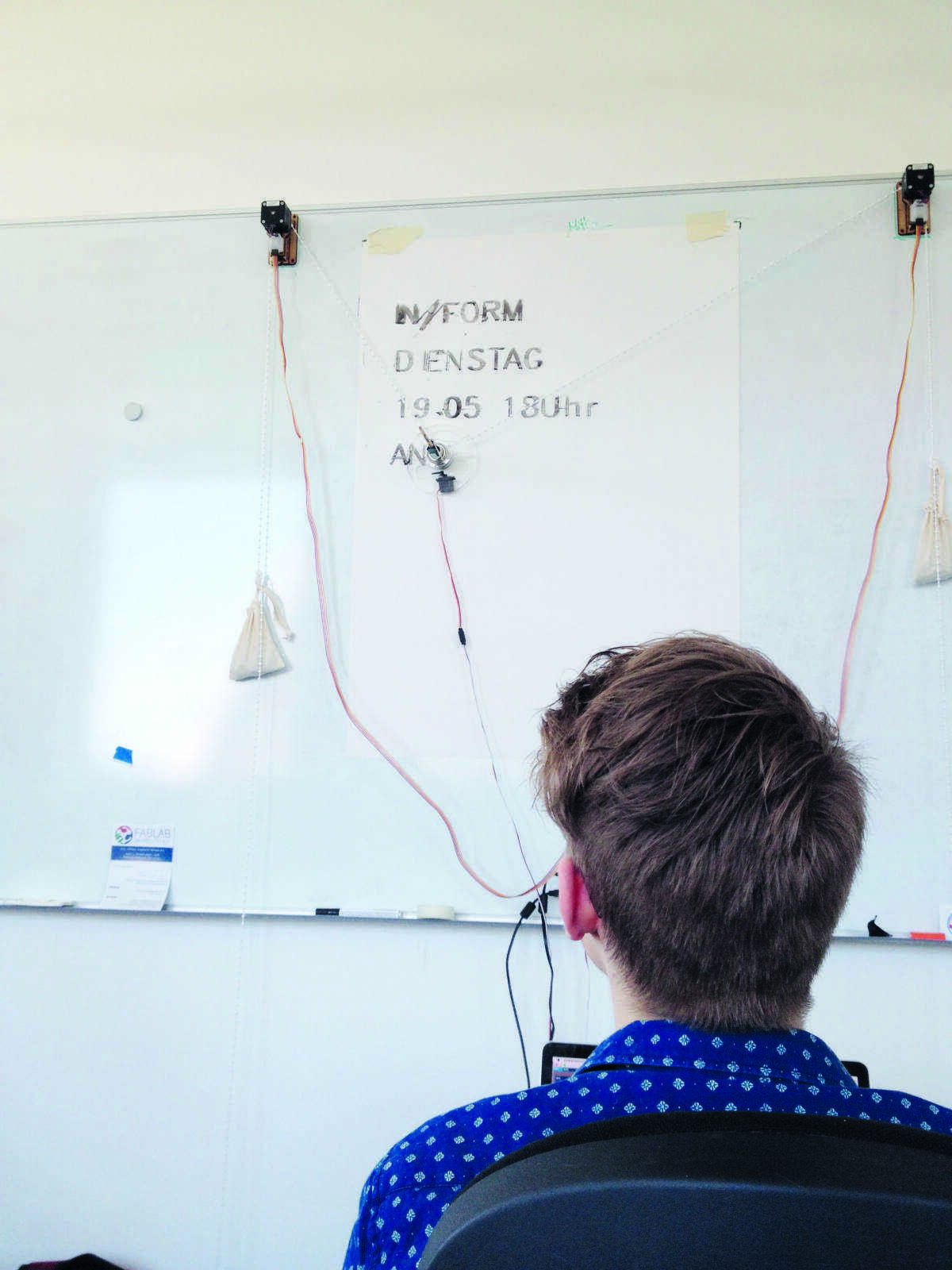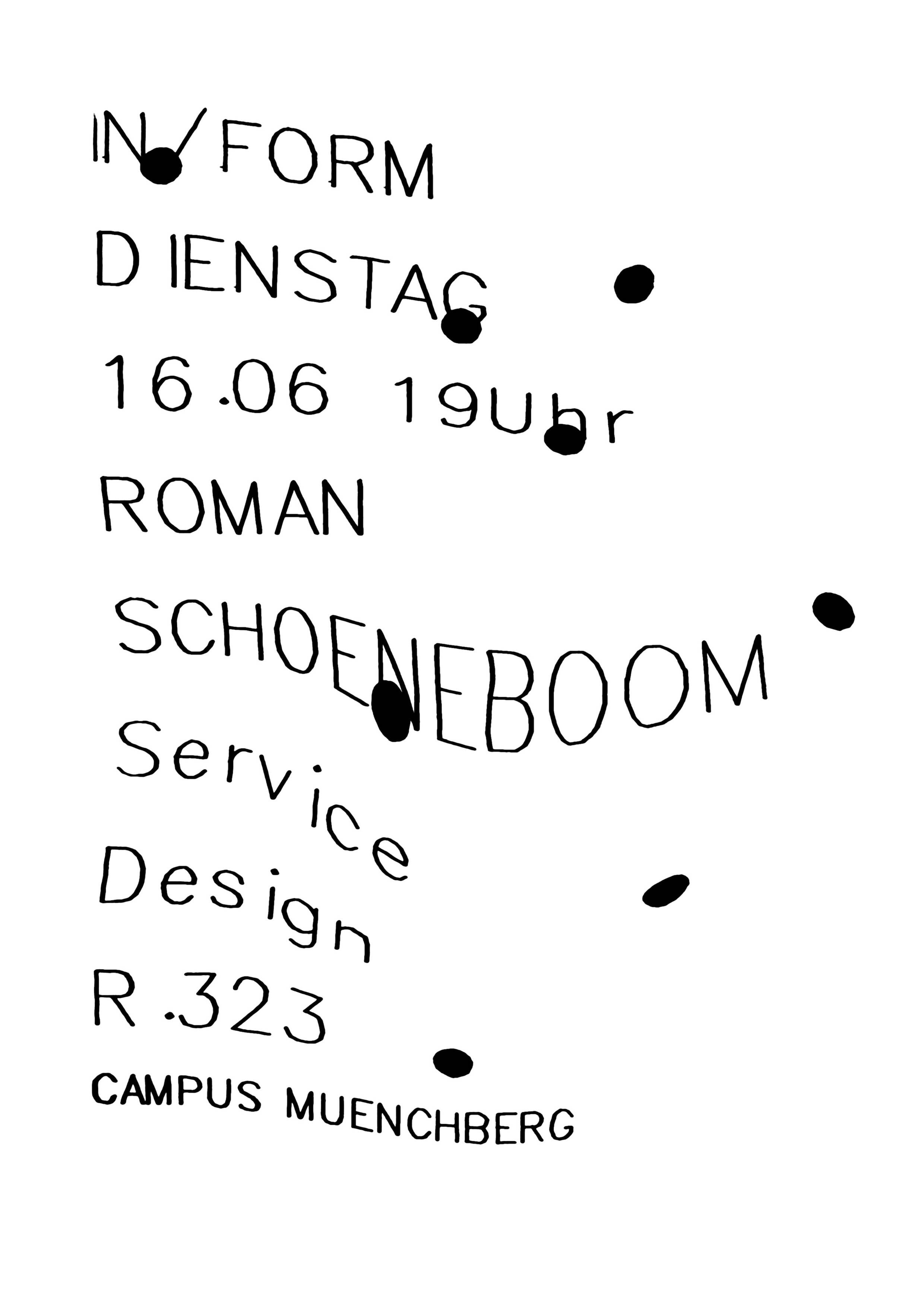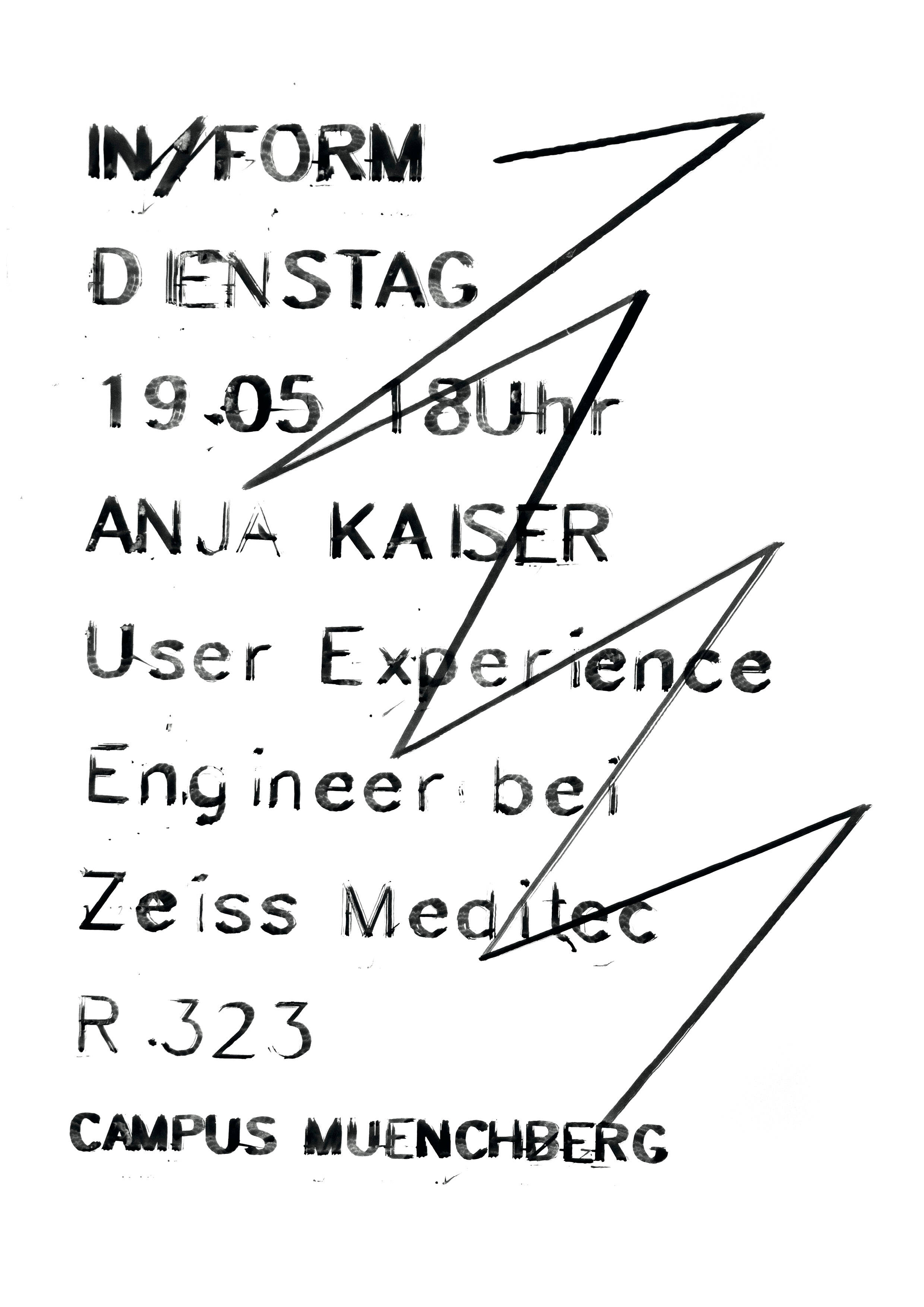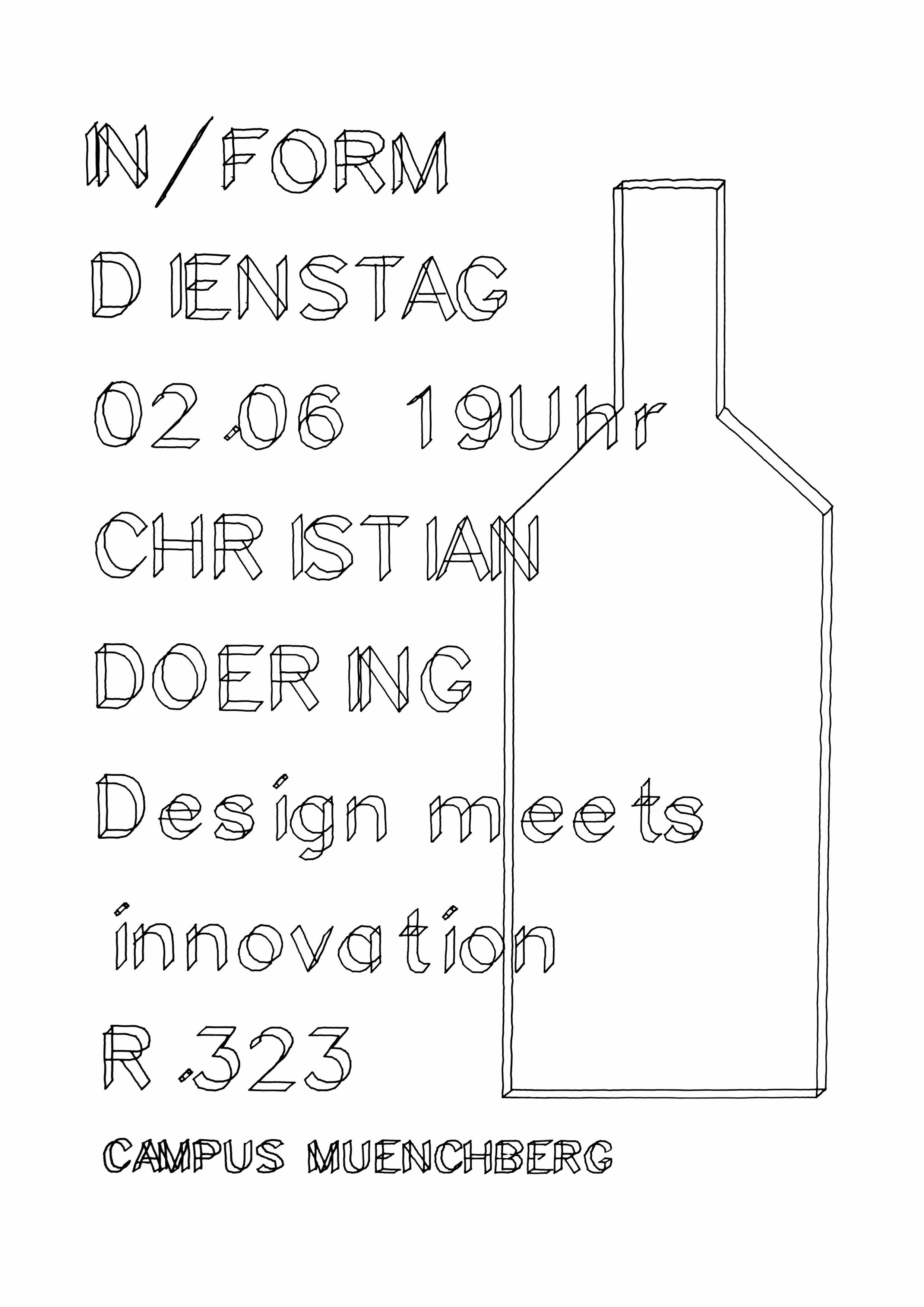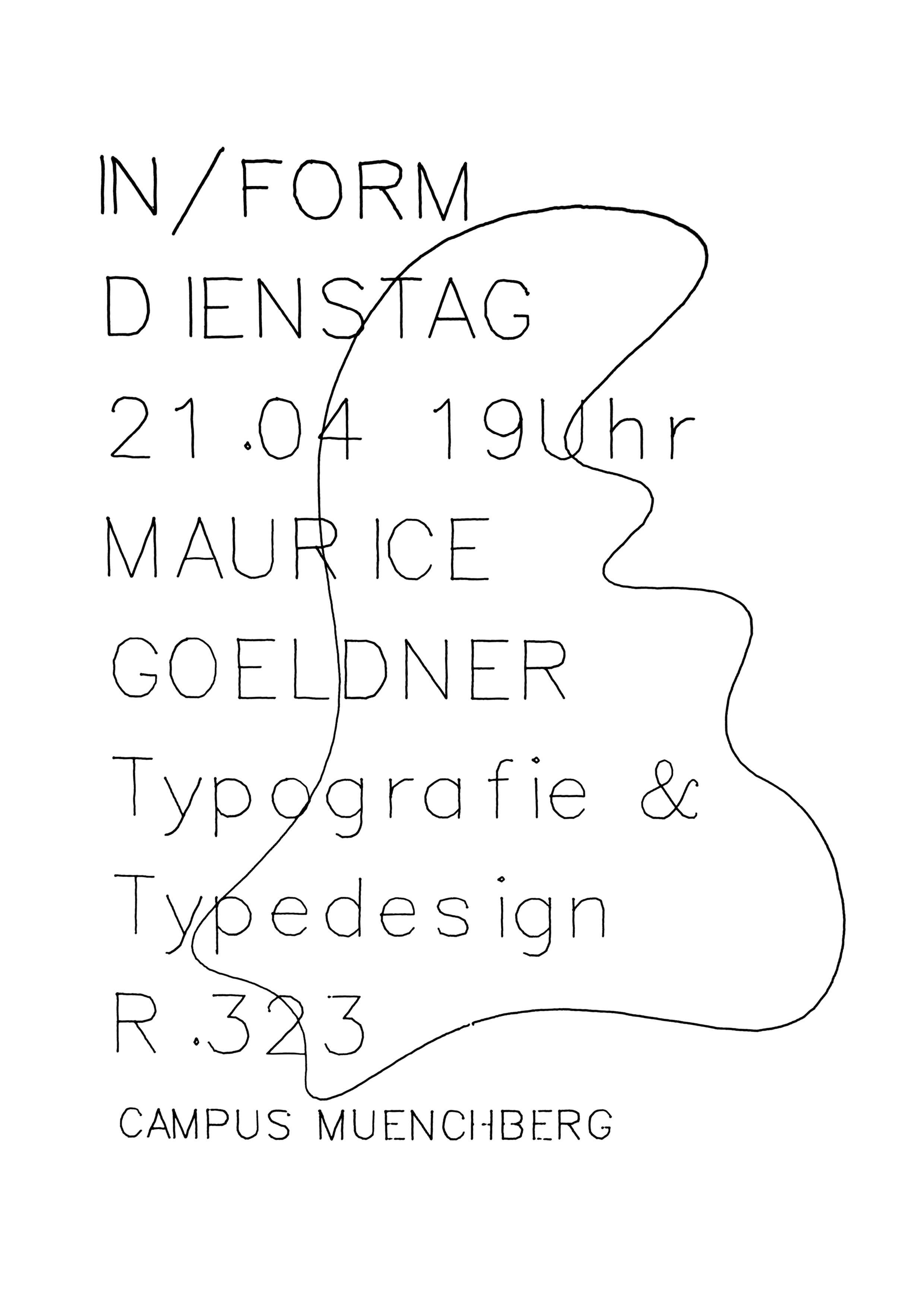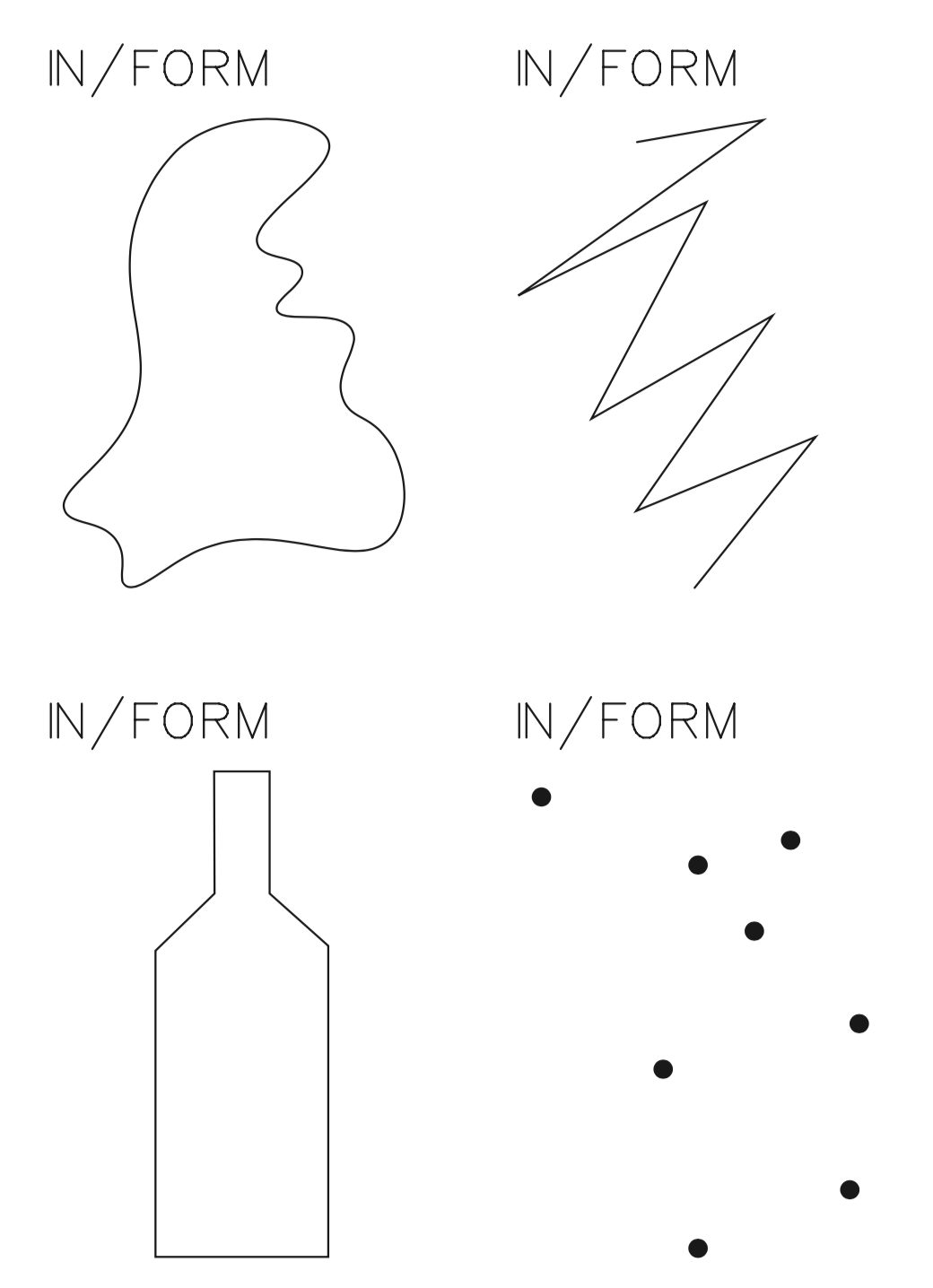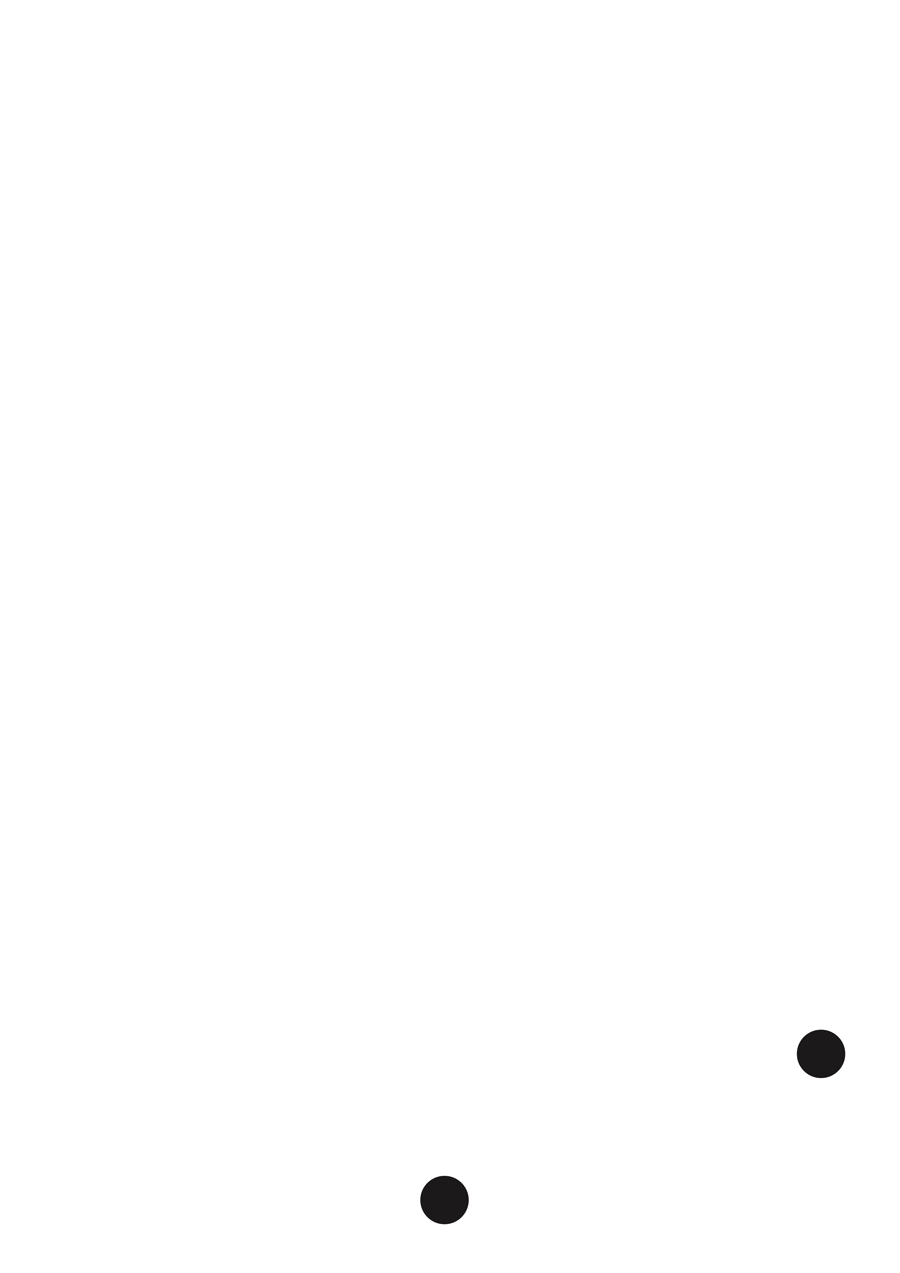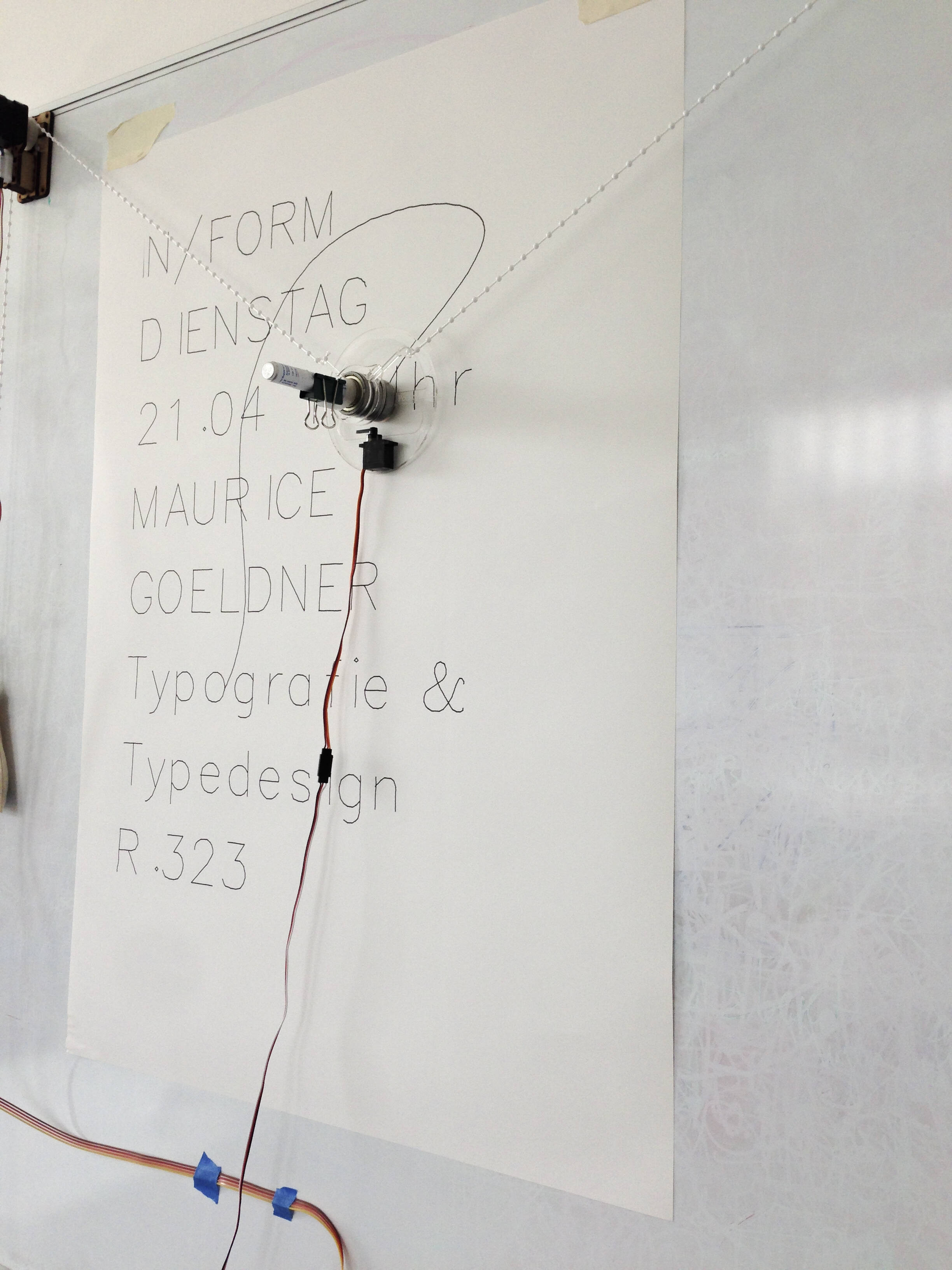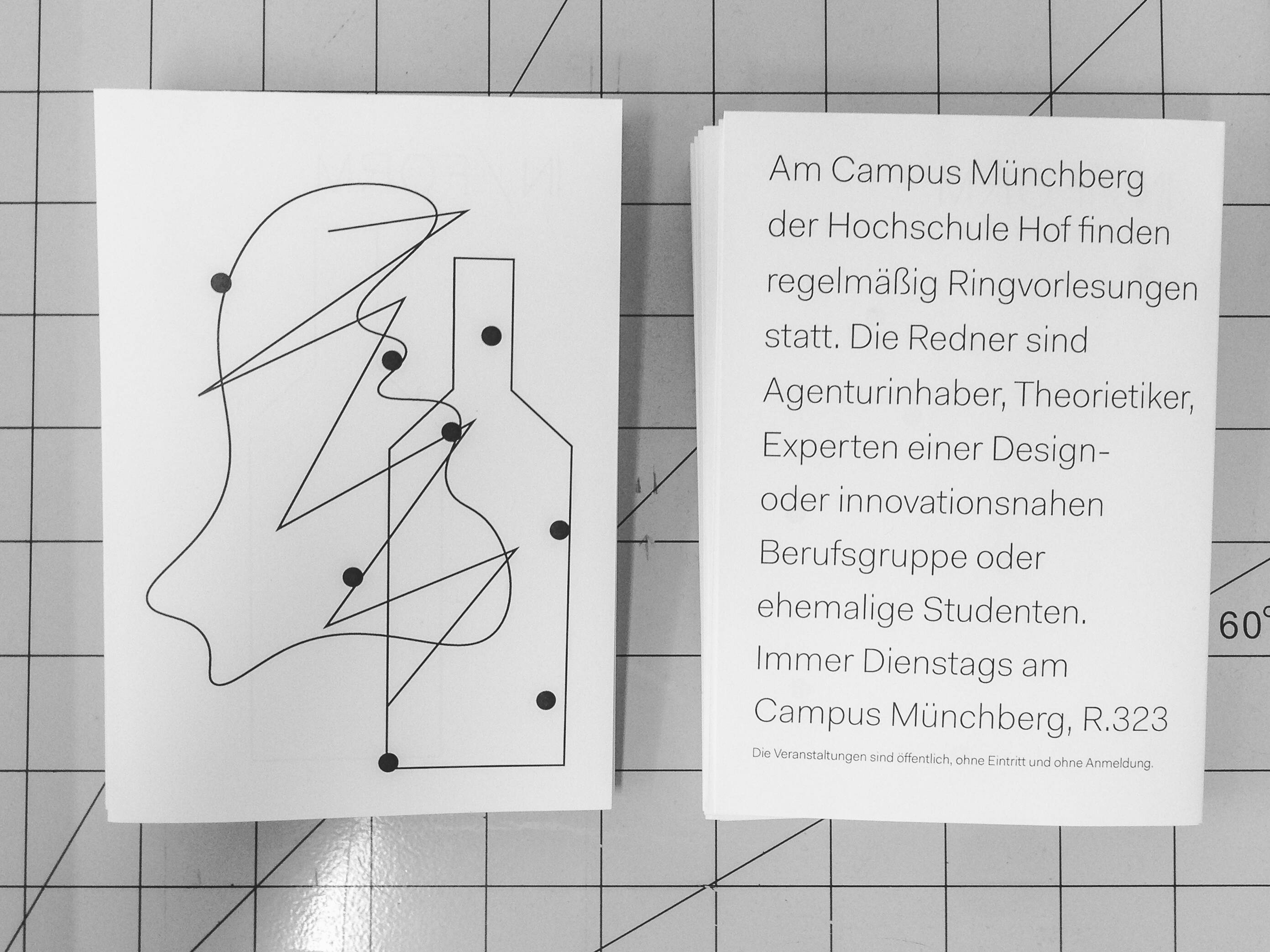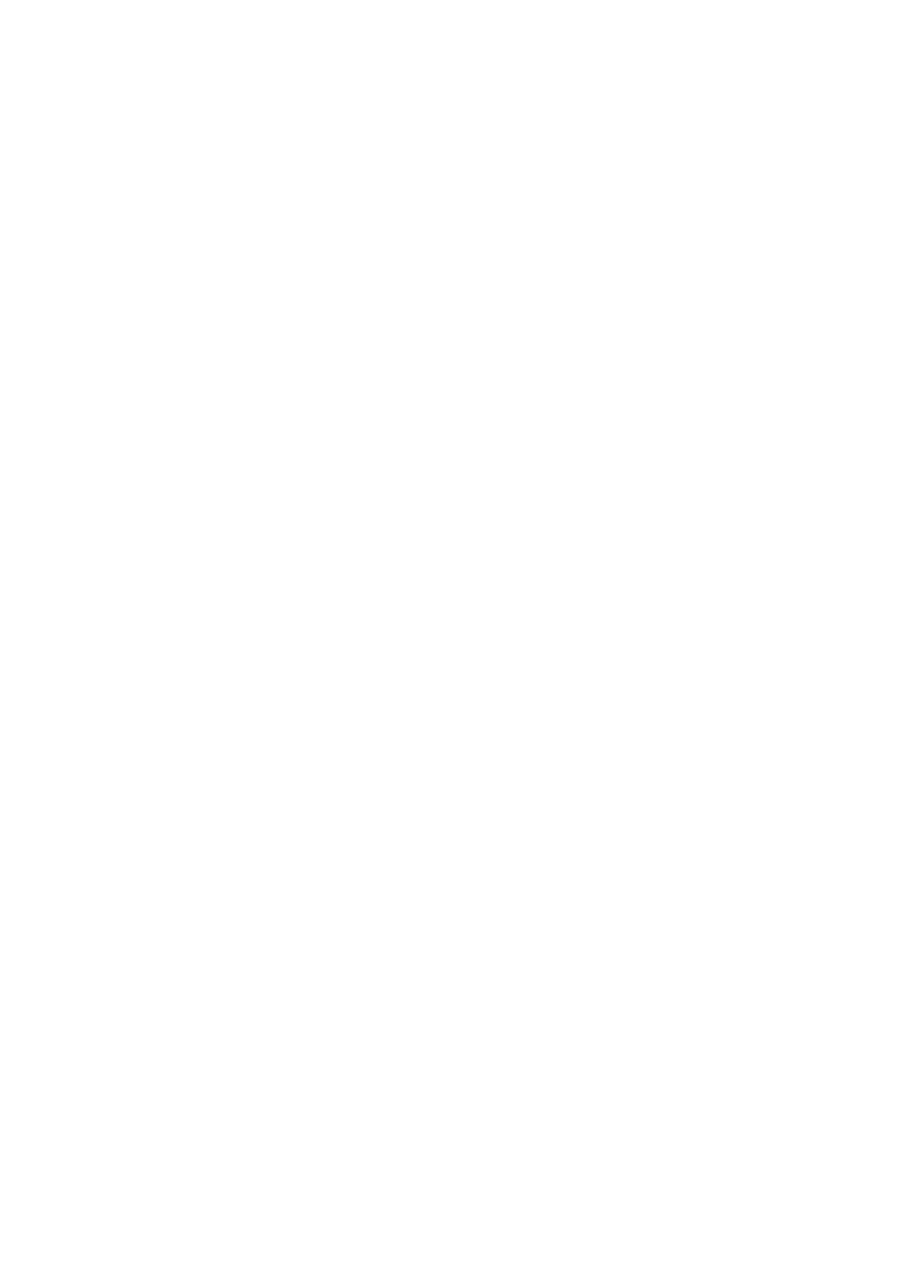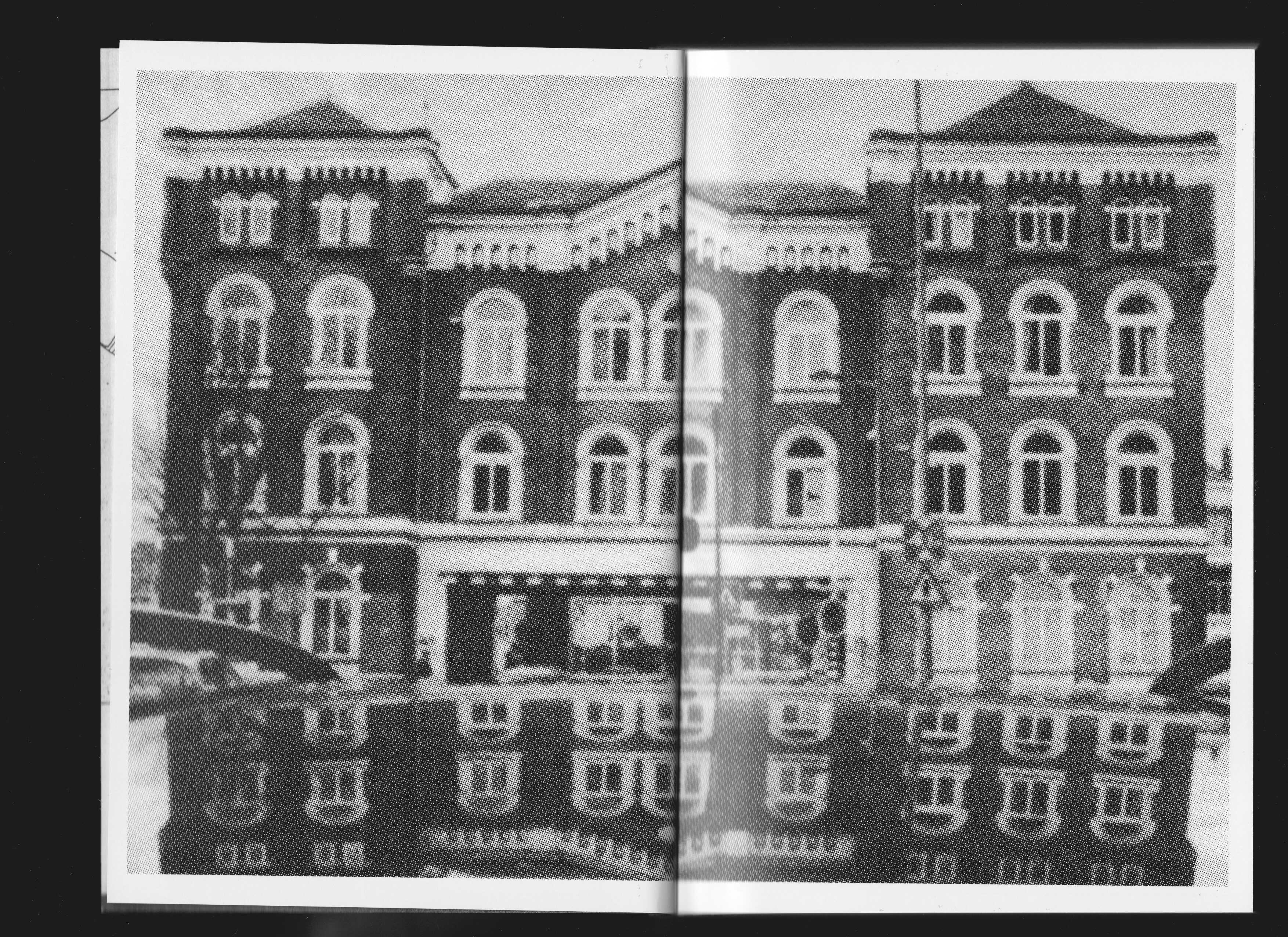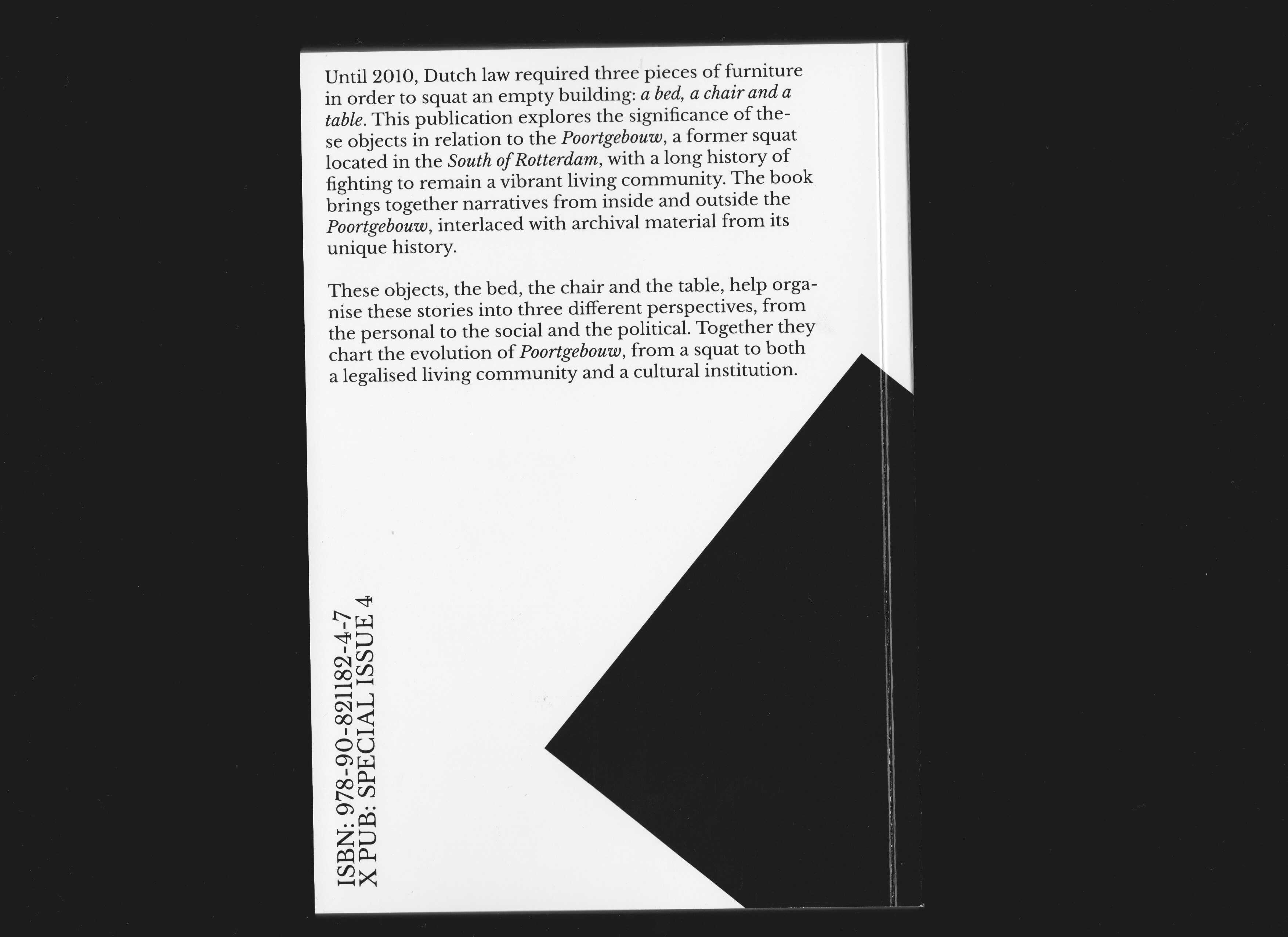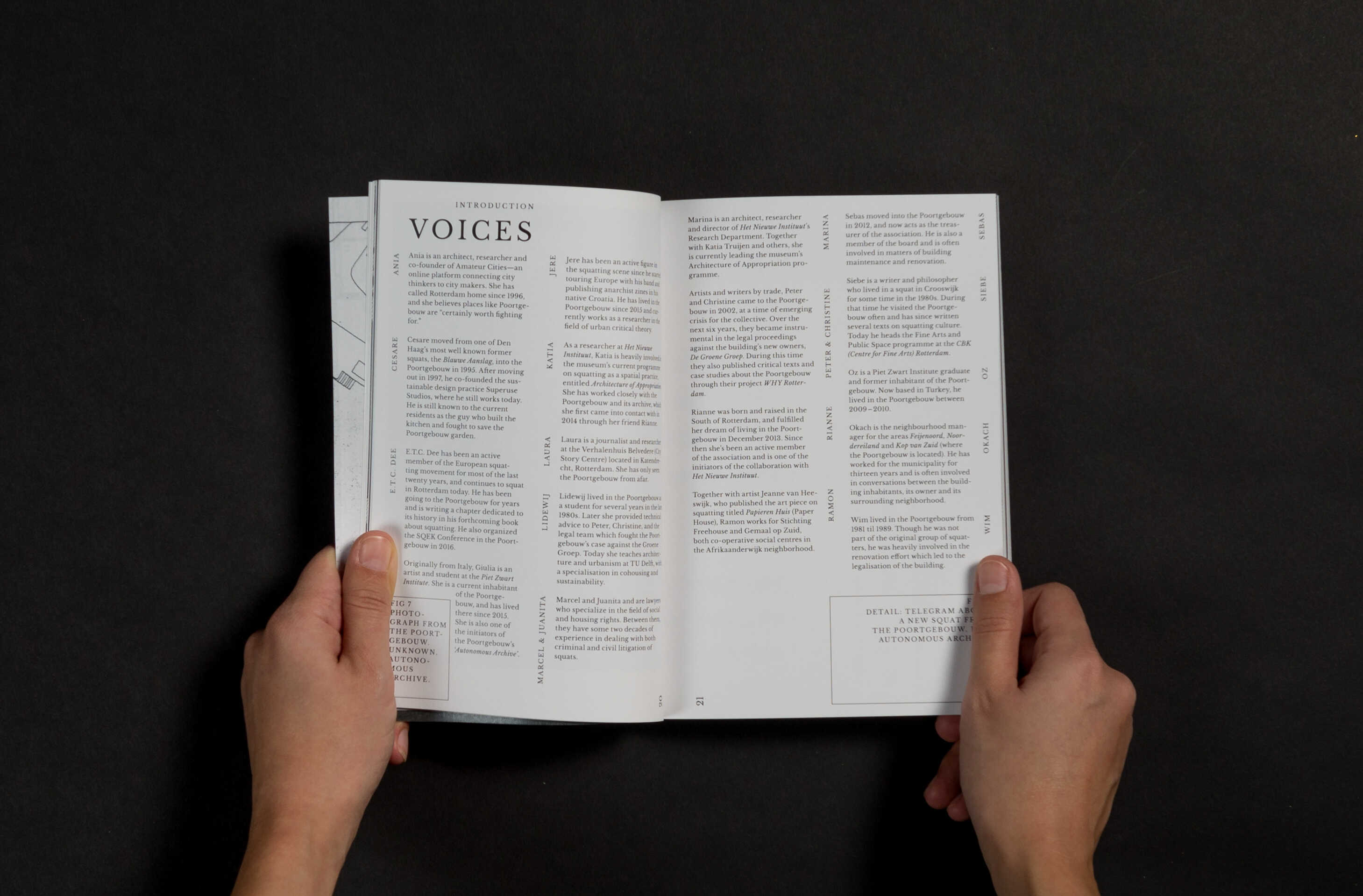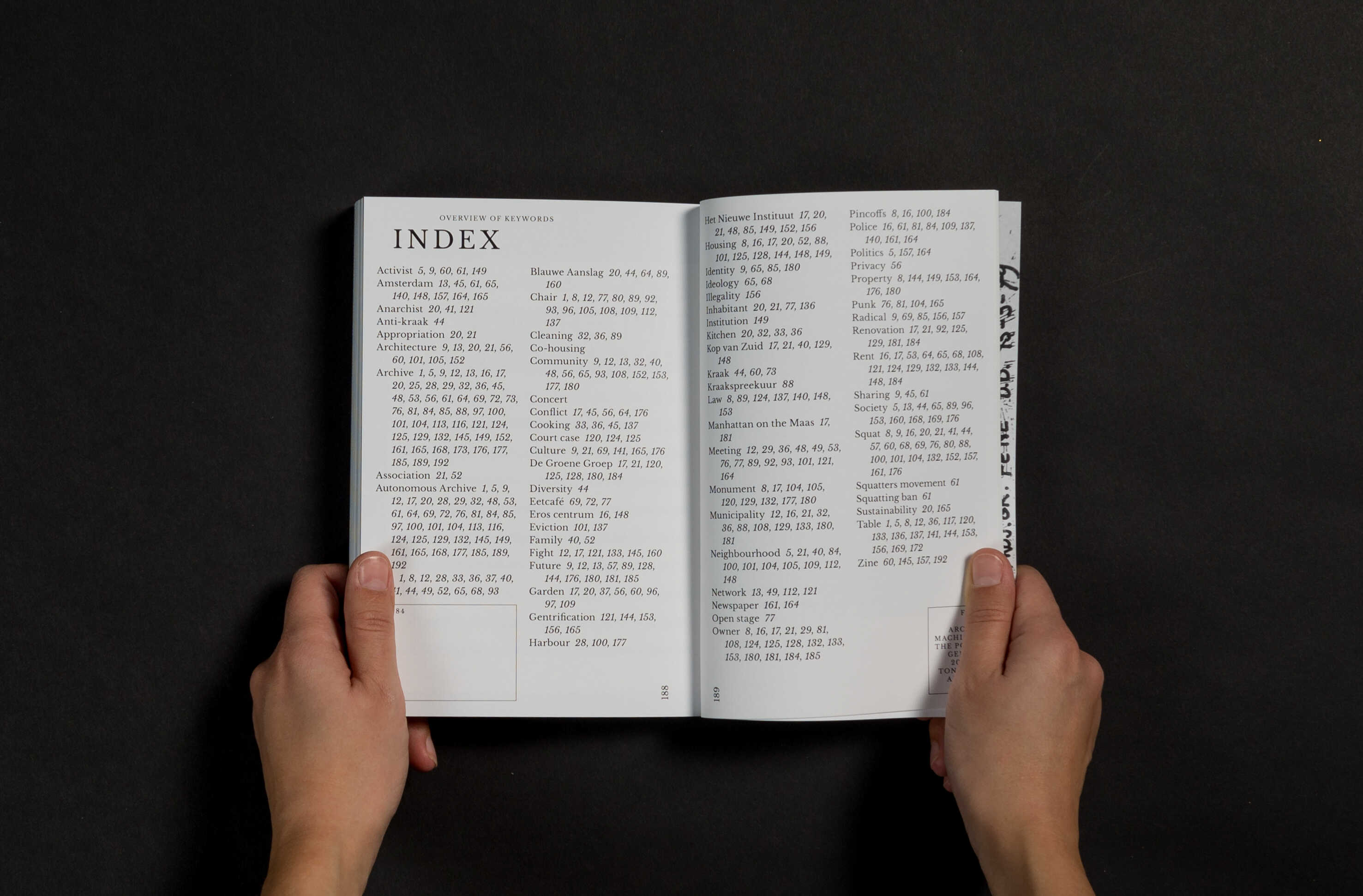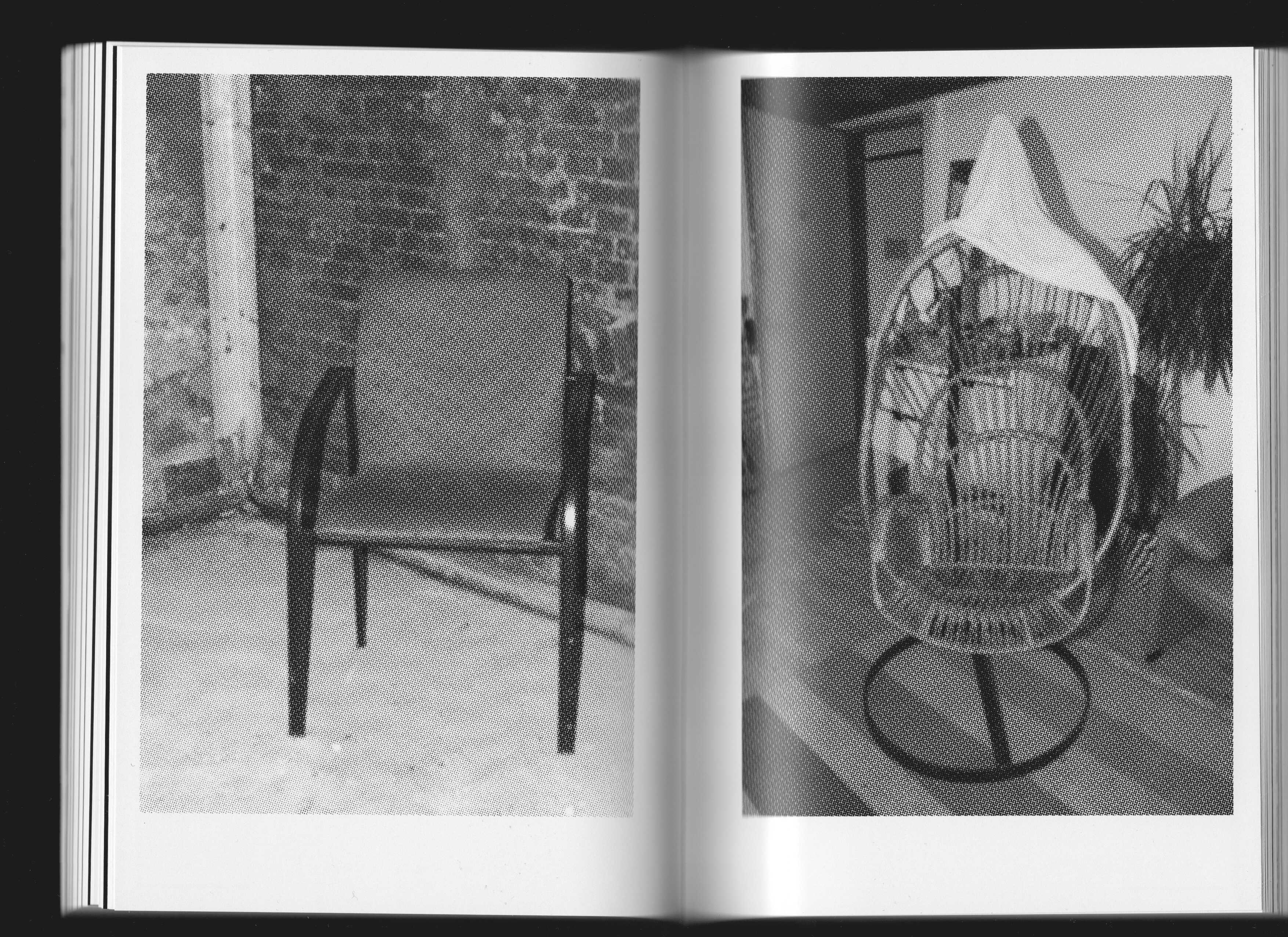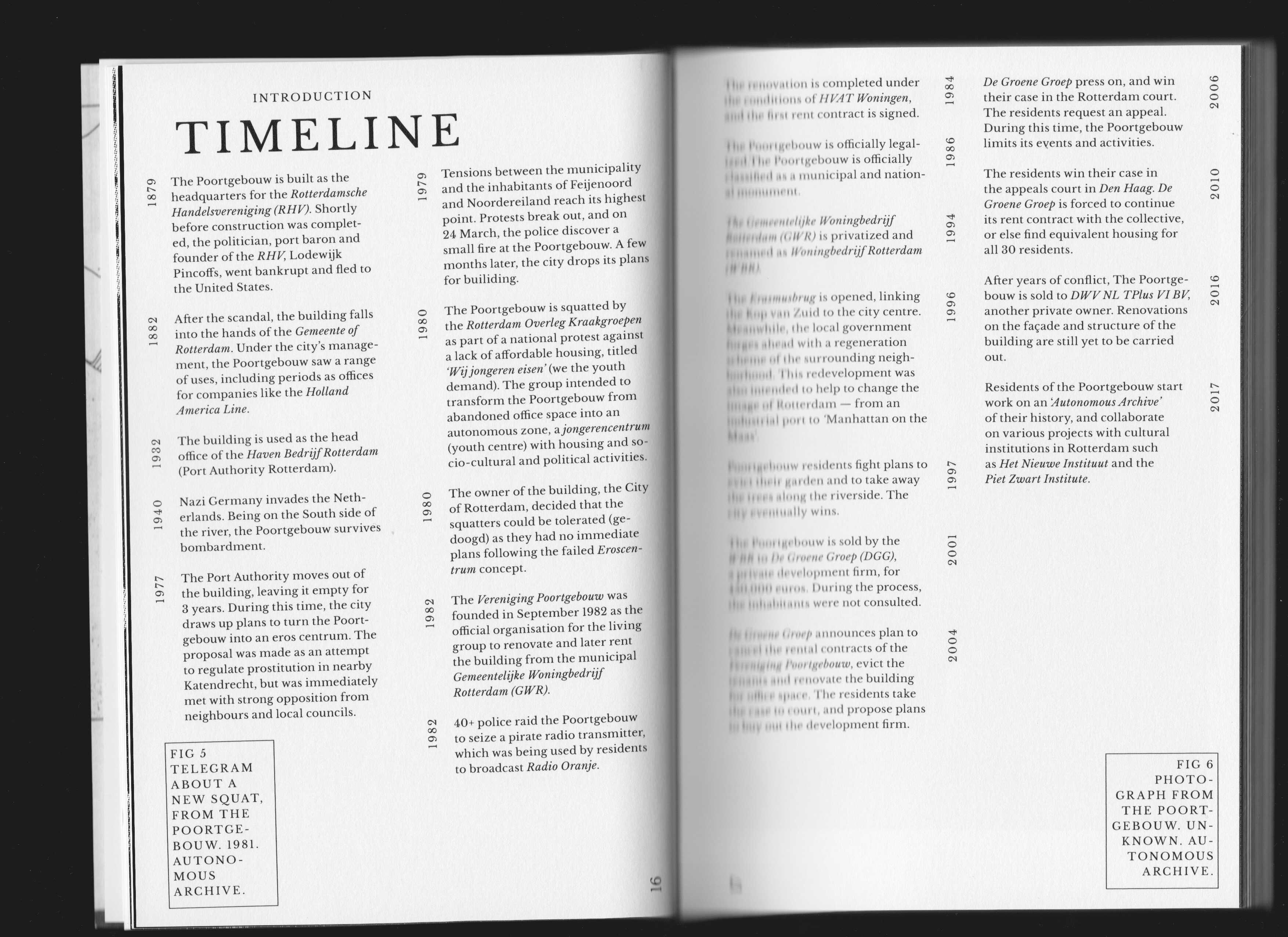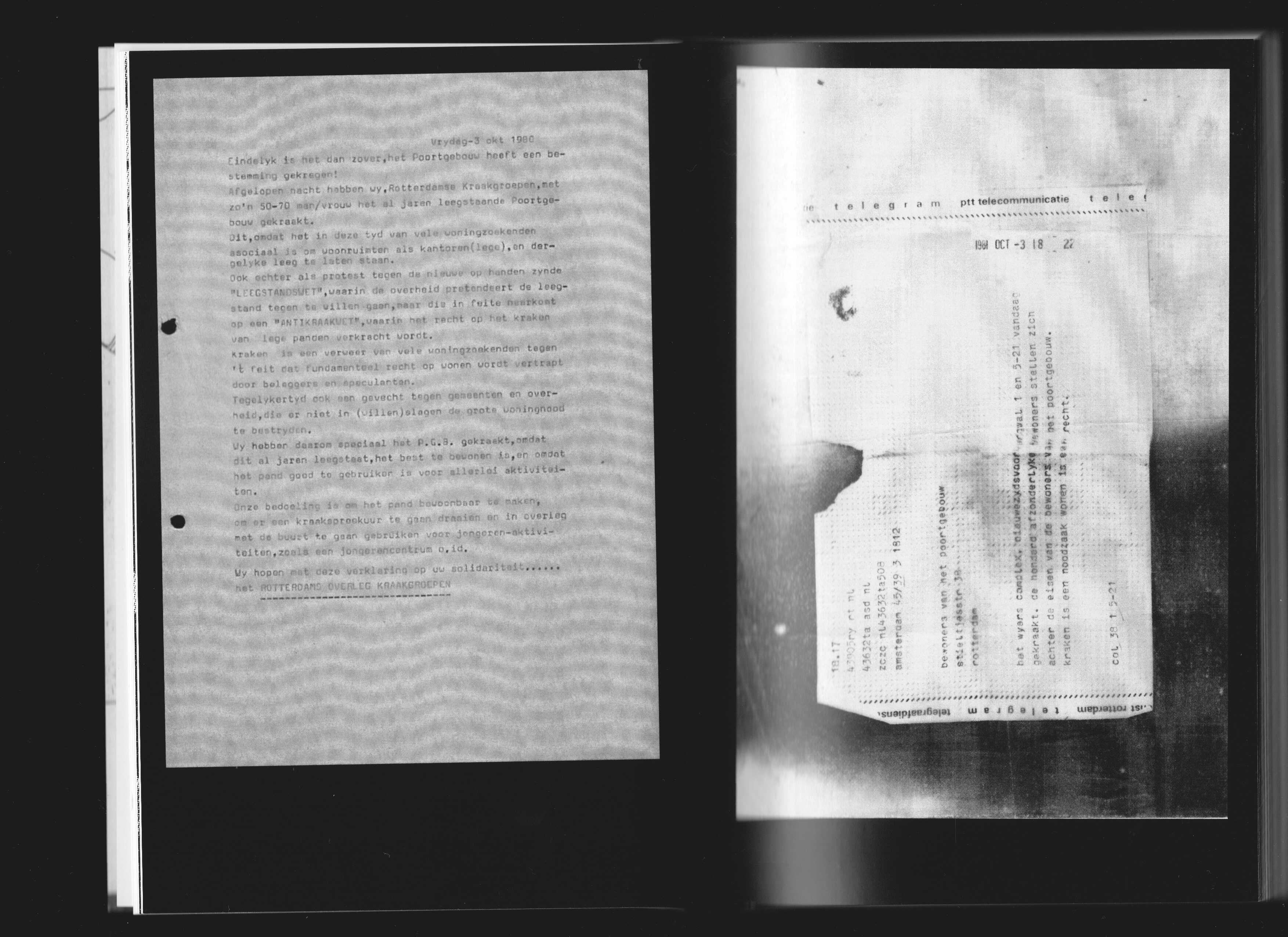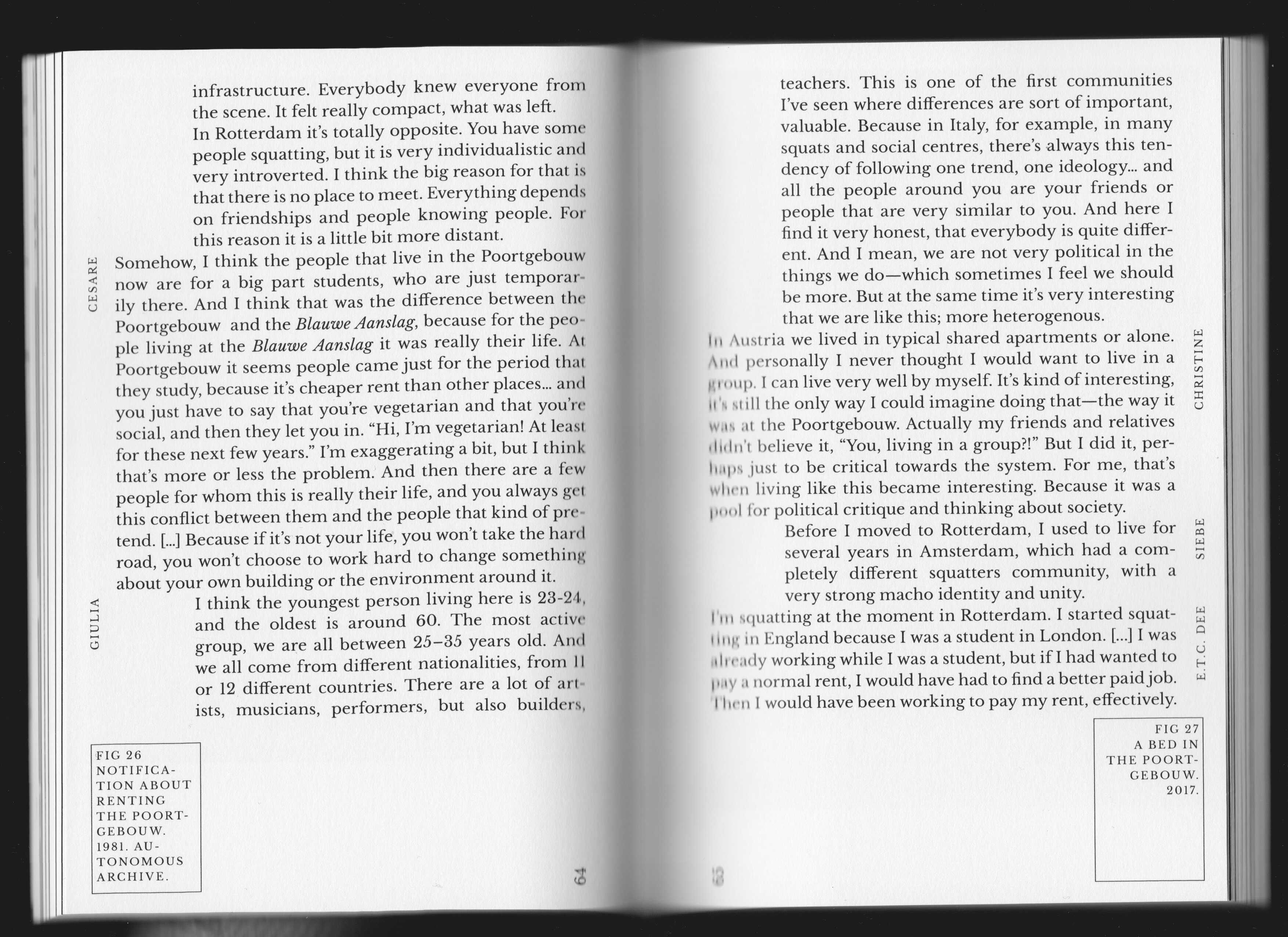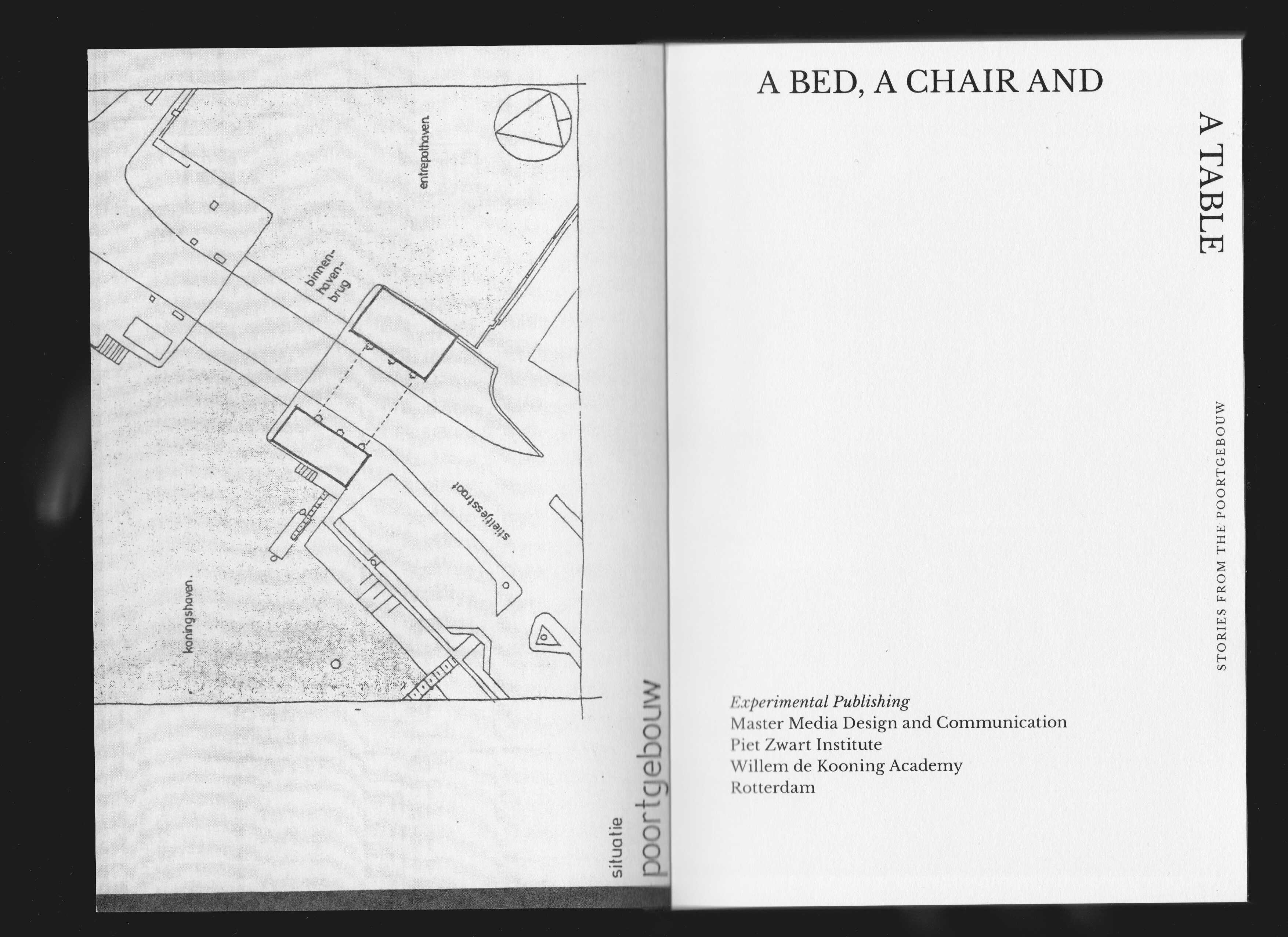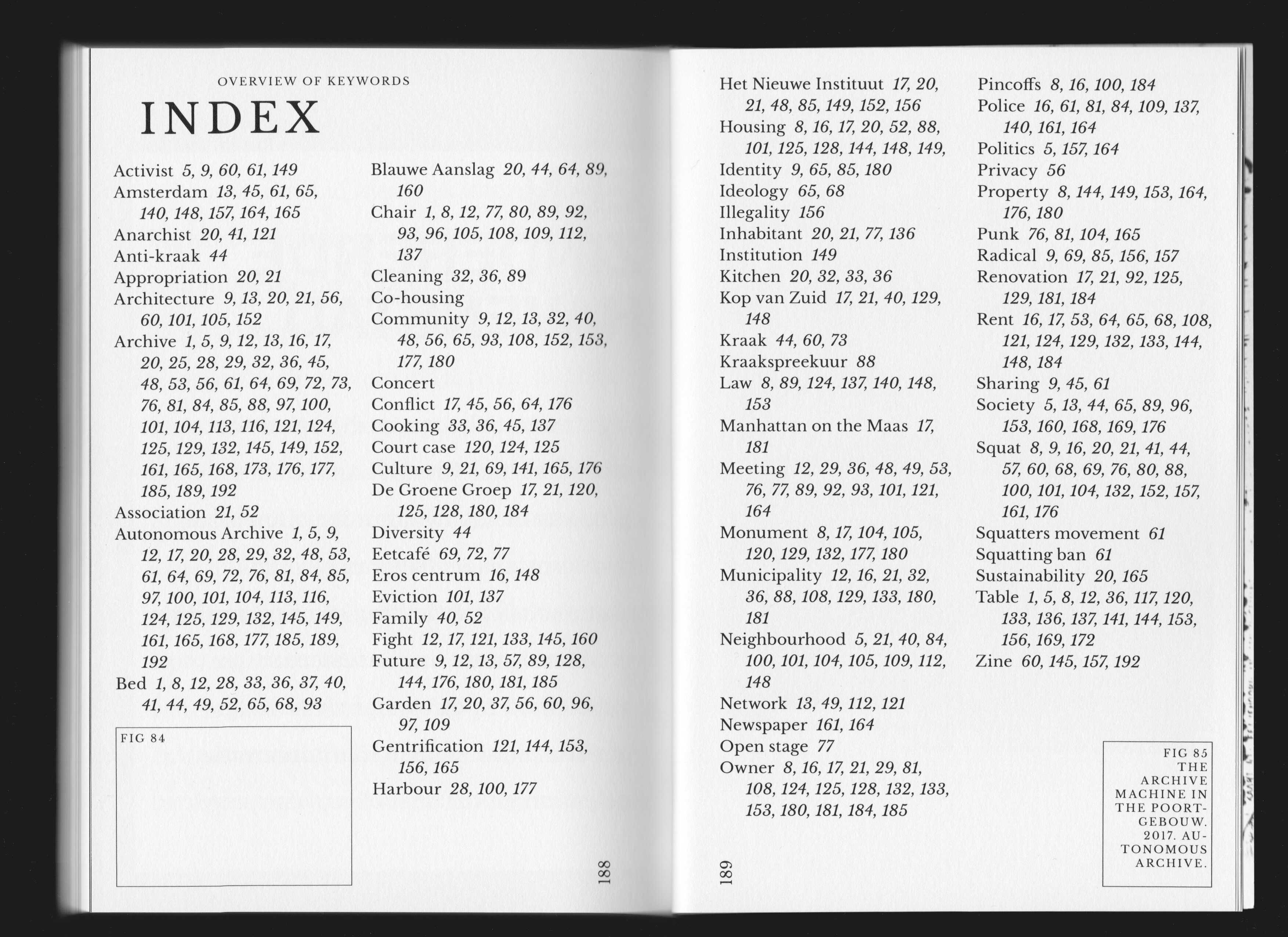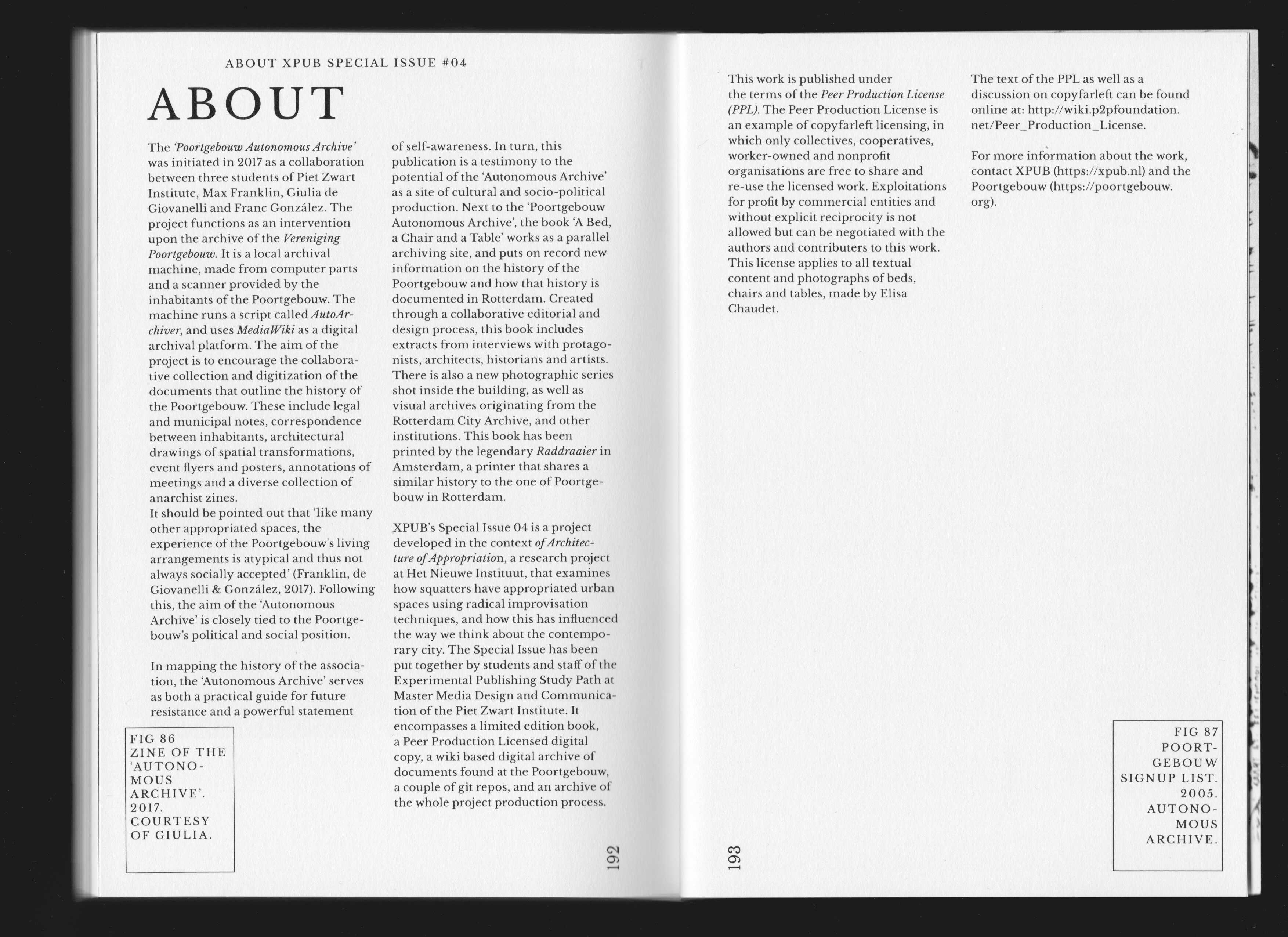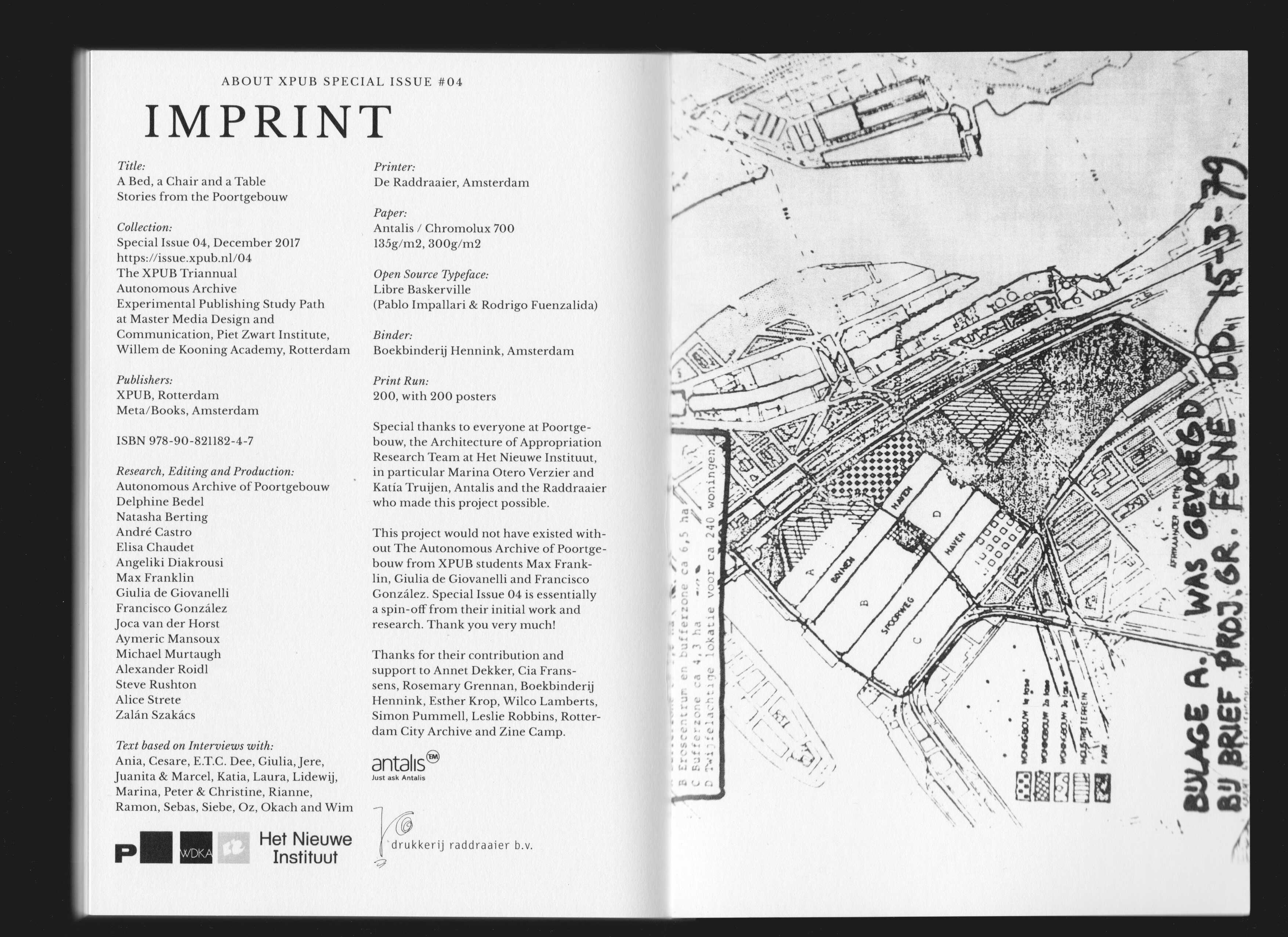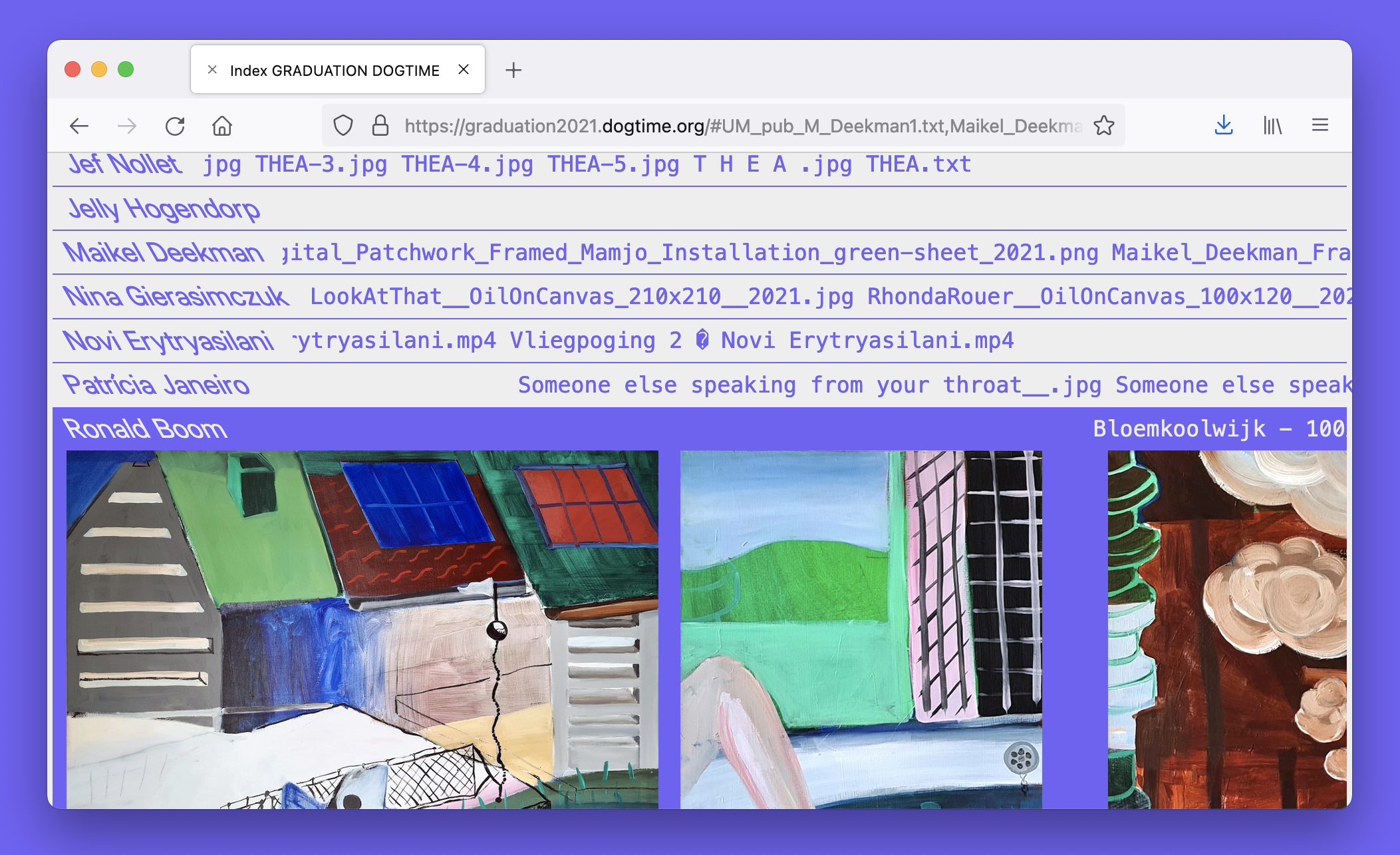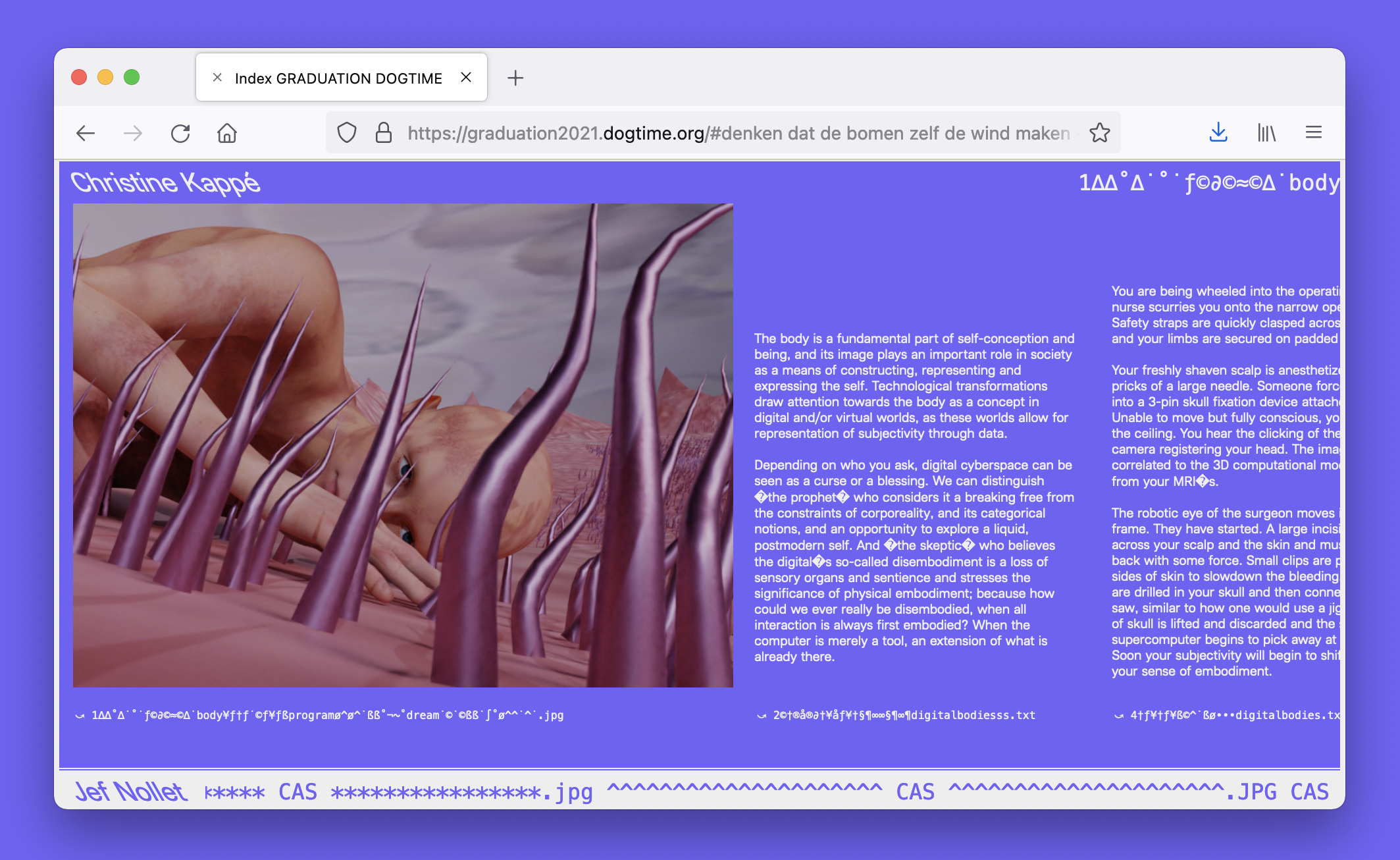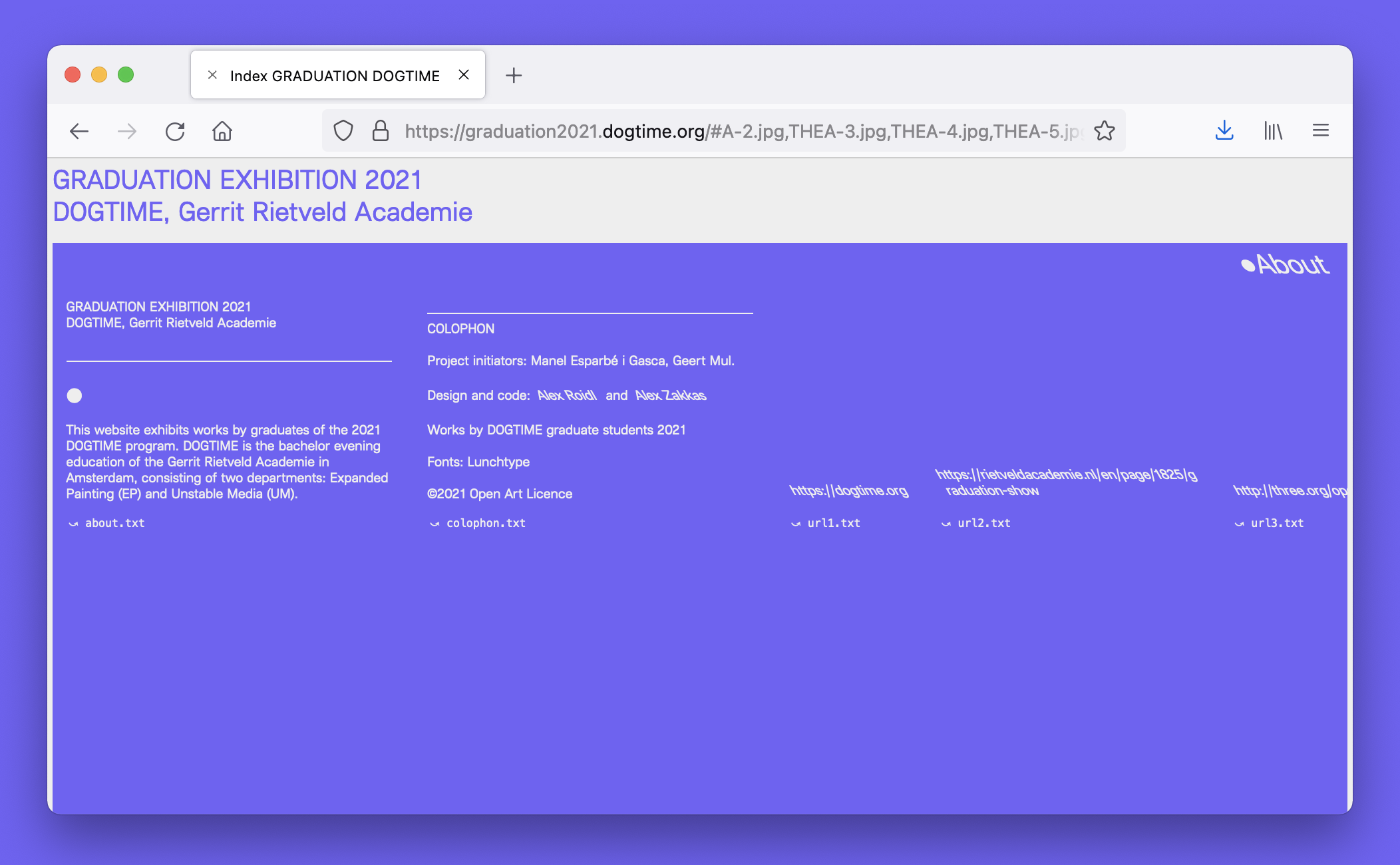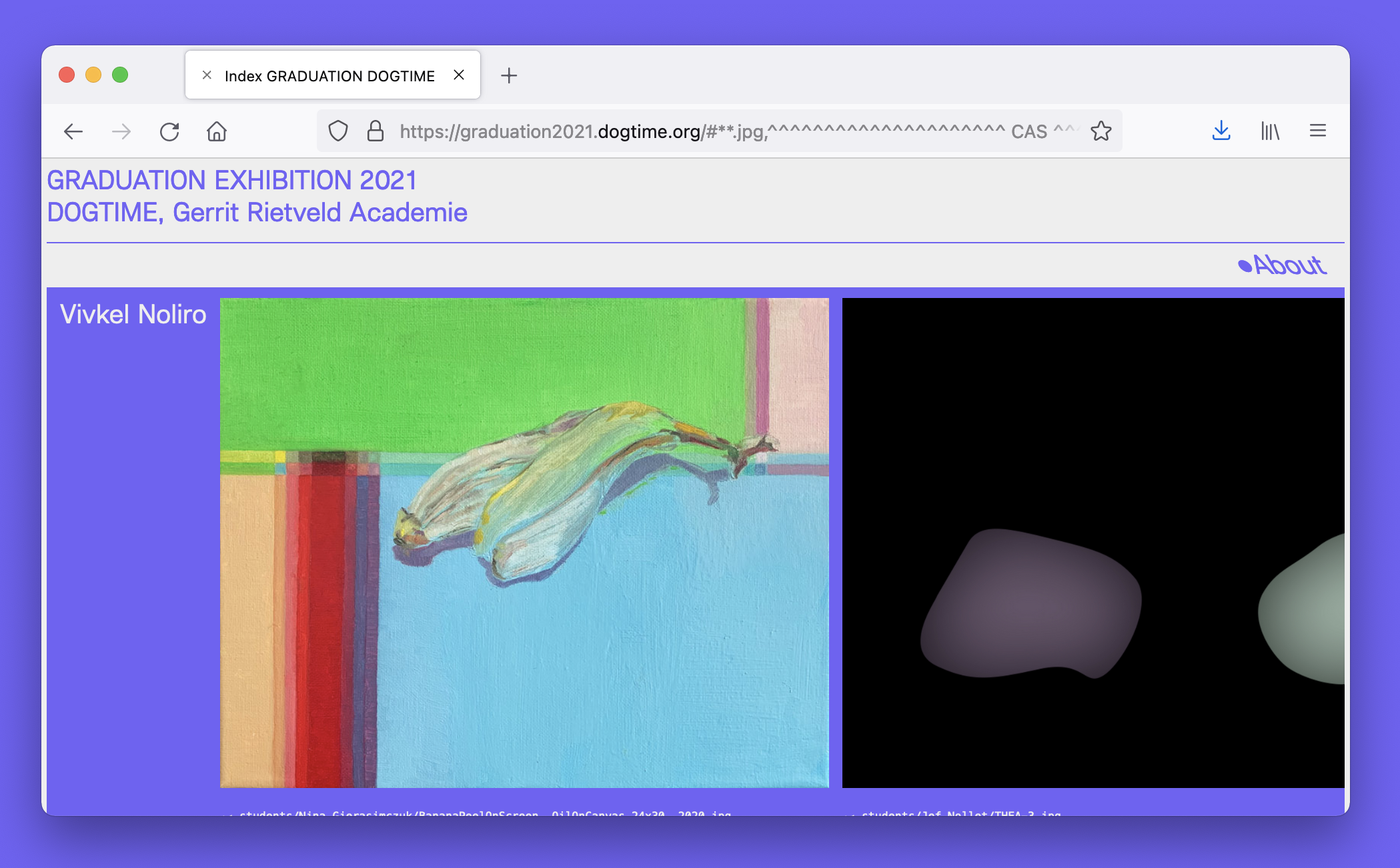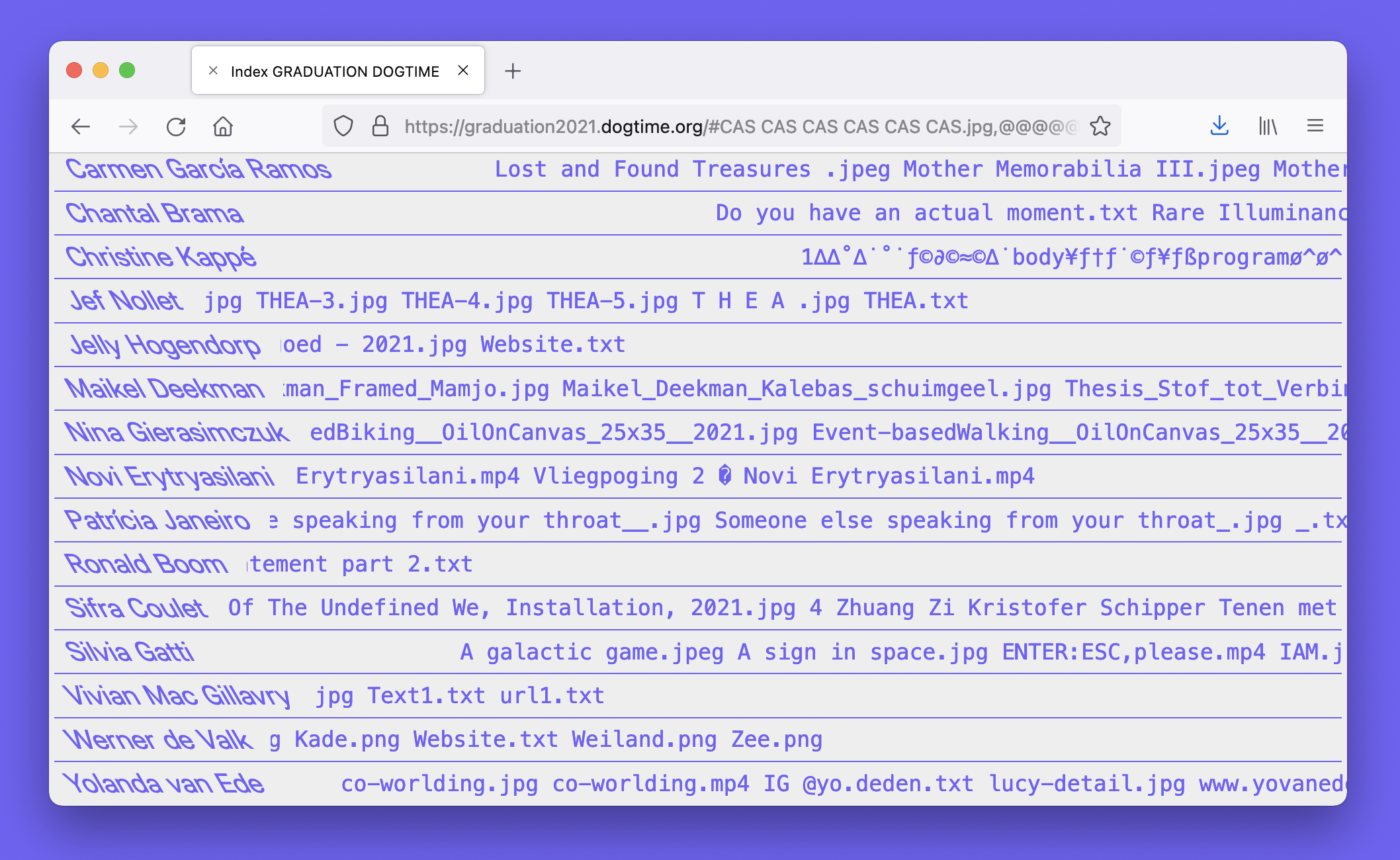Selected Projects
re-coding everyday technology
The working group for unusual input and output media has invited 12 artists, researchers and designers to create contributions and perspectives for a publication under the theme »re-coding everyday technology«. Alongside the web-based publication, the diverse interdisciplinary works reflecting, interrogating and reinterpreting the digital technologies we use every day will be exhibited in the LUX Pavilion. New perspectives that pose questions while also providing food for thought are offered on commonplace technologies like Google Maps, printers, RFID chips, emails, websites, fax machines and other black boxes. The exhibition was on display from the 11th till the 31st of October 2023 in the LUX-Pavillon of the University of Applied Sciences Mainz.
The publication can be viewed online: re-coding.technology
The publication features contributions by:
Benno Brucksch, Joana Chicau, Paul Eßer, Jian Haake, Lars Hembach, Naoto Hieda, Nami Kim, Verena Kuni, Guilherme Maggessi, Diego Trujillo Pisanty, Mario Santamaría, Francesco Scheffczyk, Yifeng Wei
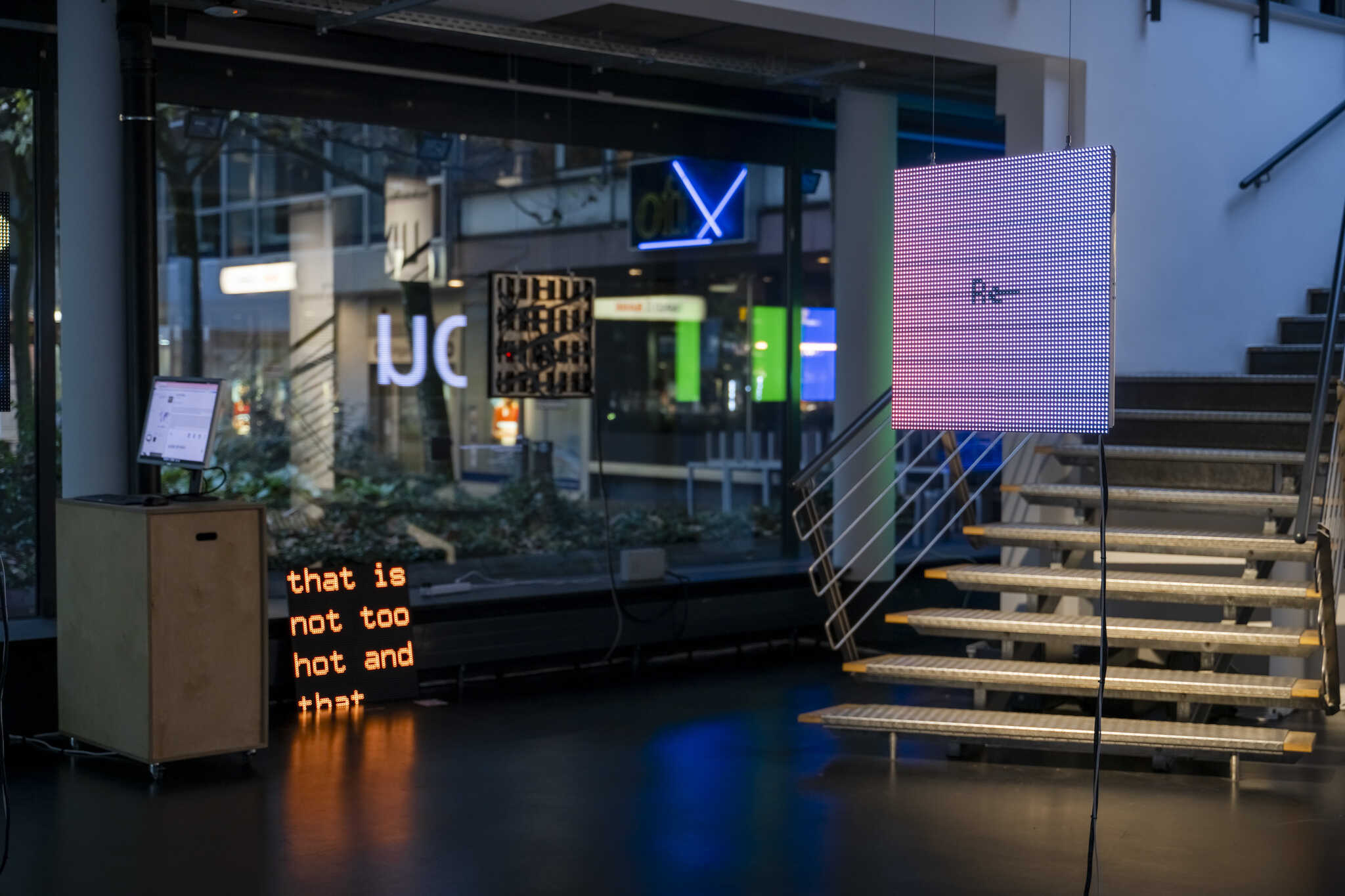
Mosquitto App
Experimental Web-App that lets you track Mosquito devices across the city for artist Angeliki Diakrousi. The interfaces uses the Geolocation Web API to track users and guide their way, while allowing them to mark found spots on an abstracted map. Hunting Mosquitos

Dynamic Reflection Continuum
Concept and design for the release of Continuum by Dynamic Reflection.
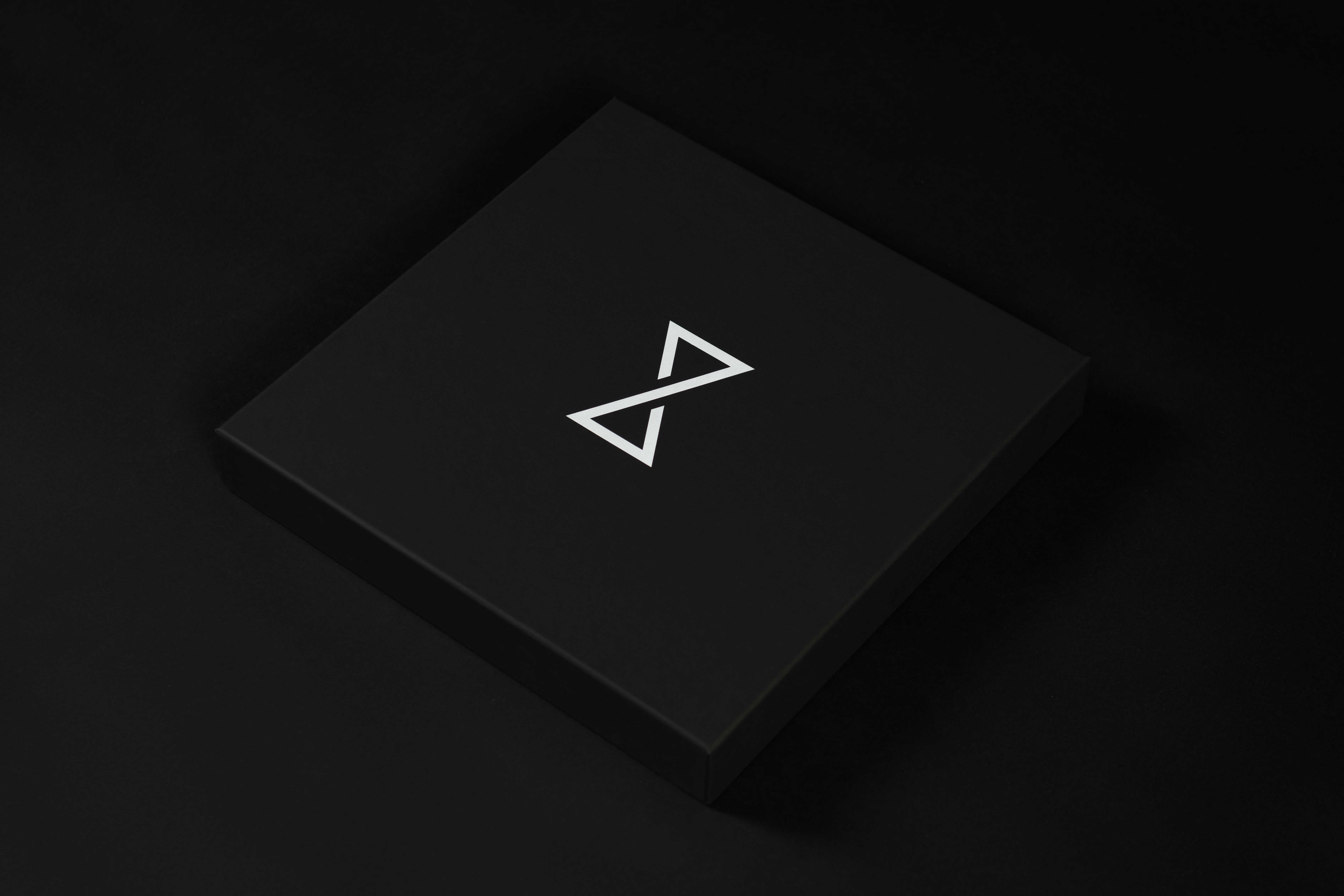
Hybrid Publishing
The merging of the analogue and digital worlds is becoming stronger and at the same time less and less visible. Books link to websites, articles quote books, exhibitions take place in the spaces between gallery and web. So it will also be the future task of communication designers to think between the media and to find new ways of communicating and publishing. In the interdisciplinary project Hybrid Publishing, we developed new formats in the winter semester 2022 / 23 that combine analogue and digital worlds into new hybrids. Where do digital media influence publishing? Is there such a thing as a finished product in the digital age? How can we push boundaries and experiment at the intersection between analogue and digital media? From printed animations that bring moving GIFs into the physical world, to digital exhibitions on the aesthetics of imperfection that can be printed out, to archives on the web and exchange platforms - we end up with 15 projects. Digital, printable, expandable, in motion, static. The publication presents the individual projects with short reflections on the topic of hybrid publishing and offers an introduction to the subject with a glossary and various references. publishing.systems
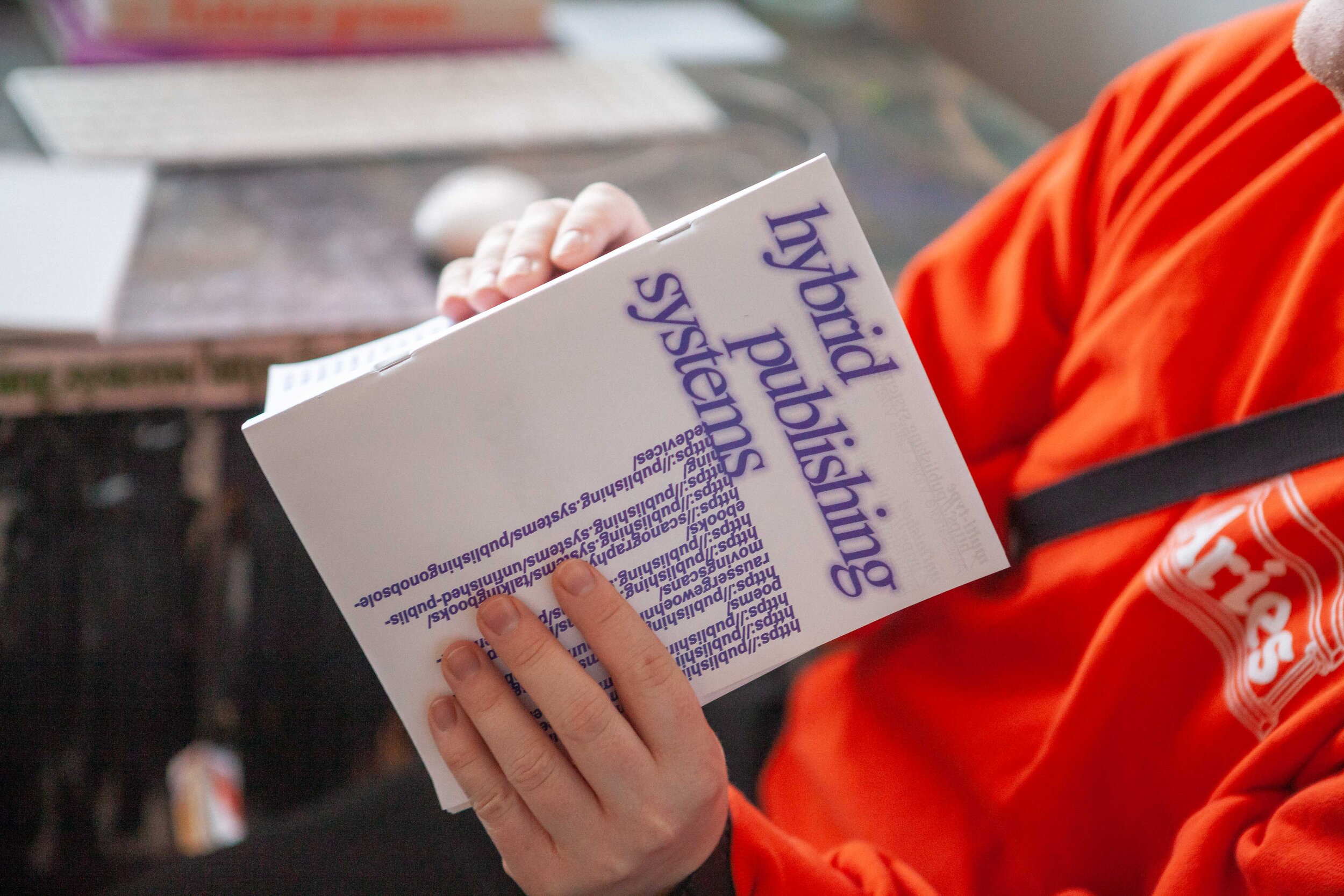
Elements of disruption
Since Friedrich Kittler we know that noise is not only disturbing our messages, rather it is the message itself — that wants to be decrypted. When looking at images of machine learning, one common pattern is noise. When looking at these machine generated images, what you commonly see, are very distinct artefacts. Moments of distortion, that so many engineers are probably trying to fighting right now. But instead of fighting it, we should take a closer look at the noise produced by these machine learning algorithms.
For example, when training Neural Networks on poster designs one thing become apparent: The machine has a different notion of typography. Overall it has a different understanding of what an image is. This was one of the starting points for the exploration.
As a result a web-tools was created to generate images and alter them using different algorithms to make the hidden noise inside those images visible.
This project was created as part of the Runway Flash Residency.
https://medium.com/runwayml/elements-of-disruption-the-noise-inside-learning-machines-cd0b42f655a8

Contrast
Contrast is a regular event by »annabel« in Rotterdam. The ongoing series of posters that present the event is printed with contrasting CMYK only colors. It picks up the topics of contrast and rhythm. The basis of the design is a grid that is inspired by a step sequencer. This allows for playful positioning of the elements. All the posters exist in an animated version for online use. The logo is generative and differs for each poster. The posters were on display all over Rotterdam.
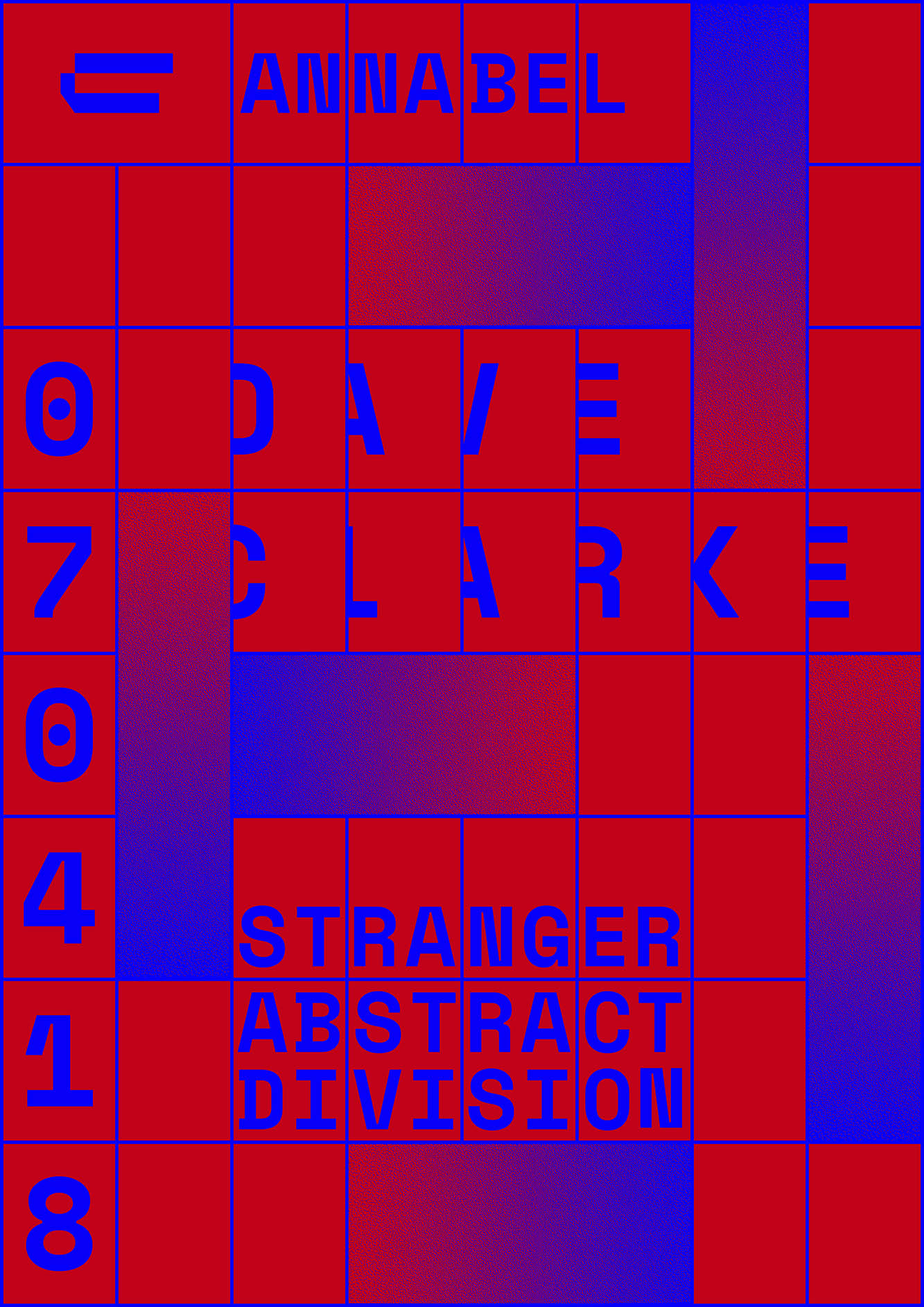
Web Hacking Studio
»Web Hacking Studio« is a course as much as a tutorial as it is a question: how can we as designers engage critically with the web? In the course, web elements were modularly repurposed as design elements, creating critical browser plugins that engage with the web as material for reflection. web-hacking.studio kd.hs-mainz.de/project/web-hacking-studio/

Collection: Graphic
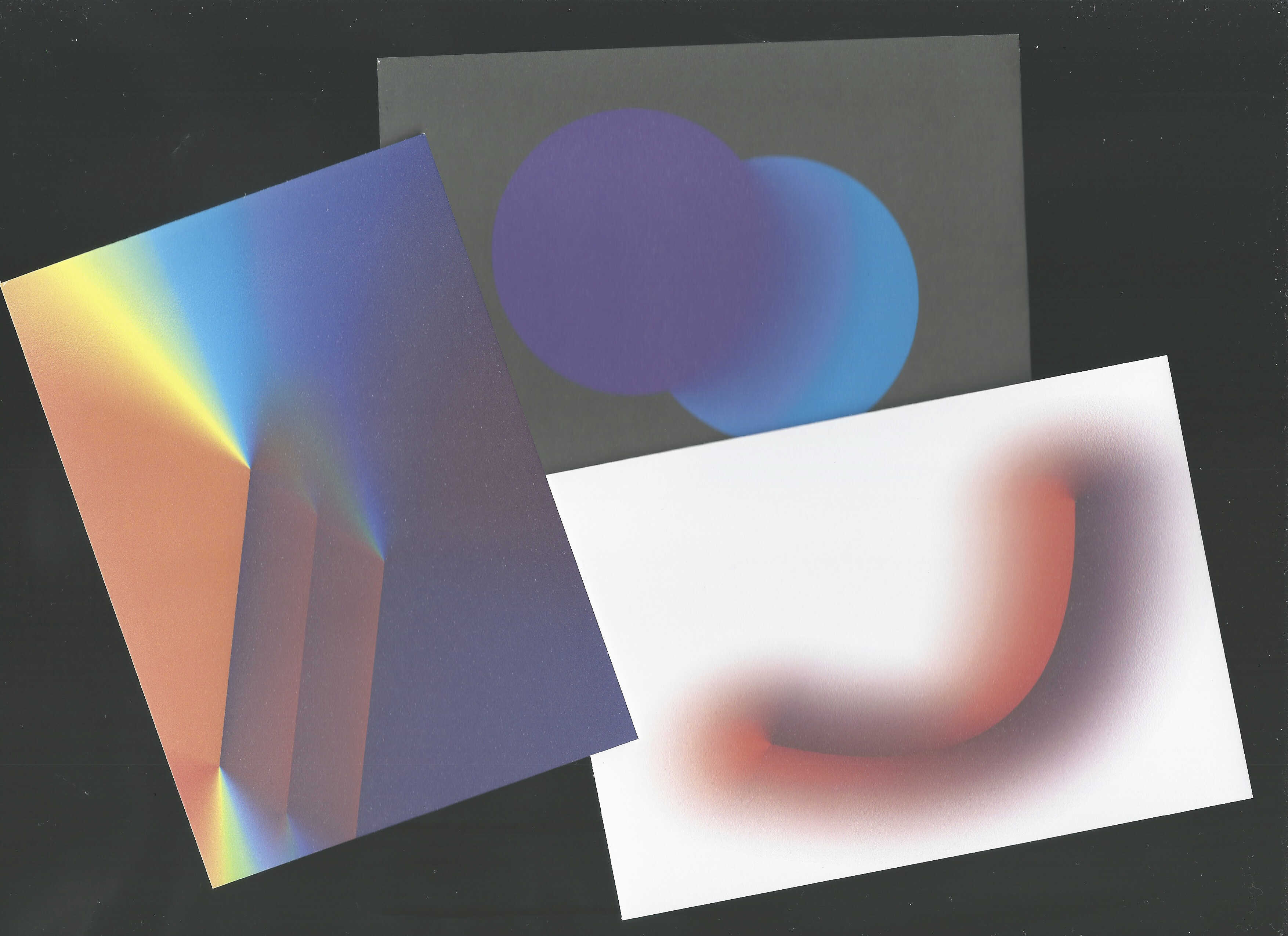
Remix Posters
Poster Series made for a remix event of students at the Richard-Wagner-Museum
2 Posters
DIN A1
December, 2016
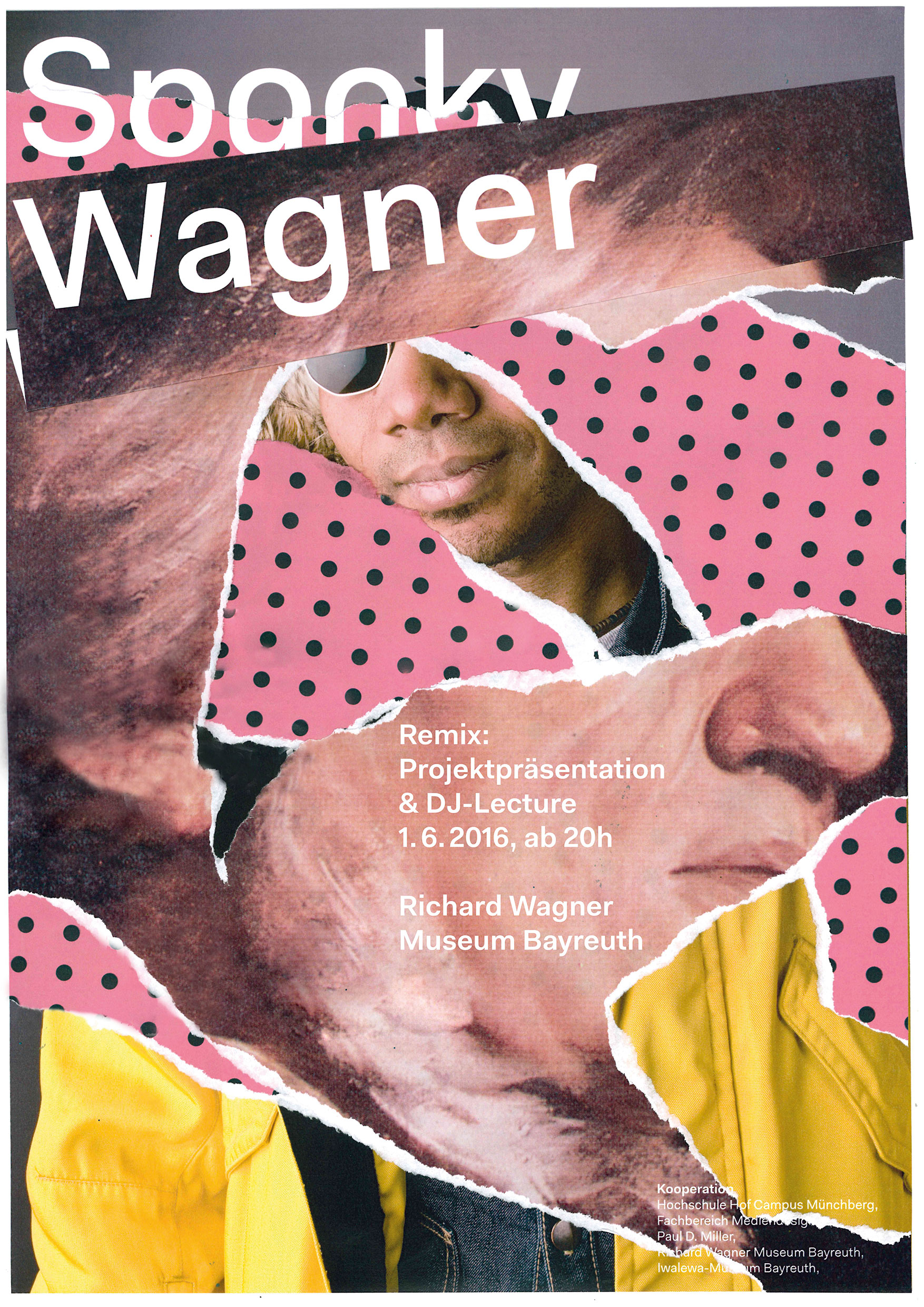
Upsetting Settings
Upsetting Settings presents graduation projects initiated by Alexander Roidl, Alice Strete, Angeliki Diakrousi, Joca van der Horst, Natasha Berting, and Zalán Szakács. The concept of this exhibition arises from the idea of the default setting, a situation in which a specific mode of interaction is selected automatically, pre-configured to work out of the box without the need to tinker with its underlying apparatus. Every system comes with default settings predefined by its creators, and most of the time, these settings remain unchanged by us, the users of such systems. These defaults do not represent our needs but are possibly the materialisation of biases from the system's makers, from corporate or political interests, from a society at large. The projects engage with the concept of default modes and propose interventions in their core structure/source/root so as to start thinking collectively about better places from which to begin. You are invited to become root users, active listeners, smart speakers, intentional eaters, counter trolls, sensorial spectators!
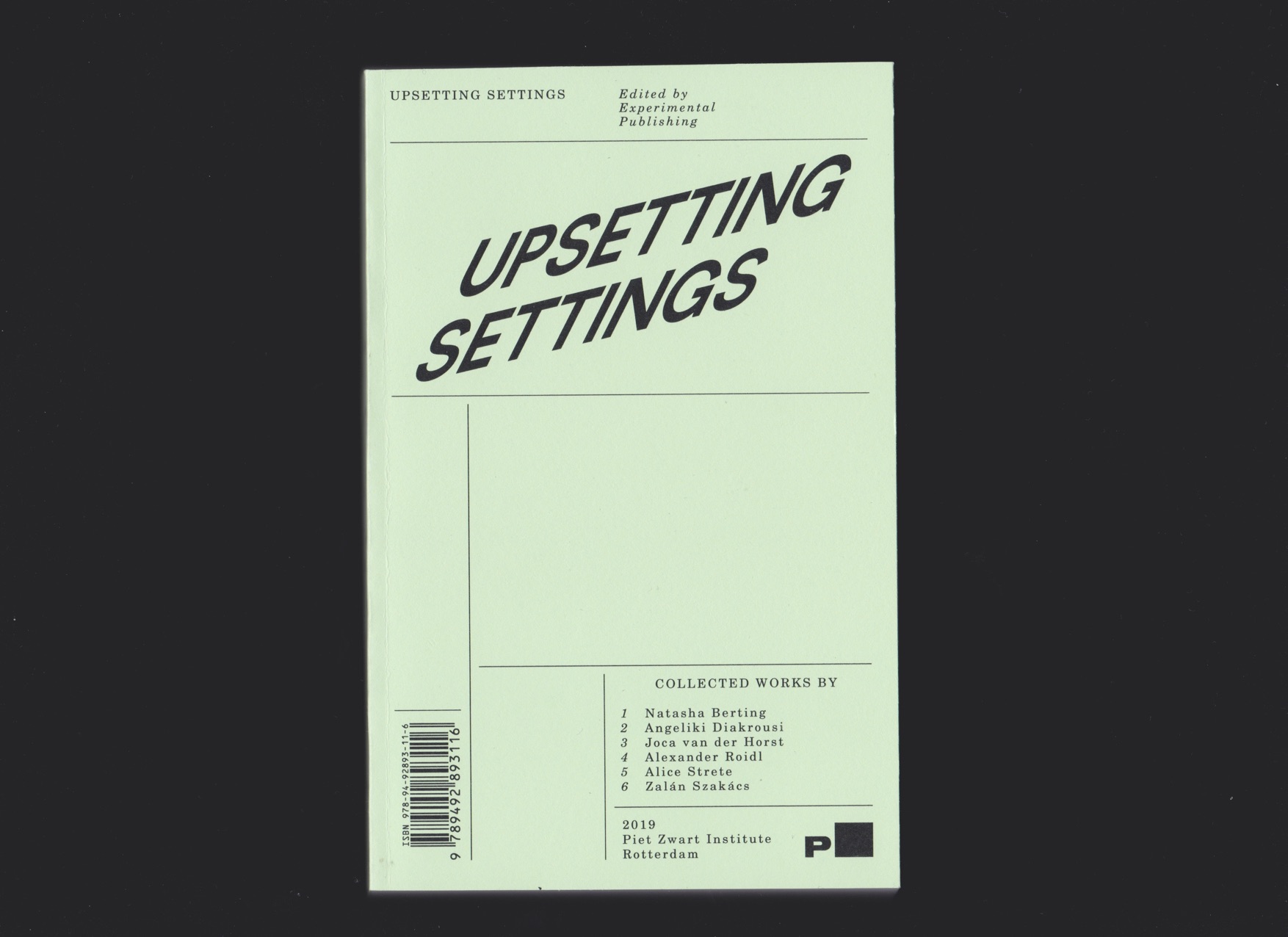
Ungenaue Praktiken
An experimental website with an essay has emerged from the cooperation with the dfg-funded project »Mediatheken vernetzen«. Data from the performing arts at several major universities was examined. In particular, the project aims to address the inaccuracies in the datasets and to understand incorrect data not as an error, but as a possibility of access.
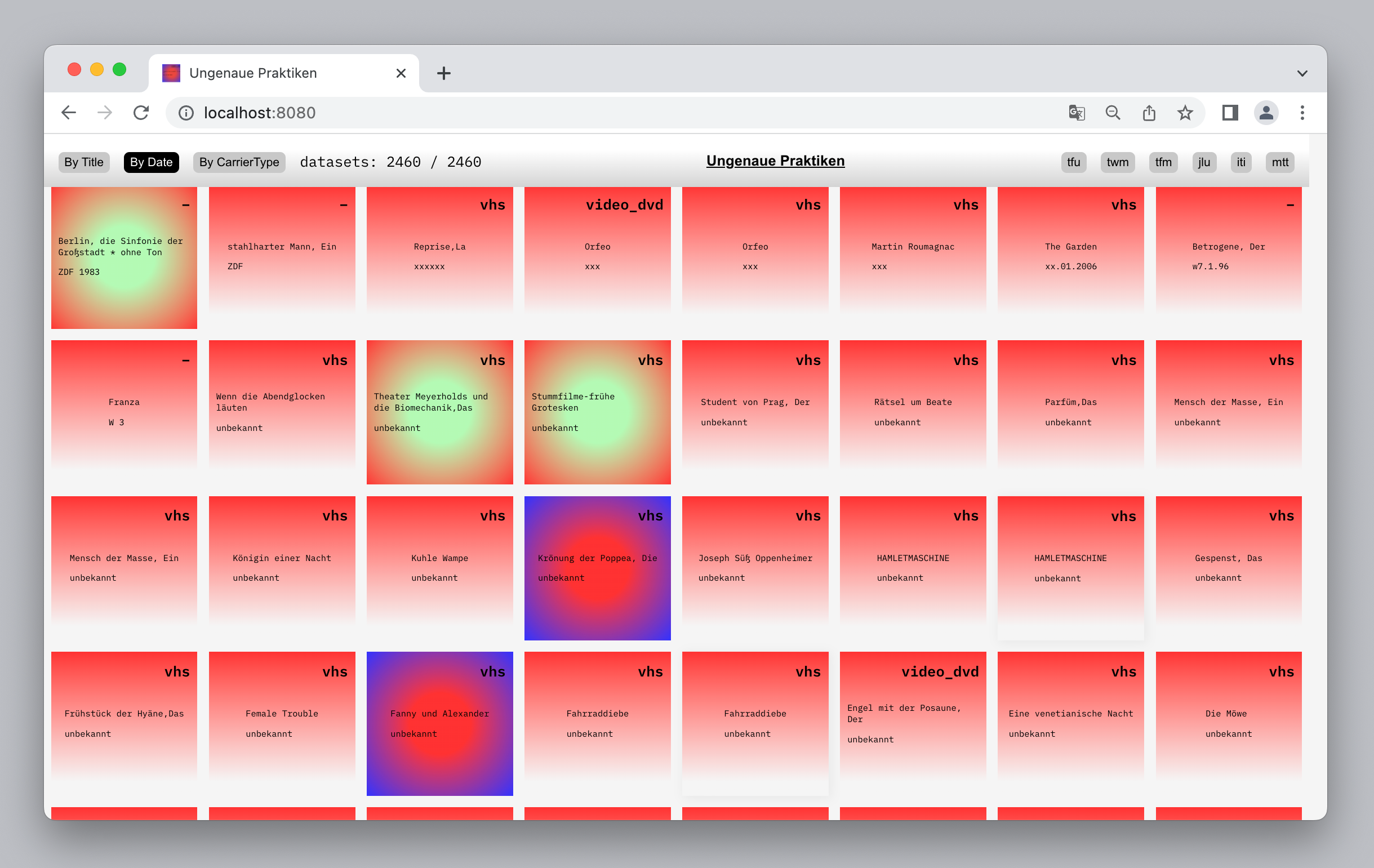
Printed Database
How does the database look like? In order to see the database you need to give form to it. I printed a collection of books from a zotero database (a program for making collections and references). The book is a dump of all(?) the data in the database using the zotero api and python with reportlab. So the database converts to pdf in one go through python. This print is questioning the shape of databases and how the datastructure can or can not convert into a narrative. Is this book readable, if not, is it a book? This is part of an ongoing reseach on digital structures and databases.
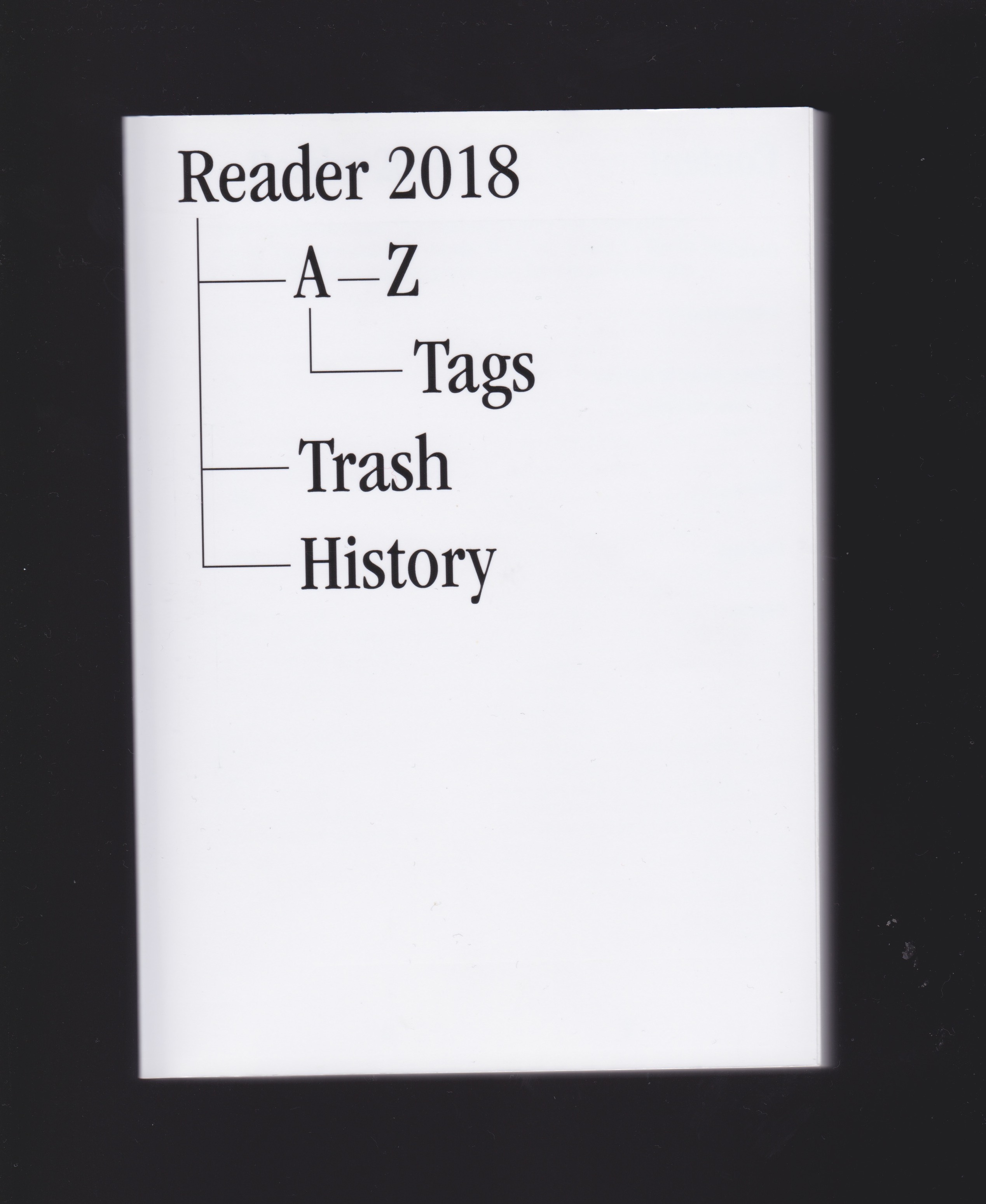
Anomalytime
An interactive application to show times of the different places where the multinational agency Anomaly is located. The logo is animated according to the seconds, rotating in a fully responsive way. The site can be used as a point of information, screensaver or wallpaper.
www.anomalytime.com
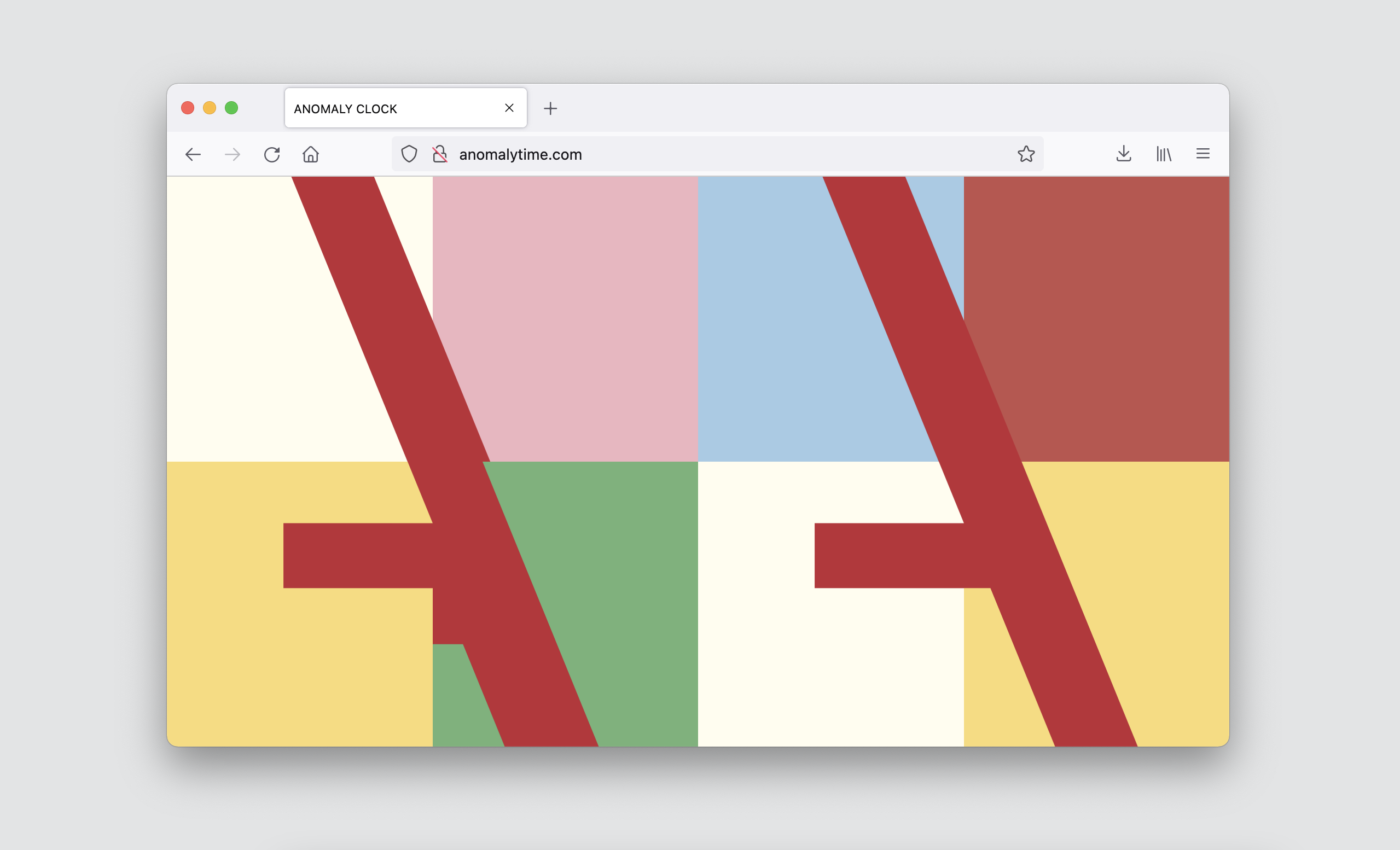
China
China; porcellain.
China; country in asia.
Things mean the world.
Made in china is cheap.
A book about porcellain and the value of objects in times of made in china.
It’s a critical reflection on how people put value upon things – or not and how mass production influences our perception of objects. To reflect
this the book shows very cheap, daily objects that seem like they are made
of porcellain, but in reality are worth not even 2 dollars. The objects are presented and photographed in a way, that makes them seem more valuable. To strengthen that effect the book is completely printed with white color on black paper.
Book, 190 x 280mm
printed white on black paper with Indigo
July, 2016

Rietveld Graduation Portal 2022
graduation2022.dogtime.org
Rietveld Academy asked us to build a portal for the graduation work of their students. Together with Alex Zakkas I built a website showing all the work done by graduation students.
The site is using files as a backend, the structure of folders and files reflects in the front-end.
The website exhibits works by graduates of the 2022 DOGTIME program. DOGTIME is the bachelor evening education of the Gerrit Rietveld Academie in Amsterdam, consisting of two departments: Expanded Painting (EP) and Unstable Media (UM).
The Dogtime graduation website design allows graduates to have direct access to their content on the website, adding, deleting or changing files. The subtle but powerful website-framework unites the diversity of the students' works, attitudes and media and serves it in the context of a wider world.
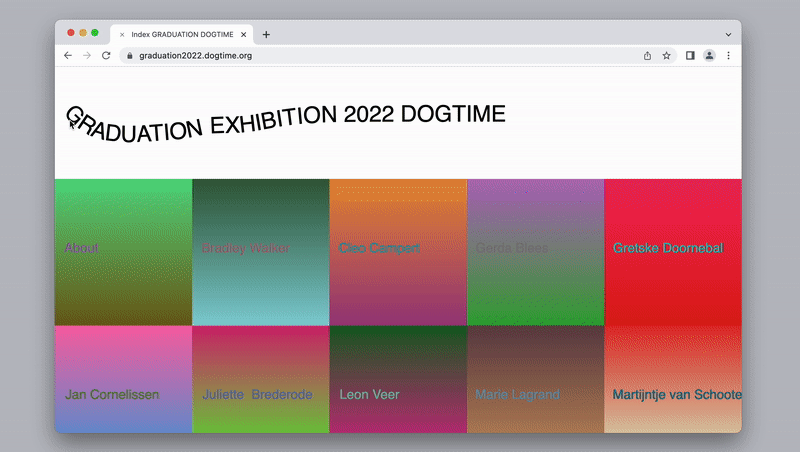
Super Interactive Glossary
In the Interactive Basics course of the 2nd semester at Mainz University of Applied Sciences, we dealt with the interactive capacities of the web. Clicking, dragging, turning, talking, listening, writing, navigating... The students each dealt intensively with one mundane interaction and programmed interactive websites for it.

Everything is a file
The experimental publication »Everything is a file« is based only on filenames. Before ordering you are required to donate two filenames. The publication will the be printed on demand and sent to you.
Published at Unformed Informed by Rianne Zijderveld
Dear file-maker, file-wrangler, the various formats and forms files can take while maintaining specific standards and encodings, make them artefacts, that are foundational to digital machines. Filenames are particularly interesting in the way they mediate between computability and readability – but more than mediate do they ocillate between unreadable, but computable, to readable, but uncomputable to corrupt – unreadable for human and machine. Therefore, filenames act as a cooperative media inbetween everyday users, developers, algorithms, printers, unexpected audiences and many more. Sorting, finding, navigating, writing, reading are media-practices that are profoundly enabled by files and their constitution.
Explore on file.unformedinformed.com/a>
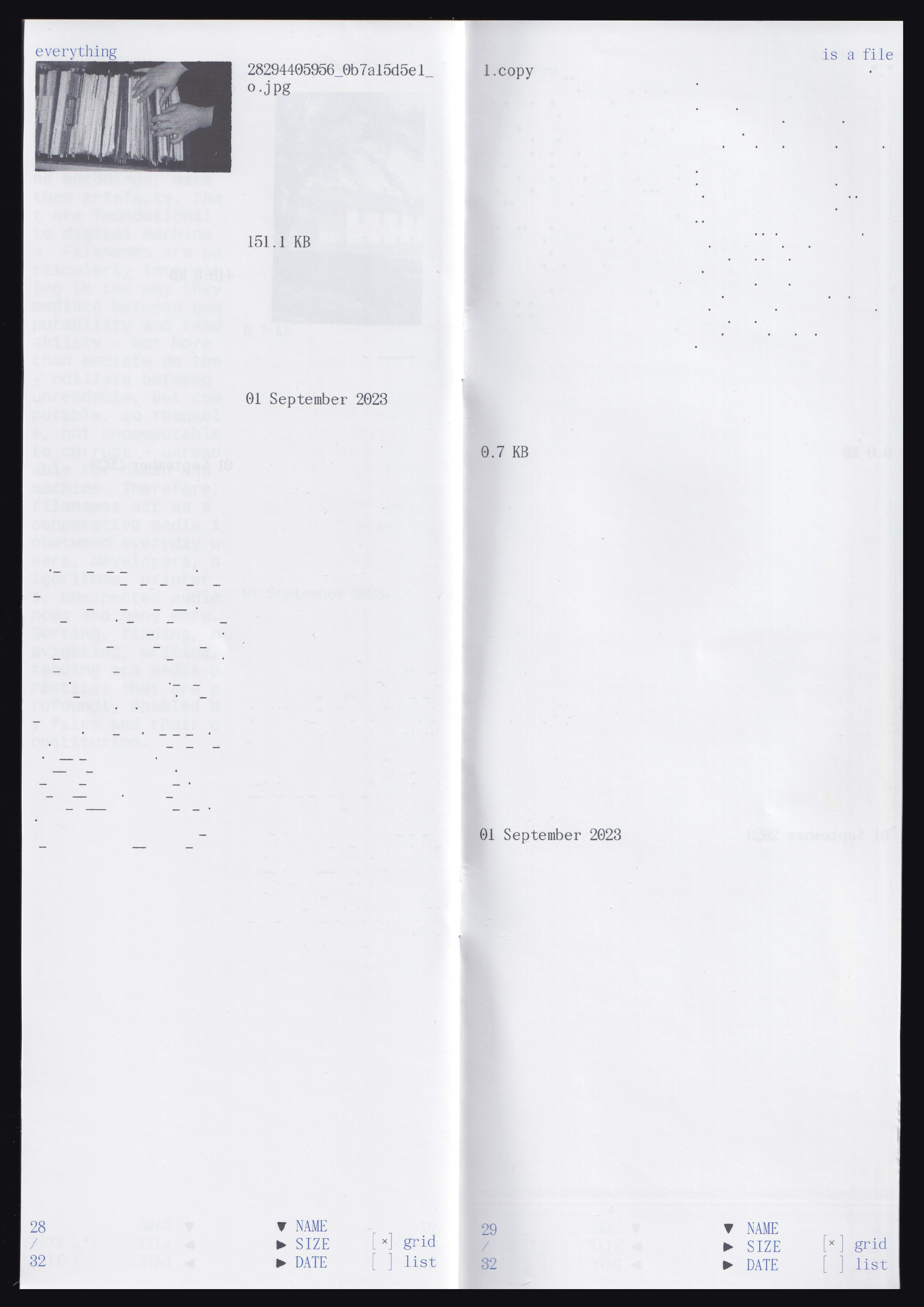
Form Motion Code
Diverse experiments in form, motion and code. Based on p5js and WebGL shader language. This work is an exploration into the possibilities of code, shade, motion and color.
https://alexroidl.de/form/
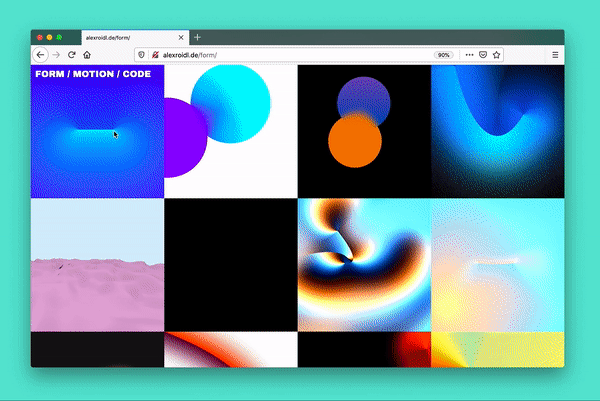
New tools for new design
How do tools influence design and the way we create? And how can we build new tools in order to create new design, in the mean of process as well as result? This are the questions I try to answer with my bachelor thesis. In an experimental approach I created new tools and designed with them and analysed the influence the tool had on the way I created and on the result. I built 16 tools and with them I created posters, grids, websites, typography, graphics… Some tools are programmed,some are remixes (like a synthsizer I used to create graphics) and some are missused (snapchat for posters). All that is collected in a book – »New tools for new design«.
Thesis in form of:
Book, 145 × 210mm
250 pages
February, 2017
as well as, a collection of digital design tools, that can be found here: New Tools
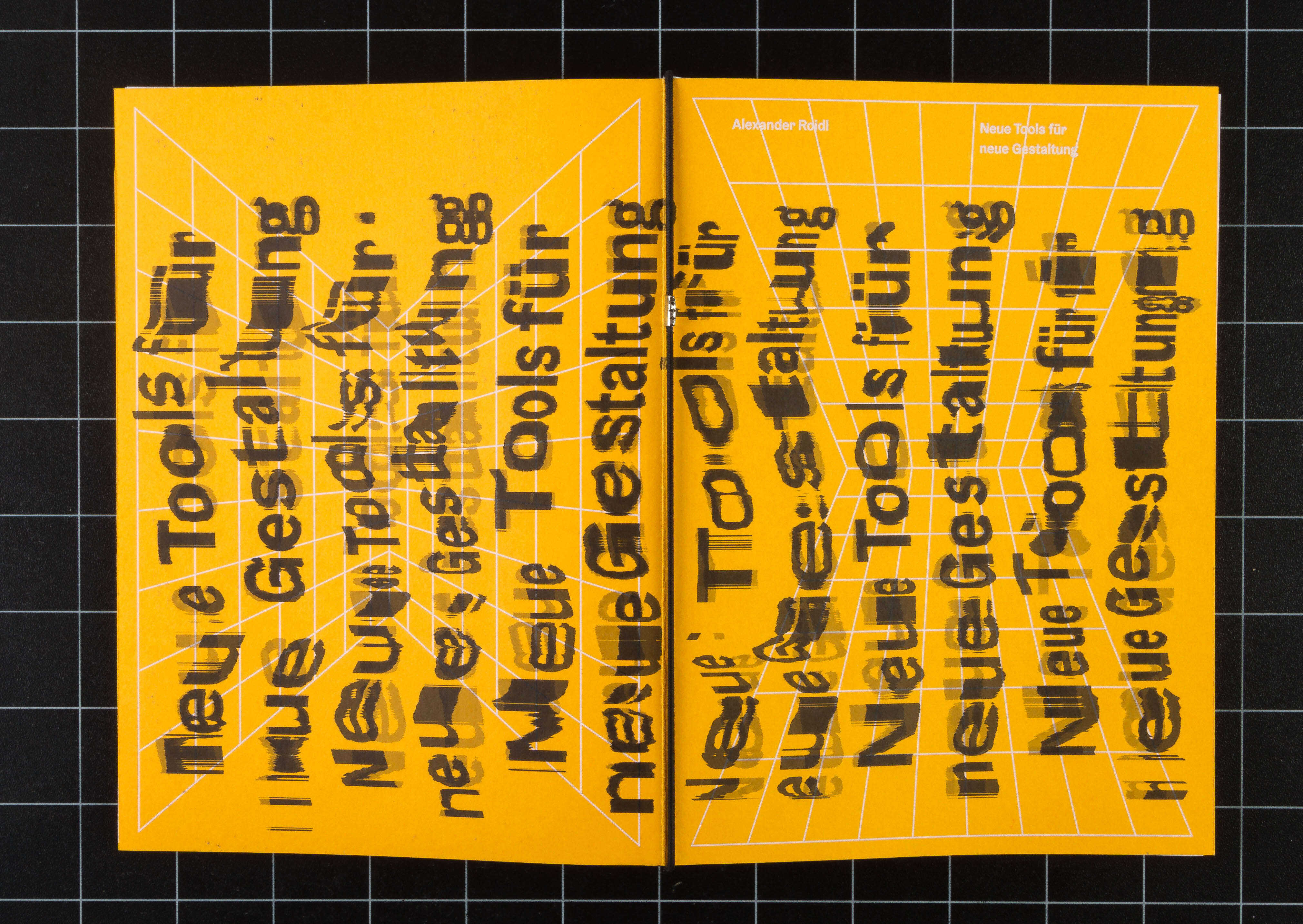
XPPL
XPPL is a space for potential pirate librarianship. It is both an experiment and a working prototype for a distributed
network catalogue and library that you can run and install on several machines and share/synchronise with
the same bibliographical database. It starts at XPUB, but can go anywhere we want it to.
Initially developed as a in-house tool for the XPUB course, XPPL is a project aimed at people who are studying
within and outside formal education, or as we like to call them: knowledge comrades. XPPL provides a web interface
and hosts a curated catalogue of books and articles. Its distributed architecture is open to instances of
uploading and downloading, and allows for the collective editing of its content. In XPPL, librarians can add, and
modify small collections of books that are connected by threads of thought, or follow a certain thematic or study
path. We call these selections ‘stacks’. Rather than a bookshelf in a library, where books are lined up and often
forgotten, the stacks on your table/nightstand/bathroom floor consist of books prone to be opened and reopened
at any time. The stacks in XPPL are visible for others in the network to browse, annotate, update or shuffle.
Next to the stacks, XPPL exists as a distributed bibliographical database upon which various modes of reading
and writing interfaces can be created. In its current version, the XPPL search interface allows for serendipity,
while playful bots point to the invisible labour of librarianship and gaps in the collection are made visible, turning
dormancy into potential. Furthermore, collective annotations turn the digital library into a social space; and visualizations
of the collection in 3D forms allow users to sense the materiality of their books.
The XPPL is also a project of urgency. Today, the gradual loss of public libraries, the rise of corporate academia,
and the systemic use of digital rights management, make access to knowledge increasingly difficult. As a result,
and despite significant efforts from free culture supporters and open access initiatives, media piracy has became
an unspoken practice that cannot be decoupled from the acts of researching, reading and studying. However, this
practice is often fragmented, and splintered by way of legal and economic barriers. We recommend books in person,
jot down reading lists on paper, then send unsteady links via email or download already known items from
the haystack of existing repositories.
Most importantly, under these circumstances, such practice is reduced to the act of file sharing, and fails to highlight
the discursive nature of these exchanges, their ability to form new resources, to nurture collective forms of
learning and an active research culture. In response, XPPL is a platform and network that offers another way to
think about, aggregate and intervene in these processes.
Website
lib.xpub.nl
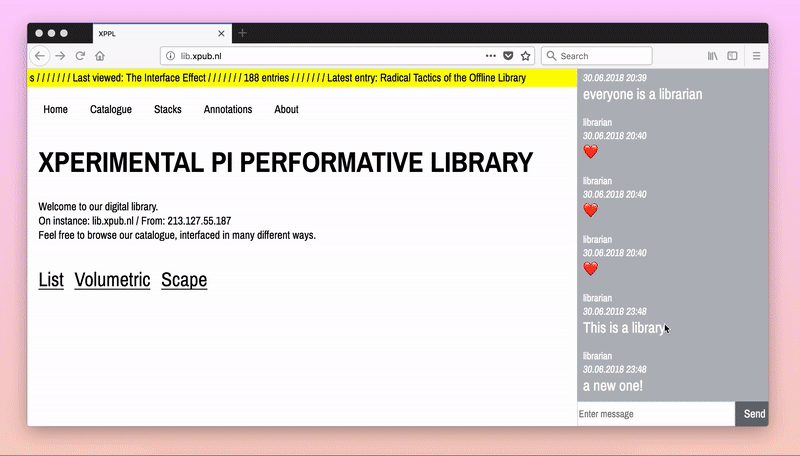
Arbeitsgruppe für außergewöhnliche Ein- und Ausgabemedien
The working group for unusual input and output media is a research project, that investigates processes, methods and tools that are not part of everyday design practice. From the intersection between coding and design, new possibilities for an experimental design practice are to be developed. Above all, the question of new interactions between humans and digital infrastructure are at the forefront of the research. The first series of lectures and workshops focused on the browser as an output medium. From structured data on the web to open source publications on the web and browser tools for hybrid printed matter. As a next step, the working group is currently planning a publication and exhibition on interaction with everyday technologies, such as RFID chips, photogrammetry, wifi networks, printers, 3D printers or web browsers.

Press play to play
Remix: to make something new out of existing parts. In the 21. century we are all surrounded by digital devices. With this exhibition my college Dominik Meixner and I created an interactive installation to celebrate the analog device in times of micro-controllers and smartphones. The aura of the analog gives a very unique flair to the installation. We use the idea of sampling, so we took existing music and recorded it on tape loops we built. The visitor could change tapes and play and stop music, vary volume or speed. So the visitors could create hundreds of new compositions.
Installation, 3 × 1,5m
Oktober, 2016 – May, 2017
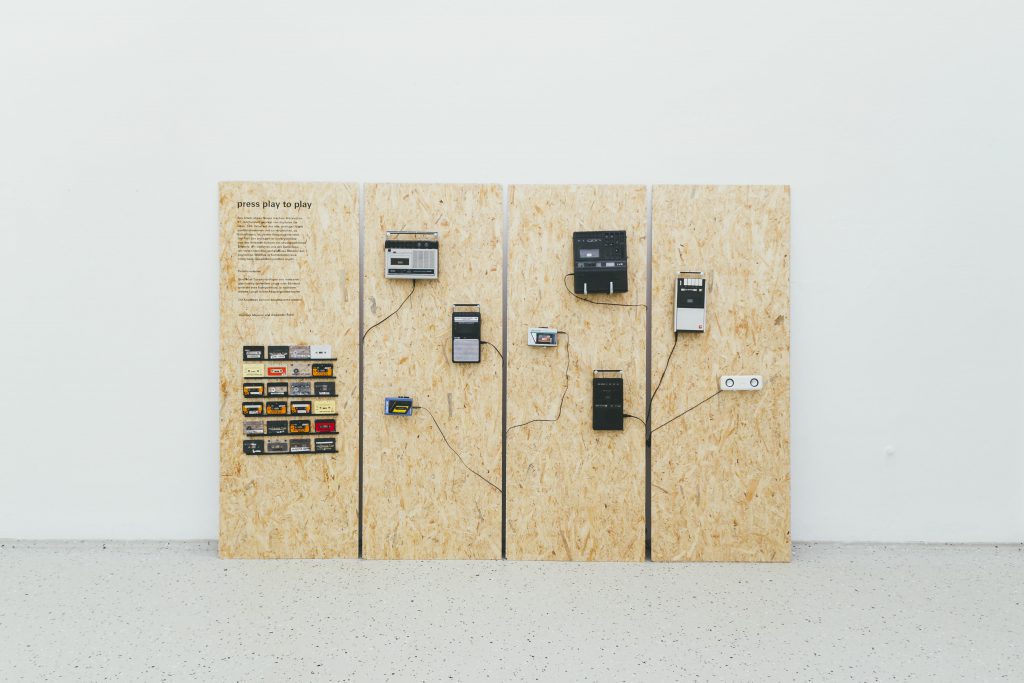
Poetic Software
Software has taken command of our daily life. It is omnipresent and most of our Western society would come to a halt without it. At the same time software has become so ordinary, that it is often overlooked. Software is taken for granted while it is increasingly entangled in our life and continuously adopts new tasks.
This work is a critical and artistic examination of Software and Software Art.
How can artistic methods be used to elicit critical reflection of software? How does Software reflect on the surfaces of our daily life?
Different kinds of software are part of the exhibition, that show how software expresses itself. A printer, that prints its own publication, a flip-dot matrix, which shows different theses, an iPod which reads its own memory or a boot-loader presenting the exhibition. (And the ones looking for wifi here, may not find internet, but a poem made of many different wifi hotspots)
https://project.xpub.nl/poetic-software/
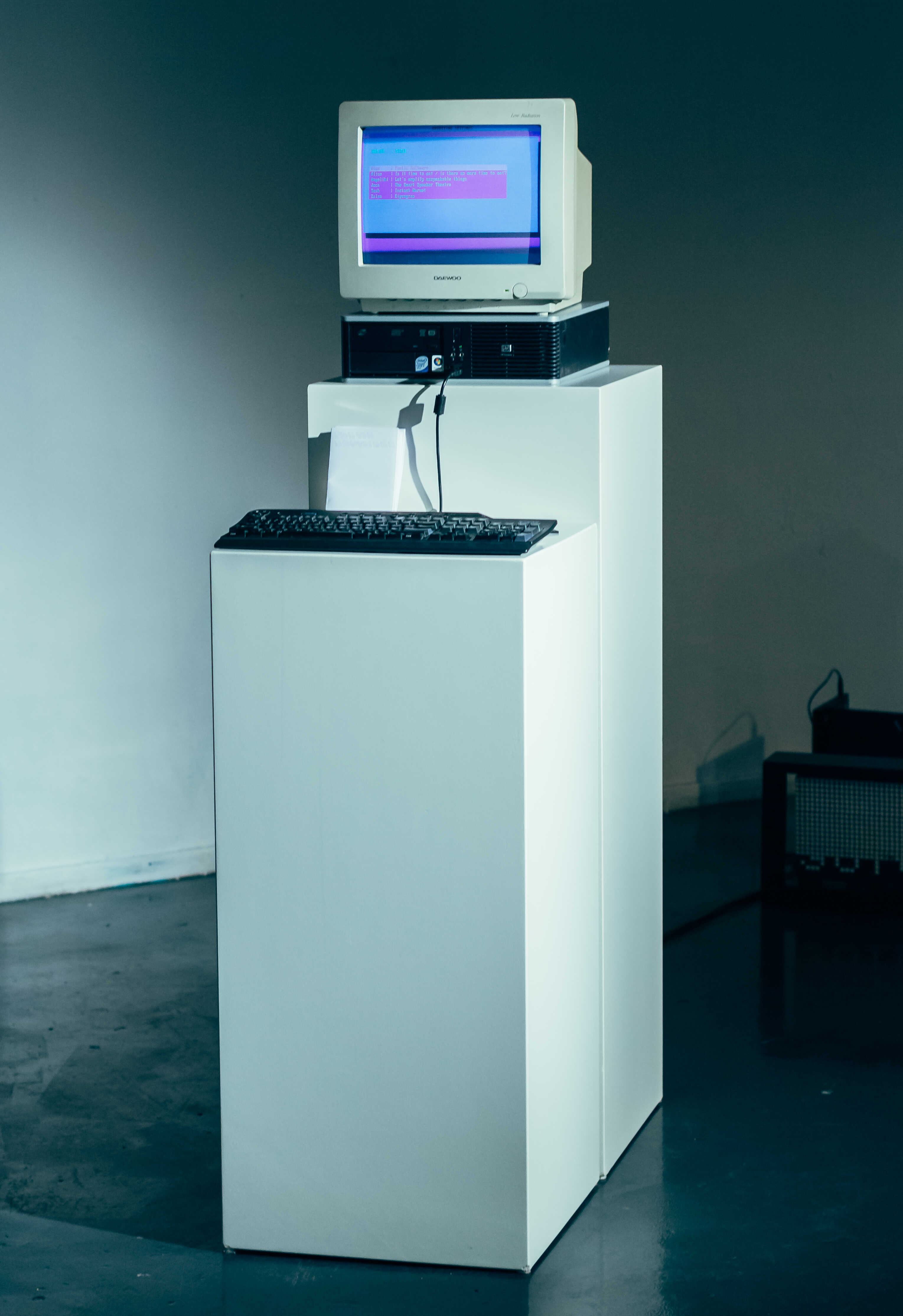
Rotative Research Dialogues
rr dialogues is an interactive research project by Rotative Reseach that connects different approaches on one specific topic: the relationship between intention and result within the process of urban transformation that constantly reshapes our cities.
The website features a rotative selector that shows articles that are connected in dialogues. The dialogues are shown in a split-screen view that allows for comparative / simultaneous reading.
Built with wordpress as a backend and D3js in the frontend.
Website
rr dialogues
2018
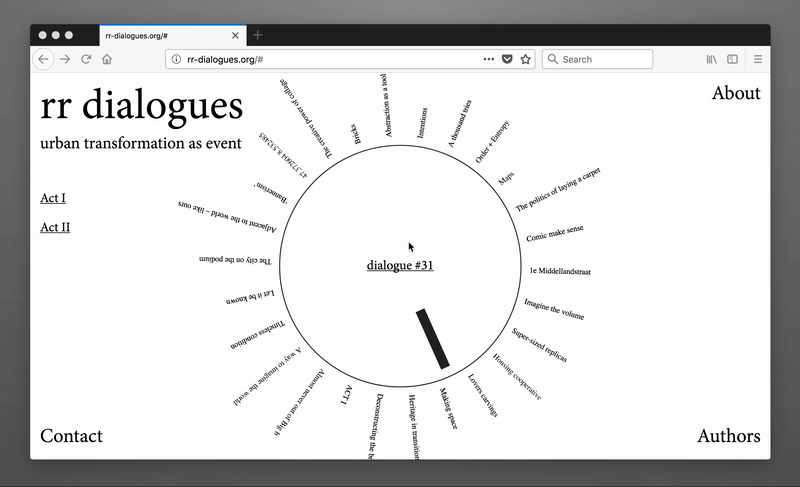
Rietveld Graduation Portal 2020
graduation2020.dogtime.org
Rietveld Academy asked us to build a portal for the graduation work of their students. Together with Alex Zakkas I built a website showing all the work done by graduation students.
The site is using files as a backend, the structure of folders and files reflects in the front-end.
The website exhibits works by graduates of the 2020 DOGTIME program. DOGTIME is the bachelor evening education of the Gerrit Rietveld Academie in Amsterdam, consisting of two departments: Expanded Painting (EP) and Unstable Media (UM).
The Dogtime graduation website design allows graduates to have direct access to their content on the website, adding, deleting or changing files. The subtle but powerful website-framework unites the diversity of the students' works, attitudes and media and serves it in the context of a wider world.

IN:FORM
IN/FORM is a repetitive event at Hof University in Münchberg. Together with Lukas Wirth I developed a visual identity for the event and therefore created a poster, which is drawn with a drawbot. The unique style of the drawbot drawing the letters shapes the visual style of all the next upcoming posters. Only the pencil changed from marker to pencils to brushes and back to marker.
Posters Series
DIN A1
May, 2016
A Bed, a Chair and a Table
A Bed, a Chair and a Table is a publication about the Poortgebouw, a former squat and vibrant living community located in the South of Rotterdam. In this book, oral histories from inside and outside the Poortgebouw are interlaced with material from various institutional and personal archives. By bringing together these tales of resilience, political struggle, frustration and friendship with historical documents, this book brings forward new perspectives about the Poortgebouw's unique history and its importance in the contemporary city. The starting point of the book was the Autonomous Archive, a local archiving machine built from parts of different computers by the inhabitants of the Poortgebouw and a group of students from XPUB.
This publication is brought to you by Delphine Bedel, Natasha Berting, André Castro, Elisa Chaudet, Angeliki Diakrousi, Max Franklin, Giulia de Giovanelli, Francisco González, Joca van der Horst, Aymeric Mansoux, Michael Murtaugh, Alexander Roidl, Steve Rushton, Alice Strete, Zalán Szakács and the Autonomous Archive. XPUB is a two-year Media Design Master course that prepares students to critically engage with societal issues within the fast changing field of art, design and cultural production. The project was developed in the context of Architecture of Appropriation, a research project at Het Nieuwe Instituut, that examines how squatters have appropriated urban spaces using radical improvisation techniques, and how this has influenced the way we think about the contemporary city.
Book, 140 × 210mm
200 pages
Dec, 2017
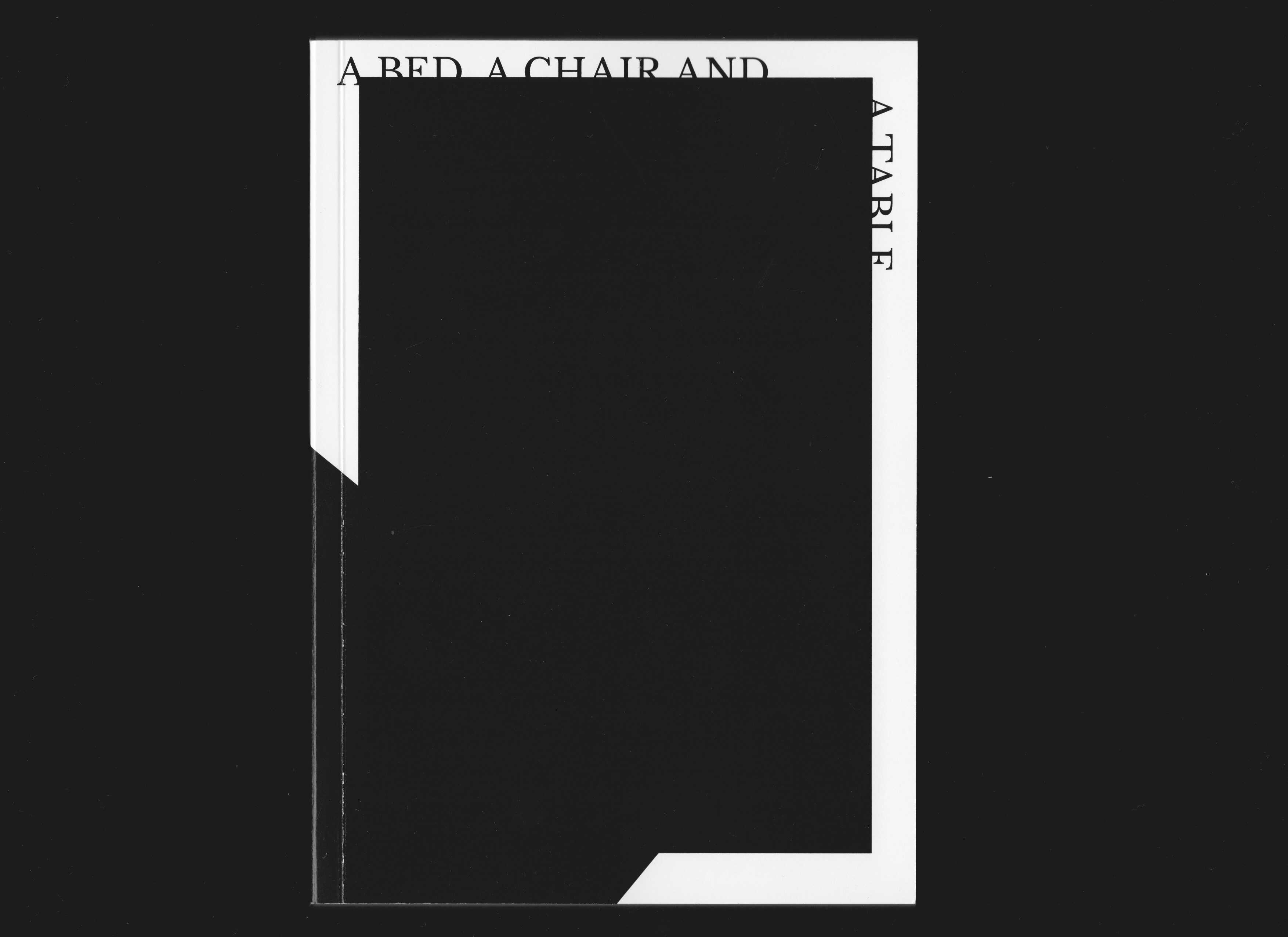
Rietveld Graduation Portal 2021
graduation2021.dogtime.org
Rietveld Academy asked us to build a portal for the graduation work of their students. Together with Alex Zakkas I built a website showing all the work done by graduation students.
The site is using files as a backend, the structure of folders and files reflects in the front-end.
The website exhibits works by graduates of the 2021 DOGTIME program. DOGTIME is the bachelor evening education of the Gerrit Rietveld Academie in Amsterdam, consisting of two departments: Expanded Painting (EP) and Unstable Media (UM).
The Dogtime graduation website design allows graduates to have direct access to their content on the website, adding, deleting or changing files. The subtle but powerful website-framework unites the diversity of the students' works, attitudes and media and serves it in the context of a wider world.
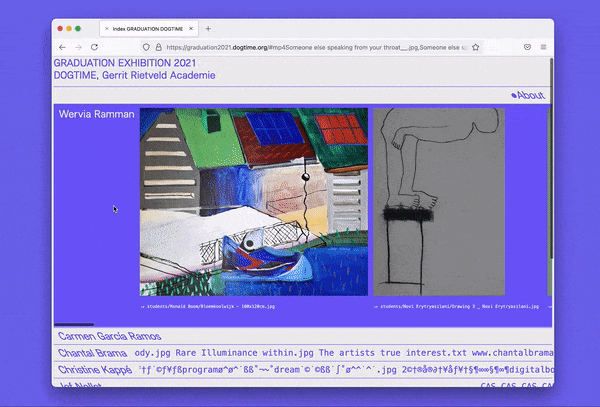
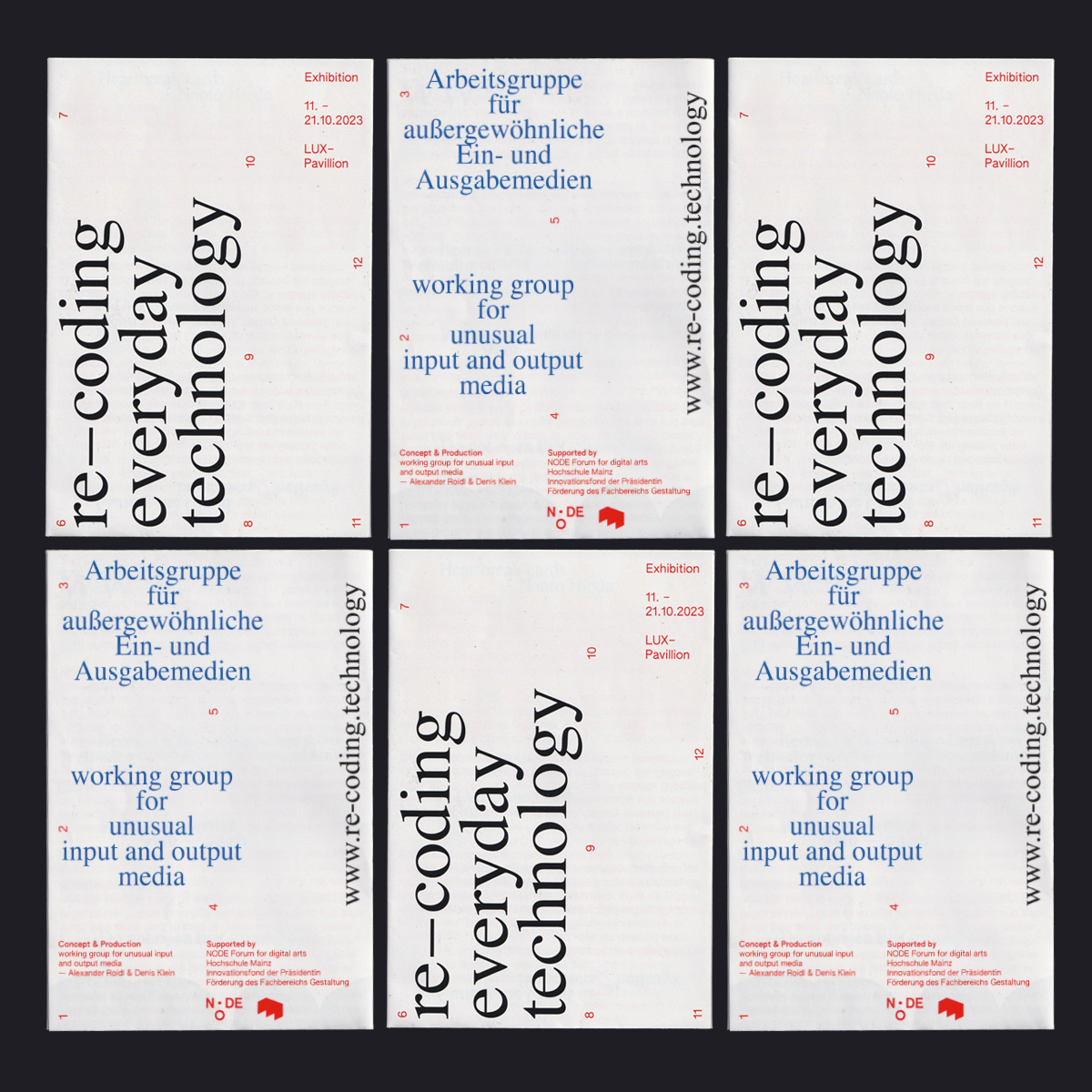
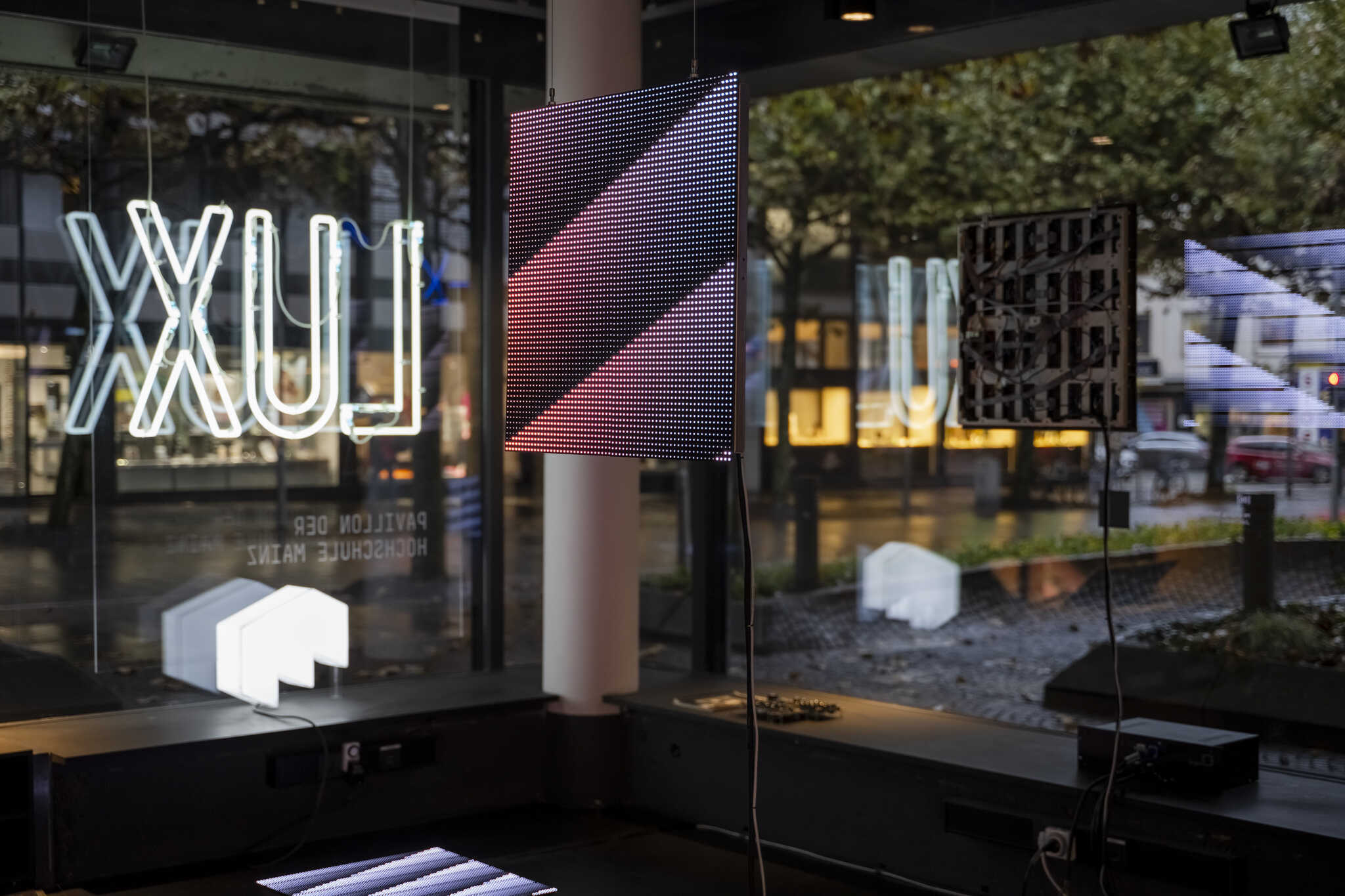
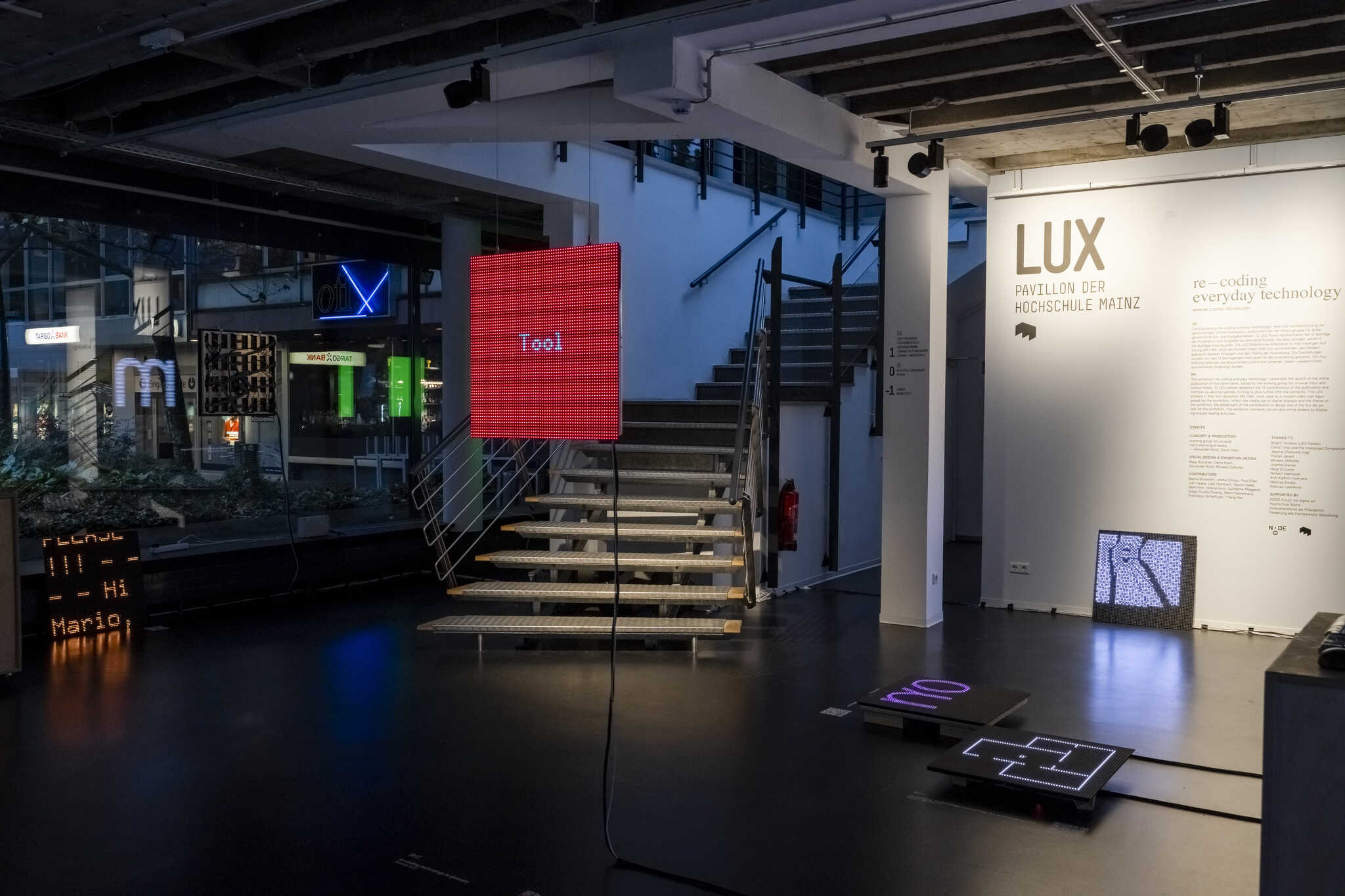
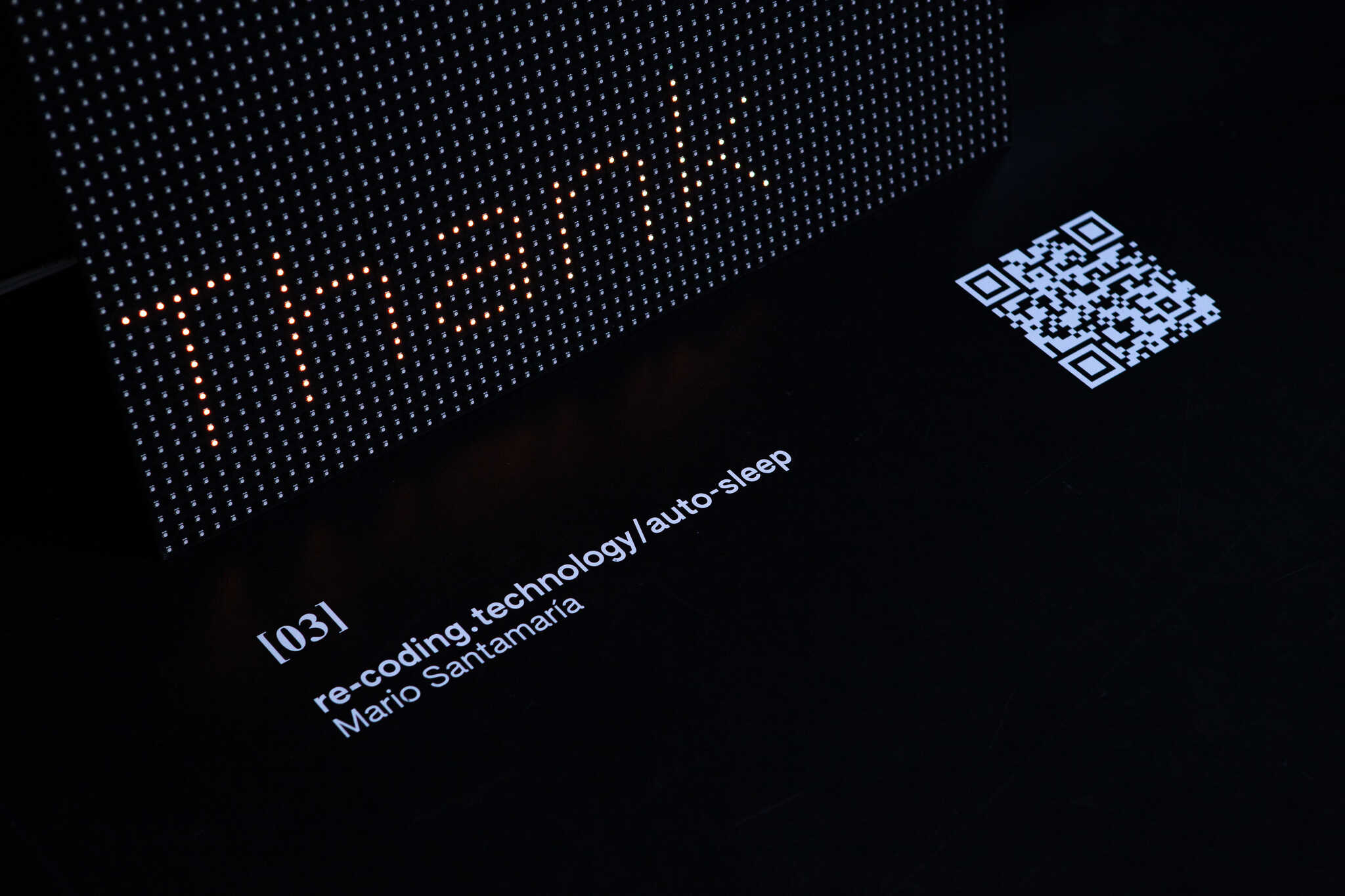
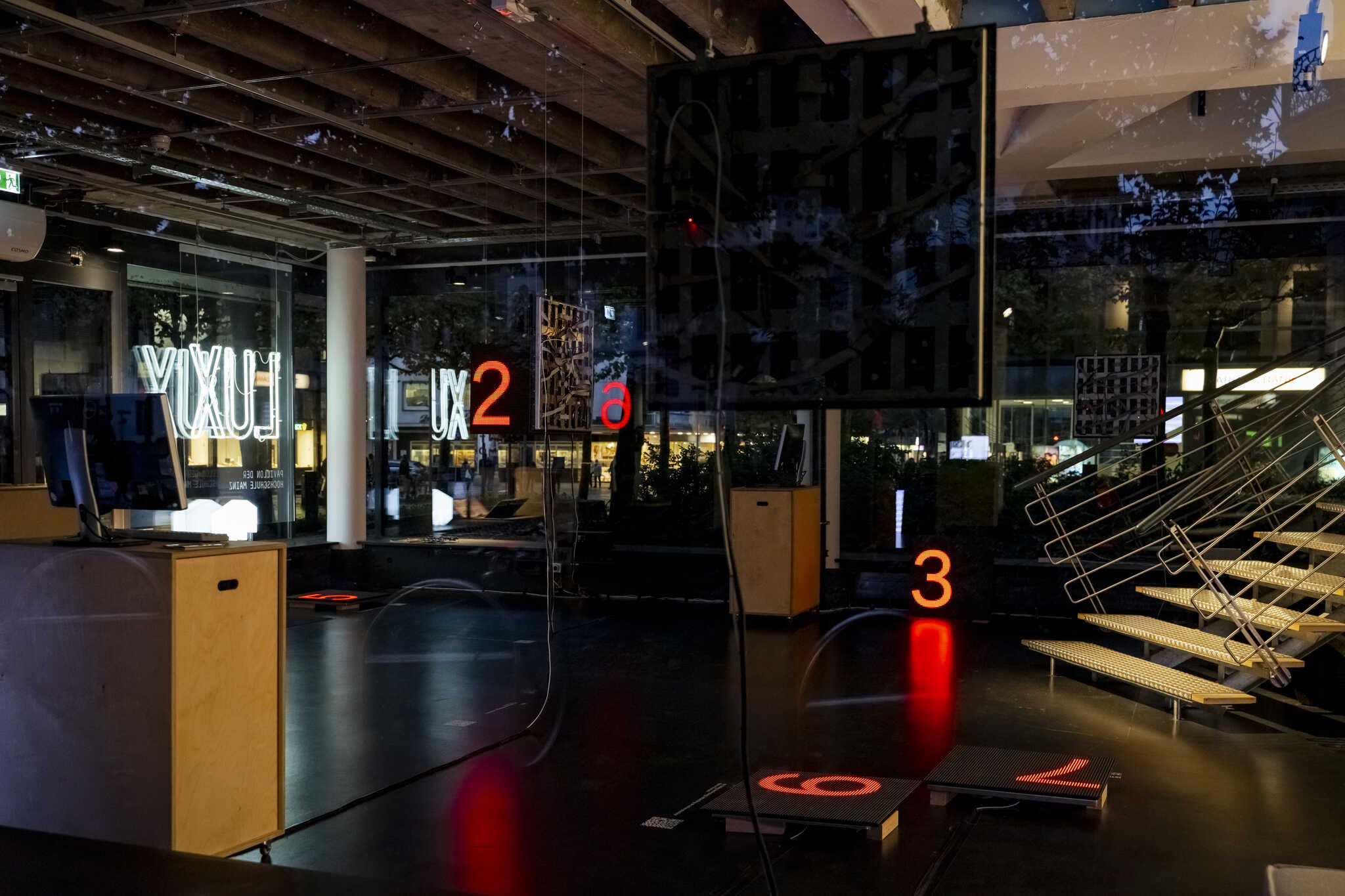
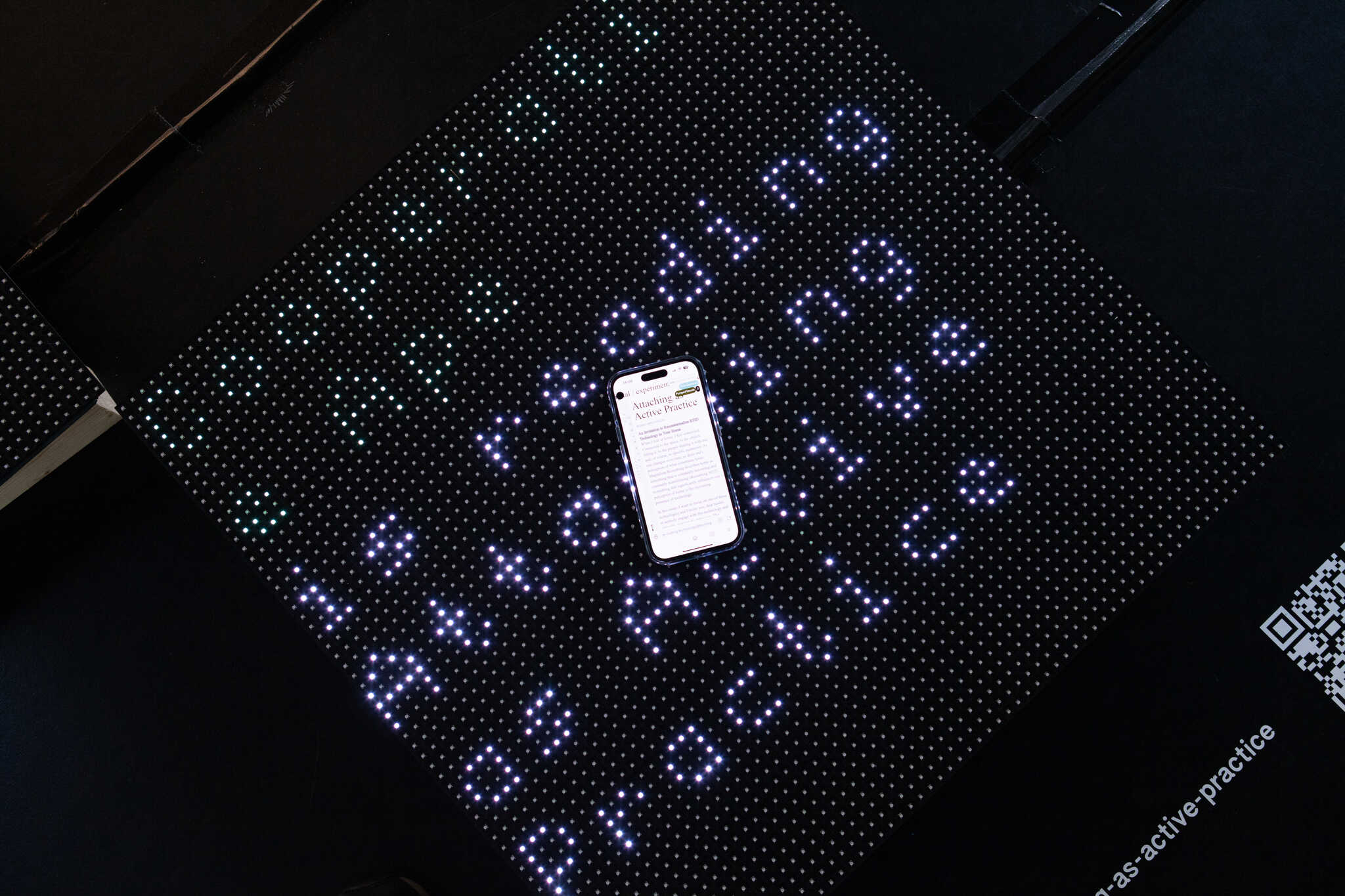
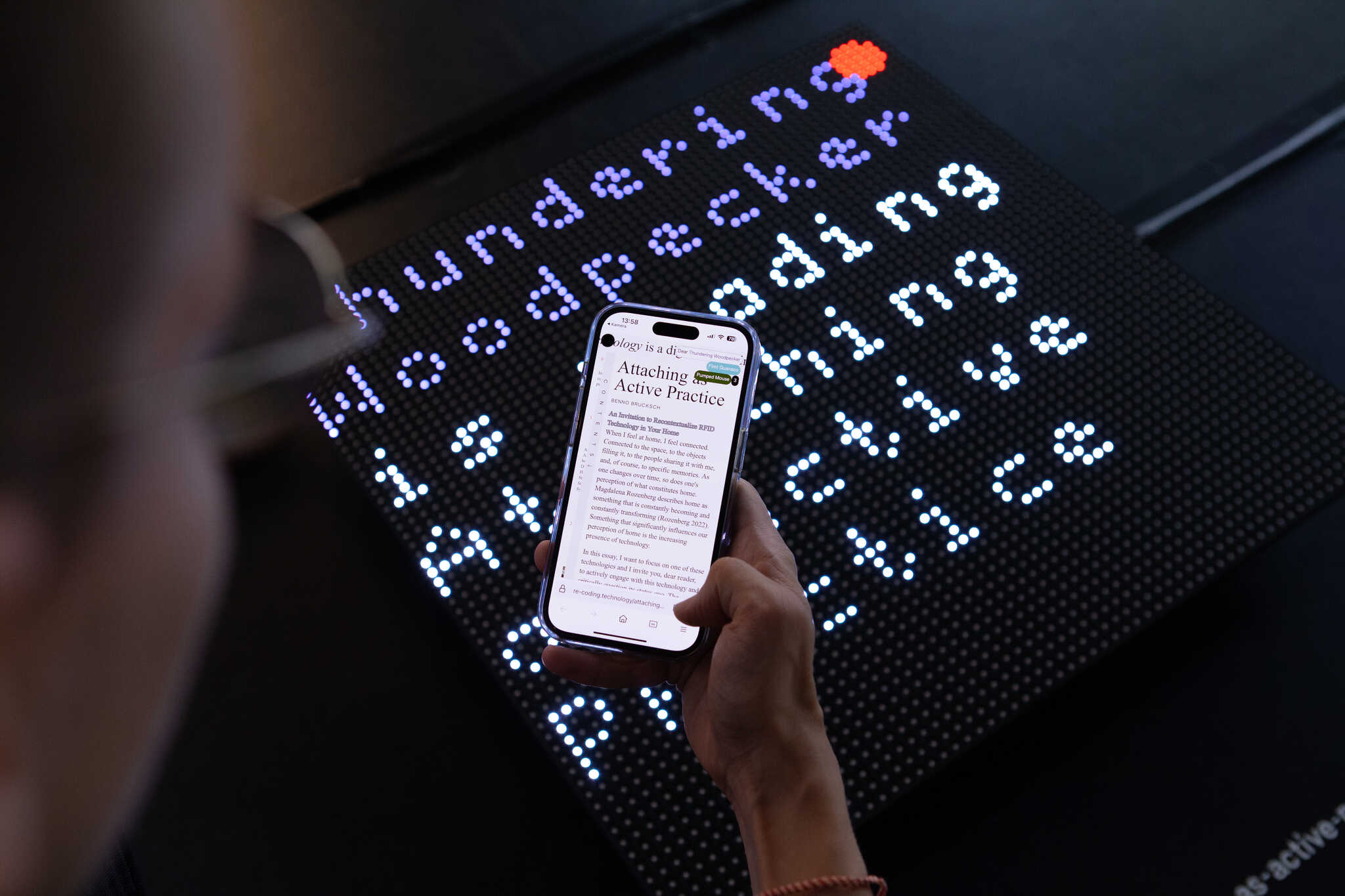
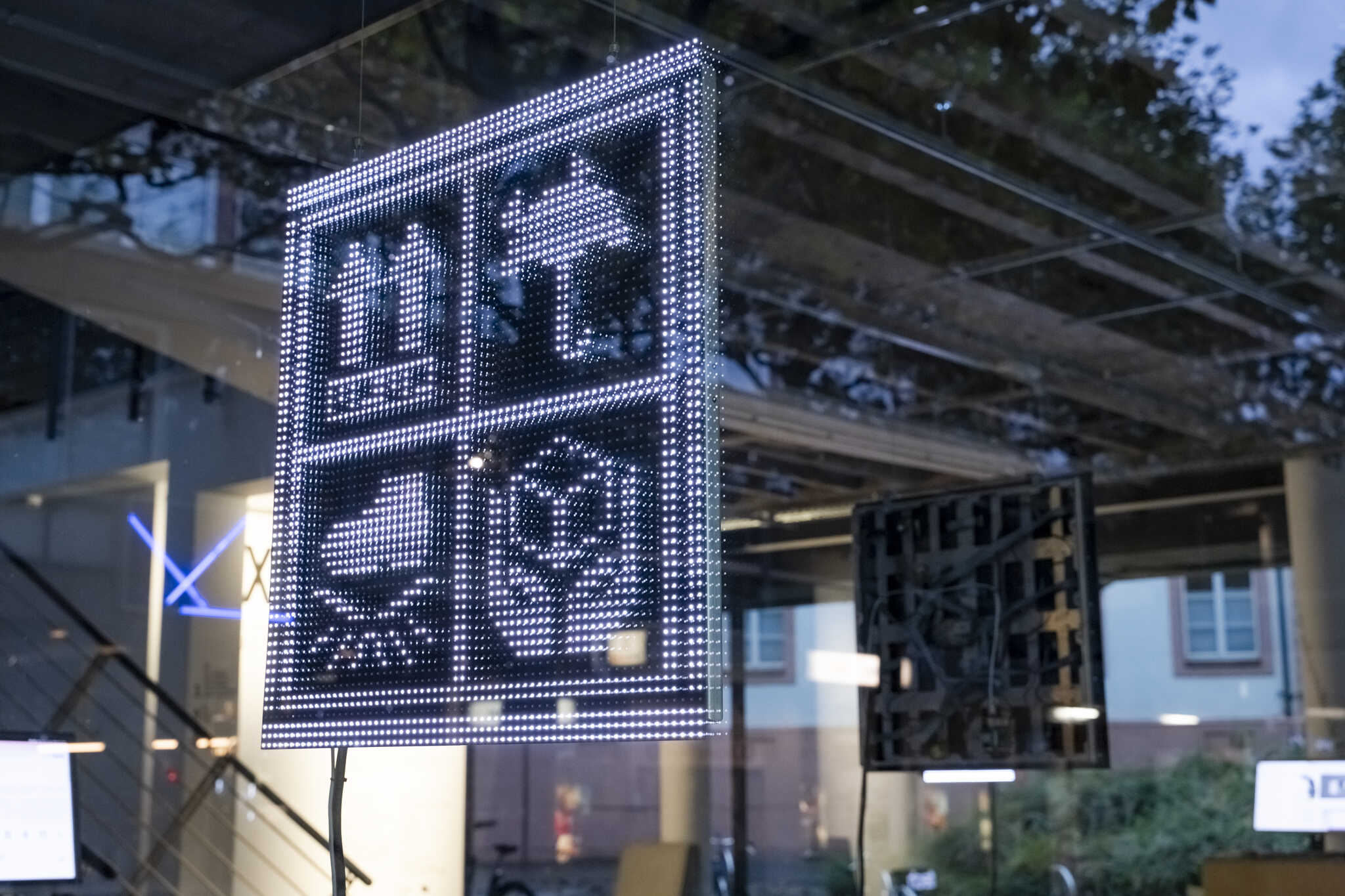
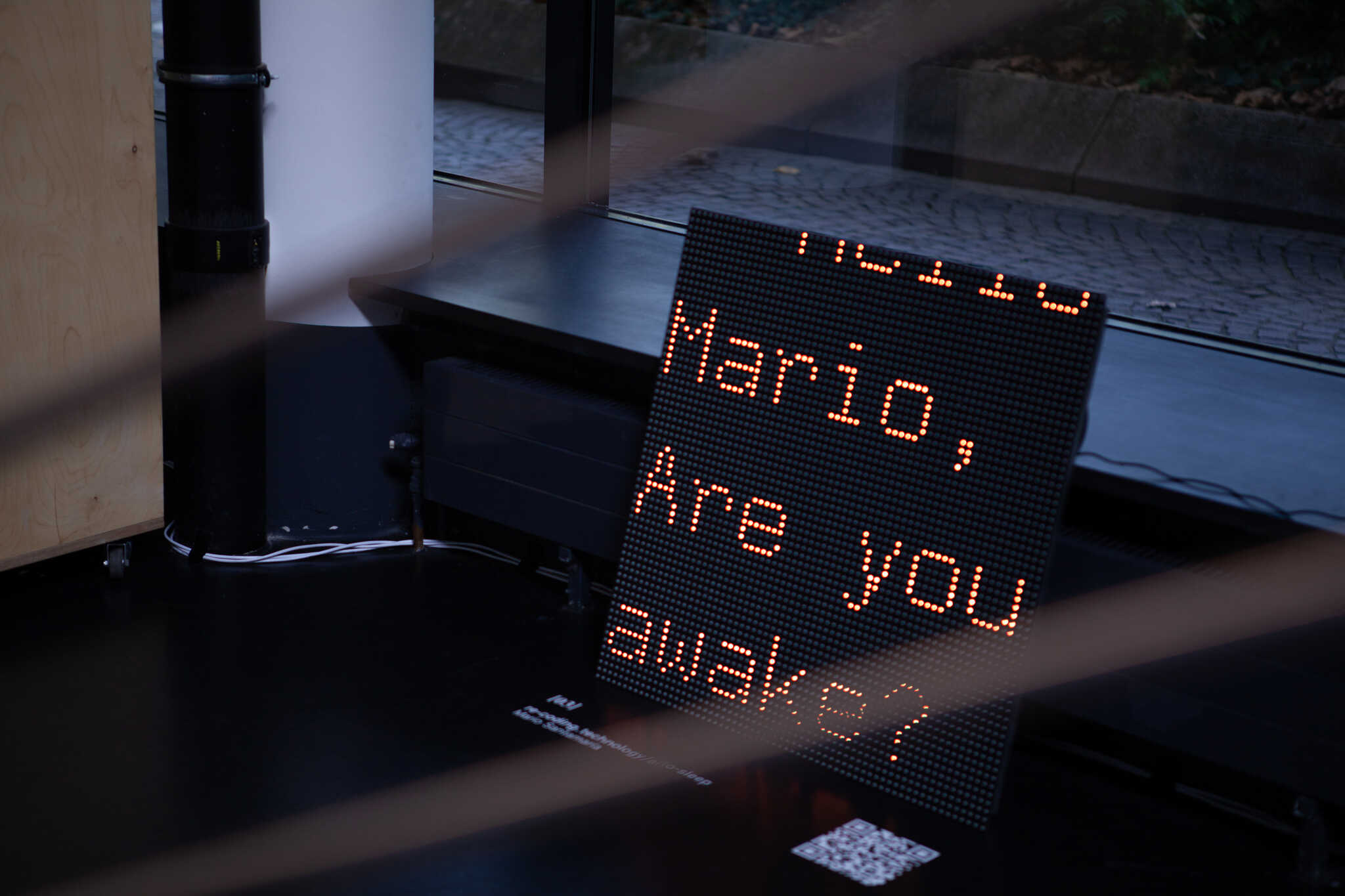
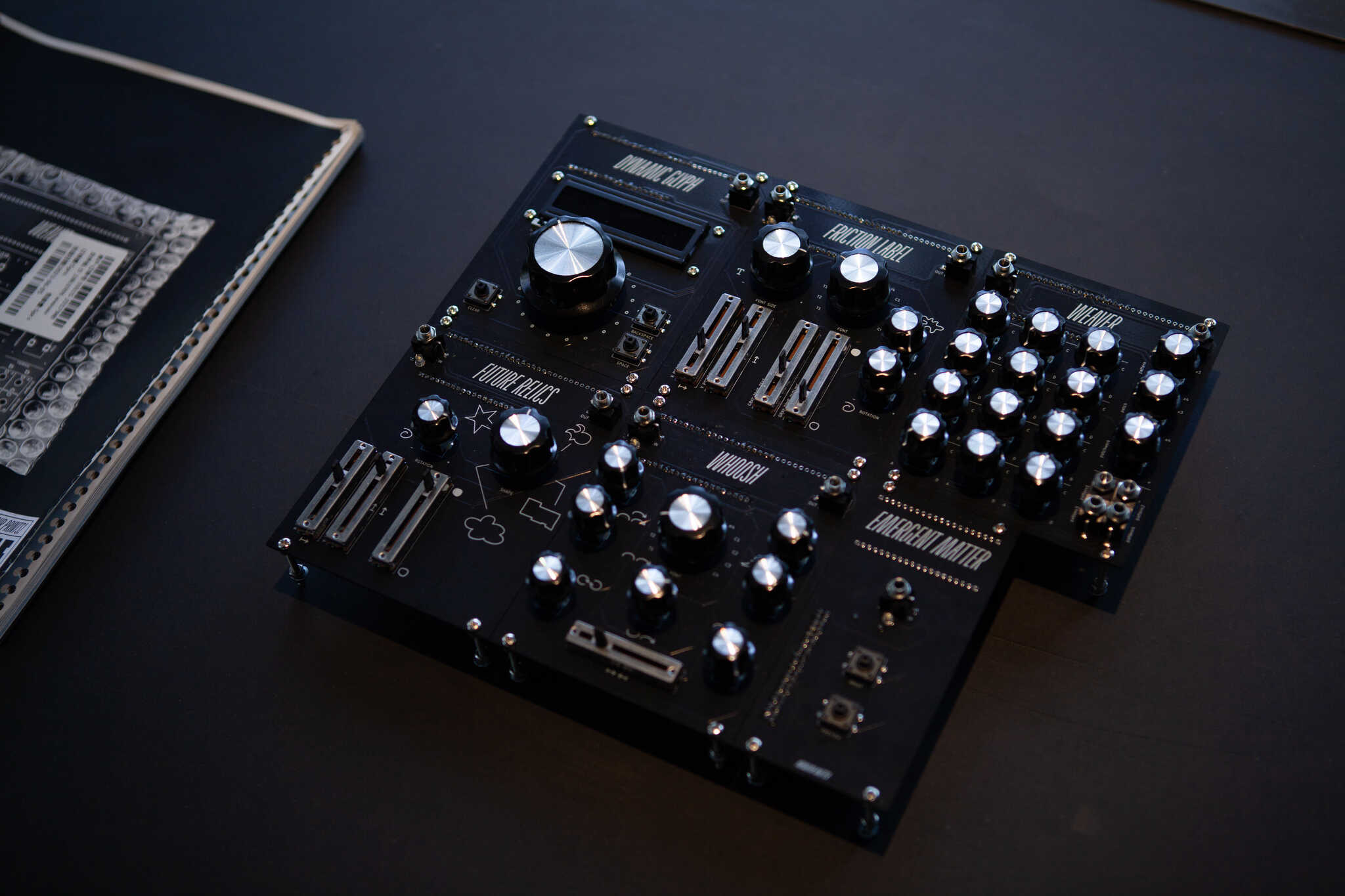
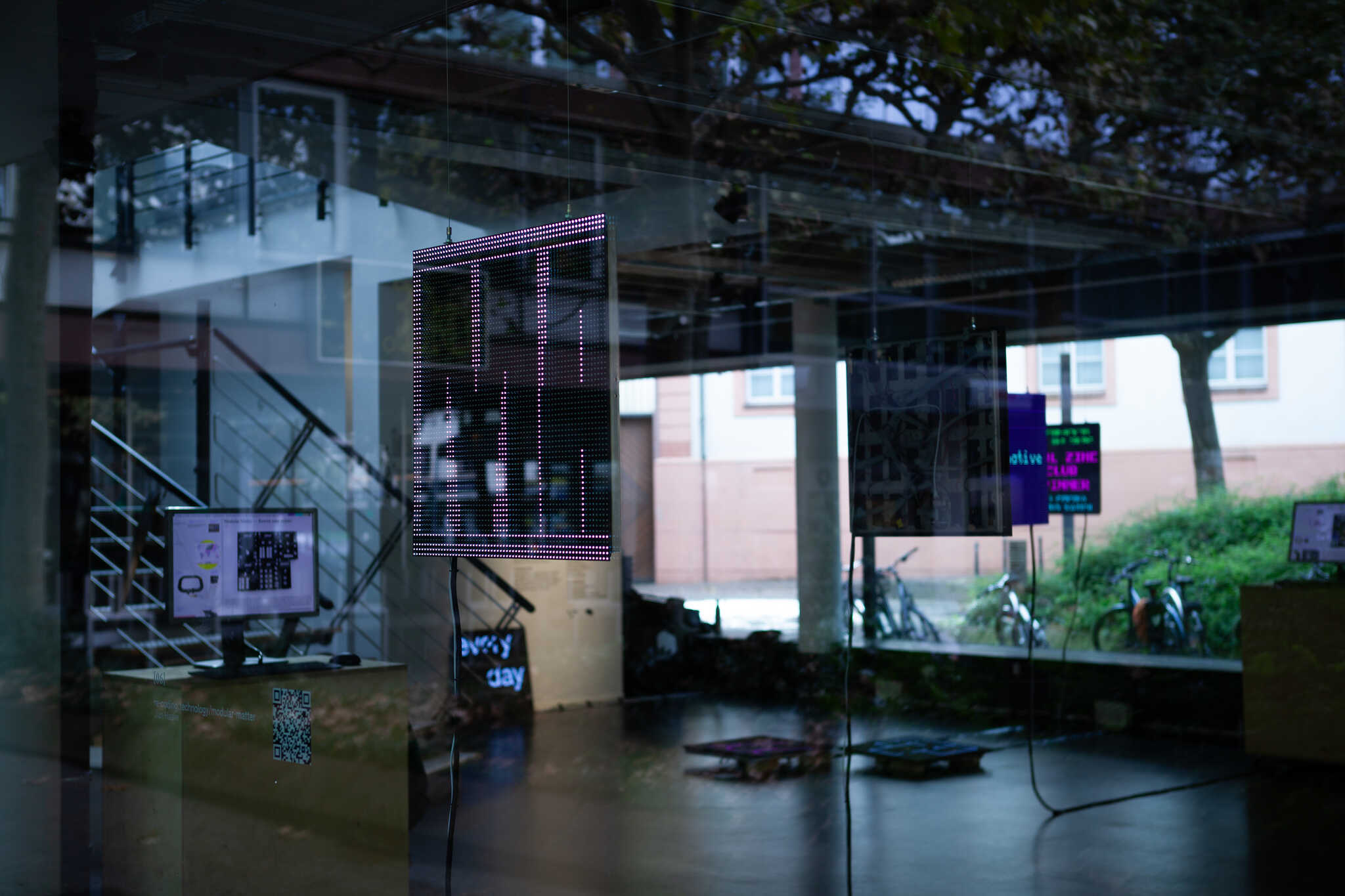
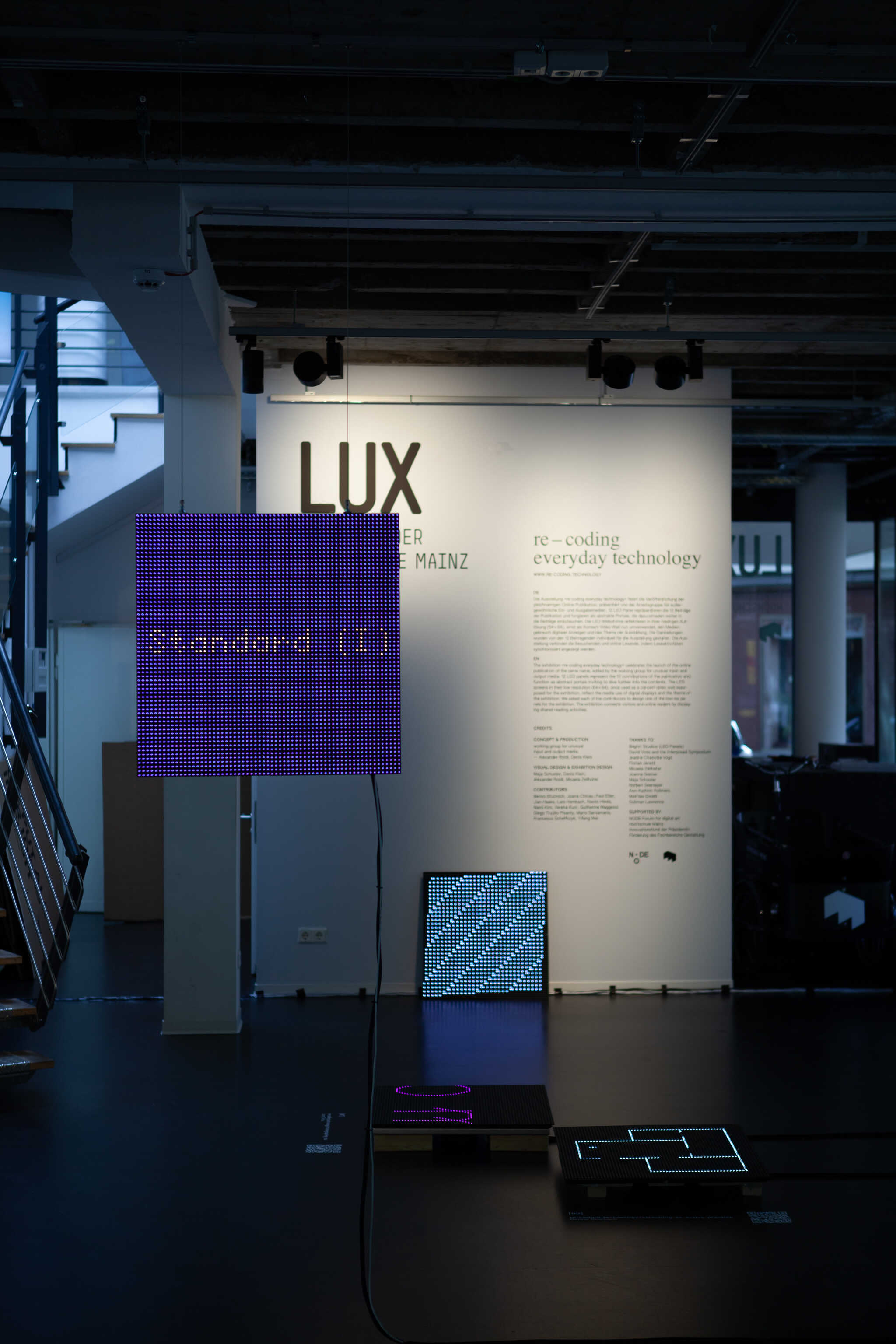
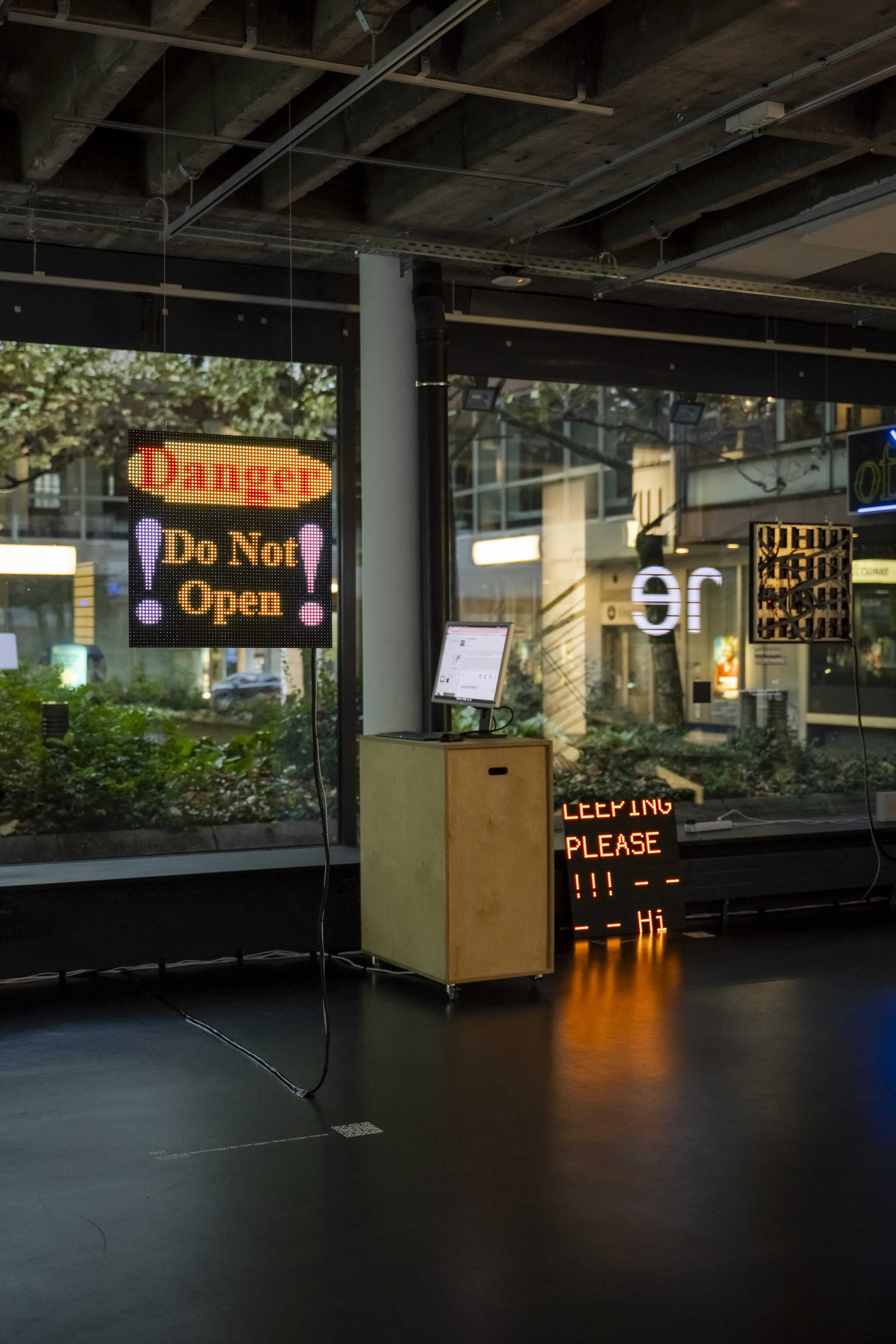
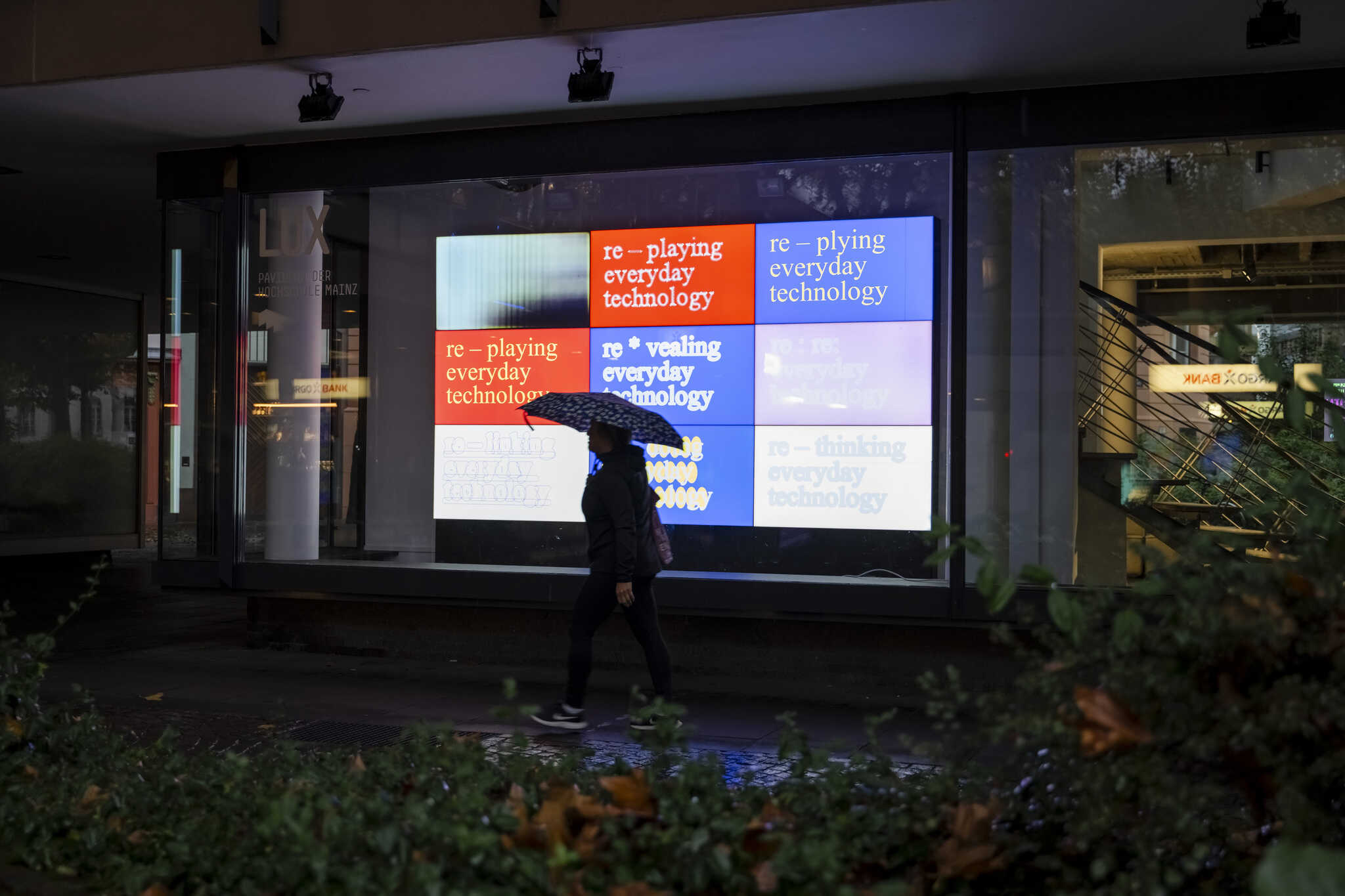
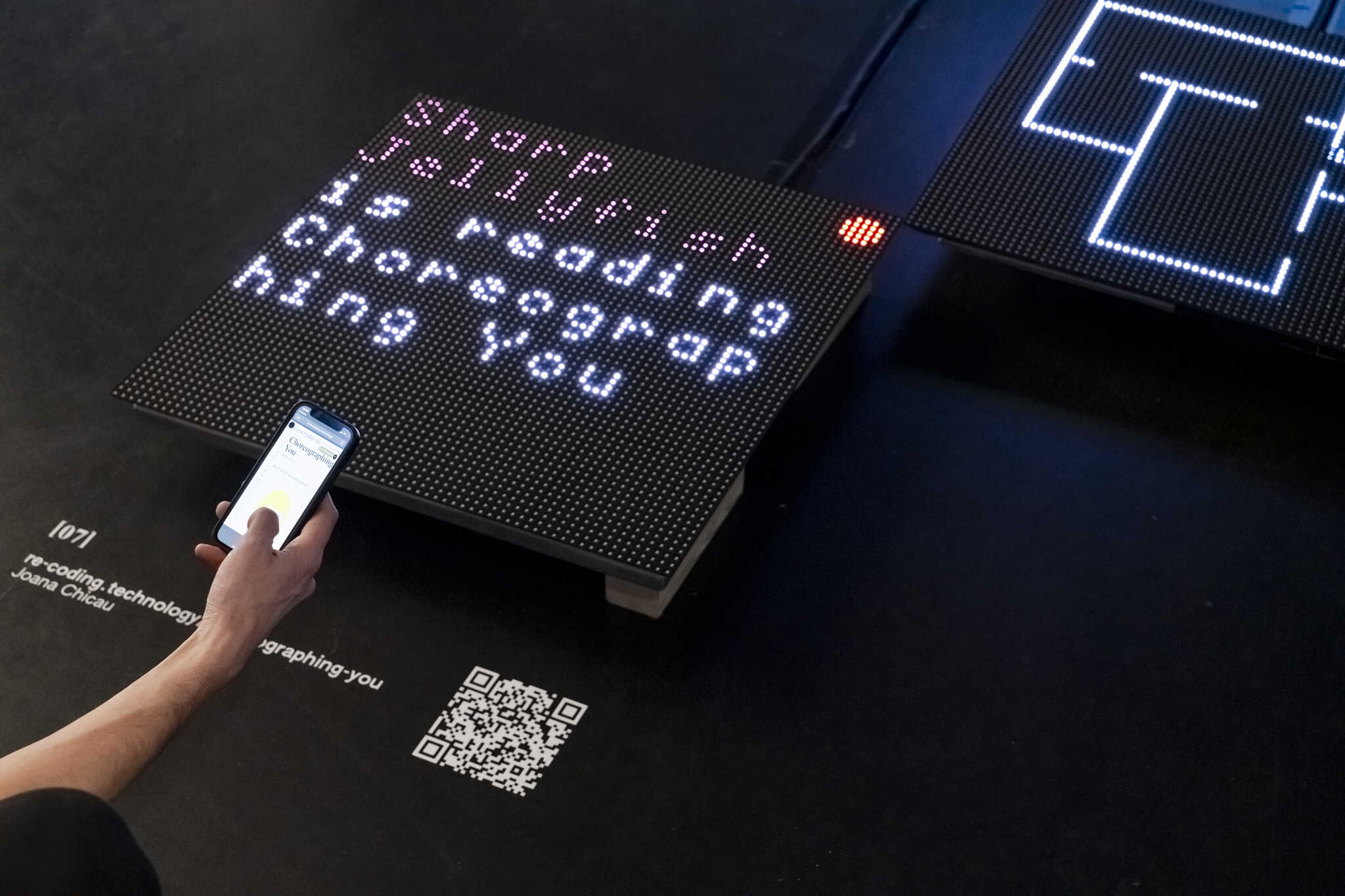
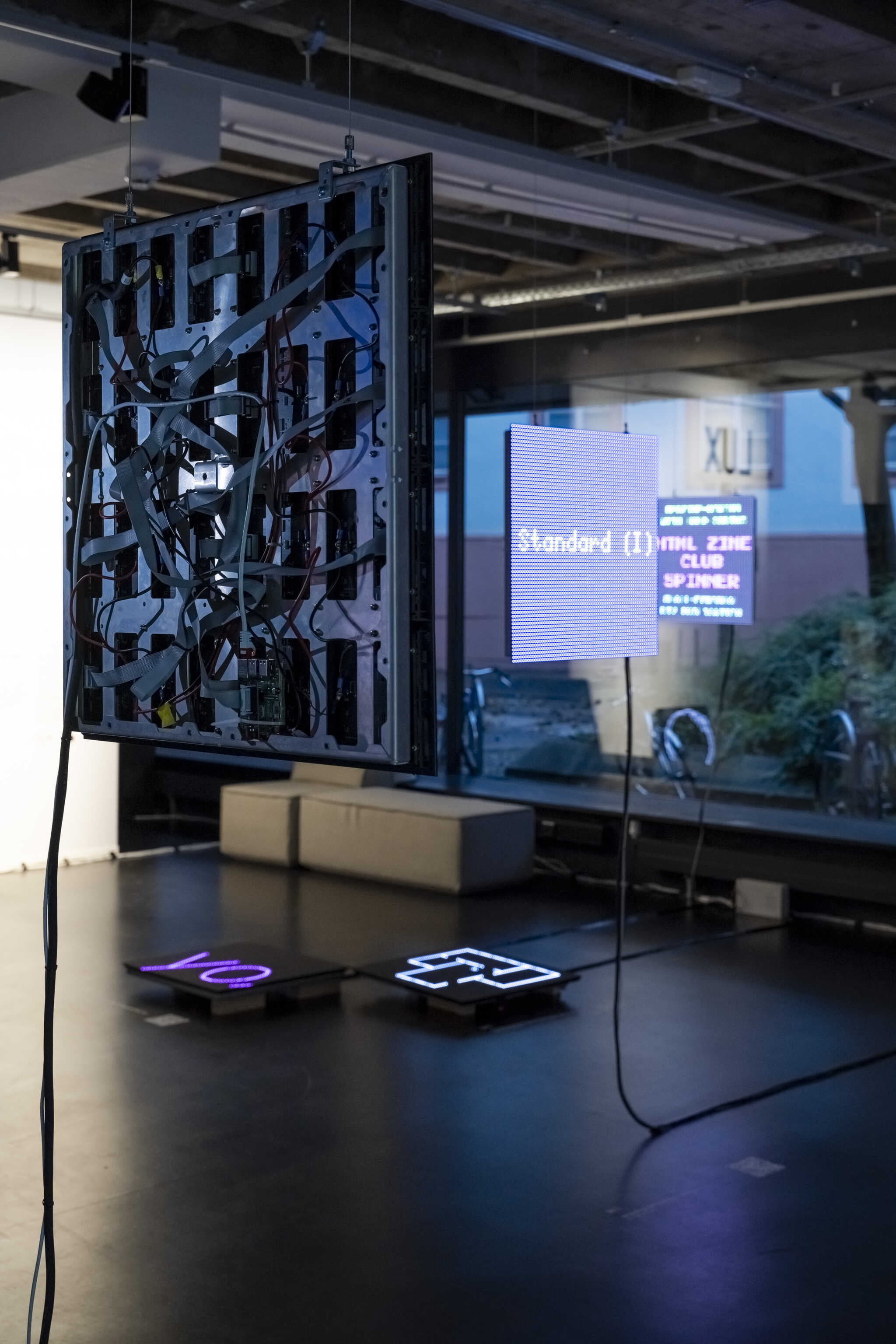
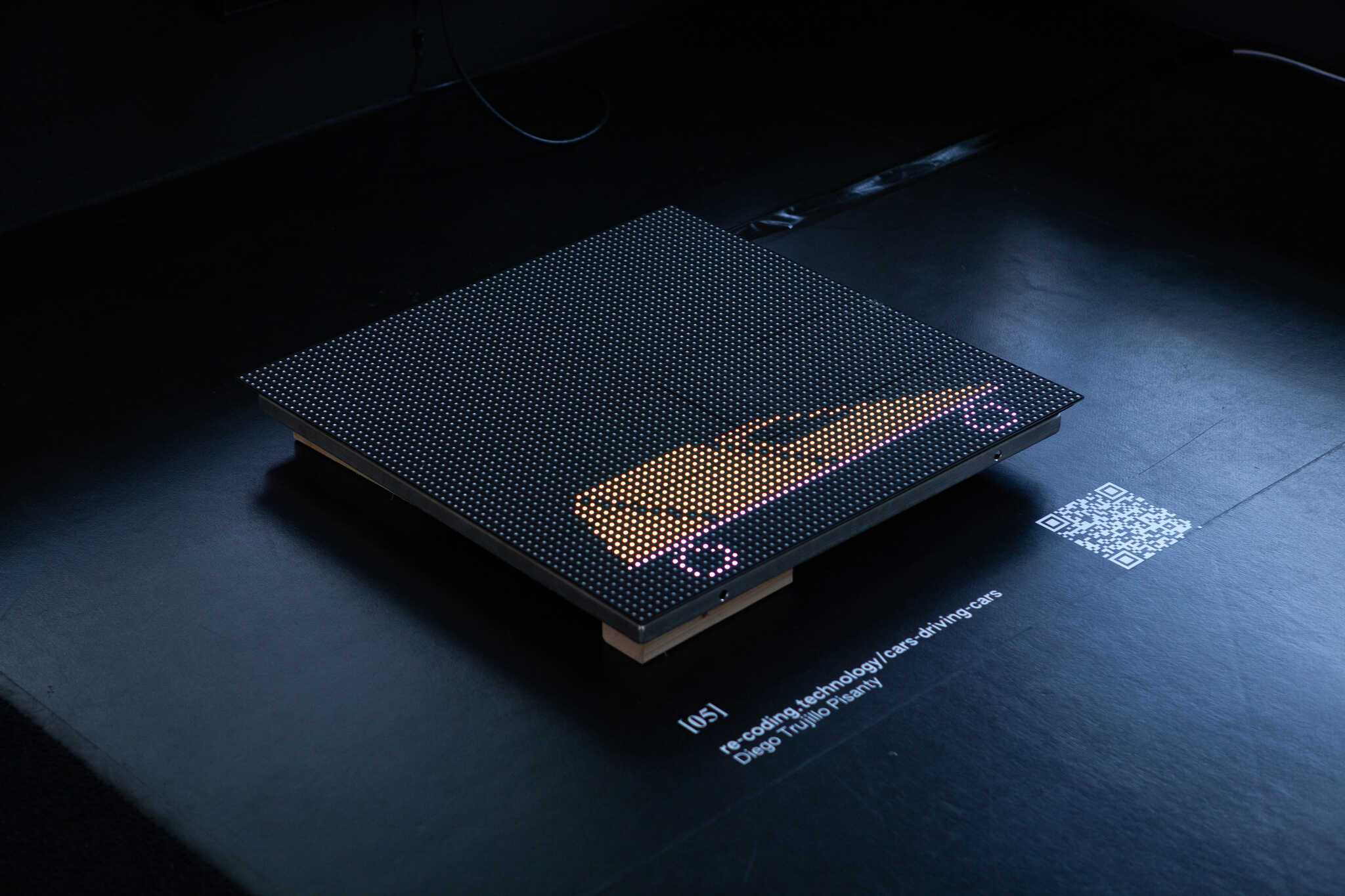
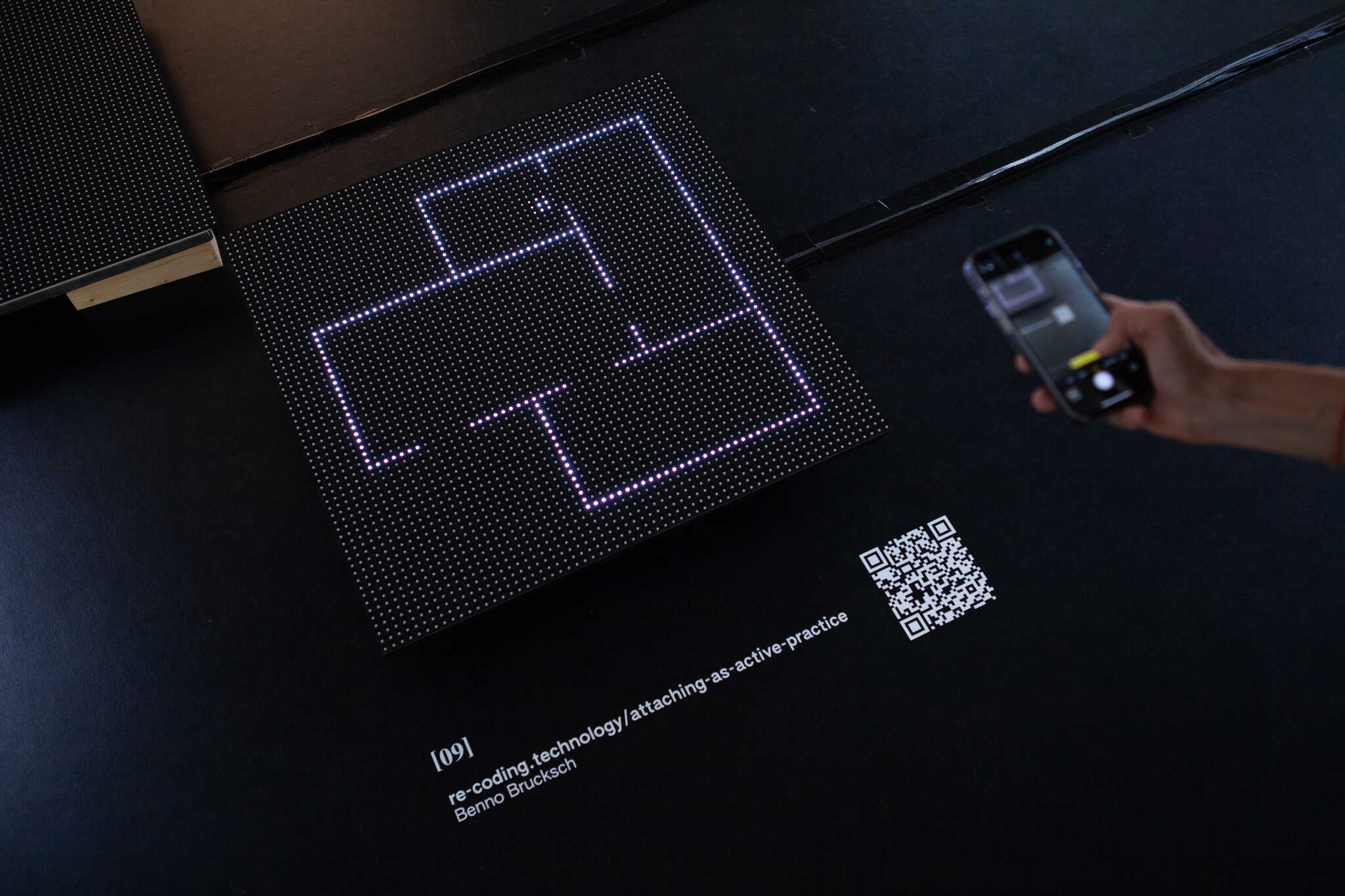
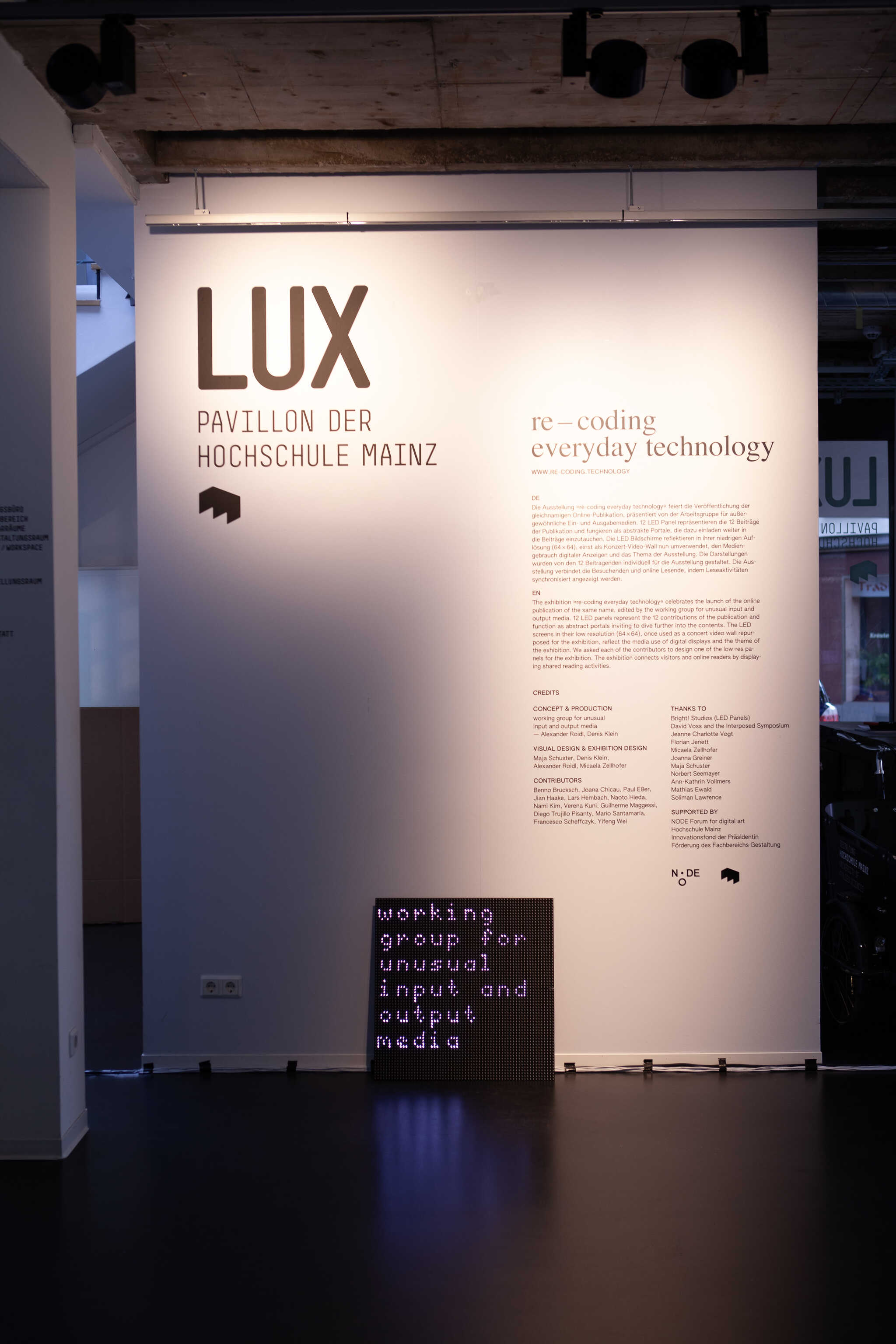
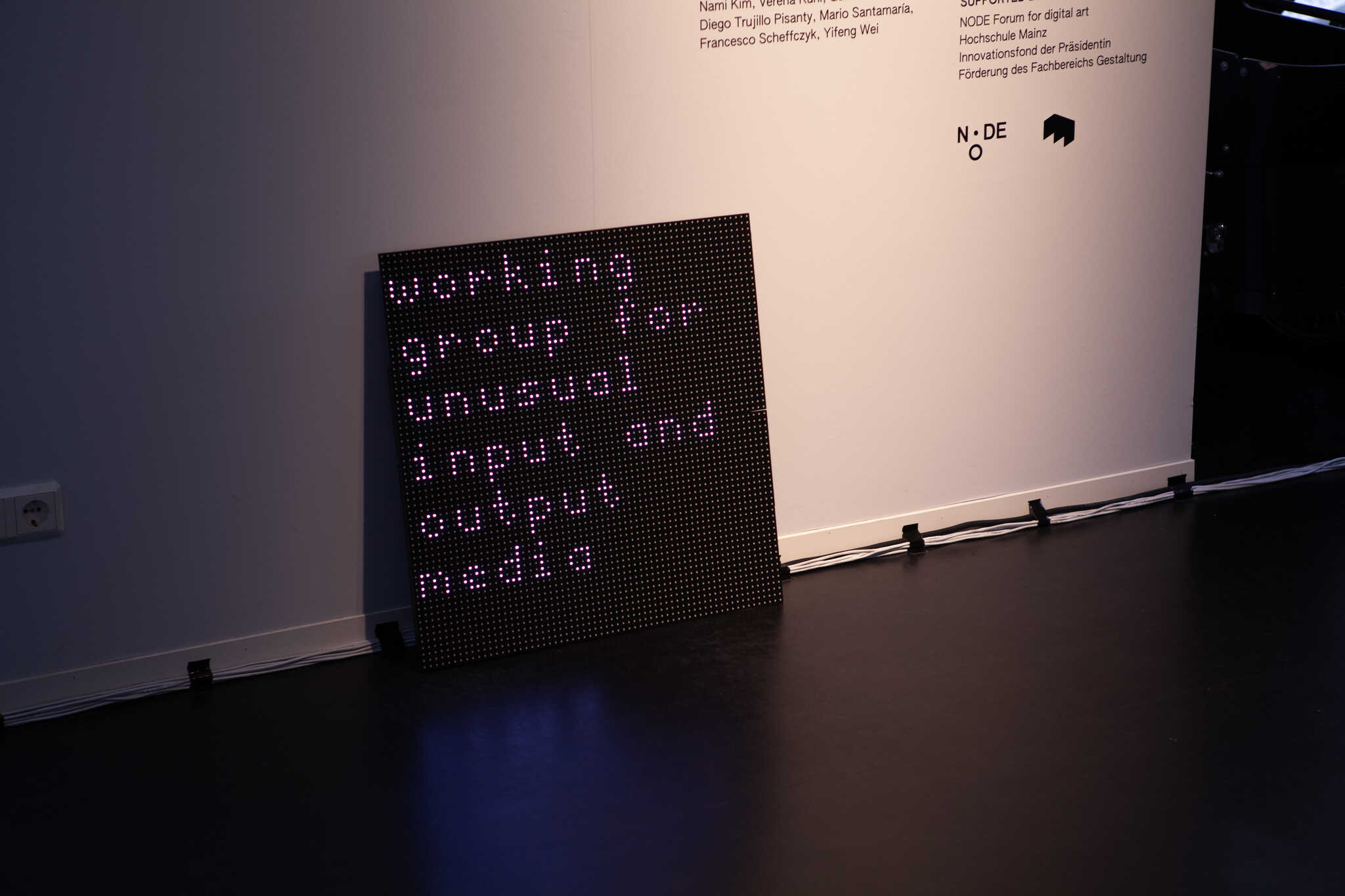
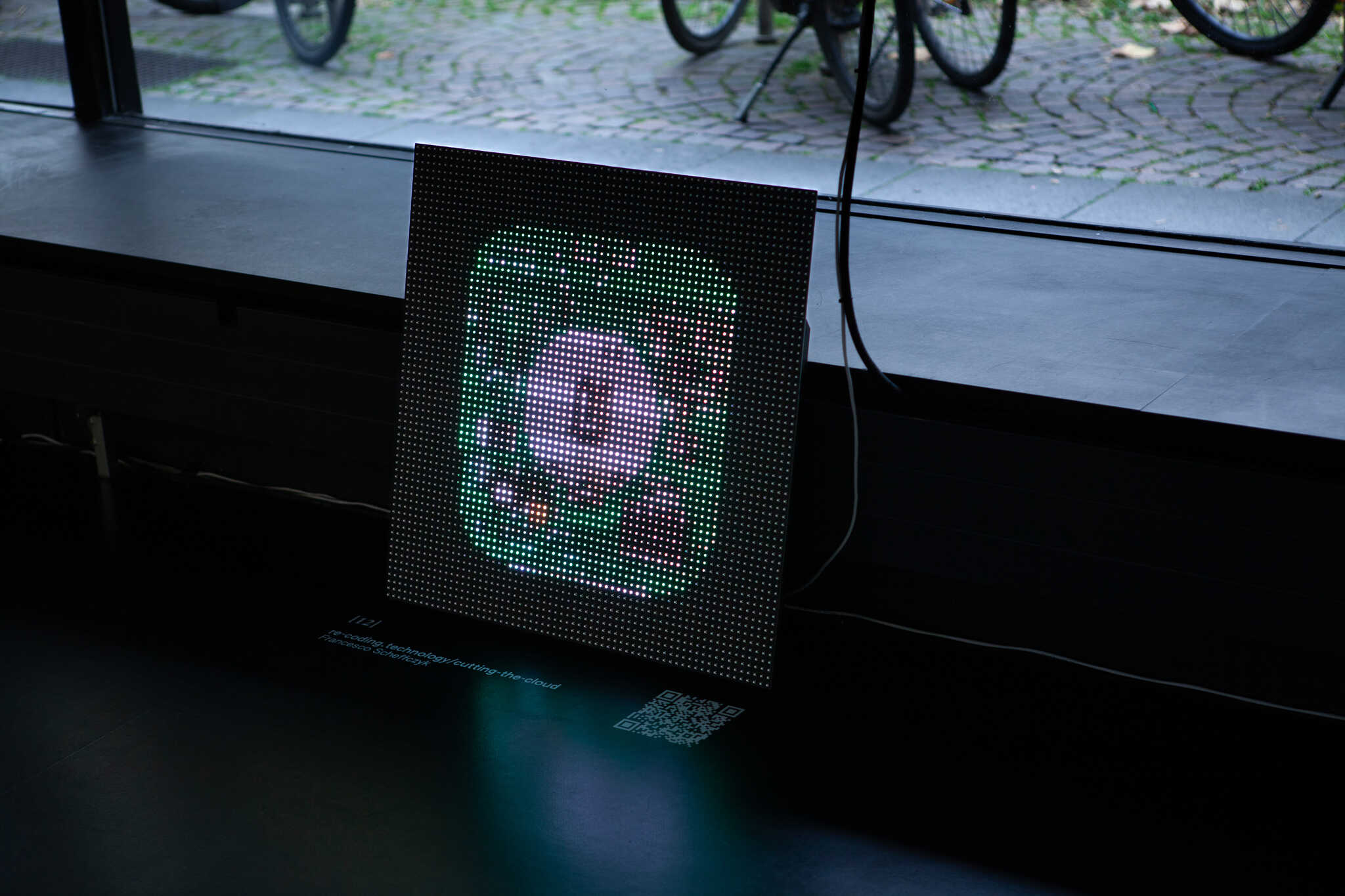
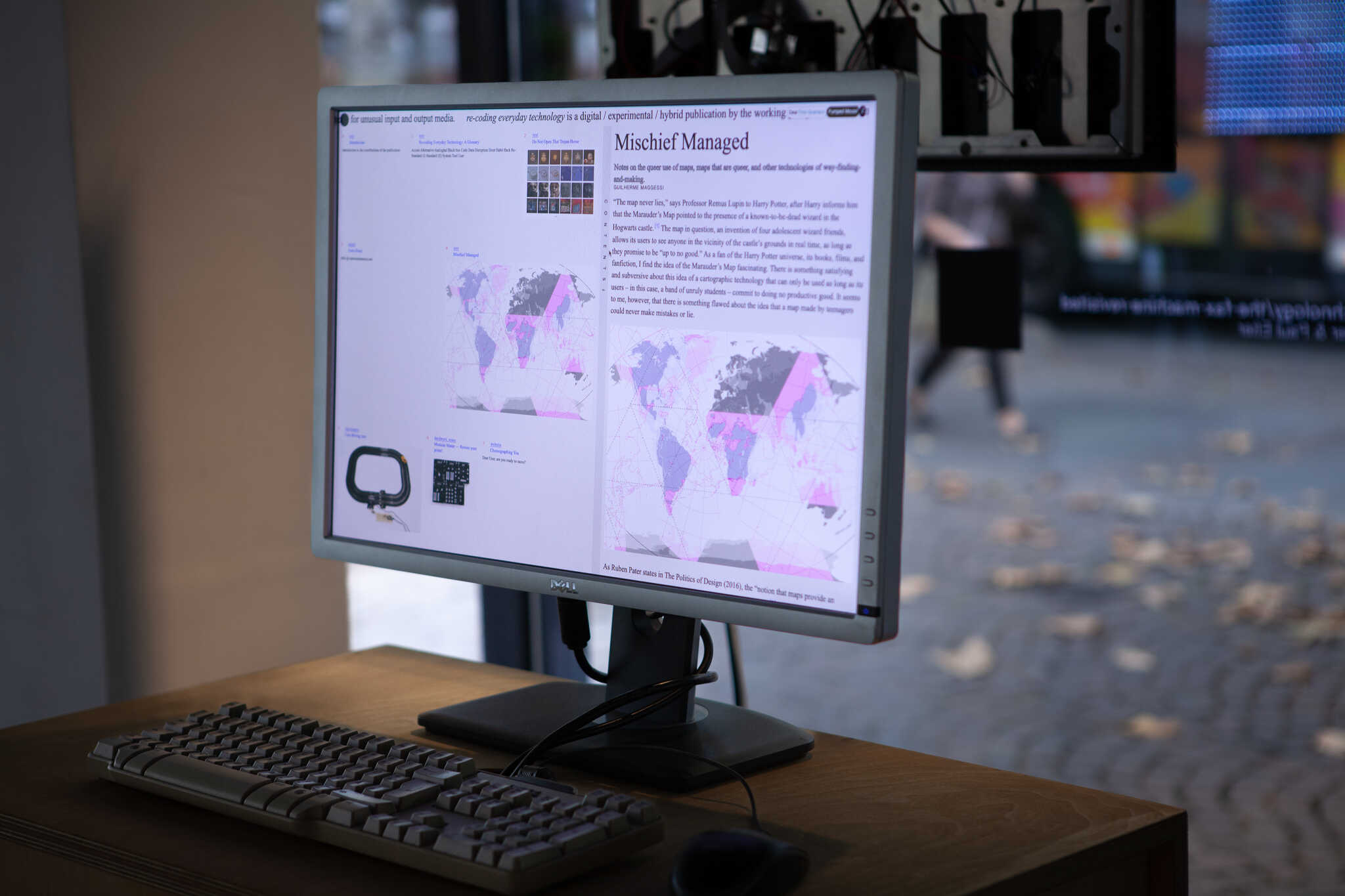
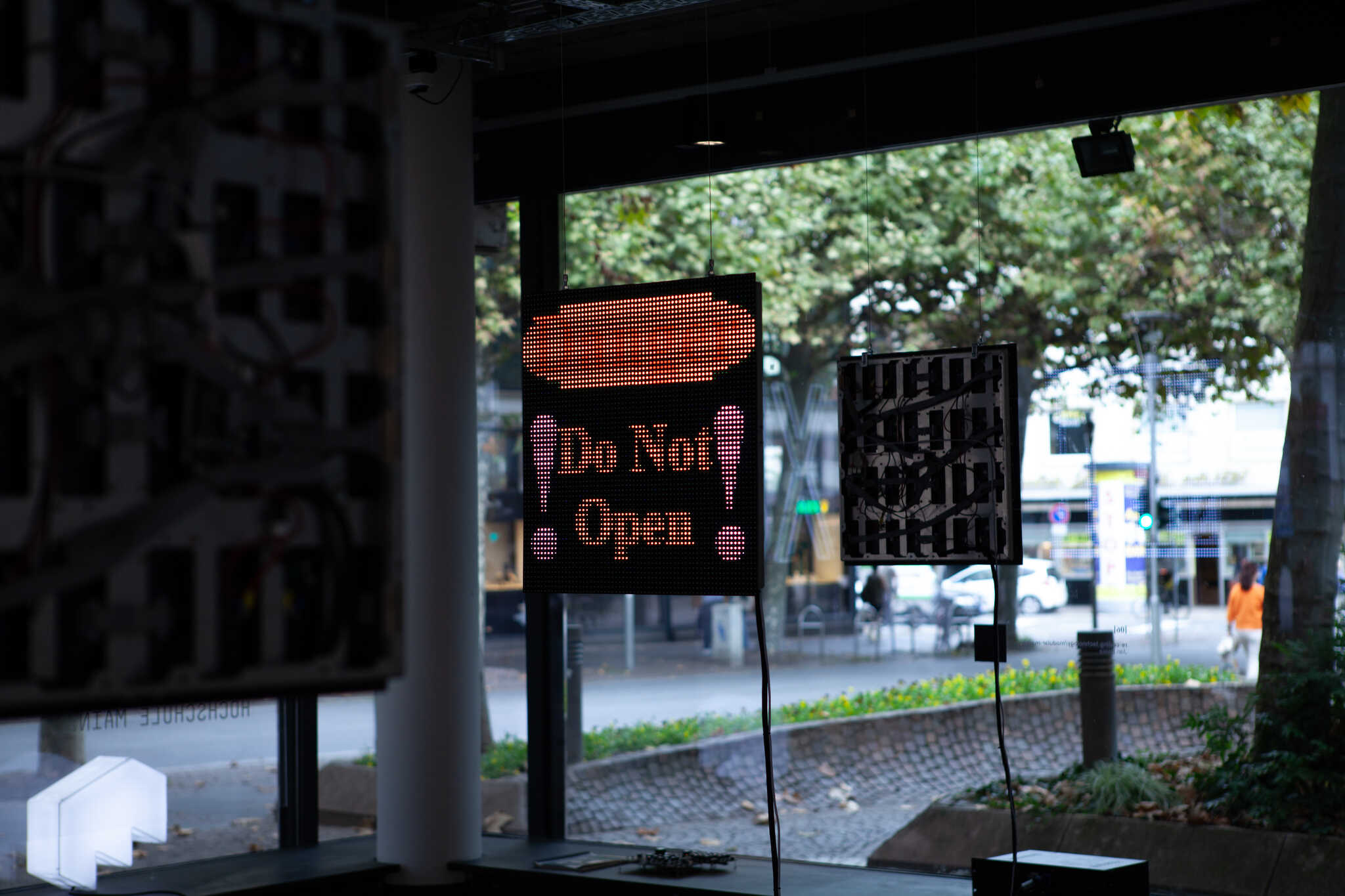
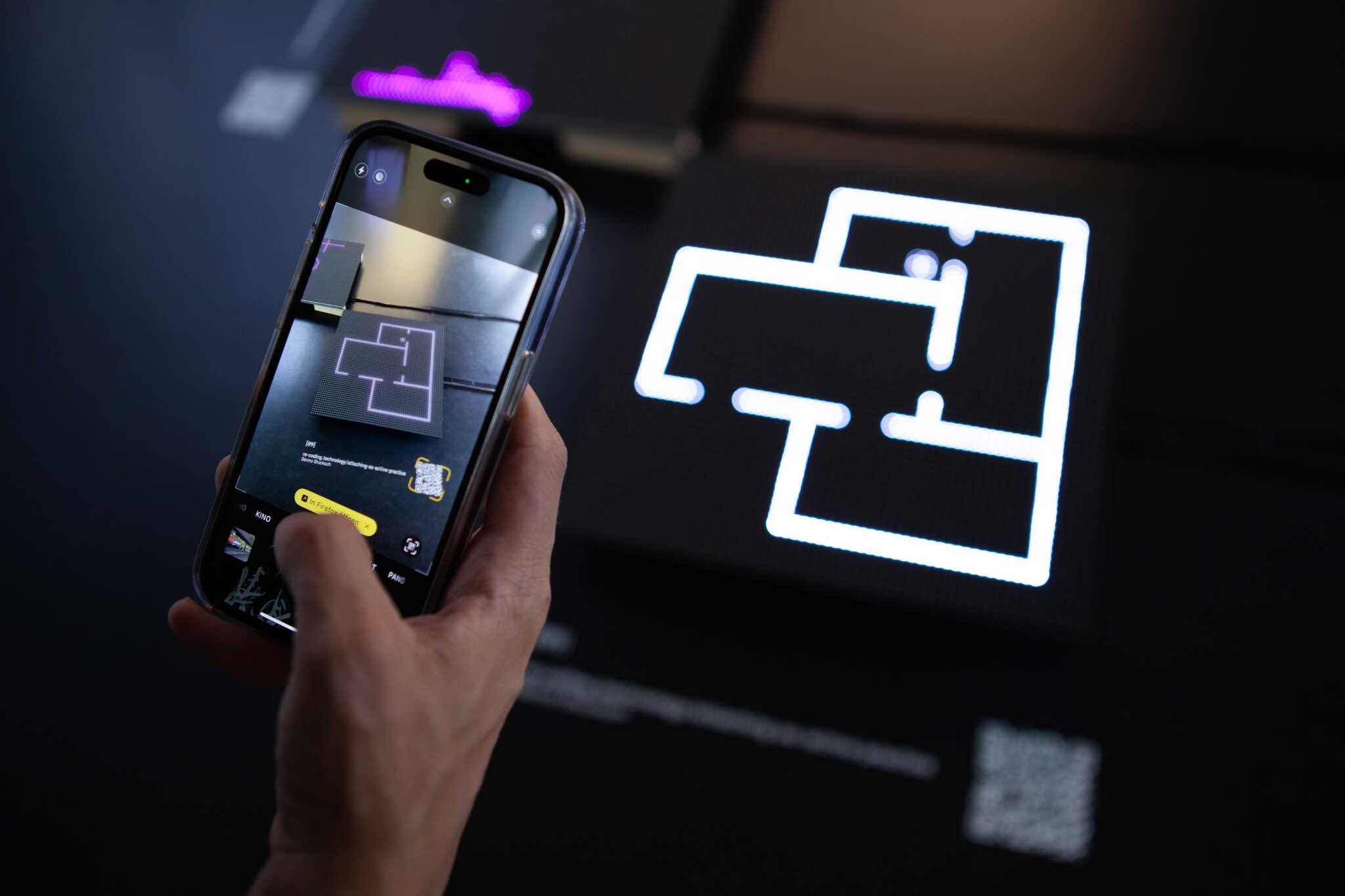
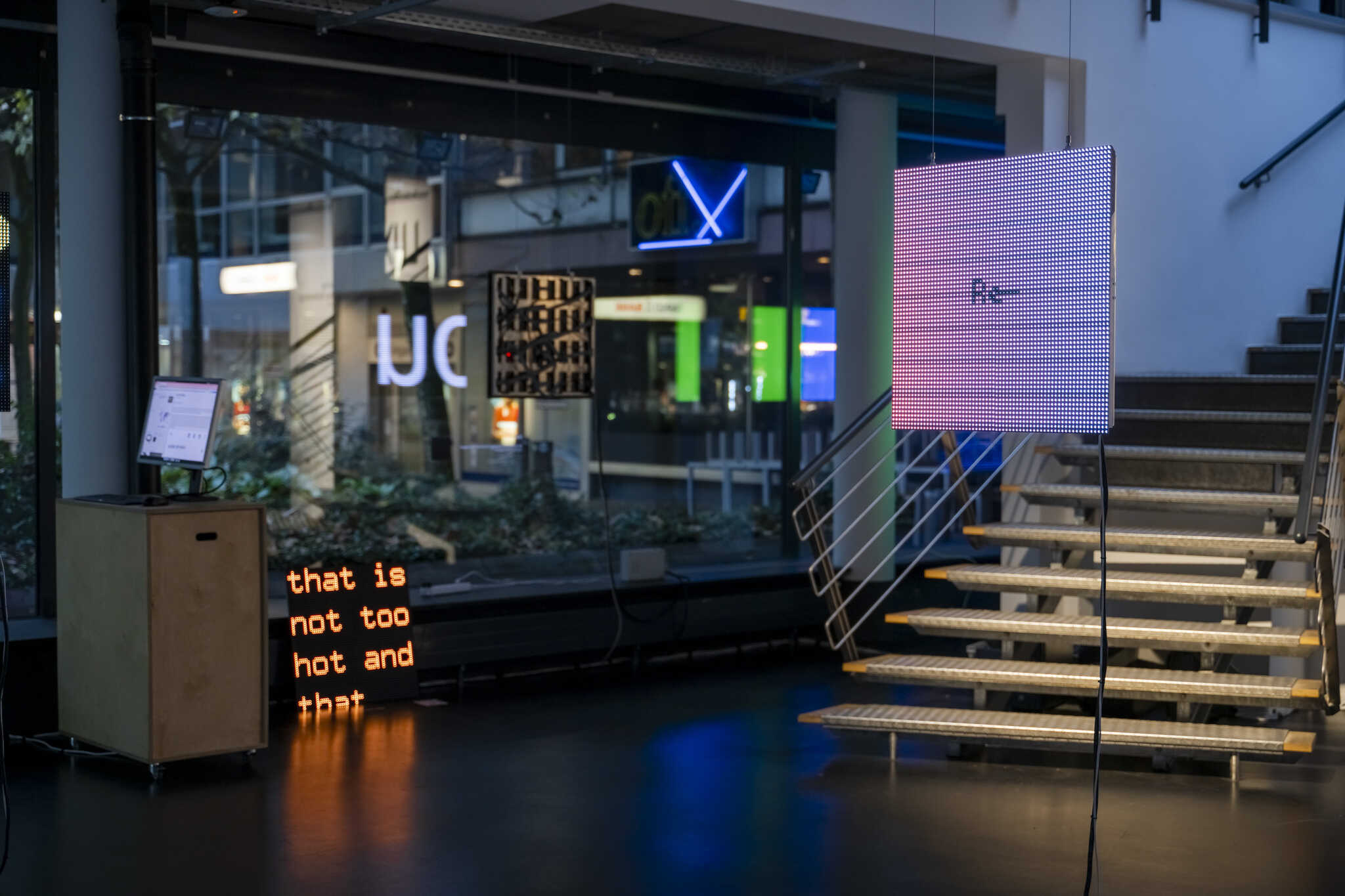
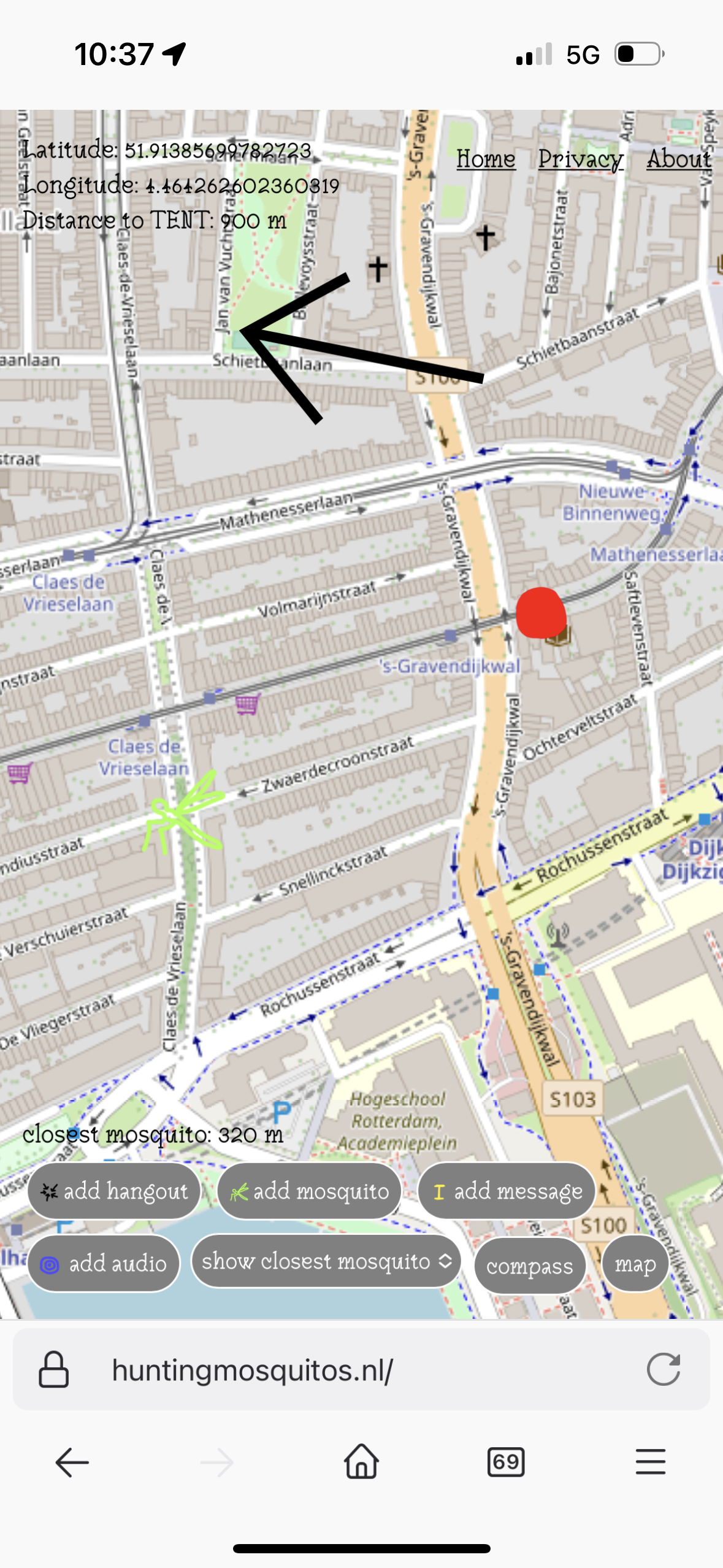
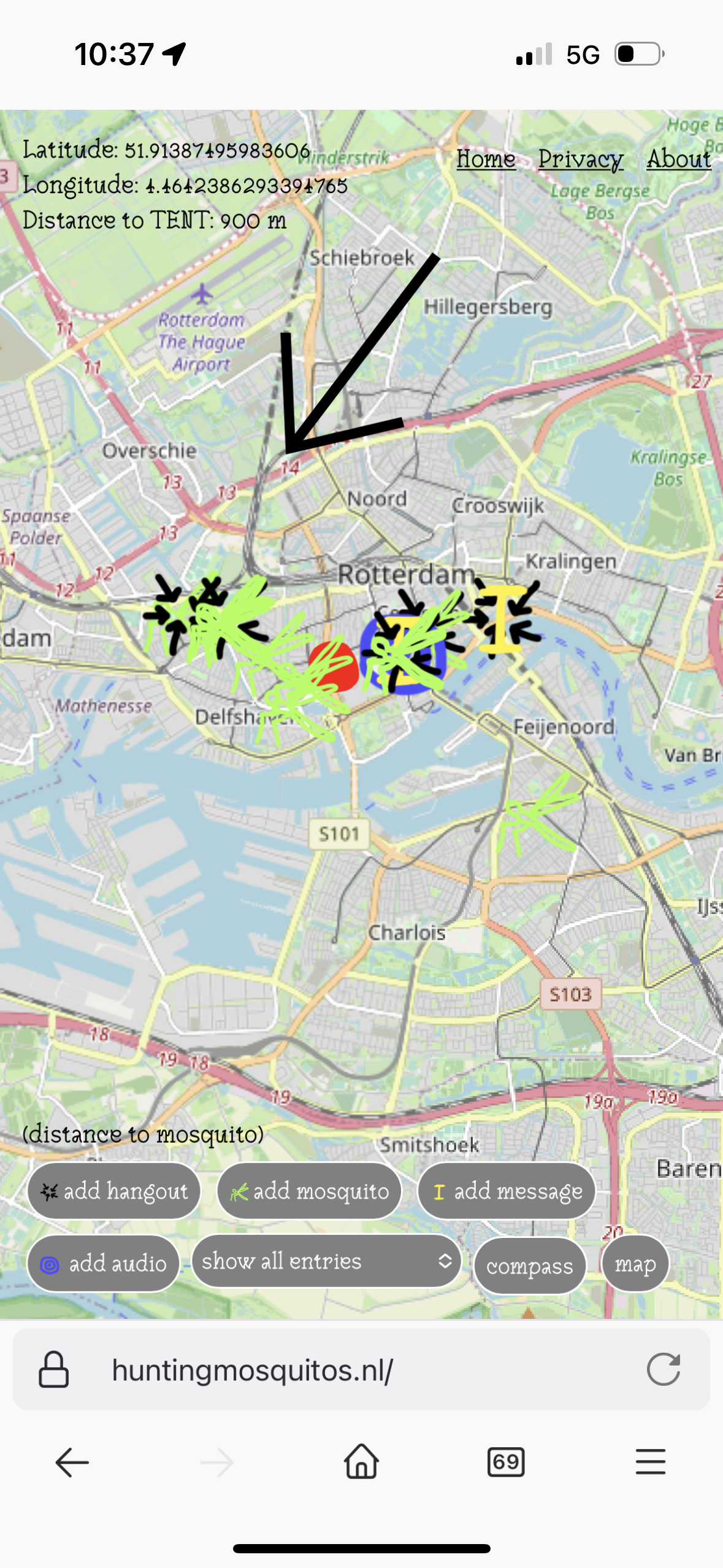
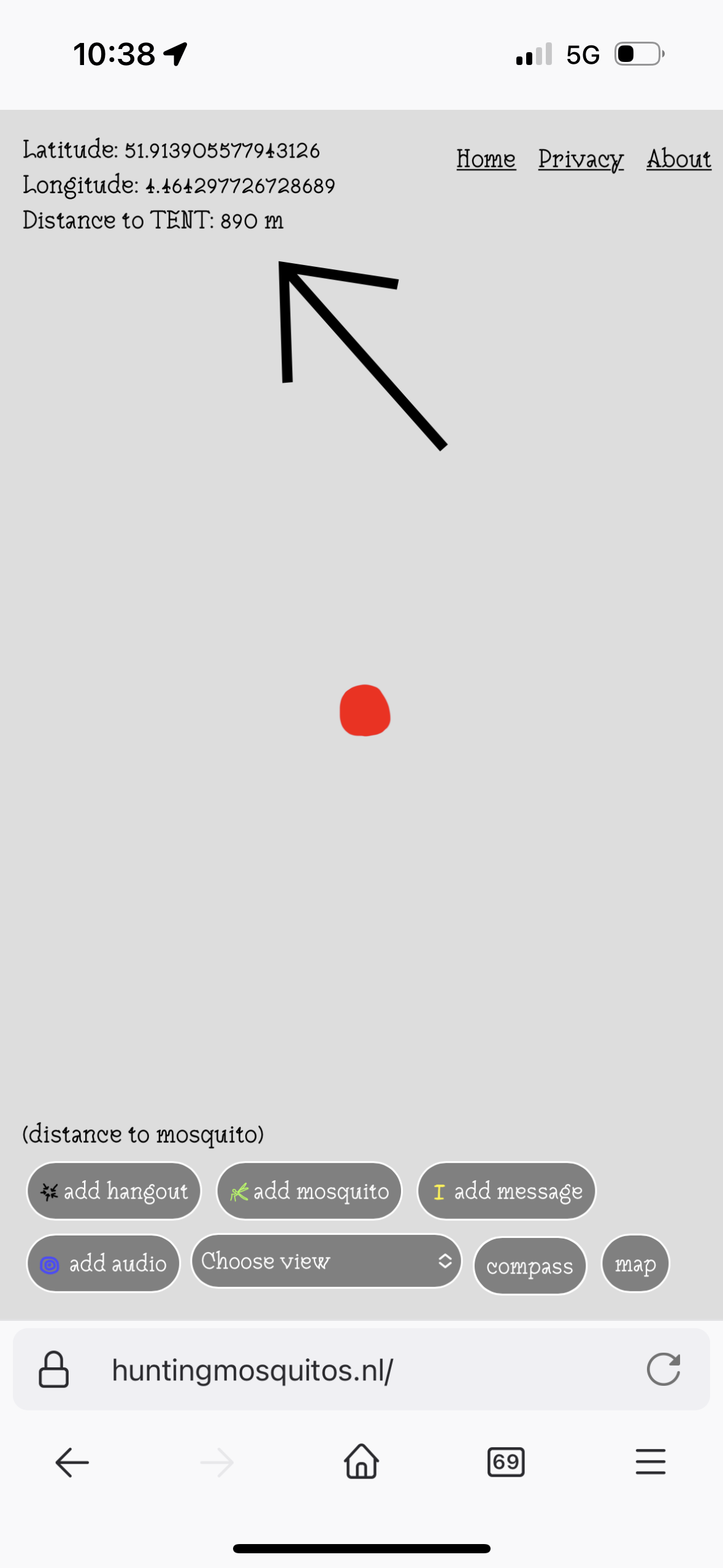
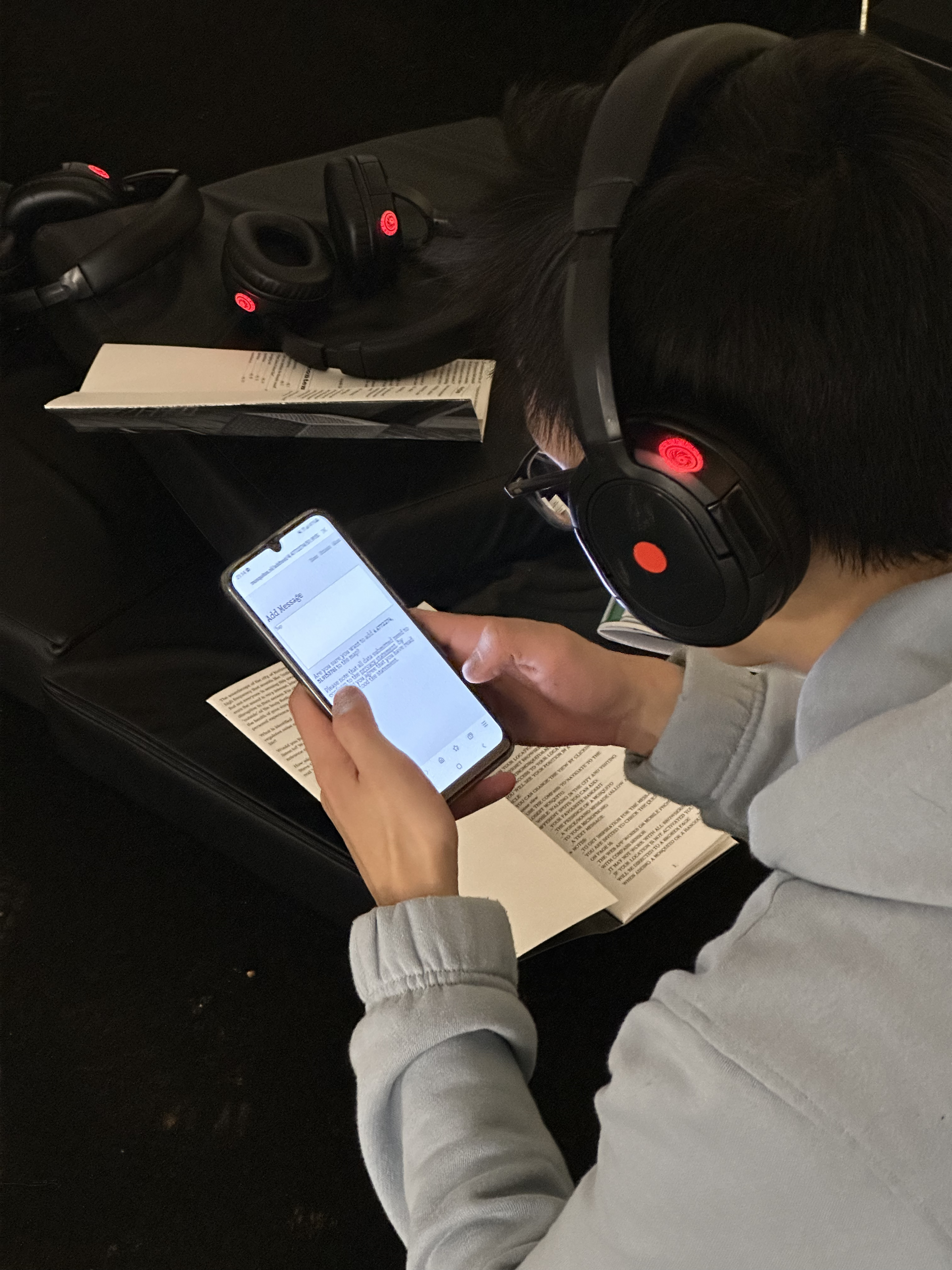
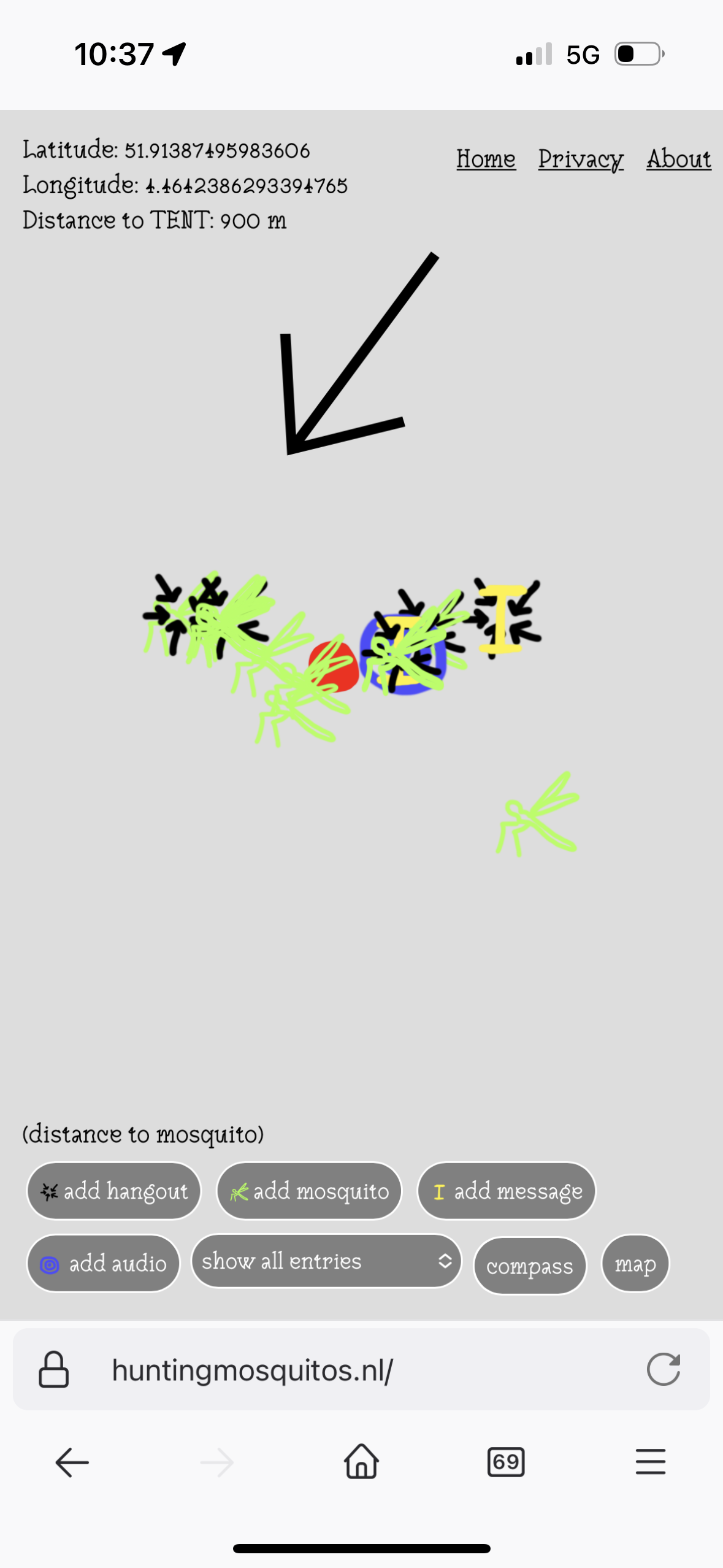
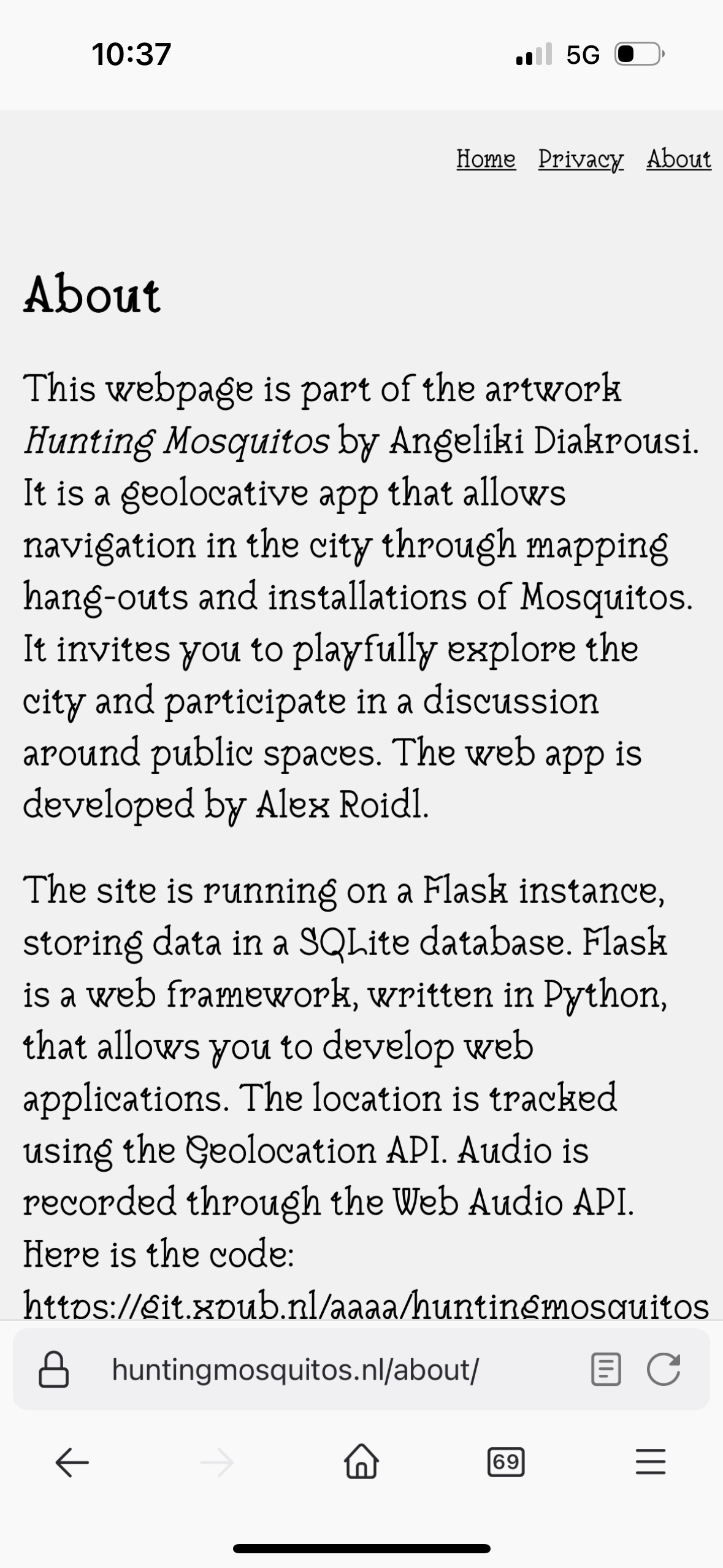
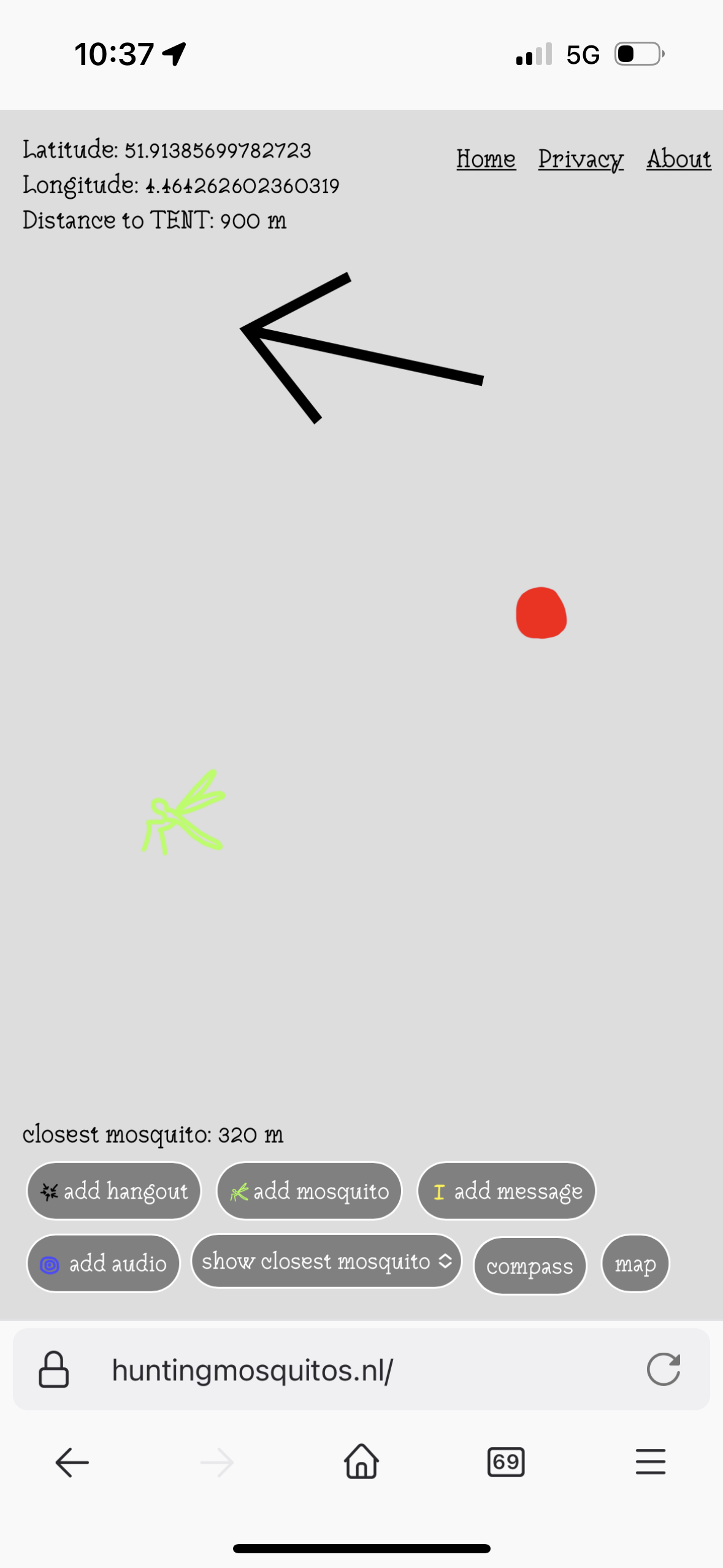
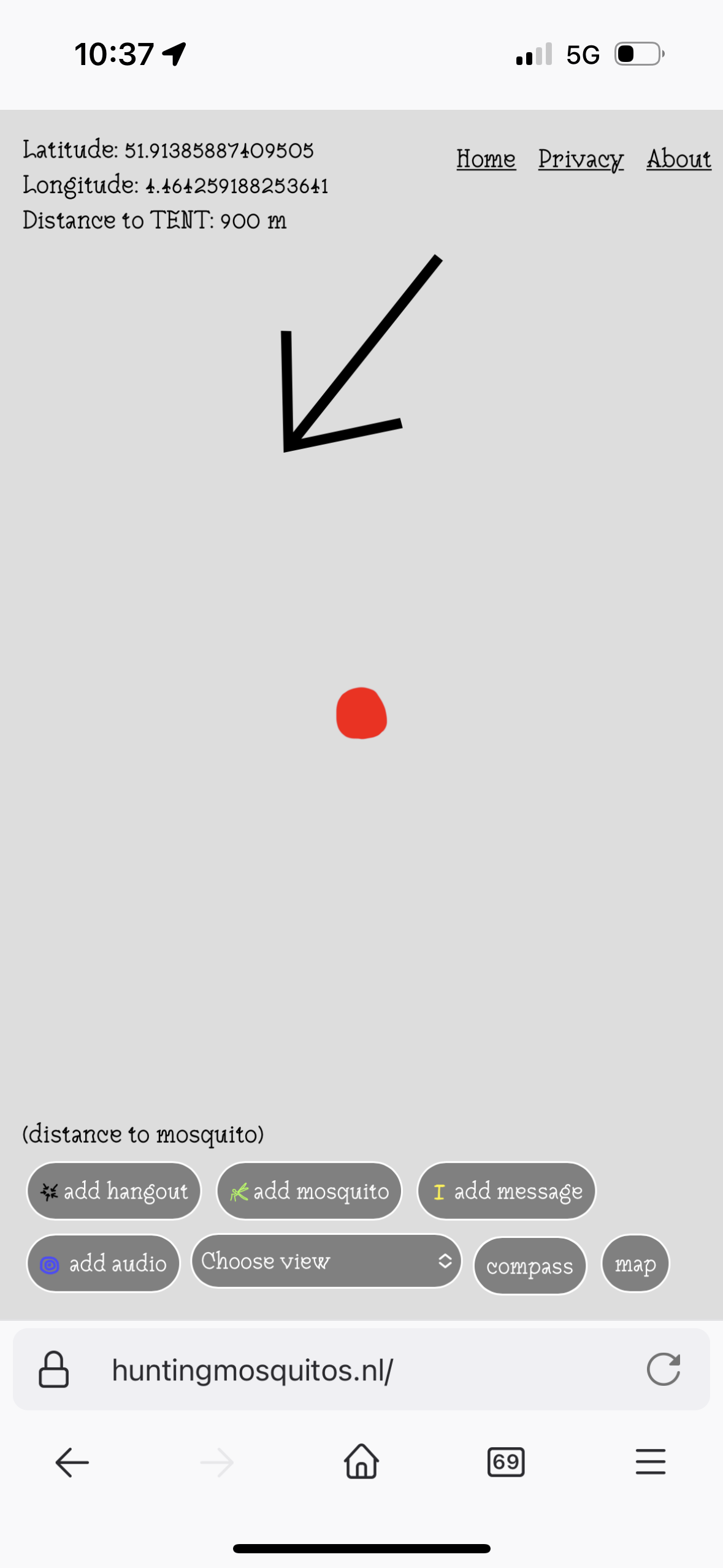
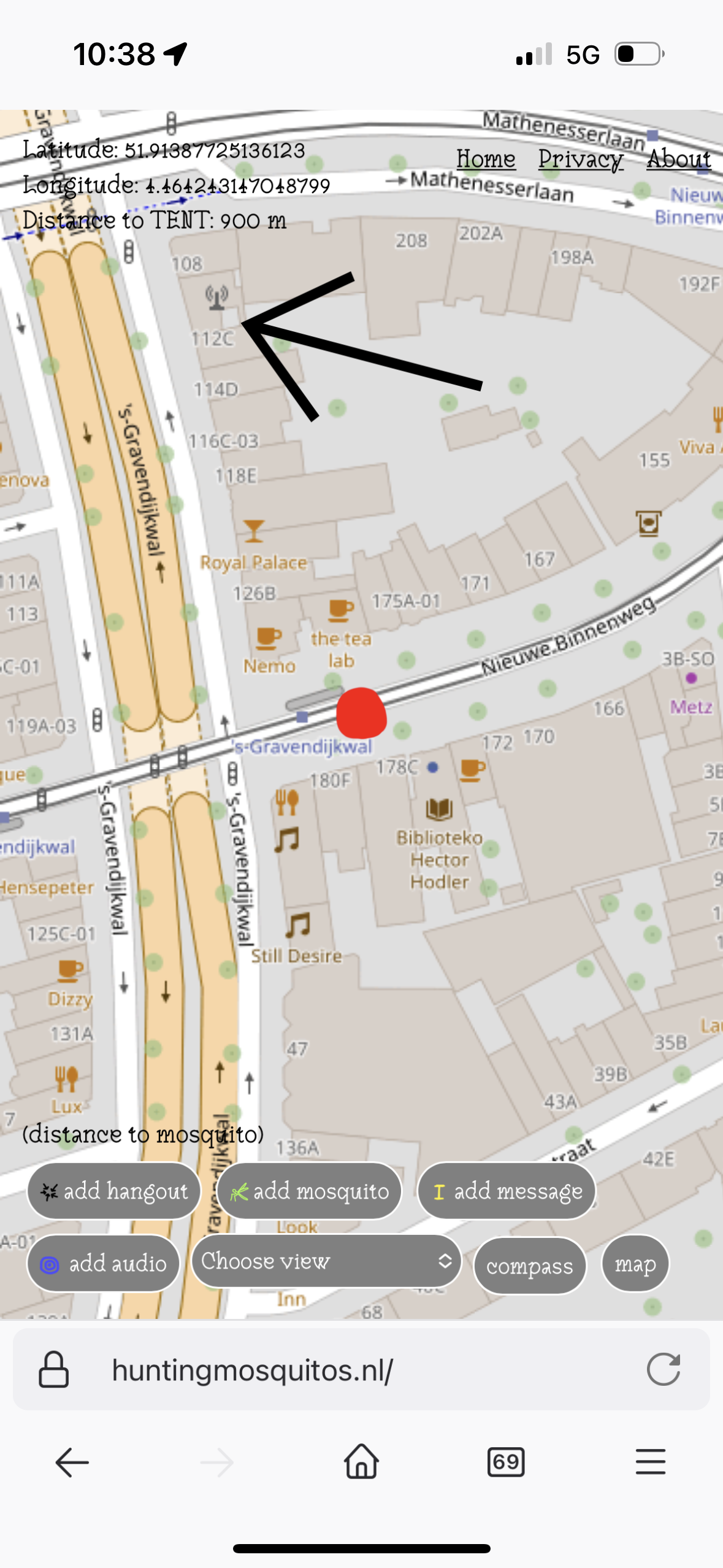
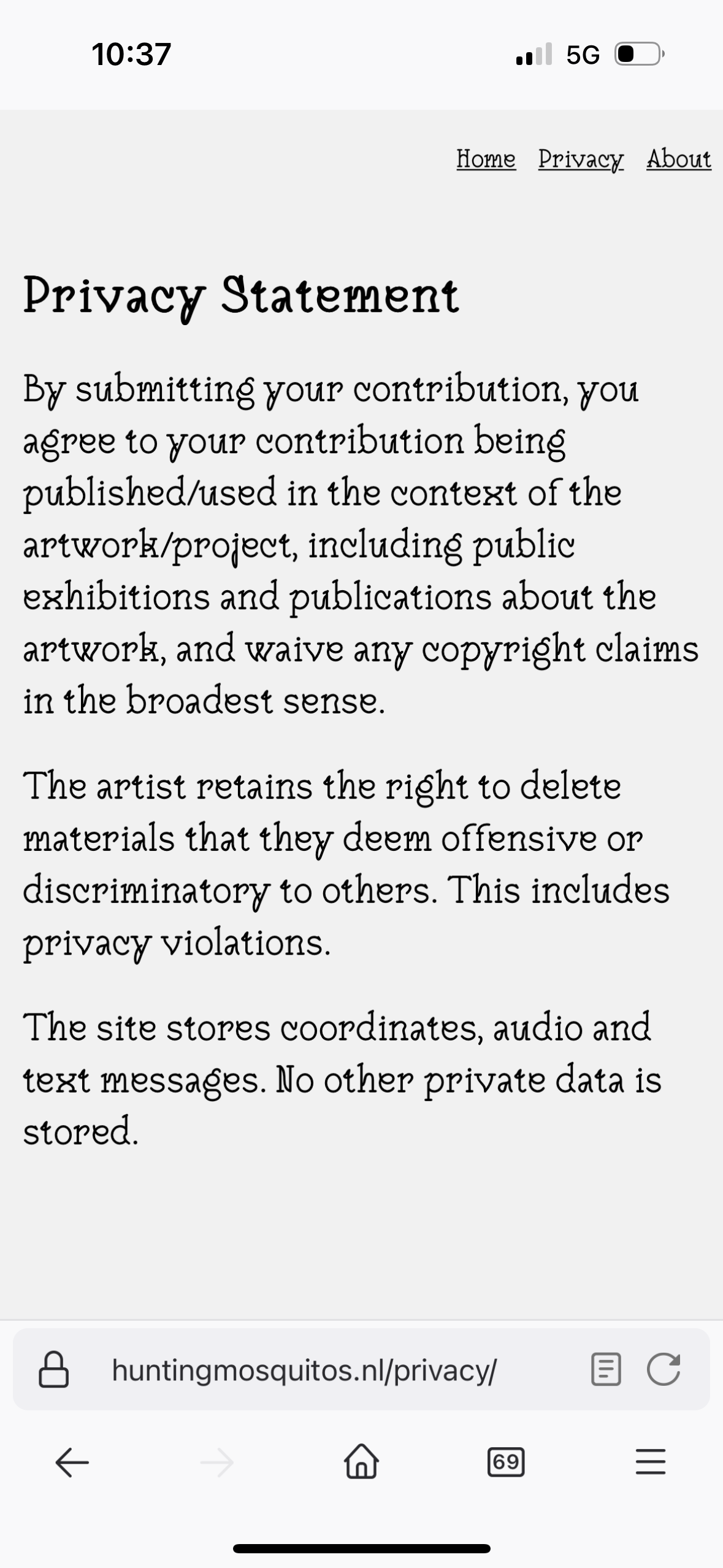
L(R)K(D) © Sonic Acts : Ren Ewart.jpg)
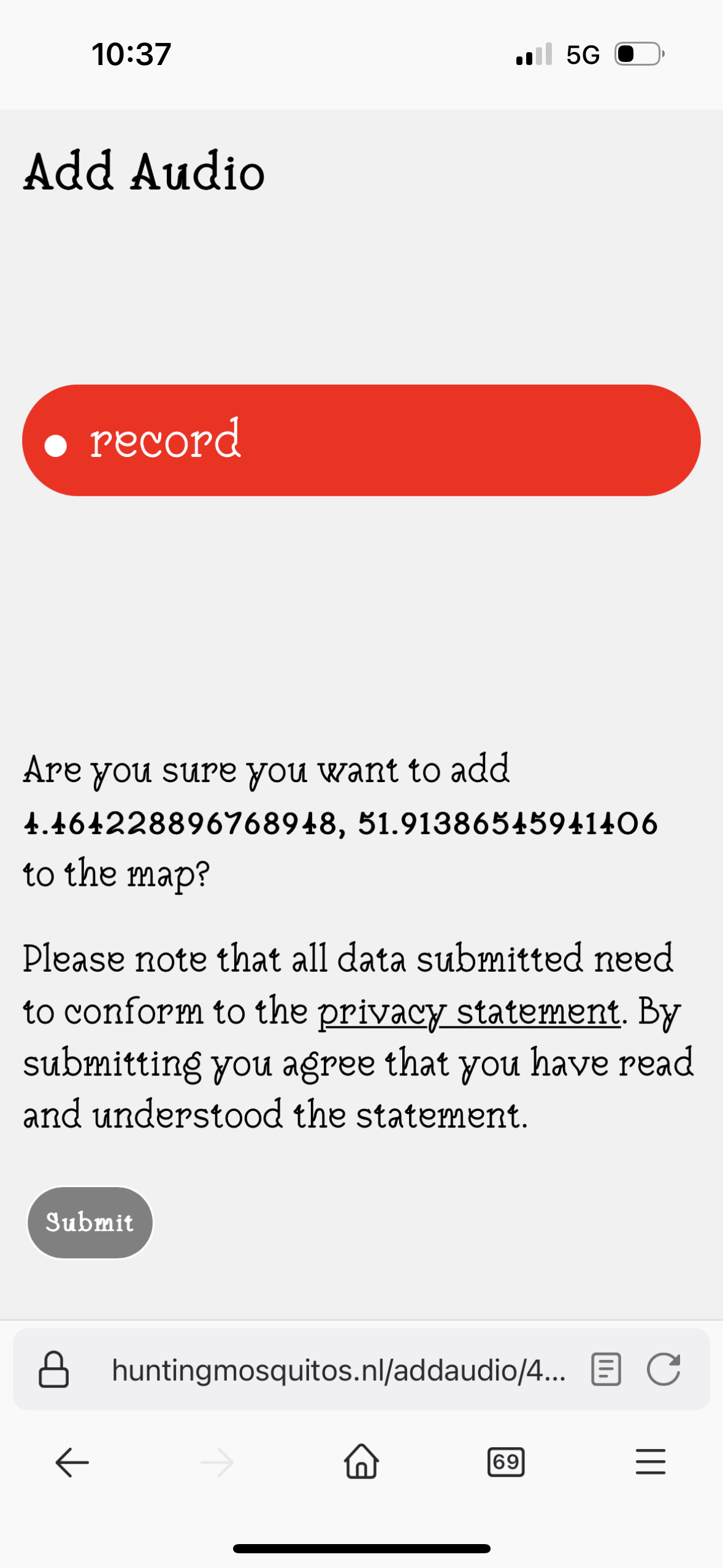
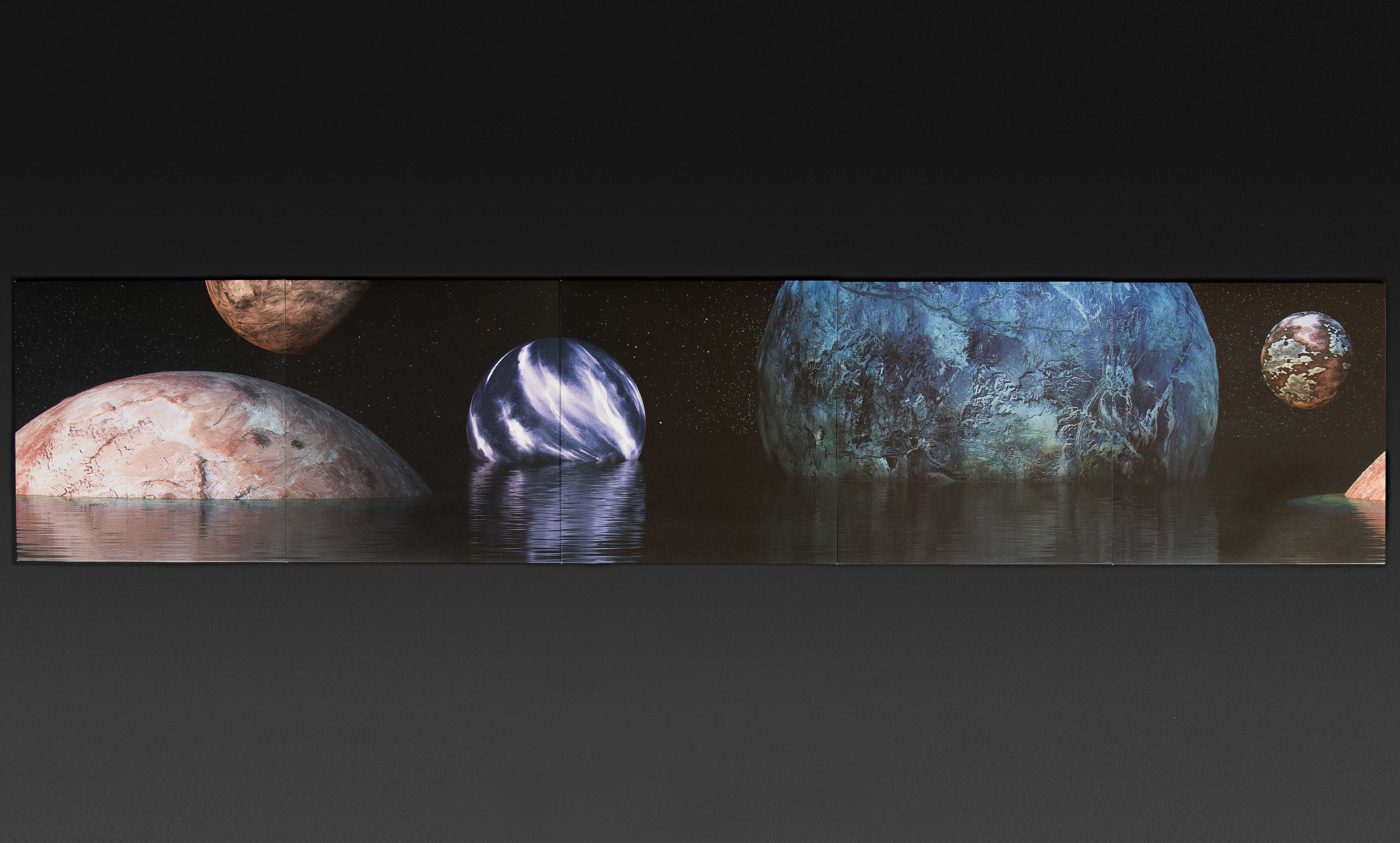
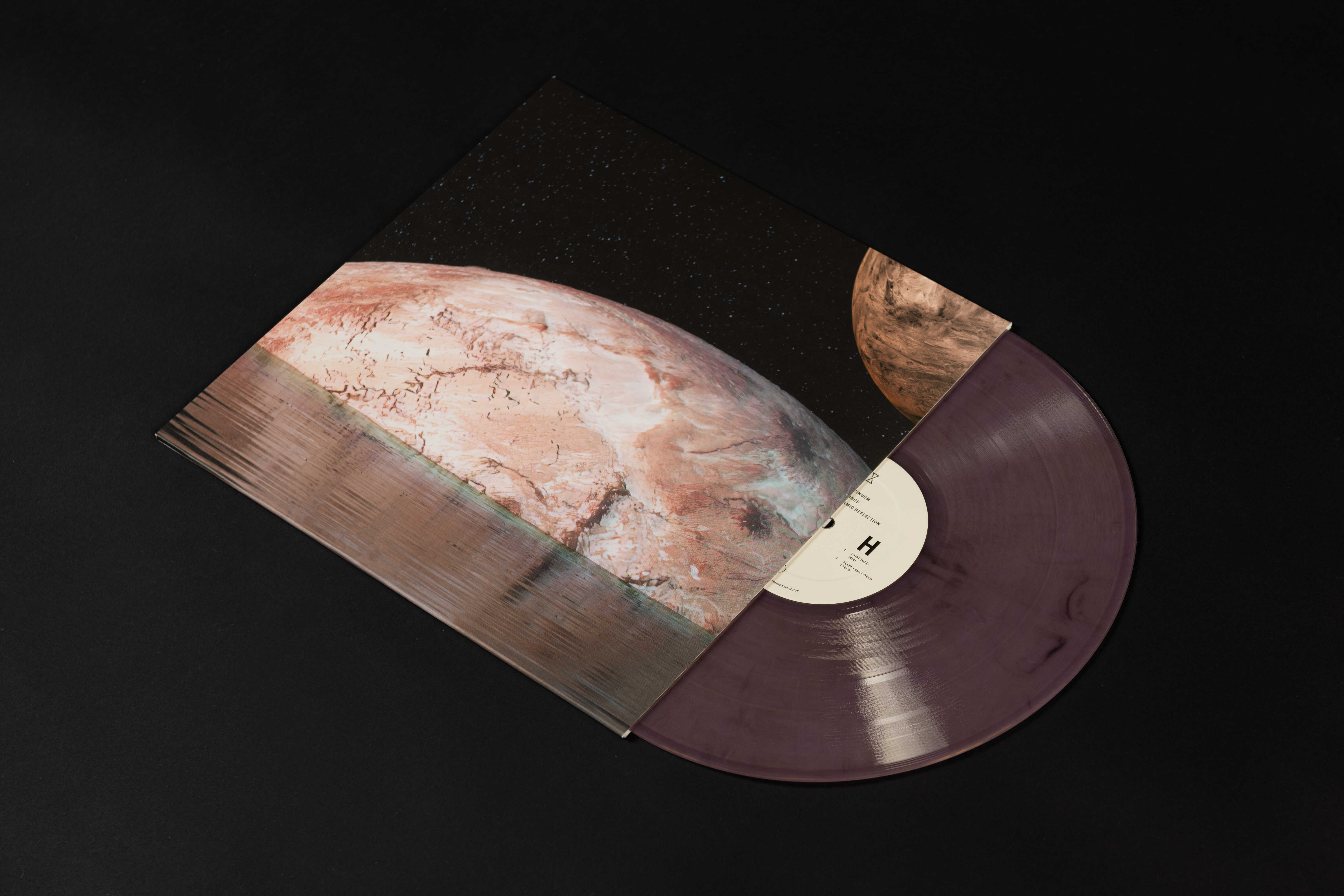
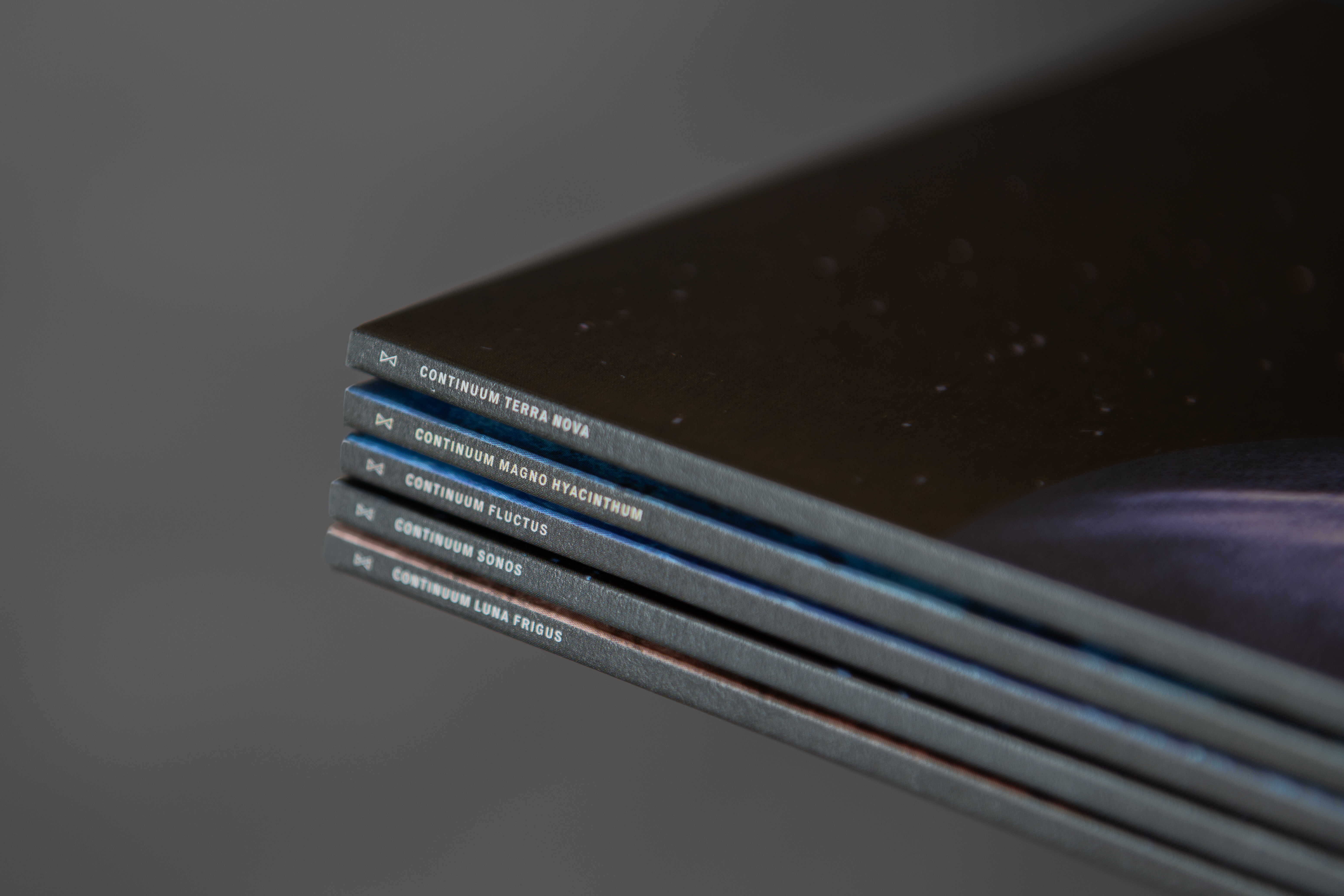
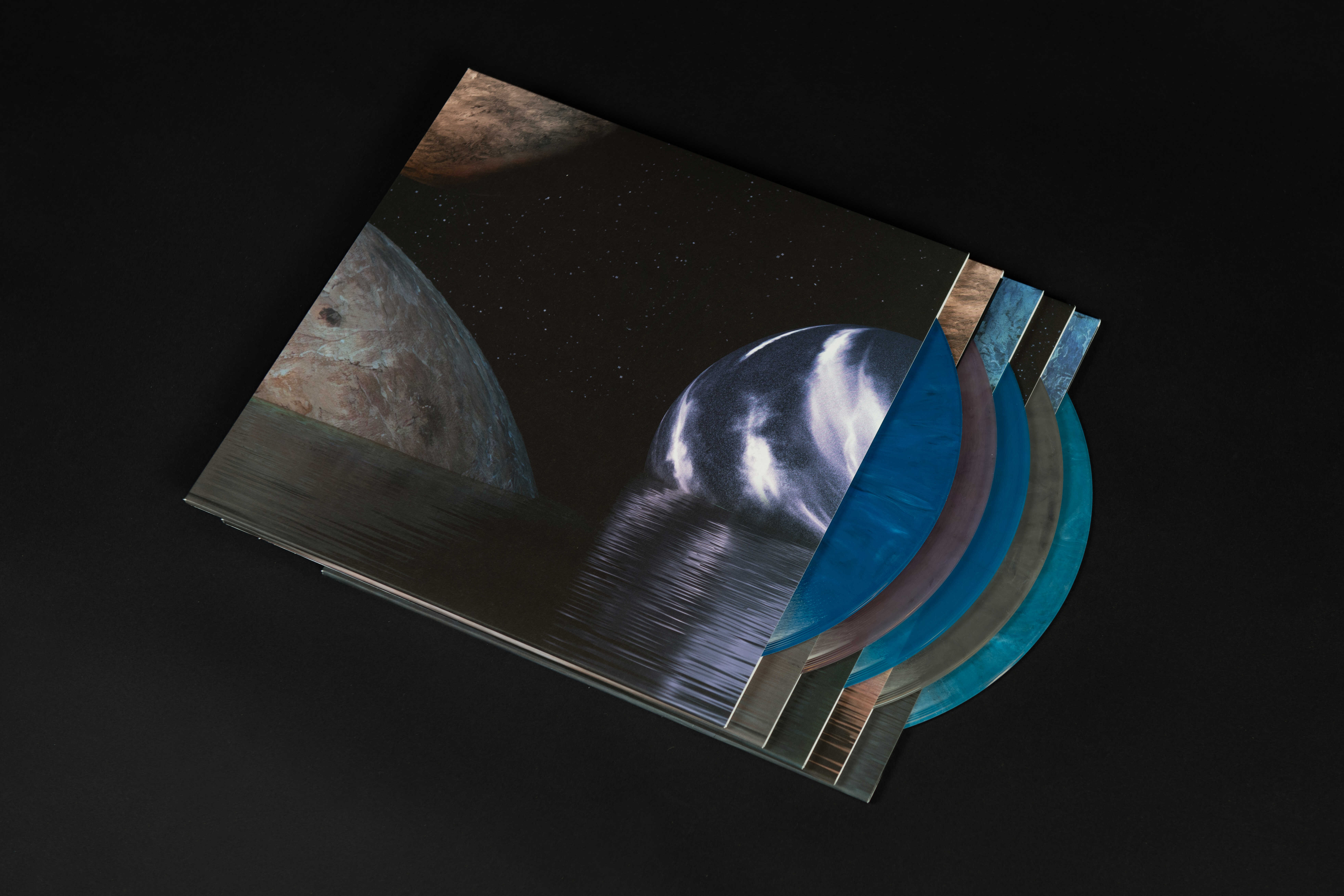
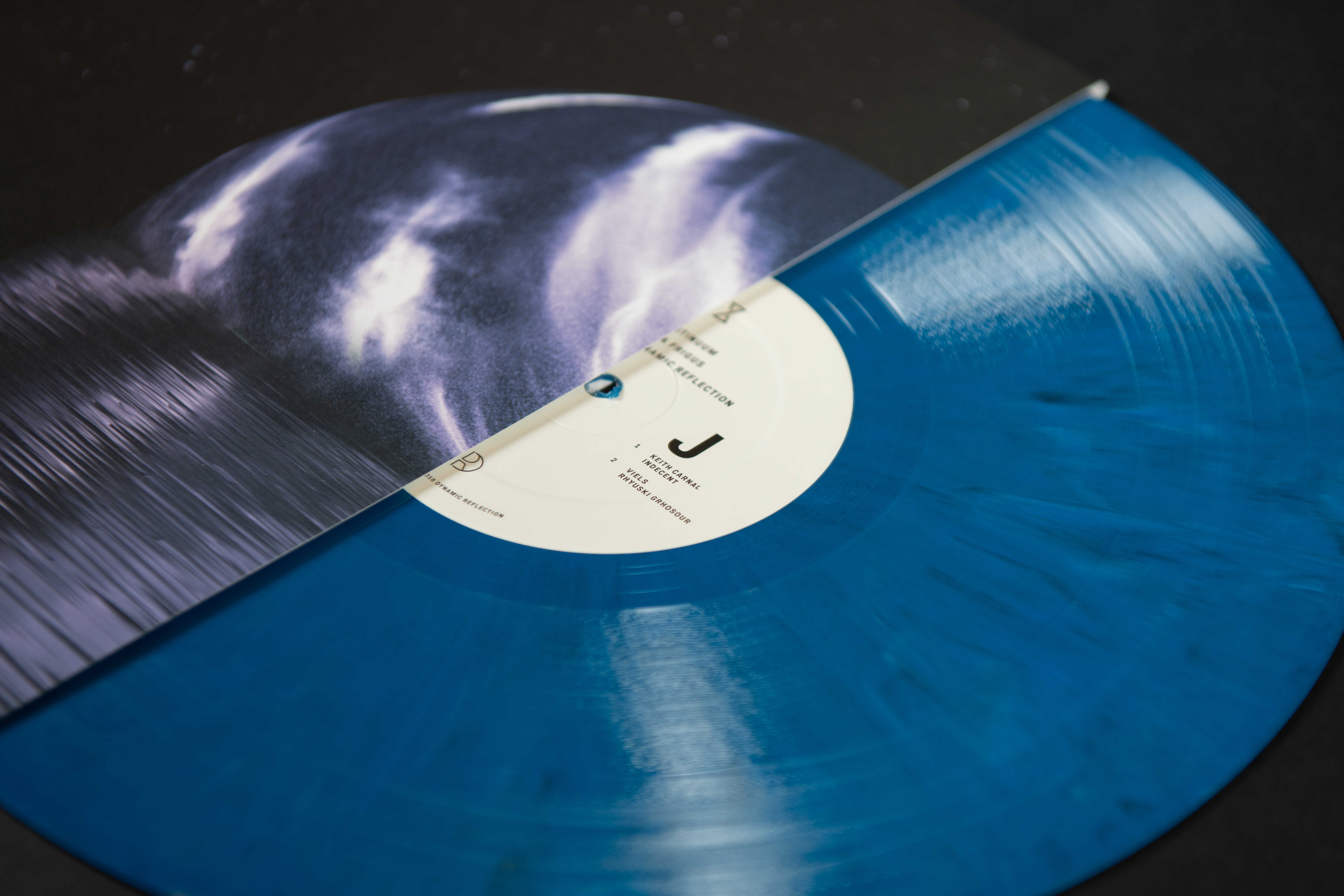
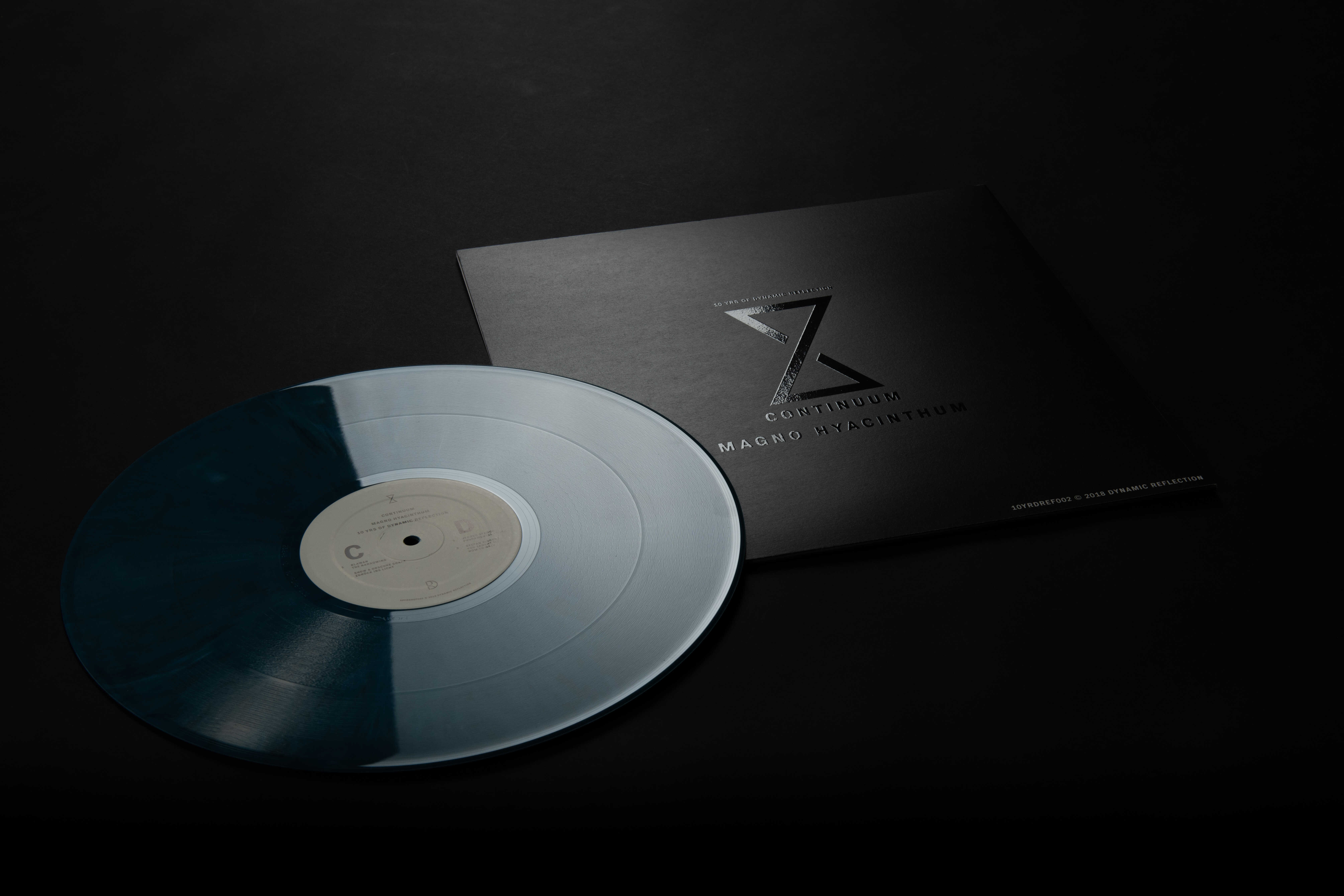
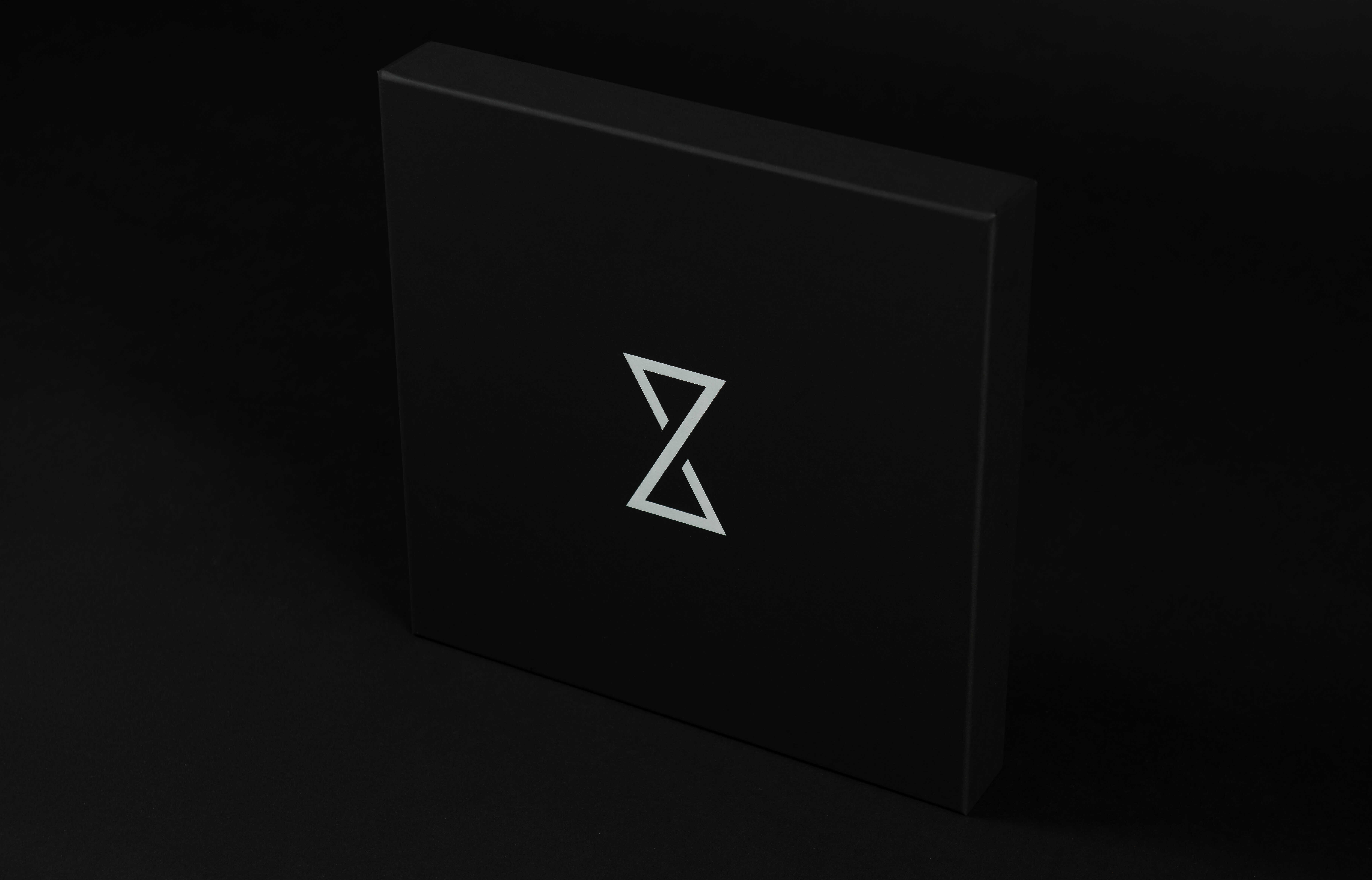
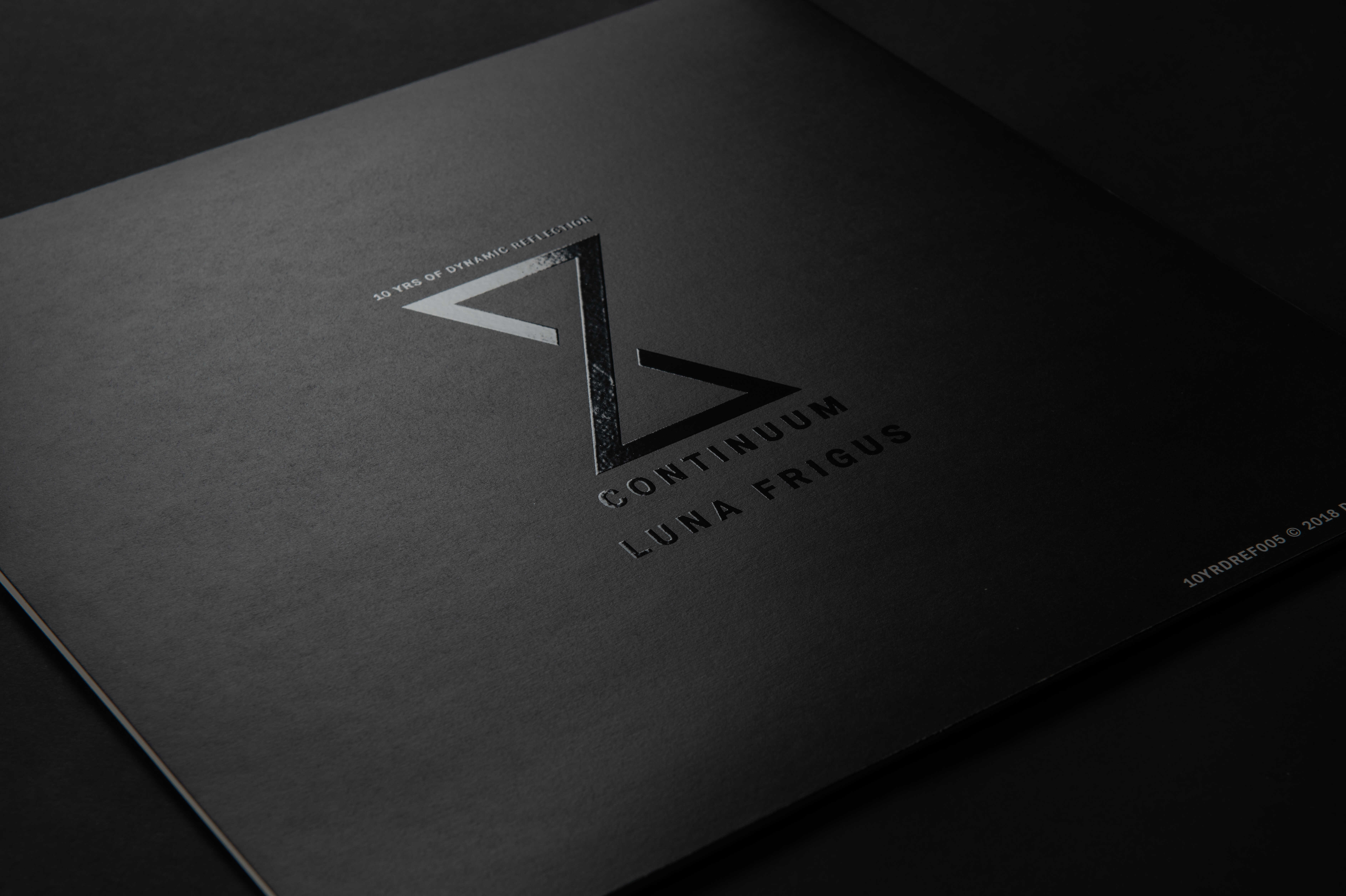
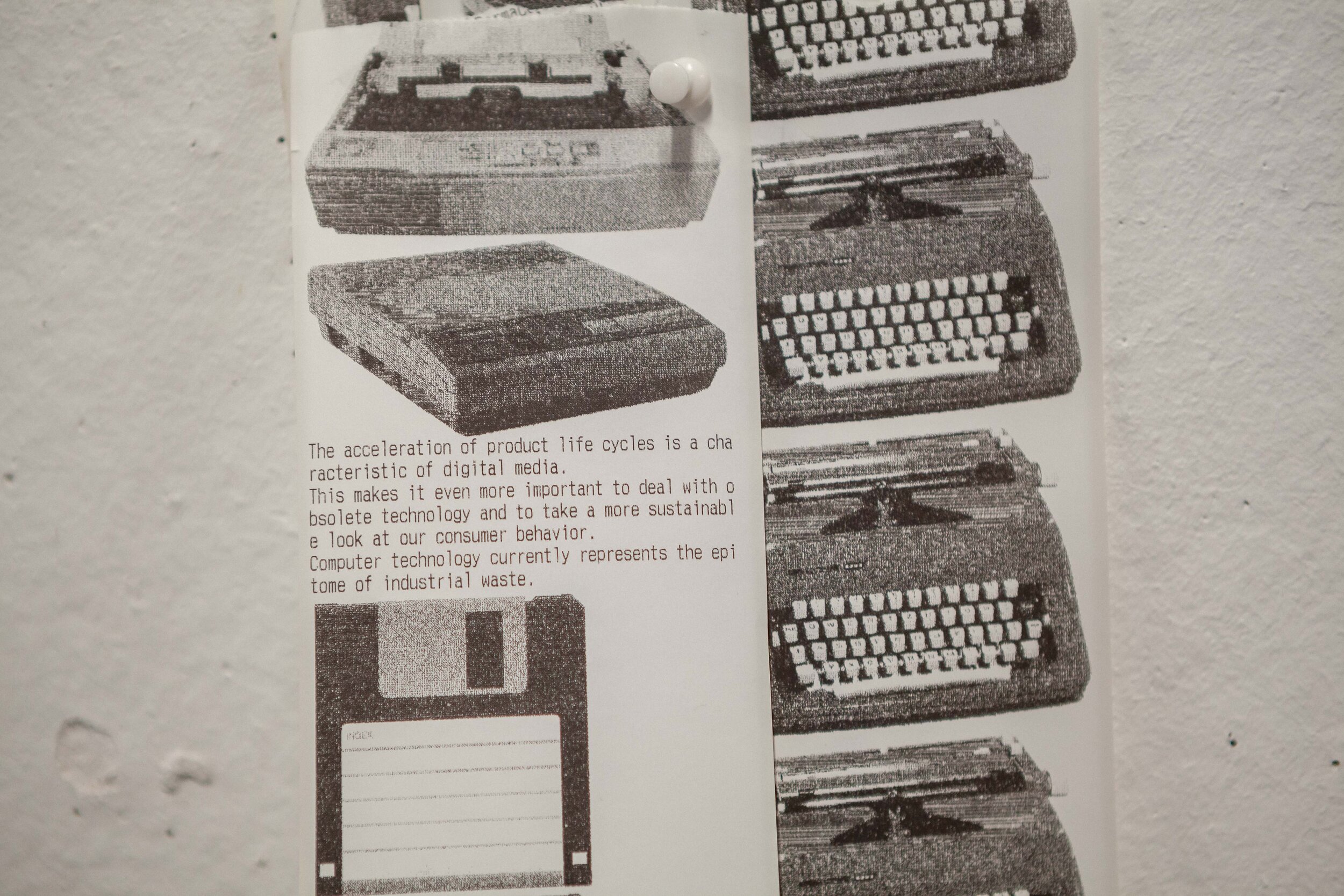
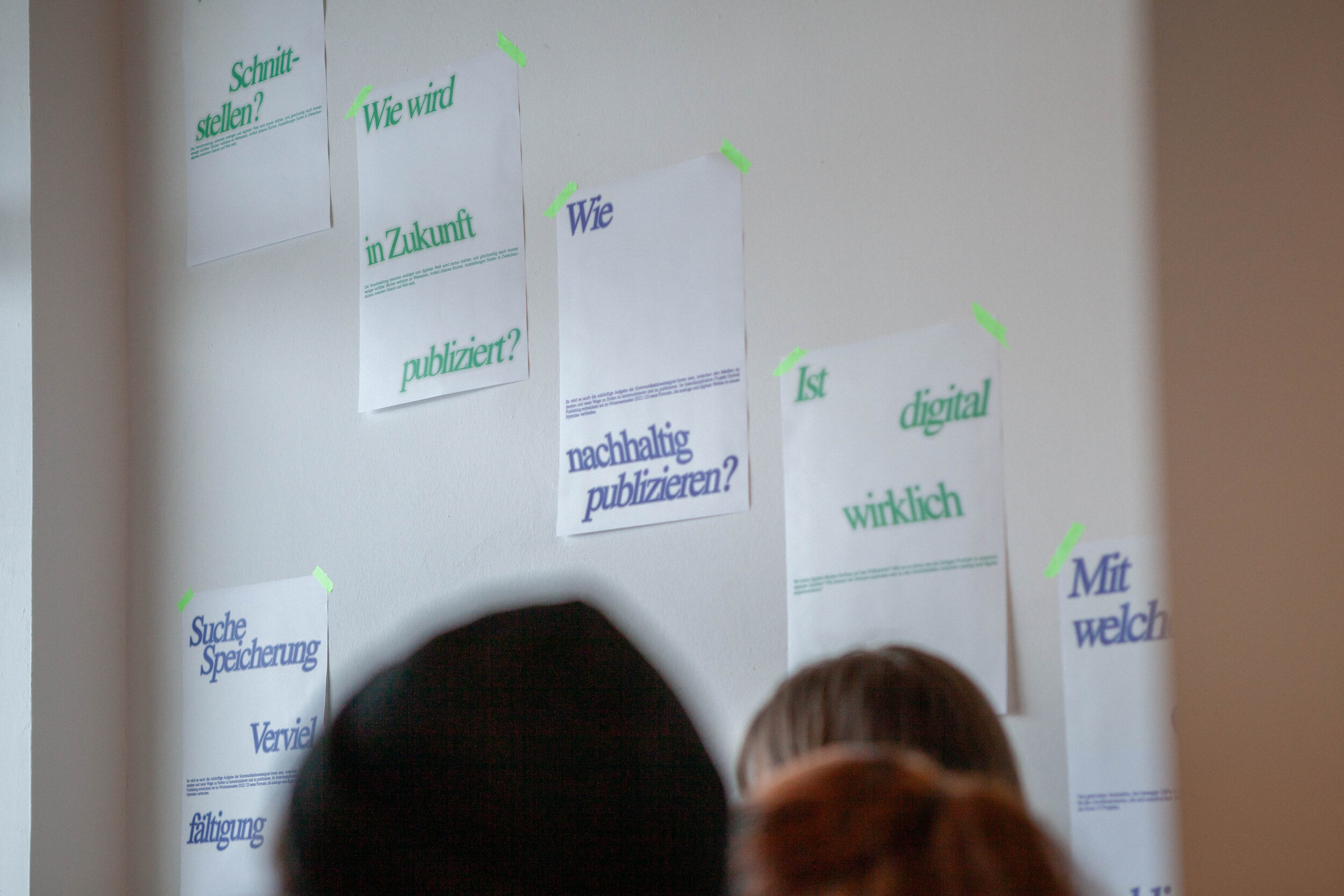
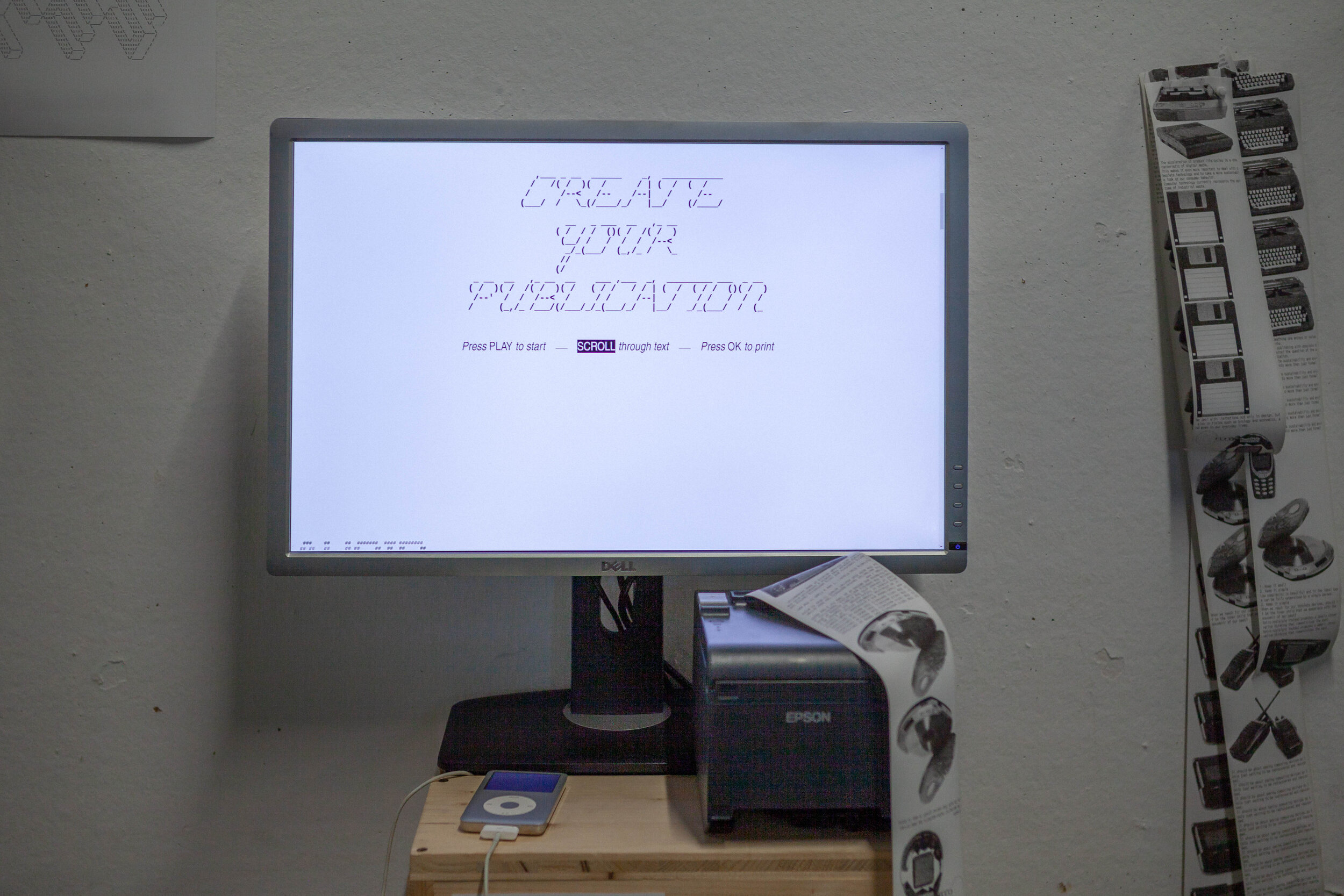
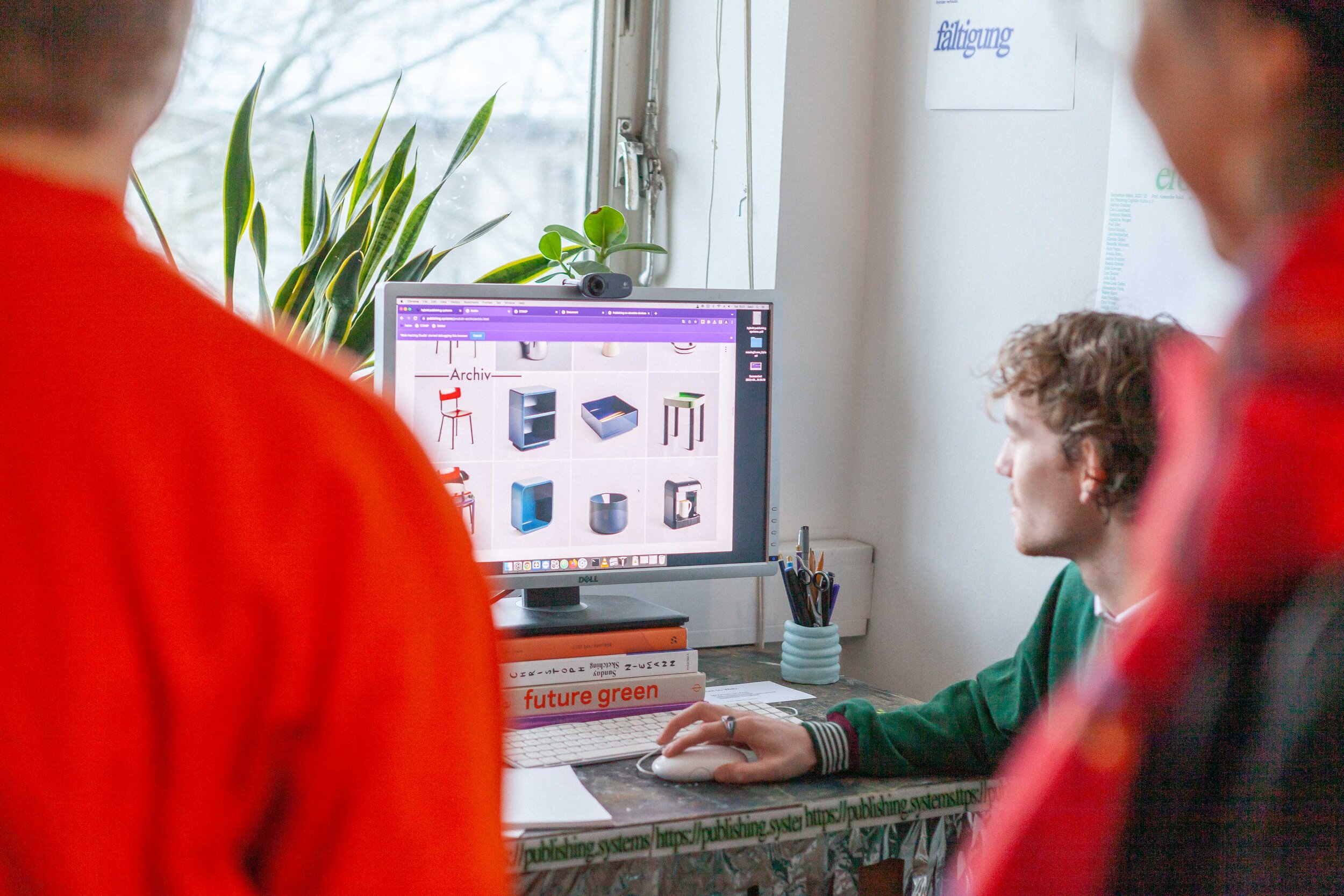
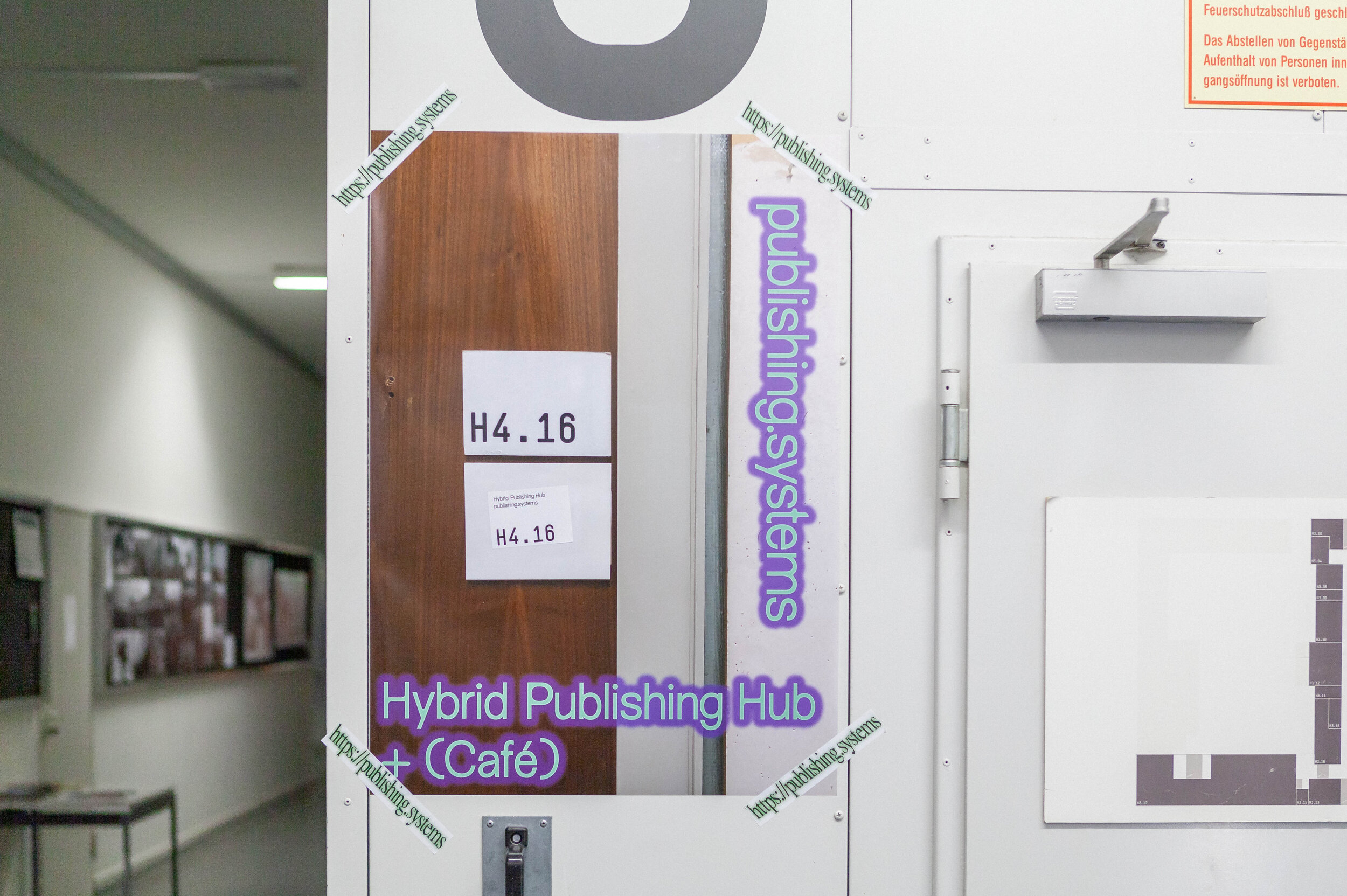
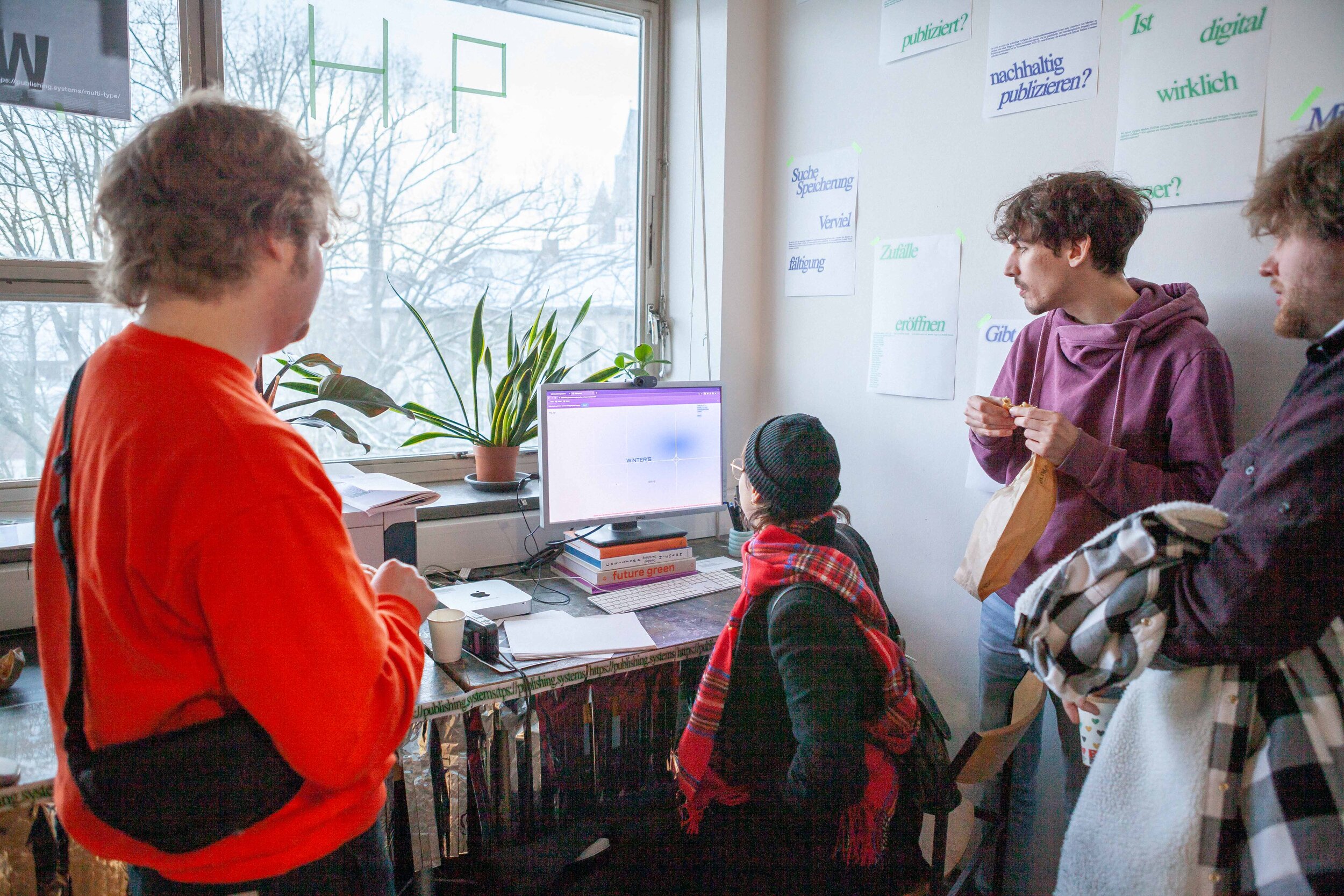
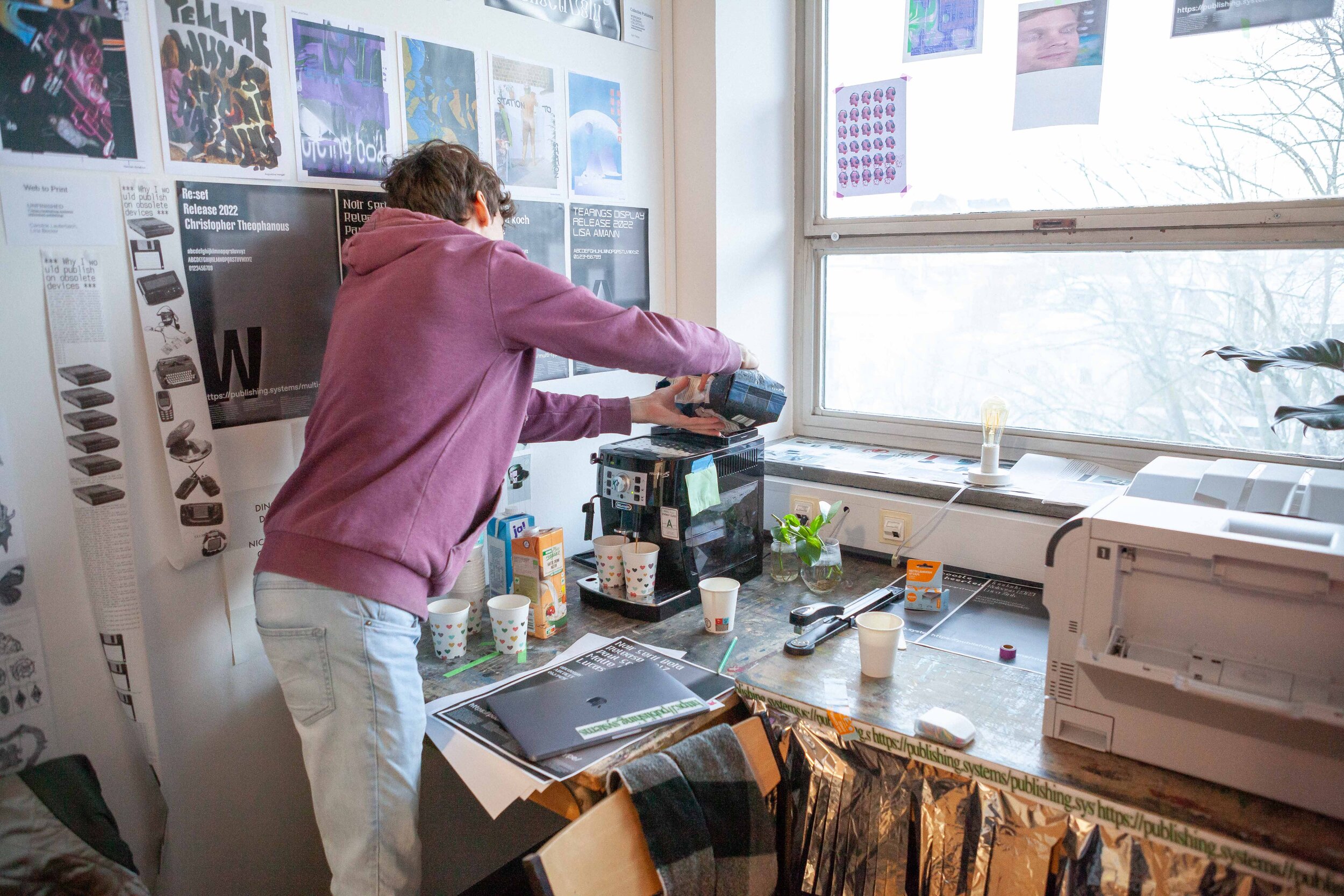
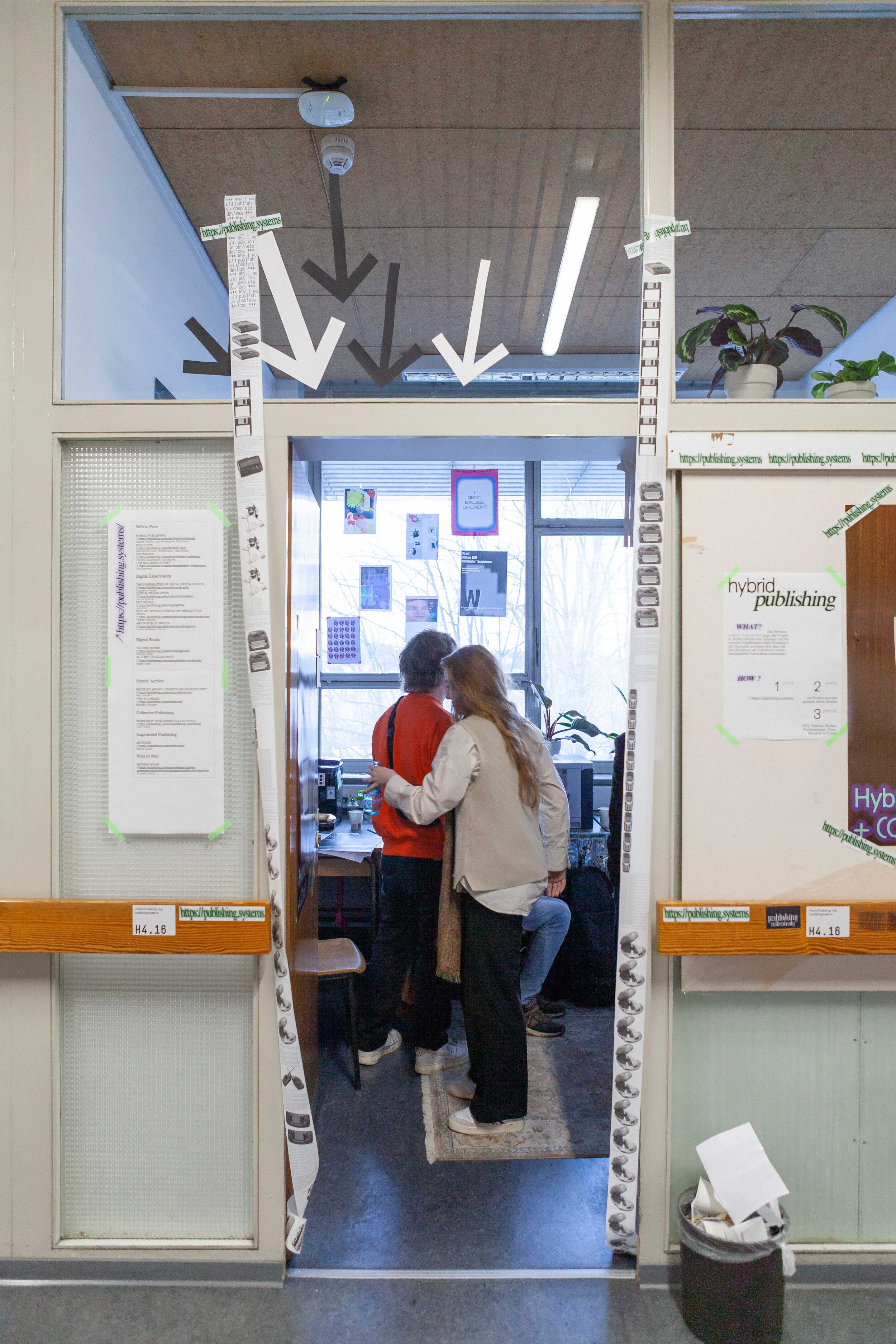
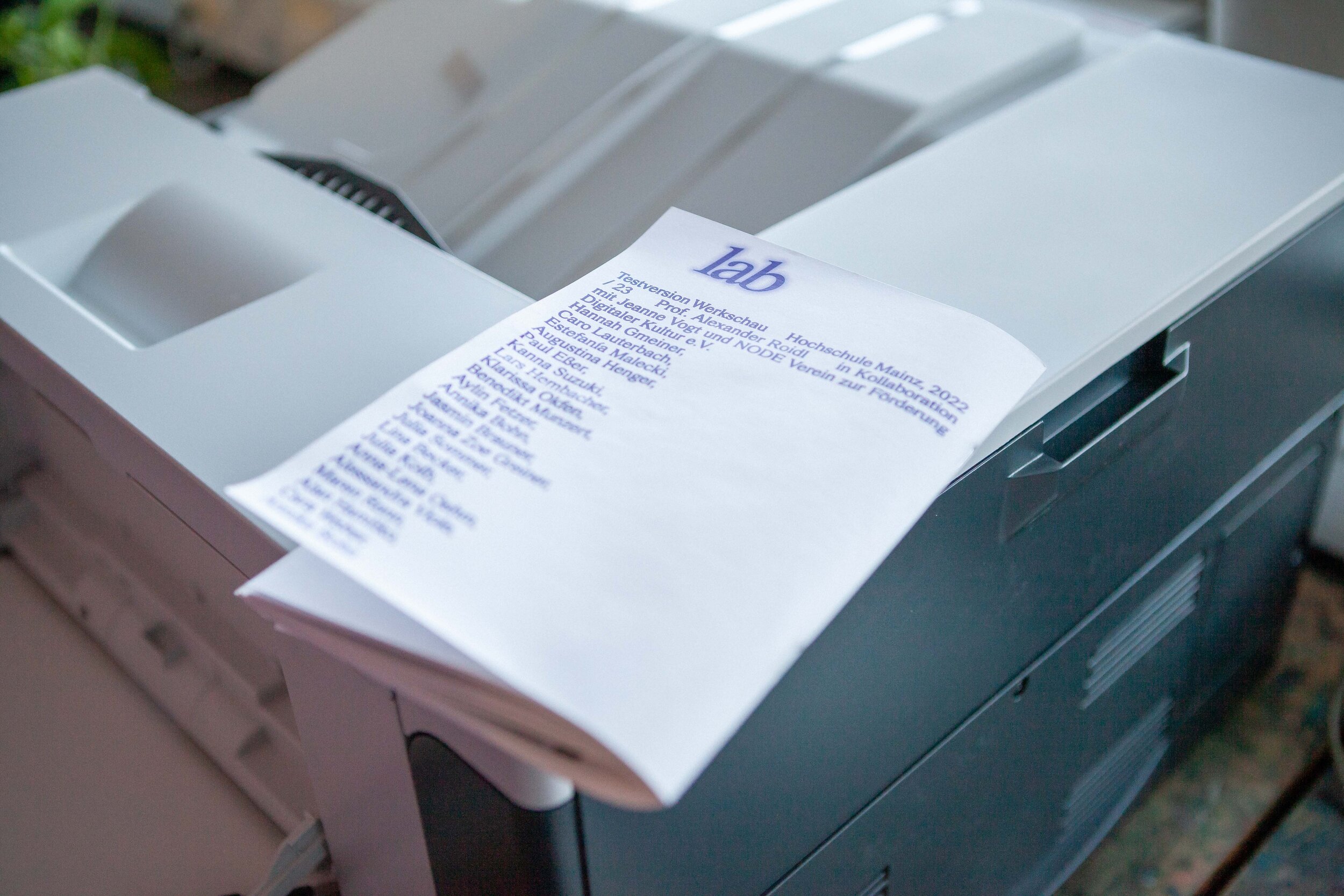

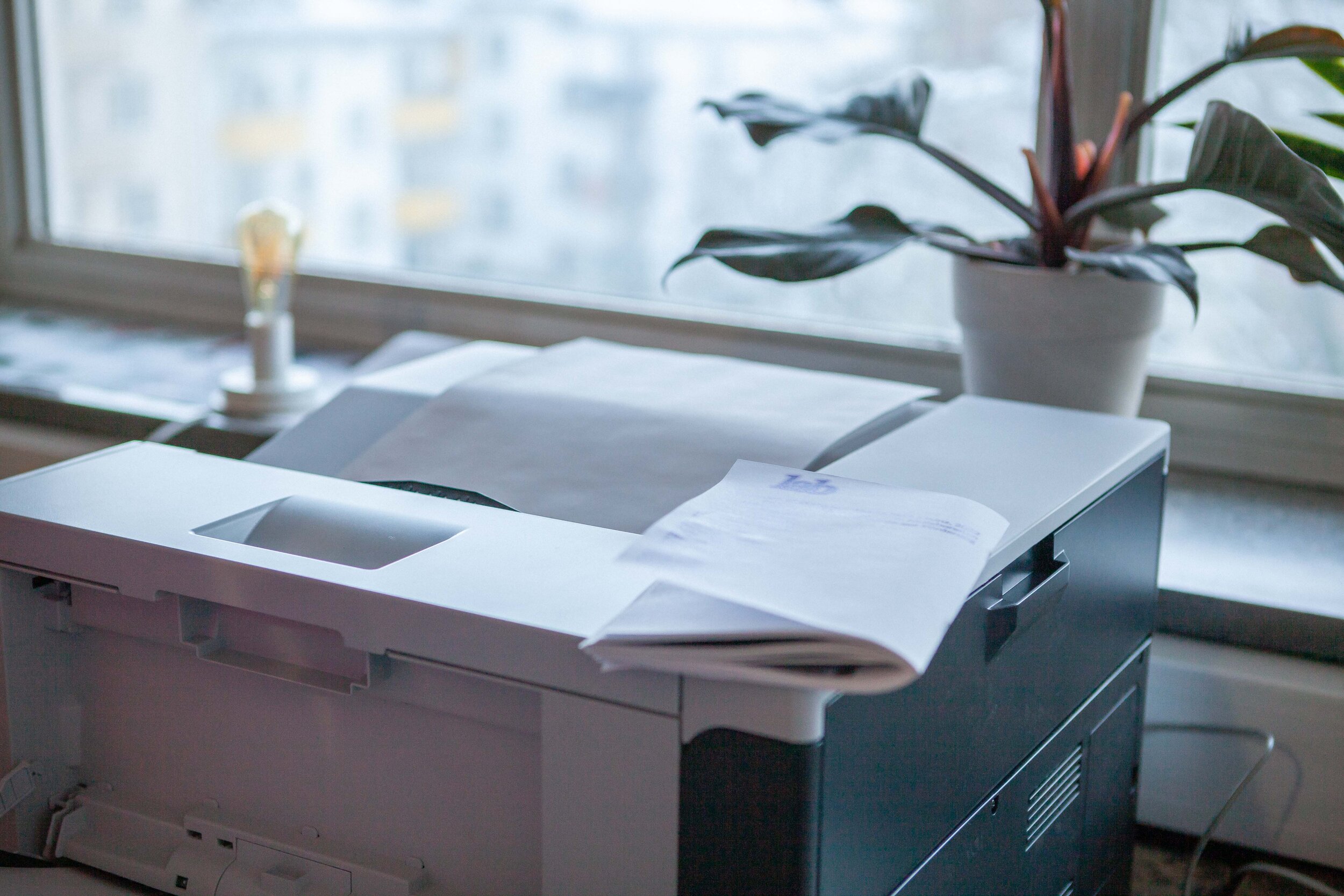

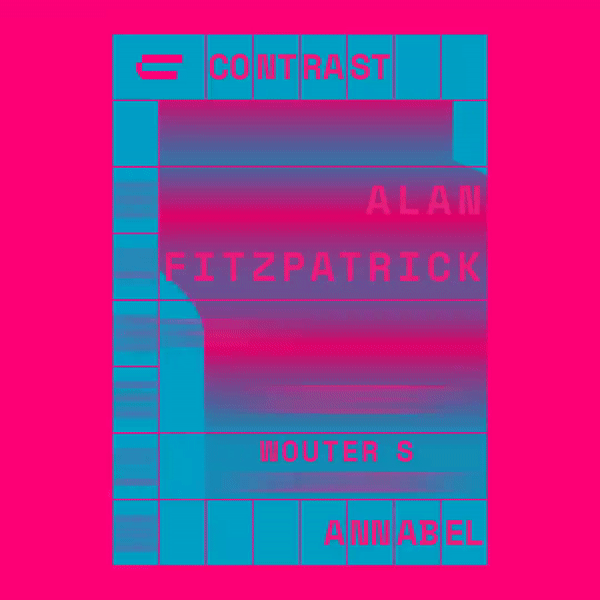

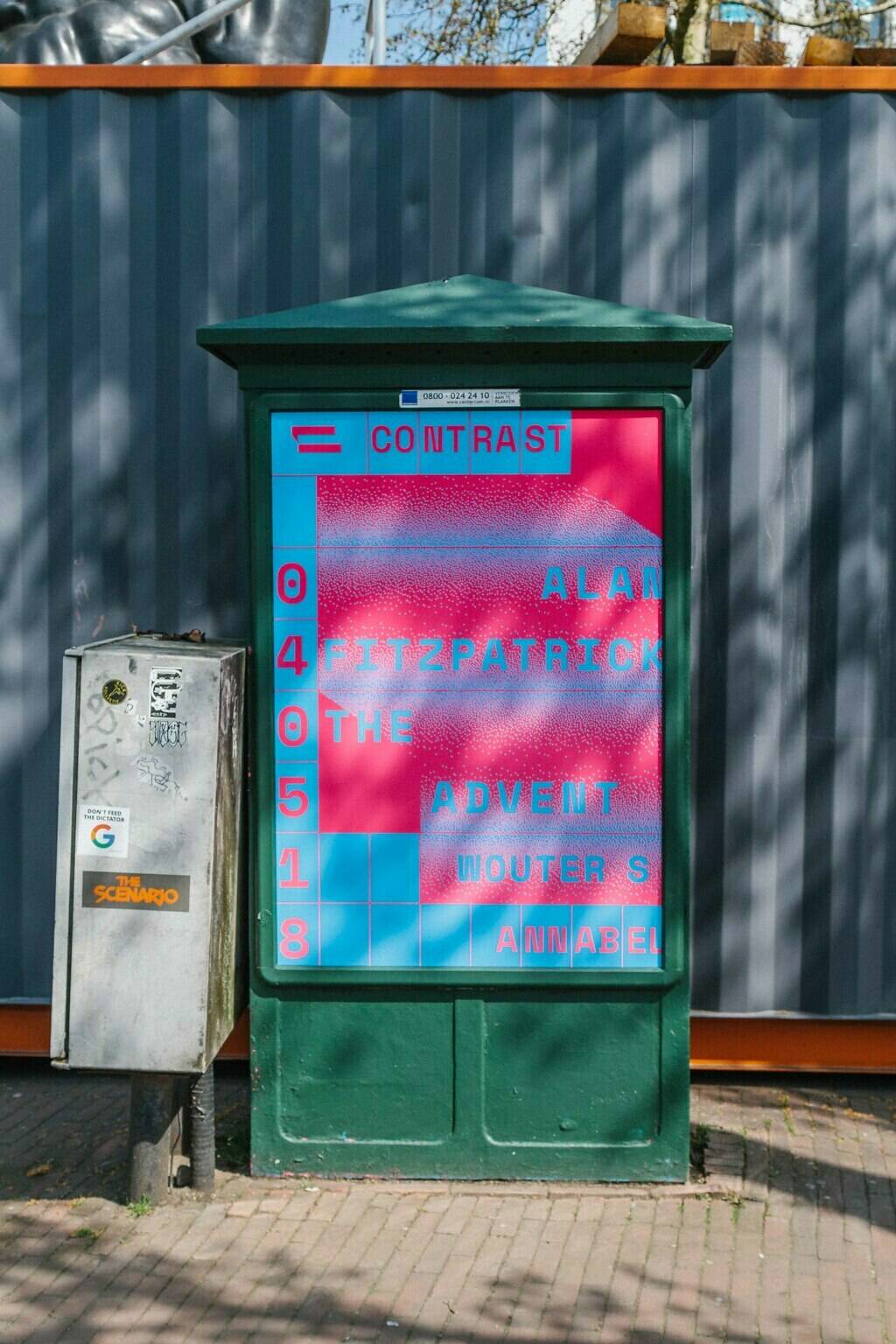
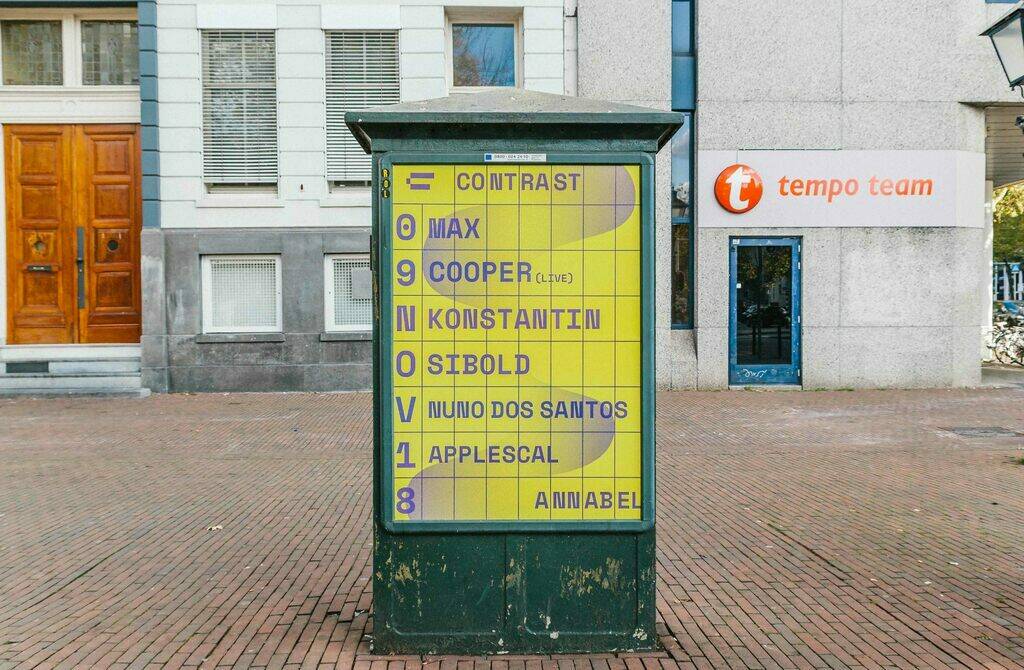
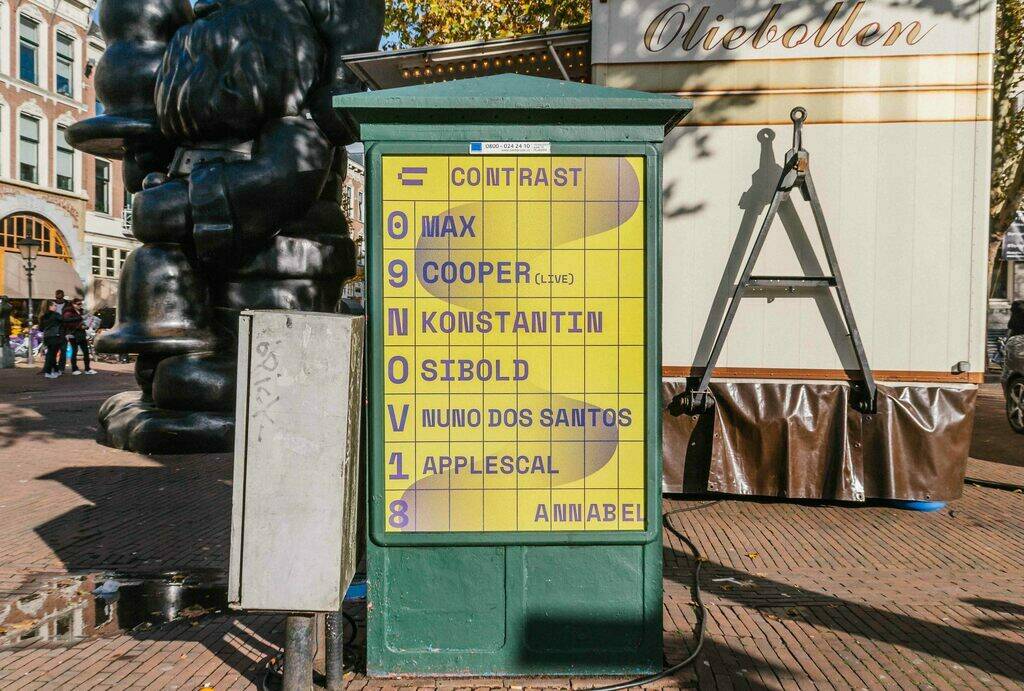

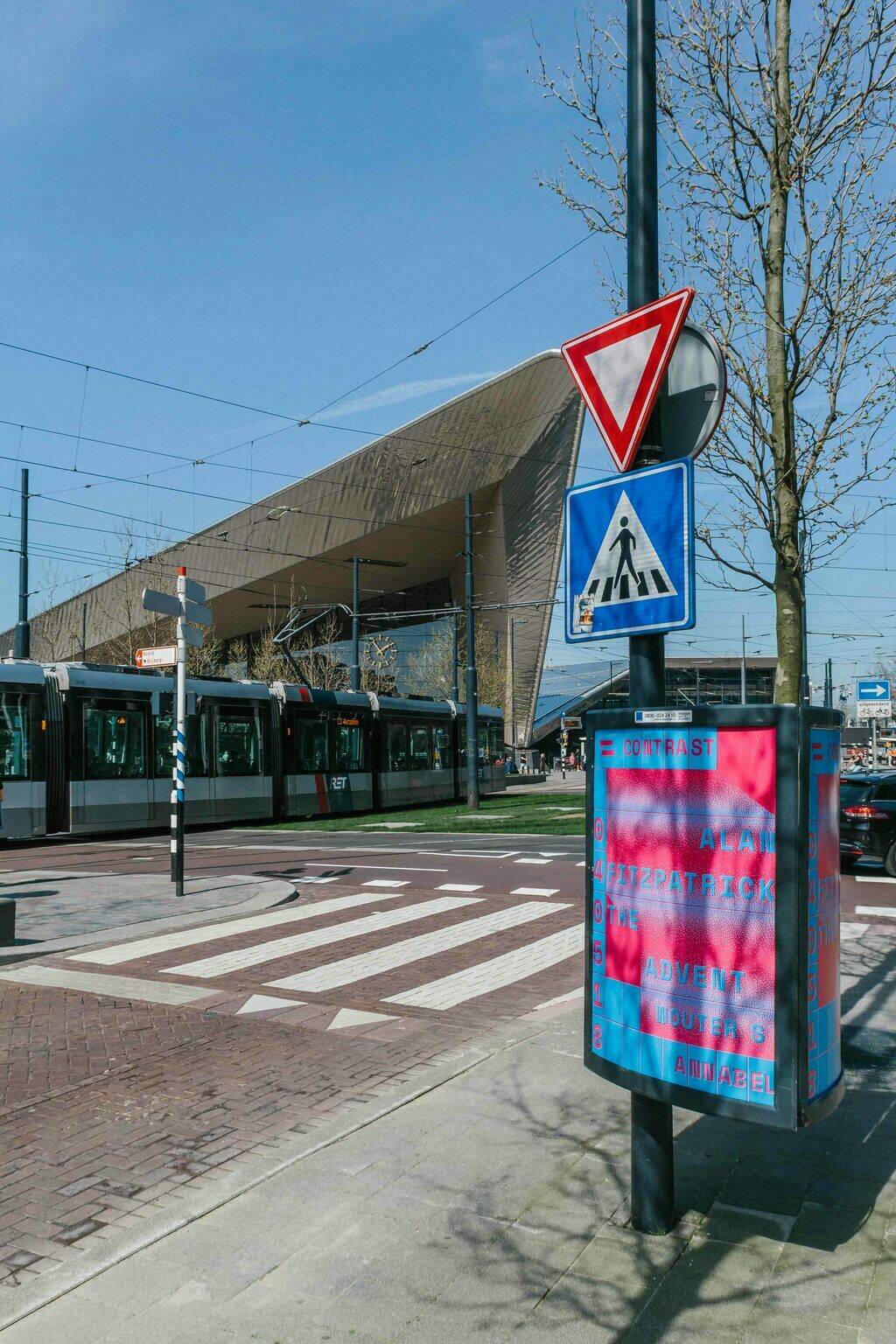
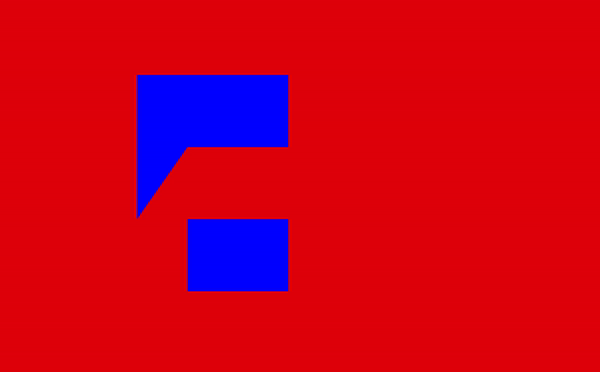
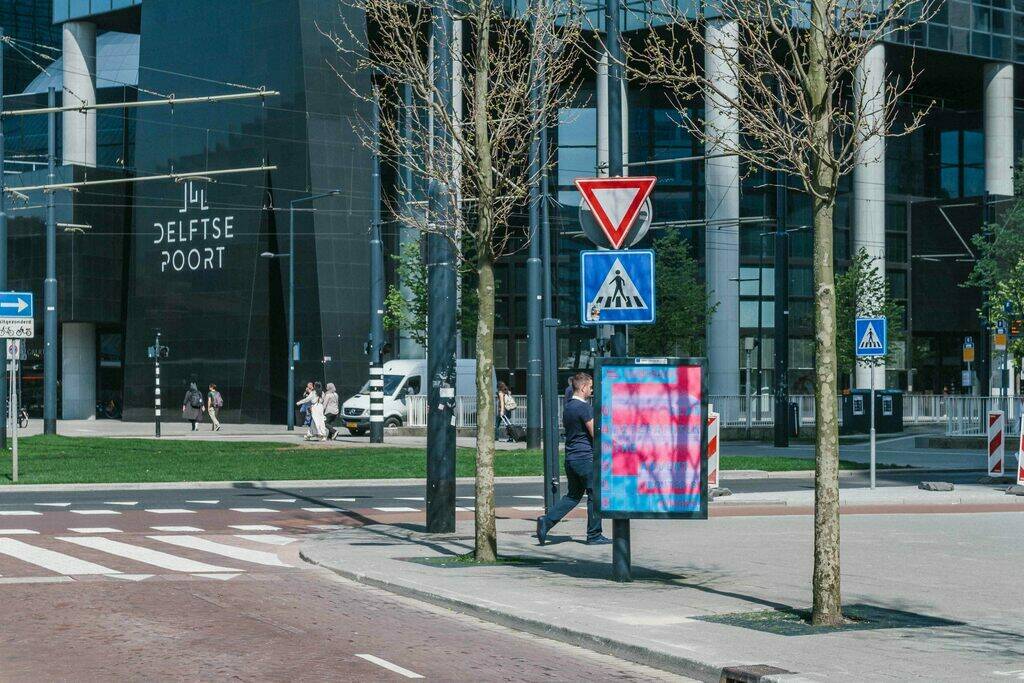
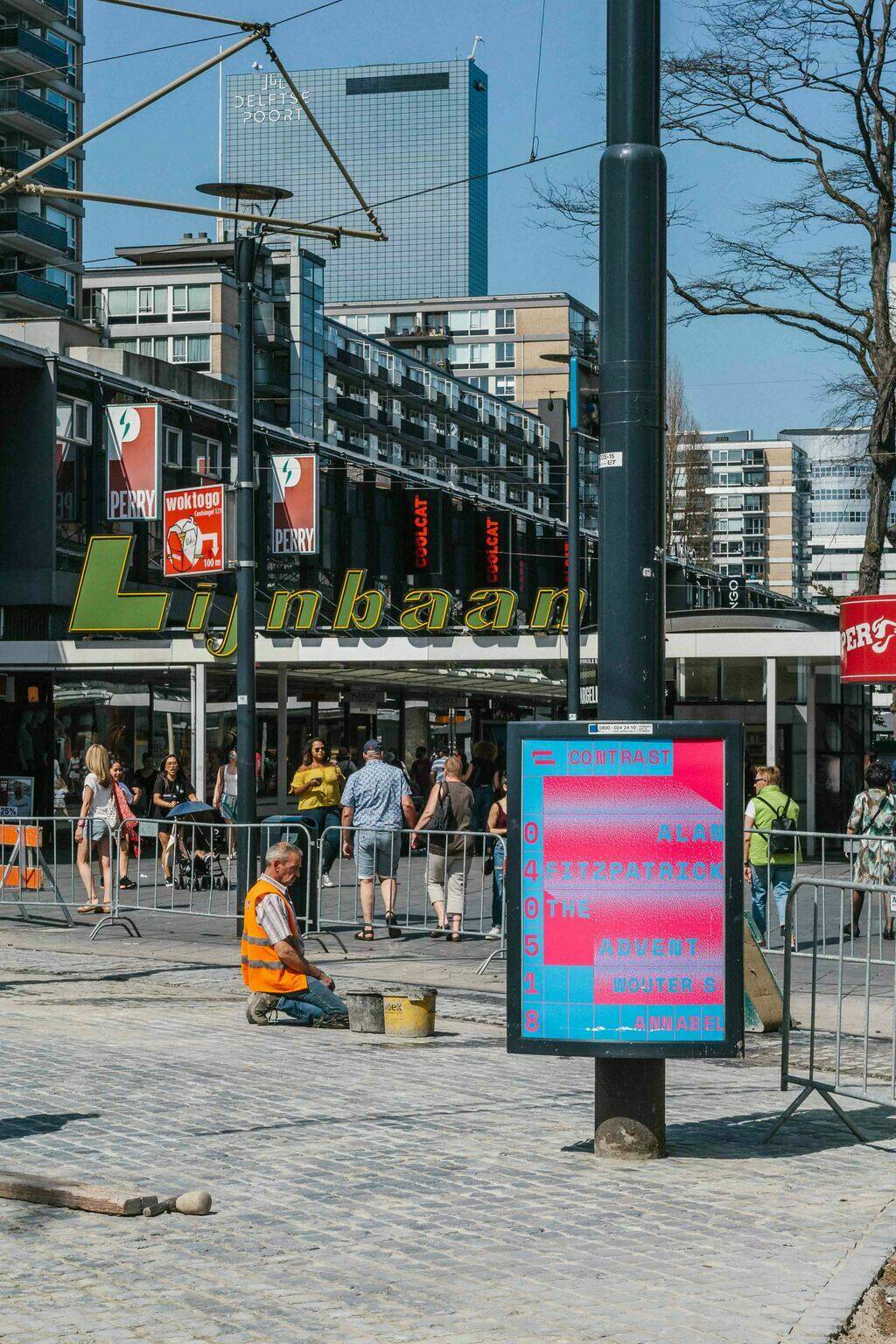
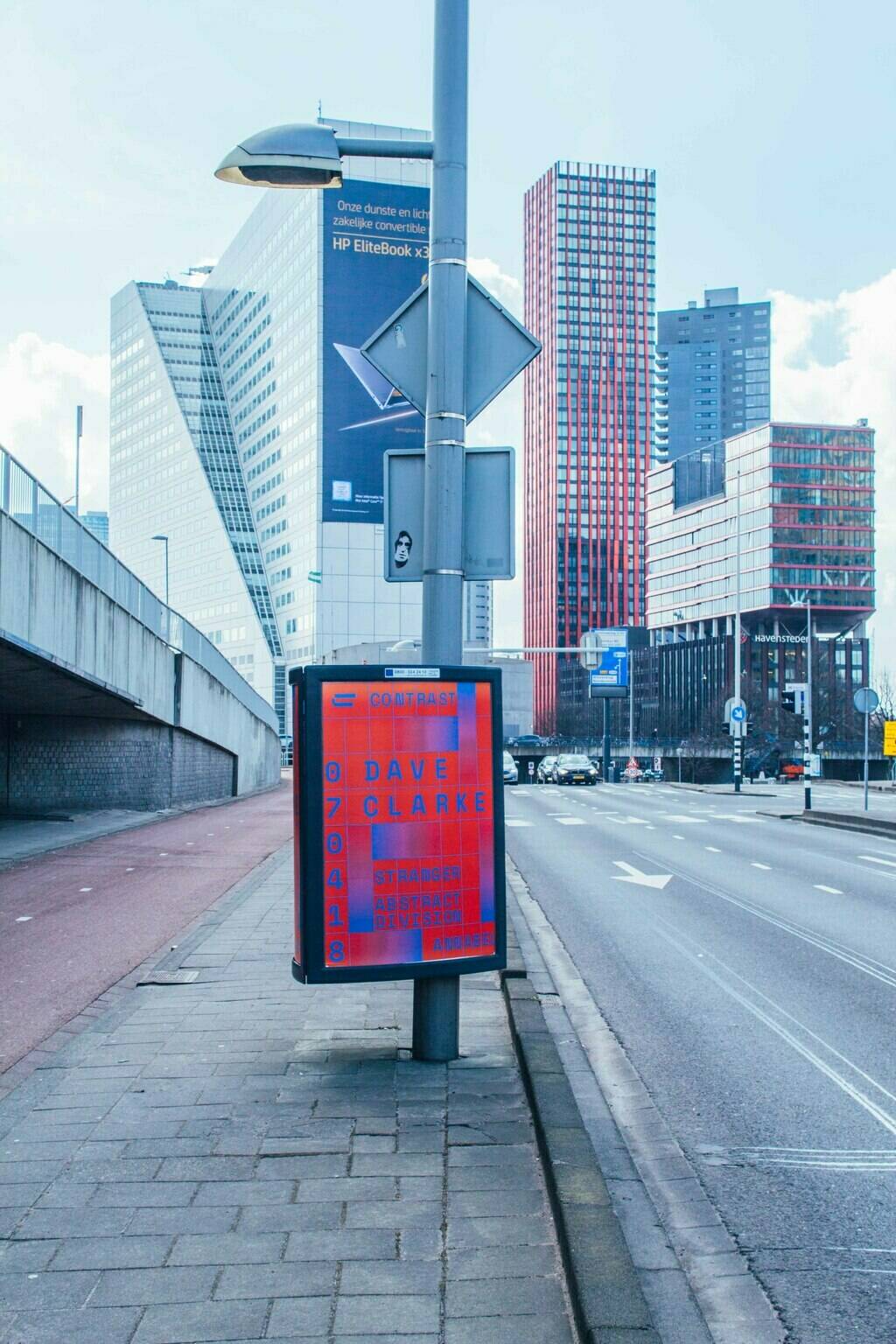
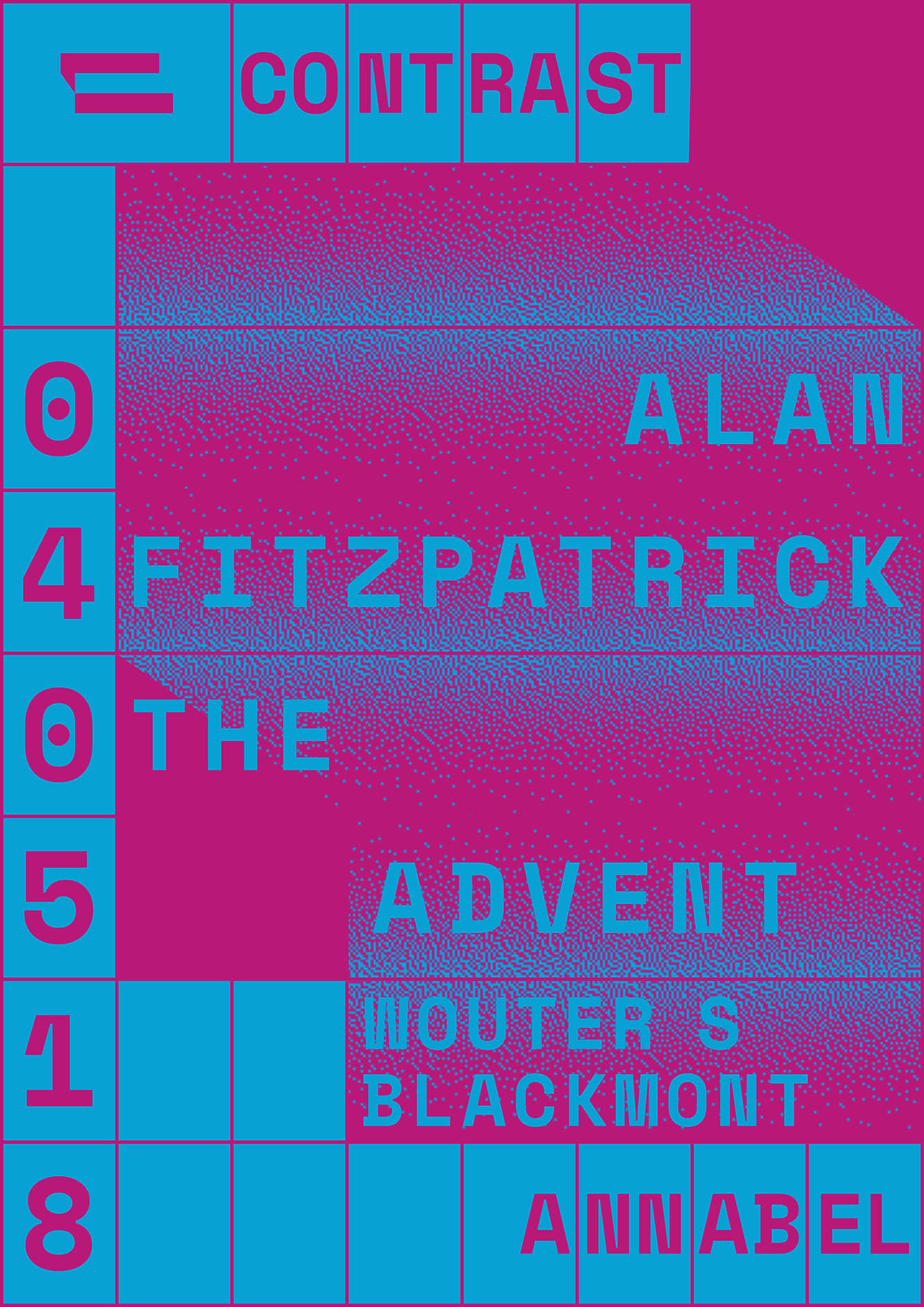

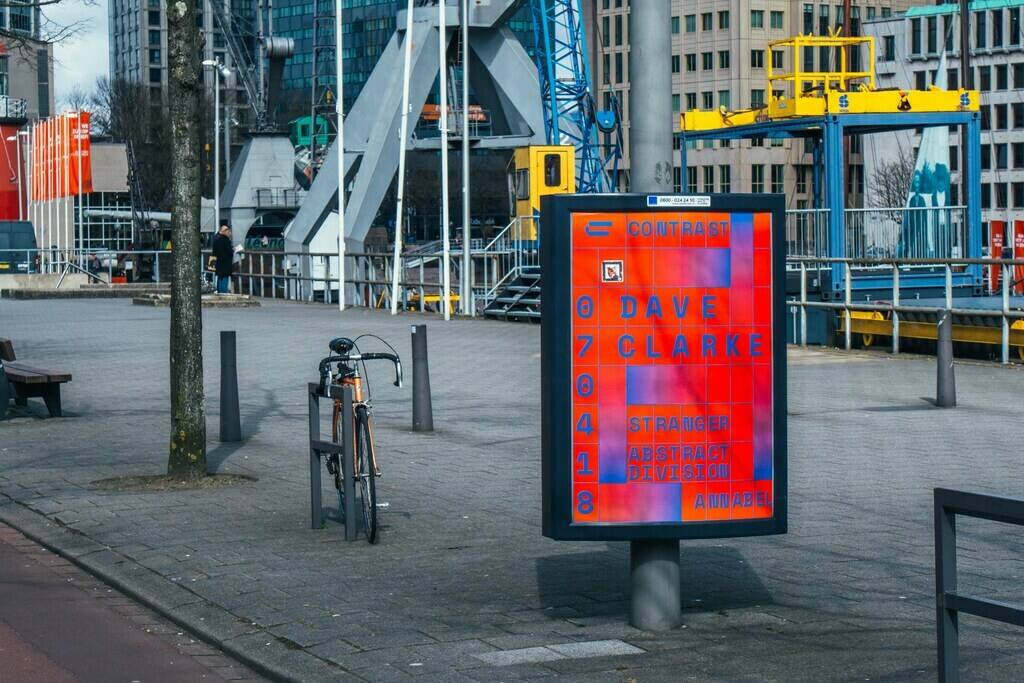

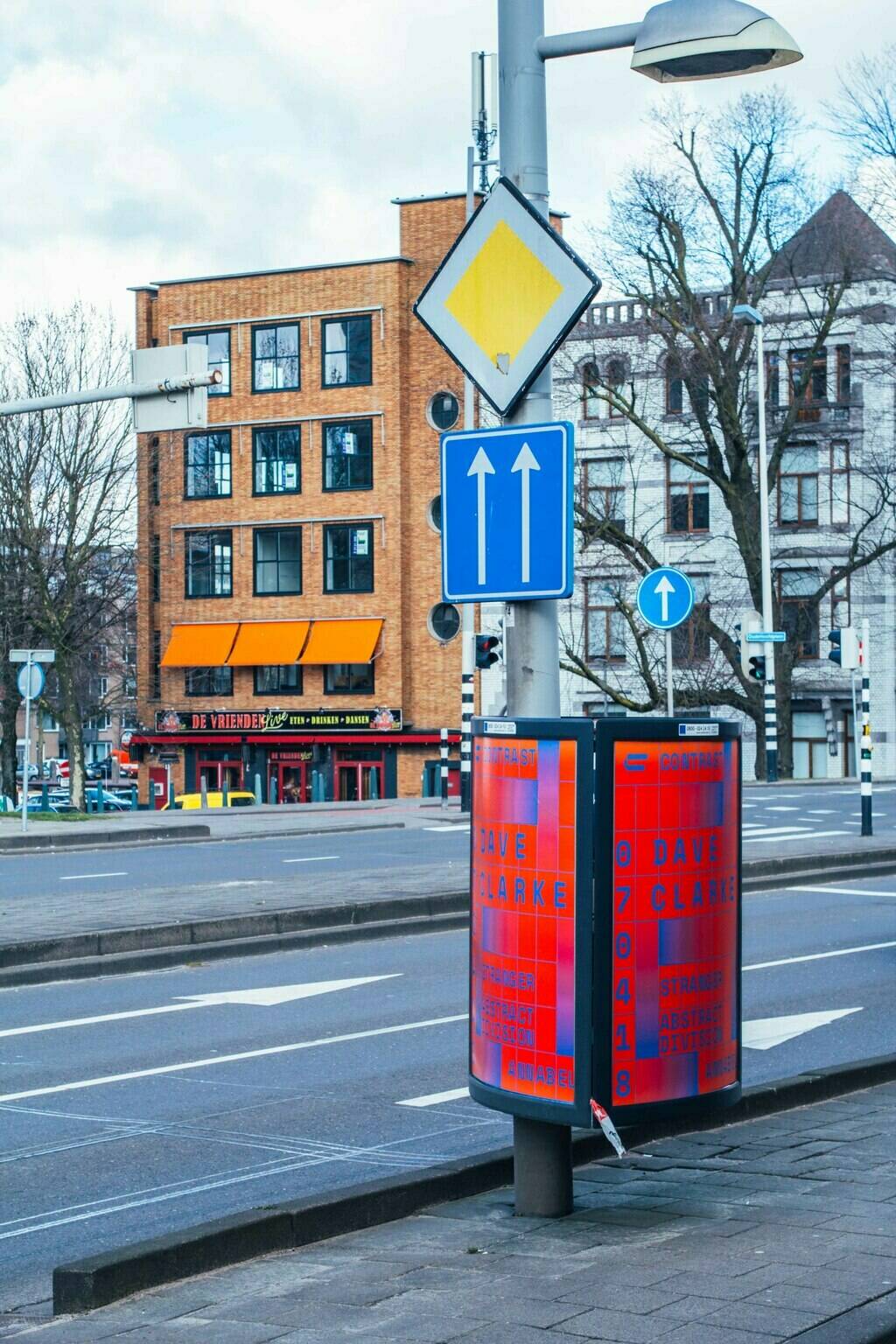
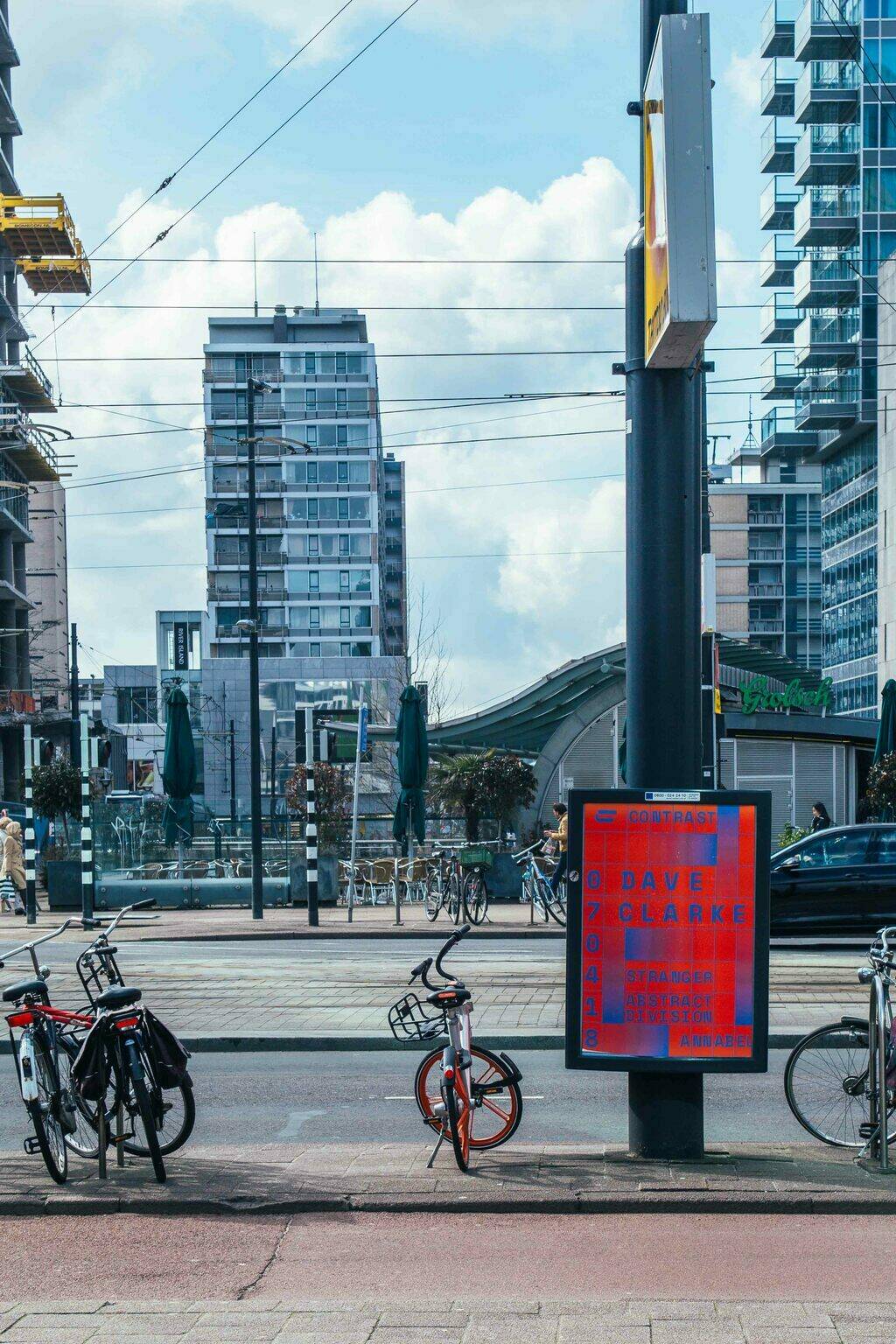
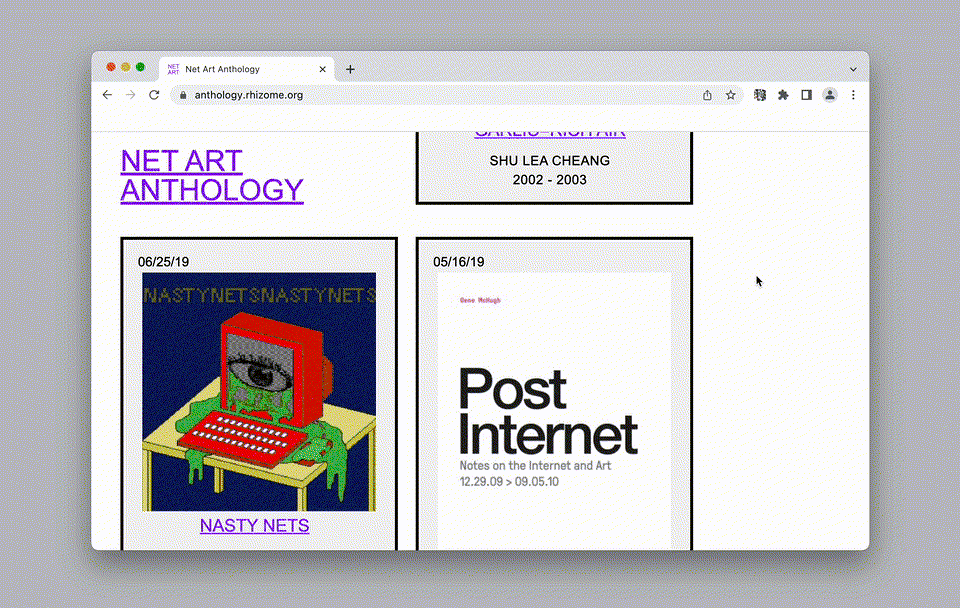
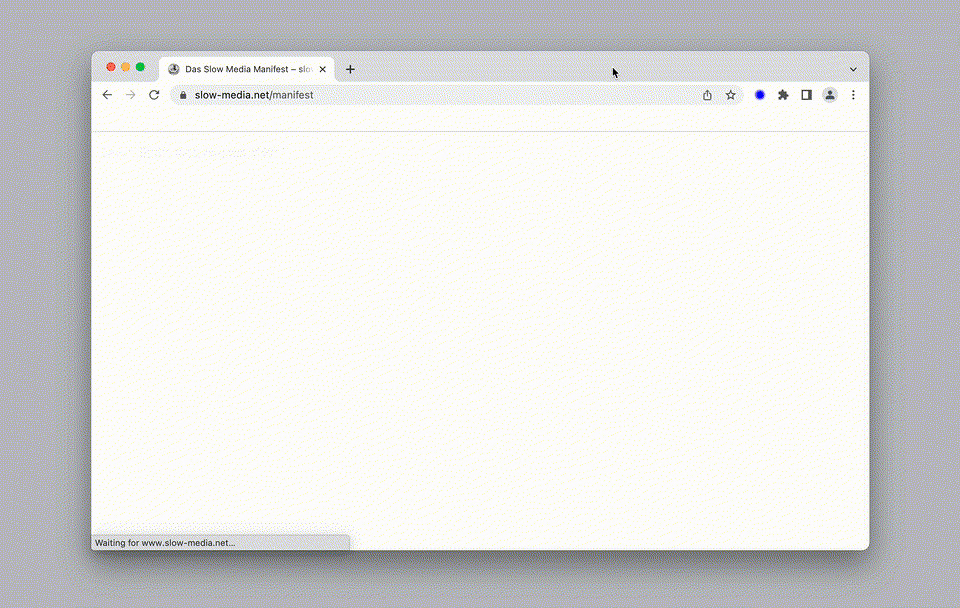
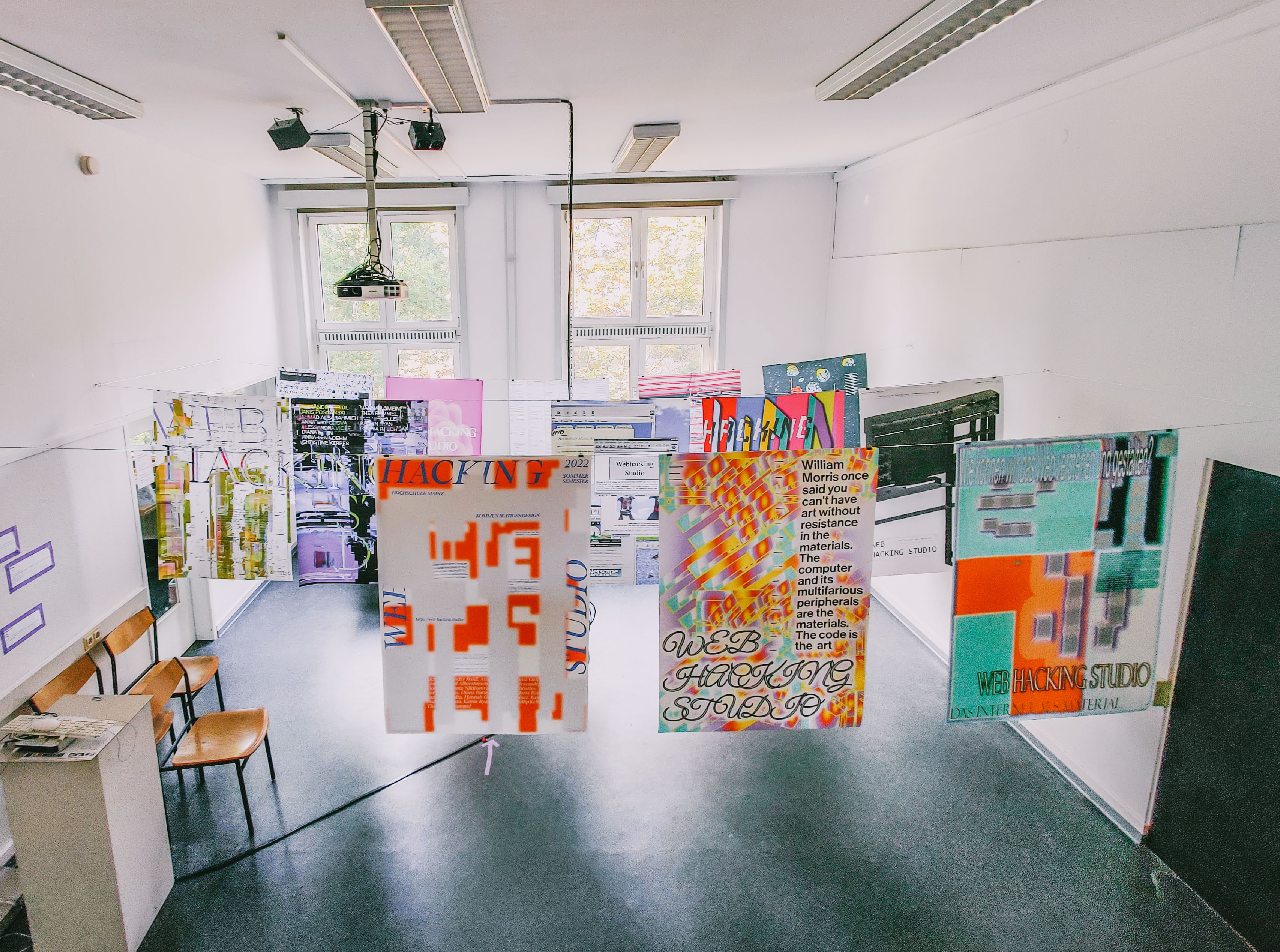
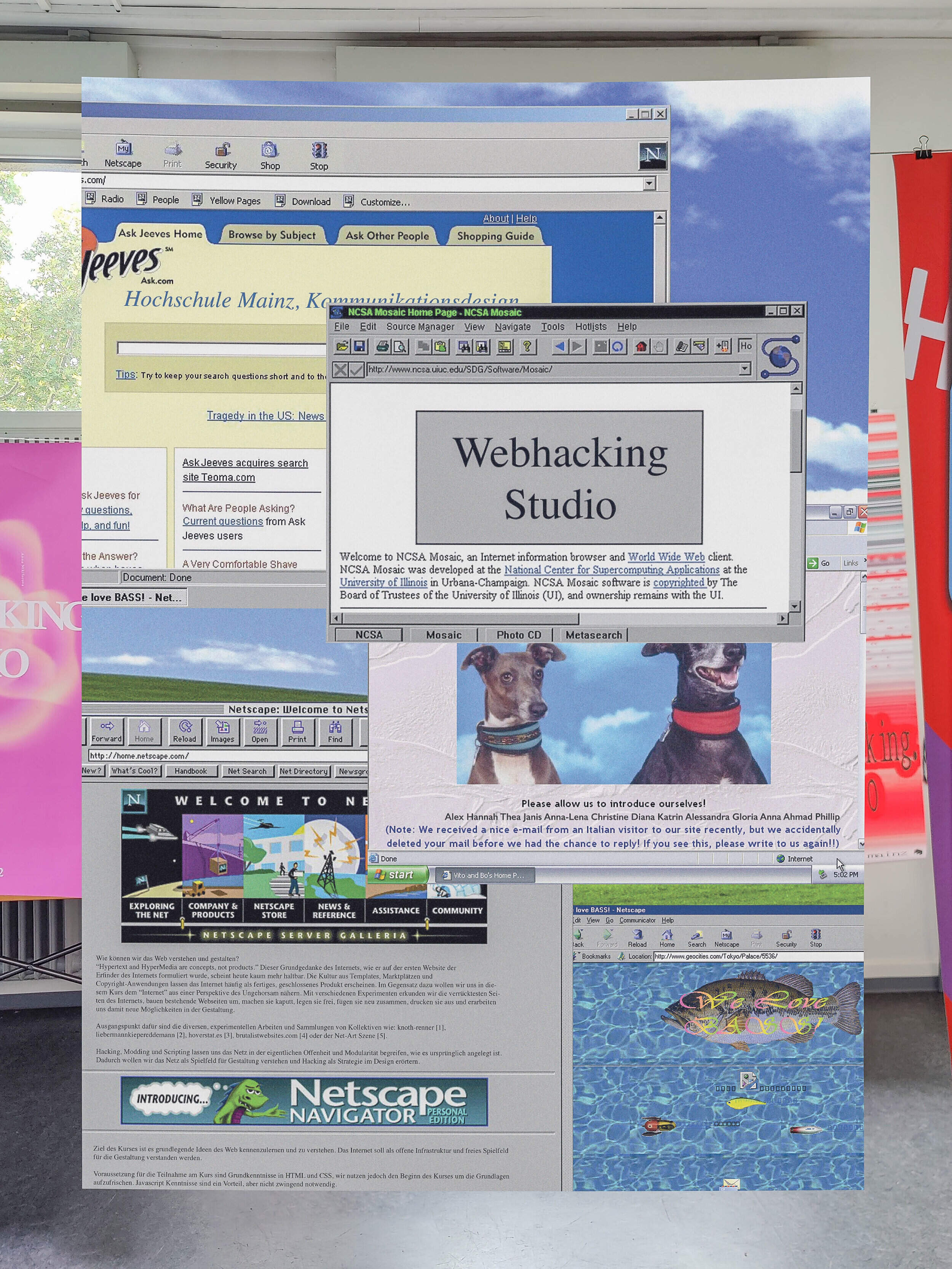
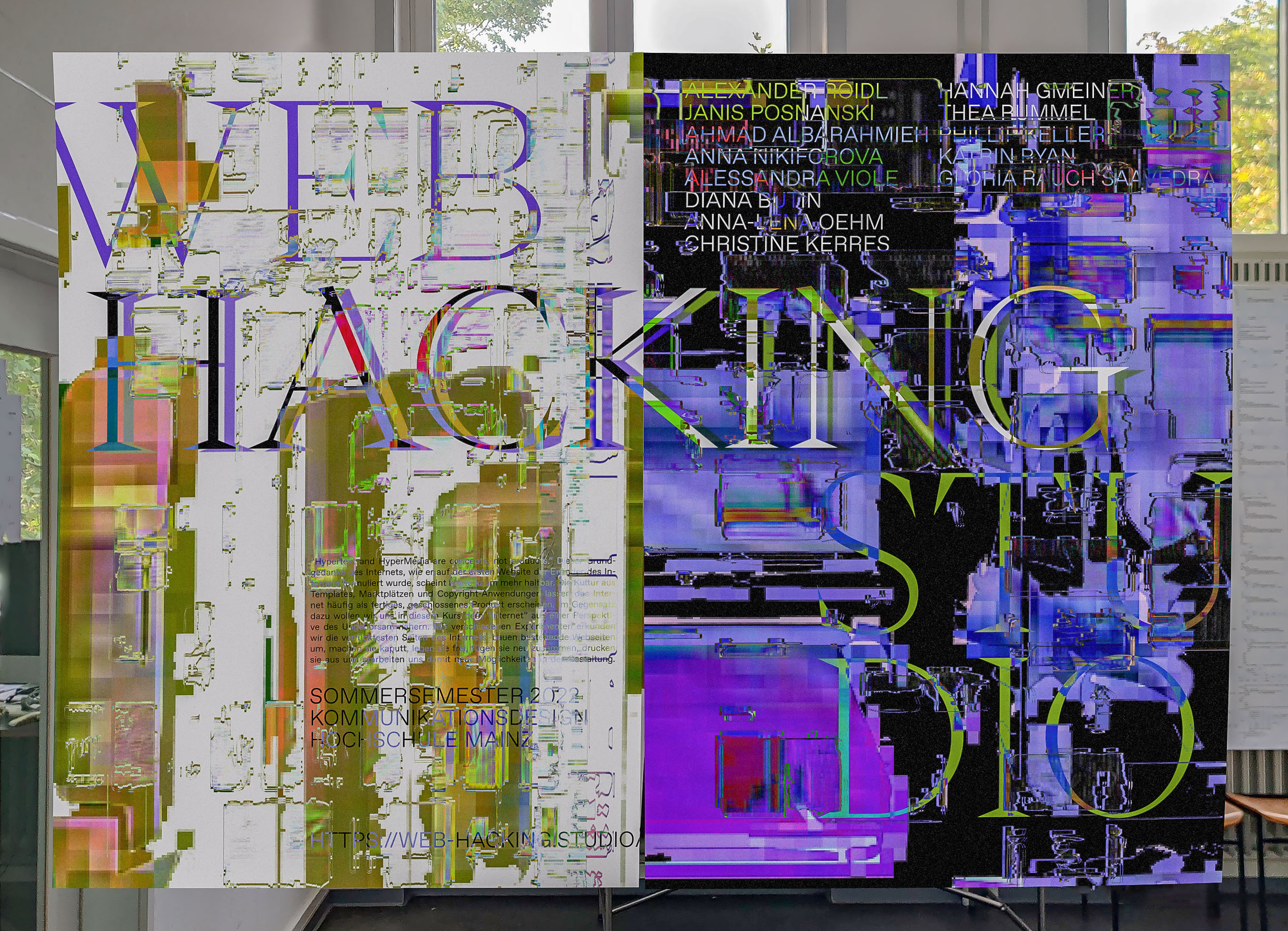
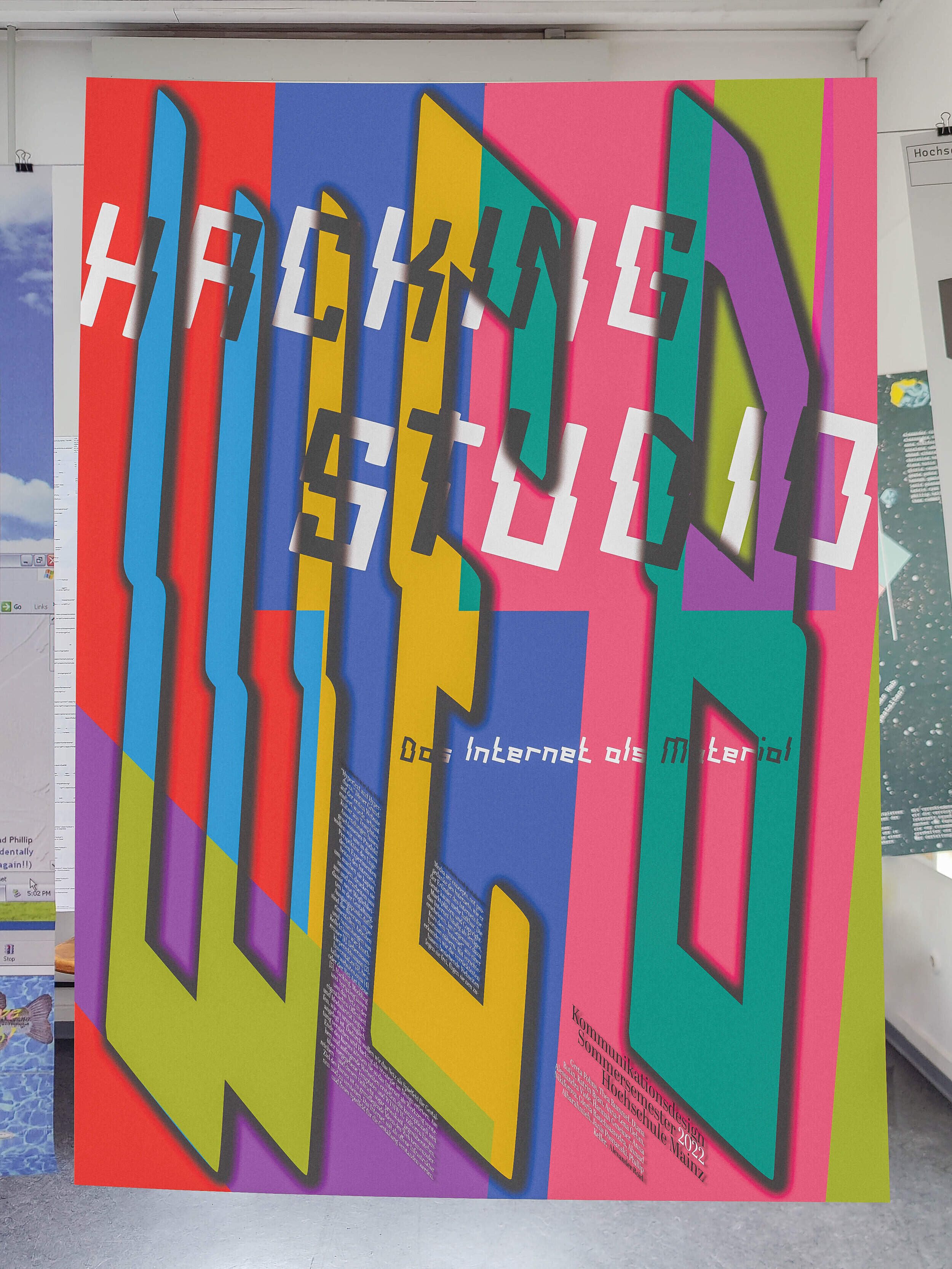
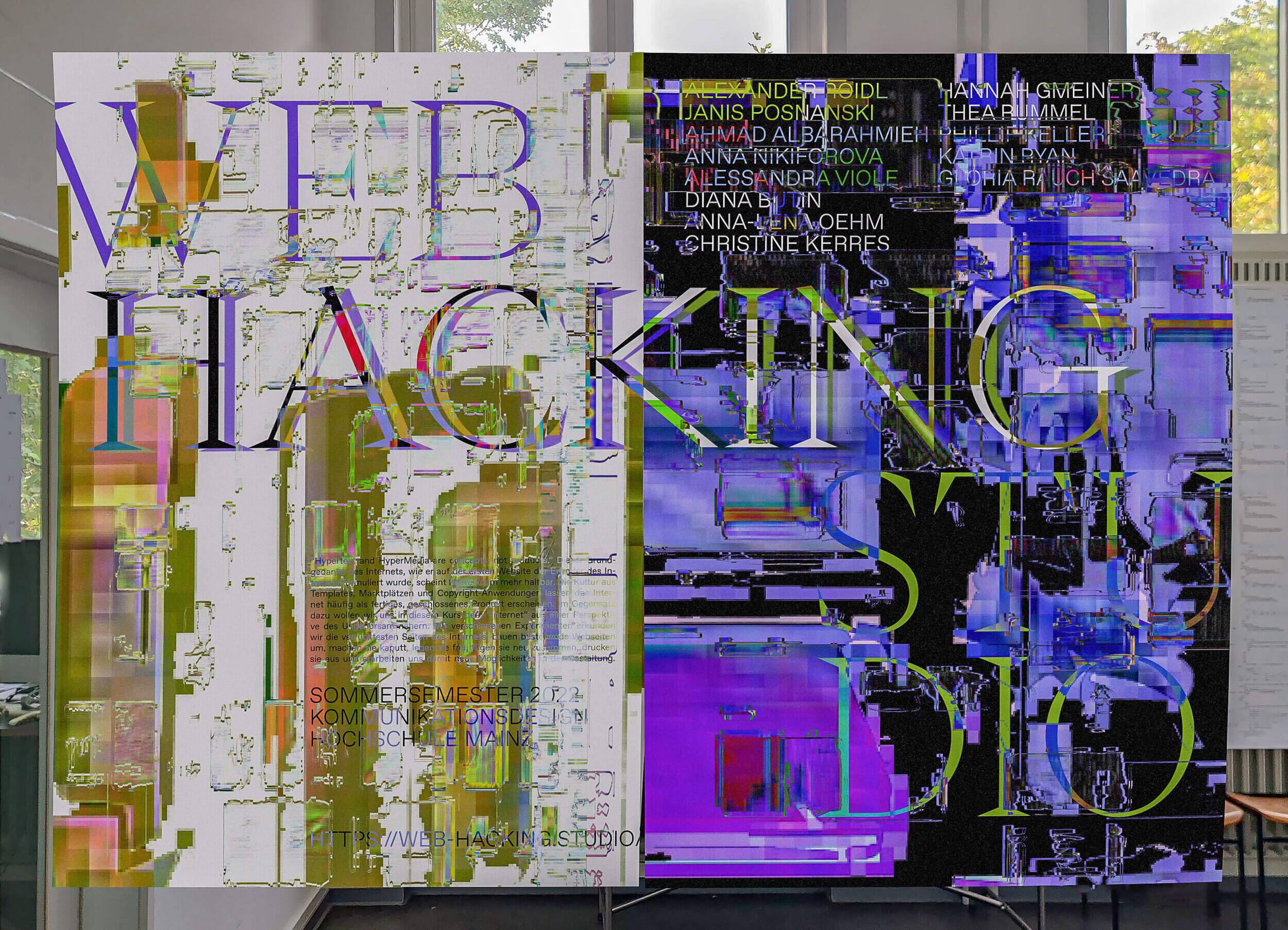
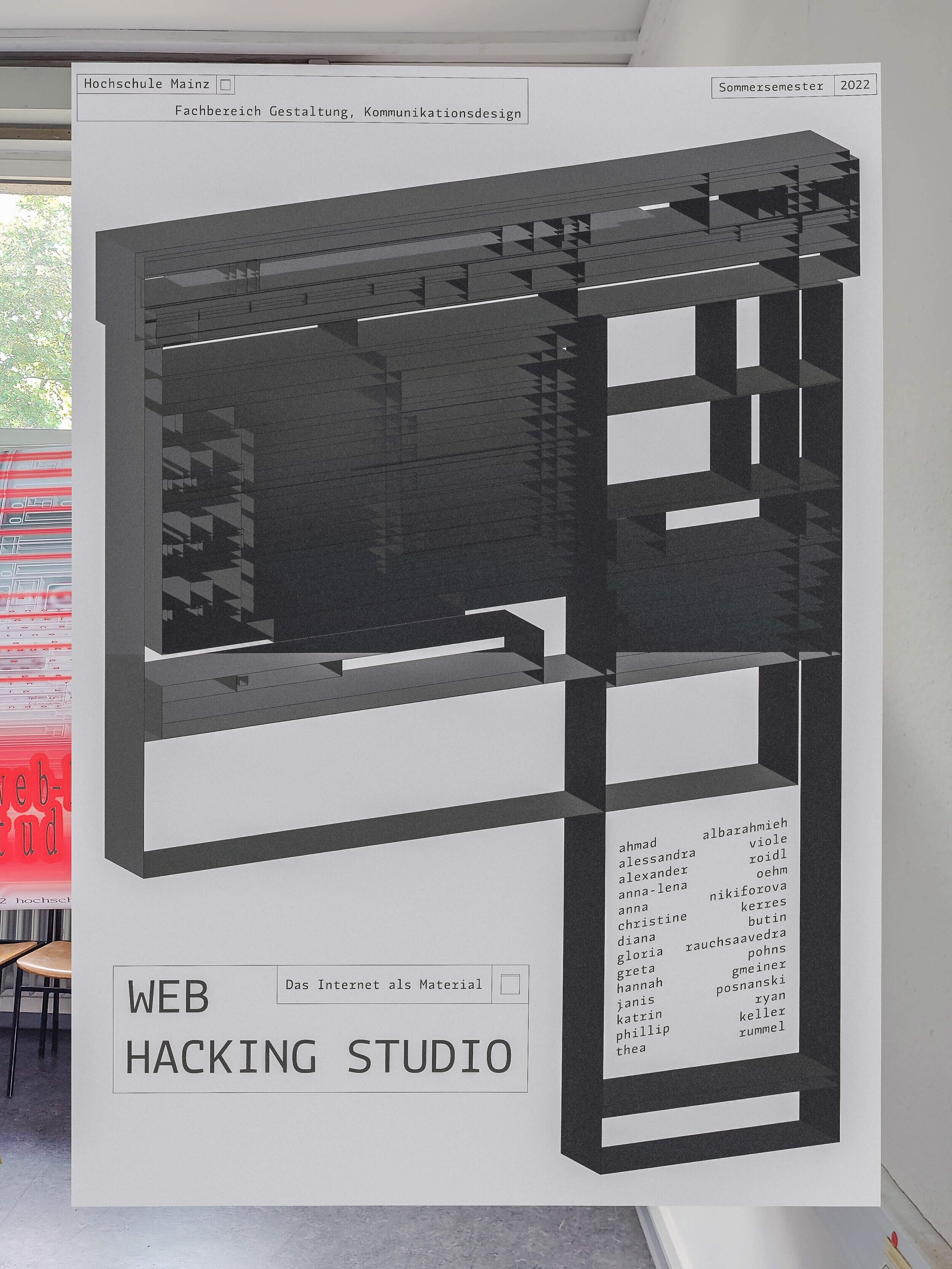
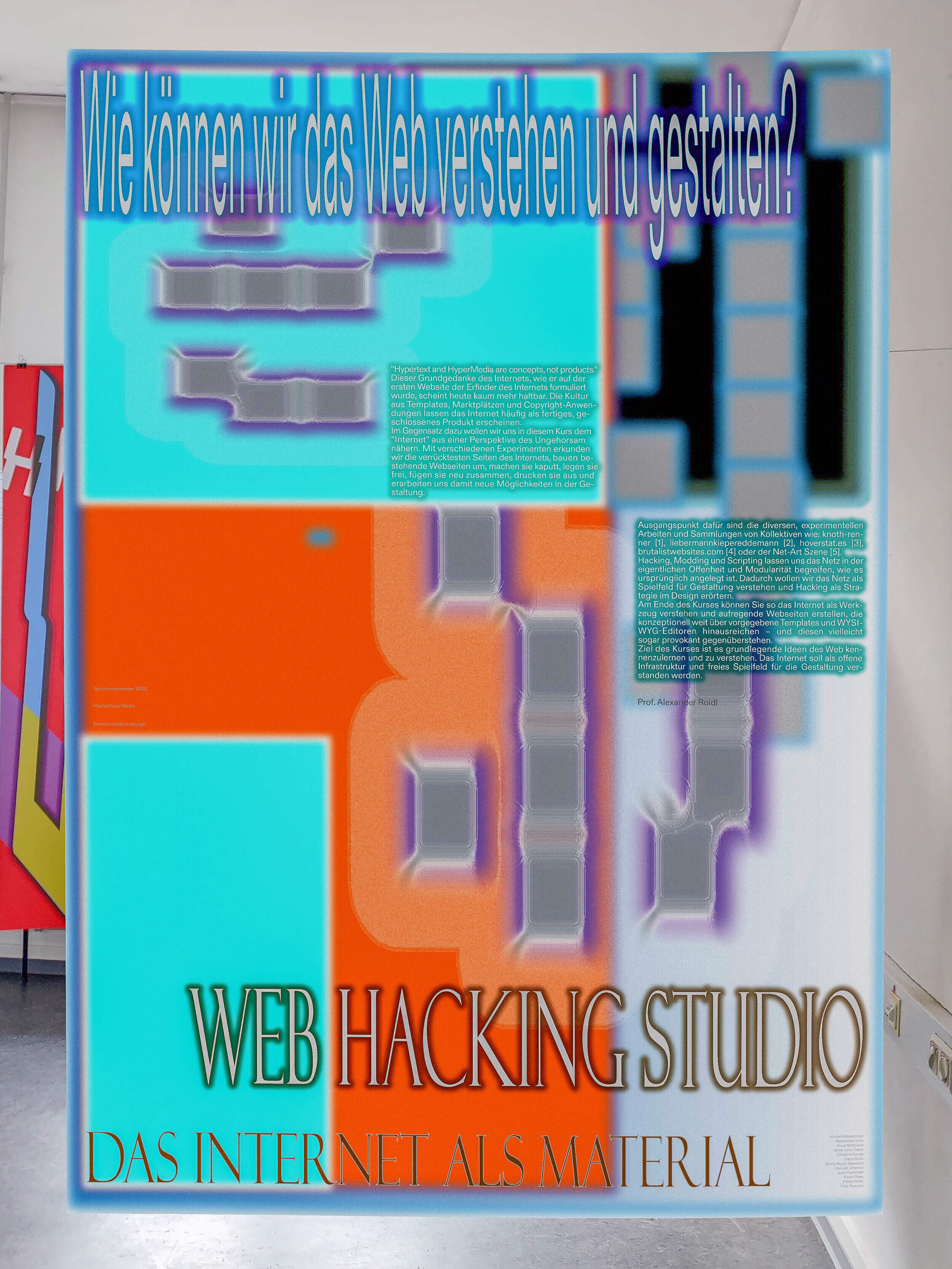
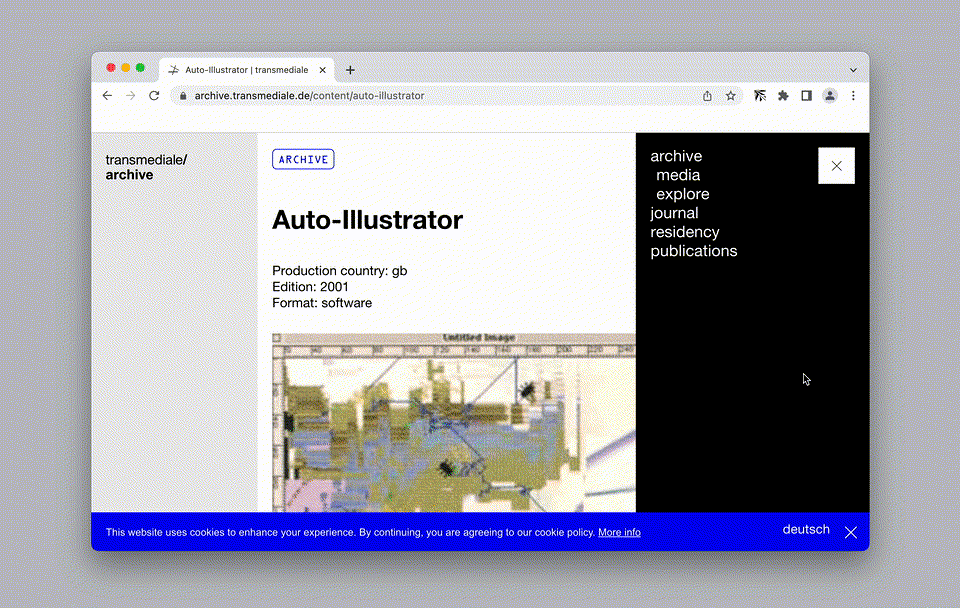
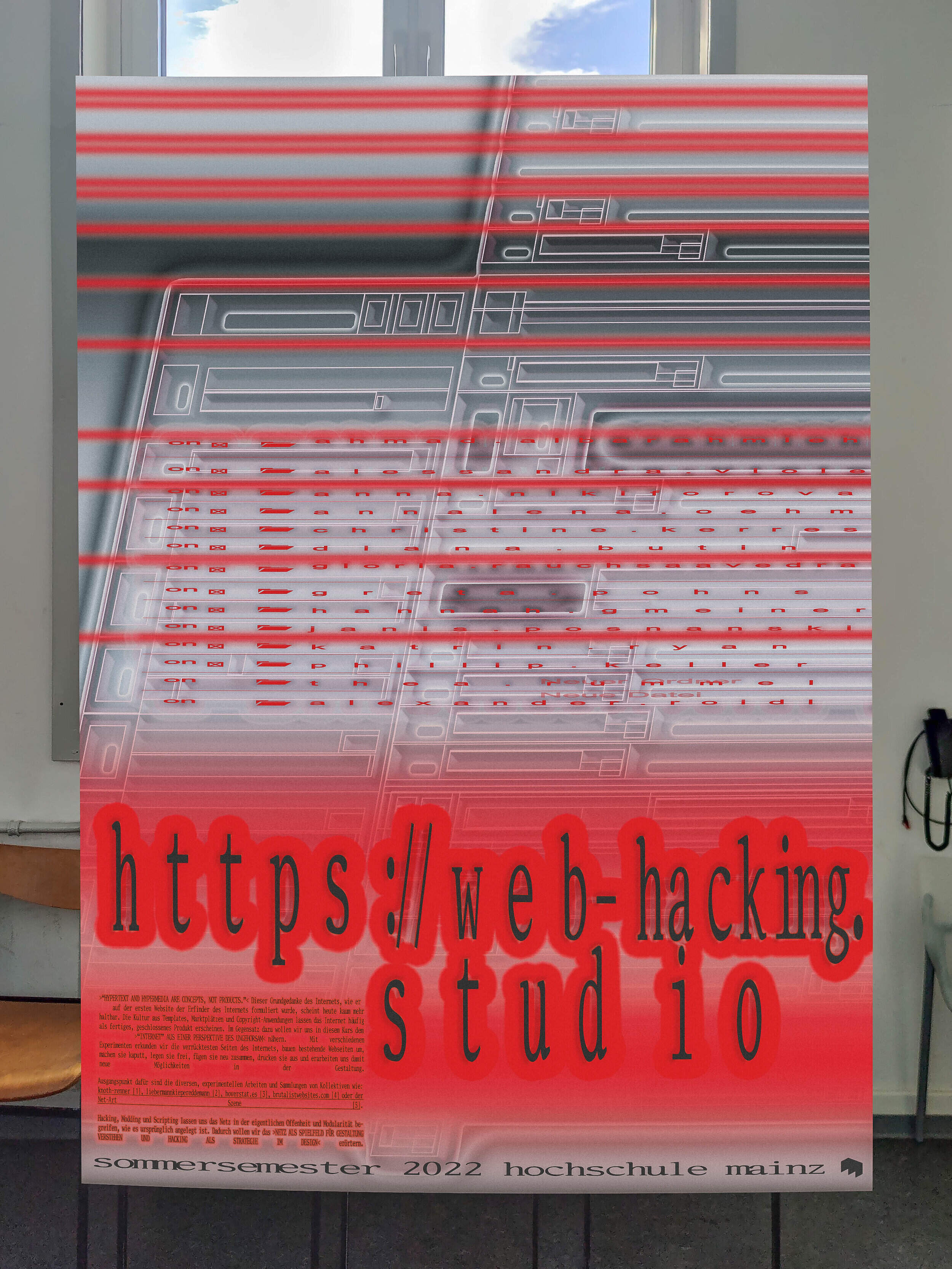
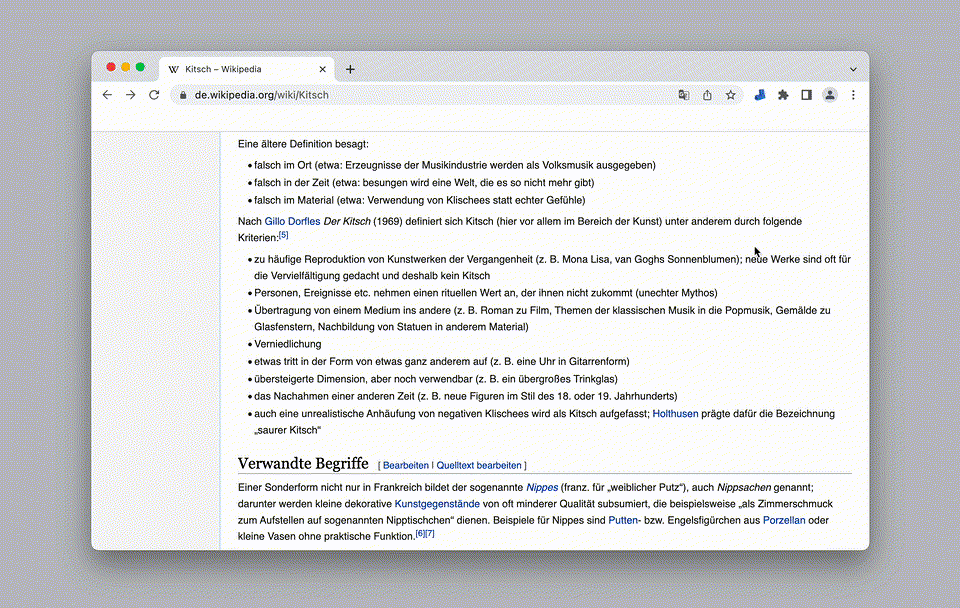
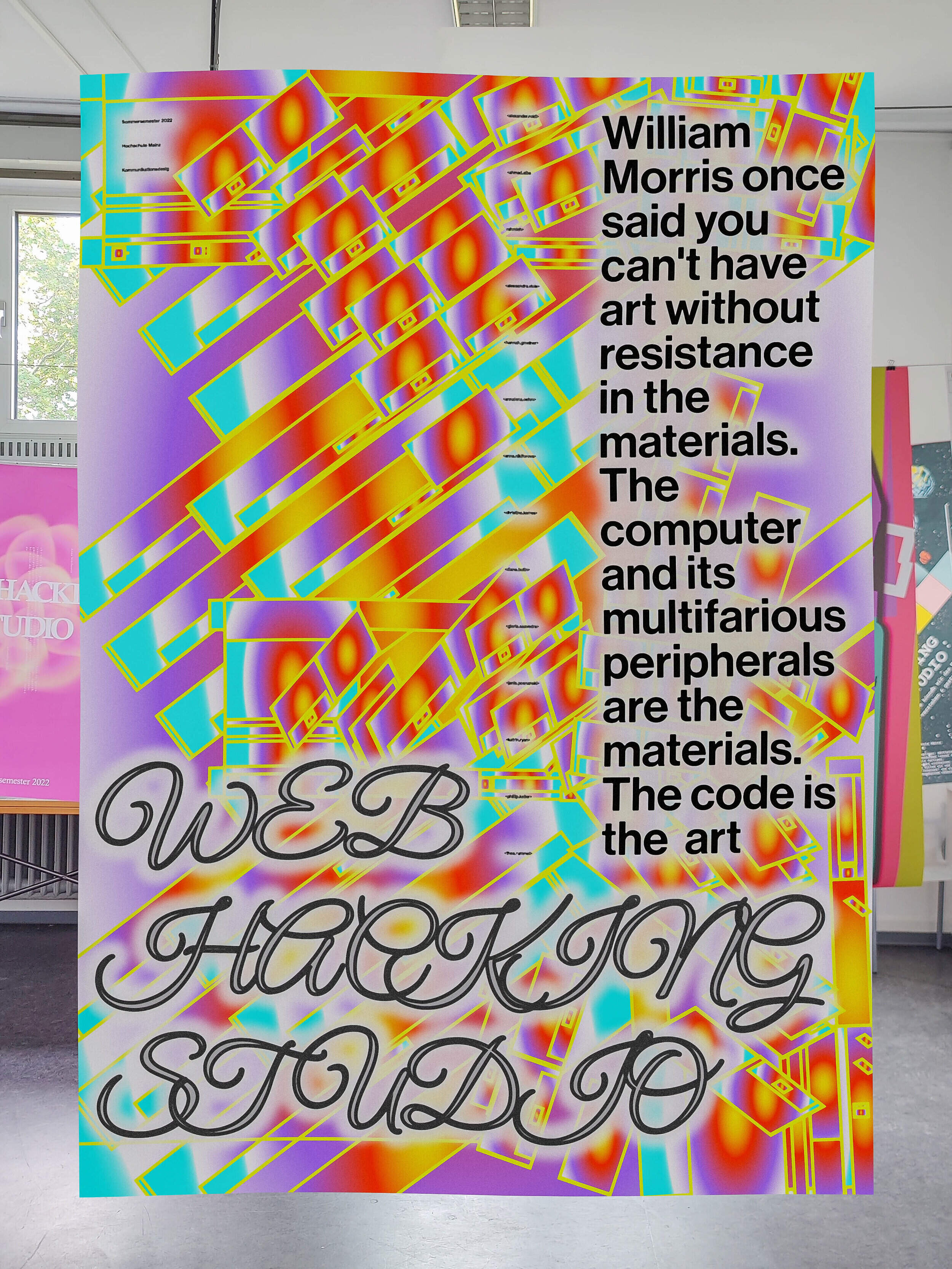
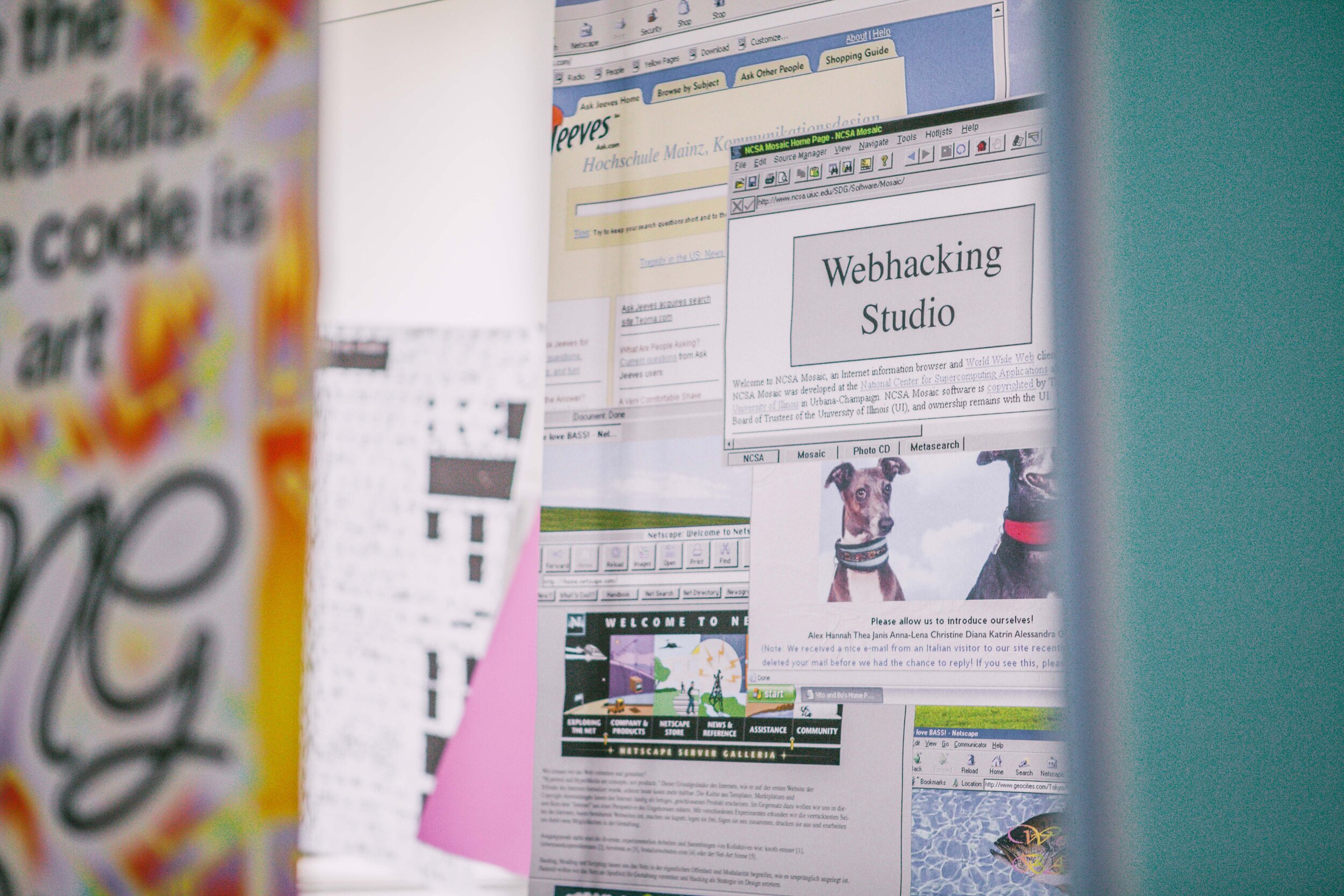
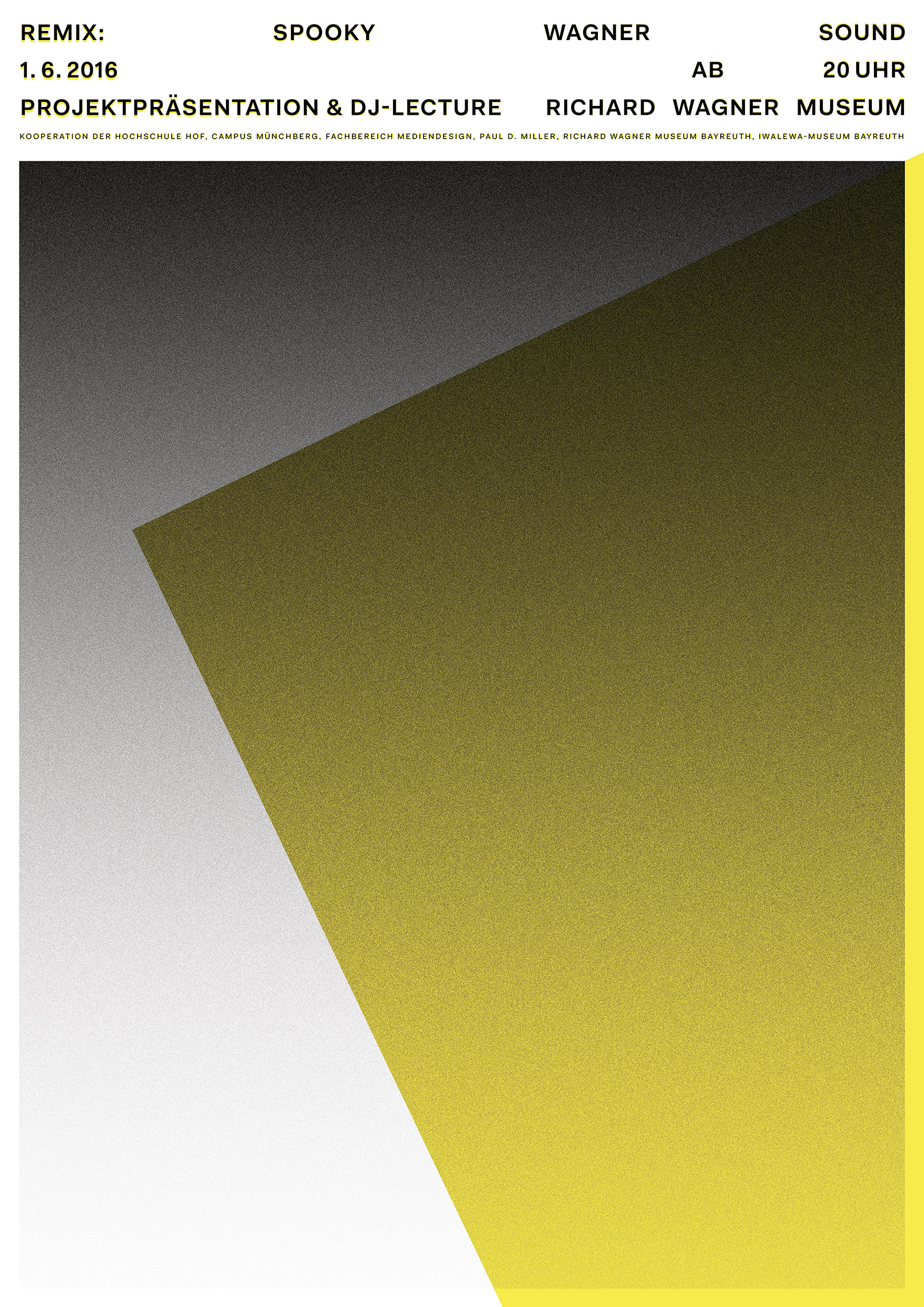
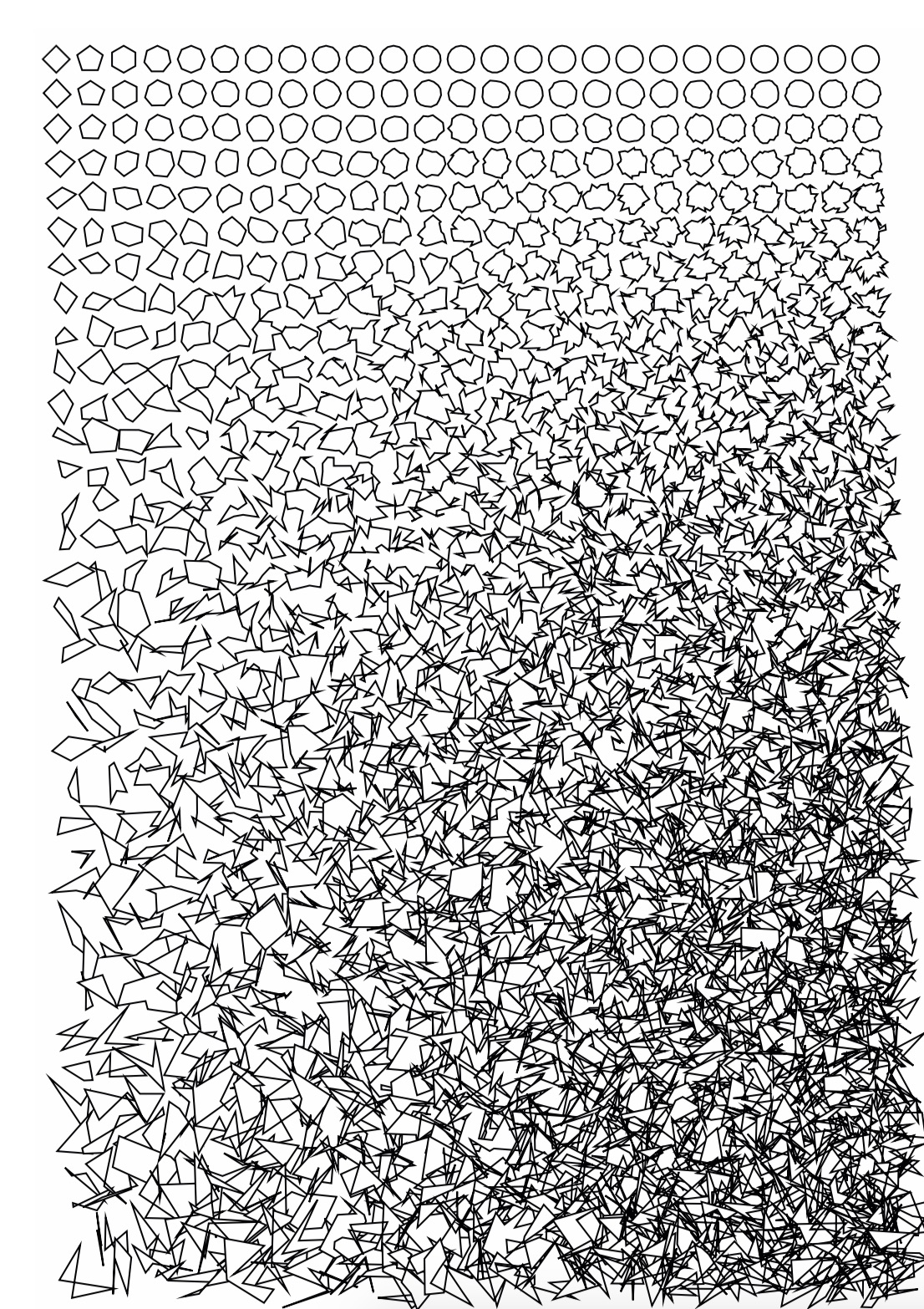
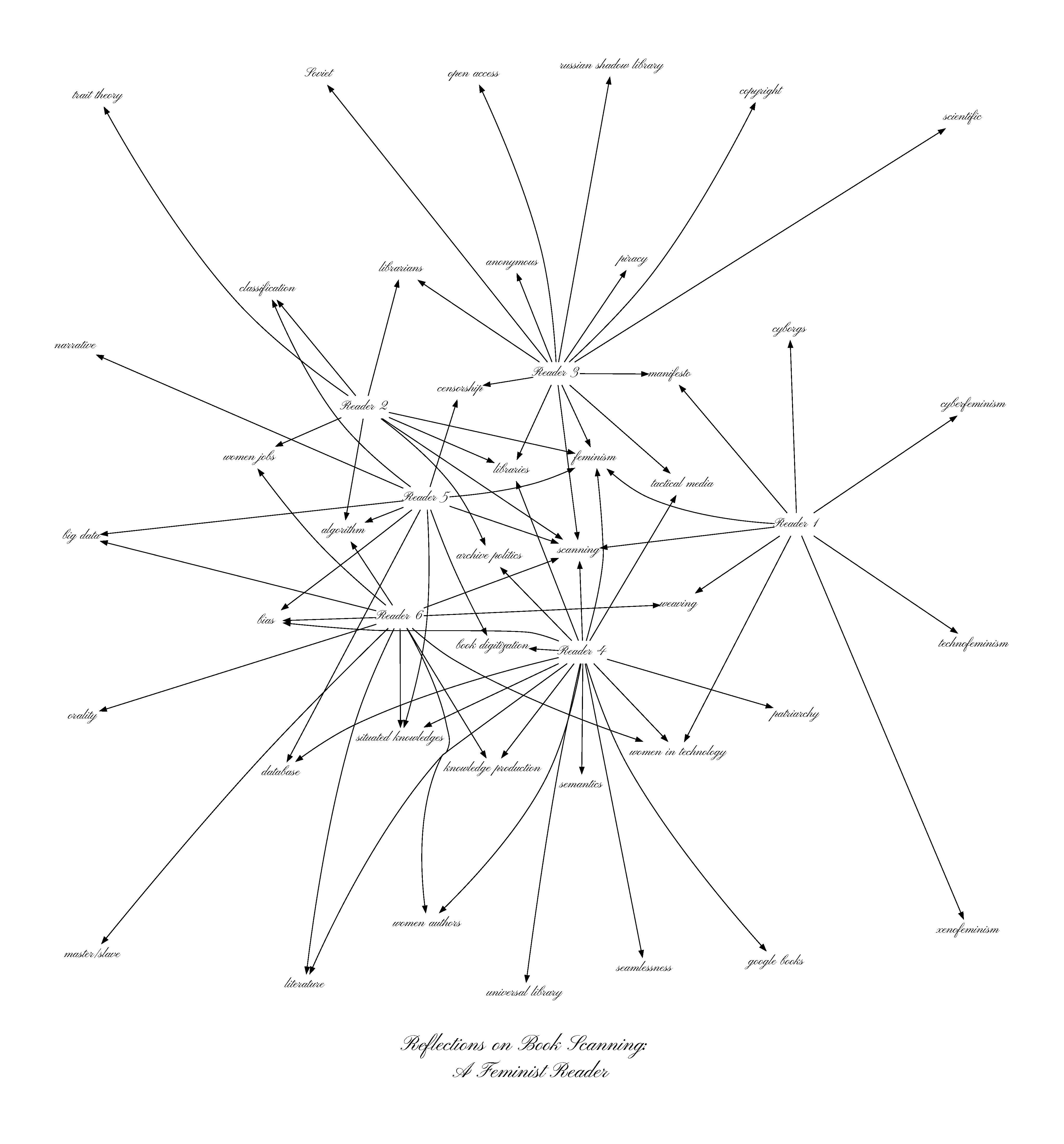
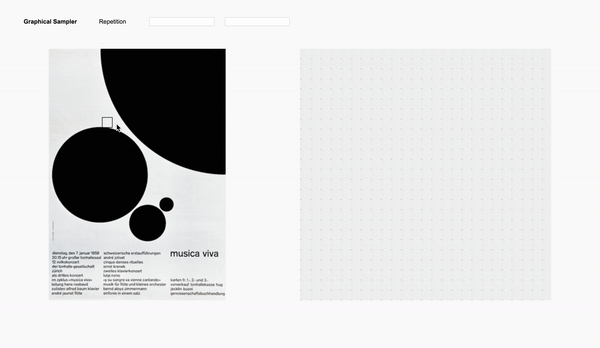
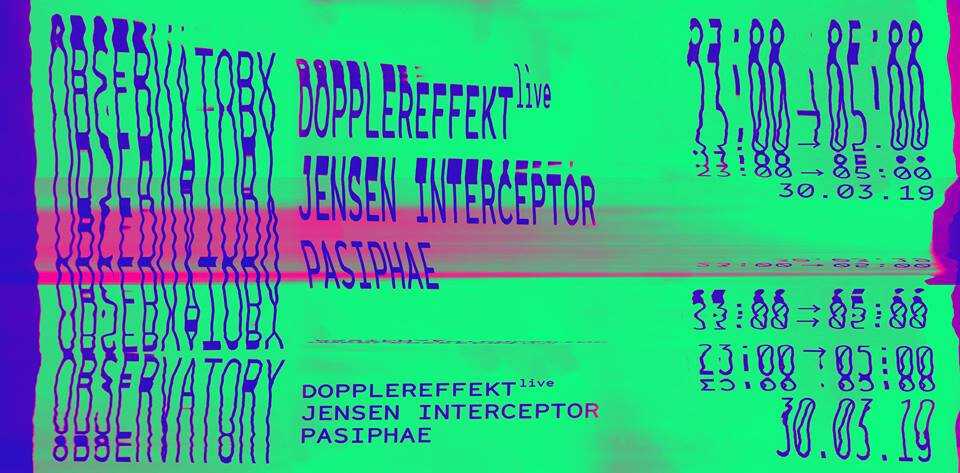
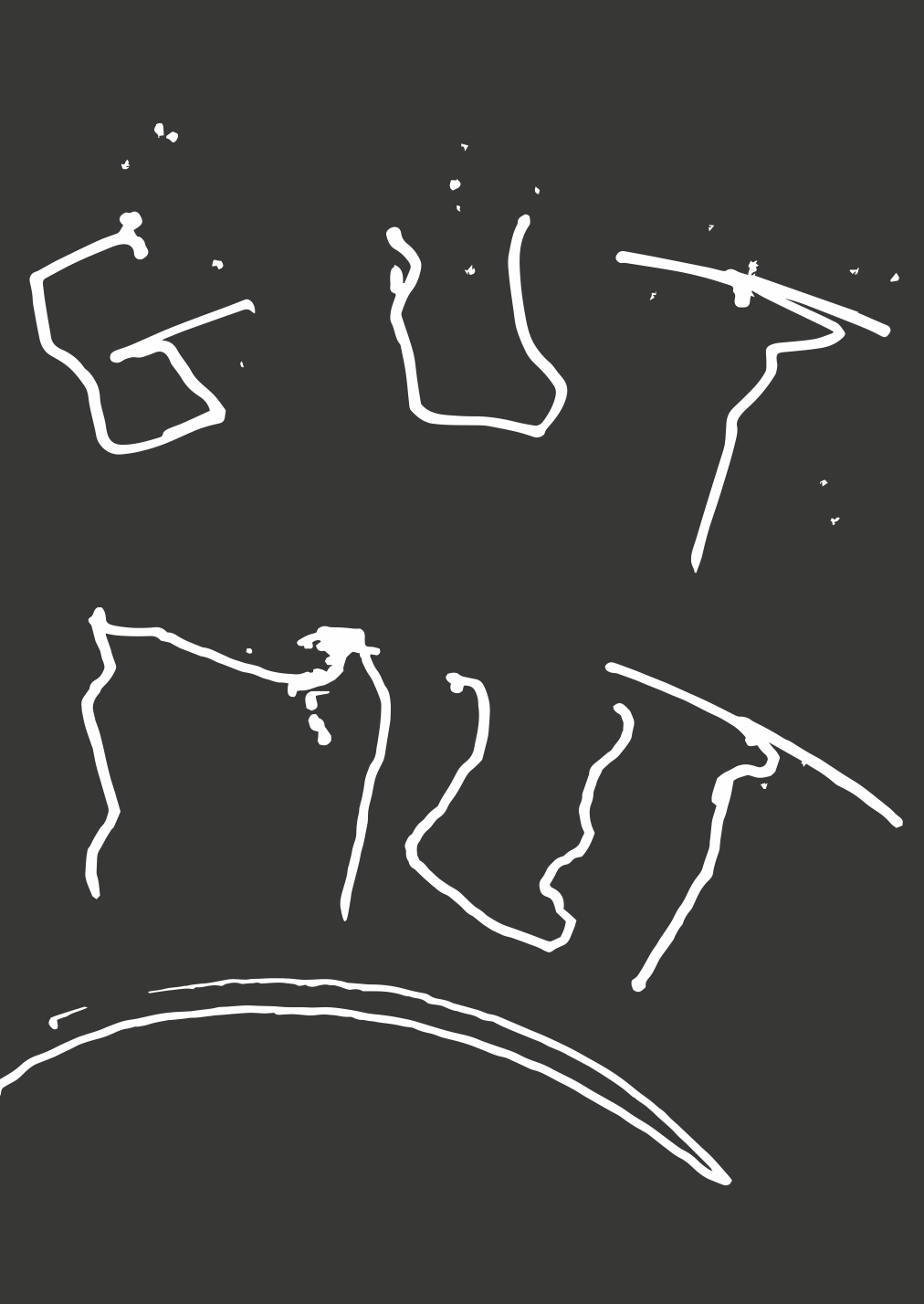
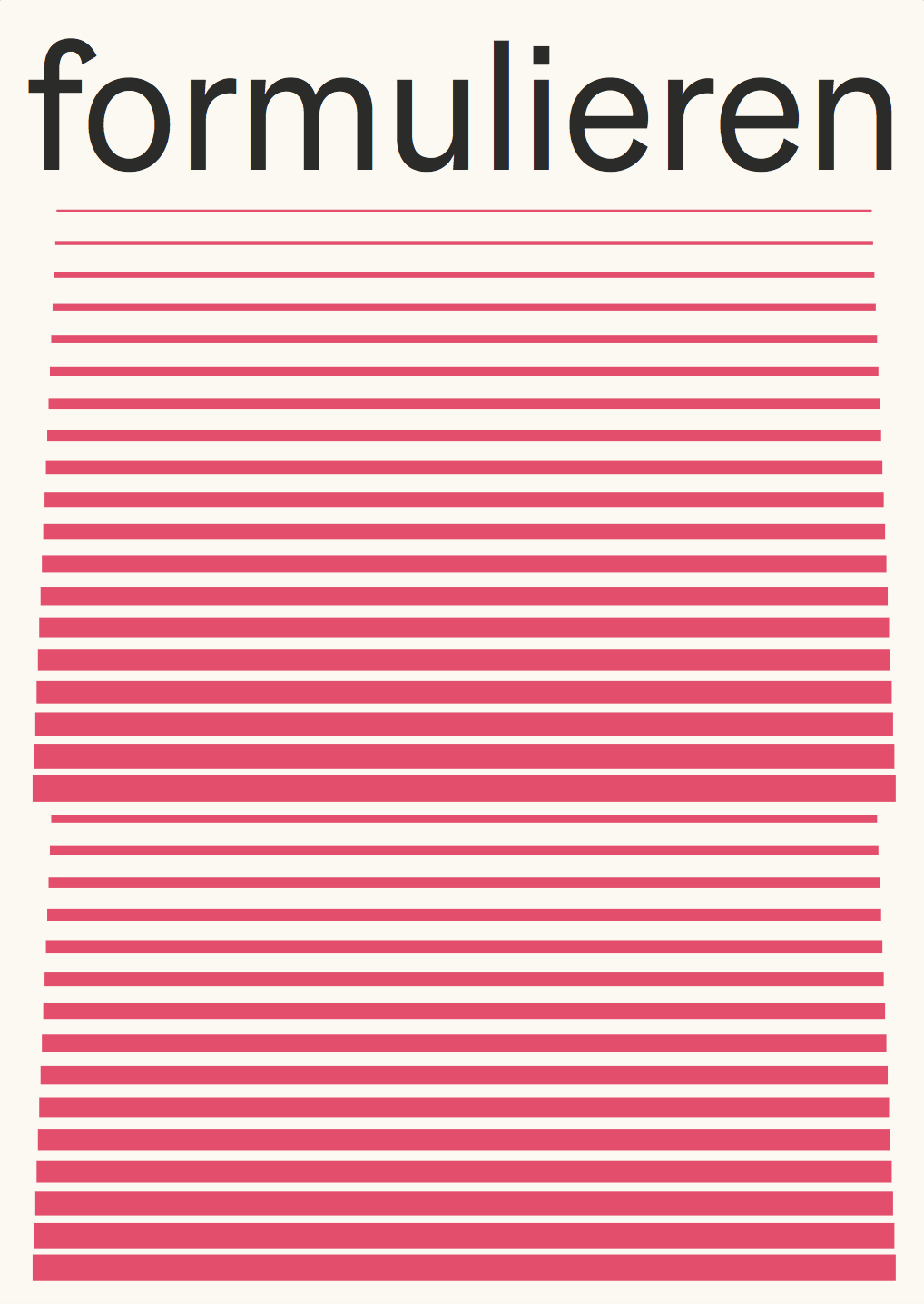
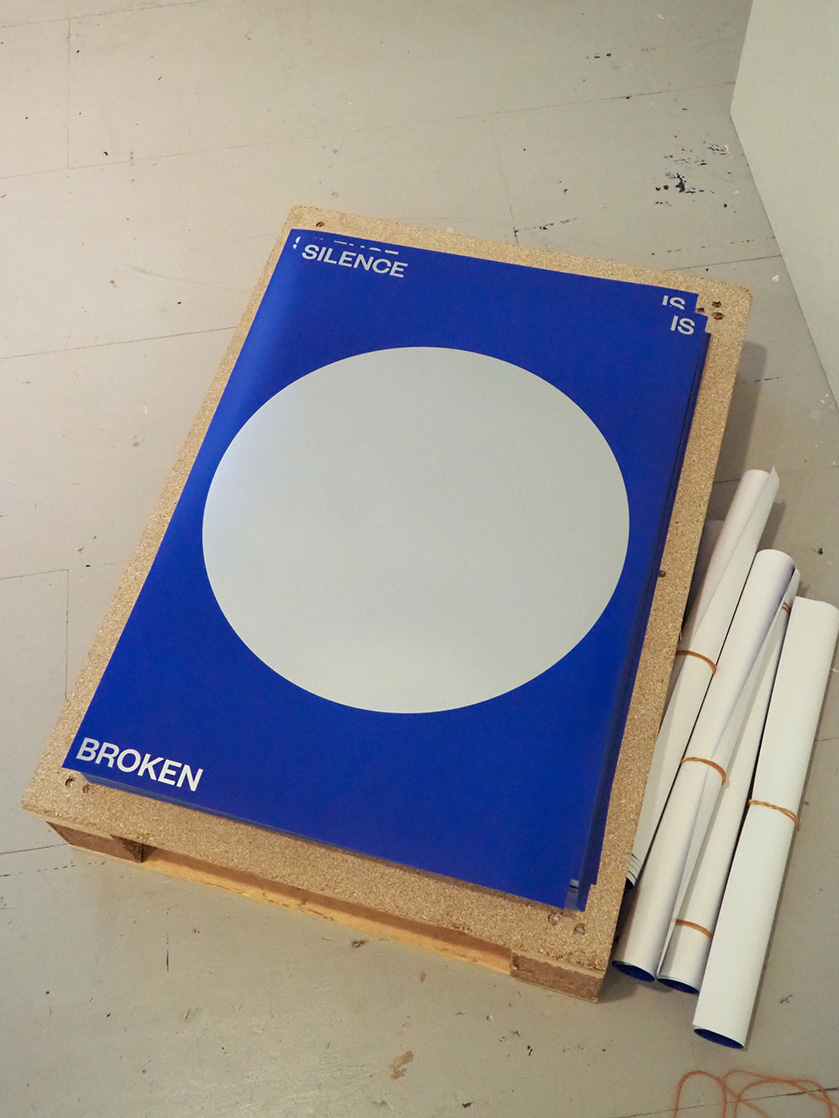
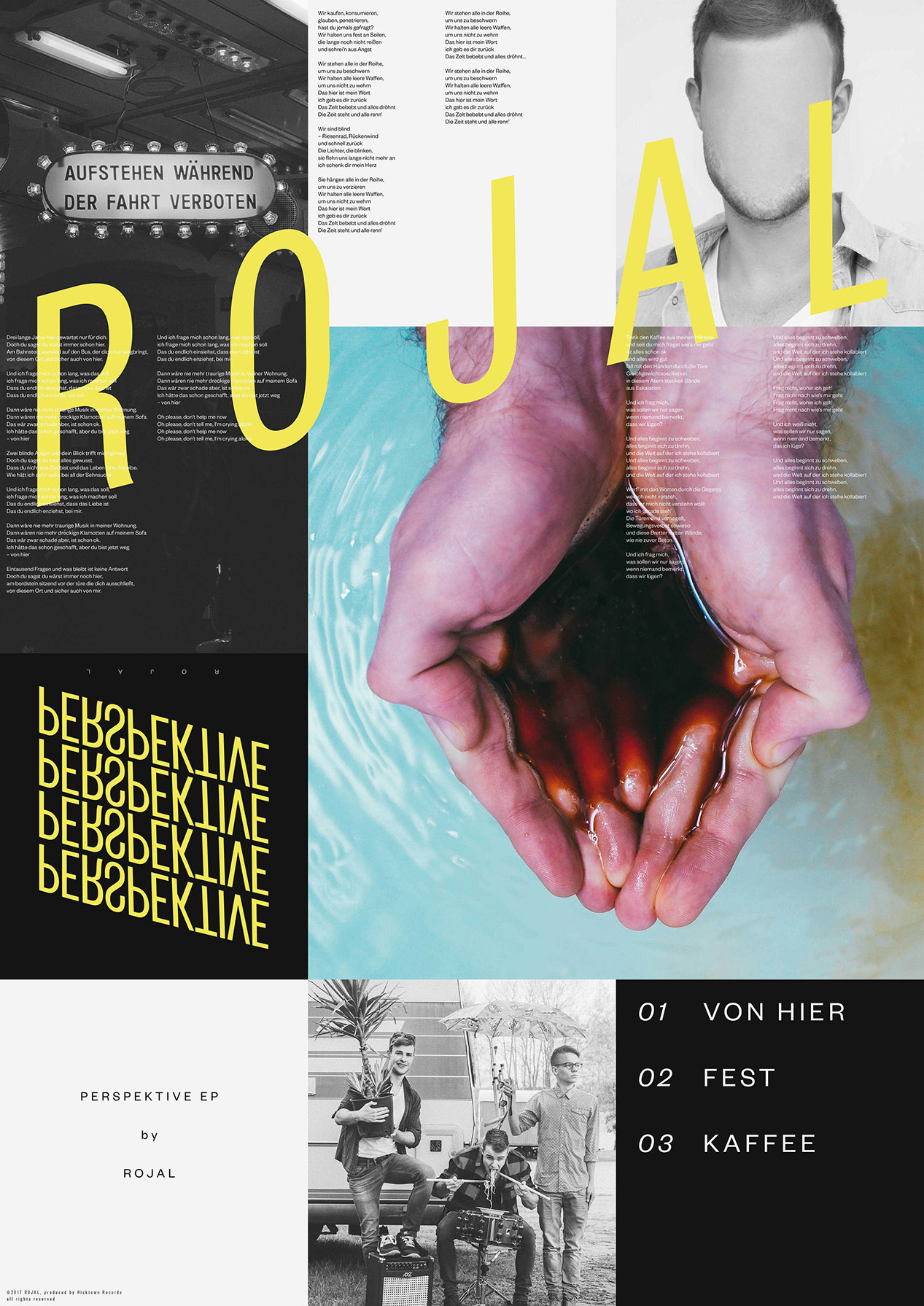
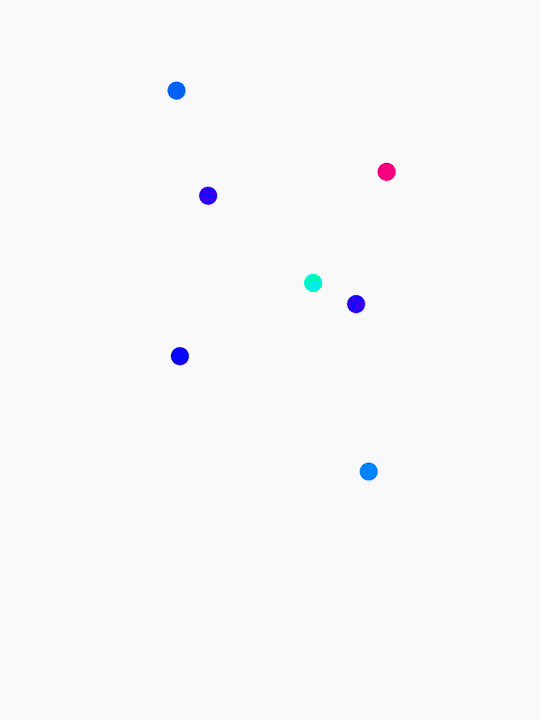
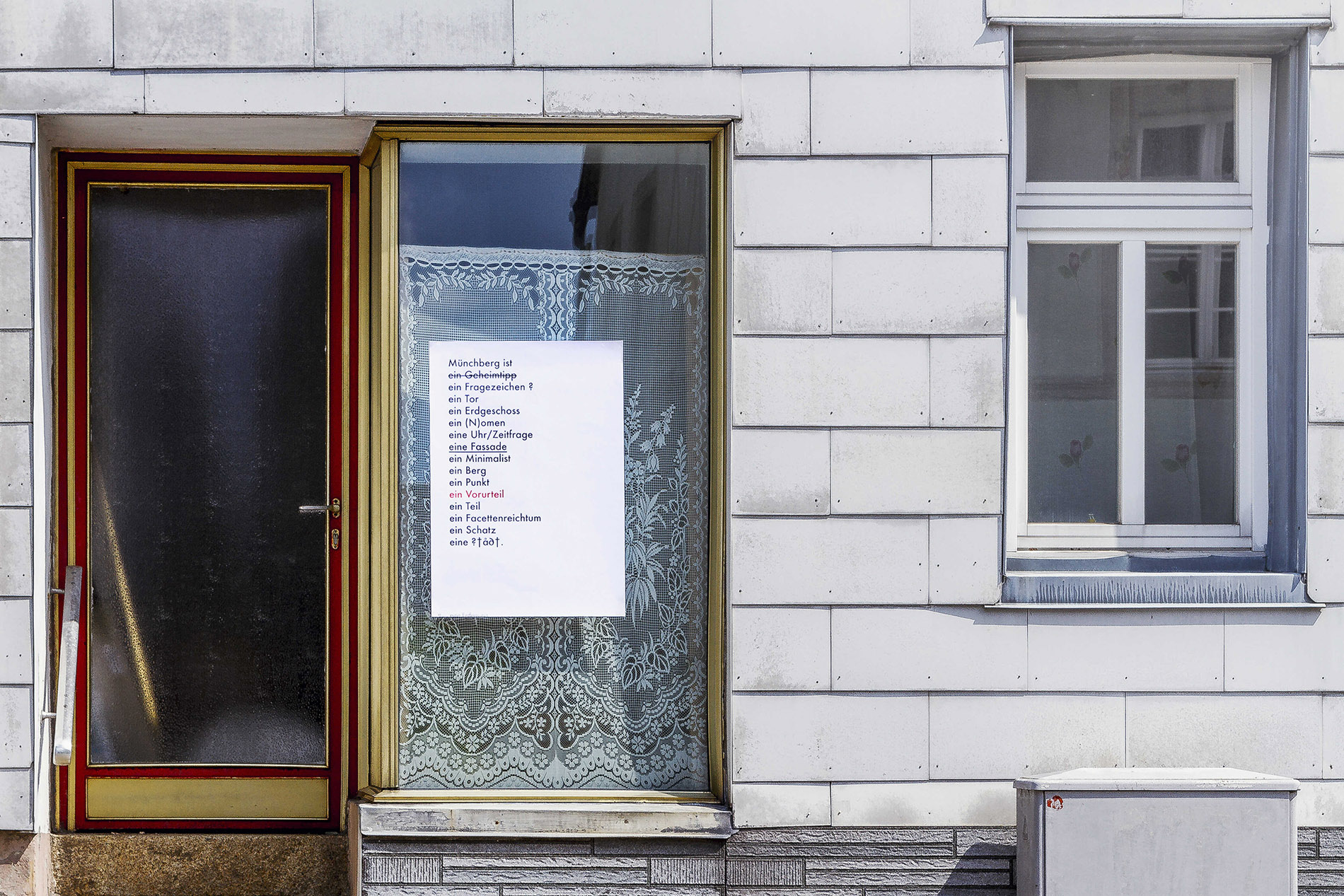
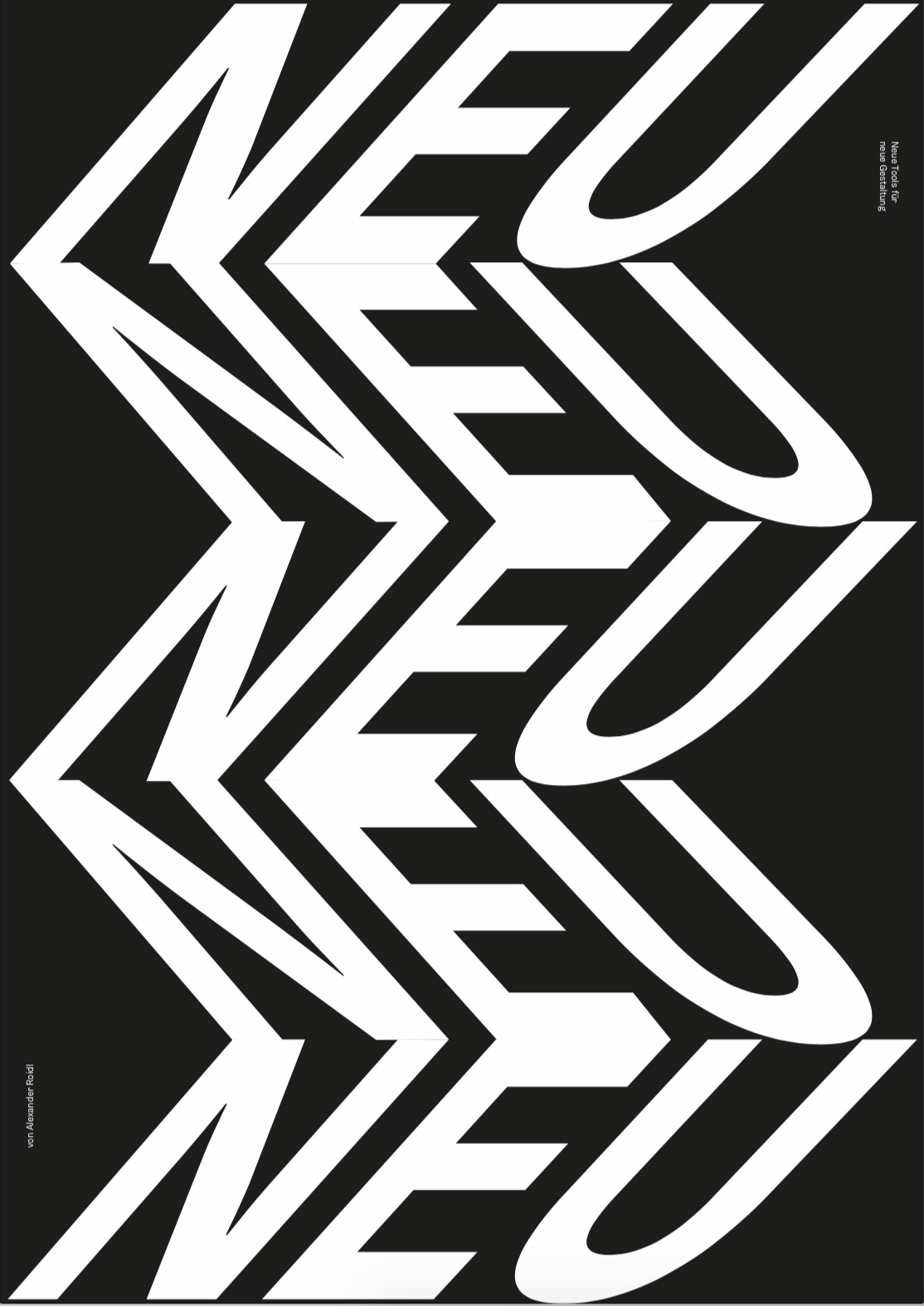
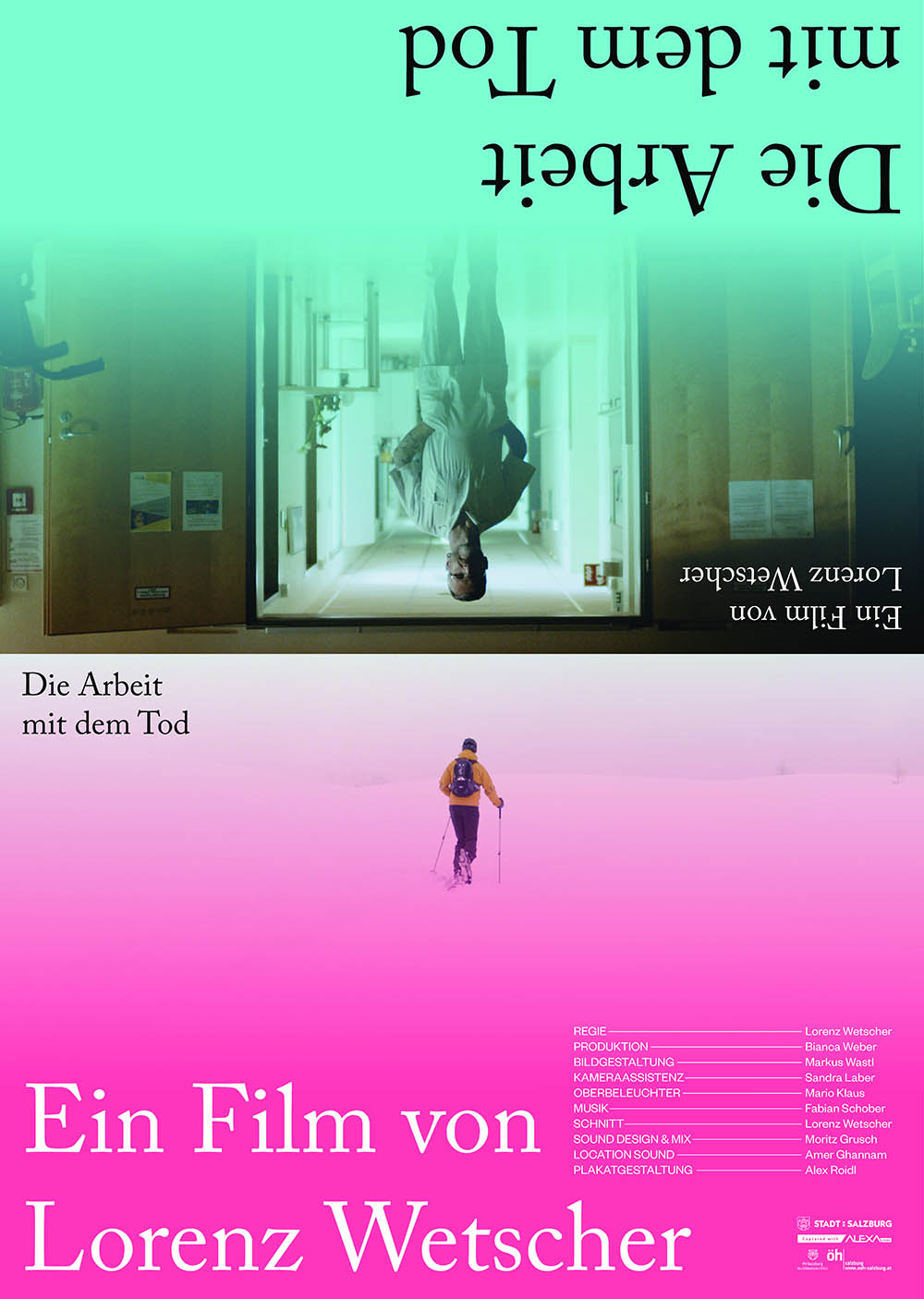
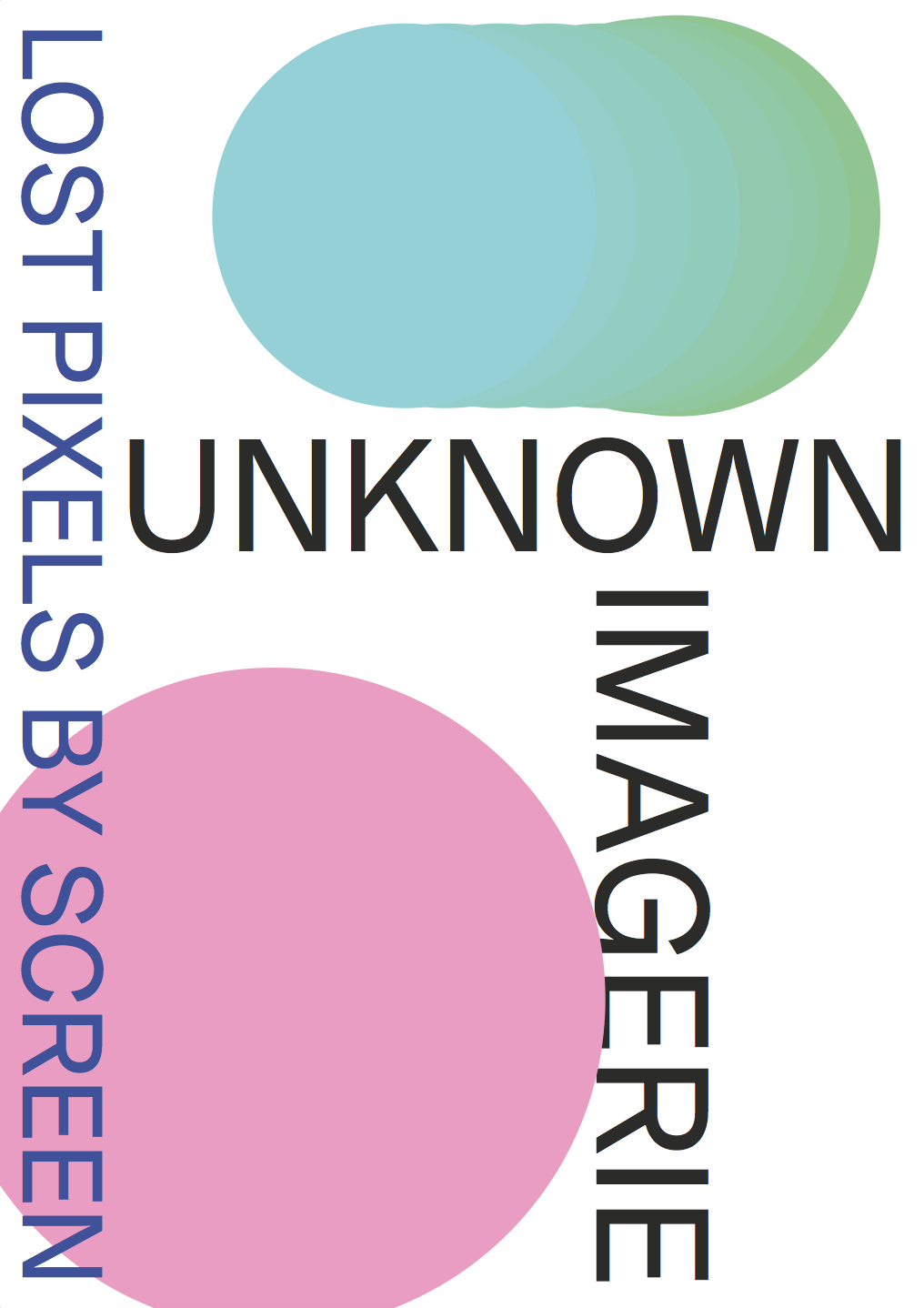
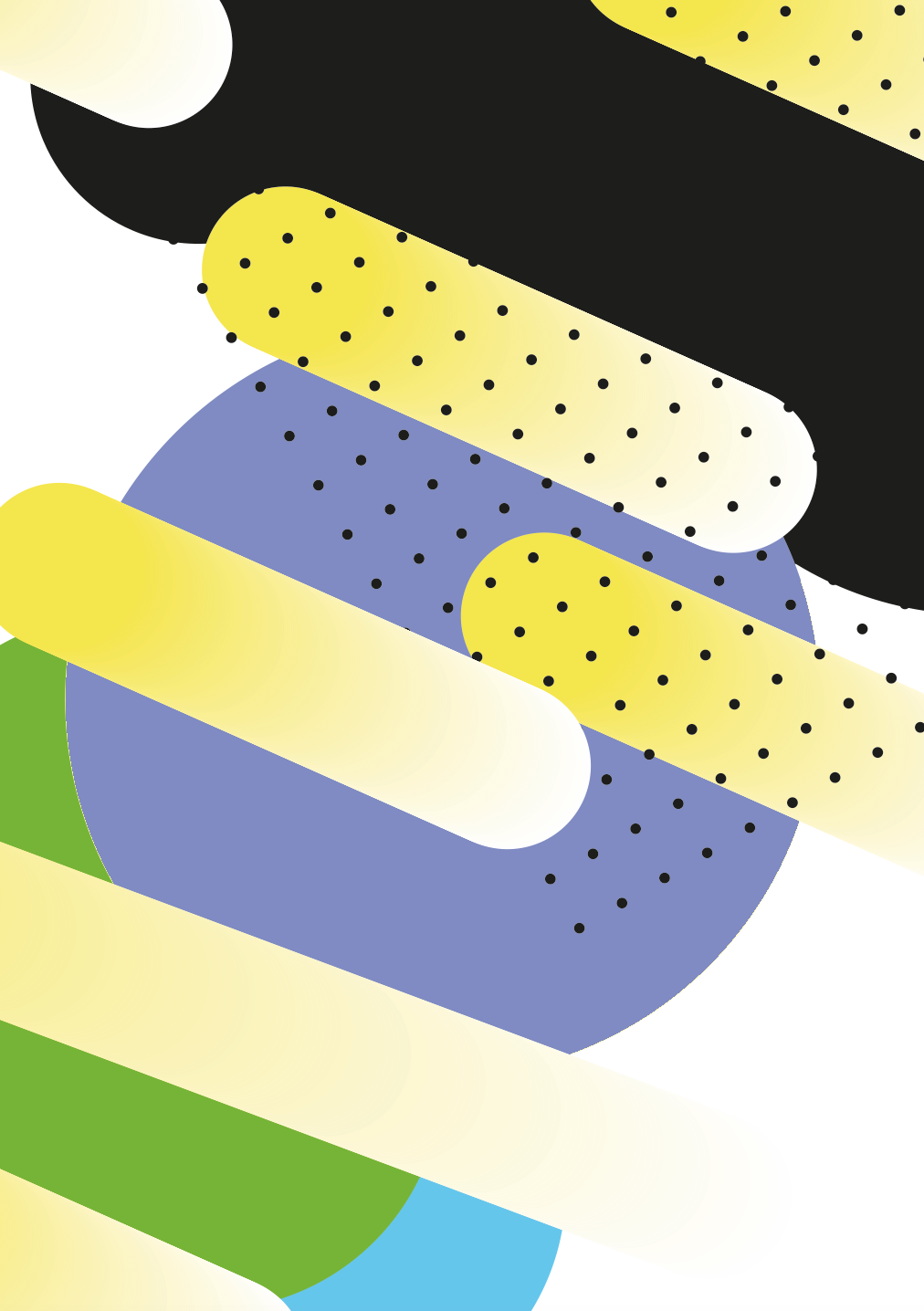
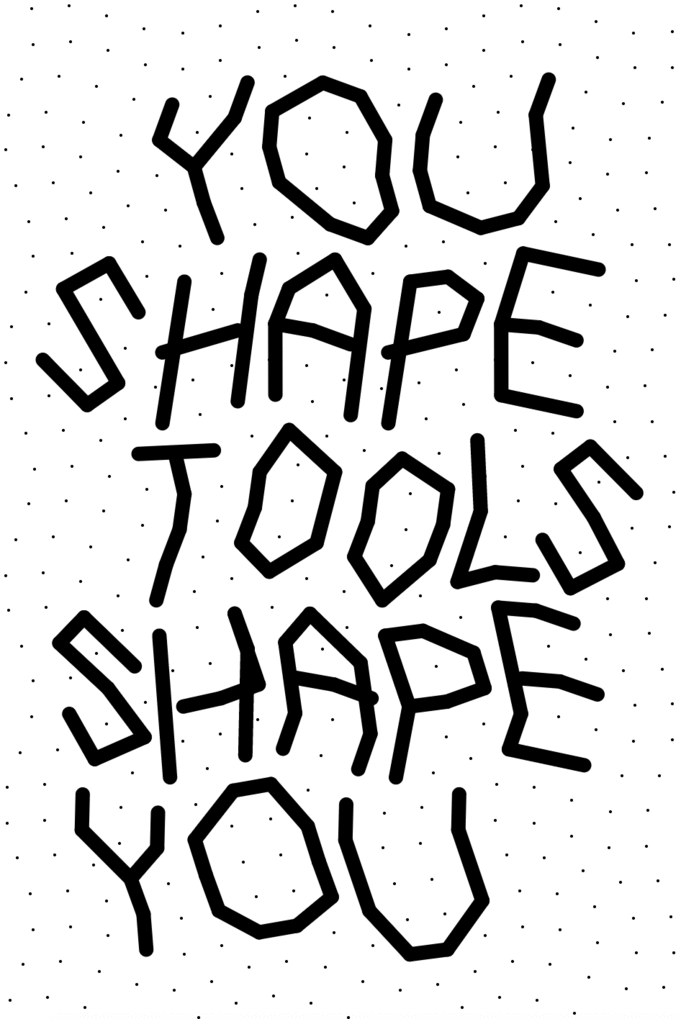
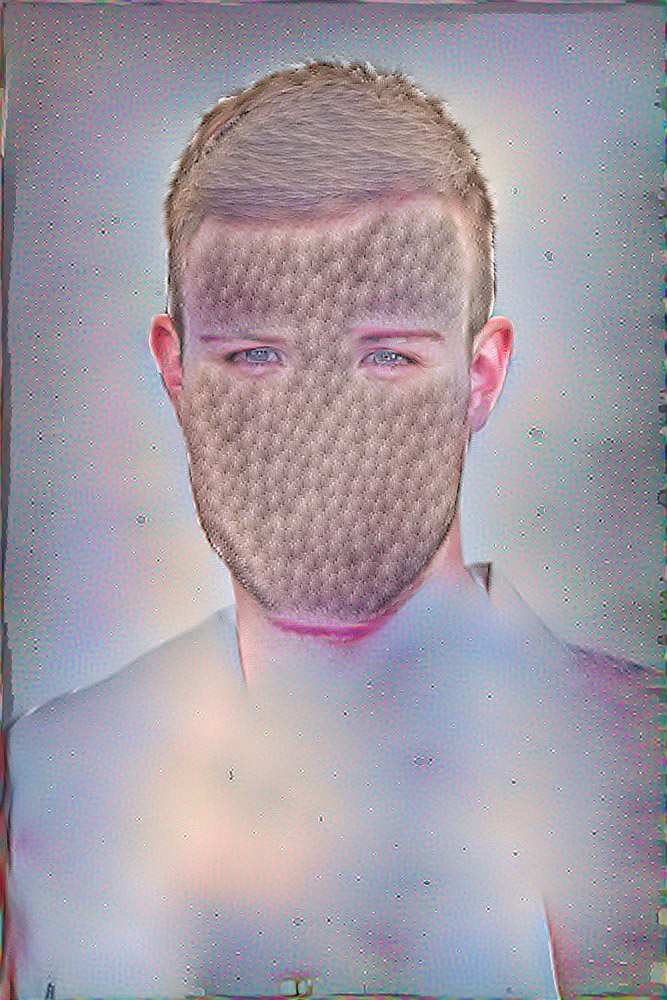
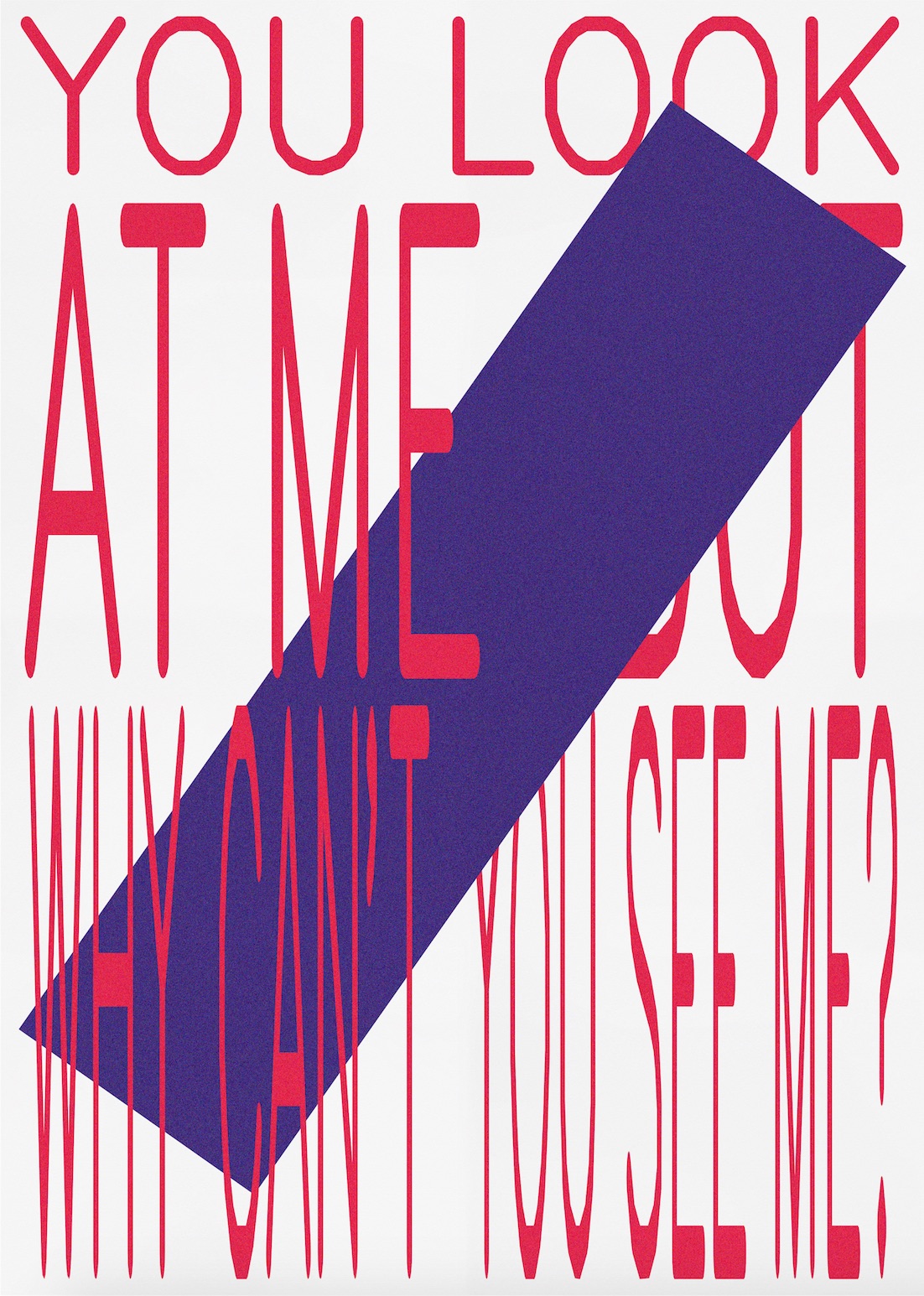

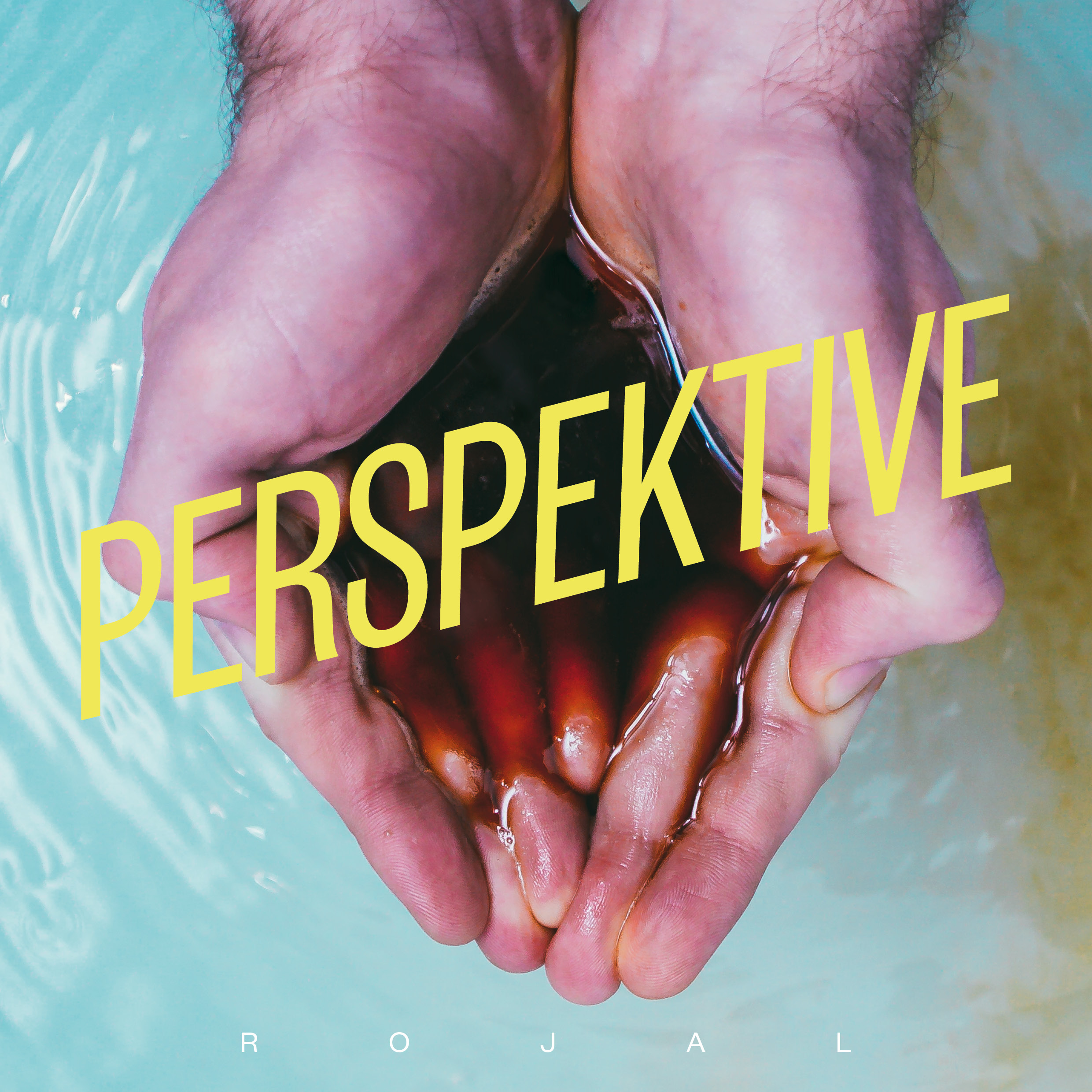

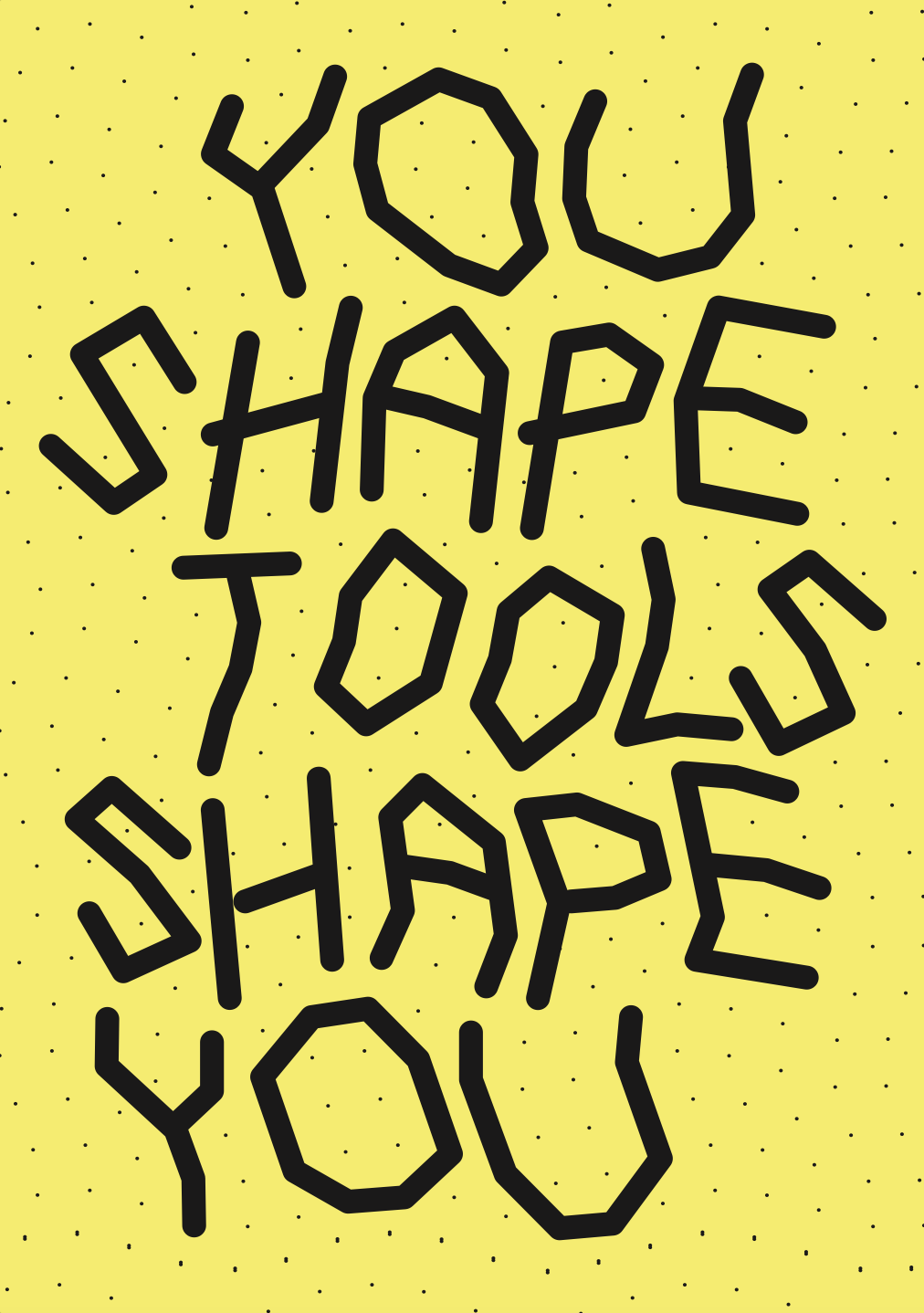
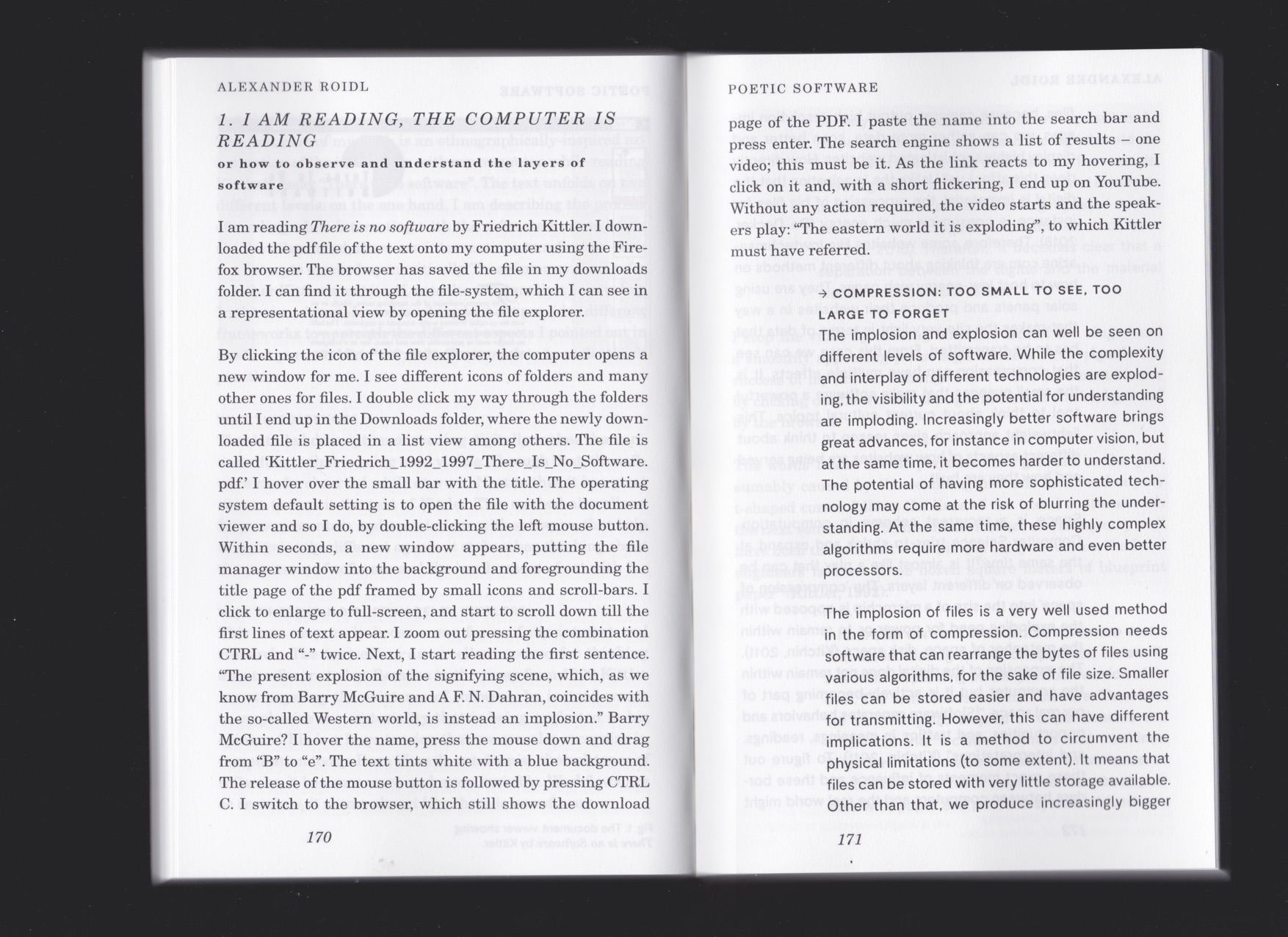
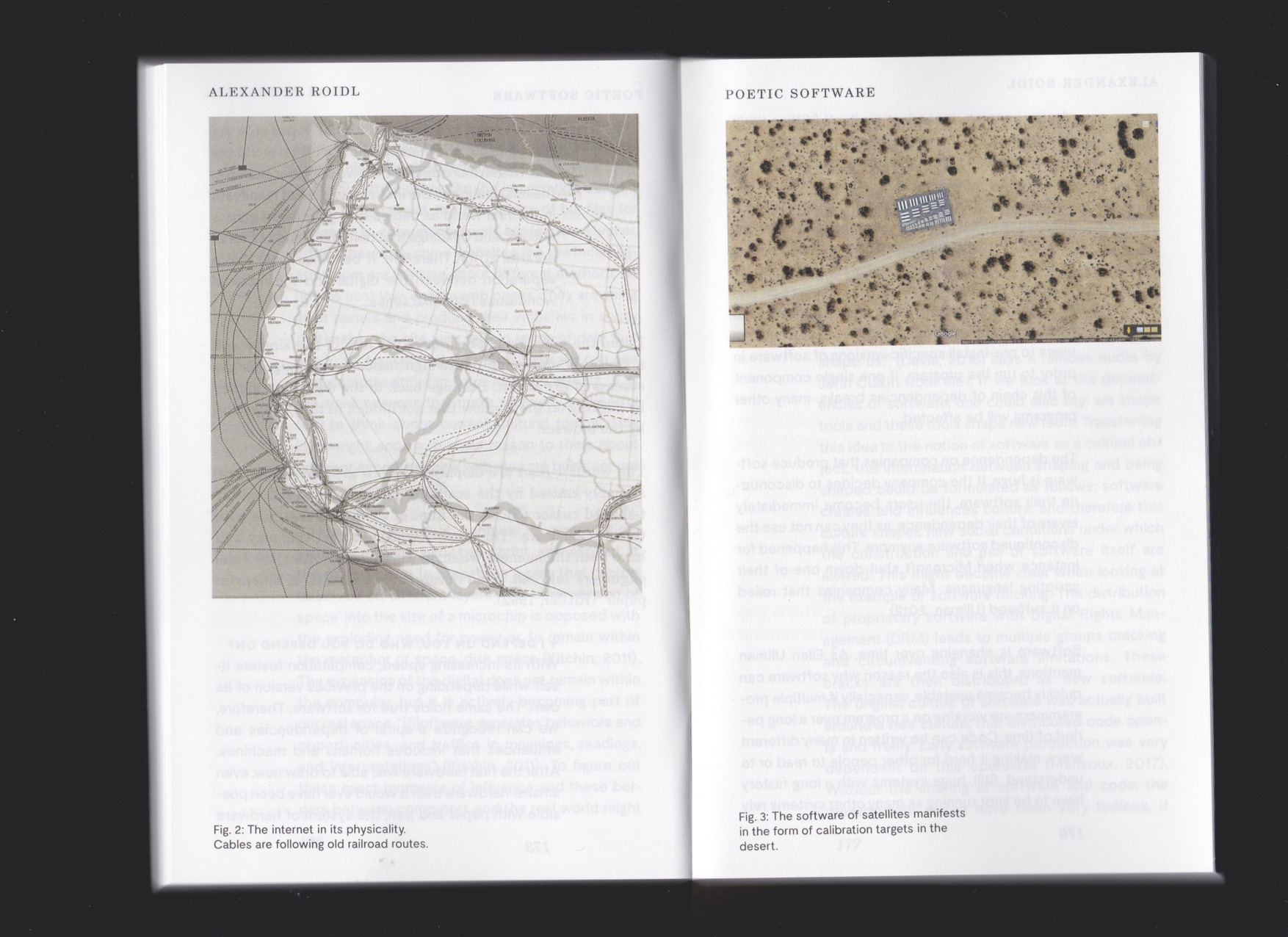
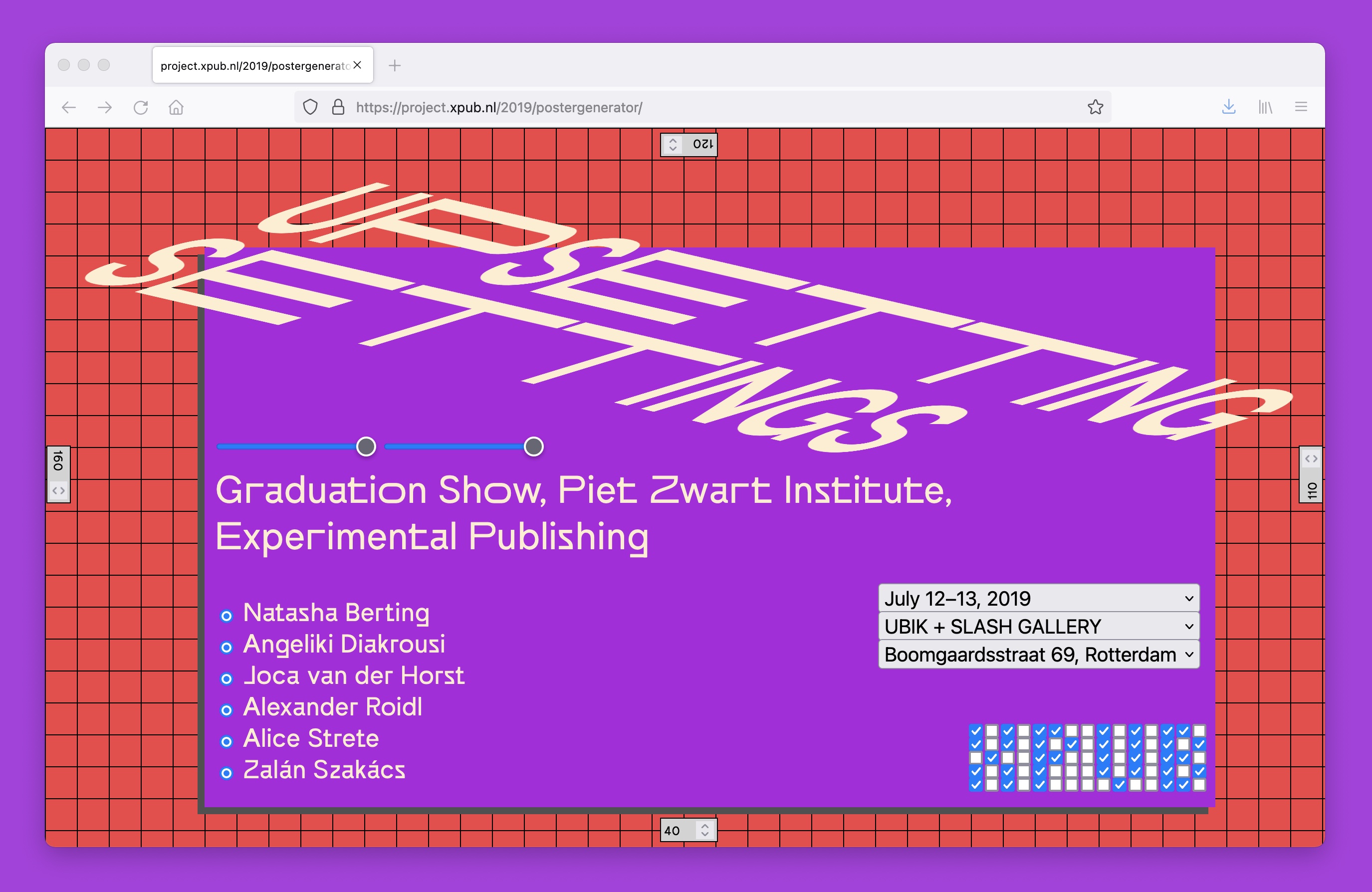
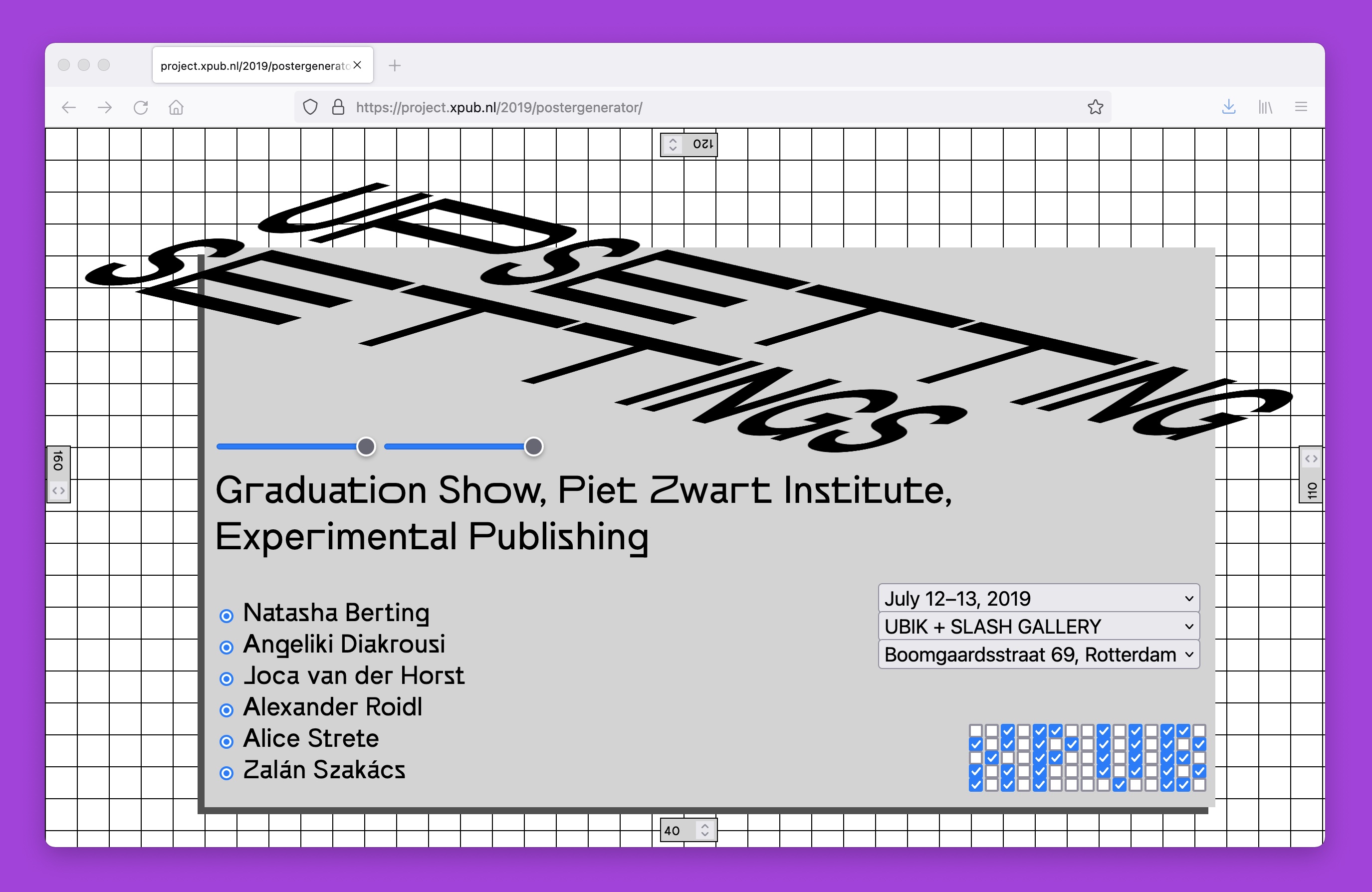
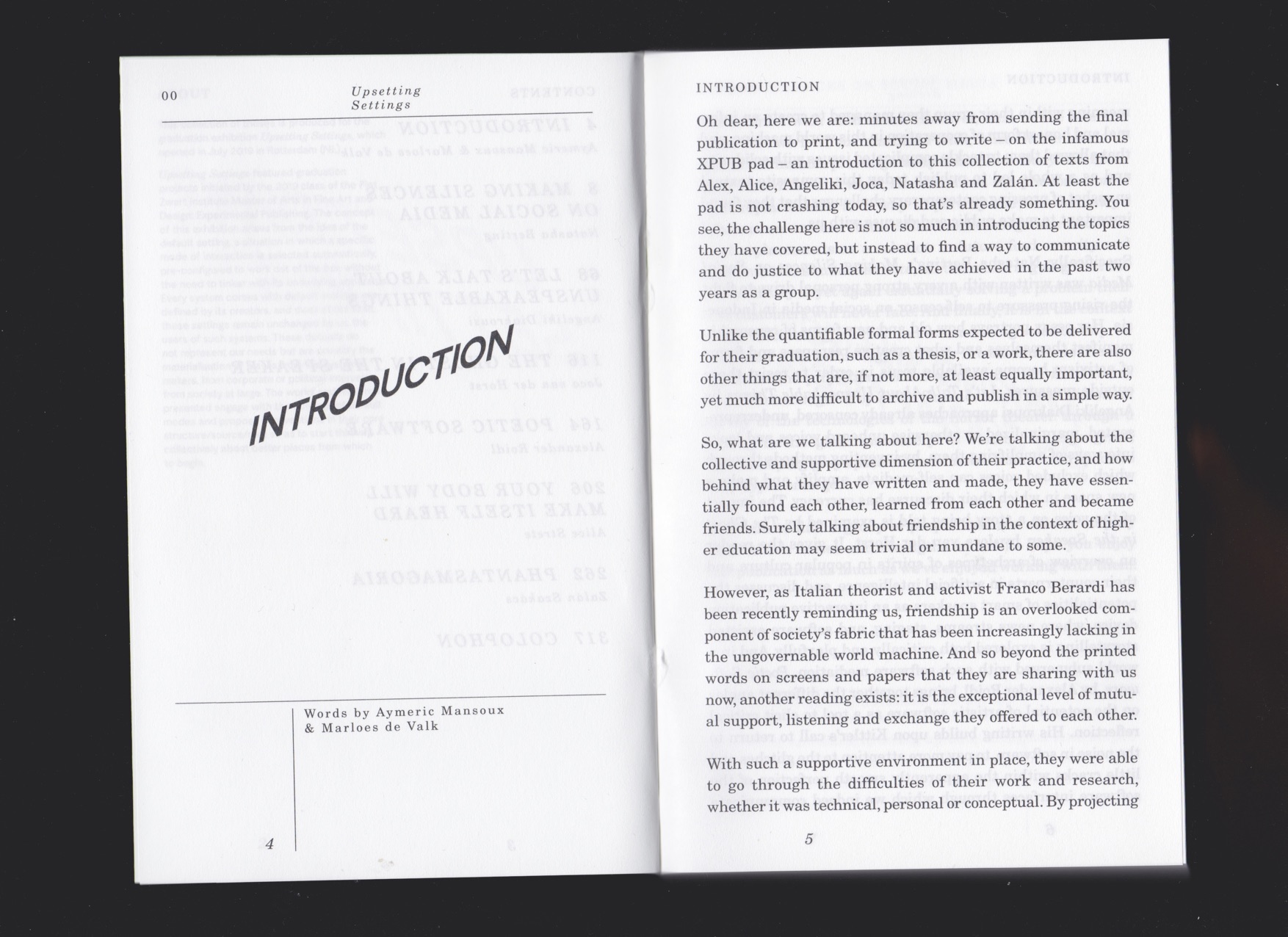
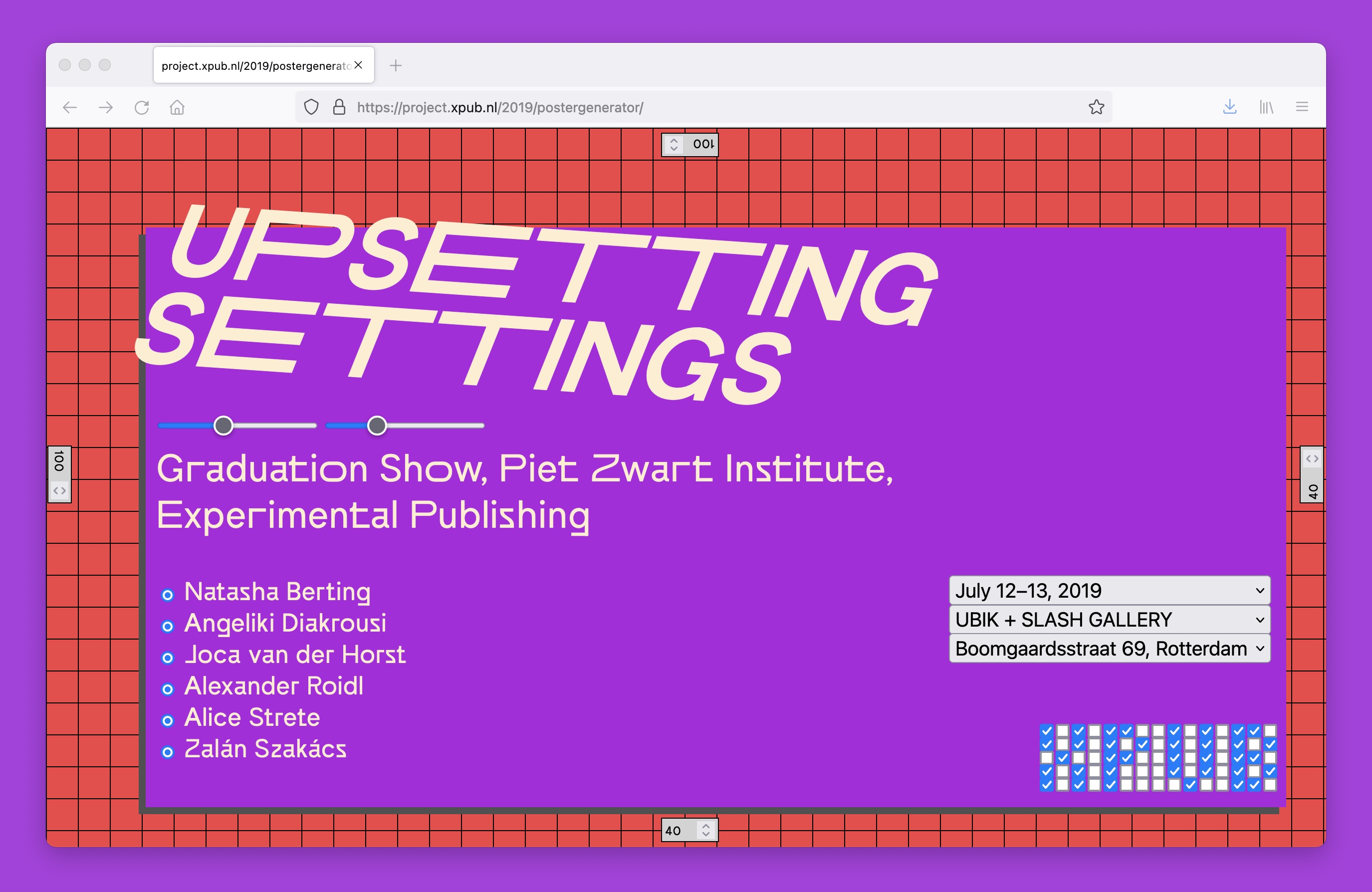
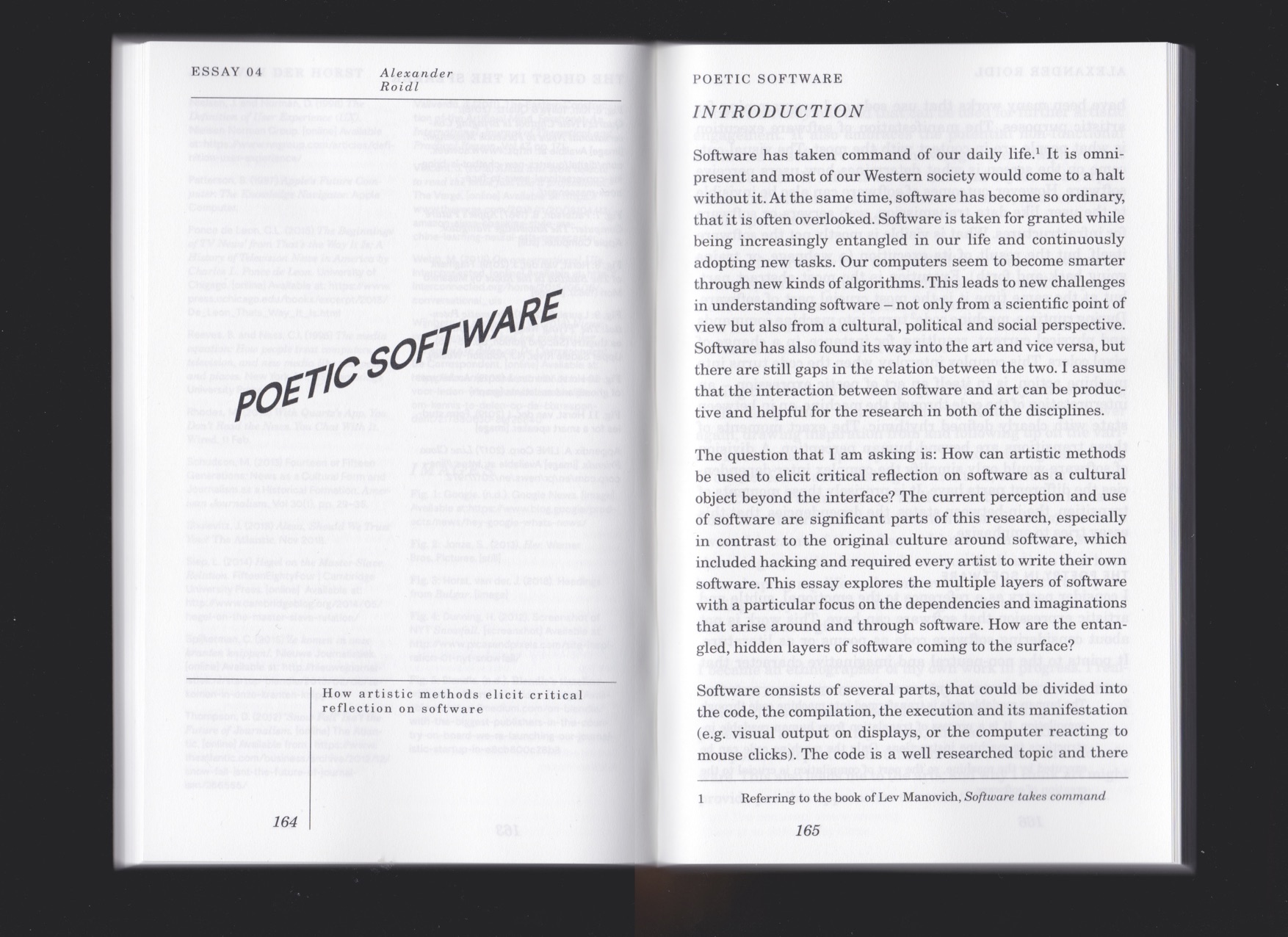
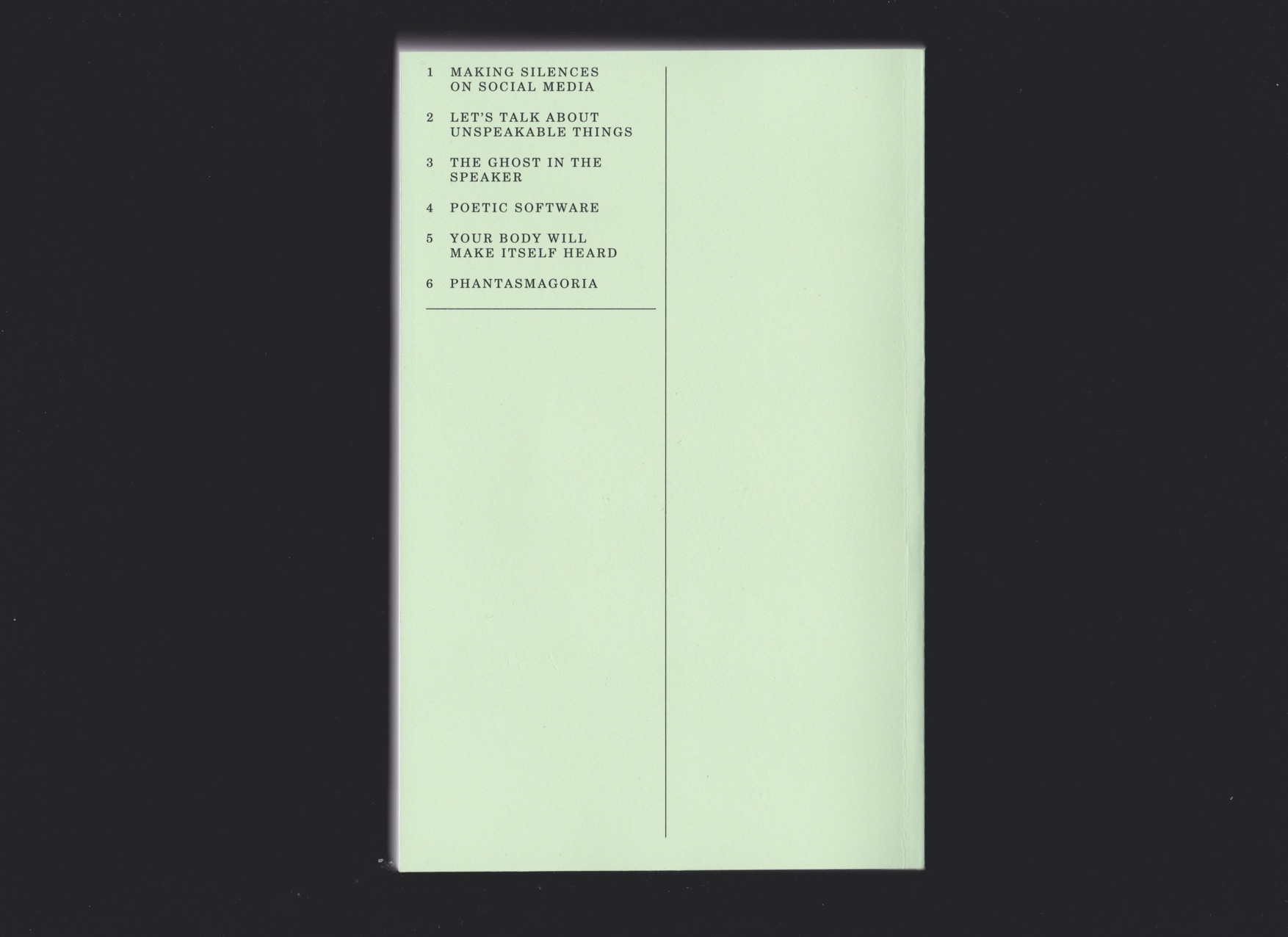
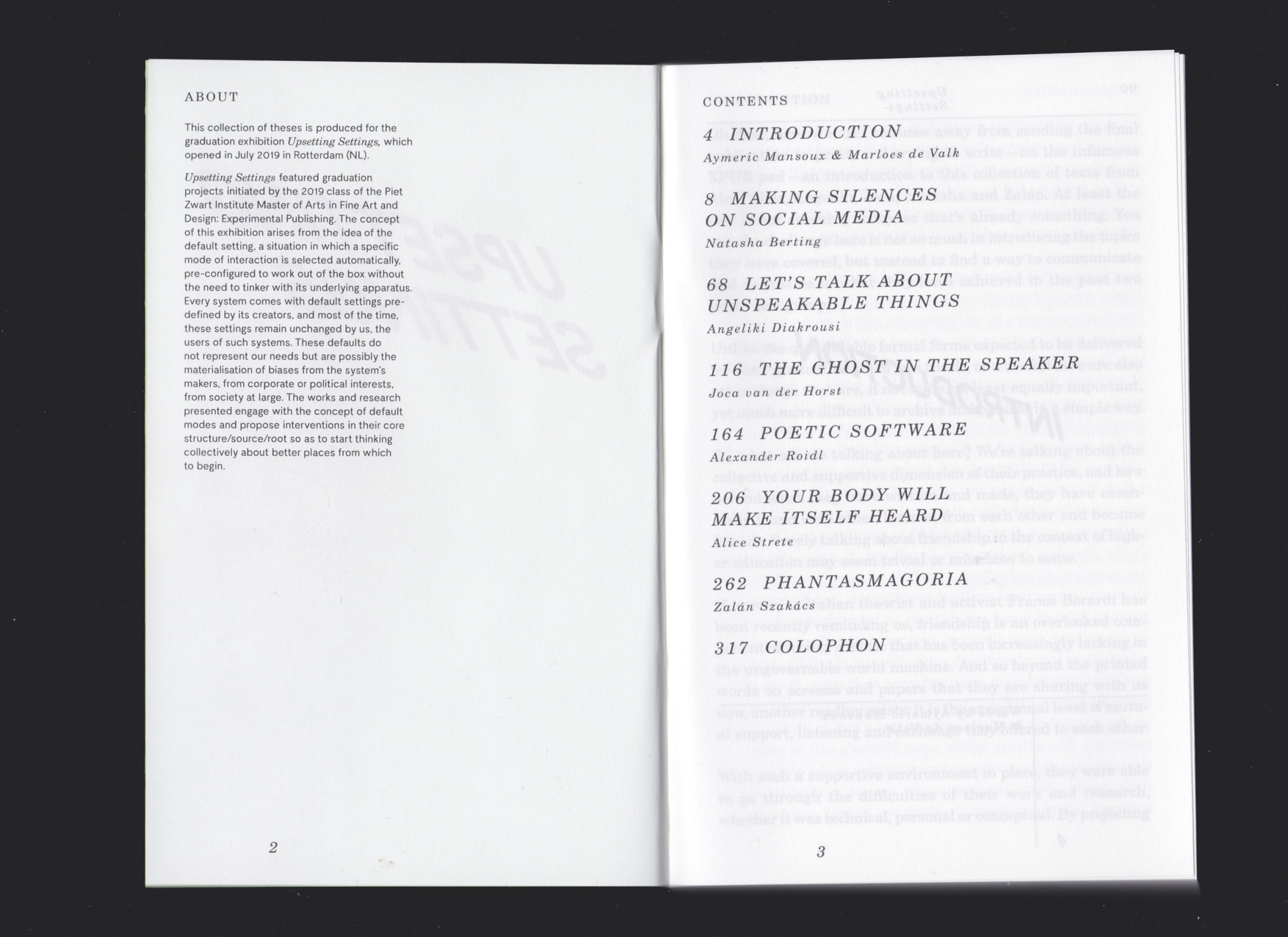



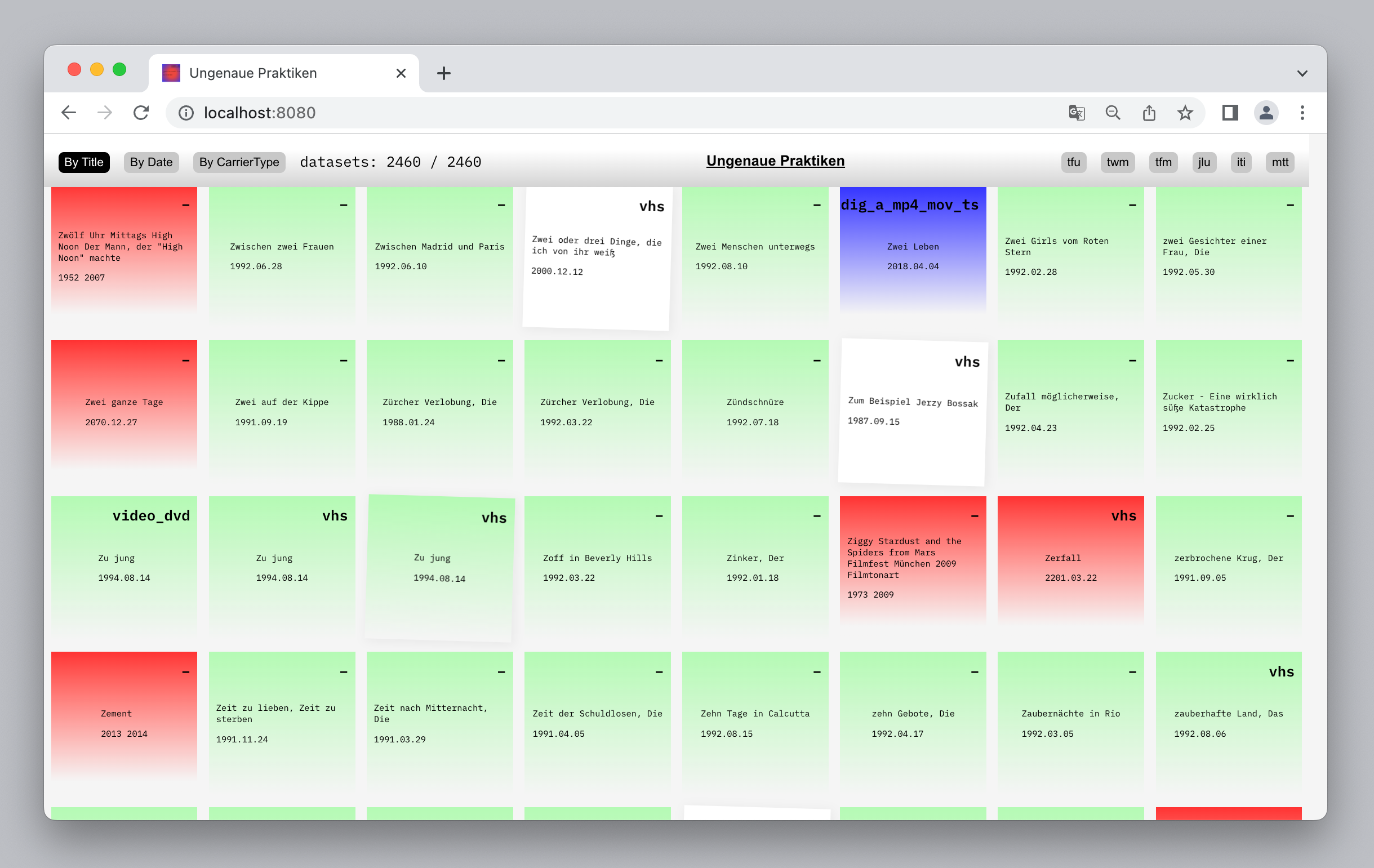
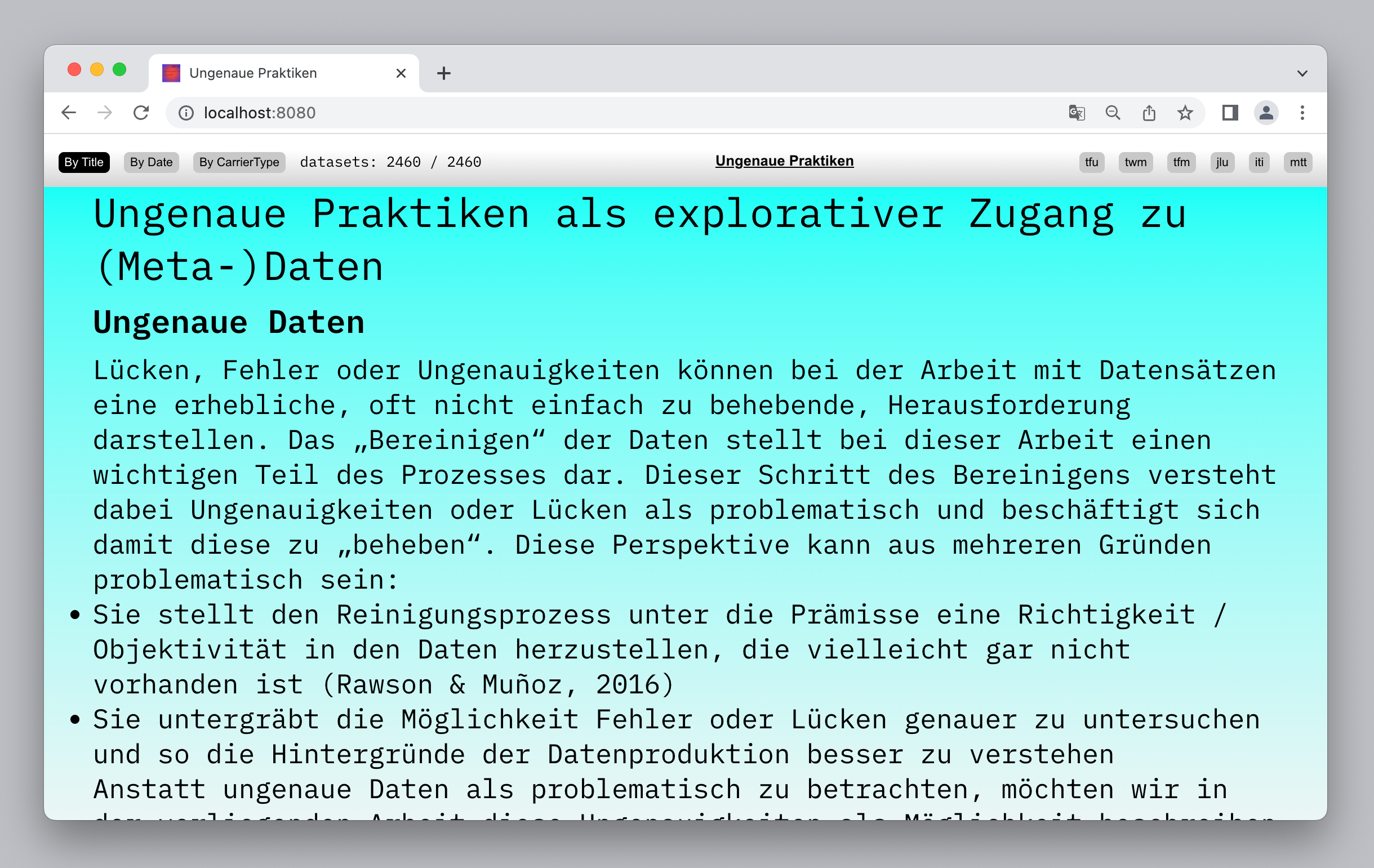
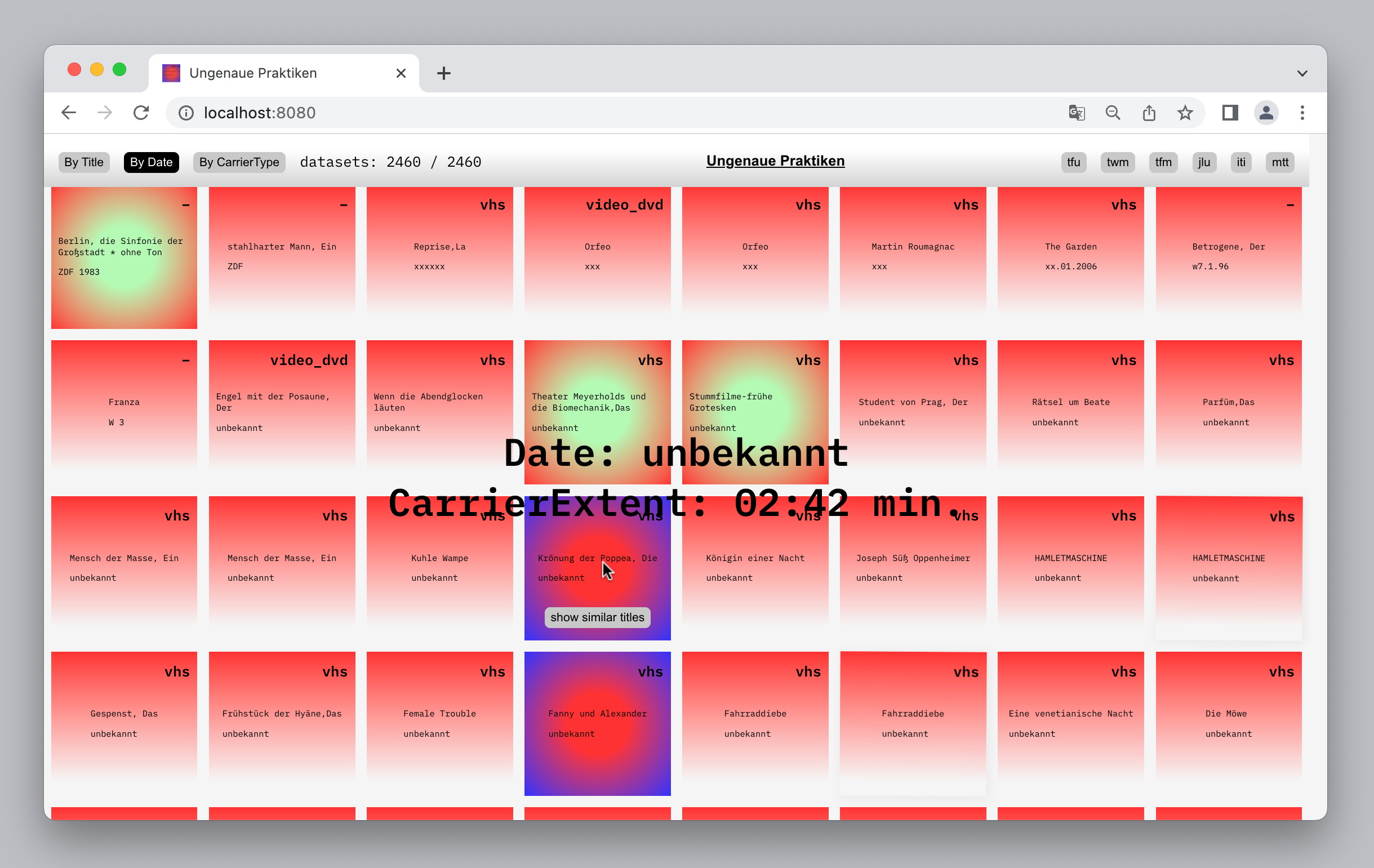
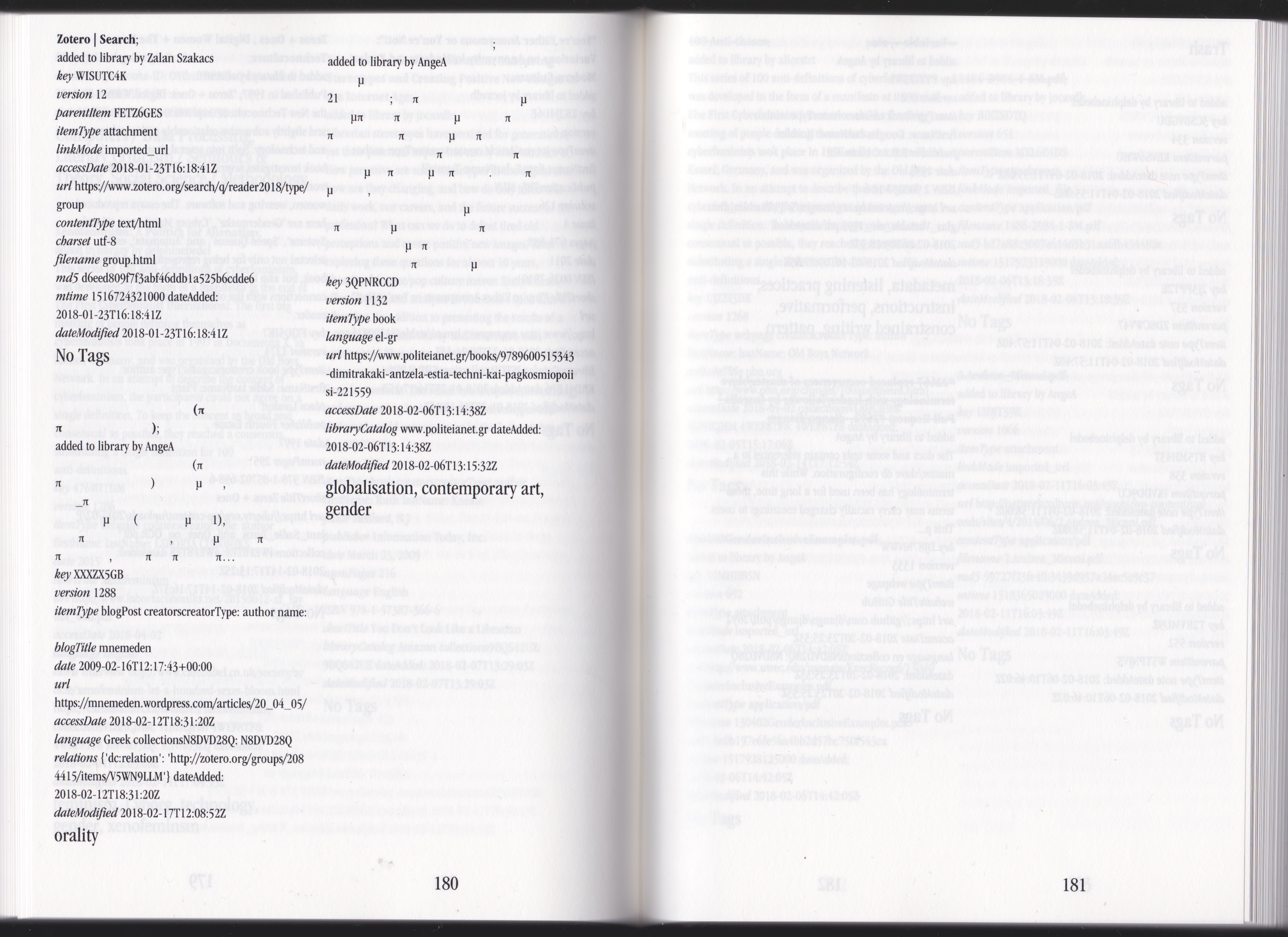
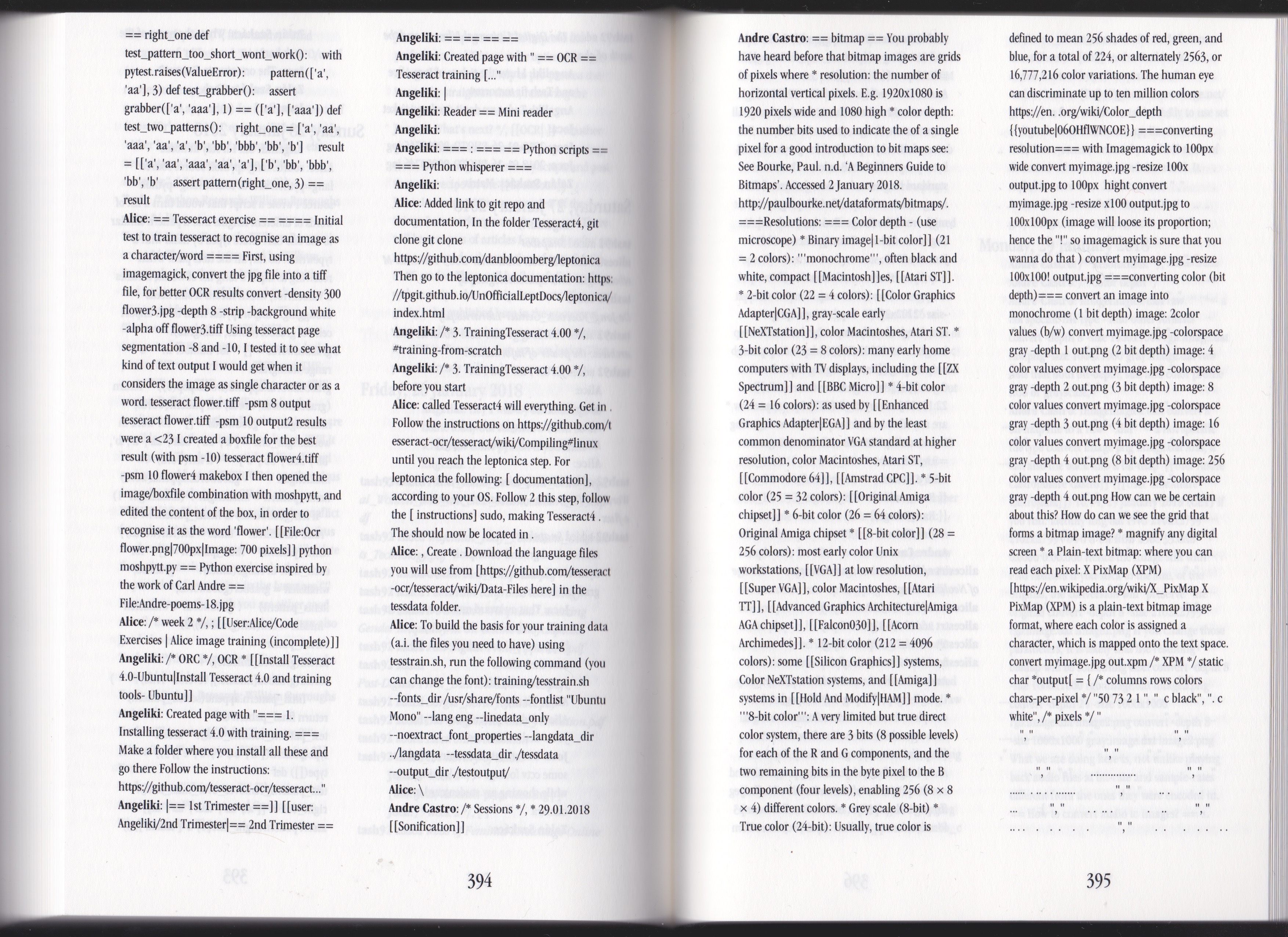
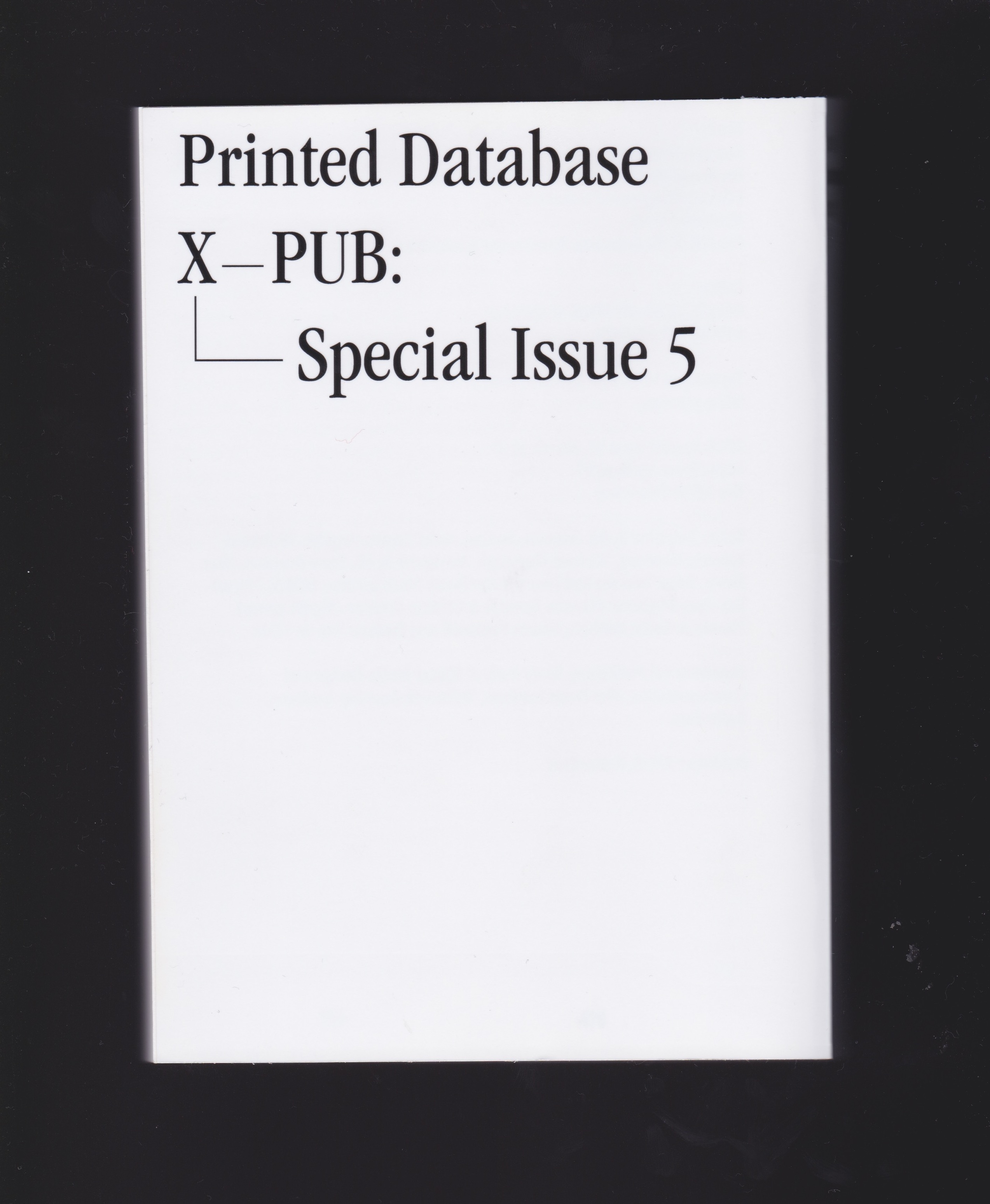
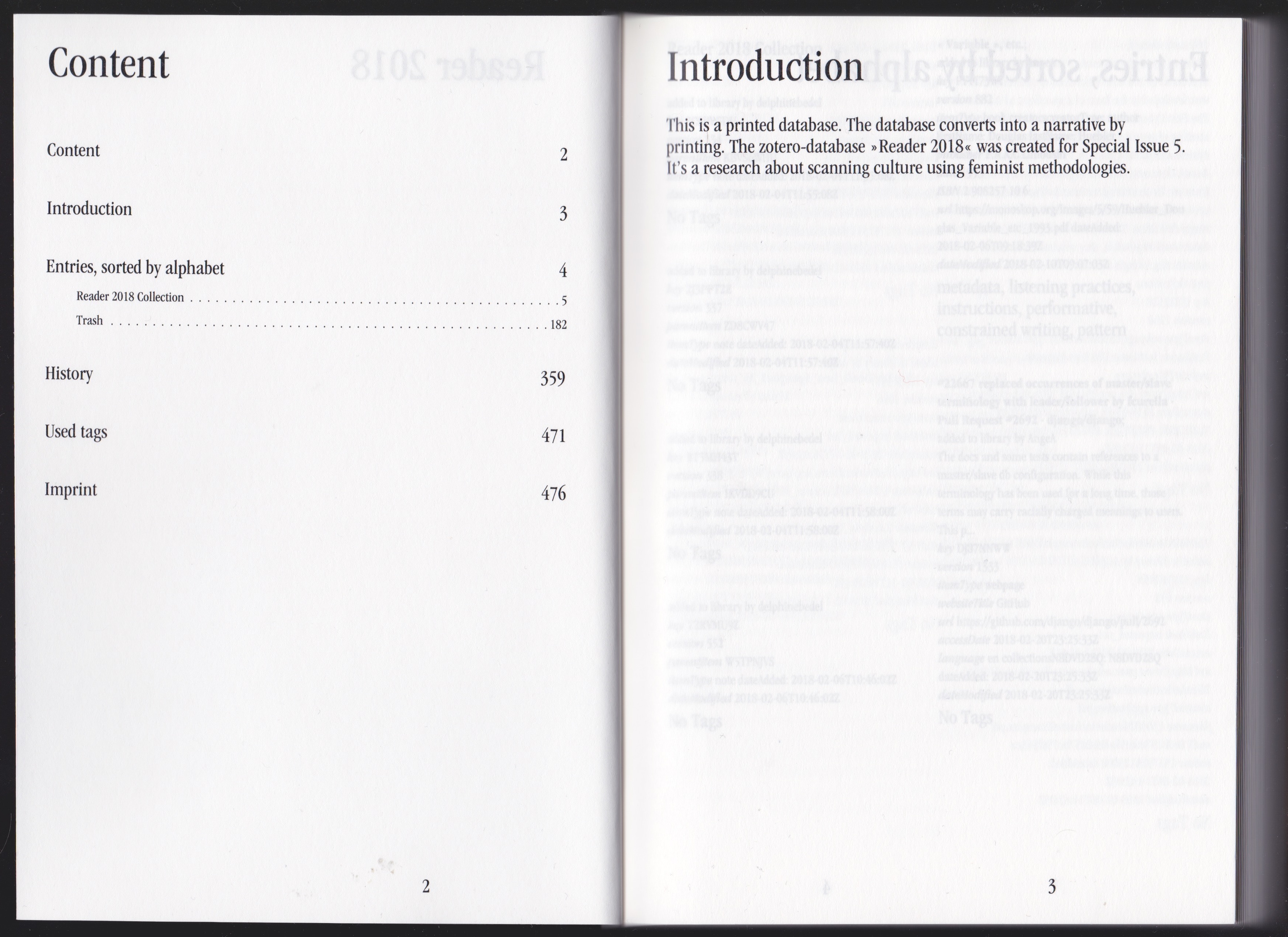
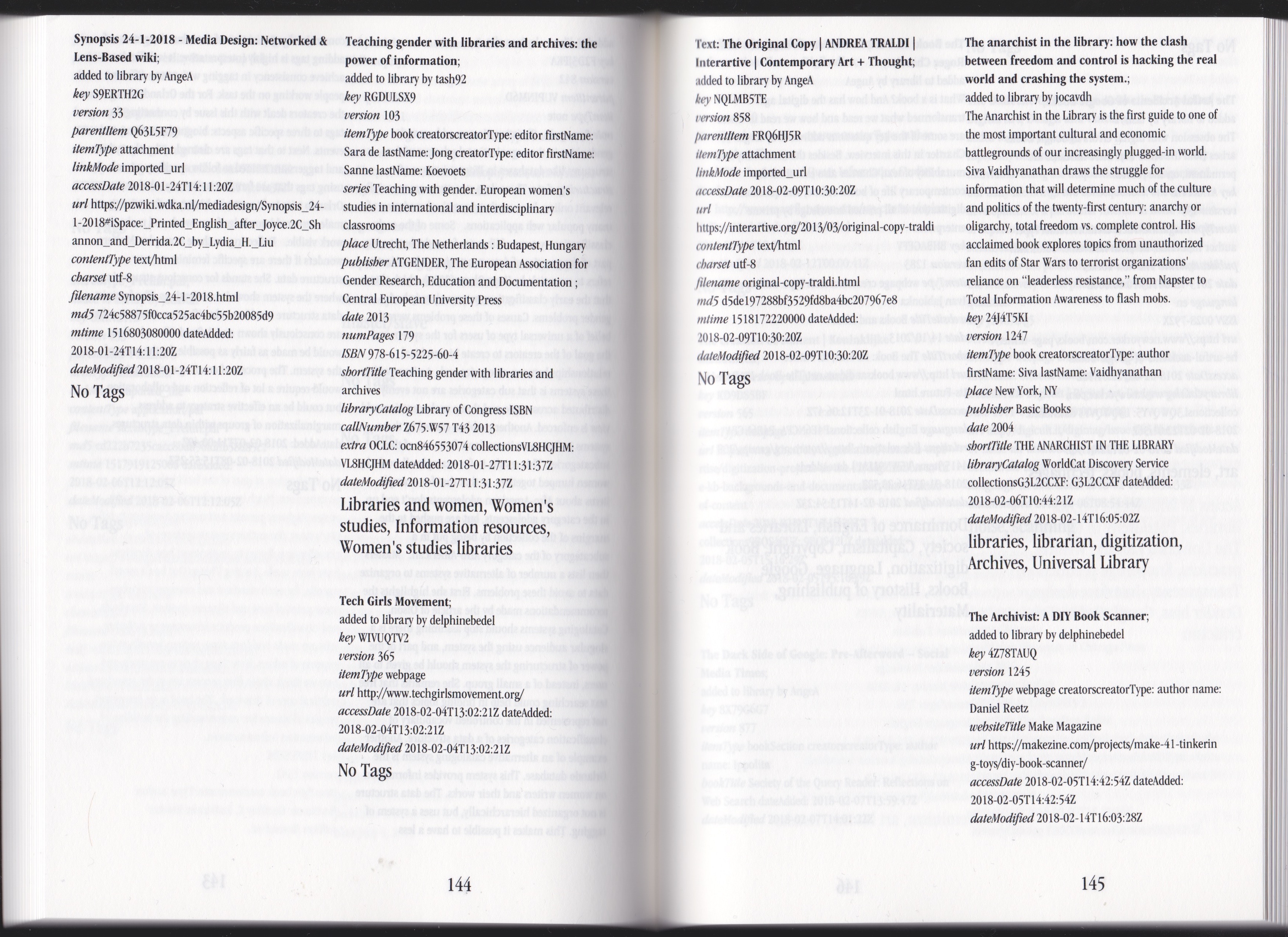
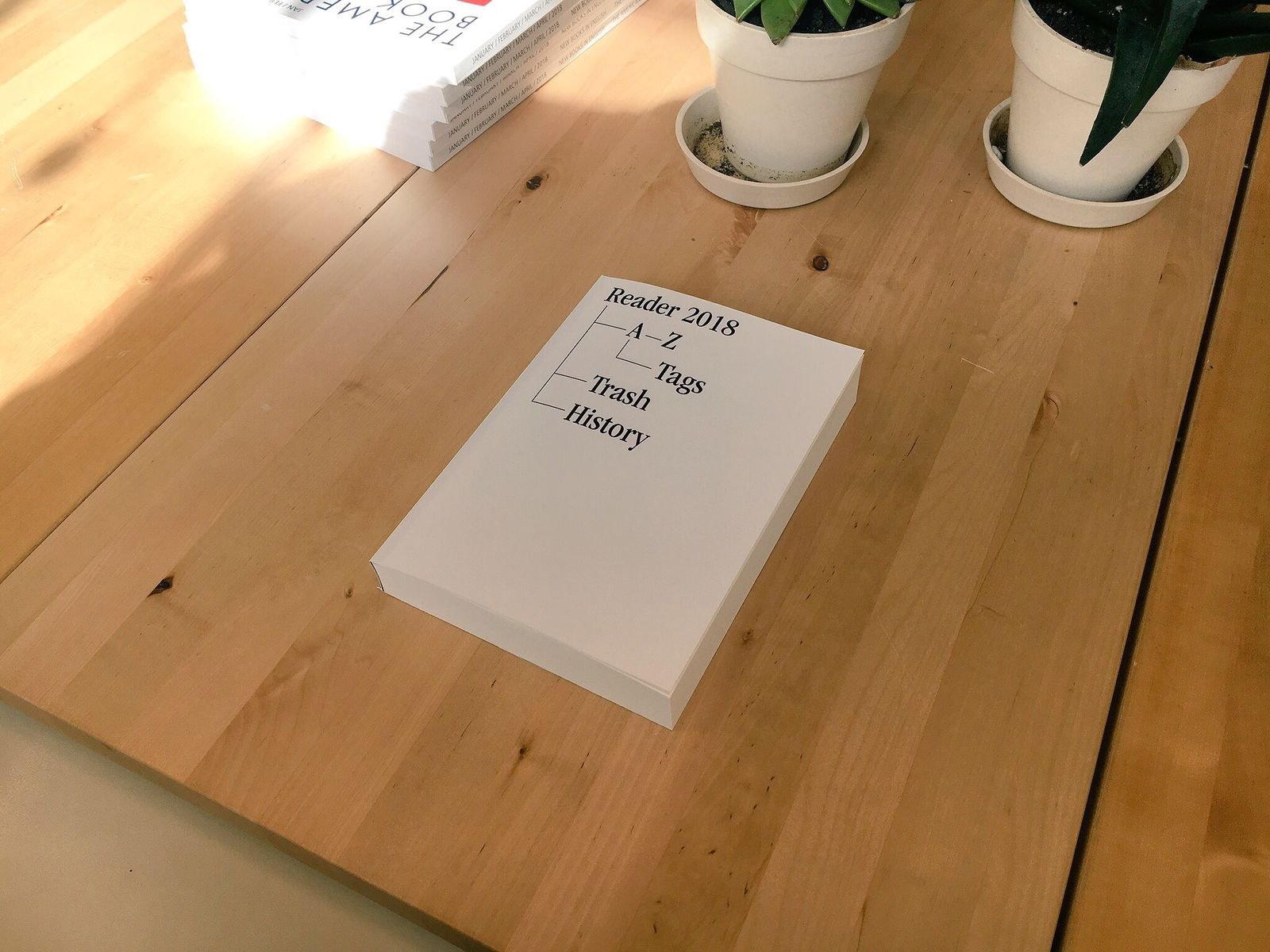
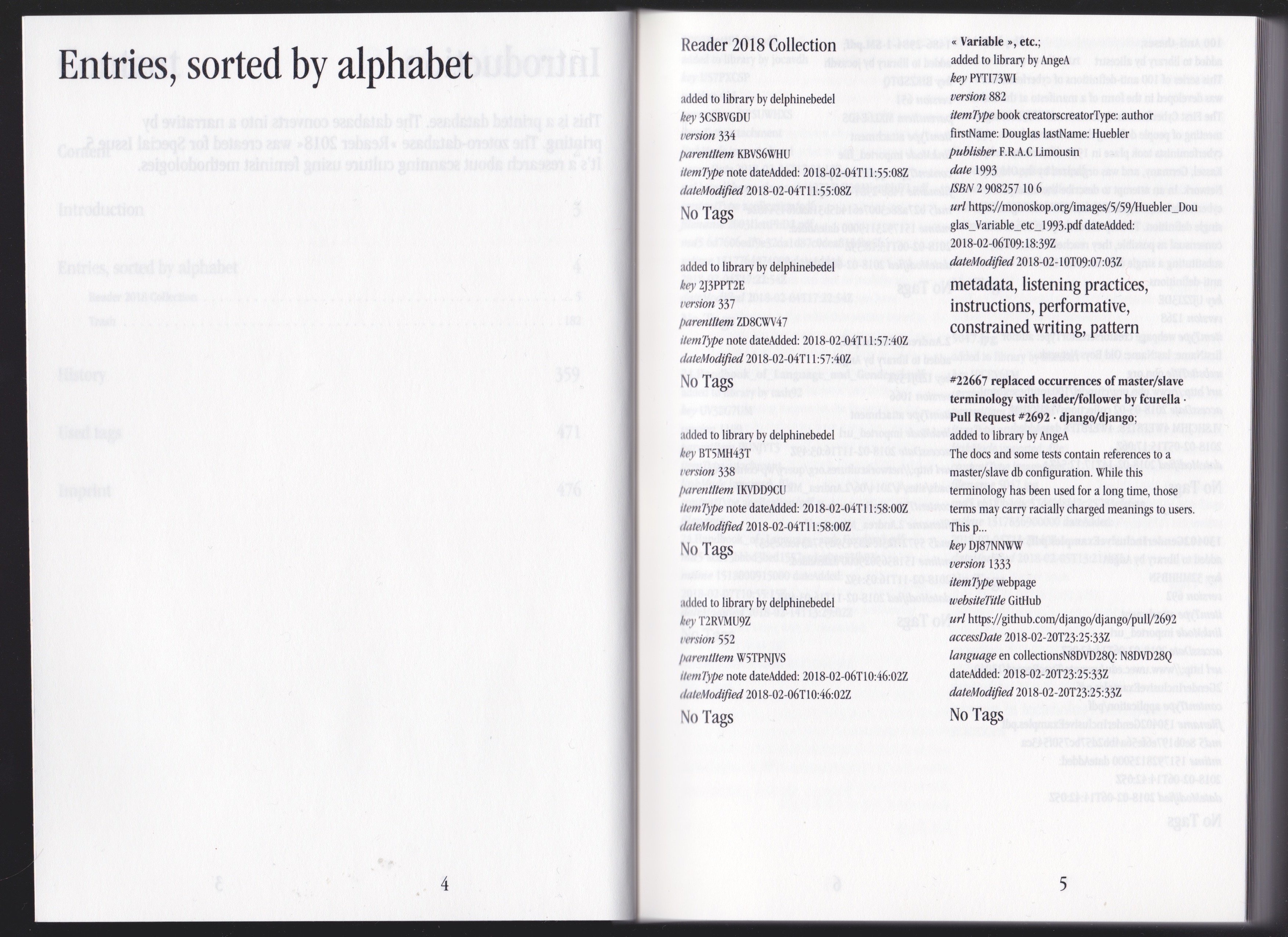

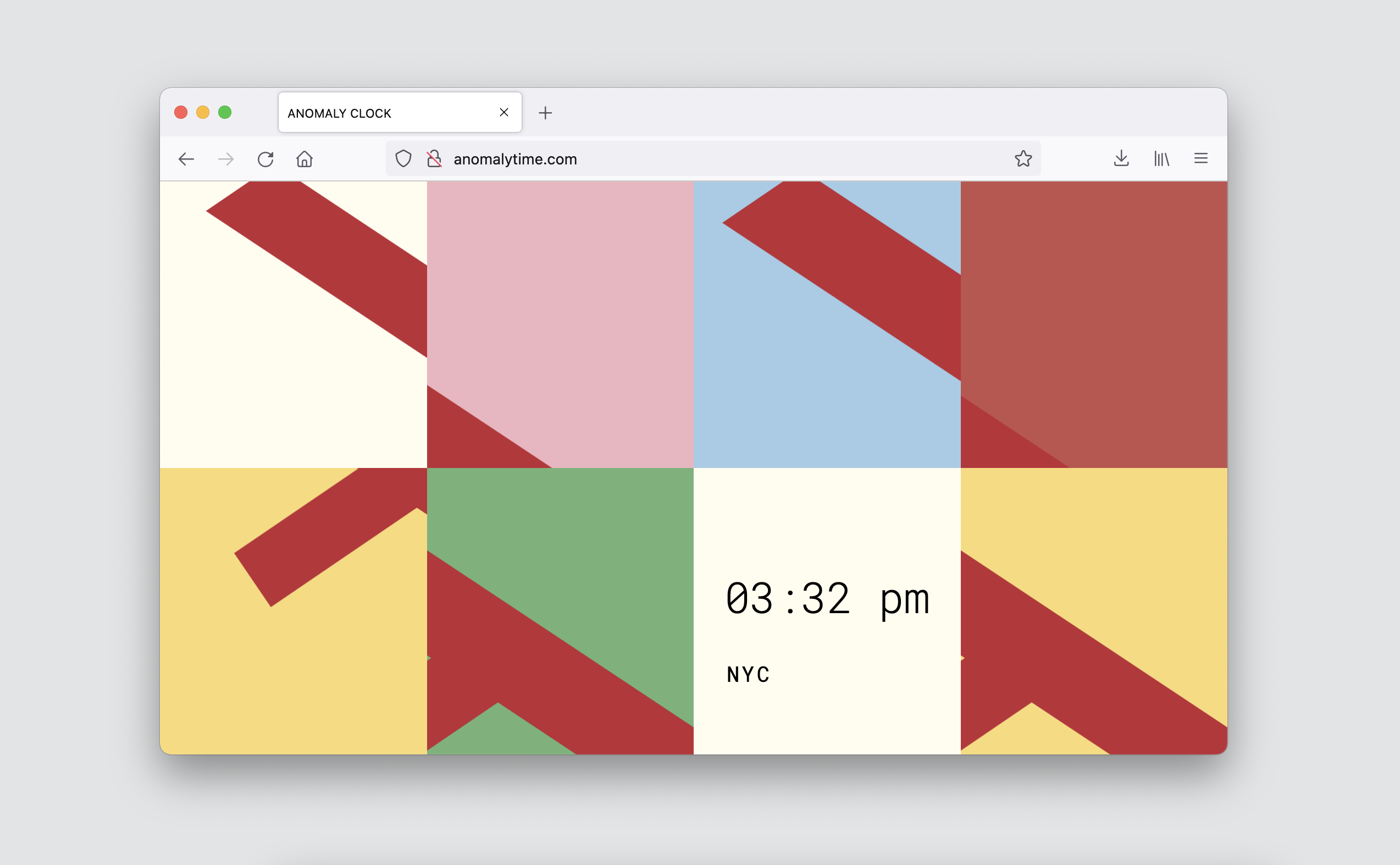
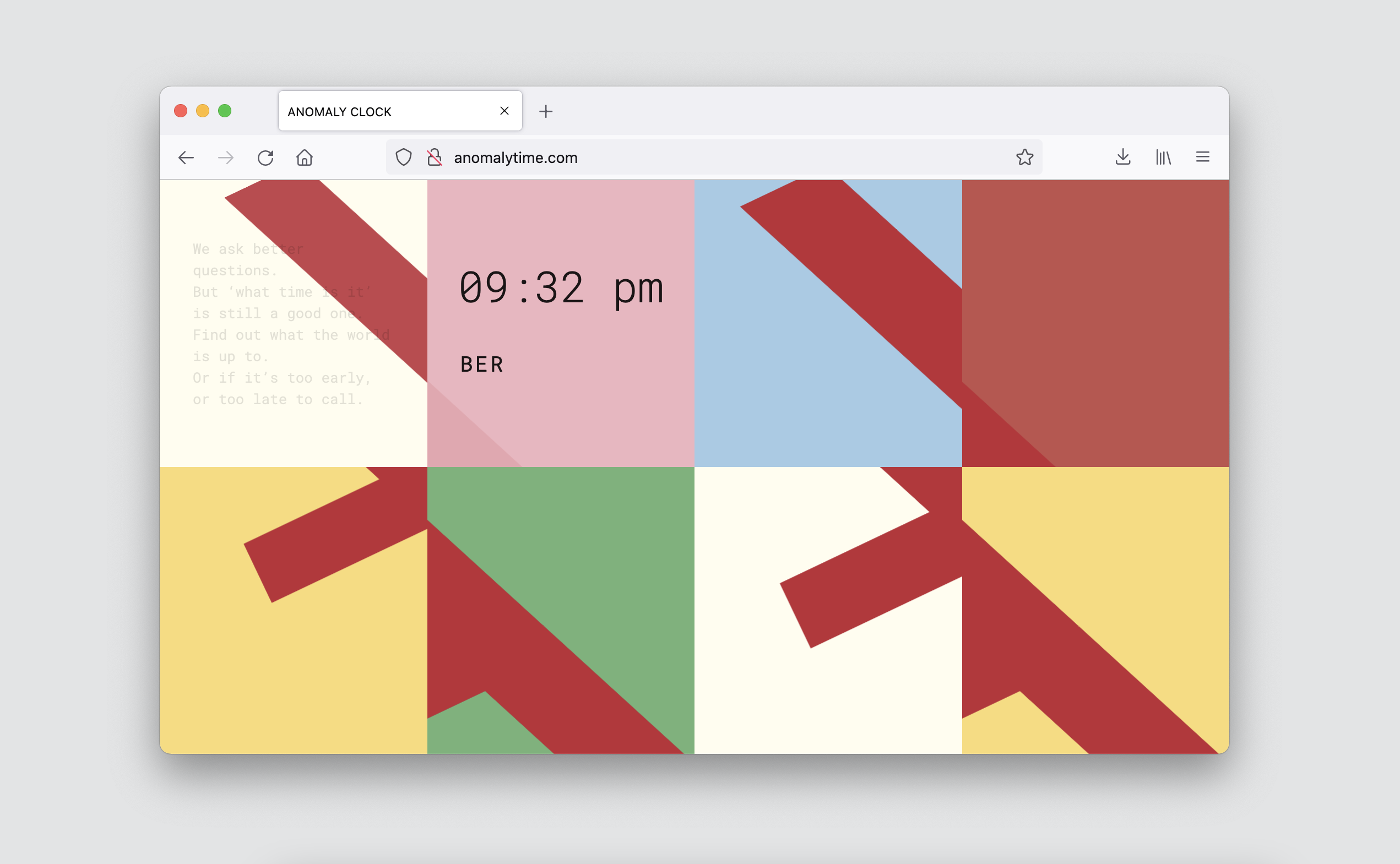



















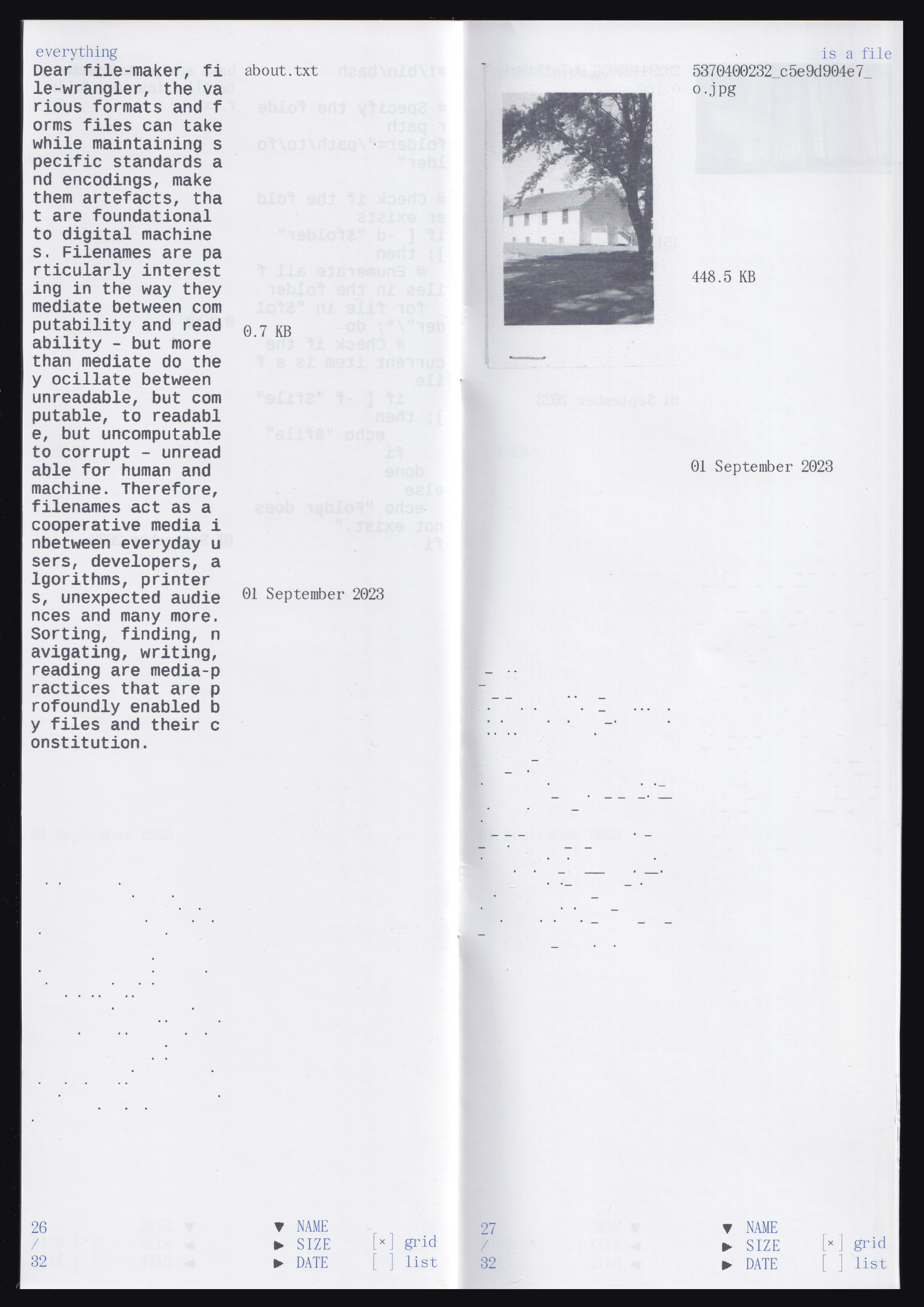
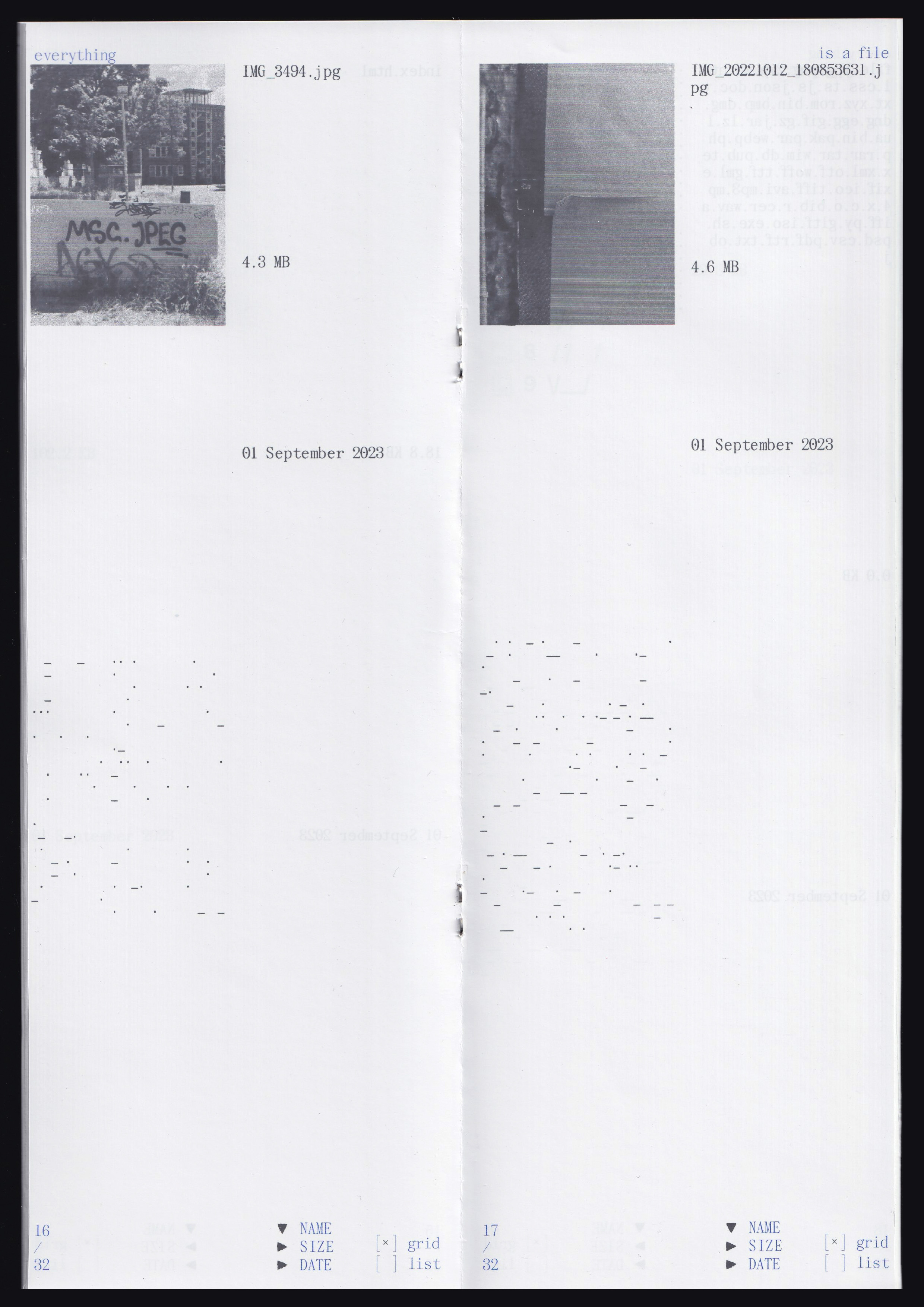
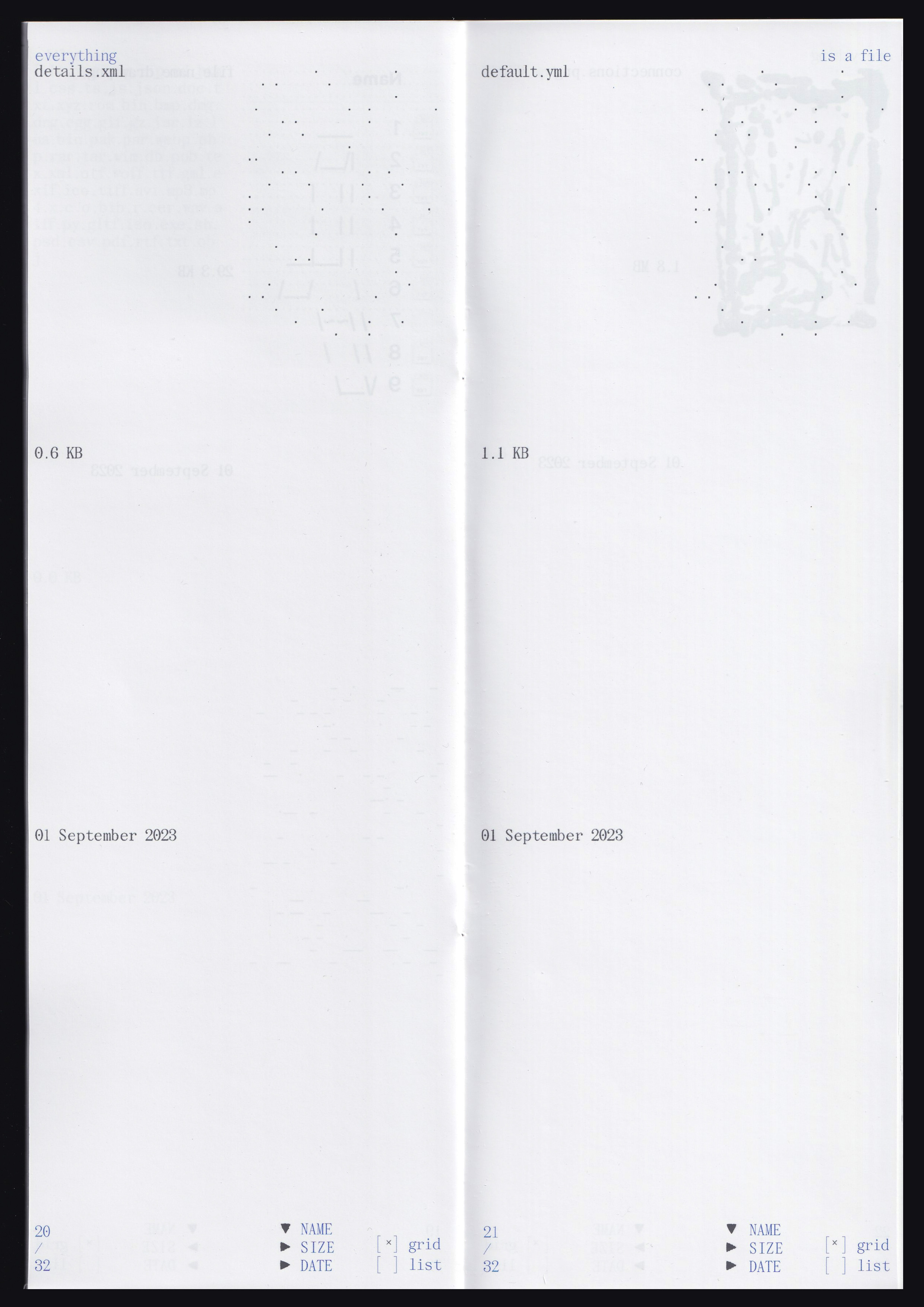
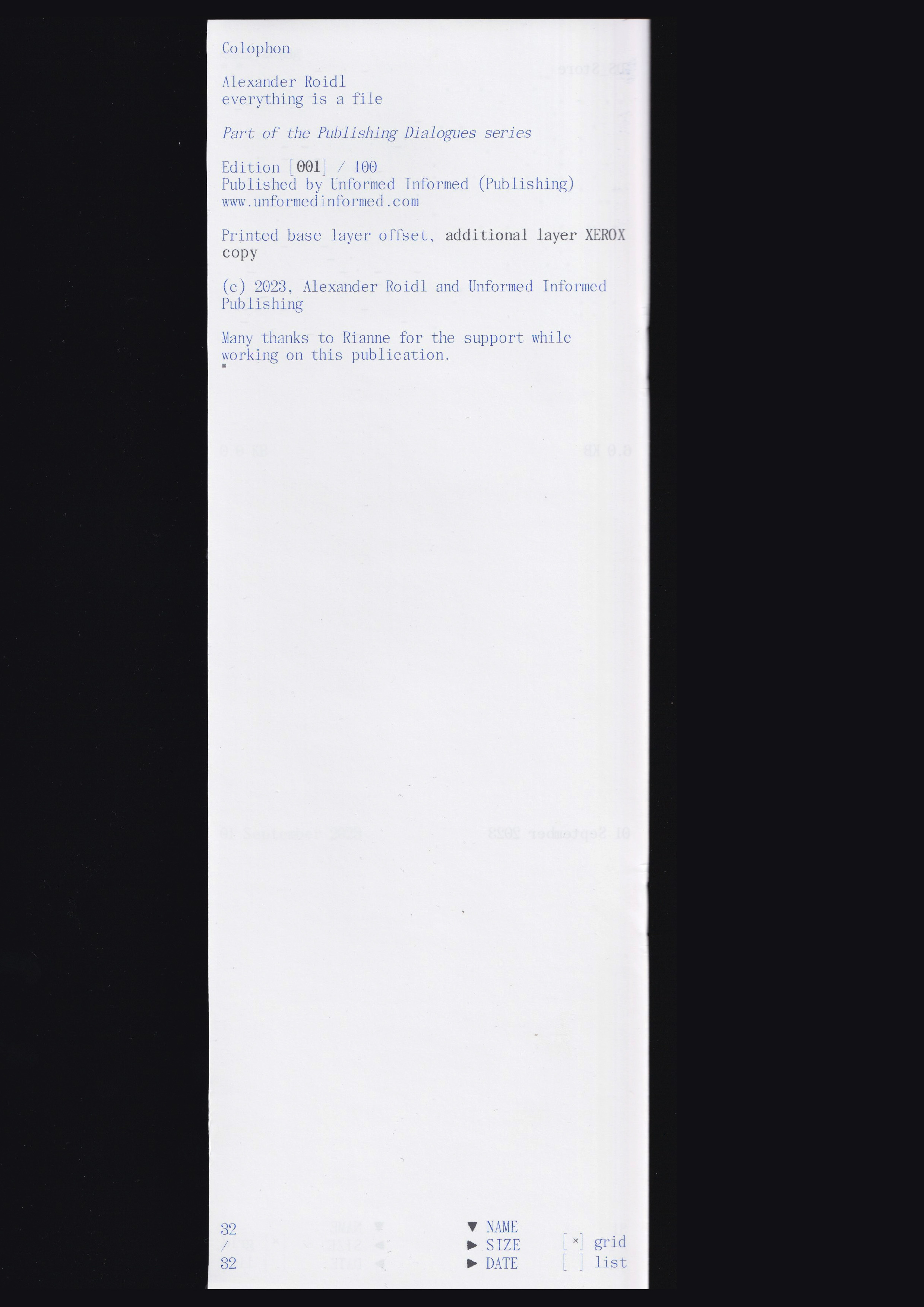
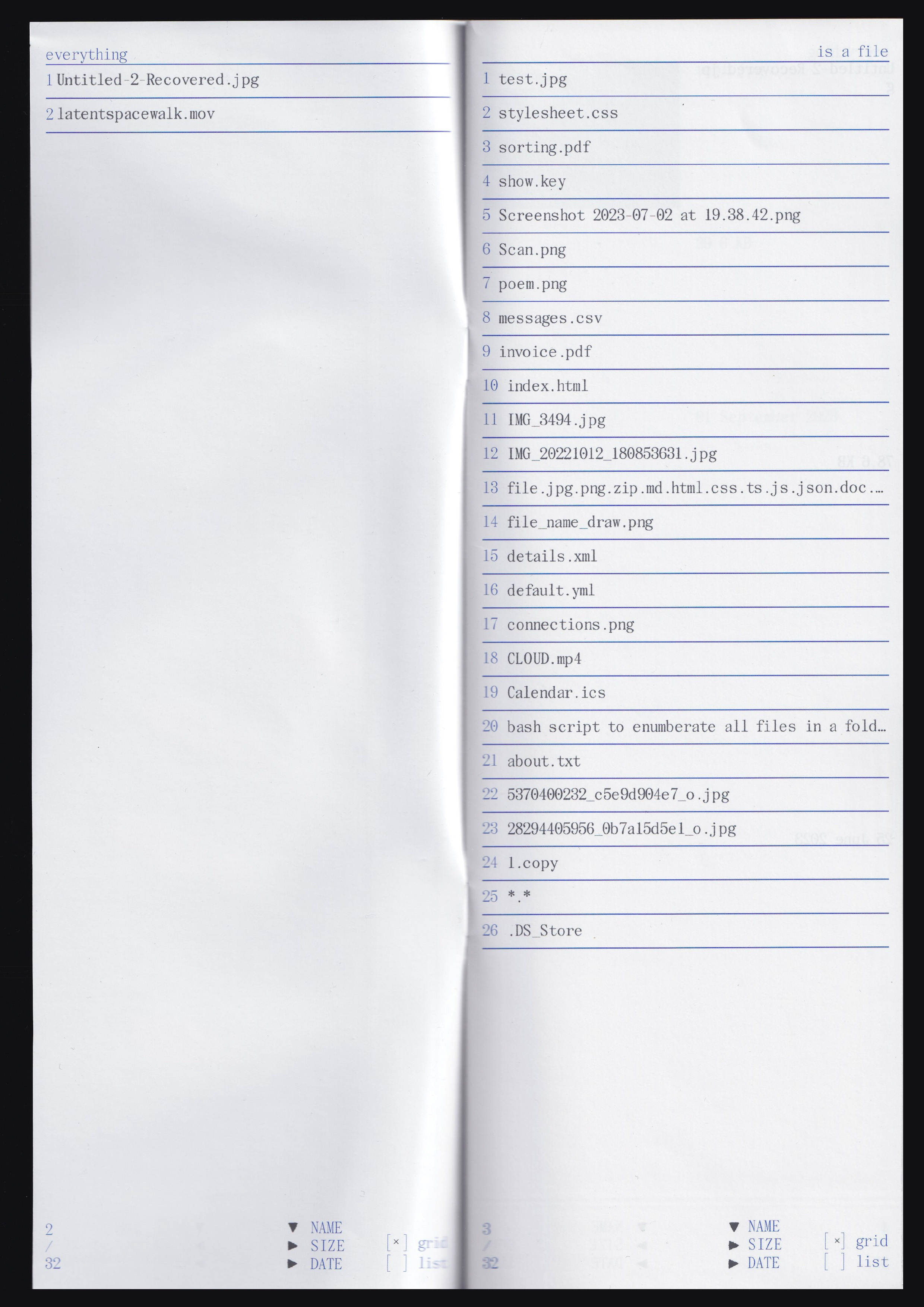

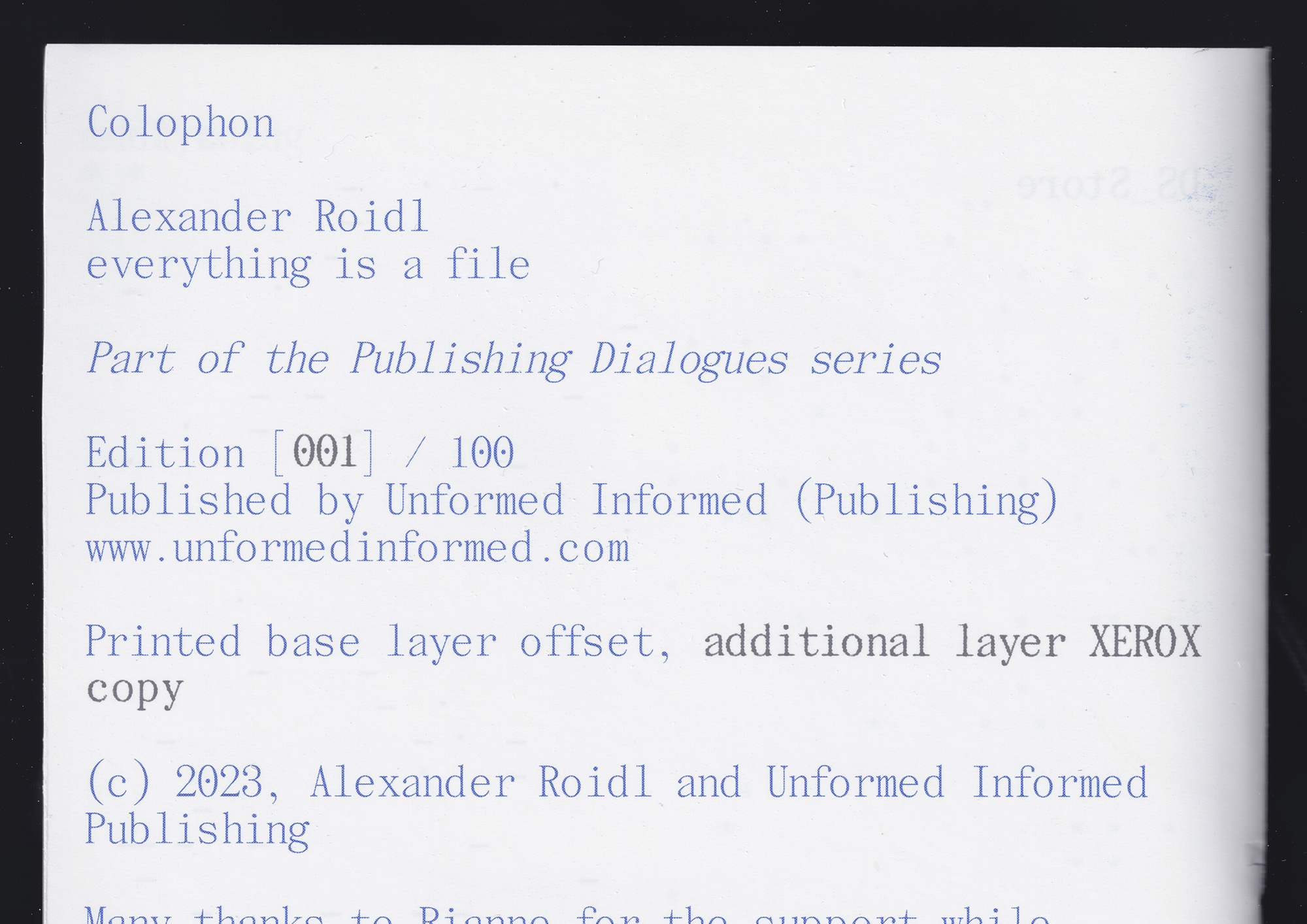
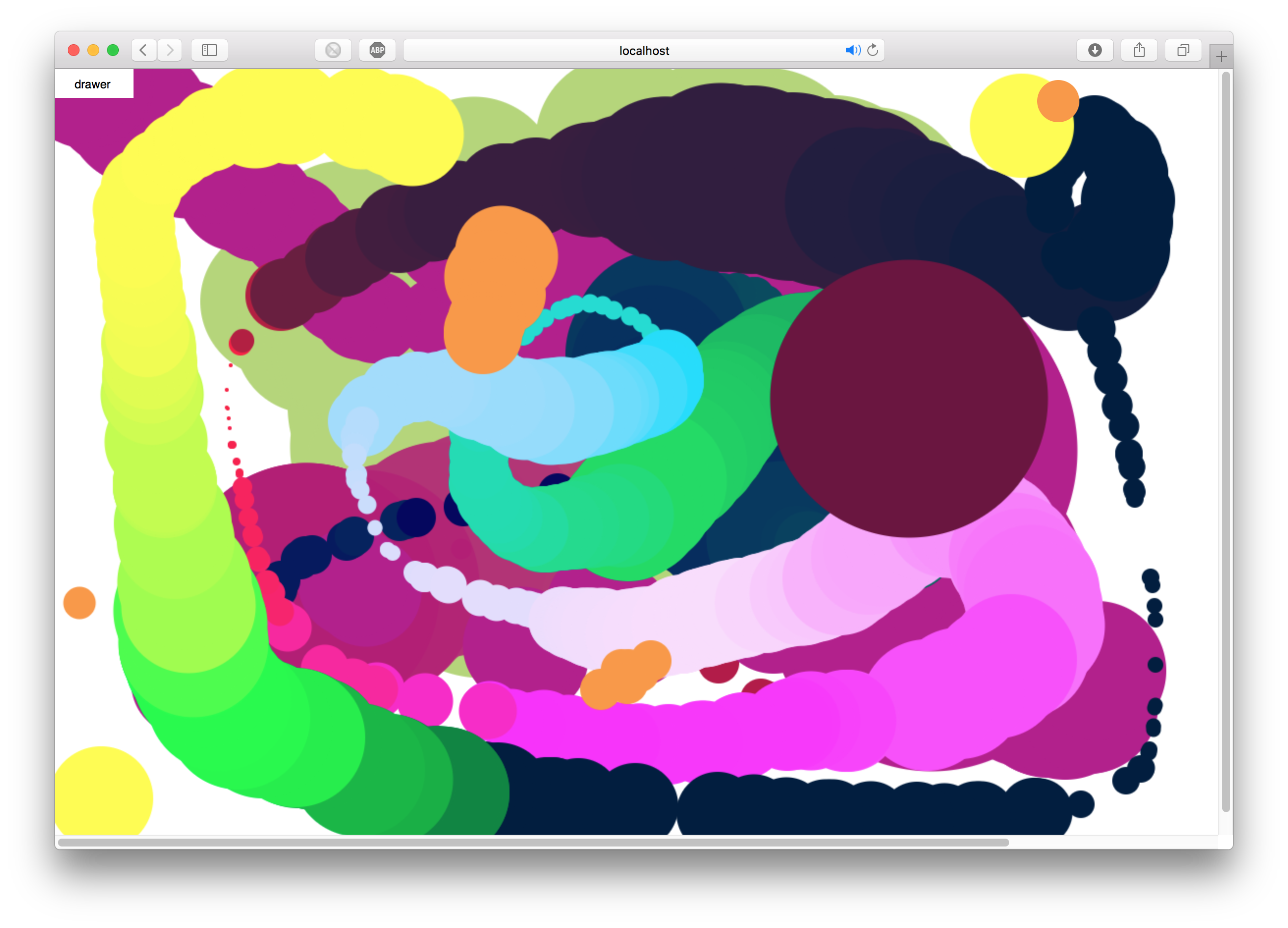
.gif)
